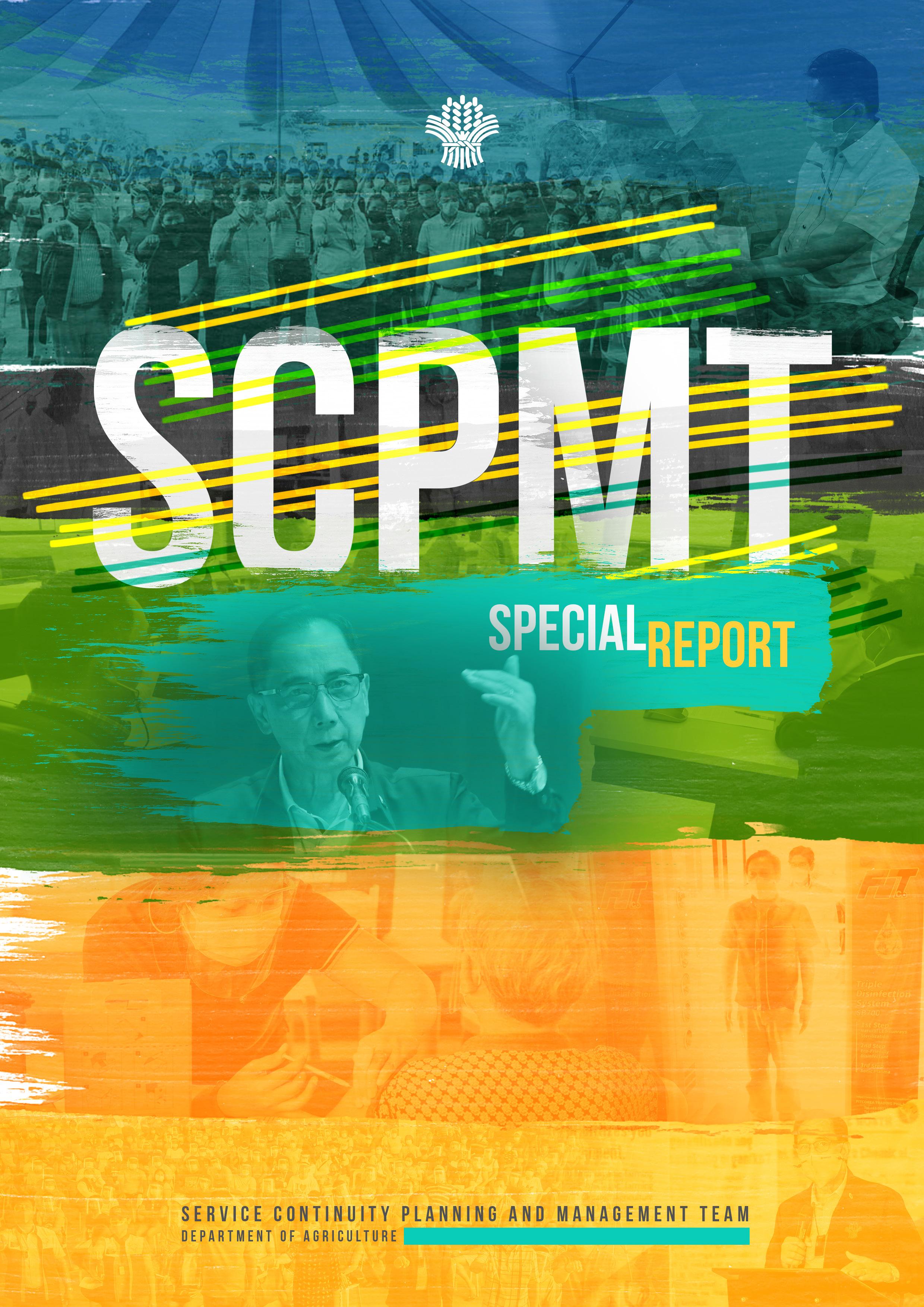
The Department of Agriculture in the time of Covid-19 pandemic
A Special Report on Covid-19 Response Interventions and Service Continuity at the DA

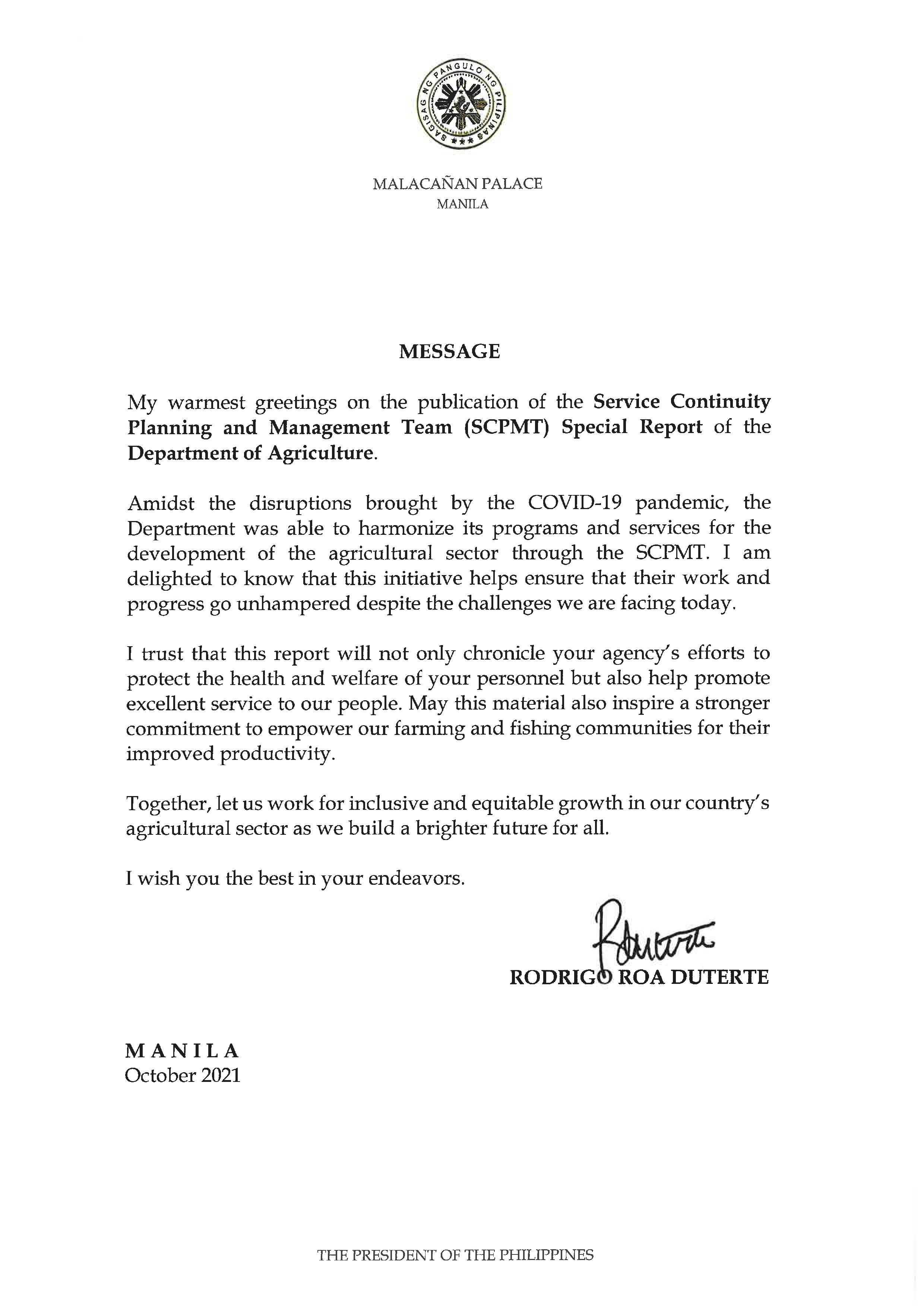
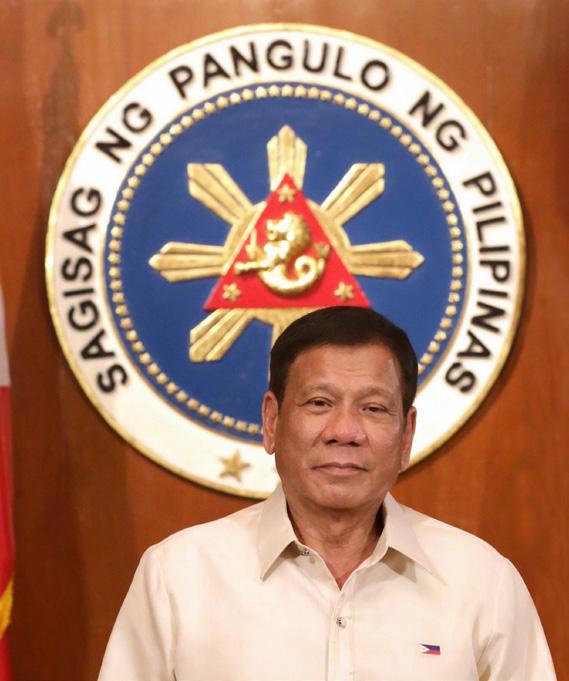
The Department of Agriculture Service Continuity Planning and Management Team (DA-SCPMT), which had its genesis from the pandemic, carried the plight of mobilizing all offices under the agency to deliver efficient and quality service despite the unconventional circumstances caused by COVID-19.
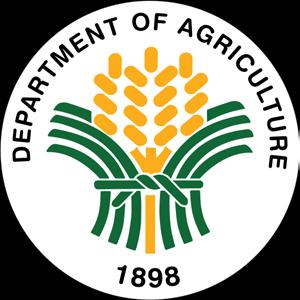
The SCPMT performed the hands-on tasks of formulating guidelines, work arrangements enhancing service continuity, skeleton workforces, vital issuances, operations, and manning hotline and frontline services in the Department nationwide during this crisis.
Our men and women are not invincible to the disease which claimed lives around the world. Some have fallen, and there are still those fighting for their lives.
The Department, nevertheless, endured and went beyond its boundaries. This endeavor of ensuring food security involves stories of sacrifice and leadership. As President Rodrigo Roa Duterte directed that service must continue and follow the whole-of-nation approach where no one gets left behind. Chronicling this journey recognizes the toil and spirit of selflessness driving our workforce guided by the Duterte administration’s goal of “ensuring an inclusive and seamless response to the current challenges facing the nation.”
This report captures the formation of SCPMT, Implementation of Service Continuity Guidelines, Initiatives on Information and Education on the Covid-19 Virus, the Protocols and Measures on Environmental Hygiene, and each agency’s best practices against the disease.
We believe this effort highlights the ability of each regional field office, attached agency, corporation, and bureau at the local level, and their unified strength under a national cause.

To the persevering pillars of the SCPMT and its commendable members all over the Philippines, I am very grateful and hopeful of your performance consistency (both physical and financial). As the country strives to recover from the losses brought by lockdowns and curtailed economic activities, it boosts the Department that we have a committed body pursuing the goal of adequate agricultural resources for the Filipinos.
Maraming salamat at nawa’y magsilbing inspirasyon ang ating mga hinarap na pagsubok upang lalong pag butihin ang ating tungkulin. Mabuhay tayong lahat!
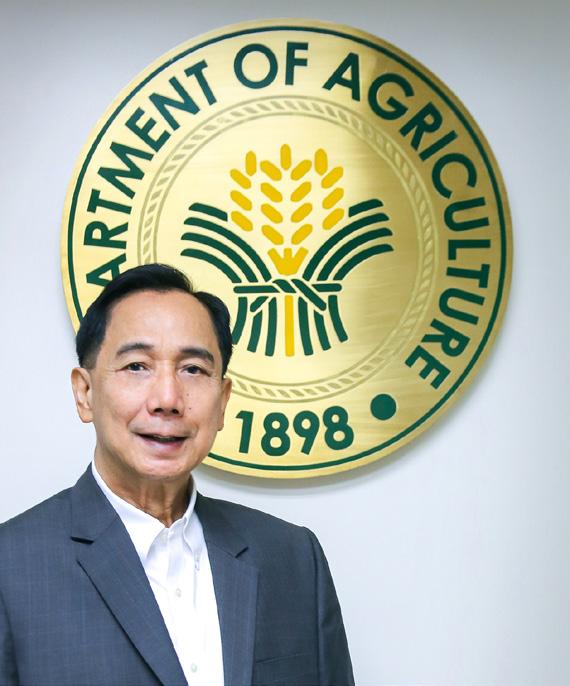
MESSAGE
WILLIAM D. DAR, Ph.D.
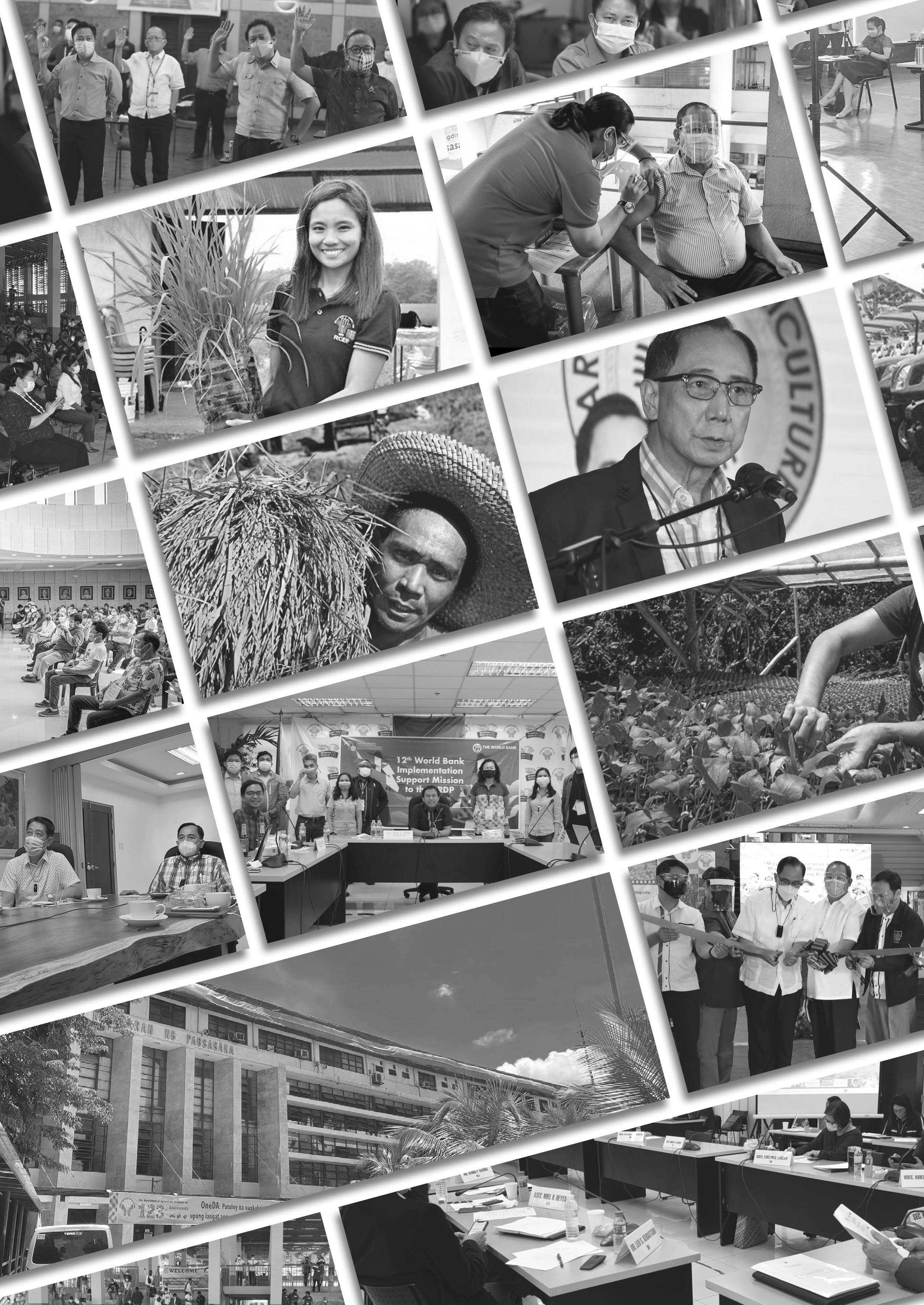
Department of Agriculture

SERVICE CONTINUITY PLANNING AND MANAGEMENT TEAM
SPECIAL REPORT
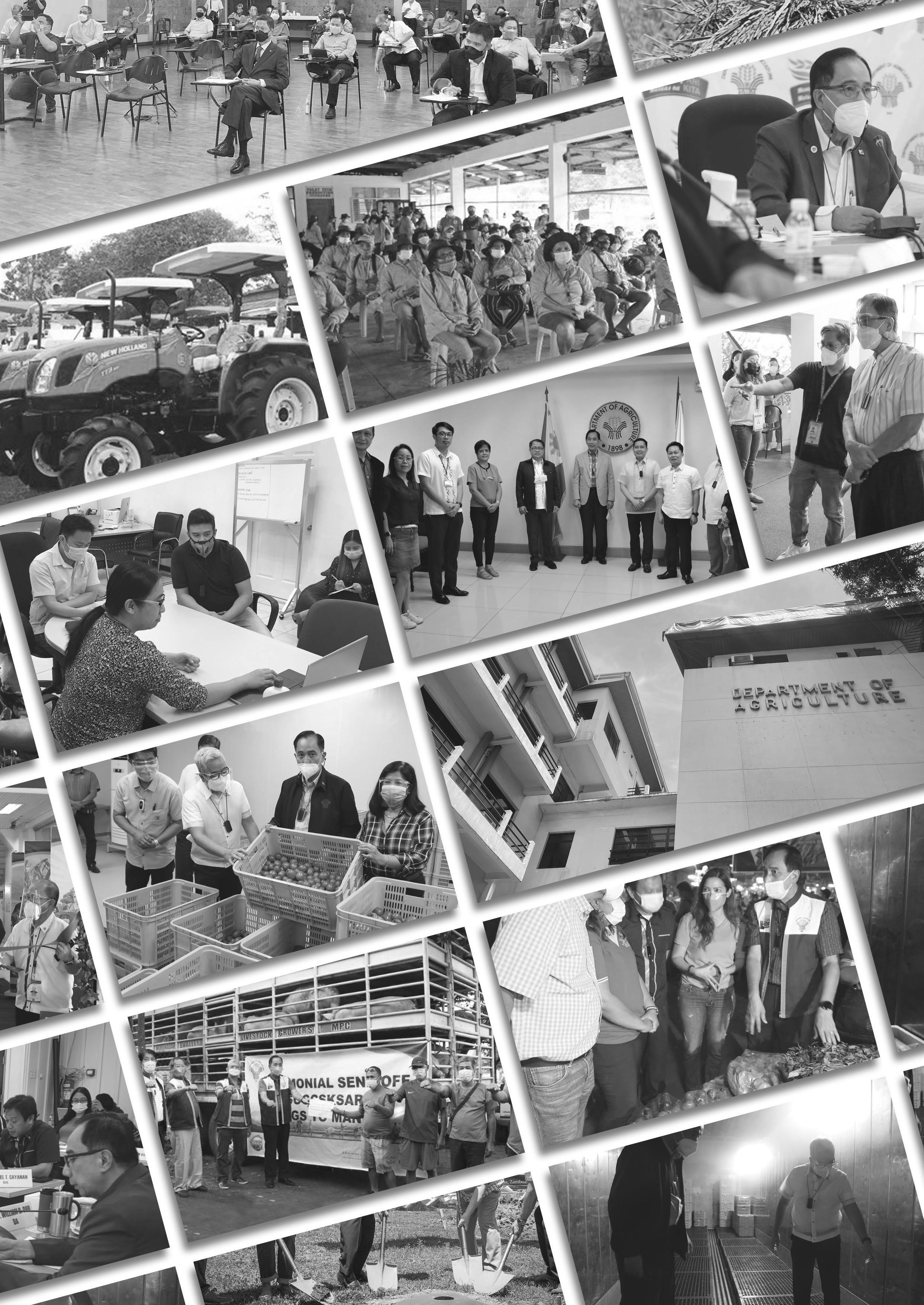
The Details of Approaches to Service Continuity
General Guidelines on Service Continuity Experiences of DA Relative to Service Continuity during the Pandemic Guidelines on Health and Safety in the Workplace
Making Alternative Work Arrangements (AWAs)
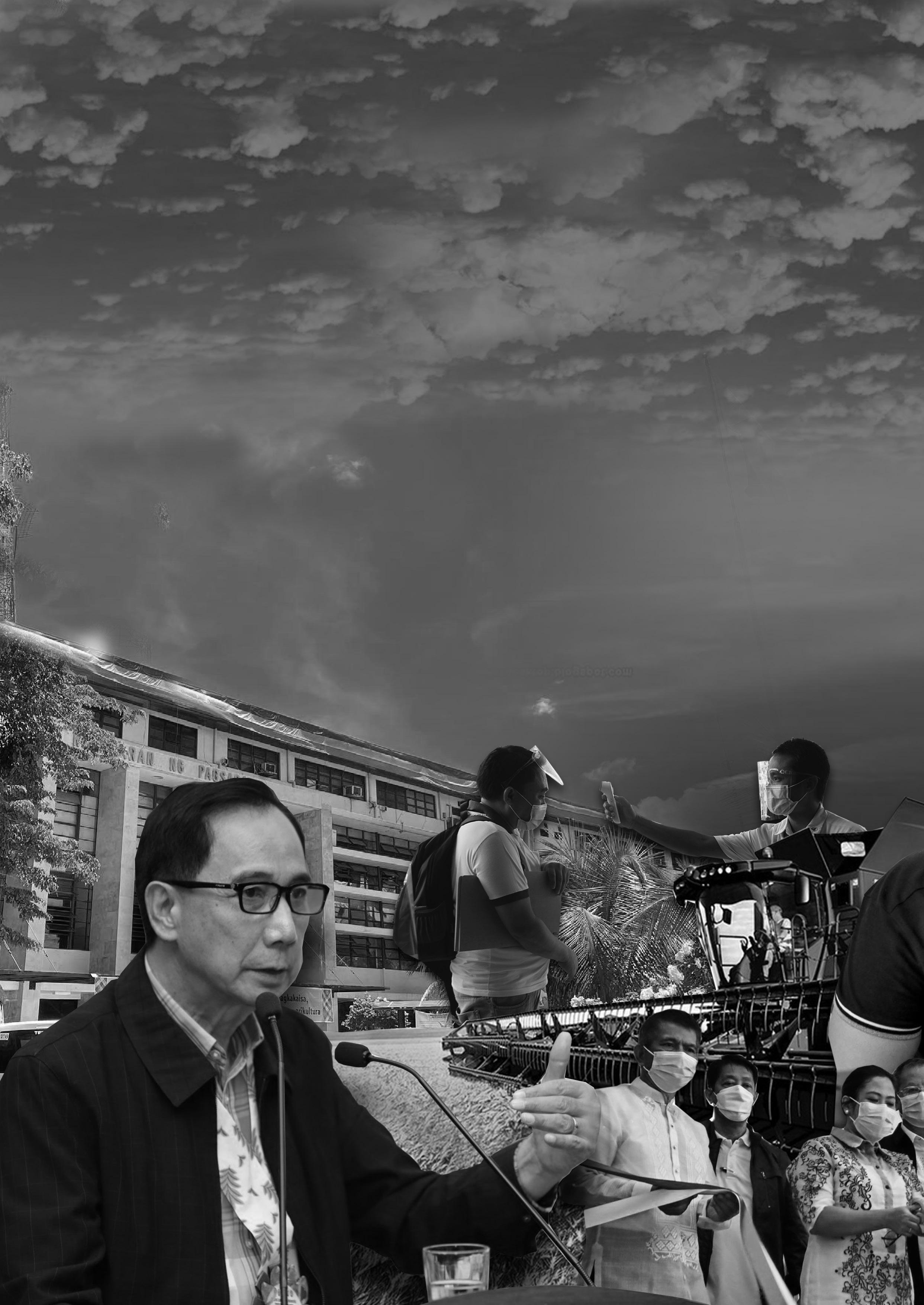
Determination of Appropriate Alternative Work Arrangements Measures and Experiences
Facilitating and Support
Interventions to Operationalize
Specific Notable Facilitating and/or Support Interventions to Operationalize AWAs for Service Continuity
Implementation of Health and Safety Protocols as Precautionary Measures to Reduce Risk of Covid-19 Infection Health and Safety Protocols Affirmed in Administrative Issuances
Mechanisms for Assisting Covid-19 Patients and Close Contacts, Contact Tracing, Monitoring and Documentation
Mobilization of Other Logistical and Material Support for Protocol Observance
Details on Logistical, Material and Related Support from DA Offices
Provision of Health, Hygiene and/or Safety Items and Engineering and Additional Administrative Controls
Basic Entry Protocols
Social Distancing Related Protocols and Measures
Handling of Covid-19 Cases Mechanisms and Measures
54 74
Protocols
Best
1 Preface 2 7 8 13 17 20 21 22 28 29 30 36 42 43 46 58 60 65 67 71 23 Introduction
TABLE OF CONTENTS 3 18 32
The Service Continuity Planning and Management Team Implementation of Service Continuity Guidelines Information and Education on the Covid-19 Virus, Disease and Pandemic
and Measures on Environmental Hygiene
Practices
Management of Covid-19 Cases Coordination with Other Government Agencies and Local Government Units Work Arrangements for Service Continuity
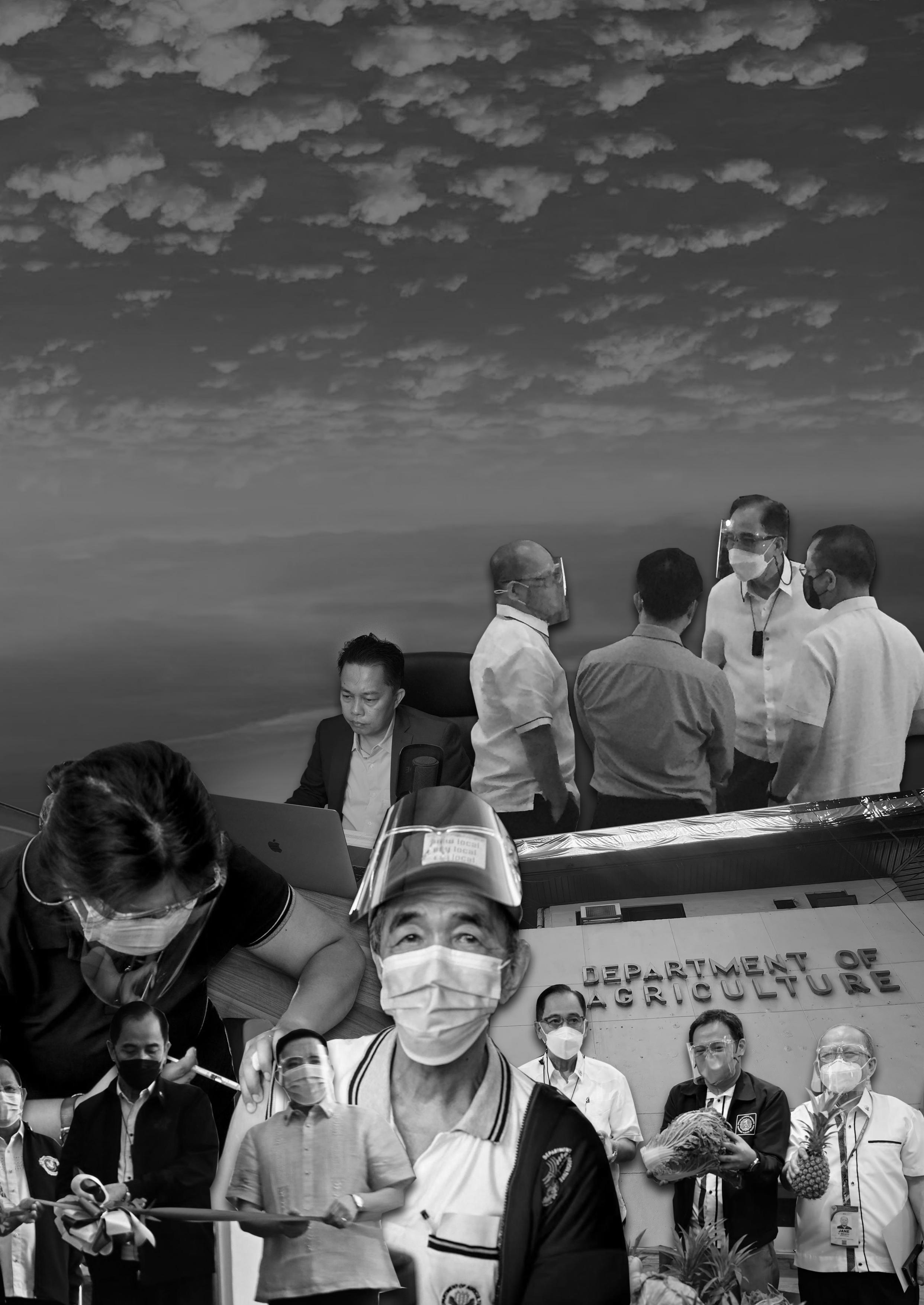
83 95 98 79 136 145 Updates on Covid-19 Cases A Glimpse of Grit and Governance Summary SCPMT Interventions and Issuances Appendix Health and Safety Officers Directory 80 81 143 Service Continuity and Quick Response Info System (SCQRIS) SMS-Based Task Force Food Helpline Job Satisfaction and Mental Health in the Workplace Amidst the New Normal
PREFACE

From the standpoint of service administration, the Covid-19 pandemic is decidedly the most pervasive challenge the Department of Agriculture (DA) has had to confront.

As frontliners, we take full credit to the outstanding leadership of Secretary William D. Dar when he swiftly decided to form the Service Continuity Planning and Management Team (SCPMT) even at the very onset of this pandemic.
Our Department launched the “Plant, Plant, Plant Program” or “Ahon Lahat, Pagkaing Sapat (ALPAS) Laban sa Covid-19” program to benefit farmers, fishers and consumers. In ALPAS, DA used the “Whole of Nation” approach as a guide to sustaining the country’s food adequacy level and that, such action cannot be implemented in a lackadaisical manner.
The unflinching proof of budget utilization breaching 91.85% for CY 2020 gives a fresh impetus to SCPMT and the entire DA family to conduct public service still on the ideals of excellence in the middle of the period defined by challenges and uncertainty.
The Office of the Undersecretary for Administration and Finance and SCPMT Chair compiled and consolidated these experiences and best practices from the various response interventions contained in the Service Continuity Reports (“SC Reports” for brevity) covering March 2020 – May 4, 2021, in compliance with the Chair’s February 17, 2021, Memorandum re: Submission of Reports on Service Continuity in the Context of the Covid-19 Pandemic.
In this whole journey, our SCPMT continuously checks our public service champions, even going the extra mile. We conducted Surveys on Job Satisfaction and Mental Health in the Workplace Amid the New Normal. The articulation of the personnel’s thoughts on the kind of working environment from more than a thousand participants reflects the service quality they rendered to the Department.
ROLDAN G. GORGONIO Undersecretary for Administration and Finance
1
INT ROD UCT ION
Immediately following a report on the first local transmission of Covid-19, President Rodrigo R. Duterte, on March 8, 2020, issued Proclamation No. 922 declaring a state of public health emergency throughout the Philippines due to Covid-19. The proclamation urged all government agencies and local government units (LGUs) “to render full assistance and cooperation and mobilize necessary resources to undertake critical, urgent, and appropriate response and measures in a timely manner to curtail and eliminate the Covid-19 threat.” On the global stage, the World Health Organization (WHO), on March 11, 2020, characterized Covid-19 as a pandemic.1

On March 16, 2020, as Covid-19 cases in the country continued to rise, the President issued Proclamation No. 929, placing the whole Philippines under a State of Calamity for six (6) months from March 16, 2020.
By this instrument, he also imposed an Enhanced Community Quarantine (ECQ) throughout the island of Luzon2. He repeated the directive on all agencies and LGUs relative to undertaking critical, urgent, and appropriate responses and measures to curtail and eliminate the Covid-19 threat. The state of calamity declaration afforded the national government and LGUs ample latitude to utilize appropriated funds, including the Quick Response Fund, in their disaster preparedness and response efforts to contain the spread of Covid-19 and to continue essential services to the affected population.3 Proclamation No. 1021, extended the period of State of Calamity for one (1) year (effective from September 13, 2020, to September 12, 2021). In the meantime, issued were a series of Presidential directives imposing one or another level of community quarantine upon different geographic areas in the country4, the assignment of quarantine classifications serving as one of the national government’s overarching measures to combat the spread of Covid-19.
1-WHO Director-General’s opening remarks at the media briefing on Covid-19 - 11 March 2020; 2-To take effect from 12:00 a.m. of 17 March 2020 to 12:00 a.m. of 13 April 2020, unless earlier lifted or extended as the circumstances may warrant; 3-6th Prefatory Clause, Proclamation No. 929; 4-The
2
strictness of the community quarantine imposed depends on the extent of corona virus infection, speed of transmission of the virus, and/or overall results Covid-19-related risk assessment in a given area;
SERVICE CONTINUITY PLANNING AND MANAGEMENT TEAM

Against this backdrop, the challenge for the DA was clear: service has to continue amidst the Covid-19 pandemic and, in a sense, primarily because of the continuing and increased need for DA interventions relating to food production; availability and accessibility; and affordability – all matters that were rendered more complicated by community quarantine-related restrictions.
DA personnel, therefore, should be able to perform their functions well and sustainably to ensure service continuity. As a critical strategy, their health, safety, and overall well-being should be considered seriously. It is critical for those reporting on-site that workspaces are kept free of pathogens, especially the dreaded Covid-19 virus. In gist, the challenge of service continuity is ensuring continuous and relevant service through a safe and healthy work complement and work environment.
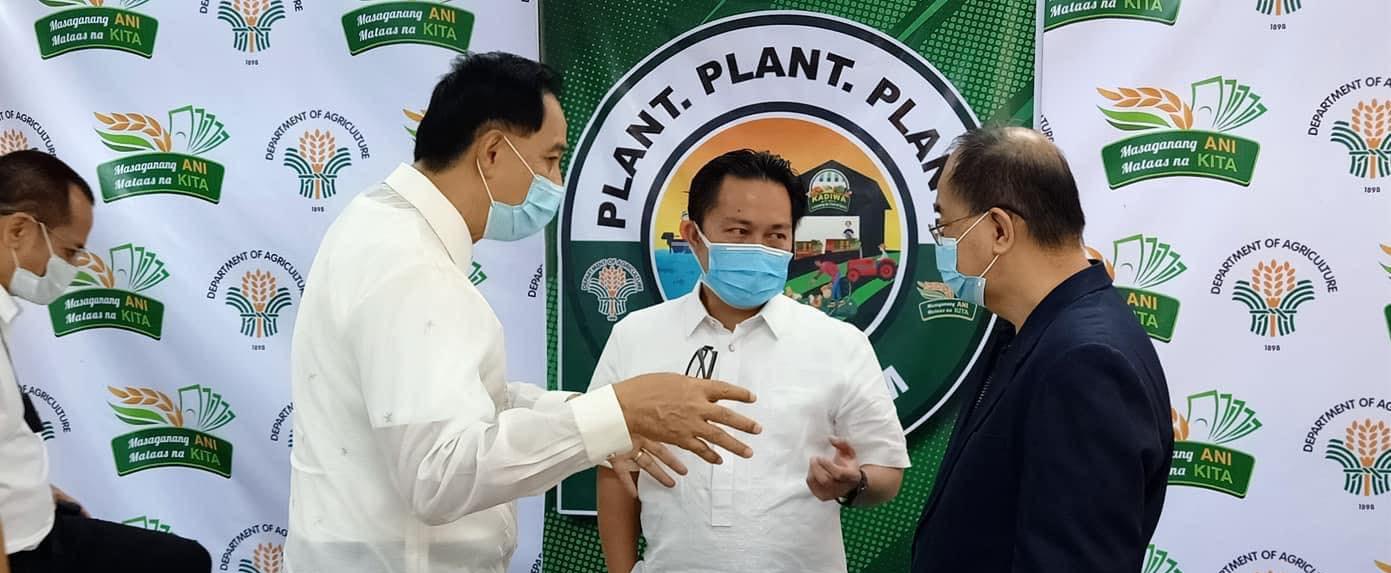
SCPMT SCPMT SCPMT SCPMT SCPMT SCPMT SCPMT SCPMT SCPMT SCPMT SCPMT SCPMT SCPMT SCPMT SCPMT SCPMT SCPMT SCPMT SCPMT SCPMT SCPMT SCPMT SCPMT SCPMT SCPMT SCPMT SCPMT SCPMT SCPMT SCPMT SCPMT SCPMT SCPMT SCPMT SCPMT SCPMT SCPMT SCPMT SCPMT SCPMT SCPMT SCPMT SCPMT SCPMT SCPMT SCPMT SCPMT SCPMT SCPMT SCPMT SCPMT SCPMT SCPMT SCPMT SCPMT SCPMT SCPMT SCPMT SCPMT SCPMT SCPMT SCPMT SCPMT SCPMT SCPMT SCPMT
3
The Service Continuity Planning and Management Team (SCPMT), formally created through Special Order (SO) No. 346, is the Department’s lead service continuity facilitator at the national level. Its functions and responsibilities, as initially defined under SO No. 346 and expanded through succeeding issuances, notably Administrative Order (AO) No. 23, S. 2020 (Adopting the Guidelines on Service Continuity: The New Normal Workforce and Workplace Management Plan of the Department of Agriculture or “Service Continuity Guidelines” for brevity issued on May 29, 2020) fall into four related general categories, namely:
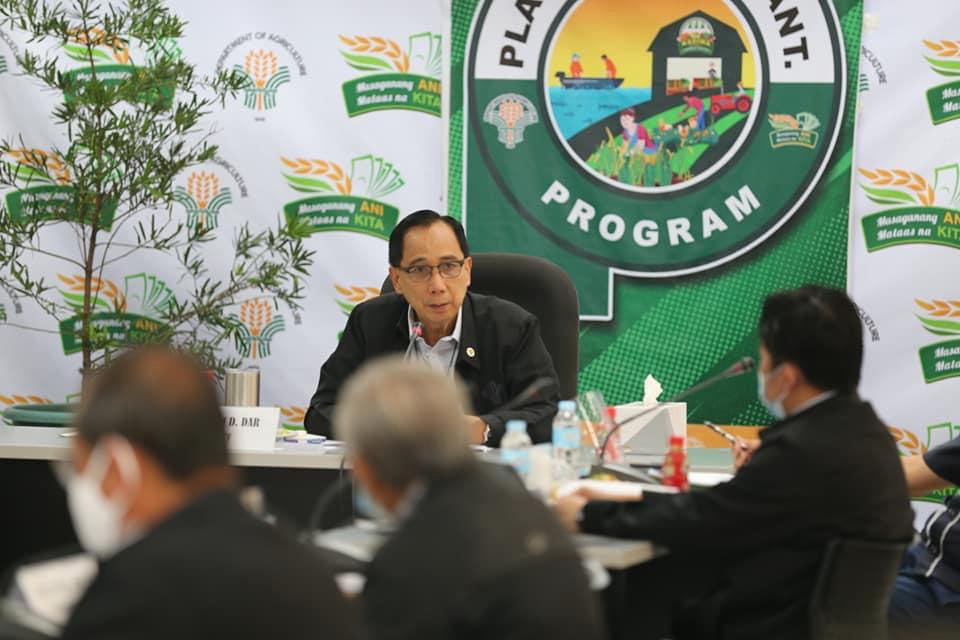
1. Providing assistance to the Secretary in defining approaches for service continuity and precautionary measures in the workplace (i.e., to minimize, if not eliminate the hazards of Covid-19);
2. Providing guidance and coordinating the implementation of adopted Service Continuity and Precautionary (Health and Safety) Measures in the Workplace;
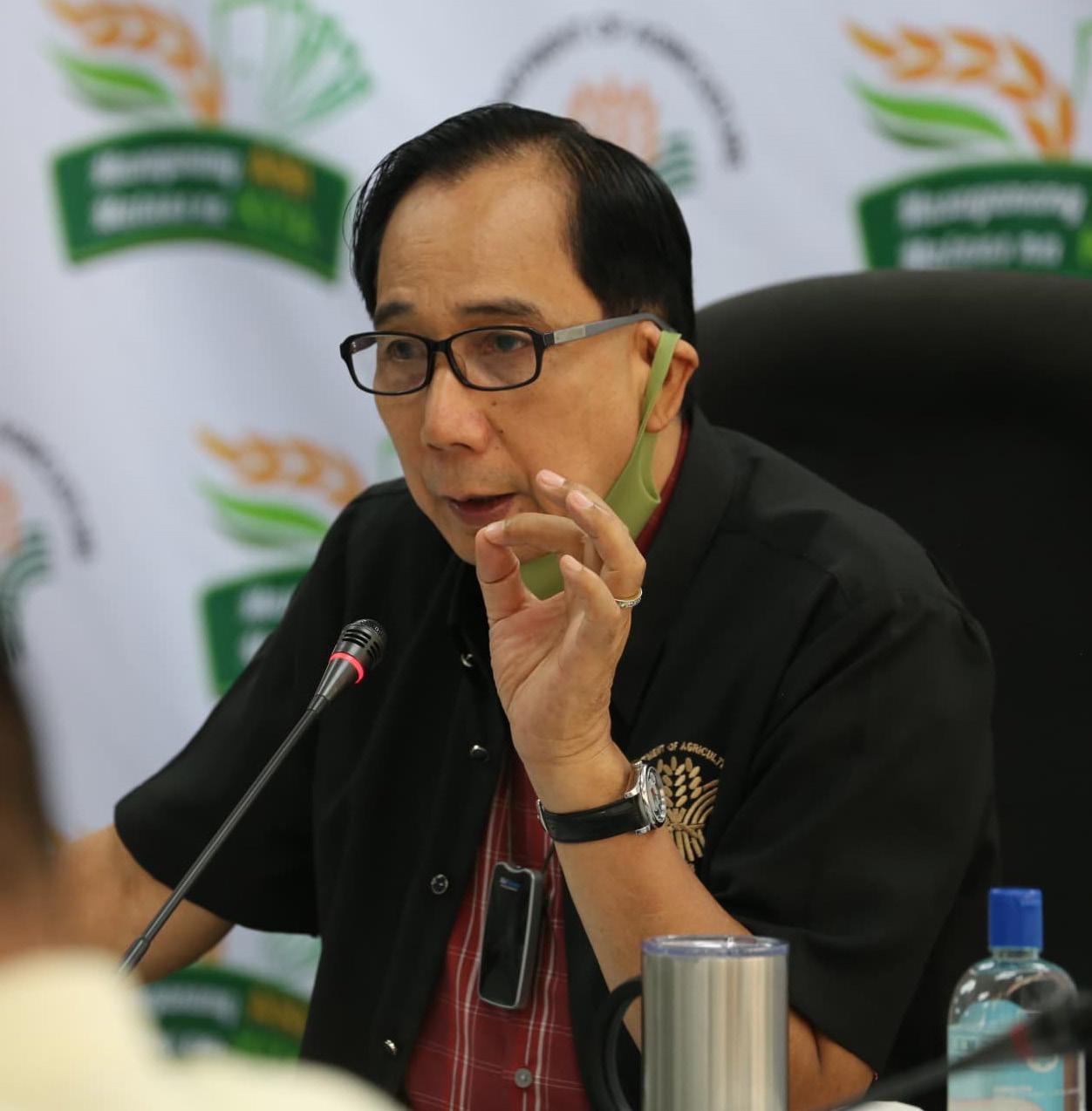
3. Facilitation of various service continuity requirements, specifically in the areas of overall service management, human resource management, process and service functions, resource management, and communications;
4. Other related functions.
SCPMT SCPMT SCPMT SCPMT SCPMT
5-“Creation of Service Continuity Planning and Management Team” Adopted March 19, 2020 4
SCPMT THE
In this relation, the DA management recognized that there could very well be service continuity issues and concerns that may be more efficiently addressed at the local (e.g., regional) level. These are due to (a) possible local Covid-19 mitigation strategies or (b) extraordinary situations that regional offices may encounter from time to time.
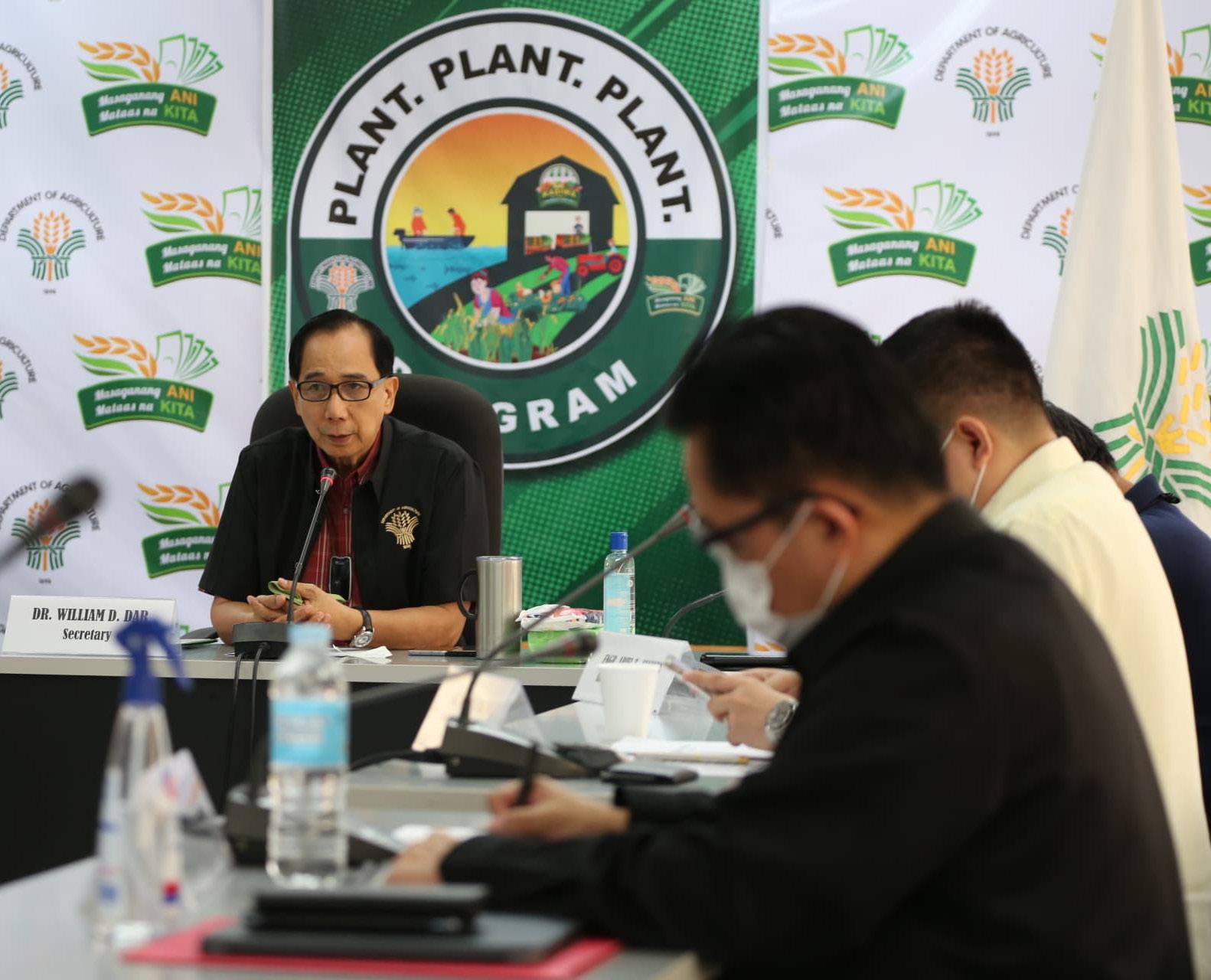
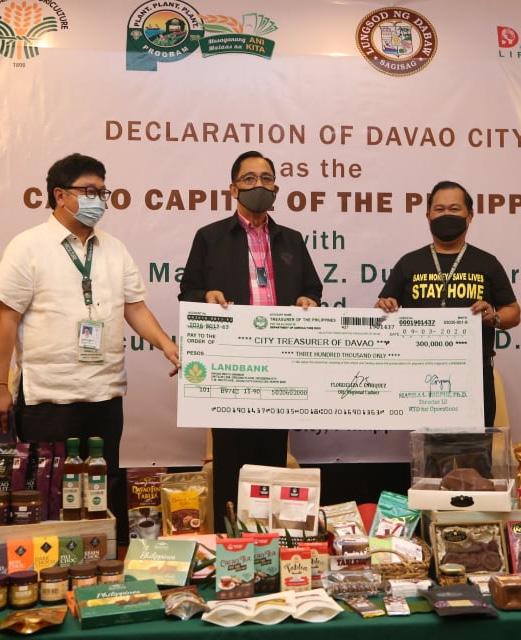
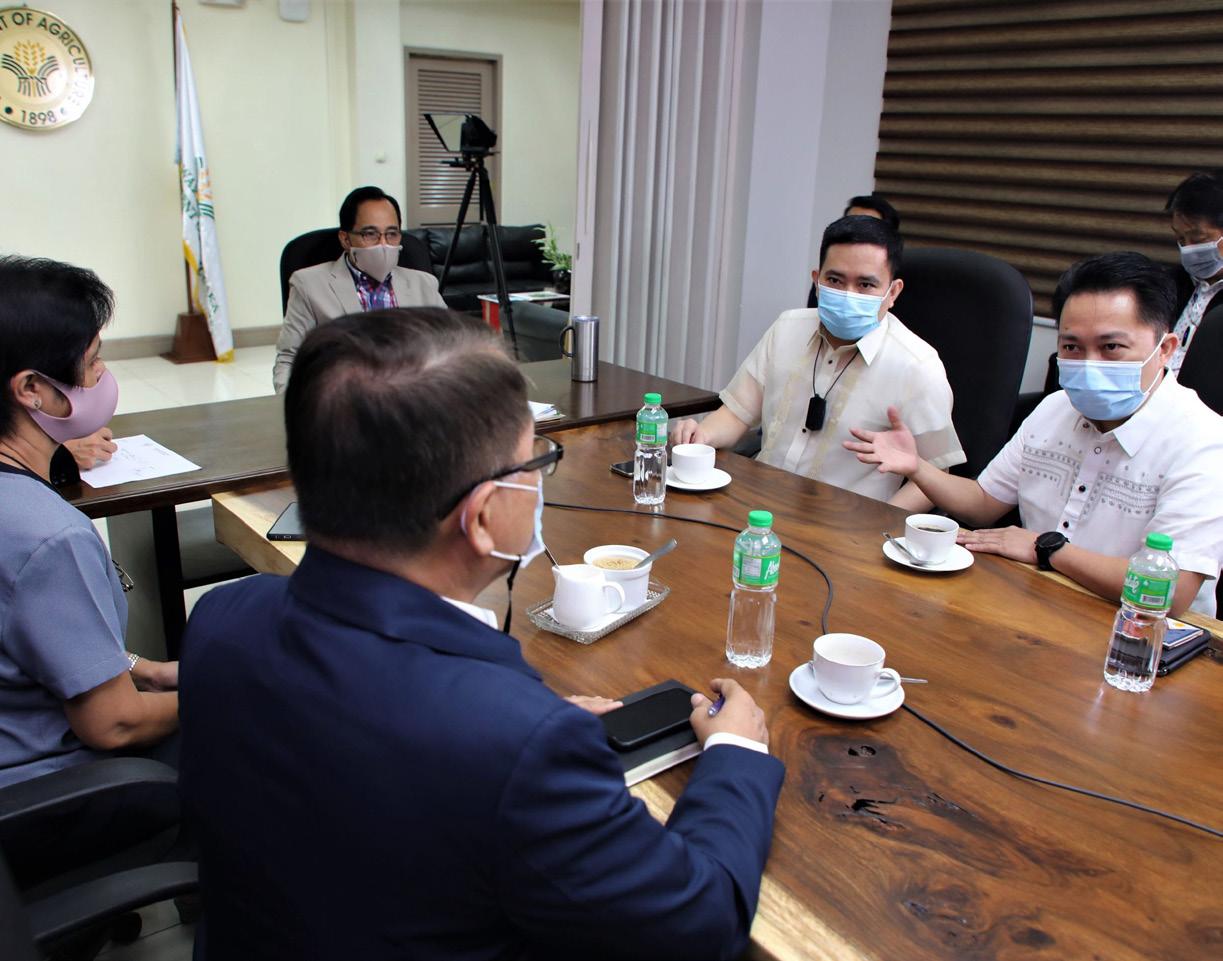
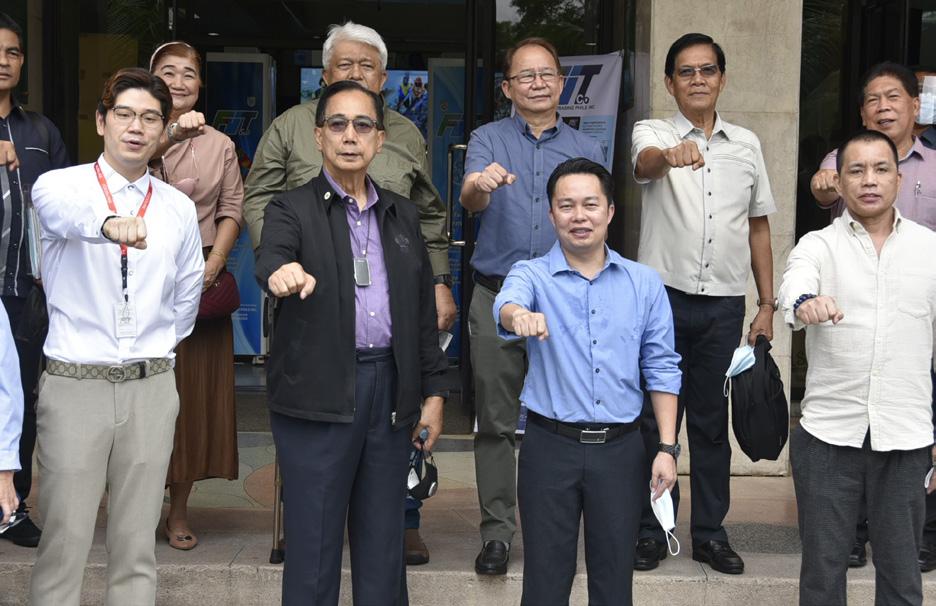
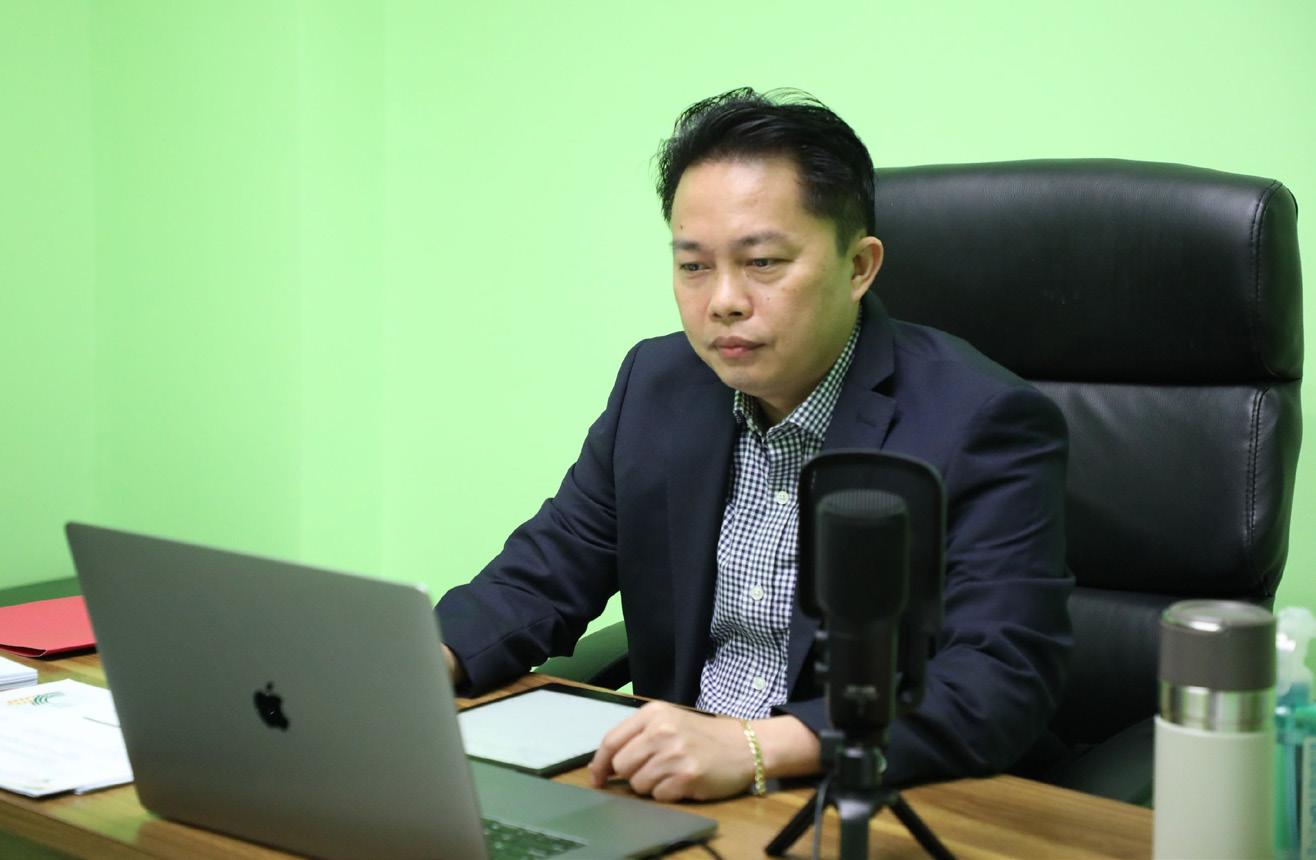 Chaired by the Undersecretary for Administration and Finance, the SCPMT actively steered the course of DA service continuity amidst the Covid-19 pandemic at the national level in pursuance of its mandate.
Chaired by the Undersecretary for Administration and Finance, the SCPMT actively steered the course of DA service continuity amidst the Covid-19 pandemic at the national level in pursuance of its mandate.
SERVICE CONTINUITY AMID COVID-19 PANDEMIC
Accordingly, the management directed the RFOs to form their respective SCPMTs (e.g., “SCPMT-RFO X”), as the necessity of the service would see it fit. The localized SCPMTs are guided by the same principles, strategies, mechanisms, or approaches on service continuity, including adopting precautionary or preventive measures in the workplace, as authorized by management (see Item 12 of AO No. 08 S. 20206).
In addition, under the Service Continuity Guidelines adopted through AO No. 23, s. 20207, Bureaus, RFOs, and attached Agencies and Corporations were directed to issue their respective supplementary service continuity guidelines. Provided, the same are consistent with those given by relevant government entities such as the Inter-Agency Task Force for Emerging Infectious Diseases (IATF-EID), the Department of Health (DOH), and the Civil Service Commission (CSC).
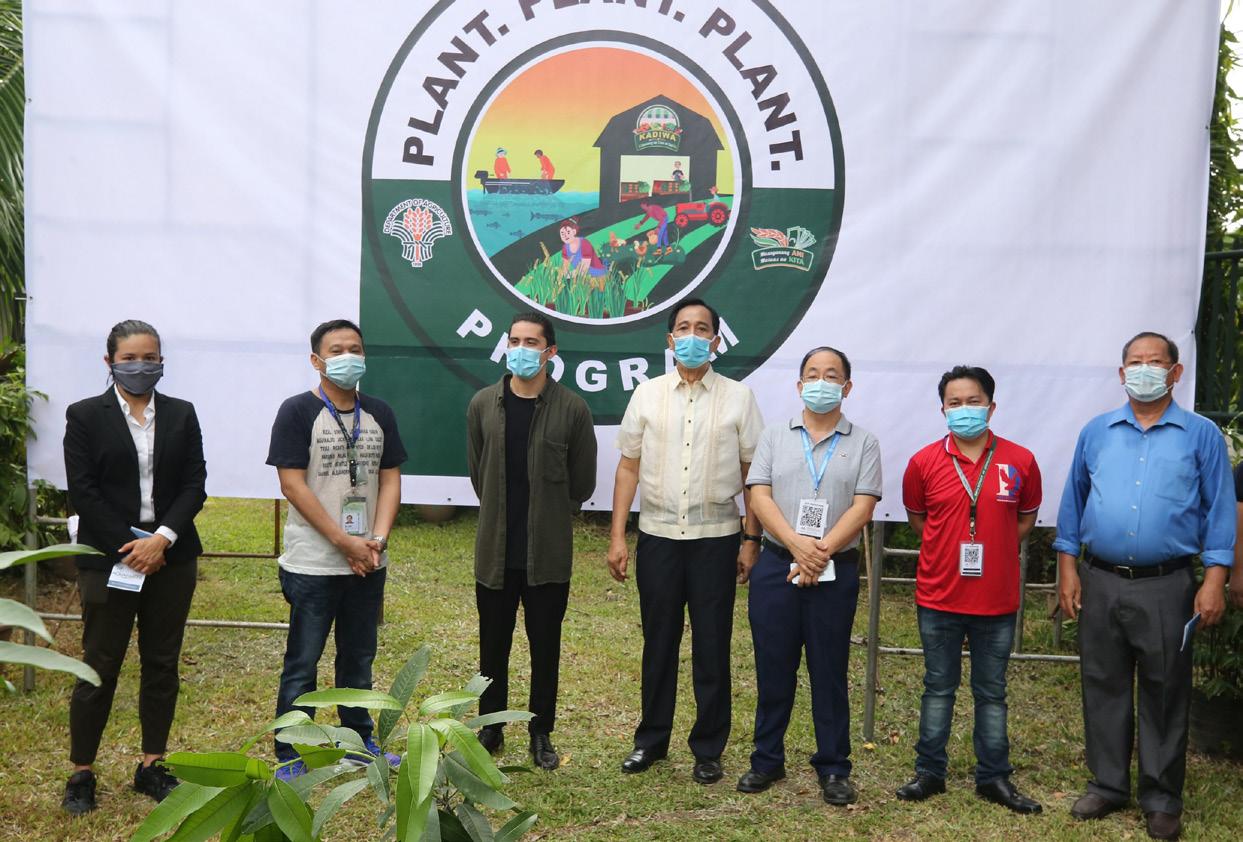

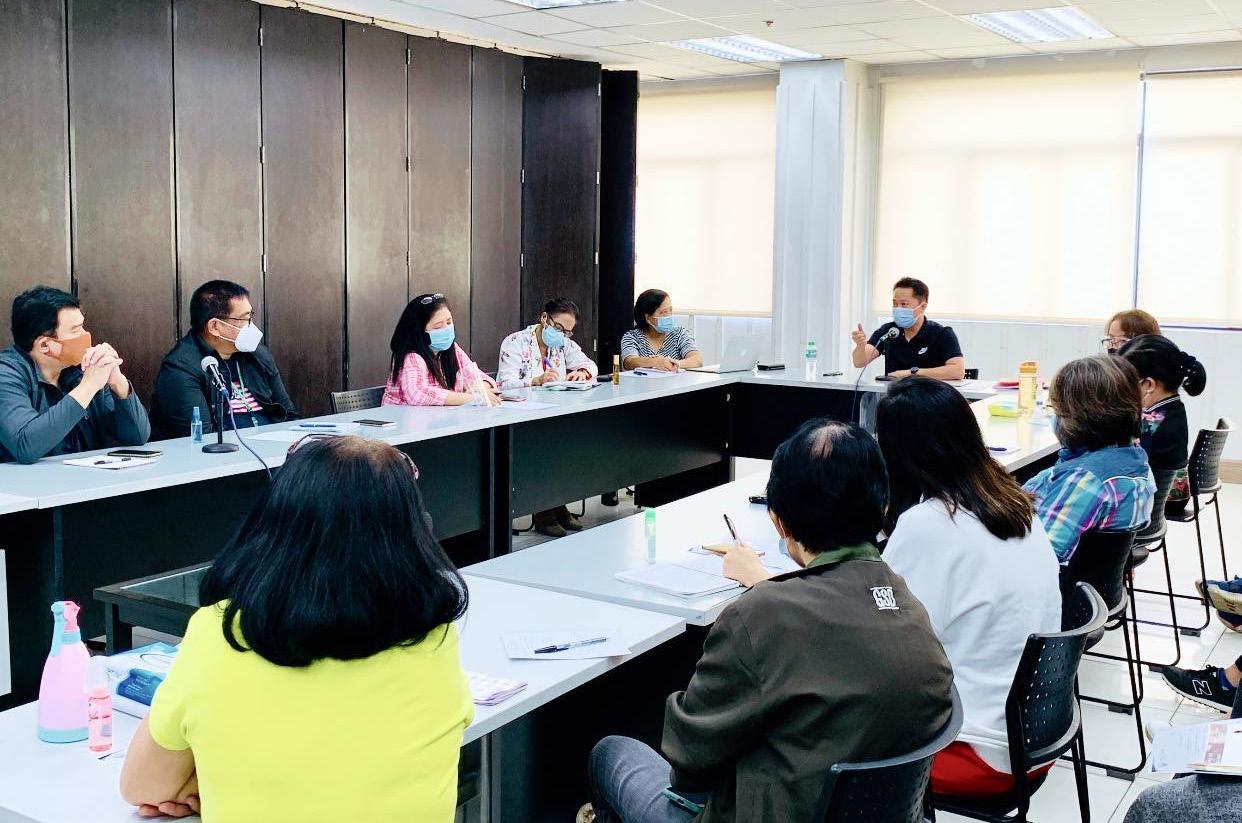
6 6-Covid-19 Guidelines on Service Continuity and Precautionary Measures in the Workplace, adopted March 2020; 7-Adopting the Guidelines on Service Continuity: The New Normal Workforce and Workplace Management Plan of the Department of Agriculture (May 29, 2020)
DEFINING THE DETAILS OF APPROACHES TO SERVICE CONTINUITY





Overall approaches to service continuity in the Covid-19 pandemic are essentially already defined under pertinent laws and policy instruments, directives, or guidelines on Covid response issued by the concerned national government offices such as the President’s Office IATF-EID, DOH, and the CSC. The Department determines specific options or mechanics to facilitate the rendering of services by its personnel, to continue fulfilling its mandate even as the pandemic surged.
Over the many months from the President’s declaration of a state of a public health emergency, DA management, upon the recommendation of the SCPMT, adopted administrative issuances on service continuity employing approaches characterized by the following:
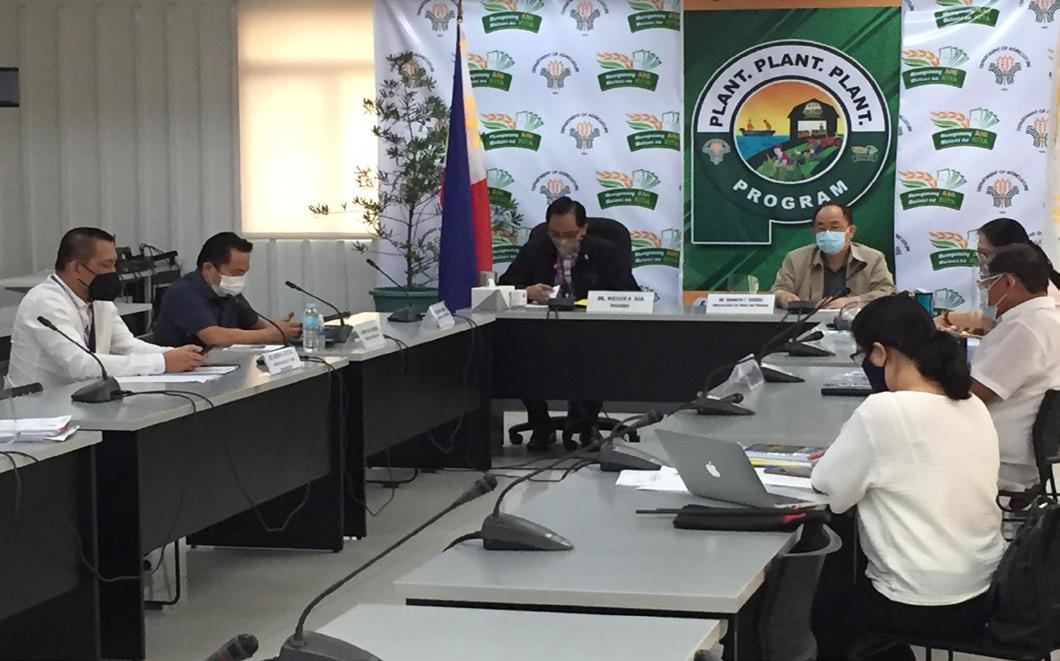
IIAdherence to national policies on Covid-19 risk management, especially related to operational capacity in the public service sector.
(Thus, the implementation of authorized alternative work arrangements, fleshing out the rules on protecting high-risk individuals, operationalizing social distancing measures in the workplace, and maintaining a safe and healthful work environment).
The said national policies are underscored by a delicate balancing between the interest of service continuity requiring on-site services (for critical government functions) and the imperative to limit individuals’ risks of exposure to the Covid-19 virus, such as by authorizing skeleton workforce service combined by Work-from-Home (WFH) and other alternative work arrangements;
IIIRelative to bureaus, regional field offices, and attached agencies and corporations, decentralization and/or flexibility in determining specific rules on work arrangements and health and safety measures
a recognition of service continuity needs, local quarantine strategies, and other considerations specific to said offices;
IVEmpowerment of heads of offices and their accountability in the application of guidelines in the rendering of services by their respective staff
IResponsiveness to emergent concerns
facilitated by active monitoring mechanisms relative to both service requirements and the health and safety of personnel.
VEvidence-based monitoring and evaluation of the level of performance of personnel
7
GENERAL GUIDELINES ON SERVICE CONTINUITY
Issued by the Secretary upon the Recommendation of the SCPMT
The guidelines issued for purposes of service continuity within the Department to include its Central and Regional Field Offices, Bureaus and attached Agencies and Corporations provided for specific mechanics around the following general areas:
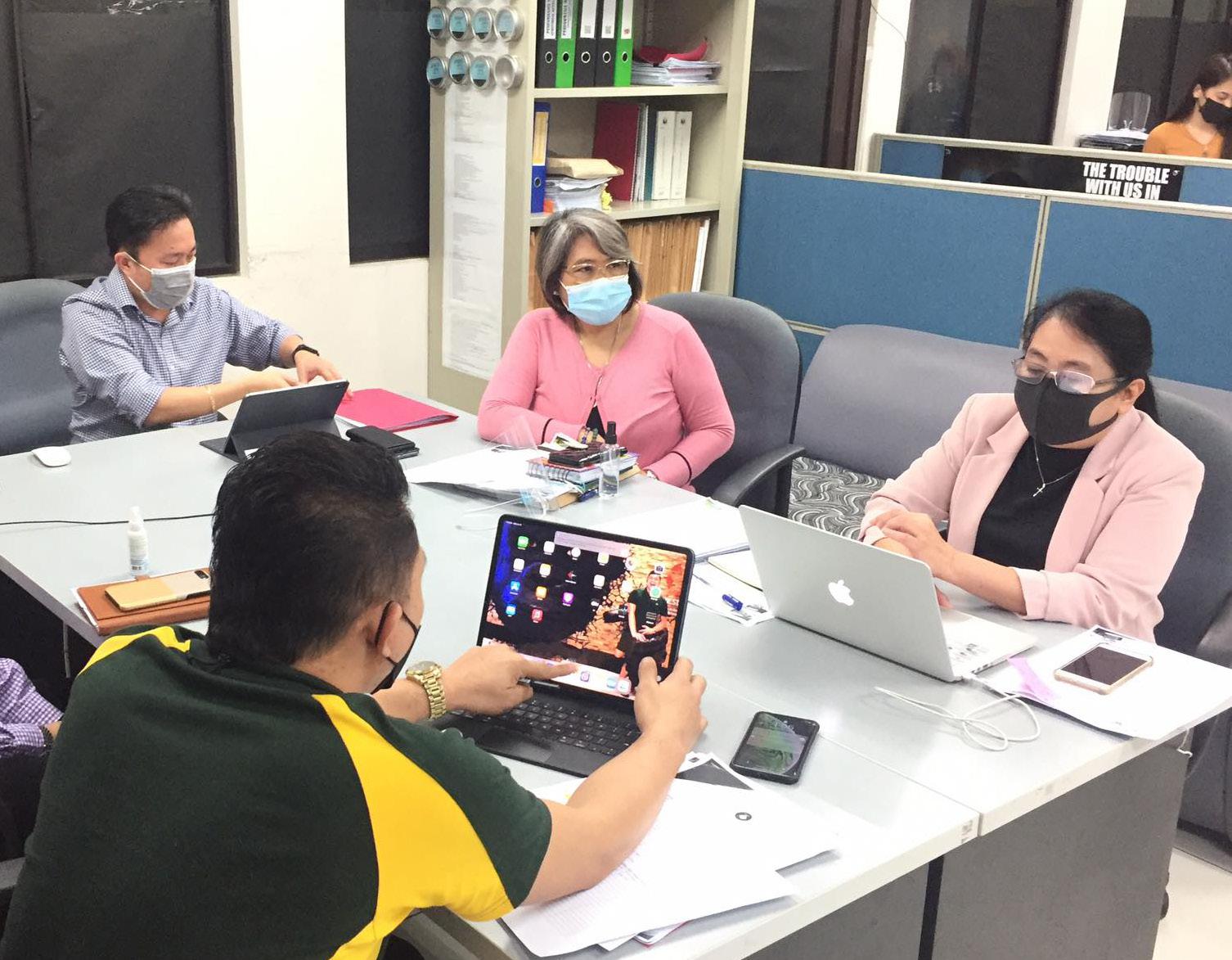
Operational capacity and work arrangements limiting the number of personnel present at the workplace at any given time as a primary measure to promote social distancing at the workplace as well as limiting the possibility of personnel being exposed to the coronavirus while in transit to and from work;
Health and safety protocols as precautionary measures to prevent the spread of the Covid-19 virus to include: (a) rules on the observance of personal health and safety practices that protect oneself and others; (b) rules re: cleanliness of the work environment; and (c) other rules relating to behaviors and/or activities to promote social distancing, help detect and eventually isolate and, in general, properly manage cases of infection.
The following is a list of DA general guidelines on service continuity from March 2020 with a brief description of the purposes and context of their issuance.
Administrative Order (AO) No. 08, Series of 2020
Covid-19 Guidelines on Service Continuity and Precautionary Measures in the Workplace
(March 12, 2020)
This AO prescribed rules on alternative work arrangements (including WFH, compressed workweek, staggered working hours, and creation of skeleton workforce) and the essential health and safety guidelines as precautionary measures against transmission of the Covid-19 virus. The Department prescribed alternative work arrangements for DA offices (including the Central Office, RFOs, Bureaus, and attached Agencies and Corporations) based and/or with stations in Metro Manila because of the announced imposition of Community Quarantine the entire National Capital Region (NCR).8 The AO provided that skeleton workforces shall not exceed 25% of the regular workforce of the concerned offices.
AO No. 09, Series of 2020
Amendment to AO No. 8, S.
2020
Re: Covid-19 Guidelines on Service Continuity and Precautionary Measures in the Workplace


(March 17, 2020)
This Order amended the provisions of AO 8, S. 2020 on work arrangements to align with the IATF guidelines for areas placed under Enhanced Community Quarantine (ECQ) – the entirety of Luzon, as announced on March 16, 2020).9 Thus, the Order provided that the WFH arrangement “shall be imposed during the enhanced community quarantine period” in the DA offices within the NCR and the remaining areas in Luzon. Excepted from the WFH rule were specific services and offices that provide critical, essential, and frontline services directed to maintain their respective skeleton workforces.
Provisions of AO 8, S. 2020 relating to precautionary measures against the spread of the Covid-19 virus were retained.
8 8-President Duterte made this announcement on March 12, 2020. Community Quarantine was imposed over the NCR and shall last from March 15 to April 14. However, on March 16, 2020, the President placed the NCR and the rest of Luzon under Enhanced Community Quarantine; 9-In this regard, the Office of the Executive Secretary issued a Memorandum dated 16 March 2020 Re: Community Quarantine Over the Entire Luzon and Further Guidelines for the Management of the Corona Virus Disease 2019 (Covid-19) Situation.
AO No. 12, Series of 2020


Revised Covid-19 Guidelines on Service Continuity and Precautionary Measures in the Workplace (April 13, 2020)
Further amending AO No. 8, S. 2020 (as amended by AO No. 9, S. 2020), this AO was issued taking into consideration the Memorandum of the Executive Secretary dated April 7, 2020, re: “Extension of the Enhanced Community Quarantine over the Entire of Luzon xxx and Further Guidelines on the Management of the Covid-19”. AO 12 generally retained the provisions of AO 8, S. 2020, but introduced the following salient changes:
• Increase in the maximum limit of skeleton workforce staffing -- Essential and frontline services were allowed to maintain “a workforce of up to 50% of their respective personnel complement”. (Note, from the previously authorized skeleton workforce to the barest minimum).;
• Offices identified as providing essential and frontline services are the following: Bureau of Agricultural and Fisheries Engineering (BAFE); Bureau of Agriculture and Fisheries Standards (BAFS); Philippine Council for Agriculture and Fisheries (PCAF), and Regional Field Offices.
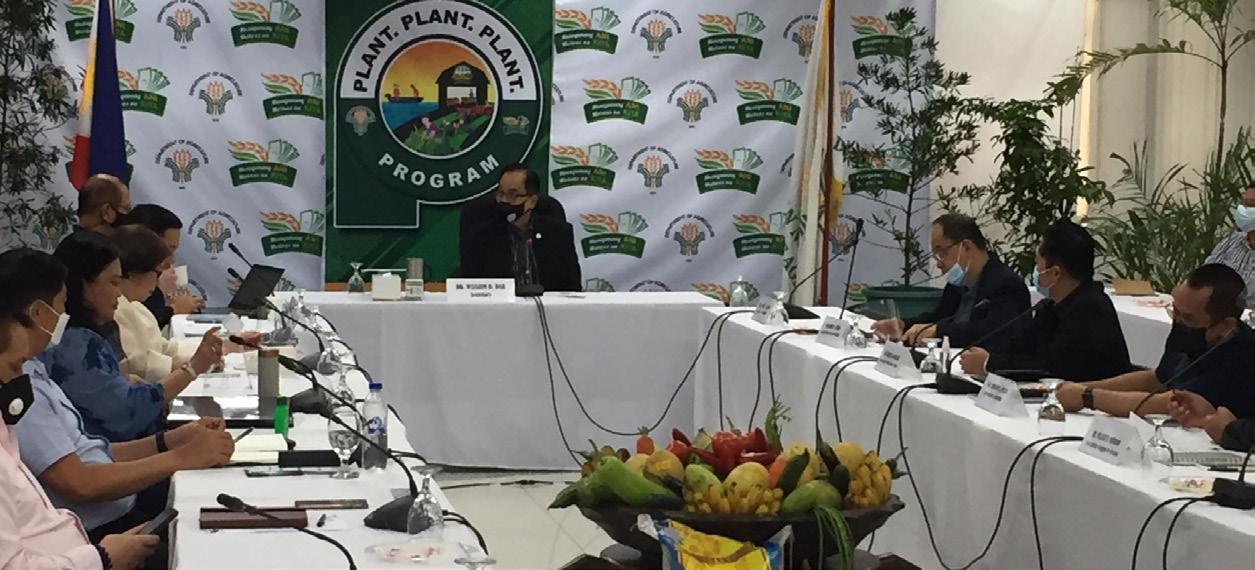

Special Order No. 407, S. 2020
Supplement to Administrative Order (AO) No. 12, S. 2020 on Revised Covid-19 Guidelines on Service Continuity and Precautionary Measures in the Workplace(April 22, 2020) -- This SO prescribed specific rules on the operational capacity of Bureaus, attached Agencies and Corporation and Regional Field Offices (based on the location of their respective physical offices – i.e., whether the same are inside or outside of Metro Manila. Thus, offices based in Metro Manila were directed to maintain a workforce (reporting on-site) of up to 50% of their personnel complement, while those based outside Metro Manila shall maintain up to 75%.
GENERAL GUIDELINES ON SERVICE CONTINUITY
9
AO No. 23, S. 2020 (May 29, 2020) -- Adopting the Guidelines on Service Continuity: The New Normal Workforce and Workplace Management Plan of the Department of Agriculture (or “Service Continuity Guidelines”)
This “Service Continuity Guidelines” is a compilation of rules, procedures, instructions, and related documents dealing with different aspects of service continuity amidst a deadly pandemic. More specifically, it demonstrates the organizational structures and mechanisms and the necessary overall considerations for service continuity planning to ensure continued effective and relevant government service from the DA through an efficiently functioning personnel, whose welfare is actively promoted by the organization in a context characterized by health and safety threats from Covid-19. It also lays down specific imperatives (policy and particular legal directives), parameters, standards and procedures in defining work arrangements, work-related practices and processes, and health and safety (preventive) measures in the workplace;
In this compendium, properly emphasized is that the observance of health and safety measures (as provided in the Guidelines and Annex “D” thereof) is integral to service continuity in the context of a pandemic.
Overall, the Guidelines primarily intended to serve as a comprehensive reference for service continuity planning and management by offices, officials, personnel, and stakeholders of the DA and its attached agencies and corporations, given the pandemic, even as pertinent issuances are primary references, such as those coming from IATF-EID, DOH, and the CSC. In addition, it incorporates the following:
• A comprehensive set of Workplace Precautionary Measures (health and safety protocols) as set out under Annex “D” of the Guidelines;
• Rules on work arrangements for the DA Central Office applicable to post enhanced community quarantine scenarios;
• A provision that Bureaus, RFOs, and attached Agencies and Corporations are directed to issue their respective guidelines to supplement the Service Continuity Guidelines, specifying that the supplementary issuances must be consistent with those issued by relevant government entities such as the IATF, DOH, and the CSC; and
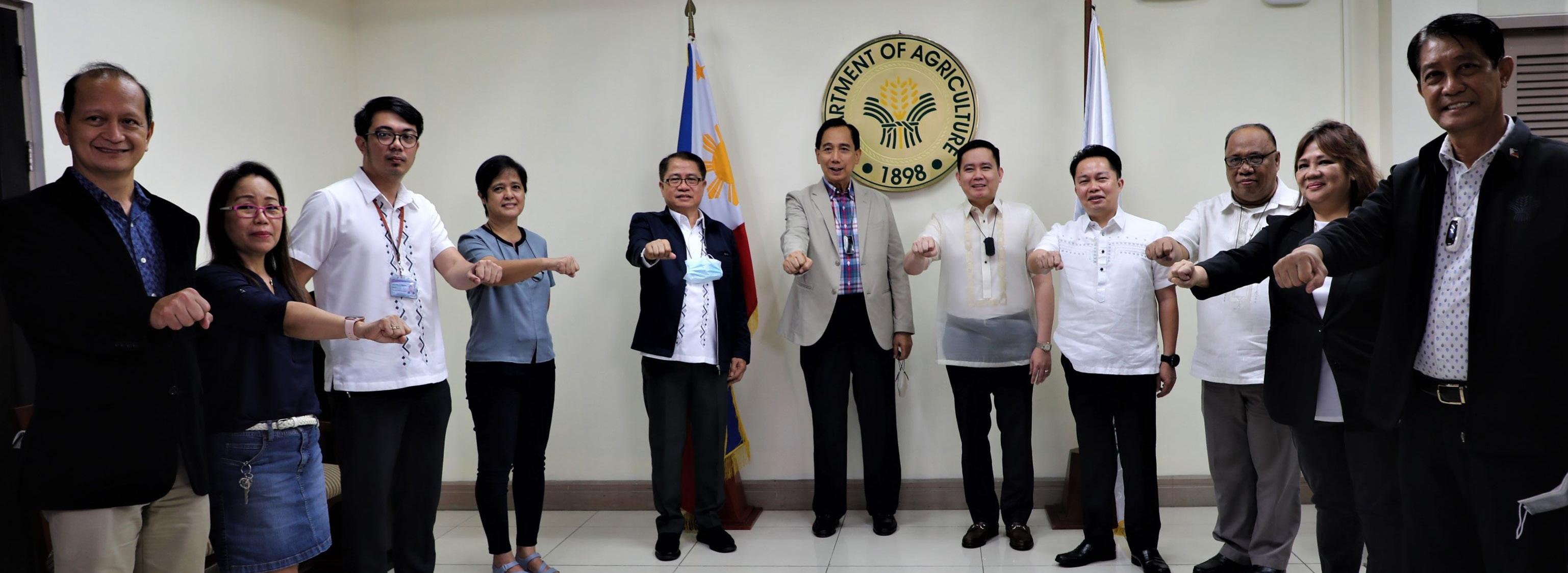
• Finally, a provision, specifically Item 4 of the Guidelines, explicitly stating that its provisions and those of Annex “D” (Re: Precautionary Measures) constitute reasonable office rules and regulations, violation of which shall be a ground for administrative action/s against erring organic employees or a cause for non-renewal of contract, in the case of Contract of Service (COS) personnel, without prejudice to appropriate civil and criminal actions.

AO No. 26, S. 2020 Guidelines on Service Continuity and Precautionary Measures in the Workplace During the Modified Enhanced Community Quarantine (August
4, 2020)
This Order was issued to prescribe rules on Operational Capacity and Work Arrangements in line with the following: (a) the declaration of the President to revert Metro Manila and nearby provinces (Laguna Cavite, Rizal, and Bulacan) for two weeks (August 4 to 18) to Modified Enhance Community Quarantine (MECQ); and (b) Memorandum Circular No. 79 issued by the Executive Secretary dated August 3, 2020, Re: Operational Capacity to be Adopted by Government Agencies and Instrumentalities under a Modified Enhanced Community Quarantine[1]. It is noted that the MECQ was imposed following a clamor by medical frontliners for the reimposition of an ECQ in the National Capital Region;
Under this AO, and concerning the DA-CO, the overall authorized work arrangement is one featuring a 50% On-site Work – 50% Work-from-Home Schedule with a TwoWeek Rotation Scheme. For other offices in areas temporarily under MECQ, work arrangements are provided to be governed by AO 23, S. 2020, subject to the conditions of MC No. 79.



This AO also applied work schedule flexibilities for categories of personnel accorded special protection under the then-current CSC Guidelines on Work Arrangements (MC 10, S. 2020)
As to Workplace Precautionary Measures – the provisions of the Service Continuity Guidelines adopted through AO No. 23, S. 2020 continued to be operative.
Memorandum of the Secretary dated August 30, 2020
Re: Partial Lockdown of the Department of Agriculture Main Compound from September 1 to 11, 2020 – Prescribing an operational capacity to the barest minimum, or around 10% of the average workforce, this Memorandum was issued as a drastic measure to contain possible person-to-person transmission of the new coronavirus at the DA Main compound. The risks for said transmission was deemed to have substantially increased due to a spike in the number of reported confirmed (positive) cases of Covid-19 among the personnel of DA offices housed at the said compound (or the DA-CO, BAFE, PCAF, and PhilFIDA) some weeks before the declared September partial lockdown.
AO No. 35, S. 2020
Prescribing Rules on Work Arrangement at the Department of Agriculture (DA-CO, DA-RFOs, and Bureaus) and Attached Agencies and Corporations (Adopted November 5, 2020)
This Order prescribed a higher operational capacity at the DA family of Offices (subject to the issuance of supplemental guidelines by RFOs, Bureaus, and attached Agencies and Corporations). Before its adoption, the DA Central Office and other offices in areas under GCQ were generally implementing the 50% on-site and 50% WFH arrangement. This AO directed the shift to a “Qualified 100% Work Arrangement”, or one where 100% of personnel whose circumstances are not deemed “high risk” or those without special protection under CSC MC 10, S. 202010 are required to report on-site on all workdays.
On the part of the personnel with special protection under the CSC guidelines, they were authorized to continue under the 50% On-site – 50% Work-from-Home Arrangement with a Two-week Rotation Scheme, subject to the condition of “indispensability” of service on-site per CSC MC 10, S. 2020.
GENERAL GUIDELINES ON SERVICE CONTINUITY 11 10-Revised Interim Guidelines for Alternative Work Arrangements and Support Mechanisms for Workers in the Government During the Period of State of National Emergency Due to Covid-19 Pandemic (effective March 16, 2020);
AO No. 04, S. 2021
Revised Rules on Work Arrangement at the Department of Agriculture (DACO, RFOs, Bureaus) and Attached Agencies and Corporations (Adopted Feb. 9, 2021)

This Order provides further flexibilities in terms of work arrangements and schedules to different operating units or offices in the DA Central Offices and other offices located in areas under GCQ even when there may be a downgrading on the severity status of quarantine in said areas. There were reports of a new, more contagious variant of coronavirus that entered the country.
Thus, the AO retained the “qualified 100% operational capacity” under AO 35, S.2020, but merely as a general rule, and explicitly provided for the following:
(a) Heads of divisions, services, offices or units may submit a Request to Implement An Alternate Work Arrangement and implement the same upon the approval of the Secretary;


(b) Individuals falling under the categories of personnel accorded special protection under CSC MC No. 10, who may be indispensable onsite need not be required to report following the 50% On-site–50% Workfrom-Home Arrangement with a Two-week Rotation Scheme – i.e., they may report under any workable schedule as determined by the concerned heads of operating units;
Further, concerning the DA-CO, the AO authorized the application of the 7:00 am to 7:00 p.m. sliding work hours (FLEXITIME) for all personnel, to include Contact of Service staff.
12
EXPERIENCES
& MEASURES OF DA RFOS, BUREAUS, AND ATTACHED AGENCIES AND CORPORATIONS RELATIVE TO DETAILS OF APPROACHES TO SERVICE
CONTINUITY IN THE CONTEXT OF A PANDEMIC
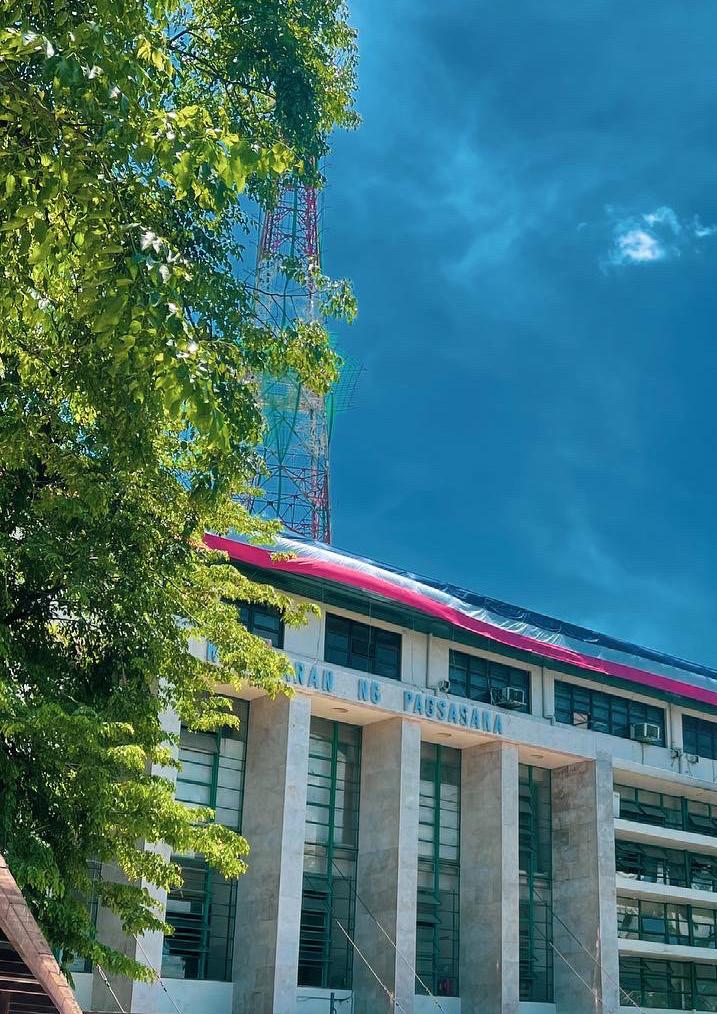
13
Several DA RFOs, Bureaus, and attached Agencies and Corporations formed their respective service continuity management teams following the provisions of DA AO Nos. 8, 12, and 23, Series of 2020. This Order maintains for the concerned offices a mechanism to expediently consider and decide on service continuity concerns and facilitate Covid-19 response measures.
RFO-CAR
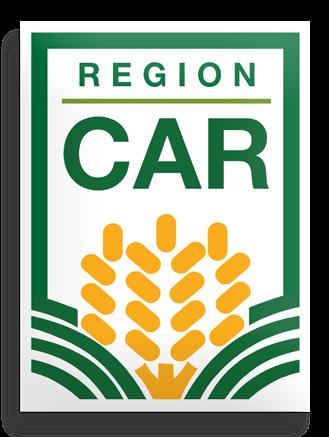
RFO CAR established an SCPMT for the regional office (per RFO SO No. 2004-054 dated March 19, 2020). The team is responsible for the following:
(a) Immediate implementation of stringent social distancing measures; further guidelines that would promote or enhance the continuity of public service delivery and such other measures that would promote or enhance the continuity of public service;
(b) Adequate arrangement/guidance in the formation of DA RFO CAR skeleton force;
(c) Provision of timely advisories and issuances in the general provisions on community quarantine protocols as imposed by DOH, DILG, and IATF guidelines, including LGU restrictions that would restrict the passage of the essential goods;
(d) Issuance of DA RFO CAR employee passes in the form of a certification duly signed by the Regional Executive Director, as a quick response to movement restrictions due to Enhanced Community Quarantine and restrictions imposed by the city government of Baguio. Said passes ensure that the agency’s frontline operations are not hampered and and are continuing full operation during the Enhanced Community Quarantine period.
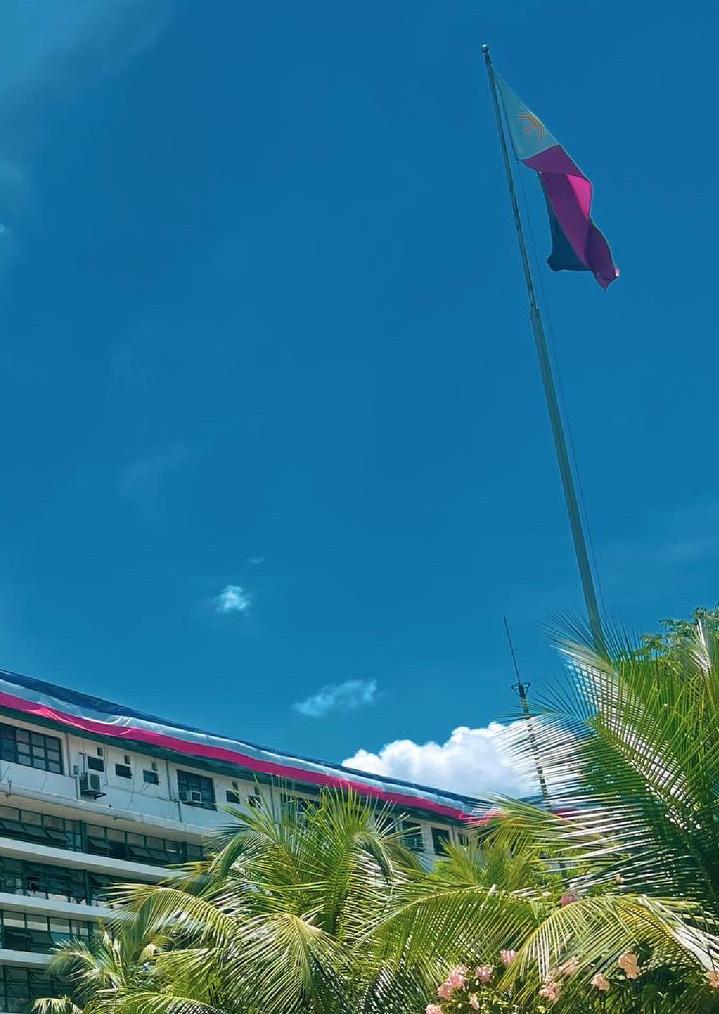
14
RFO-V
Through RFO SO No. 59, S. 2020 (March 13, 2020), SCPMT- RFO-V was established to oversee the workplace’s safety, personnel, and clients of the office. RFO-V is a member of the Bicol Inter-Agency Task Force and is part of its Economic Cluster.

Regular updates from the Task Force served as important guidance in formulating internal policies for the regional office. The said SCPMT recommended to the Regional Executive Director the adoption of a total of eight sets of Protocols11 supplementary to the Service Continuity Guidelines issued by the DA-CO.
RFO-VI
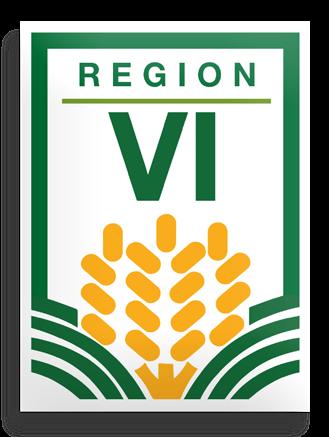
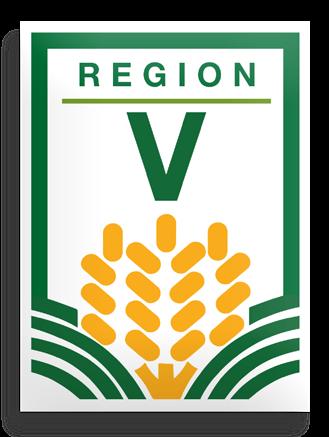

RFO VI – Through SO No. 116, Series of 2020 (dated July 13, 2020), RFO-VI adopted its “Protocol under the New Normal in Transit from the Period of Coronavirus (Covid-19) Pandemic Towards a Resilient DA-Western Visayas Workplace”. Its stated objective is to provide guidance on public health standards to be observed by personnel while delivering essential services to the public during the period of the pandemic. For management purposes, it is meant to serve as the basis for decision-making in the development of more specific action plans by each sector or operating unit.
BSWM
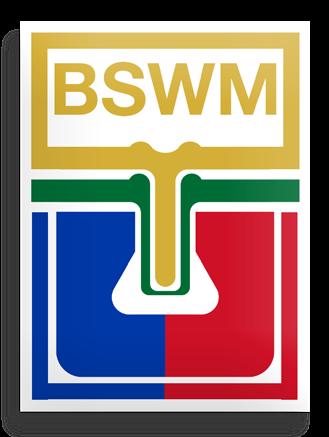
BSWM also reported having crafted supplemental Guidelines and Protocols in accordance with the new normal workforce and workplace management plan of the DA.
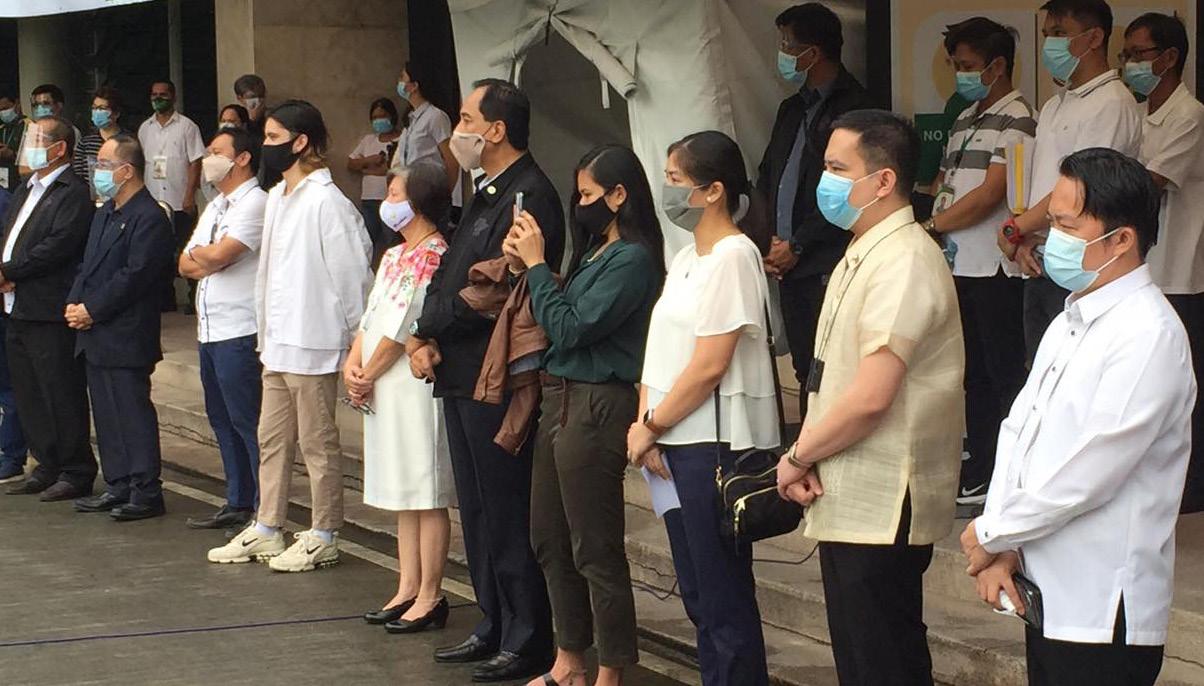
15 11-These are: Safety and Precautionary Protocols, Additional Service Continuity Protocols, Construction Safety Protocols, Alternative Working Arrangement Protocols, Unloading and Receipt of Delivery Inputs Protocols, Medical Team Response Protocols, Additional Protocols on Office Lockdown, Isolation and Disinfection;
“
We must re-think and re-imagine the way we do things at DA and adapt to the changing times with a renewed sense of commitment and urgency. This will help us remain relevant, responsive, and effective as an agency.
- Sec. William D. Dar
While the SC Reports of RFO-VI, BAR, and BSWM did not indicate the creation of SCPMTs or similar management groups, these offices, however, issued guidelines to govern their respective operations to ensure service continuity, necessarily incorporating Covid-19 control and management measures.
RFO VI took to their hands quelling the spread of the virus in their office and implemented their “Protocol under the New Normal in Transit from the Period of Coronavirus (Covid-19) Pandemic Towards a Resilient DA-Western Visayas Workplace.” This comprehensive set of guidelines outlined the necessary actions in promoting health and safety. It serves as a basis for the decision-making processes in all its units.
BAR ensured the strict compliance of all employees to the Guidelines on Service Continuity and Minimum Safe and Health Protocols in the DA-BAR which was issued through Memorandum Order No. 23.
Lastly, BSWM was not hindered in delivering quality service and produced “Supplemental Guidelines and Protocols in accordance with the new normal workforce and workplace management plan of the Department of Agriculture” to guide their employees in continuous service. They also ventured into hosting virtual training and workshops for various stakeholders.
created the NMIS SCPMT (SO 04-2020-070), which came up with a “Manual of Operations on the NMIS New Normal Workplace Management” issued on June 6, 2021, through Memorandum Order No. 062020-234.
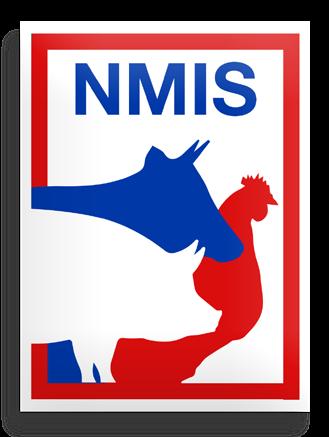
ACPC created a TWG on the POST ECQ Service Continuity Plan. The agency has adopted a number of service continuity-related guidelines based on the recommendations of the TWG.
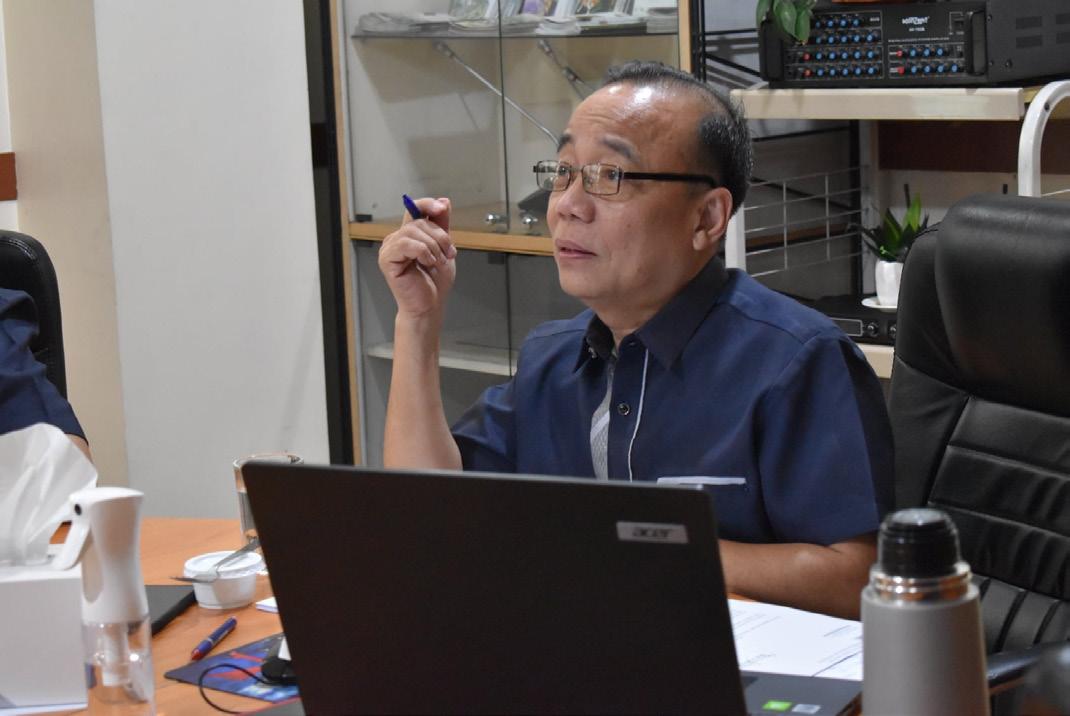
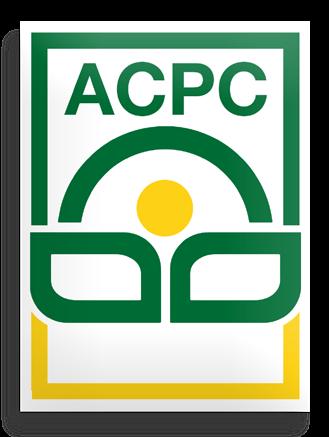

PFDA created the PFDA Committee on Health Emergency and Disease Prevention with the primary function to formulate and develop strategies and recommend policies to prevent the spread of Covid-19 and provide technical support to the operating units in the implementation of said strategies and policies. BAR
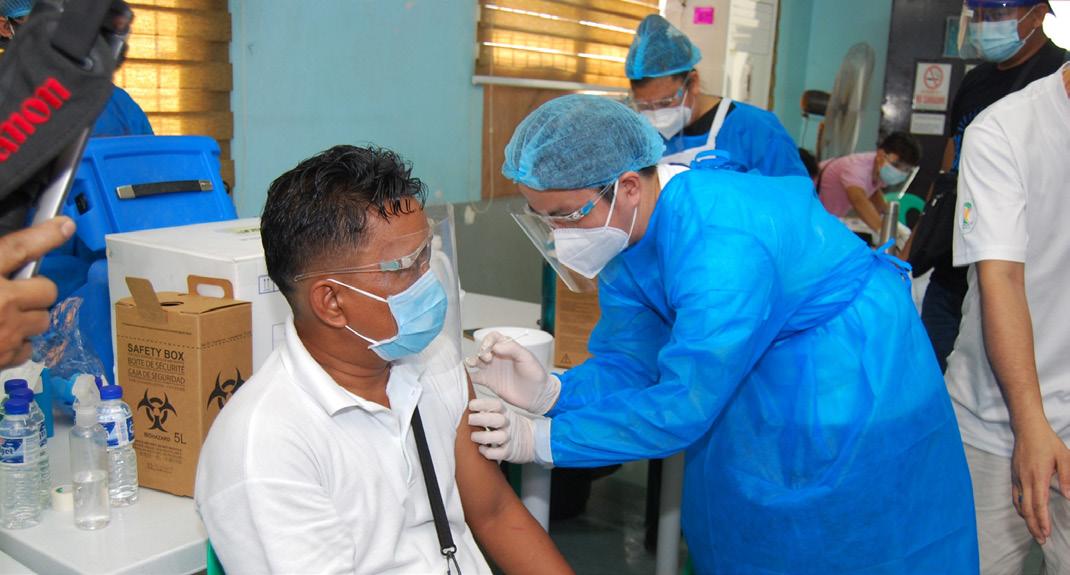
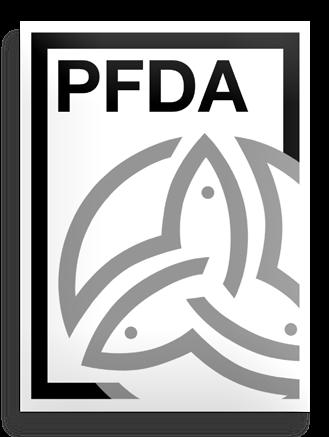
BAR adopted its own “Guidelines on Service Continuity and Minimum Health and Safety Protocols” (August 24, 2020) aligned with AO No. 26, S. 2020 of the DA and existing guidelines issued by the IATF-EID, DOH and CSC covering workforce and workplace management.
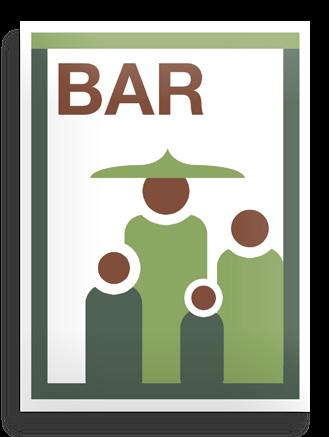
NMIS ACPC PFDA
16
GUIDELINES ON HEALTH AND SAFETY IN THE WORKPLACE
• FDC issued the Food Development Center Guidelines on Workplace Prevention and Control of Covid-19
• RFO-IVB has its Protocol of Health and Safety Measures at the DA Regional Field Office – MIMAROPA (issued through an Office Memorandum)
PhilRICE issued a memorandum on May 15, 2020 denominated as PhilRICE Safety and Health Protocol Under Enhanced Community Quarantine (ECQ), Modified Enhanced Community Quarantine (MECQ) and General Community Quarantine (GCQ).

It is a comprehensive set of safety requirements and procedures governing or relating to:
1. Entry into the PhilRICE compound;
2. Quarantine Facility Requirements;
3. Operations of the PEMCO;
4. Meetings and Group Activities;
5. Official Travels;
6. Workplace Sanitation;
7. Visitors and Other Stakeholders;
8. Construction Activities; and
9. Safety Officers.
For its part, the PCAF adopted six (6) sets of Health and Safety Protocols to prevent transmission of the virus from one employee to another. Specifically, these are detailed rules relating to health and safety in the following areas:
1. Inside workplaces at PCAF offices;
2. Use of vehicles and shuttle services;
3. DA-Apacible Hall and DA-PCAF Annex Building entrances;
4. Entry of employees and receiving of guests and visitors at the DAApacible Hall and DA-PCAF Annex Building
5. On the use of conference rooms and dormitory; and
6. On the use of toilets.
The above specific measures adopted to meet the challenge to provide public services amid challenging times and how the concerned DA offices went about adopting them are just a sampling of the totality of measures adopted and processes employed. Many offices reported having issued guidelines for specific Covid-19 management, vis-à-vis service continuity concerns, but could no longer fully describe the same. An office referred to future amendments that are probably needed relative to a set of protocols. Many offices explicitly affirm that internal guidelines have invariably gone through enhancements and that, as a matter of course, further enhancements to already existing rules or additional internal rules will be pursued, as necessary.
In this regard, DA offices generally affirm that measures adopted and those proposed shall conform to pertinent guidelines issued from time to time by the DA top management, other concerned national agencies, and their respective LGUs.
Internal processes to define specific approaches to service continuity were very comprehensive based on the reports of FDC, RFOs, Bureaus, and attached agencies and corporations. This goes to show that offices exerted more conscious efforts to fight the dreaded virus amid implementing the guidelines on service continuity.
healthline.com
17
IMPLEMENTATION OF SERVICE CONTINUITY GUIDELINES
Every Challenge provides the institution an excellent opportunity to infuse a renewed sense of purpose among its leaders and personnel.
 - Sec. William D. Dar
- Sec. William D. Dar

18 “ “
IMPLEMENTATION OF SERVICE CONTINUITY GUIDELINES
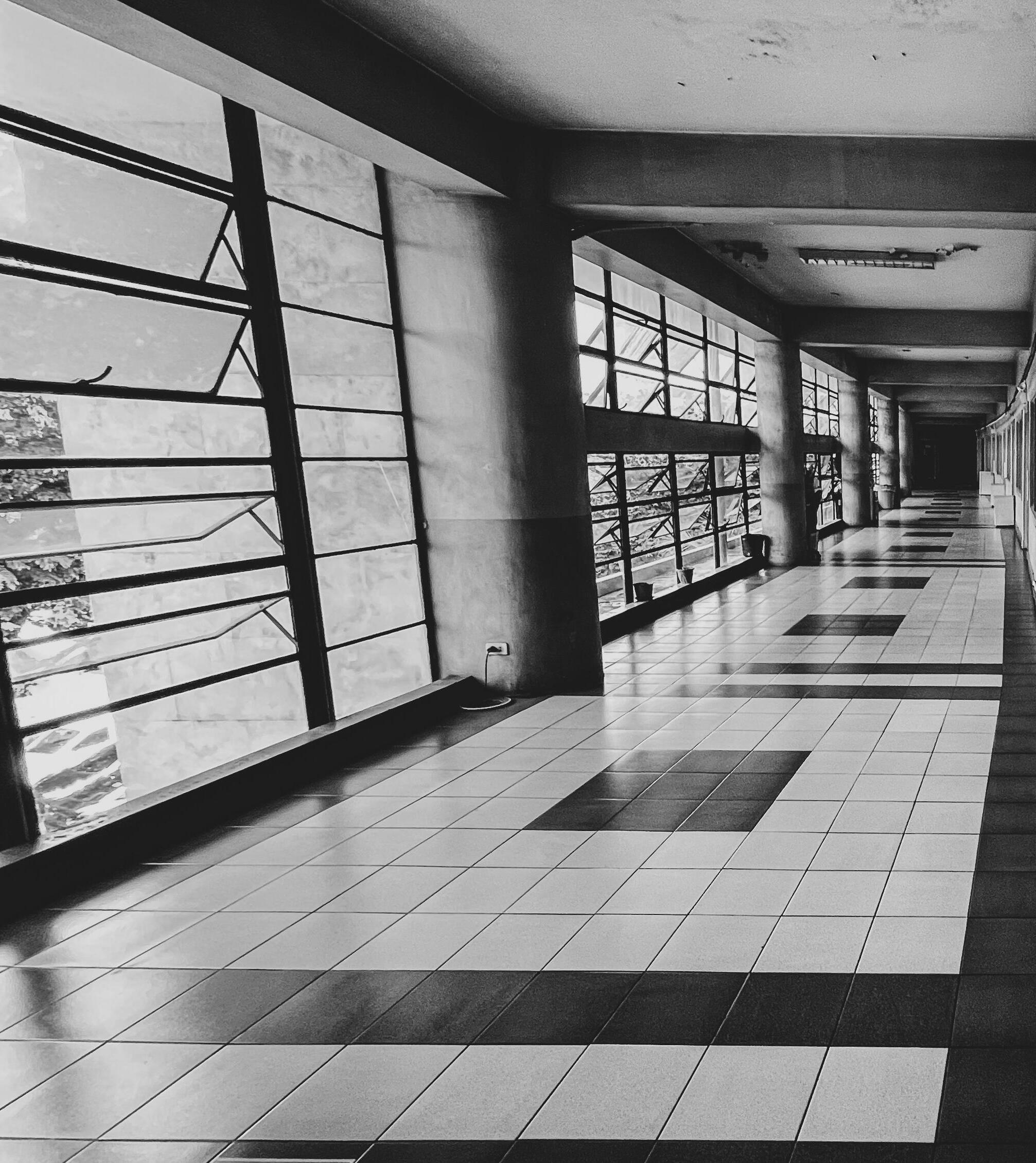
>>>>>>>>>>>>> 19
MAKING ALTERNATIVE WORK ARRANGEMENTS (AWAS)
Mechanics and Support or Facilitating Interventions in the Implementation of Alternative Work Arrangements
From the outset of the pandemic, service continuity DAwide moved along through the efforts of Department officials, officers, and staff generally working under the combined skeleton workforce and Workfrom-Home arrangements.
The adoption of AWAs is an effective strategy to service or business continuity while limiting personnel’s risk of exposure to SARS-CoV-2, particularly to helping curb the spread of the virus.
A significant shift from the pre-Covid “normal” where all personnel must report to their respective work stations or be at field assignments on all workdays was quite the unavoidable challenge for all concerned to make AWAs work.
Despite the difficulties in this socalled “new normal“, DA offices affirm these arrangements to be necessary.
Thus, to avert the possible disruption of public service, the management issued the following mechanics and support interventions that were crucial to the operationalization of AWAs.
THE DETERMINATION OF APPROPRIATE AWAs, TASKING, PERFORMANCE MONITORING, AND RELATED MATTERS
1) Overall guidance, facilitation and coordination to flesh out the authorized alternative work arrangements (AWAs) - The functions of the DA-SCPMT as the lead service continuity facilitator of the whole Department were performed primarily through: (a) SCPMT assistance to top management in the adoption of administrative issuances to govern work arrangements and operational capacity along with precautionary measures in the workplace; (b) issuance of follow-through directives by the SCPMT Chair on matters related to authorized AWAs, several which dealing with the submission of work schedules and accomplishment reports and the proper monitoring and evaluation of the work performance of individual staff.

The Personnel Division served as the link between the SCMPT and the different DA offices (including RFOs, Bureaus, and attached Agencies and Corporations) in alternative work arrangement implementation. Thus, where issues and concerns arise, it is the role of the Personnel Division to guide the concerned offices based on the applicable issuances. For those related to the implementation of service continuity but are not explicitly addressed by any of the issued orders, the Personnel Division should bring them up to the SCPMT-TWG for deliberation.
However, only a few concerns on AWA implementation from RFOs, Bureaus, and attached Agencies and Corporations were brought to the attention of the DA Central Office. This may be attributed to the clearly defined measures from concerned national government agencies (e.g., DOH, CSC) and the IATF, as reflected in DA issuances.
The Office of the Secretary specifically authorized all offices to come up with their own supplemental guidelines enabling their respective offices to swiftly respond to situations unique to them.
20
DETERMINATION OF APPROPRIATE AWAs, TASKING, PERFORMANCE MONITORING AND RELATED MATTERS
2) Work programming, determination of most appropriate work schedule, and allocation of tasks and assignments – These responsibilities are inherent to the heads of offices. Hence, the SCPMT always emphasized the need to carefully determine the most appropriate work schedule of the staff within the concerned unit, assignment of tasks, monitoring and documentation of accomplishments, highlighting those under the WFH arrangement. The SCPMT issued an official template for work schedule which was filled out by the offices and eventually signed by the Secretary.
The SCPMT recommendations relative to work arrangements stressed the crucial provisions of the CSC guidelines on AWAs close to the flexibilities allowed to high-risk individuals, who are most vulnerable to contracting the dreaded virus.
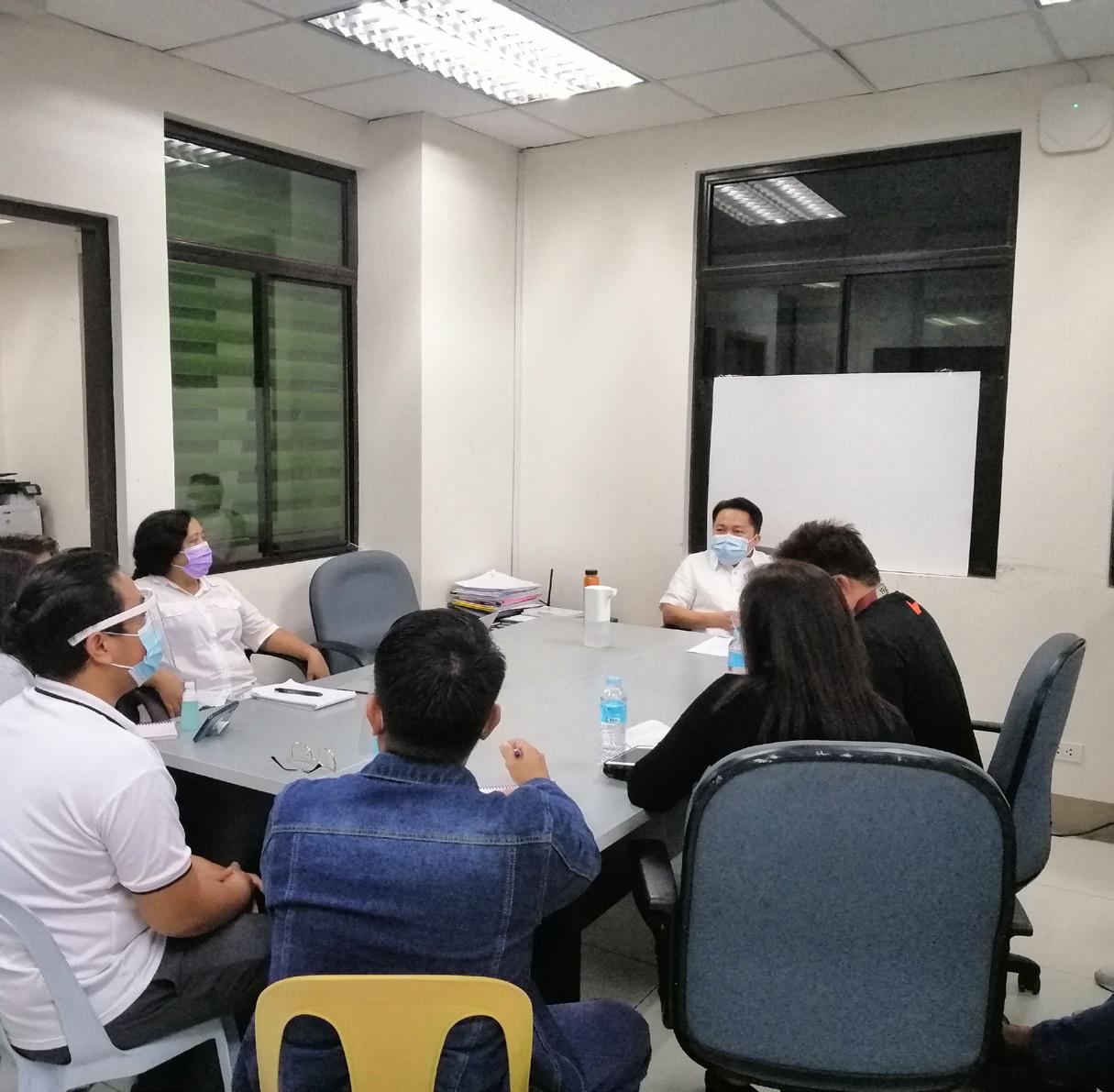
3) Monitoring of various offices regarding their compliance with directives to do work programming, including staff scheduling - Since the early months of the pandemic, the SCPMT has been conducting performance appraisal to all DA personnel. The reportorial requirements include submission of work schedules and accomplishment reports following the prescribed template.
The SCPMT regularly conducted meetings discussing logistical, administrative, and financial supports for service continuity where some TWG-member service directors and division chiefs had actively participated.
4) Overall Monitoring of Staff Activities and Accomplishments - The heads of offices took charge of this function through offline or online checking of staff performance.
Managing distanced employees was challenging at first. Yet, the management was able to monitor the accomplishments of those under WFH arrangements. It was emphasized by the management that work has to continue considering that their output should be commensurate to their pay even at this time of the pandemic. The level and quality of performance were reflected in the Individual Performance Commitment Report (IPCR) for plantilla personnel. The same was true with COS and JO Personnel who were required to submit their performance reports according to the terms of reference in their respective contracts with the Department
To emphasize the importance of maintaining a responsive and responsible government workforce, the SCPMT recommended the adoption of soon to be issued Memorandum from the Secretary dated March 30, 2020, denominated as Evaluation of Work Performance of Plantilla and Contract of Service (COS) and Job Order (JO) Personnel During the Quarantine Period. This Memorandum directed heads of offices (divisions, services, programs, projects, and other units) of DA-Central Office, Regional Field Offices, and Bureaus giving tasks to their respective staff under the WFH arrangement and evaluate their performance based on the accomplishment reports submitted.
21
MEASURES AND EXPERIENCES
On the Monitoring of Work Performance of Personnel under Alternative Work Arrangements
SMS-Based Monitoring of Activities and Accomplishments of
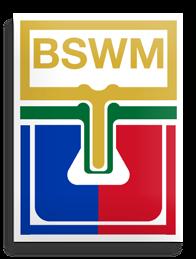
DA-CO Personnel -- On April 15, 2020, the SCPMT started operationalizing the Short Messaging Service (SMS)-based daily monitoring of the activities and accomplishments of DA Central Office personnel who reported as part of the skeleton workforce. Rolled out through a Memorandum (dated April 7, 2020) issued by the SCPMT Chair to DA-CO Heads, which provided the mechanics for the SMSbased reporting, the system was applied throughout ECQ and the initial implementation of MECQ in the NCR (until June 15, 2020).
The system allowed the Service Continuity Quick Response Information System command center (housed at the Undersecretary for Administration and Finance) to file, store and generate a print-out of the individual daily reports submitted through SMS. Accordingly, the SCPMT was able to submit to the Office of the Secretary a hard copy of the daily accomplishment report of the DA-CO skeleton workforce covering April 15 to June 15, 2020.
To help ensure and monitor the work performance of WFH personnel, concerned employees were required to submit WFH plans. The Bureau also required submitting accomplishment reports upon return to the Office (i.e., when those on WFH assignment would take their turn at being part of the skeleton workforce).
Under its own New Normal guidelines (issued through SO No. 116, S. 2020), there is a whole set of protocols to guide accomplishment and performance monitoring. It includes a provision for “submission of full and alternative work arrangement targets and accomplishments.” It explicitly imposes sanctions and disciplinary actions to underperformers and those who fail to act in accordance with the required standards and instructions of authority.
Required the submission of WFH plans and accomplishment reports upon return to the office (to assume work as part of the skeleton workforce).
The SO, nevertheless, indicated that there could be adjustments in the plans. Lastly, it includes a provision on monitoring activities covering the execution of budget accountabilities and disbursement of funds based on its Monthly Disbursement Program (MDP).
To facilitate monitoring personnel performance on official assignments, weekly accomplishment reports based on the pre-submitted work plans were collected from the respective Divisions/Sections/ Units. Also, to ensure the productivity of employees working remotely, a Google-drive-based WFH tracker was developed and utilized;
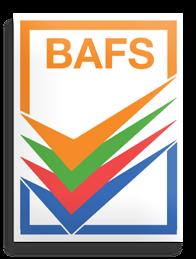
The management required its respective supervisors to define measurable targets to all staff under AWAs.
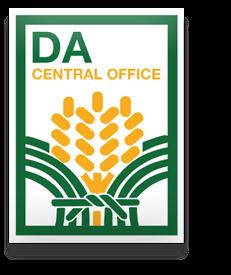
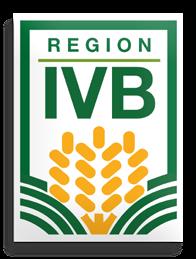
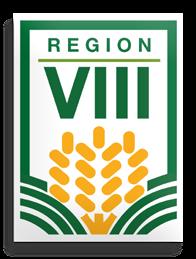
This must be accomplished even at the time of the determination of AWAs for its personnel.
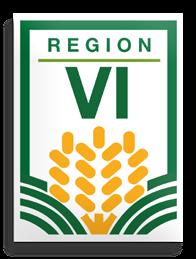
BSWM RFO-VI
DA-CENTRAL OFFICE
RFO-VIII
BAFS
22
RFO-IVB
The Agricultural Credit Policy Council (ACPC) ensured the provision of disinfecting alcohol, vitamins, appropriate personal protective equipment (PPE) including surgical masks and face shields to personnel, especially to drivers. The agency also provided shuttle service for all personnel and administered monthly antigen testing for the drivers. ACPC, through its credit programs implemented in partnership with banks and non-bank financial institutions, provided accessible and affordable loans as lifeline to small farmers and fishers and MSEs.
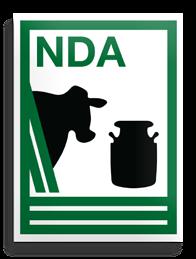
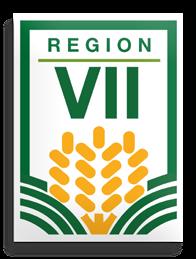
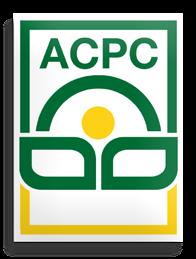
FACILITATION AND SUPPORT INTERVENTIONS TO OPERATIONALIZE AWAS FOR SERVICE CONTINUITY
RFO and NDA emphasized close monitoring of staff peformance, particularly those authorized to work remotely. RFO VII advised their personnel to disseminate official information concerning DA programs and projects through social media. This task was considered as a vital part of accomplishments under the DA-CO policy. RFO VII also reported its employees’ constant active participation in the “Plant Plant Plant” program of the agency.
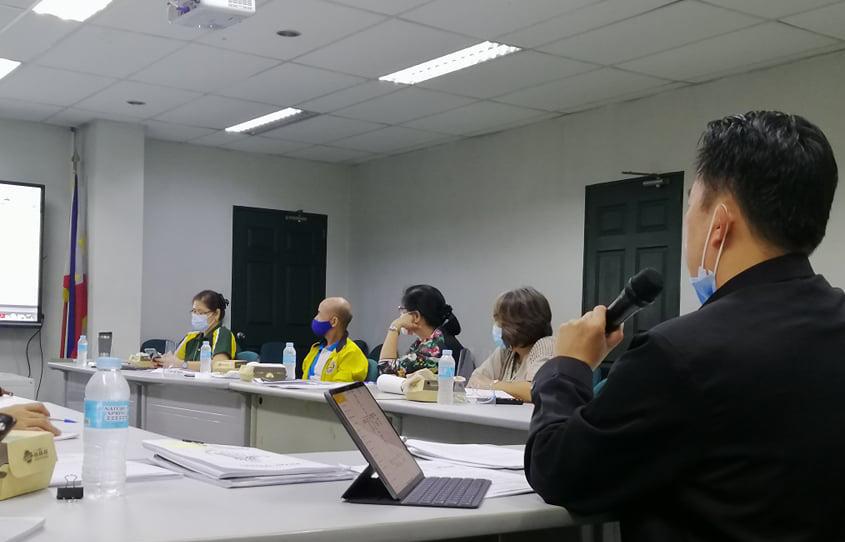
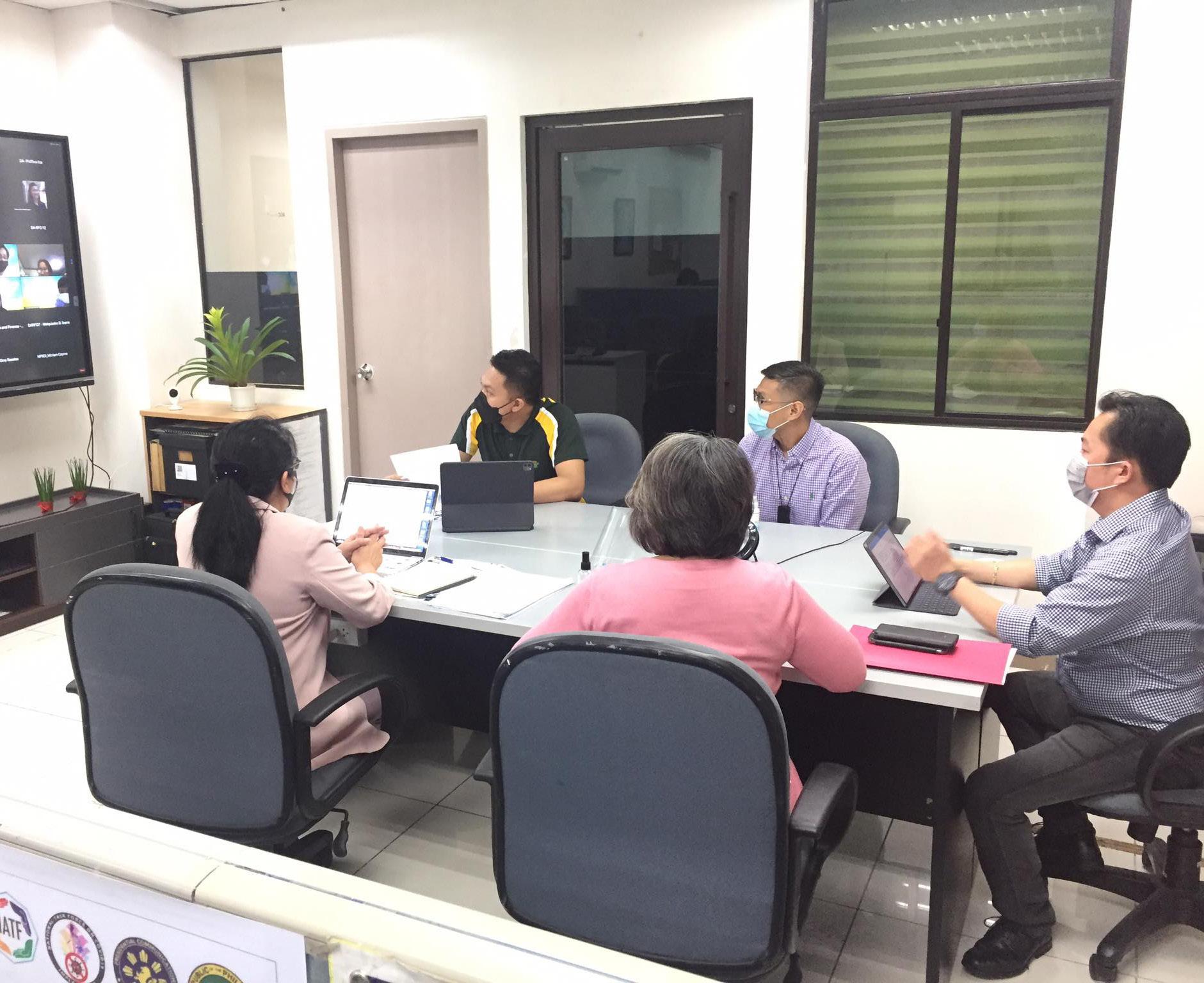
1) Maintenance of a Safe and Healthful Work Environment through the Implementation of Health and Safety Protocols entailing logistical interventions and/or mobilizing human and financial resources
2) Processing of Quarantine Passes – One of the functions of the SCPMT was to issue personnel passes / IDs whenever needed to ensure that the Department’s operations are not hampered.
With this, the SCPMT directed and coordinated the processing of quarantine passes through the DA-CO Personnel Division for those who were part of the skeleton workforce during the initial ECQ and MECQ periods. Accordingly, the Personnel Division facilitated the issuance (diligent coordination work with management/ SCPMT and preparation and printing) of IATFprescribed quarantine passes for DA Central Office personnel to include the staffers of the DA KADIWA stores.
Regional Field offices, bureaus, and attached agencies and corporations were assigned to issue quarantine passes to their respective affected personnel (the heads of offices signed the said passes). The Personnel Division of the DA-CO coordinated with the concerned offices relative to the mechanics and requirements for quarantine pass issuance.
As for RFO IV-B, they also issued an office memorandum authorizing the personnel named therein to work on-site.
This memorandum was intended to allow concerned personnel entry and exit, specifically when passing through quarantine checkpoints.
ACPC
and NDA
RFO VII
23
Allowing and Provisions for the Use of Technology and Digital Tools (including online/real-time Communication Platforms to facilitate the conduct of official activities. DA-wide, the use of technology and digital tools, including online communication platforms, was maximized to boost the performance of work requiring both internal and external communication. Emails, instant messaging, and voice calls have long been widely used for work and their importance due to their utility has been more emphasized over the past months. Face-to-face communication has been considerably limited because of WFH arrangements and implemented social distancing measures for those who report onsite. The DA personnel had been successful in adapting further to the trend of modern communication capabilities and integrate webbased conferencing tools for real-time communications, coordination conferences, meetings, seminars, and other activities, in particular to their working routine. The policy allowing these virtually-conducted activities and providing the necessary facilities and IT technical support for it are a significant part of service continuity. These have made AWAs work amidst this pandemic demonstrating how current communication technology and accessible digital tools have been helpful for the service.
Most of the Service Continuity Reports of various offices DA-wide highlighted the crucial role of virtual communication platforms in this pandemic. These platforms have been aptly described as a (a) mechanism that makes remote communication possible between and among individuals who may not all be in a room together, and (b) a tool that may be maximized to protect against further (possible) risks of exposure to the coronavirus.
In its SC report, the FDC outlined their facilitation of virtual internal and external meetings on eliminating risks of exposure to the Covid-19 virus. Other examples come from offices such as NFA, DTI, DOSTPCIEERD. In addition, the Center’s report highlighted the successful conduct of six (6) online training courses on “Good Laboratory Practices (GLP) in the Microbiology Laboratory,” “GLP in the Chemistry Laboratory,” and “Requirements for ISO 17025:2017 standard” for the DA Food Safety Regulatory Agencies (FSRAs).12 Further, it narrated the holding of a virtual Echo Seminar on “Better Training for Safer Food: EU regulations on Novel and Traditional Foods” in collaboration with DA-International Affairs Division (IAD) and DA-Agribusiness and Marketing Division (AMAD) -Bicol;13
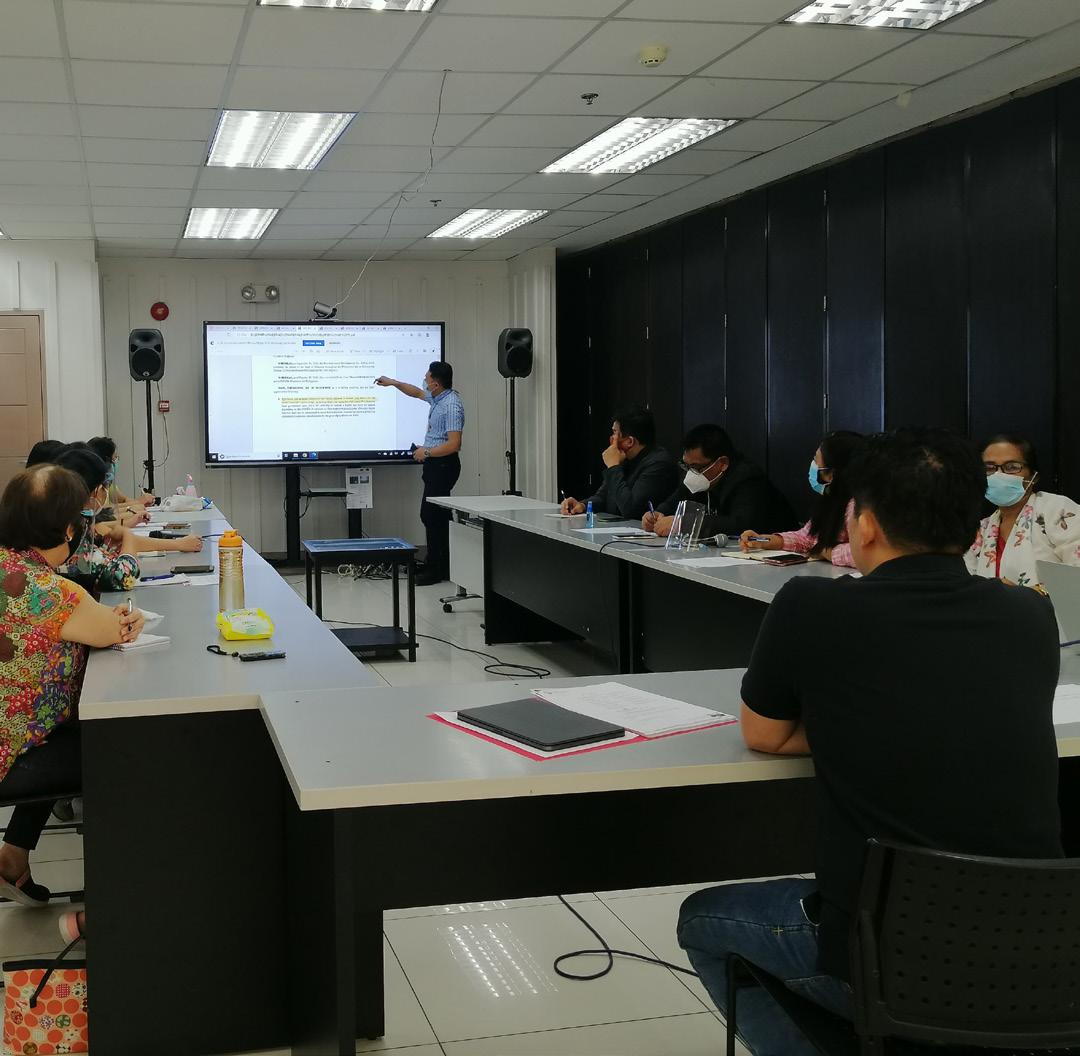
RFO CAR highlighted the importance of the policy and provisions for virtual communication and activities for its work in these difficult times. It noted the conduct of virtual meetings and assessments. It also reported having employed “digital strategies” to continue bidding processes during a pandemic when NCR and other areas in Luzon imposed more restrictions. It specifically noted the conduct of an emergency purchase under RRP I for seeds to ensure that they are appropriately “positioned during the planting season.” The regional office’s assertion that “no bidding activity (was) ever reset due to the pandemic” is remarkable;
RFO-V pointed out its resort to videoconferencing for the conduct of assessments, training, meetings, including BAC Meetings (and online submission of bid documents, especially at the height of the ECQ);
RFO-IX reported having used video conferencing for particular meetings “to continue delivering public service despite the pandemic.” These were BAC meetings/activities for goods, services, and infrastructure procurement, HRMPSB meetings for a “continuous recruitment process”, management conferences and special meetings to discuss emergent matters in the provision of food passes and other relevant concerns;
3) Policy
24 12-These trainings were conducted to impart knowledge on the requirements for the accreditation / certification of the DA-FRSAs food testing laboratories as compliant with ISO/IEC 17025:2017 standard. 13-The webinar was designed to provide a venue to discuss pertinent regulations of the European Union on novel and traditional foods, or those not used for human consumption to a significant degree in the EU before May 15, 1997 and therefore entailed the submission of pieces of evidence relative to safety.
Reports from the RFO VII and RFO-XI also particularly affirm the usefulness of and necessity for virtual communication platforms during this pandemic. RFO CAR acquired a Zoom subscription to facilitate the conduct of virtual meetings and assessments and LED walls and sound systems to improve the quality of presentations during the same. In addition, the management directed the utilization of all possible spaces in the office as mini-conference areas for virtual meetings.
NDA described digital technology as a practical and necessary tool in ensuring service continuity in the agency amid the pandemic. It noted that particularly during its “remote work period,” the use of email, mobile communications, and social messaging applications has intensified for delegating tasks, assigning projects, and securing updates from units (e.g., regional departments).
The agency also noted its use of video conferencing as critical to ensuring that operations remain consistent through the challenging landscape of Covid-19. In this regard, NDA reported having procured a license for its CISCO WEBEX account to provide for its communication-related needs.
NMIS specifically noted that the office used subject communication platforms for its online meetings, particularly top management meetings, scheduled regularly for real-time communication and discussion of issues and concerns relating to NMIS operations nationwide. NMIS also reported the online conduct of its HRMPSB job interviews and even oath-taking ceremonies. This manner of conducting job interviews, oath-taking ceremonies, and related activities has also been adopted at the DA-CO. However, there are HRMPSB members who have pushed through with conducting both inside and outside applicant interviews face-toface. The Civil Service Commission has encouraged prior the conduct of online recruitment.
BSWM also channeled through the same means, having conducted training and workshops for various stakeholders in the region through videoconferencing to facilitate the accomplishment of targets and plans as scheduled.
Quite significantly, the Bureau, having followed the suspension of live flag-raising and flaglowering ceremonies (for social distancing ends), revived the conduct of flag-raising ceremonies through the online mode. It has then again lent itself a venue for making important announcements and for top management to deliver messages to employees.
Both BPI and BAR related that meetings and activities are conducted online, thus limiting face-to-face interaction. The BAR specifically noted that as much as possible, communication of official instructions at the Bureau was also channeled through the same means, highlighting the maximization of online technologies to prevent direct contact.
PCA expressed their use of technology, as a whole, to be a necessary tool for social distancing; and
Finally, PFDA pointed out how social media has been playing an integral part in the management of the pandemic. PFDA maintains an official messenger account in the early part of the pandemic for quick dissemination of relevant information and a tool to convey mental and emotional support to employees experiencing distress and anxiety over the pandemic and its consequences. The account also quickly became a forum for discussing various topics.
The COVID19 pandemic significantly affected the way we do things at work and our own private lives. As public servants, we should always prepare to ensure service continuity in our respective workplaces without sacrificing our health and safety. as they say, “no role in the team is too small.” at the same time, we should also take care of ourselves for the sake of our families. i salute all of you, who, in one way or another, contributed and continue to be part of the service continuity efforts of the department of agriculture. thank you, and keep safe.
Mr. JUNIBERT E. DE SAGUN Chief, General Services Division SCPMT-Secretariat

25 “
Provision of Transportation Services for Personnel assigned to report to work. This provision recognizes the fact that: (i) public transportation is still limited while quarantine schemes are being implemented; and (ii) public commuting means more significant risks of exposure to pathogens, including the new coronavirus. Accordingly, efforts of the Department to provide transportation to services for its personnel, particularly those who were relying on public transport for commuting to and from work, is part of the service continuity scheme and health and safety measures to keep personnel and workplace safe from the coronavirus.
The DA-CO and other DA offices recommended this particular requirement with the following objectives:
(a) to enable personnel to travel to work through safe transportation means which substantially limits exposure to the deadly virus and (b) to help safeguard the workplace against the possible risk of contamination with the SARS-COV-2 virus. Commuting personnel have greater chances of contamination.
At the DA Central Office, official service vehicles were provided to ferry personnel assigned as part of the skeleton workforce (and without personal/ private means of transportation) during the ECQ/ MECQ in the NCR. Vehicles assigned to officials and those under general dispatch, as well as a bus and other vehicles borrowed from bureaus and attached agencies were utilized for this purpose. The Department also procured shuttle services to supplement personnel transportation requirements in December 2020, when the operational capacity of the DA-CO is already at the “qualified 100%” level14
The NMIS reported having had to procure shuttle services for its personnel as its service vehicles were not enough for its transportation requirements when public transportation was suspended.
RFO-IVB provided transportation services to personnel, which entailed using existing office vehicles, augmented by a van service rental to transport DA-MIMAROPA essential personnel residing in Fairview to San Jose Del Monte, Bulacan areas.
RFO-VIII provided four (4) vehicle units to fetch and drop – off employees at designated pick-up points across Tacloban City and neighboring towns.
RFO-IX allowed its vehicles to transport frontliners from their respective residences to the office and back.
During the the imposition of ECQ in Davao City, RFO XI provided transportation service to the office’s skeleton workforce for travel from home to office and back, adopting the flexi-time schedule to facilitate its provision.
The BAFS also provided transportation services to personnel required to work but did not have private means of transportation during the implementation of a two-week rotation scheme.
During the initial months of the pandemic, BAFS implemented a system where employees affected by the lack of public transportation were on a WFH arrangement. Those living within the vicinity of the office were assigned to perform work onsite.
The BAR adopted a policy of providing transportation services to personnel under a scheme that depended on how far their residences were from the workplace. Thus, those living within a 40 km- radius from BAR offices were provided shuttle services daily. Those who reside at places more than 40 kilometers away were provided transportation services but only at the beginning and end of the two-week rotation scheme.
RFO-CAR reported providing transportation services to all personnel reporting to the office, including outsourced staff (i.e., janitors).
4)
26 14-100% of personnel not under the category of employees with special protection under CSC guidelines are required to report to work on all workdays. d the submission of pieces of evidence relative to safety.
OTHER OFFICES that reported providing transportation services to personnel who also do not have personal vehicles are the following: RFO-V, RFO-VII, BPI (both through the use of BPI vehicles and van rentals, by at least 2 divisions and the Planning Management Office for their units’ respective personnel), NDA, ACPC PhilRICE, and PFDA.
5) Provision of Housing Quarters for Personnel – Various offices reported having offered and provided reasonable housing accommodations for personnel reporting to work amid the imposition of various quarantine classifications.
FDC offered the use of its dormitory to employees working onsite during weekdays to lessen the frequency of people going to and from the workplace vicinity, thus lowering risks of exposure to the Covid-19 virus;
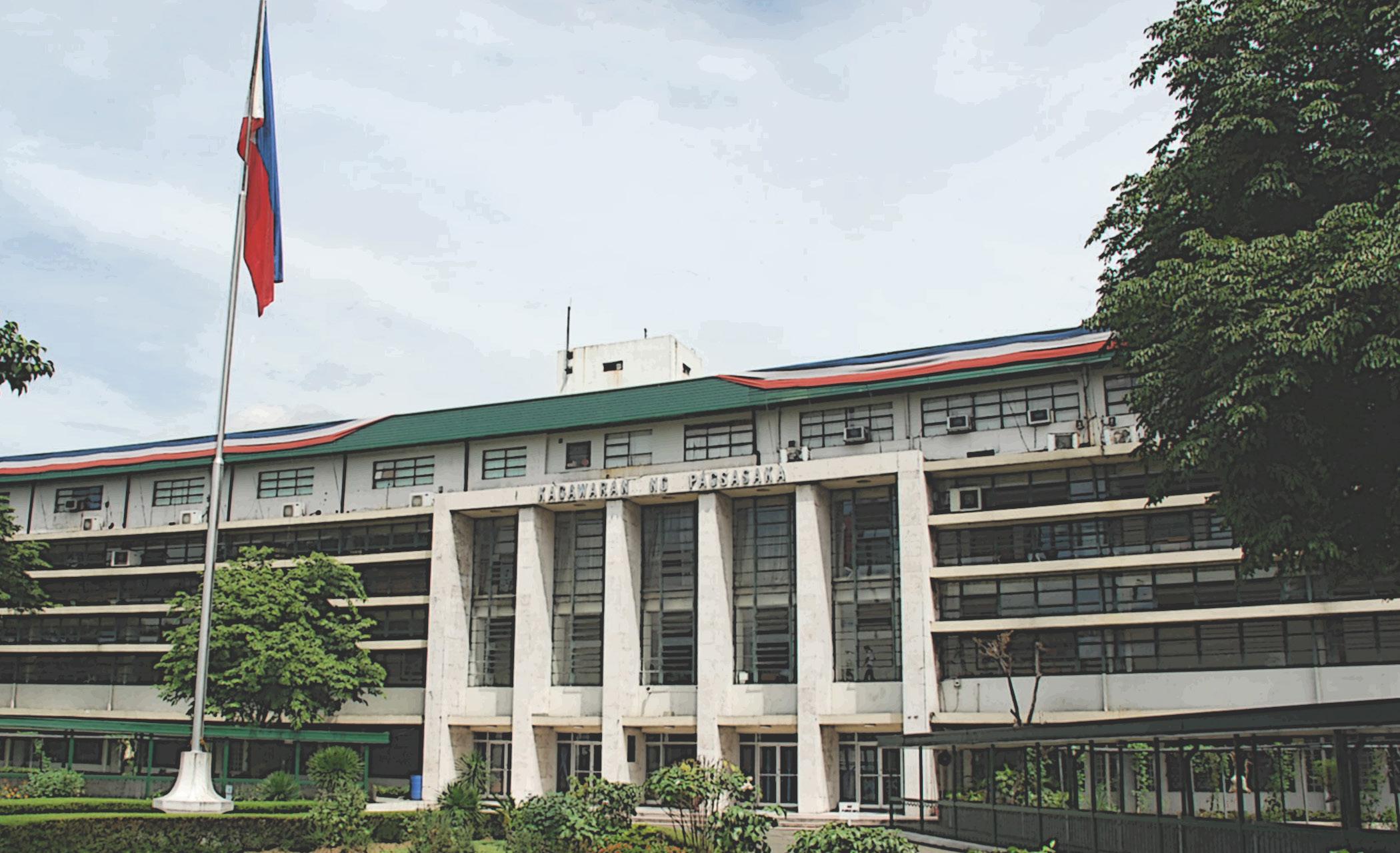
The BAFS reported that the Bureau provided accommodations for personnel with transportation issues during the implementation of the two-week rotation scheme;
NDA also noted having provided housing accommodations to its personnel needing the same, as practicable, and subject to applicable rules and procedures;
PFDA skeleton workforce employees, janitorial and security personnel who could not use the shuttle services were allowed to stay at the office to minimize exposure to Covid-19.
6) Processing and Payment of Covid-19 Hazard Pay for Days Worked during the ECQ and MECQ periods (in 2020) according to AO 26 (DBM) and AO 28. This DBM AO authorized the grant of Covid-19 Hazard Pay to qualified government personnel. This includes Contract of Service and Job Order personnel and grounded on the national government’s recognition of the efforts of personnel reporting to work during the said quarantine period and the high risk of contracting the Covid-19 virus attendant to onsite work reporting. The Department appropriately deems the processing and payment of hazard pay as an essential support mechanism for service continuity. The SC Reports from RFO CAR, RFO-II, NMIS, BAR, NDA, and NFA essentially affirm this position and offices noted having completed hazard pay remuneration. DA-CO personnel has likewise received their hazard pay.
27
Specific Notable Facilitating and/or Support Interventions to Operationalize AWAs for Service Continuity


In addition to the support or facilitating interventions under A.3 above, which were operationalized across a substantial number of DA offices, there are some notable specific measures and interventions adopted to facilitate service continuity under alternative work arrangements. These are:
Food Provision for the Skeleton Workforce
During the first round of the imposition of enhanced community quarantine in the NCR, DA-CO personnel who reported to work as part of the skeleton workforce were provided free lunch packages. This provision addressed the gap in terms of food access at that time, where the DA Main Compound cafeteria suspended its operations. Prior to this, on-site personnel had to buy food outside the compound every lunchbreak. This predicament was allayed when food supplies were provided to limit the personnel’s risks of exposure to the Covid-19 virus.
RFO-V also reported having provided free lunch for its reporting personnel during the ECQ period.
Interim Adjustment of the Daily Subsistence Allowance and Monthly Ceiling of DA DriversMechanic engaged through Contract of Service
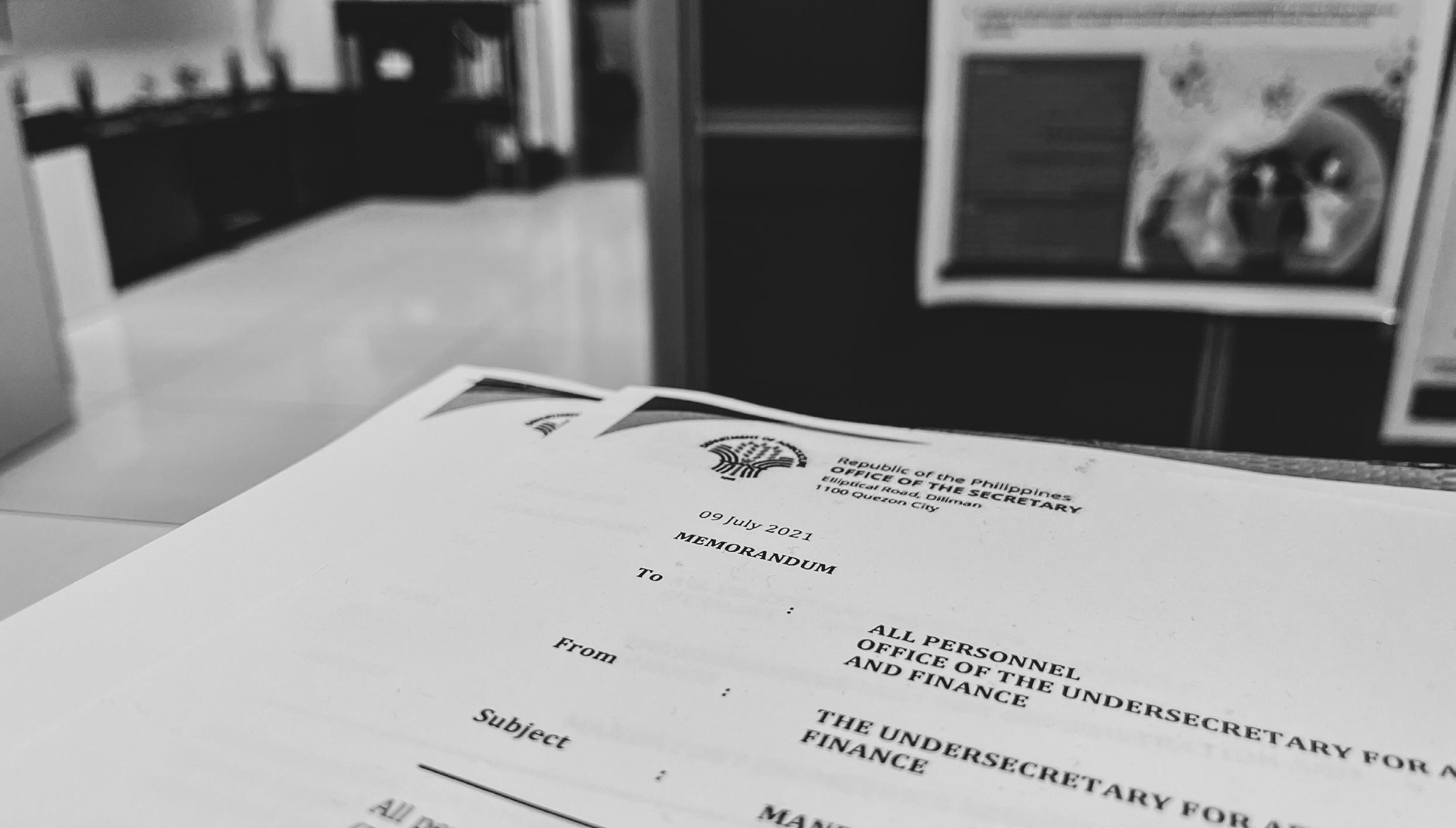
A support measure implemented by DA-RFO-CAR, the regional office explained that the adjustment was made due to the substantially greater work expected of and performed by its driver-mechanics during the implementation of ECQ in Luzon.
Thus, as the ECQ restrictions limited the farmers’ ability to bring their produce to the trading or marketing centers, the DA-RFO CAR allowed its vehicles (trucks) to be used to deliver vegetables from the region to markets/trading centers/other buyers outside the area. For this reason, its drivers under Contracts of Service were one of the busiest personnel at that time. They immediately returned to the station as soon as their cargos were unloaded from the trucks to make other deliveries. The DA-RFO CAR management resolved to provide daily subsistence allowance to concerned truck drivers with continuous travels without limit (as expressed in Memorandum no. 2020-04-087, Series of 2020).
Helpers assigned to assist drivers for necessary and safety purposes also received benefits granted in Memorandum no. 2020-04-087, Series of 2020.
28
I II
Reimbursement of Expenses for Covid-19 Tests (RFO-IVB)
When inter-island travel in RegionIVB permitted, negative tests became a requirement for entry and exit in the area.



In this regard, the SCPMT resolved for personnel on official travel and employees identified as Person under Monitoring (PUM) to have their expenses incurred for Covid-19 tests be reimbursed by the agency.
Securing Services of Medical Doctors for Health Assessment and Issuance of Required Medical Certificates for Travel (RFO CAR)
Essential travels within the CAR were allowed but this entailed the presentation of medical certificates at checkpoints.
For purposes of necessary trips to reach farmers in the provinces, the staff of RFO CAR initially secured medical certificates from local government health units. However, upon deliberation that the team could be at a greater risk of Covid-19 exposure while queuing for health centers’ services, RFO CAR sought possible alternatives.
The Health and Safety Team eventually enlisted the help of a volunteer medical doctor to conduct health assessments relative to Covid-19 and issue medical certificates for the regional office staff at the DA CAR premises. This intervention happened once a week for three weeks where the HST assisted the doctor until it was discontinued when the doctor transferred to another government health facility.
DA-CO enlisted the services, at least for a few months, of a Medical Consultant
Free consultations with a health professional for personnel needing advice in the management of Covid-19, medical, and even psychological assistance were given.
Responding to the need for medical certificates, which were continually required at checkpoints within CAR, the HST facilitated the hiring of a medical doctor. This hiring was intended to provide for the staff accessible medical consultation services and ensuring that they are free of Covid-19 symptoms.
Accordingly, personnel ascertained to be with Covid-19 symptoms were instructed to isolate or submit to Covid-19 testing.
The Department has been quick and vigorous in its efforts to facilitate the implementation of measures to promote the health and safety of the DA workforce and keep the workplace safe from the Covid-19 virus. The reason was reasonably clear-cut –- service continuity. In the context of an ongoing pandemic, unhampered service can only push through with a healthy and protected workforce. Thus, for a Department that adheres to the view that the personnel is its most important resource, full support is provided to keep them in the best health and safe from the dreaded virus as much as possible. The following are interventions geared towards observing health and safety practices meant to control the transmission of the Covid-19 virus among the DA personnel.
III V
IV
IMPLEMENTATION OF HEALTH AND SAFETY PROTOCOLS AS PRECAUTIONARY MEASURES TO REDUCE RISK OF COVID-19 INFECTION AMONG PERSONNEL
29
HEALTH AND SAFETY PROTOCOLS AFFIRMED IN ADMINISTRATIVE ISSUANCES
Food Development Center Guidelines on Workplace Prevention and Control of Covid-19
Upon the recommendation of the SCPMT, health and safety protocols precautionary measures against Covid-19 and Department guidelines on service continuity were already laid. First provided under AO No. 8, S. 2020 (adopted March 12, 2020), or even before the declaration of a state of a public health emergency, these precautionary measures were to be enhanced as the community quarantine period continued to be imposed all over the country.
By end-December of the past year, the DA would have the Service Continuity Guidelines, adopted as AO 23, 2020 (May 29, 2020), as its comprehensive guide on workplace precautionary measures aimed to keep personnel and the work environment safe from Covid-19 and other viral diseases.
Protocol of Health and Safety Measures at the DA Regional Field Office – MIMAROPA (issued through an Office Memorandum)
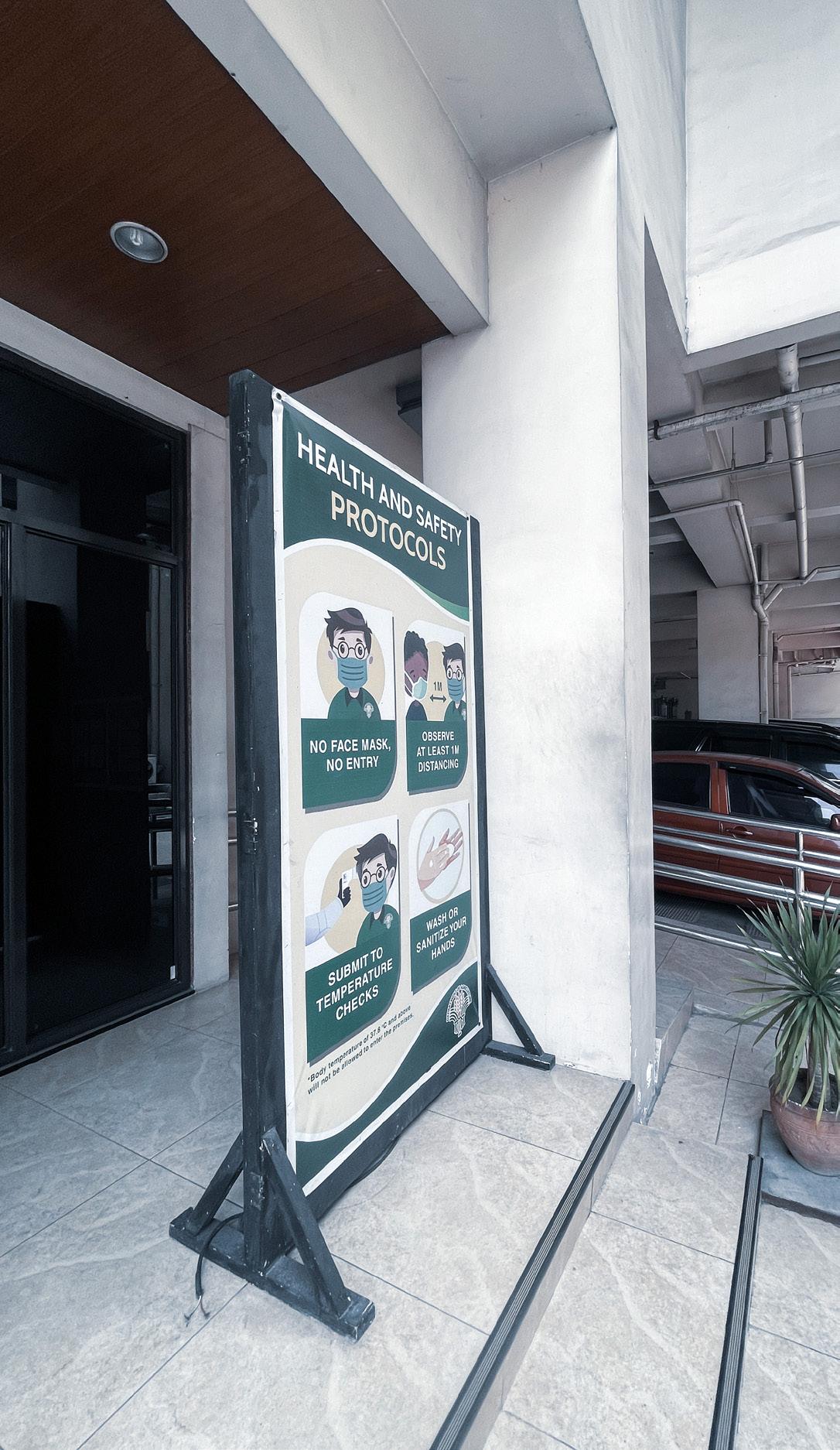
Protocol under the new Normal in Transit from the Period of Coronavirus (Covid-19) Pandemic Towards a Resilient DA-Western Visayas Workplace (SO No. 116, Series of 2020, dated July 13, 2020)
Designation and Installation of Health and Safety Focal System Head, Health and Safety Officer per Division and their Alternates.
Guidelines on Service Continuity and Minimum Safe and Health Protocols in the DA-BAR –(Issued through Memorandum Order No. 23 (Aug. 24, 2020)
Supplemental Guidelines and Protocols in accordance with the new normal workforce and workplace management plan of the Department of Agriculture.





Manual of Operations on the NMIS New Normal Workplace Management (issued on June 6, 2020 as Memorandum Order No. 062020-234)Internal Guidelines in compliance with Workplace Rules for Office- Based and Field Personnel and Precautionary Measures intended to curb the spread Covid-19;

FDC RFO-IVB RFO-VI BAR BSWM NMIS
30
RFO-V
Protocols on Safety and Precautionary Measures, Additional Service Continuity
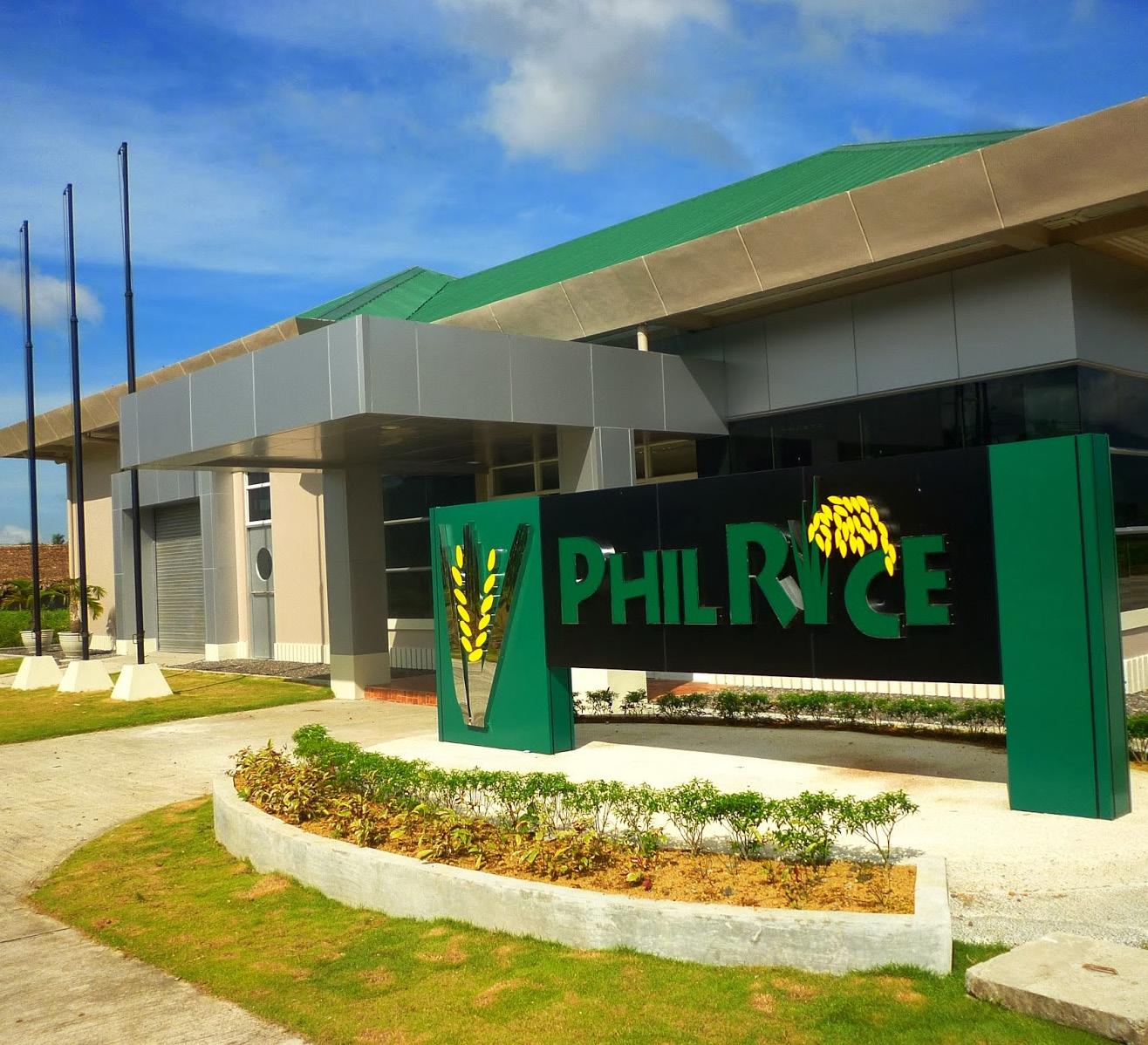
Protocols, Construction Safety Protocols, Alternative Working Arrangement Protocols, Unloading and Receipt of Delivery Inputs



Protocols, Medical Team Response Protocols, Additional Protocols on Office Lockdown, Isolation and Disinfection;
PCAF PhilRICE
Memorandum dated May 15, 2020 Re: PhilRICE Safety and Health Protocol Under Enhanced Community Quarantine (ECQ), Modified Enhanced Community Quarantine (MECQ) and General Community Quarantine (GCQ. It is a comprehensive set of safety requirements and procedures governing or relating to:
(a) Entry into the PhilRICE compound;
(b) Quarantine Facility Requirements; (c) Operations of the PEMCO; (d) Meetings and Group Activities; (e) Official Travels; (f) Workplace Sanitation; (g) Visitors and Other Stakeholders; (h) Construction Activities; and (i) Safety Officers.
Six (6) sets of Health and Safety Protocols to prevent transmission of the virus from one employee to another. Specifically, these are detailed rules relating to health and safety in the following areas: (i) Inside workplaces at PCAF offices; (ii) use of vehicles and shuttle services; (iii) DA-Apacible Hall and DAPCAF Annex Building entrances; (iv) Entry of employees and receiving of guests and visitors at the DA-Apacible Hall and DA-PCAF Annex Building; (v) on the use of conference rooms and dormitory; (vi) on the use of toilets.
31
INFORMATION AND EDUCATION ON THE COVID-19 VIRUS, DISEASE, AND PANDEMIC
Marami pang iba’t ibang proyekto ang darating. Ang hinihiling ko lang po ay ipagpatuloy po natin ang ating pagsasaka at pangingisda. Iyon namang mga nag-nenegosyo, dapat ay may puso at damdamin kayo na tumulong din sa mga magsasaka at mangingisda.


Do not take advantage during this pandemic.
- Sec. William D. Dar
32
“ “
INFORMATION AND EDUCATION ON THE COVID-19 VIRUS, DISEASE, AND PANDEMIC


Raising awareness surrounding the new coronavirus, its effects, and the pandemic that has upended lives worldwide are deemed crucial to engendering a deep understanding and, thus, the proper attitude towards Covid-19 response measures which had to be institutionalized. Information can lead to a greater degree of appreciation on measures imposed and could lead to a high-level of compliance among the people. Accordingly, part of the Department’s efforts related to the implementation of the health and safety measures were the following:
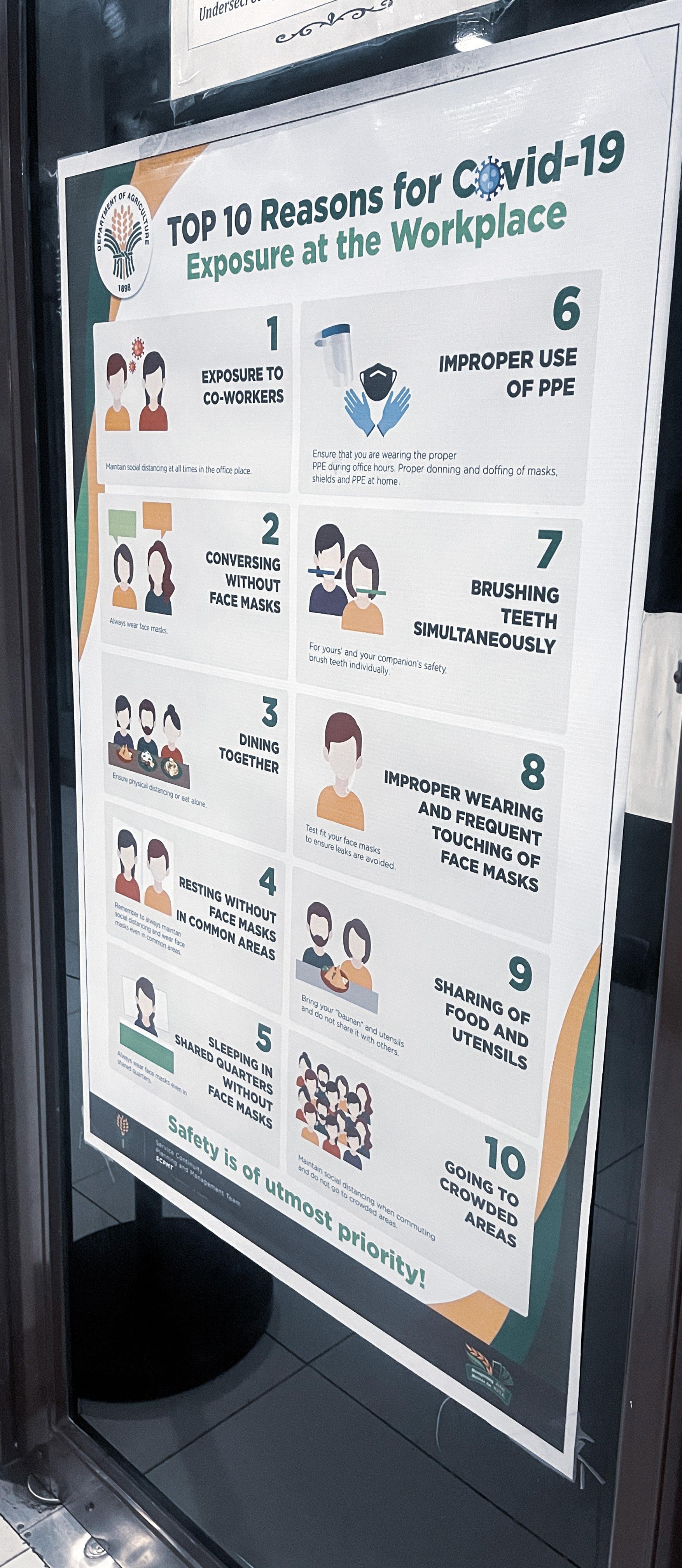
33
“
The threat of hunger is as real as the threat of Covid-19.
- Sec. William D. Dar
INFORMATION AND MESSAGE COMMUNICATION THROUGH POSTERS
Its purpose is to disseminate facts and information related to Covid-19 and communicate messages on the observance of health and safety practices to prevent virus transmission, among others.
1. Putting up posters of various sizes containing relevant information, infographics, and other visual contents in strategic areas within the premises of DA offices.
At the DA-CO main compound, posters displayed include those on safety measures to keep oneself protected from Covid-19, respiratory etiquette, how to use masks, proper handwashing, and the most common causes of Covid-19 exposure in the workplace. Informational materials posted around the BAFS building include those on “How to Handrub”, “How to Wear a Medical Mask Safely”, and coughing manners. BPI has put up signages on the proper wearing of masks, handwashing, and the observance of social distancing in conspicuous places within the Bureau premises;
At the NMIS offices, its SCPMT put up various posters containing infographics on keeping the workplace safe from Covid-19. It is notable that some of the agency’s posters boldly announce “No to Fake News” and enjoin sourcing of information only from reliable sources, particularly the DOH website.
Other DA offices reported displaying posters of infographics relating to the Covid-19 virus, disease, and pandemic and the proper protocols to avoid infection and to curb further transmission of the virus in different settings, especially in work areas.15
EDUCATION AND CONSULTATION SESSIONS RELATED TO Covid-19
Different offices organized various live webinars on Covid-19 covering a broad range of topics related to Covid-19.
These were initiated at the DA-CO for target audiences DA-wide.
BEING MINDFUL IN THE TIME OF Covid-19: A Live Webinar (July 24, 2020) -- Resource speaker Doctor Cheridine Oro-Josef, M.D., a medical practitioner and educator who is very active in the area of, among others, Covid-19 prevention, management, and treatment, imparted the then-latest information on Covid-19 as well as experts’ insights on how to best keep one’s self mentally and physically healthy during this pandemic. At least fifty (50) participants joined the activity.
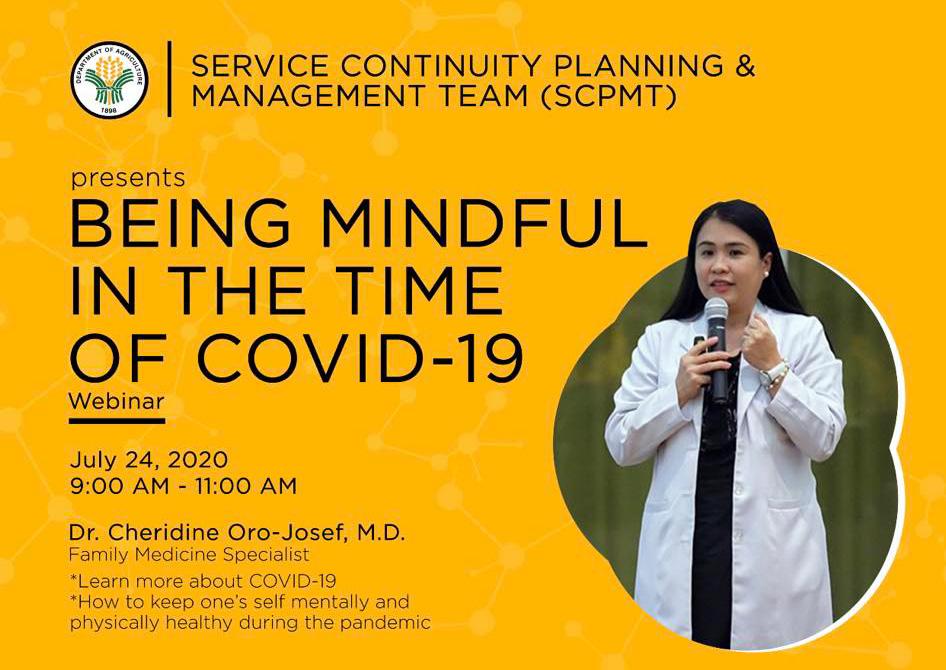
PRACTICAL GUIDELINES ON Covid-19 (September 8, 2020) -Designed for Health and Safety Officers and Coordinators (HSOCs) of DA’s various offices, the purpose of the webinar was to address the continuing need for awareness on how to manage the effects of the Covid-19 pandemic in the Department.
Specifically, it is meant to enhance Covid-19 response on the part of DA-wide HSOCs, which is ultimately linked to the mitigation of the spread of the Covid-19 virus in the workplace and the elevation of the quality of the support provided by said officers and coordinators to DA personnel. The resource person delivered a lecture on the latest information on the Covid-19 pandemic and practical guides for mitigating the spread of the virus, contact tracing, and management of the infection. After the lecture, she engaged the participants in a lively open forum. Two hundred twenty-seven (227) personnel, mostly HSOCs, attended the activity.
E-KONSULTA MO KAY DOKTORA (September 25, 2020) –
This Webinar/Consultation Session was designed for those directly affected by this pandemic particularly those who have tested positive for SARS-CoV-2 or are otherwise deemed probable or suspect Covid-19 cases. The participants include (a) Health and Safety Officers and Coordinators; and (b) Personnel of the DA (CO, RFOs, and Bureaus) and its Attached Agencies and Corporations. It was intended to provide an opportunity for increasing literacy on the latest information on the Covid-19 virus and disease, especially in boosting the immune system, fighting the infection for SARS-CoV-2, and managing symptoms associated with it Covid-19.
Dr. Oro-Josef gave a brief lecture on the fundamental matters relating to the Covid-19 pandemic, stressing that the single most important weapon against the coronavirus is preventing infection by practicing various preventive measures against contracting and spreading pathogens. There was a discussion using the Question and Answer format where those in attendance were able to confer with the resource speaker on, among others, their respective personal issues re: Covid-19 management (as confirmed cases) or as Health and Safety officers / coordinators, assisting co-workers who contracted SARS-CoV-2.
1 2 34 15-The use of offices of infographics and even warning signs and signages pertaining to Covid-19 response will be specifically pointed out under II.B.4. MOBILIZATION OF OTHER LOGISTICAL AND MATERIAL SUPPORT FOR PROTOCOL OBSERVANCE of this Special Report.
EDUCATION AND CONSULTATION SESSIONS RELATED TO Covid-19
The BAFS organized and conducted at least three seminars for its personnel on subject matters related to the pandemic, as follows:
• Covid-19 RESPONSE IN THE WORKPLACE: KNOW WHAT TO DO, with Dr. Aireen Macabanti, M.D. as resource speaker, was a seminar which aimed to provide basic information on Covid-19 as well as to discuss recommended guidelines for health and safety at the workplace;
• SURVIVING Covid-19 WHILE BATTLING SOCIAL STIGMA with the following as resource persons: (a) Dr. Aireen Macabanti, a medical doctor; (b) Kagawad Arwhin Orolfo, Brgy. Vasra’s Barangay Health Emergency Response Team (BHERT) Representative; (c) Dr. Irene Carmelle Tan, a psychiatrist; and (d) Fr. Edgar Boglosa, a priest. The seminar aimed to combat the stigma experienced by employees who tested positive for the deadly virus. These individuals were allowed to share their experiences as confirmed Covid positive;
• CORONANG TINIK: ESTADO MONG MALUPIT -- COPING IN THE PANDEMIC WITH A HEALTHY MIND” with Ms. Riyan
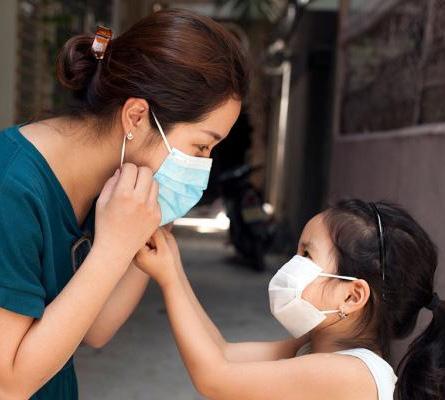
A. Portuguez, also known as “Your Millennial Psychologist” in social media. The seminar aimed to disseminate information regarding mental health during a pandemic. Specifically, the forum discussed the effects of the current pandemic on employees’ mental health. It served as a venue for providing mental support to participants whose mental state may have already been adversely impacted by the difficulties occasioned by the pandemic.
For its part, the NMIS conducted an ORIENTATION OF THE OPERATIONAL FRAMEWORK OF Covid-19 RESPONSE IN THE WORKPLACE held on October 2020, specifically on the provisions of DOH-DM No. 2020-0439 or the “Omnibus Guidelines on the Prevention, Detection, Isolation, Treatment and Re-integration Strategies for Covid-19 and the DOH “Workplace Handbook on Covid-19 Management and Prevention”.
RFO-IVB conducted seminars on:
• Covid-19 FACTS AND MYTHS – Conducted in coordination with the DOH. It was facilitated to engender a greater understanding of the Covid-19 disease on how individuals could reduce their risk of infection.
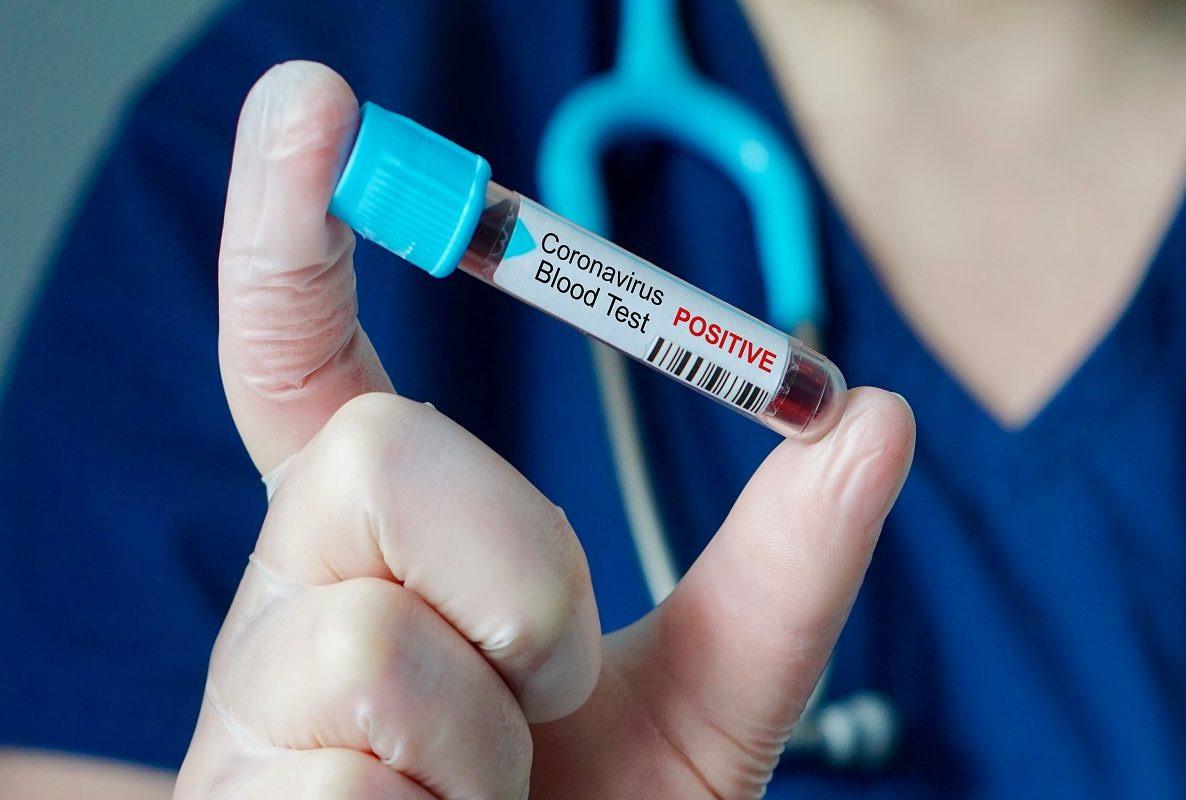
• MENTAL HEALTH AWARENESS, I.T.’S OK NOT TO BE OK -- A webinar conducted by and in coordination with the DSWD-MIMAROPA. A venue for knowledge sharing on the effects of the pandemic on the mental state of the affected population and how to cope with it. The participants were able to share personal experiences during the community lockdowns and air feelings about the health pandemic.
RFO-VI conducted AN ORIENTATION ON Covid-19 PREVENTION AT THE WORKPLACE on July 29, 2020, with the DOH - Western Visayas Center for Health Development (DOH-WVCHD) as Resource persons.
As for RFO-VII, it conducted a three-day Covid-19 RESPONSE AND STRESS-DEBRIEFING SEMINAR to impart knowledge on Covid-19 and ease the minds of the employees the stress caused by the pandemic. This intervention meant providing necessary psychological and emotional support to RFO staff as they deal with the difficulties occasioned by the pandemic. The activity would facilitate moving forward and adaptinfg to the new normal.
RFO-XII also had its personnel undergo a MENTAL HEALTH AWARENESS SEMINAR, underscoring the need for each employee to stay physically and mentally healthy amidst the pandemic.
2
continuation
35 reactgroup.org
MECHANISMS FOR ASSISTING COVID-19 PATIENTS (CONFIRMED, PROBABLE, SUSPECT) AND CLOSE CONTACTS, CONTACT TRACING, MONITORING, AND DOCUMENTATION OF COVID-19 CASES
Tapping of personnel with medical or paramedical background for emergency and medical response Designation of Health and Safety Coordinators (HSCs) for different Department divisions, services, units, and offices
The DA Health and Safety Officer (currently one from the DA-CO Personnel Division) took over the role of the “emergency response unit” and, through a Special Order issued in June 2020, was assigned to perform functions critical to ensuring the observance of the health and safety protocols related to pandemic response.17
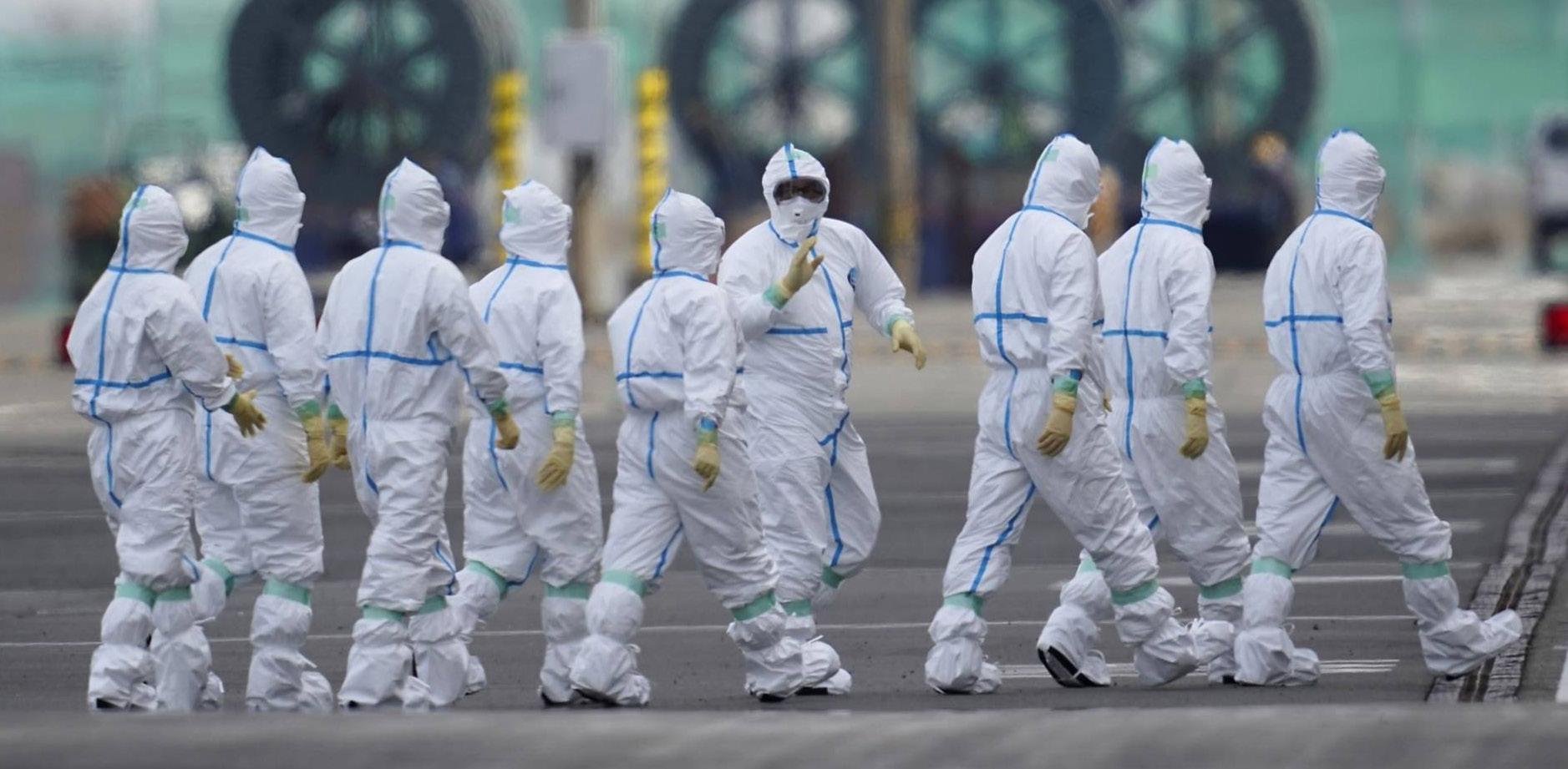
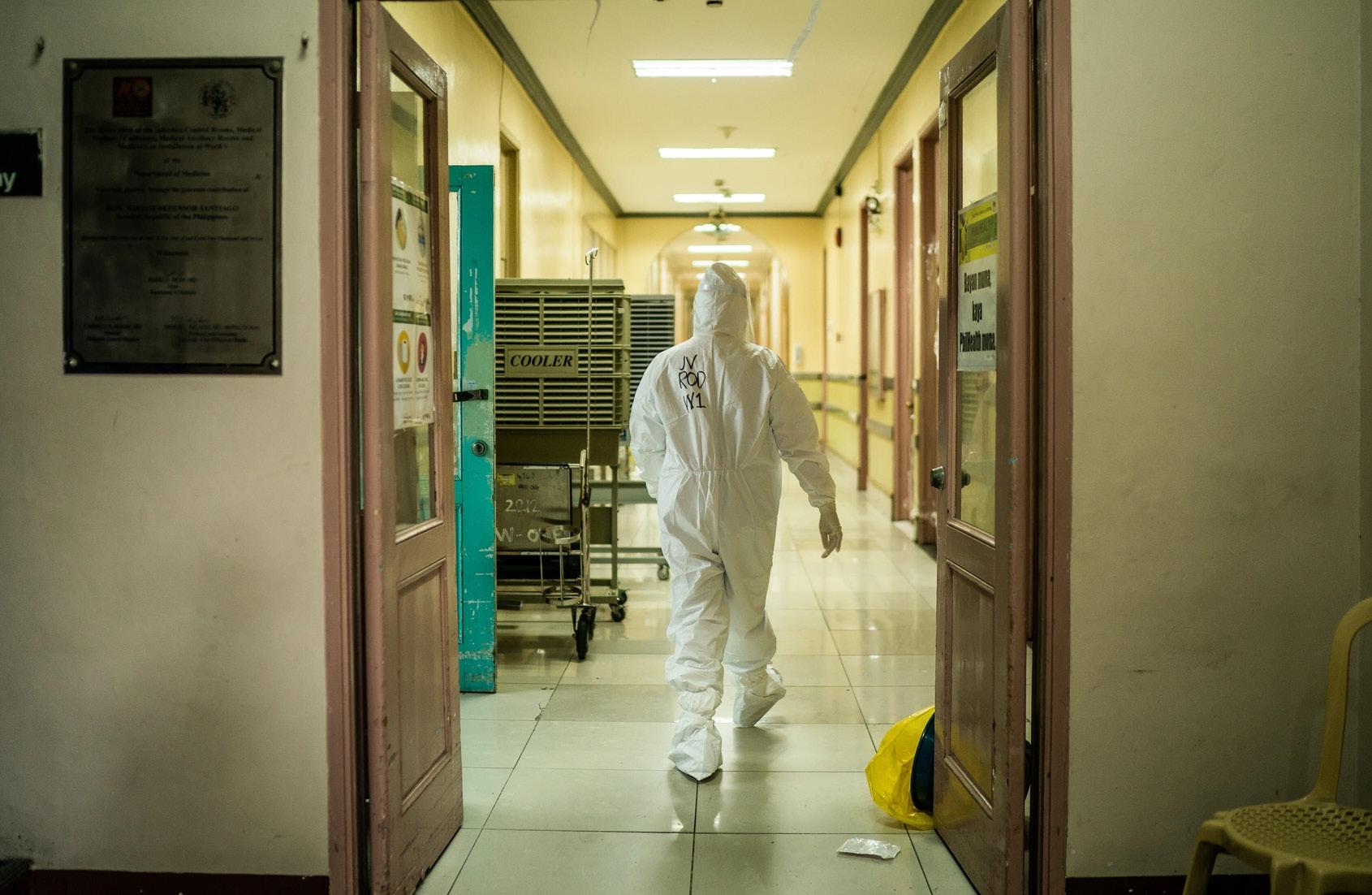
Early into the pandemic, the DACO formed an ad hoc Covid-19 emergency/medical response unit enlisting the services of two personnel with medical or paramedical backgrounds for the purpose16. The team was the focal personnel in the operationalization of protocols on workplace Covid-19 case management, which includes the initial assessment of cases, referral to quarantine or medical facilities, providing advice on health and safety measures and essential clinical matters related to Covid-19. They had been responsible for doing or providing assistance in contact tracing, monitoring of the health status of confirmed, probable or suspect cases as well as of individuals determined to be close contacts (of confirmed and probable cases) and performing necessary documentation and coordination activities.
RFO-CAR made a parallel move. It created the DA-RFO CAR Ad Hoc Covid-19 Emergency Response Team – (AD Hoc ERT) for purposes of “a more targeted emergency response” relative to Covid-19 cases affecting its personnel. The RFO decided that the team shall be composed of representatives from each division and provisional members with medical backgrounds (nurses/ med-tech/veterinarians) to facilitate close monitoring of all divisions and sections. DA-CAR Health and Safety Team later replaced AD Hoc ERT.
1 2
36 washingtonpost.com japantimes.co.jp 16-Two staff (both nurses) formed the unit and were active for the most part of the ECQ period in the NCR. Thereafter, the DA Health and Safety Officer (with a degree in DMD and has a paramedic background) assumed as the responsibilities of the unit. 17-Unfortunately, the designated Alternate Health and Safety Officer (formerly one of the two staffers in the emergency response unit) already left the Department reportedly for another professional engagement and was no longer able to dispense functions as alternate HSO.
The DA-Health and Safety Officer tasks are listed under Annex “A” of the Service Continuity Guidelines (A.O. No. 23, S. 2020).
Designation of Health and Safety Coordinators (HSCs) for different Department divisions, services, units and offices.
Through a Memorandum dated July 20, 2021, issued by the Undersecretary for Administration and Finance and SCPMT Chair, Division Chiefs and Heads of other units of the DA-CO were designated as Health and Safety Coordinators of their respective divisions/ units.
Through a Memorandum dated August 11, 2020, the same Undersecretary extended the application of the earlier directive to the heads or authorized representatives of RFOs, Bureaus, and Attached Agencies and Corporations. In this memo, the chiefs of these offices are to be considered as the Health and Safety Coordinators.
The same memorandum also restated the directive for the submission by the HSCs to the DA HSO of Incident and Contact tracing Reports on Covid-19 cases among the personnel of the concerned divisions or other units (DACO) or among the personnel of RFOs, bureaus, and attached agencies and corporations. Further, this urged all officials to deal with Covid-19 cases following the applicable rules and protocols under DA AO 23, S. 2020, as amended, related to the Department and relevant government agencies issuances, including those of the DOH and CSC.
Accordingly, from March 2020, the DA-wide HSO, the Office of the Undersecretary for Administration and Finance, has had numerous encounters with HSCs, functioning as the concerned office’s focal persons on personnel health and safety-related matters. In this regard, it has become commonplace to hear of health and safety teams instead of just one coordinator at DA RFOs, Bureaus, and Attached Agencies and Corporations. Also, there were different titles and designations by which concerned individuals and teams are referred to (e.g., Occupational Health/ Safety Officer). However, more than the titles or assignments, it is more important to recognize the critical contributions of health and safety coordinators, officers, or teams of some RFOs, Bureaus, and Attached Agencies and Corporations.
Accordingly, highlighted here are the Covid-19 Response contributions of the Health and Safety Team of the DA-RFO CAR (created through 2006-072 S.2020).18 Based on the DA-CAR SC Report, these contributions are:
• Recommendations to the management in aid of formulation of guidelines on precautionary measures against Covid-19;
• Support to KADIWA in manning the health screening area, conducting temperature checks, managing traffic of applicants for the Food Lane Conduct Pass;
• Conducted internal Contact tracing and Case Monitoring;
• Distributed PPEs and medical supplies;
• Provided education on disinfection activities (e.g., on the proper mixture of disinfectants);
• Successfully sought the services of a volunteer doctor; later facilitated the hiring of a doctor after the volunteer doctor had to leave for another work assignment;
• Liaised with and successfully secured pertinent provisions/services from the City Government of Baguio, the DOH, and the PNRC (e.g., free RT-PCR Testing and free flu vaccination for personnel
Institutionalization of a Covid-19 Case Reporting Mechanism
Guided by pertinent issuances, the DA SCPMT was able to institutionalize a Covid-19 case reporting mechanism. Thus, DA offices have the responsibility to inform the DA (through the SCPMT) to submit reports on incidents and monitoring reports on Covid-19 cases in the workplace.
Over the many months that have passed from the declaration in March 2020 of a state of public health emergency in the entire country, the OUAF continually monitored submissions of Covid-19 case reports (Incident, Contact tracing, Monitoring) to the Central Office and has maintained a tabulation of Covid-19 cases DA-wide. While actual reporting may not have been perfect, this mechanism has enabled the DA top management to have a background of the current DA-wide Covid-19 situation.
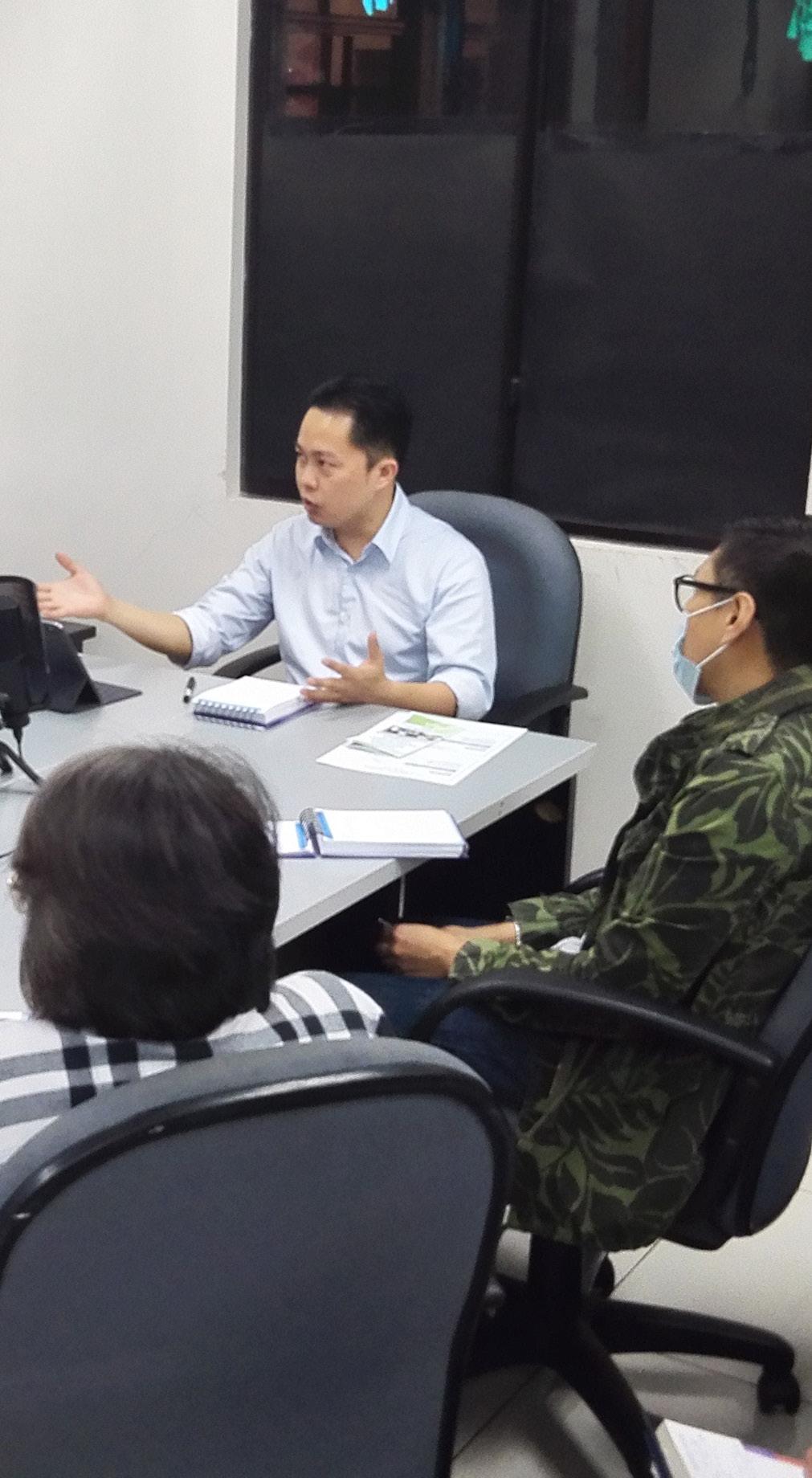
3
4
37 18-The Health and Safety Team was created on June 15, 2020 to replace the DA-RFO CAR Ad hoc Covid-19 Emergency Response Team, pursuant to AO No. 8 series of 2020, dated March 12, 2020.
Monitoring of the Health Status of Personnel 5 6
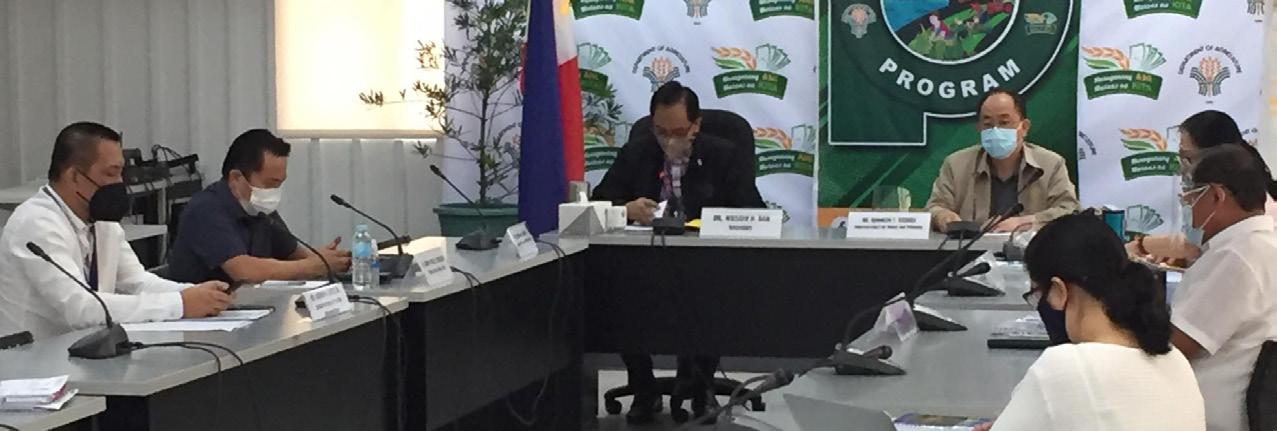
Monitoring and Documentation of Covid-19 Cases
A task taken on by the DA Health and Safety Officer (for DA-CO Covid-19 cases) and the OUAF (for Covid-19 cases of non-DA-CO offices), involve the monitoring of Covid-19 case reports by different offices DA-wide, the tabulation of case statistics on confirmed Covid-19 cases (indicating the number of active and recovered cases as well as those that unfortunately resolved in deaths of patients) and close coordination with Health and Safety officers/ coordinators across the DA family of offices. Thus, the Undersecretary for Administration and Finance and SCPMT Chair has been able to consistently, provide the Secretary and the entire Management Committee updated Covid-19 Situationers across DA offices.
Under the Service Continuity Guidelines, personnel who may be experiencing specific symptoms associated with Covid-19 (fever at 37.8 or higher, cough and cold) shall immediately inform their immediate supervisor of their health condition. Individual temperature monitoring has been facilitated through temperature scanners made available for personnel in the different DA offices. Beyond self-monitoring and reporting to supervisors, however, some DA offices implemented additional processes to improve the health monitoring of their respective personnel:
FDC – Personnel who register normal temperature during temperature scanning at the entrance of the compound are required to submit an accomplished HDF. Concerned division chiefs review the submissions and take action as needed. FDC also set up an online system for surveillance.
BAFS implemented a system for the monitoring of the health status of its skeleton workforce. The Bureau’s I.T. personnel developed a system automating Health Declaration Forms integrating the entries into the respective PDS accounts of the employees. The entries in said forms are accomplished daily, focusing on body temperature and Covid-related symptoms and travel that the employee might have had. Information in the declaration is “coordinated” with the Health Protocol Officer. Stay Safe app subsequently replaced the system.
BSWM required the daily reporting of the health status of employees under WFH arrangements.
ACPC came up with an Online Attendance and Health Monitoring System, which features an online Health Declaration Checklist for the agency’s personnel to accomplish. This system has been helping ACPC monitor the daily health condition of its employees.
PhilFIDA has also been requiring its personnel to accomplish and submit a Daily Health Checklist.

RFO-II screened its personnel before allowing them to enter their offices. They must go through a temperature check at a screening area, where they would also have to fill out and submit a Covid-19 Surveillance Form. The Personnel is also required to register in the said form his/her travel history and clinical information.
RFO CAR has been requiring its personnel to submit accomplished Health Declaration Forms.
RFO-V logged the body temperature of its employees in a Daily Temperature Log Form in every division, section, unit. The report includes some manifestation of symptoms of its employees to be submitted to the Medical ResponseTeam of the regional office;
RFO-VI adopted a policy where the Human Resource staff and the Trained Life Support First Aider shall take charge of mandatory temperature checks and travel history of employees (and visitors) before entry into the premises.
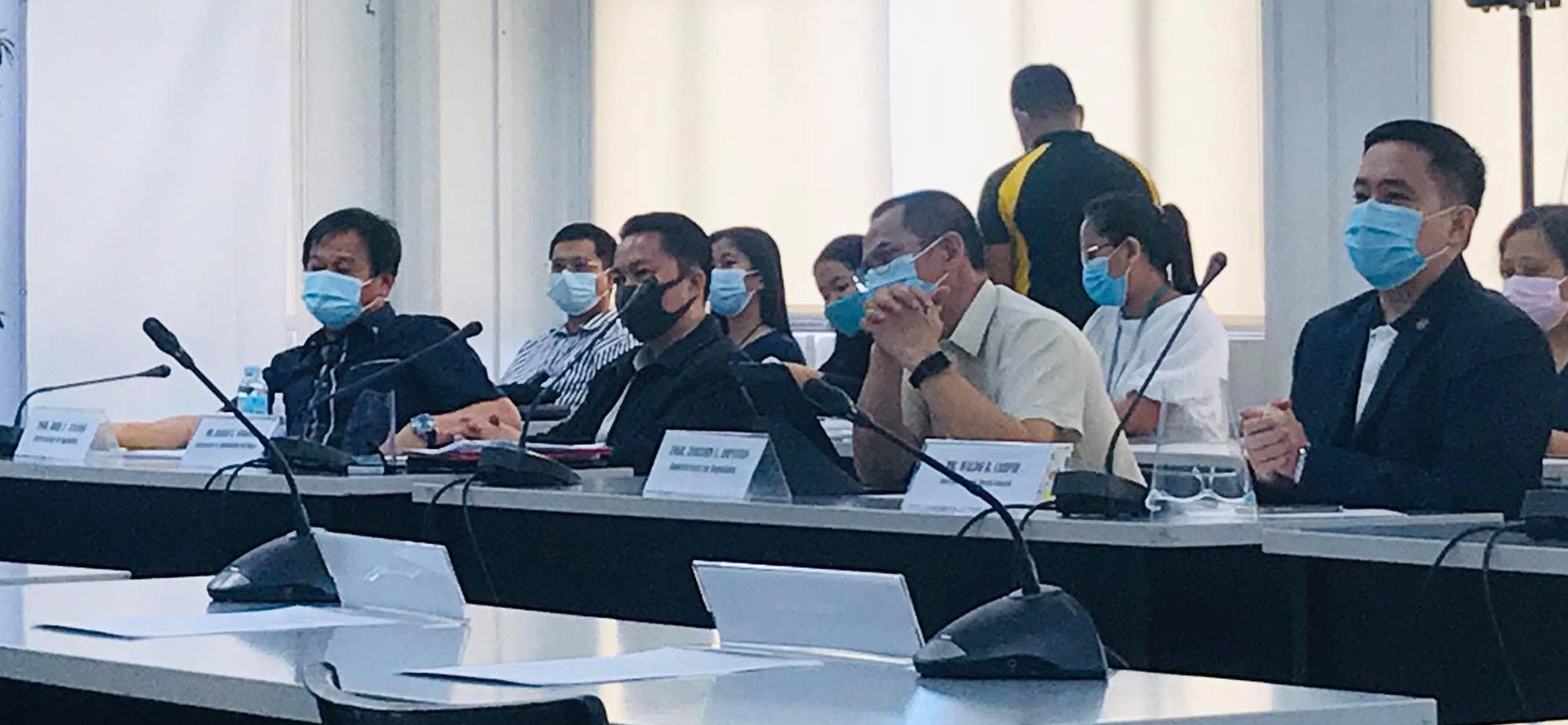
38
Provision of Covid-19 Testing for DA Personnel 7
For DA Offices within the National Capital Region (DA Central Office and certain Bureaus and attached Agencies and Corporations), the Undersecretary for Administration and Finance and SCPMT Chair was able to secure Covid-19 RT-PCR Testing for DA personnel with the BCDA and the Philippine National Red Cross, at no cost to the Department.
Targeted testing was carried out at the Mall of Asia (MOA) Arena Mega-Swabbing Facility through specimen collection/ swabbing center sometime from July 2020 to October 15, 2020. Covid-19 RT-PCR Testing at the MOA Arena was suspended later on due to some issues between PhilHealth and the PNRC. Three thousand seven hundred thirty-five (3,735) personnel of the DA Central Office, Bureaus, and Attached Agencies and Corporations located in Metro Manila have availed of the free Covid-19 RT-PCR Test within the cited period.
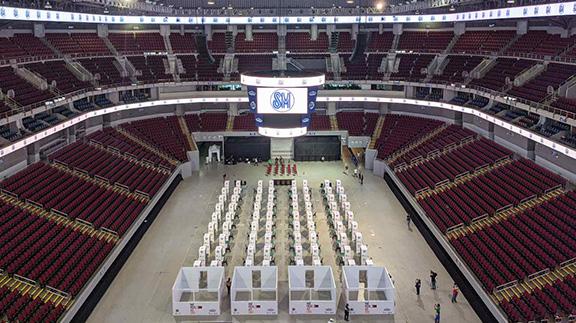
As the operations at the MOA mega swabbing facility resumed several weeks after October 15, 2020, DA personnel could still avail of free RT-PCR Testing, with specimen collection conducted at the site. However, the Testing was no longer targeted testing but, for as a rule now, has been replaced with diagnostic testing (e.g., for symptomatic individuals, suspect or probable cases).
In its report, BAR noted that the RT-PCR Testing (through the arrangement between the DA-CO and the PNRC/ BCDA) was a significant activity availed by its personnel, including security and janitorial staff. The BAFS reported that all bureau employees were able to have themselves tested under this arrangement.
Some DA offices reported having arranged for Covid-19 Testing for their respective personnel. These are:
RFO CAR, through the recognized efforts of its Health and Safety Team, was able to secure: (a) free Covid-19 Testing (antibody) from the City Health Services of Baguio City (Rapid Test) for DA-RFO CAR personnel in July 2020 (300 staff tested); (b) free Covid-19 Testing (RT-PCR) from DOH for DA employees going on a travel, especially at the time when LGU imposed localized restriction; (c) free Covid-19 Testing (RT-PCR)19 from the Red Cross and the BCDA (secured with the assistance of the SCPMT).
39 19-The specific contexts, overall goal of this testing and other pertinent details on the activity were not stated in the DA-RFO CAR SC Report; smsupermalls.com
RFO-IX entered into a Memorandum of Agreement (MOA) with the Zamboanga Polymedic Hospital, Inc. in August 2020 and with the Zamboanga Del Sur Medical Center, Pagadian City on October 2020 respectively for Covid-19 Rapid Antibody-based Testing (RABT) and/ or Reverse Transcription – Polymerase Chain Reaction (RT-PCR) Test. RFO-IX employees, regardless of employment status, manifesting symptoms of Covid-19 or had direct contact with confirmed Covid-19 patients undertook testing with RFO IX shouldering the expenses.
For its part, RFO-IVB, in coordination with the PNRC, conducted a mandatory Covid-19 Saliva Testing for its personnel.20
In coordination with the provincial government of Camarines Sur, RFO-V was able to have 366 of its employees undergo a rapid diagnostic test from August 17 to October 7, 2020, where five(5) tested positive.
NMIS arranged for the mass testing of NMIS Employees (Central, RTOC, NCR, and RTOC IV-B). The the swab test involving specimen collection - was conducted on August 6 and 7, 2020, at the MOA Mega-Swabbing Center.
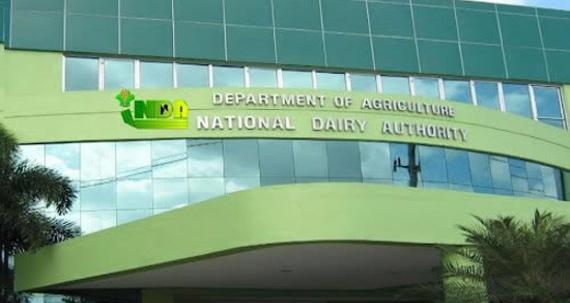
8
Other Mechanisms and interventions for Assisting Covid-19 Patients, Contact tracing and Covid-19 Case Documentation
Some DA offices reported having established their respective temporary quarantine or isolation facilities as part of their Covid-19 response interventions. Based on service continuity reports submitted:
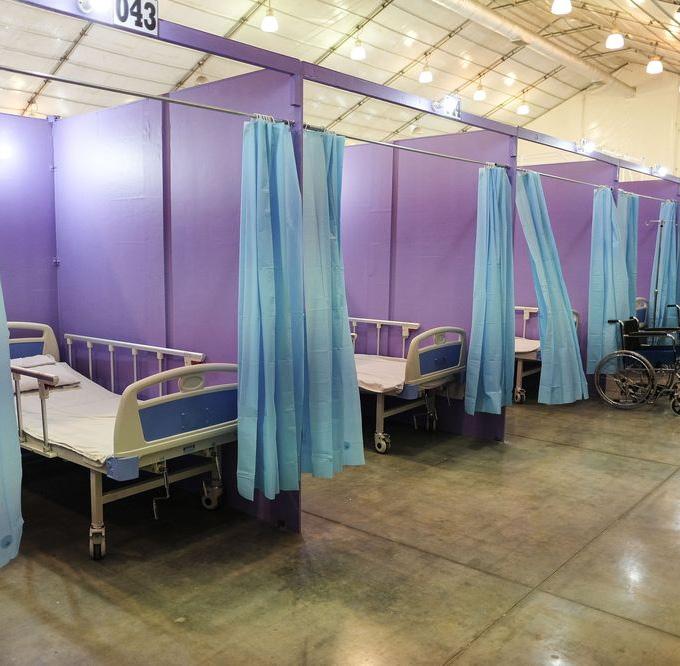
RFO CAR
Temporary Isolation Facility -- RFO


CAR converted a building at the BABRC as a temporary accommodation and isolation facility for staff identified as close contacts and positive cases who could not secure accommodation at the local quarantine facilities. The isolation of concerned close contacts and positive cases is coordinated with and supervised by the proper Barangay Health Emergency Response Team/s (BHERT). The BHERT also provided an orientation on how to manage the facility.
The NDA had its personnel tested through the rapid antibody test (August 2020), followed by a swab (RT-PCR) test in September 2020.
PFDA subjected its frontliners to Covid-19 RT-PCR Testing.
RFO-XI was able to secure from Davao City Health Office (CHO) Rapid test kits for some RFO-XI personnel involved in the Kadiwa ni Ani at Kita, in price monitoring, and those authorized to travel outside of the city.
RFO-XII acquired RT-PCR/ antigen test kits for employees tagged as close contacts of any positive patient, who will then undergo immediate Testing by the City Health Office.
RFO II
They have reported having prepared an adequate quarantine facility for positive cases, who were also supported in terms of food and medicine.
40 pna.gov.ph 20-The specific contexts, overall goal of this testing and other pertinent details on the activity were not included in the DARFO-IVB SC Report;
RFO V RFO XII




The regional office temporarily converted its Training Center Dormitory into a quarantine facility. The facility was already used by: (a) primary and secondary contacts of and/or individuals directly exposed to positive patients; (b) personnel who tested positive upon rapid Testing done in October 2020 in coordination with the provincial government of Camarines Sur, where five (5) of the 366 employees tested positive; and (c) personnel who could be quarantined at home but lacks a separate room and comfort room.
The area was inspected by the Provincial Incident Management Team of Camarines Sur and was found to be compliant with the minimum requirements for an isolation facility.
An Isolation Coordinator was designated to oversee and manage the facility together with the RFO-V Medical Team and coordinate with the Provincial and Municipal Epidemiological Units (PESU and MESU).
The office prepared a quarantine facility at the Tupi Research and Experiment Station for close contacts who tested negative. The facility was intended as a venue where they may complete the mandatory quarantine period.
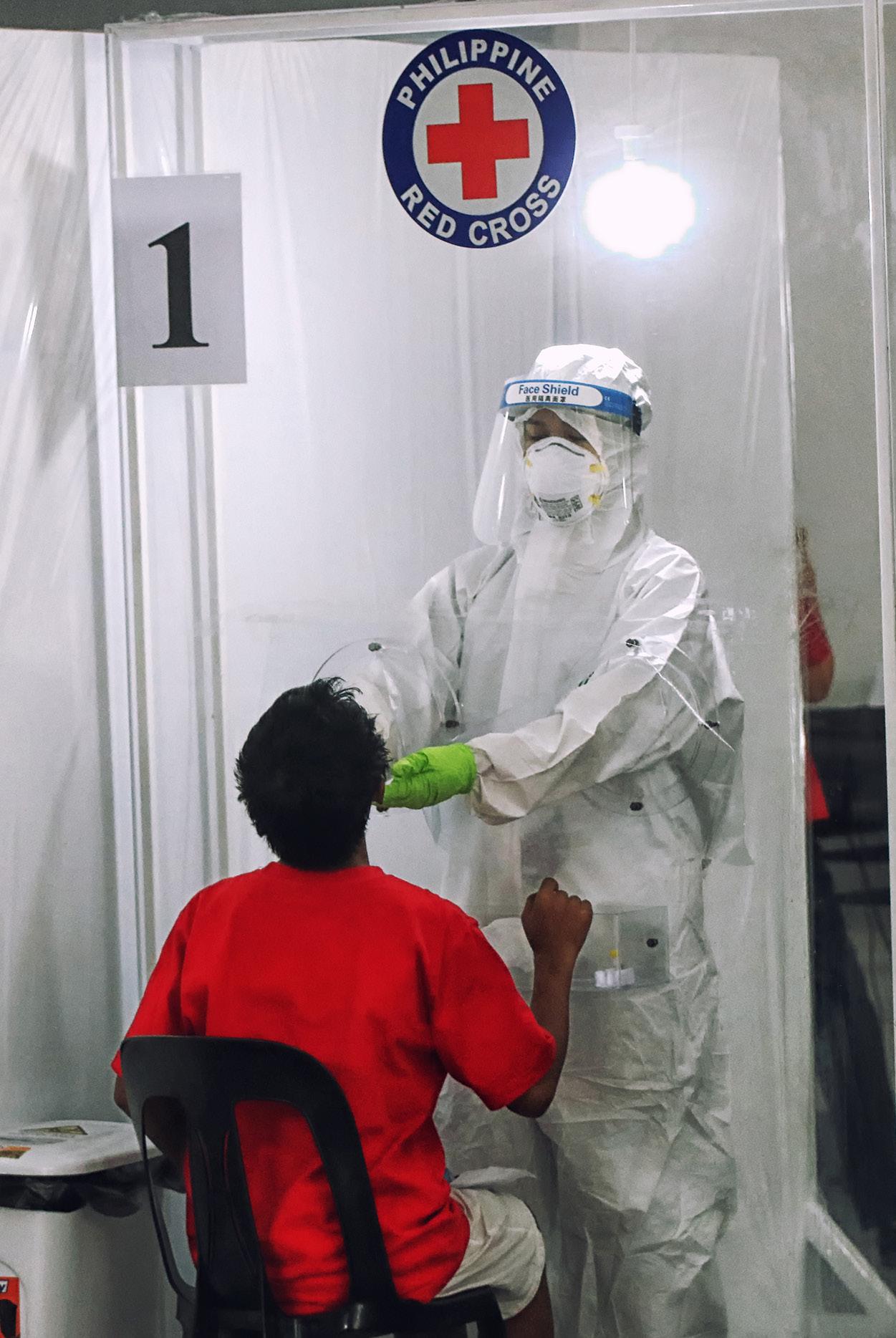
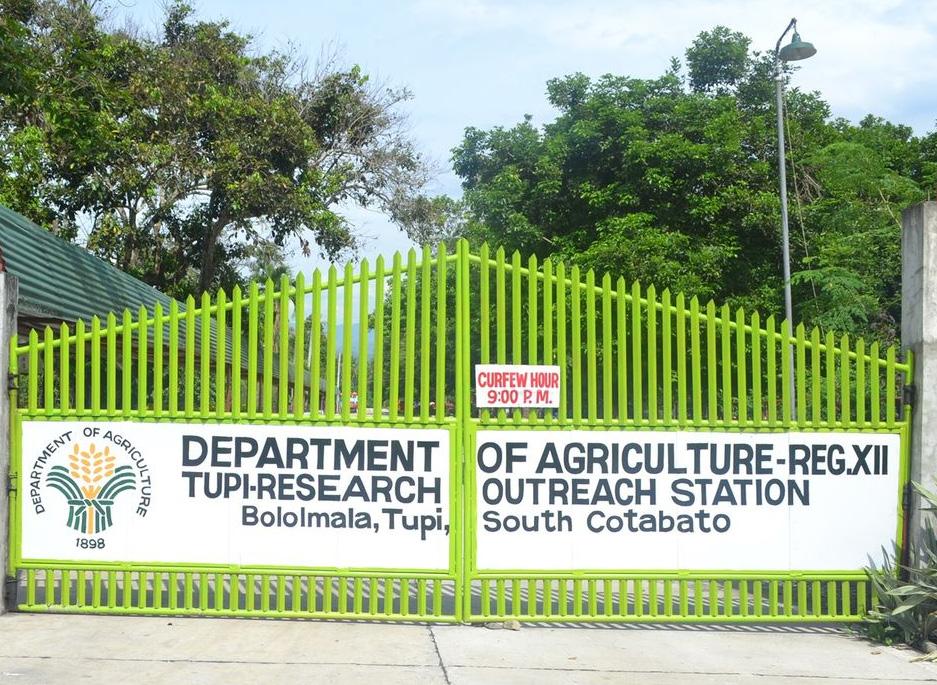
NMIS
The agency repurposed an existing premise into an isolation facility for confirmed, probable and suspect cases to cope with the surge of patients in hospitals and quarantine facilities–while waiting for BHERT and/or proper authorities.
PhilRICE
PhilRICE has provided a quarantine facility intended for staff required to be quarantined, specificaly those who travelled from different places including stranded staff reporting back from work at PhilRice-CES. Also included are those coming from other provinces, individuals who may be experiencing any signs and symptoms of Covid-19, and those who may have been exposed to a “positive” patient and declared as primary contacts. The agency has issued comprehensive guidelines on the use of the facility.
RHU personnel did an ocular inspection of the premises and evaluated the PhilRICE capability to handle the above-described cases/situations.
41
MOBILIZATION OF OTHER LOGISTICAL AND MATERIAL SUPPORT FOR PROTOCOL OBSERVANCE
The SCPMT -- mainly through its TWG and Secretariat -facilitated other logistical (planning and organization)and material requirements to ensure that Health and Safety Protocols are observed at the DA Central Office. The SCPMT and other committees serving the same function performed this task for their respective organizations’ Covid-19 logistical and material requirements. Across DA Offices nationwide, establishing and imposing of protocols for health and safety saw the corresponding official mobilization of required human and material resources to ensure that said measures are carried out and observed.
These protocols and measures were reflected in timely-issued DA issuances.
These were based on prior DOH and IATF health and safety guidelines,essential for the implementation of the national government’s Covid-19 response strategies.
A summary of the fundamental health and safety protocols, and measures deemed crucial and integral to service continuity in any organization during a pandemic. The same is juxtaposed with the interventions which are basically the mobilization of logistical and material requirements by various DA offices to ensure protocol observance to foster a safe and healthy work environment. Suppose there are further administrative controls put in place to ensure adherence to the protocols, these will also be indicated. It should be noted though that overall administrative control for these protocols are basically already provided in the guidelines adopted for their observance –e.g., AO No. 23, S. 2020.”
Accounts on the interventions of DA offices are culled from existing SCPMT documentation concerning the DA Central Office and, from the SC Reports submitted by the FDC and some Bureaus, RFOs, and Attached Agencies and Corporations.
PERSONAL HYGIENE AND SAFETY PROTOCOLS
1. Wearing of face coverings (face masks, ear loop masks, etc.) whenever in public, including workplace premises;
2. Proper and frequent handwashing and use of hand sanitizers;
3. Practice of respiratory etiquette;
4. Wearing of appropriate PPEs (besides the face masks) during the conduct of highrisk activities – such as assisting individuals who are “suspect” or confirmed for Covid-19 infection, during the conduct of disinfection activities;
5. Observance of overall safety and healthful practices, including those that active boost one’s immune system.
LOGISTICAL, MATERIAL, AND RELATED SUPPORT FROM DA OFFICES
The basic support measures from DA offices to help ensure the practice of these personal hygiene and safety protocols are:
(a) provision of necessary health, hygiene, and safety supplies for the use of personnel;
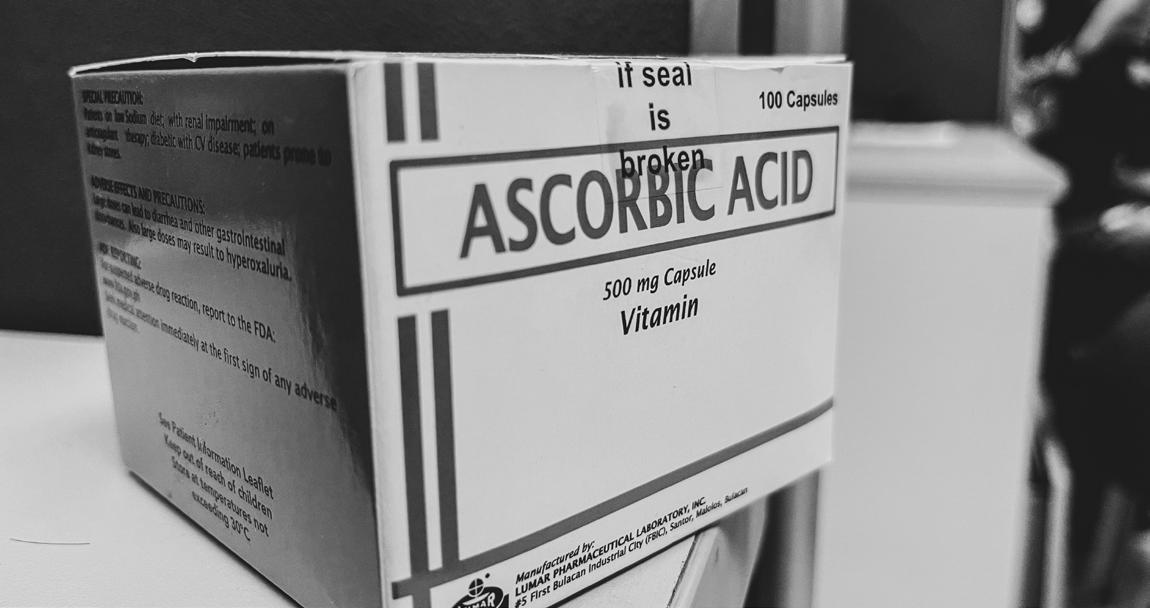
(b) setting up of areas where pertinent health measures may be observed, such as hand sanitation upon entry; and
(c) with respect to the observance of overall safety and practices, a necessary support would be the policy on the monitoring of one’s health condition and reporting on the same, particularly when experiencing symptoms associated with exposure to the Covid-19 virus (administrative control)
These and other support measures will be detailed below.
42
DETAILS ON LOGISTICAL, MATERIAL AND RELATED SUPPORT FROM DA OFFICES TO FACILITATE OBSERVANCE OF PERSONAL HYGIENE AND SAFETY PROTOCOLS

The adherence to Personal Hygiene and Safety Protocols by the DA-CO and other DA offices is clearly borne out of existing SCPMT documentation and the SC Reports submitted by the FDC and most non-DA-CO offices. The observance of these protocols by the personnel has been supported by the Department through the following:
As to the provision of material requirements related to the personal hygiene and safety protocols, the Department procured and provided facemasks to the DA-CO skeleton workforce for the duration of the initial implementation of enhanced community quarantine in the NCR (March to June 15, 2020).
In October 2020, all DA-CO personnel (including FDC personnel) were also provided with health kits. Each kit contained facemasks, disinfecting alcohol, liquid hand soap, vitamin C, and zinc supplements enough to last for six months, and some paracetamol tablets.
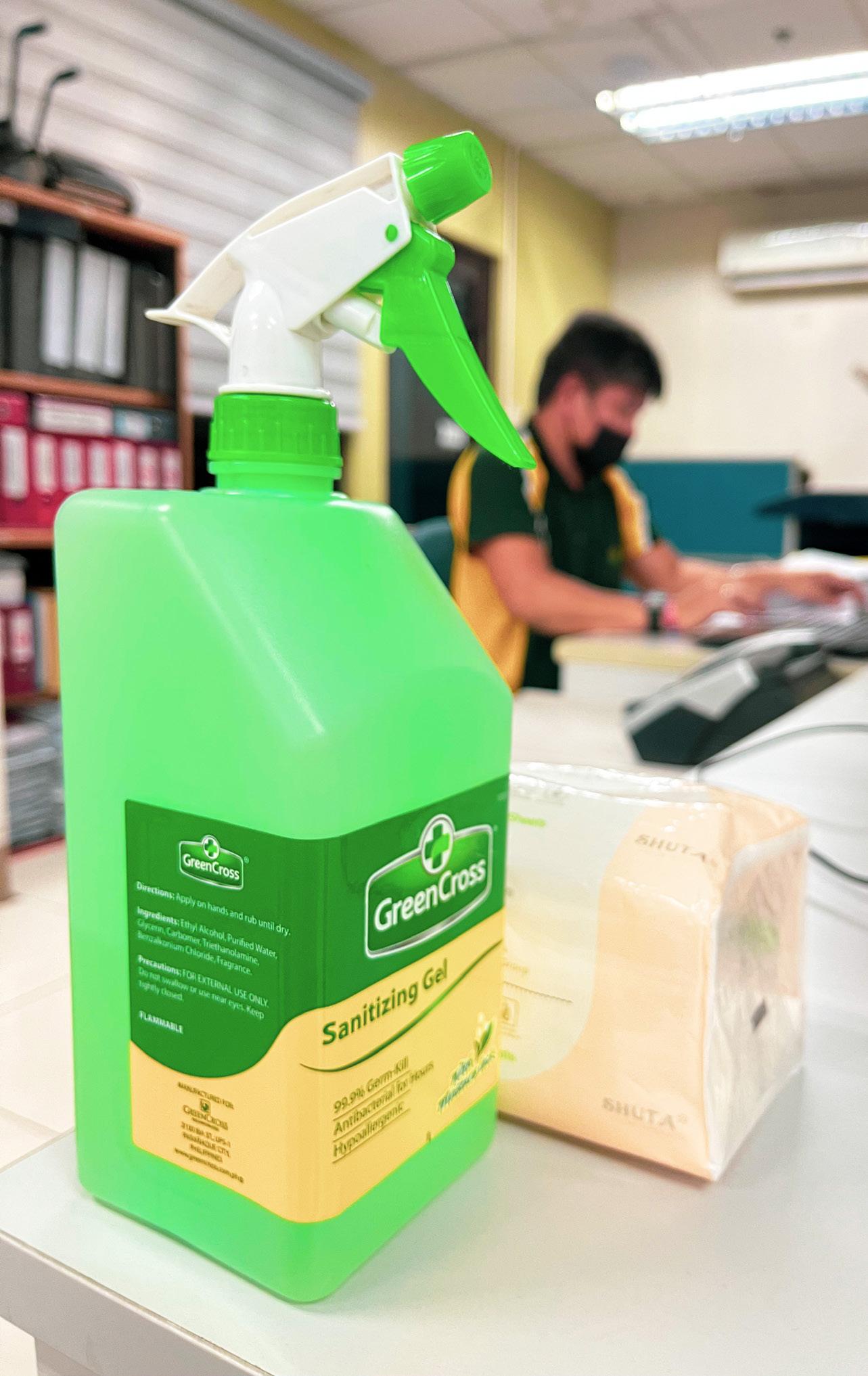
For the required regular handwashing or sanitation on the part of personnel onsite, the logistical requirement would be the availability of service areas for this purpose. Thus, sanitation stations were set up in strategic locations, building entrances and corridors near entrance doors to offices with alcohol-based sanitizers and dispensers supplied by the Department. The office also ensured the supply of water and hand soap in lavatories.

DA-CO
43
“As a vibrant partner of the da in achieving its goal, we at the accounting division are dedicated to rendering service and ensuring compliance with accounting and auditing rules and regulations. rain or shine, with or without pandemic, we are committed!

Relative to monitoring and communicating information on one’s health condition, personnel were required to immediately inform one’s respective supervisors that they are experiencing symptoms associated with Covid-19 (e.g., fever, cough, cold);

The DA-CO suspended the use of the biometric machine at least during the ECQ and MECQ periods since this presented additional risks of exposure. DA also enforced restrictions on official travels, which is clearly intended to limit exposure to the Covid-19 virus.
Ms. Charie Sarah D. Saquing Chief, Accounting Division SCPMT- TWG
Posters containing information on the observance of personal hygiene and safety practices were put up in strategic areas within the premises of the DA Main compound.
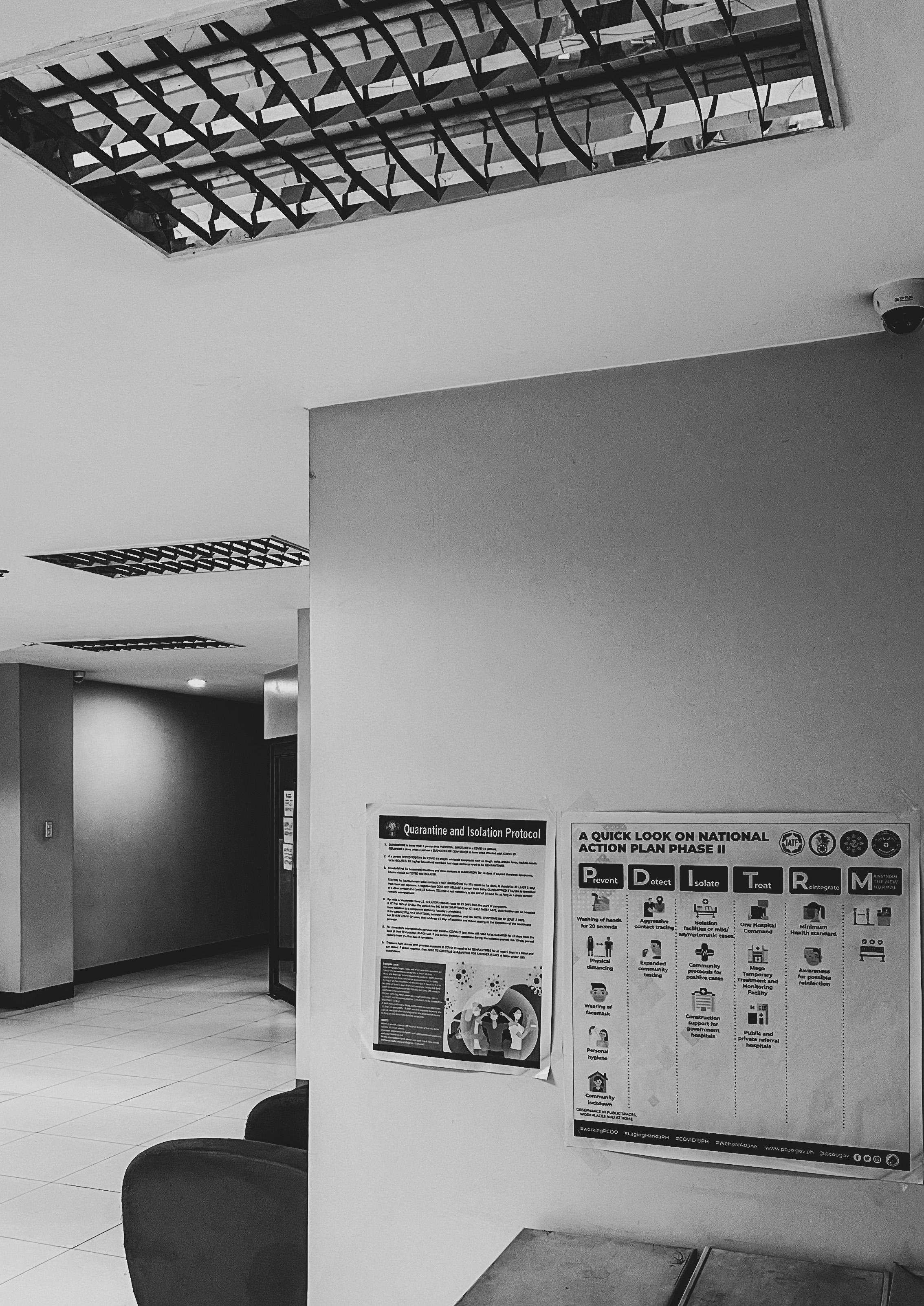
The World is in panic. We are gripped by fear and anxiety, but God is in control! God is bigger than our problems! If we choose to serve our fellowmen, God will capacitate, equip, protect, and strengthen us. Let us continue to serve with dedication. God will carry us through!
In this time of pandemic, the Procurement Division employed several measures to help prevent the spread of COVID-19 virus, whice are in accordance with the IATF guidelines and the issuances of the Department of Agriculture’s Service Continuity Planning and Management Team. Among these measures is the implementation of the alternative work arrangement, strategic scheduling of on-site and work-from-home employees, maintenance of social distancing, prompt and honest reporting of positive cases and close contacts, and the disinfection of all documents before receiving them. Due to employment of these measures, service continuity in the department is ensured.

The FDC and a majority of the RFOs, Bureaus, and attached Agencies and Corporations that submitted their respective SC Reports also made provisions for PPEs (masks, face shields, gloves) and other hygiene and health supplies (pain and fever medication, first aid kits, thermometers) for distribution or use of personnel reporting on-site.


The SC Reports from these offices on the provision of these requirements vary in terms of the specifics given. Some reports provided very little details to none regarding the actual items procured, whether the same were distributed to all personnel or just for those working on-site. However, it is crucial to get a background of how the said DA offices mobilized resources to secure items deemed necessary to confront and control the risks and hazards of Covid-19.
For this purpose, the following tables are presented containing specific accounts on certain DA offices’ provision of material requirements in support of the observance of Personal Hygiene and Safety Protocols, as based from their respective SC Reports. Their efforts at setting up areas or relevant engineering controls related to or required for the performance of some of these protocols are also outlined. In this regard, attention is specially called for measures preceded by the double asterisk symbol (**). Said measures are deemed remarkable in their uniqueness and the high level of vigilance for safety that they demonstrate.
For the DA-CO, surgical masks were made available as early as around the third week of March 2020 (the first week of the quarantine period). This intervention was especially critical because of the shortage in the supply of face masks in the early weeks of the imposition of “community quarantine” in the NCR and, shortly after, Enhanced Community Quarantine over NCR and the rest of Luzon.

medium.com
“ “
“
Atty. MeliNda D. Deyto
Dir. Miriam Roberta C. Cornelio Chief, Procurement Division SCPMT-TWG
Director, Financial and Management Service SCPMT=TWG
PROVISION OF HEALTH, HYGIENE AND/OR SAFETY ITEMS AND ENGINEERING
AND ADDITIONAL ADMINISTRATIVE CONTROLS TO SUPPORT OBSERVANCE OF PERSONAL HYGIENE AND SAFETY PROTOCOLS
Provision of Health, Hygiene /Safety Items
The FDC extended efforts to provide PPEs, vitamin supplements, paracetamol tablets, bottles of hand soap and gallons of disinfectants especially alcohol to all personnel regardless of employment status. These were all supplied by means of procurement by the DA-CO.
Provision of PPE and medical supplies (RMO no. 01 s.2020)
- The DA-RFO CAR through the Administration and Finance Division, made sure of the availability of medical supplies in the office such as disinfectants, masks, gloves, pain and fever medications (paracetamol), first aid kits, and thermometers;
The Health and Safety Team assisted in the distribution of disposable overalls, mask, face shield, gloves and disinfection supplies; Vitamin C supplements were especially procured for AMAD frontliners.
Related Engineering and Additional Administrative Controls
• Health Monitoring through daily Health Declaration Form (HD Form) submission; review of health declarations by concerned Division Chiefs; pertinent online surveillance systems;
• Sanitizing areas / supplies provided;
• Displayed health and safety reminder posters and signages.
• Suspended the use of biometric machine (as the same presents additional risks of exposure);
• Adopted a policy on the submission of HD Forms (Health and Safety Team sees to it that the policy is implemented);
• Designated areas where KADIWA drivers can rest upon arrival from travel;
• Administered RT-PCR to 36 RFO CAR personnel in August 2020 by the city government of Baguio (cost free for personnel).
Part of the response and/or strategies and considered as among the Best Practices to ensure service continuity. Provision of thermal scanners, face shield, facemasks, PPEs, and disinfectants; and is the distribution of medicines and vitamins.
• Display posters about Covid-19 symptoms, health advisories, and reminders on proper wearing of face mask;
• Screened personnel and visitors at the Malasakit Help Center. Screening includes temperature check, wearing of mask, filling out a Covid-19 Surveillance Form.
FDC RFO CAR RFO II
46
Provision of Health, Hygiene /Safety Items
RFO IVB
• Included in the initial emergency purchase (shortly from the imposition of ECQ over the entire Luzon) were 384 packs tissue paper, 65 bottles 500 ml isopropyl alcohol, 15 bottles 250 ml alcohol, 10 bottles 150 ml isopropyl alcohol, 1 li. ethyl alcohol and 10 bottles (6li/ bottle) 70% isopropyl alcohol. Additional purchases of alcohol and hand sanitizers were done and distributed to the skeleton workforce;
• All personnel were given face masks, one box containing 100 pieces Vitamin C with zinc tablets, and two (2) boxes of paracetamol tablets. Skeleton workers were also given heavyduty face shields.
RFO V
• Provision of masks, vitamins, alcohol and PPEs which were items included in the list of interventions/ practices in response to the nationalpublic health emergency.
Related Engineering and Additional Administrative Controls
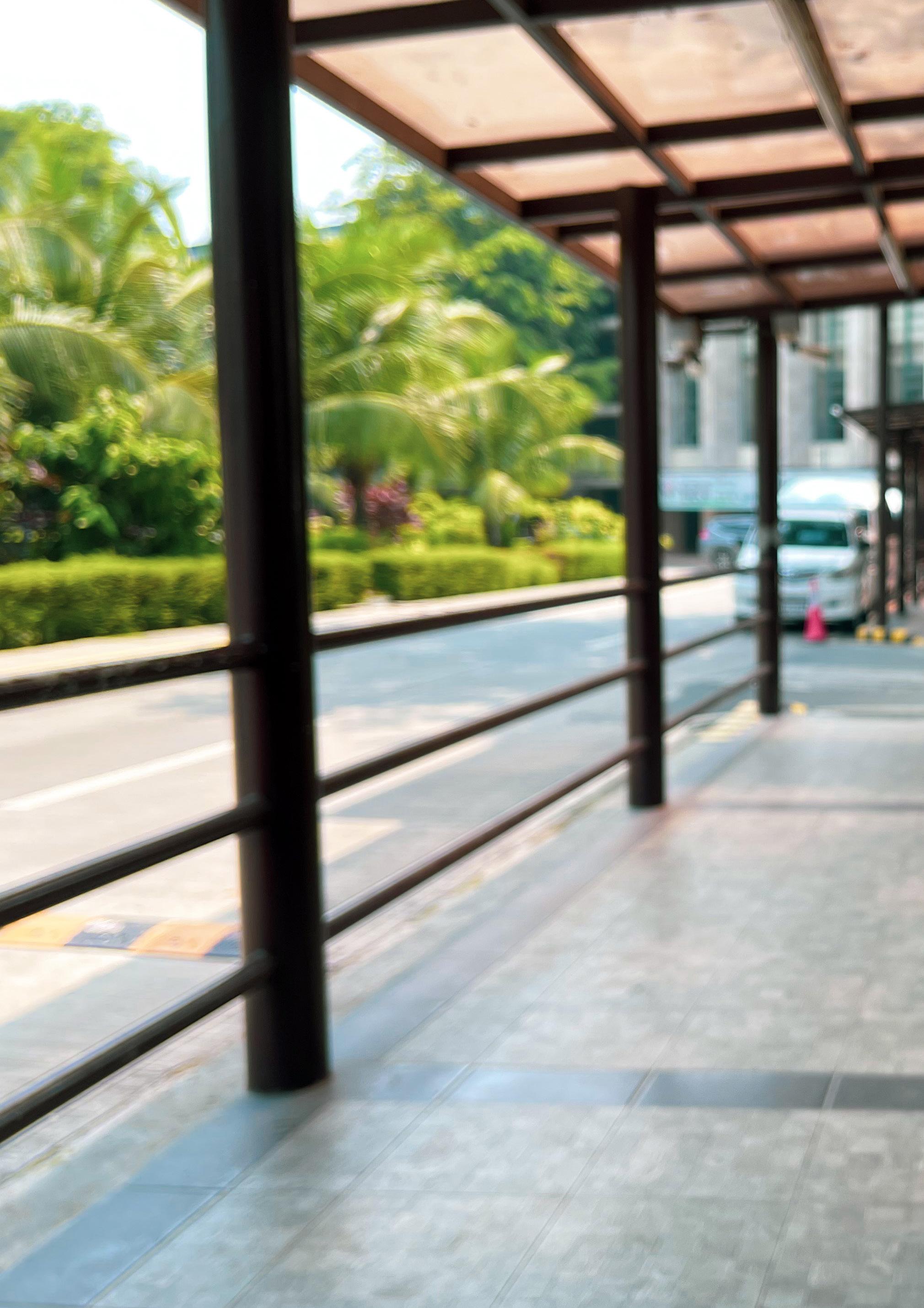
• Thermal scanner for the use of all personnel
“Work in government is a solemn commitment to uphold public service. Herein finds basis why we are called public servants - a sacred vow to serve the Filipino people. This is both a privilege and a responsibility which we should all live by the moment we joined the government. I enjoin my fellow public servants to always put to heart this sacred public covenant where the unacceptability of mediocrity should be a norm.
Atty. Armando Crobalde Jr. Director, Legal Service SCPMT-TWG

• Strict implementation of wearing of facemasks, regular handwashing, and social distancing;
• Thermal scanners with alcohol dispensers were installed;
• Daily Temperature Log forms are accomplished in every division, section, unit. Any incident of an employee manifesting symptoms manifestation of symptoms is reported to the Medical Response Team. Also Division Chiefs (designated as Health and Safety Coordinators) are in charge of monitoring the health of the staff of their respective units.
47
RFO VI
Related Engineering and Additional Administrative Controls
• Adopted a Memorandum on the wearing of face mask;
• Adopted a policy where the HR staff and the Trained Life Support First Aider are to take charge of mandatory temperature checks and travel history of employees (and visitors) prior to entry into the premises;
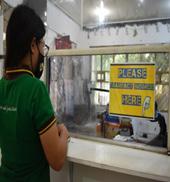
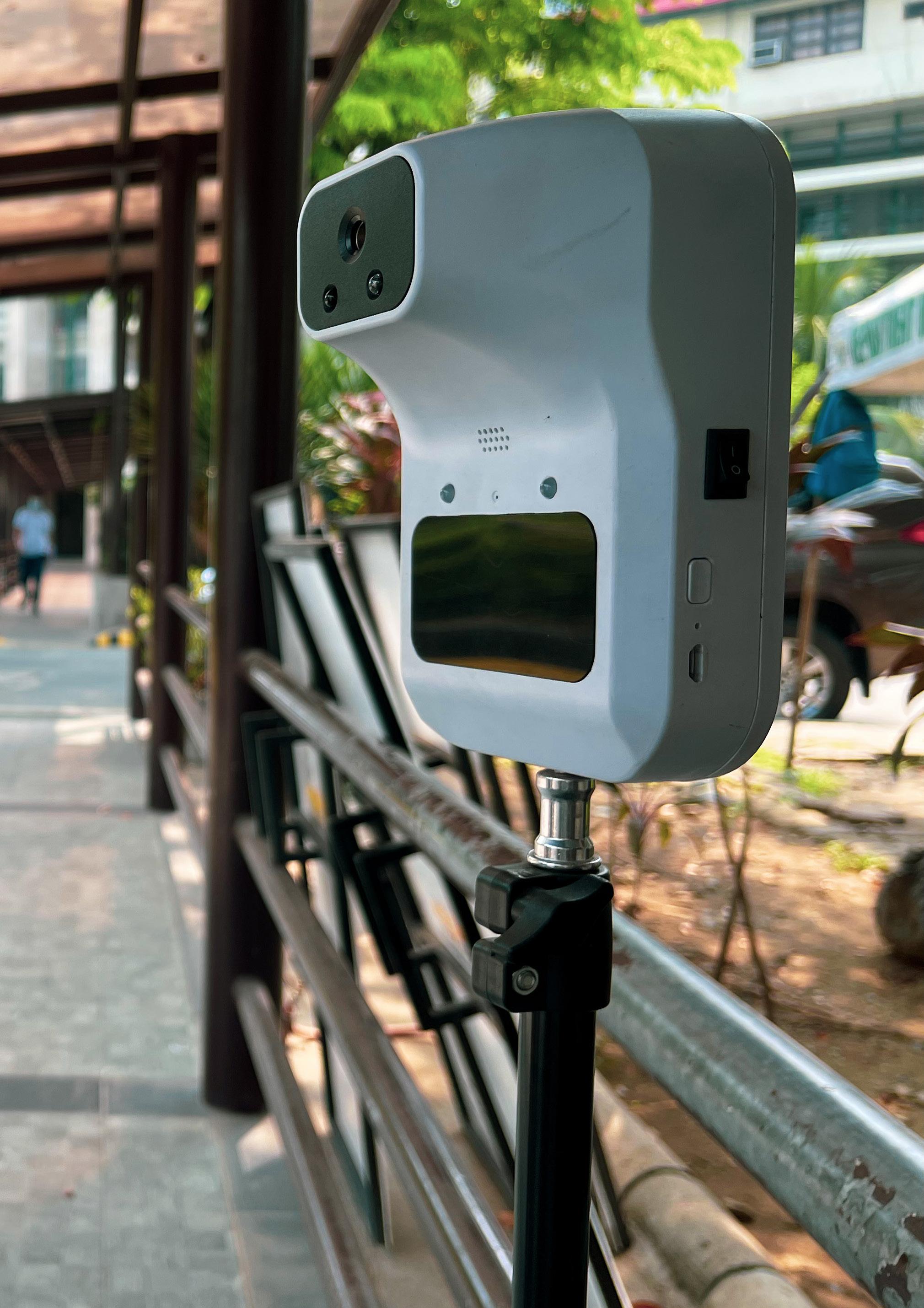
• Installed additional wash areas;
• Set up screening area and an external client registration area supplied with alcohol/ hand sanitizers.
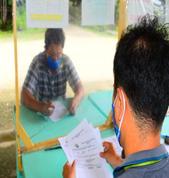
48
Provision of Health, Hygiene /Safety Items
Related Engineering and Additional Administrative Controls
RFO VII RFO IX
• Personal Protective Equipment (face mask, face shield, gloves, etc.) as well as other necessities such as disinfectant, alcohol and thermal scanners were procured and distributed / utilized in the office as countermeasures against the virus.
RFO VIII
• Distributed facemasks and face shields to all personnel.
• Installed sanitation and washing areas;
• Strictly implemented policy for temperature checks and hand-sanitation.
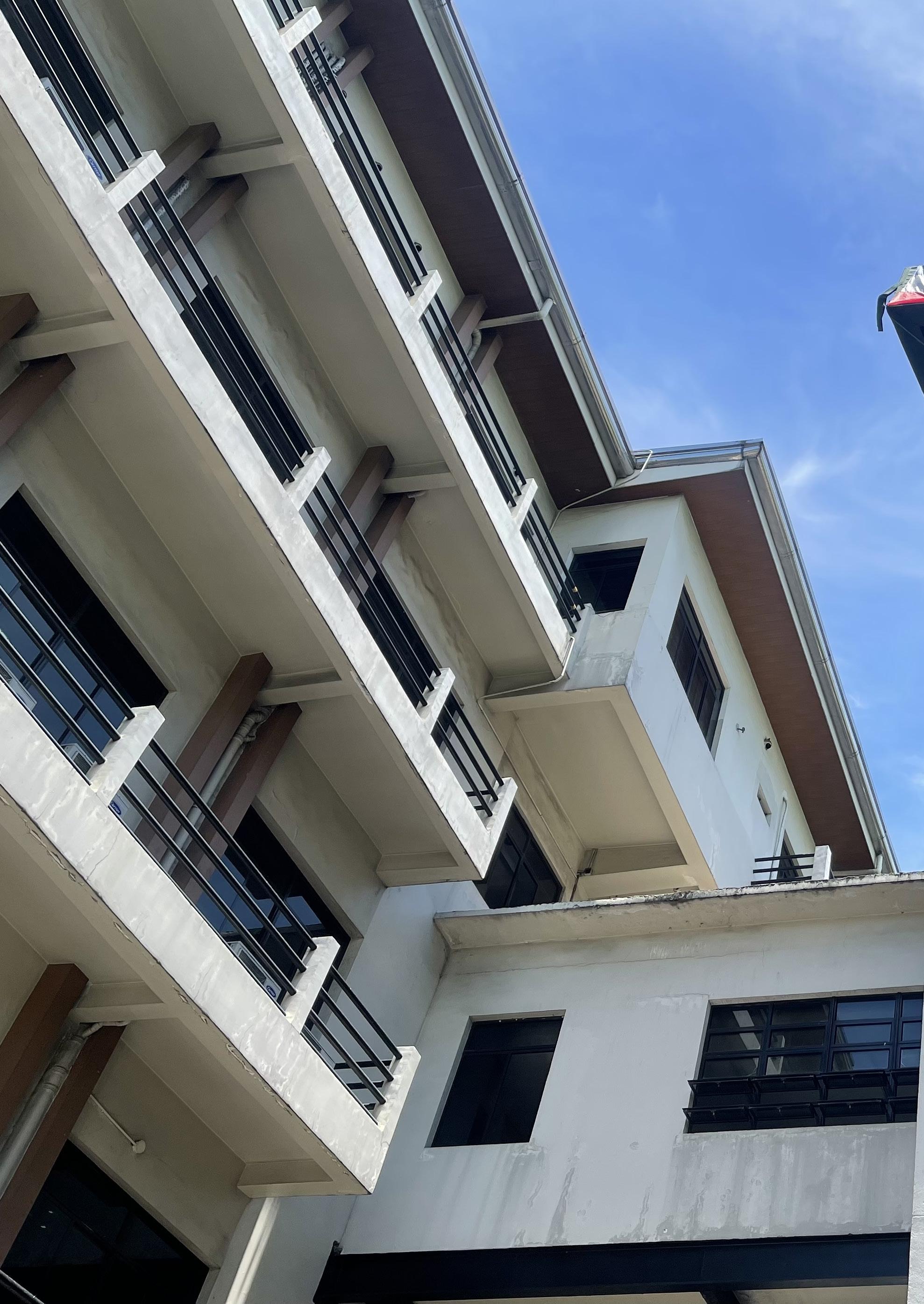
• The office procured and installed face recognition biometric machines for purposes of personnel Daily Time Record; it also acquired alcohol dispensers;
• The office procured alcohol, face masks and face shields, which were distributed to personnel regardless of employment status.
• Thermal scanners, disposable gloves, pulse oximeter, sphygmomanometer, stethoscope were likewise purchased and distributed to different operating units/ stations.
• Installed hand sanitation stations and hand washing areas at appropriate spaces;
• All 161 employees of RFO-VIII received their free anti-flu vaccine in December 2020 managed by DOH-Region VIII and Tacloban City Health Office.
** Personnel who traveled outside Tacloban are required to submit their respective detailed travel reports to aid supervisors and the Health committee in coming up with recommendations as to when the former may report back to work. This is to help ensure freedom from the Covid-19 as the supervisor and the committee are given the authority to make pertinent risk assessments and make recommendations based on their findings.
** All personnel required to submit a return-to-work report every Monday, which must indicate the whereabouts of employees on the weekend / holiday that just passed. This is to facilitate monitoring and contact tracing, if applicable.
• Installed face recognition biometric machines (to forego the use of fingerprints, which involves additional risks of exposure);
• Issued a Memorandum to remind personnel experiencing symptoms to not come to work and instead seek proper medical attention / medication and inform their respective supervisors of their condition so that RT-PCR Testing may be scheduled;
• Made available alcohol dispensers for the use of personnel (located at entrances to buildings).
49
Provision of Health, Hygiene /Safety Items
RFO XI
• The office provided alcohol, hand soap and tissue paper to every unit.
RFO XII
• The office procured thermal scanners, vitamins, alcohol, and surgical masks as supplementary aid to employees (hygiene/ sanitary kits);
• It also acquired RT-PCR/ antigen test kits for employees tagged as close contacts of any positive patient, who will then undergo immediate testing by the City Health Office.
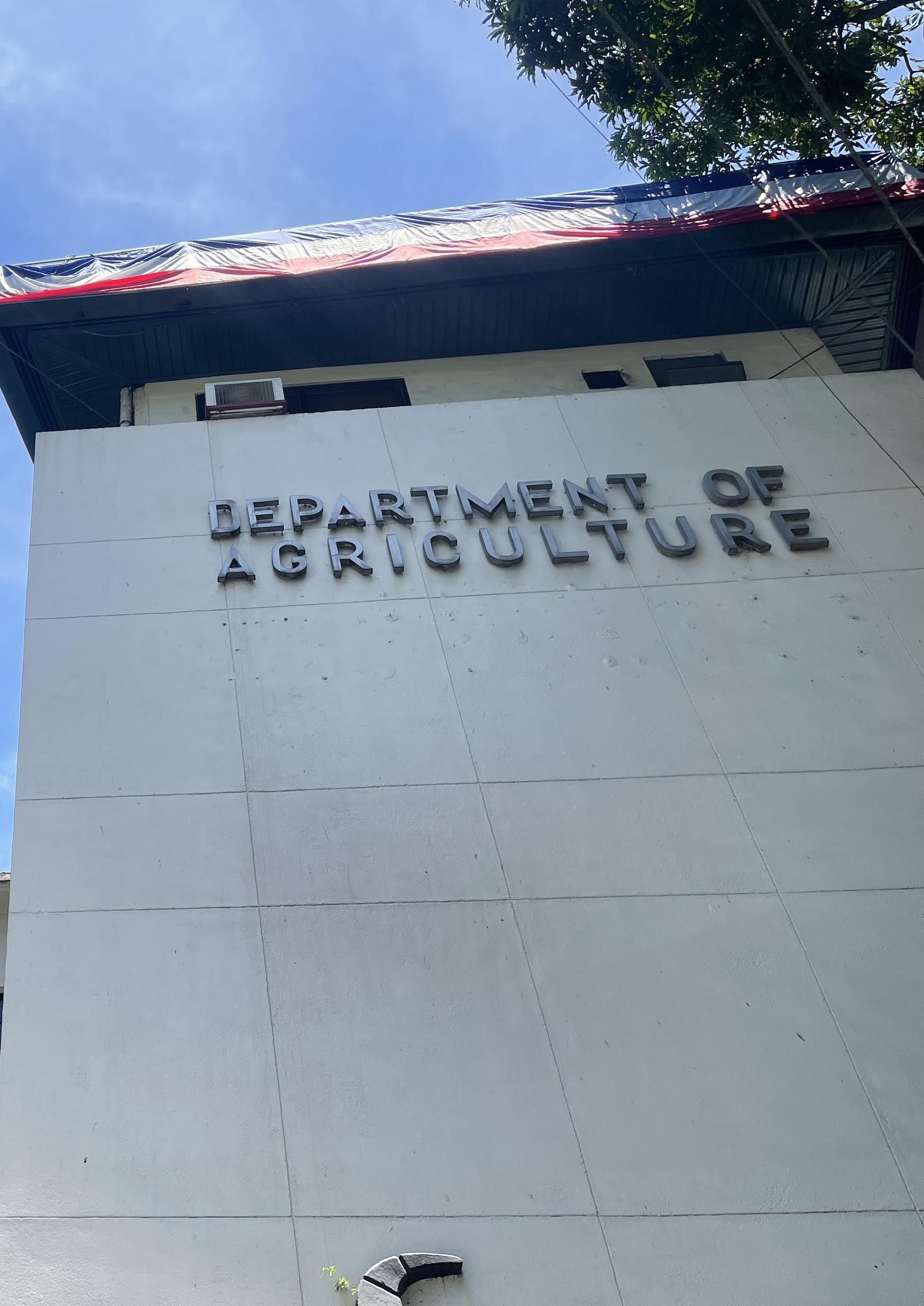
• Annual laboratory check-up for personnel – started (as of February)
Related Engineering and Additional Administrative Controls
• Additional hand-washing area at the entrance of RFO-XI building are installed;
• Emphasized the Non-reporting for work of personnel experiencing symptoms;
• All personnel got their anti-flu shots in September 2020 being administered by the Davao City Health Office.
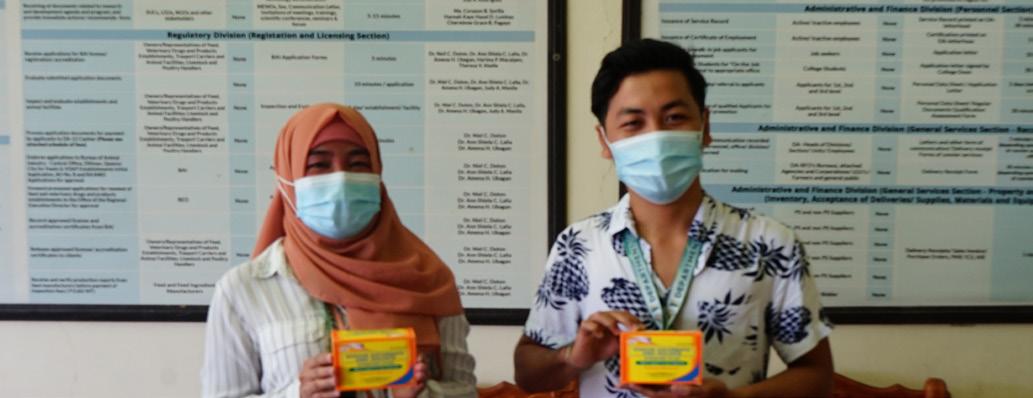
** Advised employees to refrain from going home if their permanent residences are considered as high risk;
• Personnel who are experiencing fever, colds, or other respiratory illnesses to report to the Health and Safety Officer for proper guidance and further instructions;
• Personnel attending to visitors at the lobby were required to wear face masks and face shields.shield.
50
BA FS BS WM BAR
Provision of Health, Hygiene /Safety Items
• The Bureau immediately processed the procurement of sanitation products, such as alcohol, footbath mats, and disinfectants for the use of the skeleton workforce.
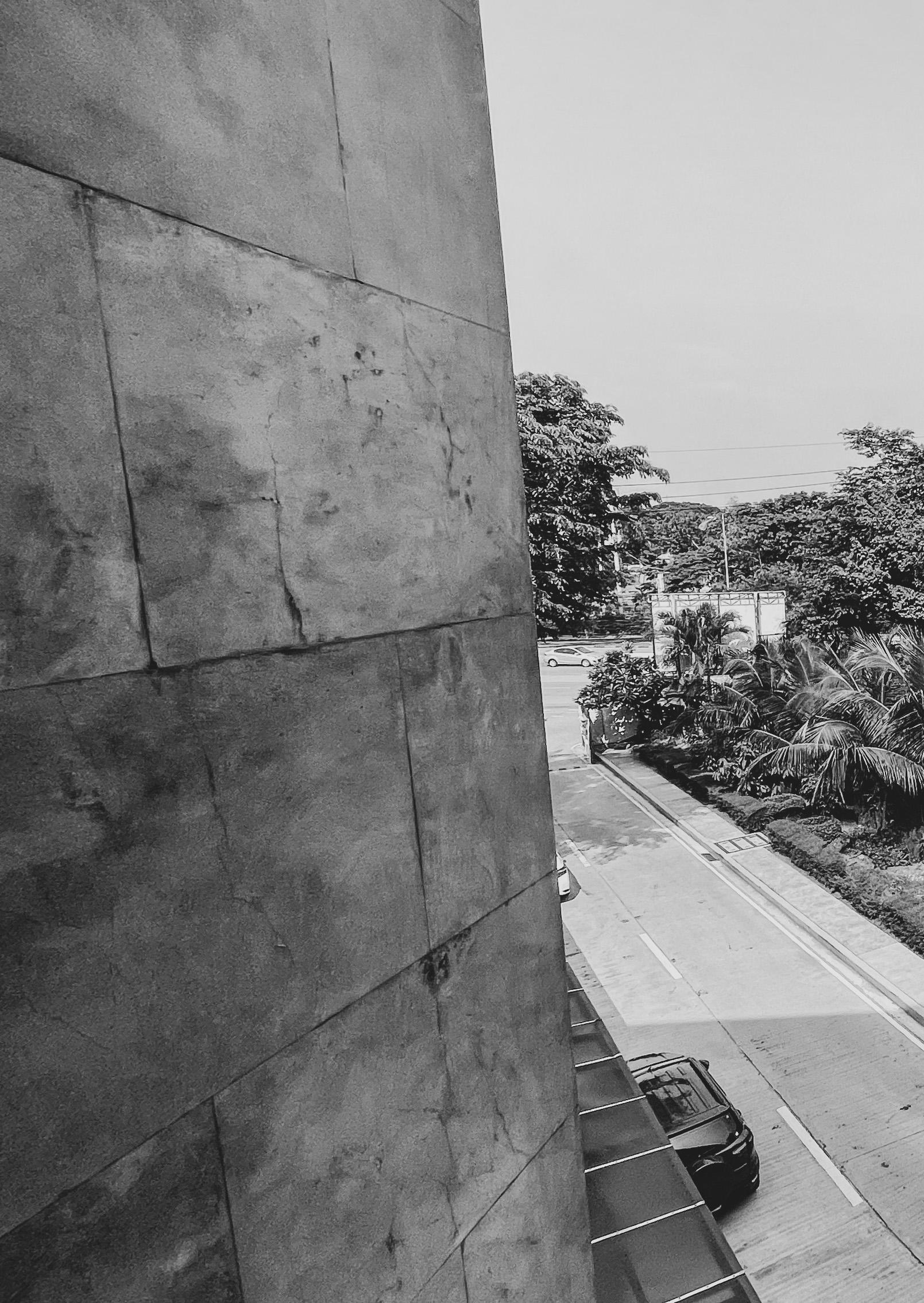
• For the personnel, it procured PPEs, vitamin C and D supplements as well as medical supplies. It also procured contactless alcohol dispensers;
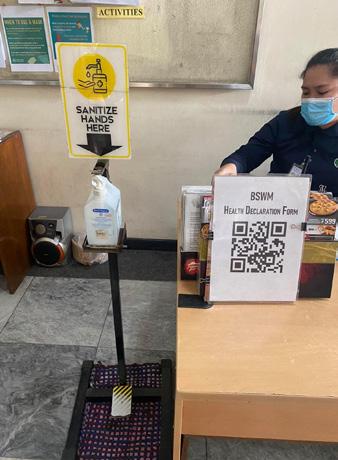
Related Engineering and Additional Administrative Controls
• Health status of employees closelymonitored through health declarations integrated into their PDS accounts.
**Restrooms, pantry area adjacent to building lobby for the personnel who use the biometric machine. Handwashing and sanitation every after use of the biometric machine is required
**Personnel who went on official travel were required to complete a five-day quarantine for monitoring purposes.
• Sanitation areas were set up in the corridors for the use of all personnel performing business transactions with concerned divisions/ units;
• Supplies and materials for disinfection such as alcohol, bleach, along with face masks, face shields, tissue papers, paper towels, hand sanitizers, and additional cleaning materials were consistently being provided to employees. Vitamin C supplements -- also mandatory in the list of medical supplies.
• Employees were provided with face masks and alcohol.
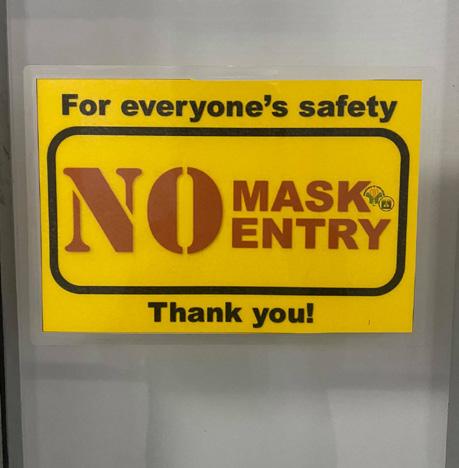
• Displayed safety / protocol reminder signs; informational materials on Covid-19 preventive measures.
“Being in the SCPMT-TWG is a wonderful experience. i value being of help to both the management and our co-workers in the department by aiding in providing recommendations for consideration in crafting actions relating to service continuity during the pandemic. i also enjoyed working with the other members of the Twg and the secretariat. thank you, scpmt twg!
Atty. Nef Nufable OIC - Chief, Research and Regulations Division SCPMT-TWG

51 PF
DA
“The Covid-19 pandemic has changed our lives and our perception of life. We have learned that family is our priority, and we have appreciated every little thing that we used to ignore before. As a government employee responsible for delivering financial services for the department, having a strong and determined service continuity planning and management team that looks after the welfare of all employees guided us as we performed our duties amidst the pandemic. Kami ay kawani ng gobyerno at tungkulin namin ang maglingkod sa bayan
BPI NM IS NDA
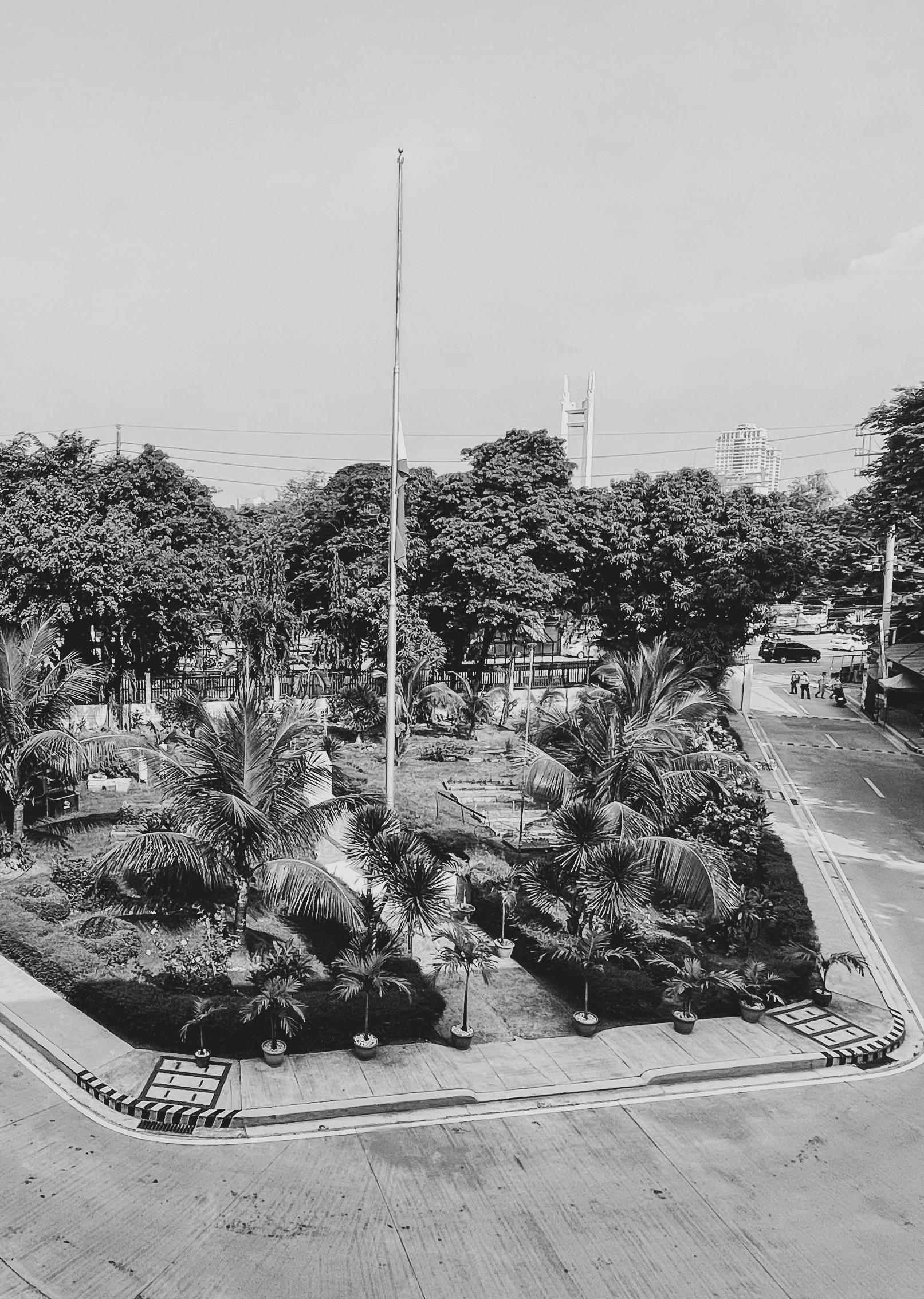
Provision of Health, Hygiene /Safety Items
• The Bureau made provisions for health kits for its BPICO personnel, with each kit containing a face shield, face masks, isopropyl alcohol and anti-bacterial liquid hand soap in quantities to last a period of three months (distribution of the health kits is quarterly). BPI “divisions, centers, satellite offices have their own procurement of health kits for their staff.”
• Procurement was undertaken to support the interventions. There was procurement for PPEs, disinfectants, acrylic barriers, biosecurity equipment, and Covid-19 tests
Related Engineering and Additional Administrative Controls
• Informational materials on proper wearing of masks, proper hand-washing displayed in conspicuous places.
• Among the preparations that the agency made when employees were to transition back to the office was purchasing thermal scanners and shoe disinfection mats. It ensured that sanitation stations and appropriate PPEs were available in the workplace.

• Displayed safety and protocol reminder signs; informational materials on Covid-19 preventive measures.
• Installed sanitation stations;
• Displayed safety and protocol reminder signs (e.g. No FM/ No Entry); informational materials on Covid-19 preventive measures.
• Enforced restrictions on official travels.
52
mas lalo na sa gitna ng pandemya.
Ms. Telma Tolentino Chief, Budget Division SCPMT-TWG
Provision of Health, Hygiene and Safety Items
Related Engineering and Additional Administrative Controls
Phil FIDA
PR RI
Phil RICE
AC PC PCA NFA
• The ACPC ensured the provision of disinfecting alcohol, vitamins appropriate personal protective equipment (PPE) including surgical masks and face shields to personnel, especially to drivers.
• Required the use by personnel of its Online Health Declaration Checklist as part of the Online Attendance and Health Monitoring System;
• The Biometric Finger Scanner was disabled to limit possible means of virus transmission within the office premises.
• Health Monitoring system put in place – thru accomplishment of Daily Health Checklist;
• Alcohol dispensers provided for the use of personnel.
• Adherence to the proper wearing of mask and face shield – strictly enforced
• Management decided to realign funds for purchasing a Personal Protective Equipment (PPEs) for the staff as part of safety and health protocols for the Covid-19. Face masks, face shield, cover all suits, alcohol, alcohol dispenser, foot baths and thermal scanners were among procured by the Institute.
• Distributed face masks and face shields to personnel
• Sanitizing alcohol made available at the main gate and in every office/ division.
• All NFA officials and employees, including contractual, job orders and third party service providers physically reporting for work are considered as frontliners. They were provided with vitamins, face masks and other protective materials. Hazard pay and overtime pay, subject to civil service and accounting rules and regulations, were also granted.
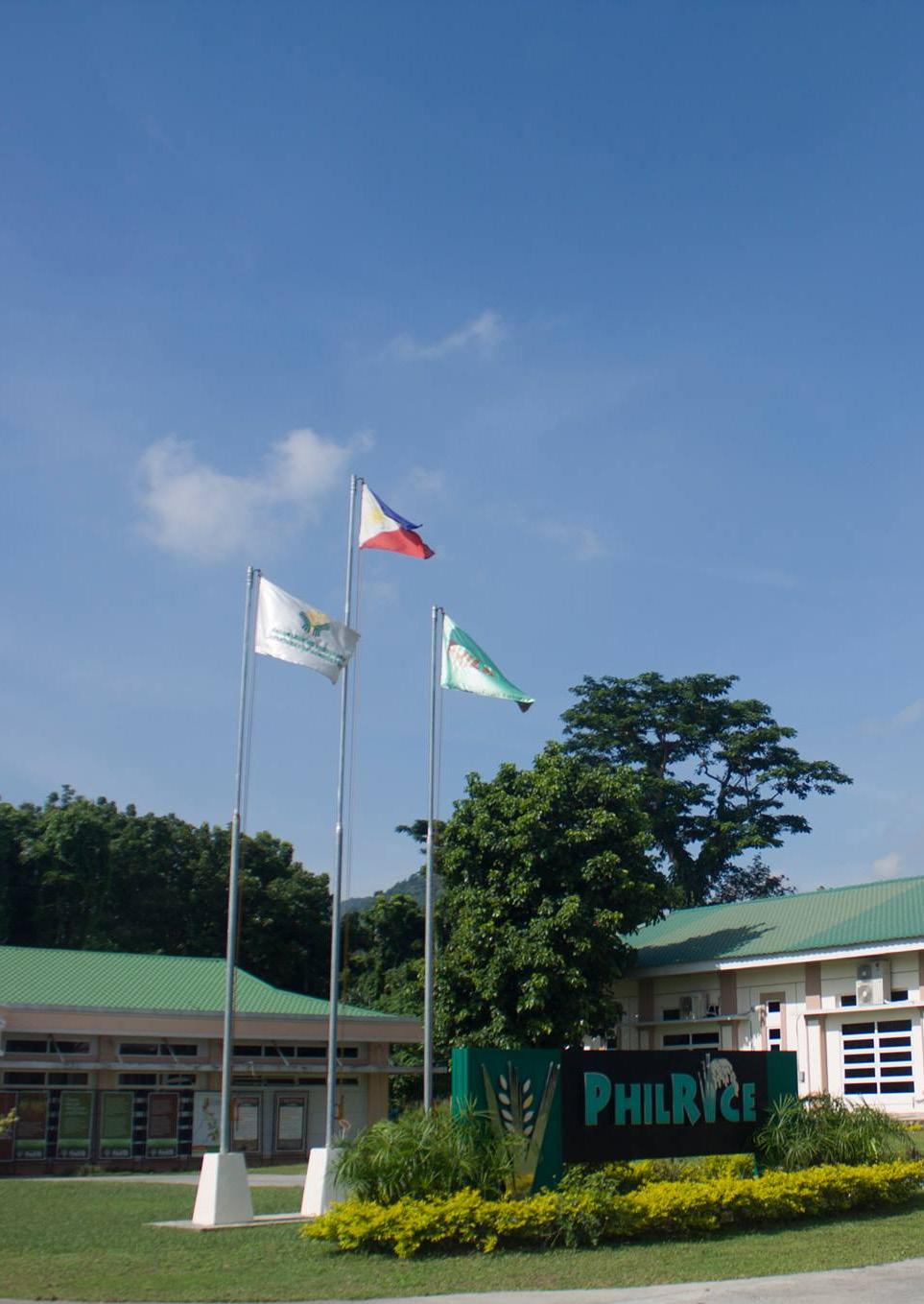
• Placed Health advisories on how to avoid getting infected with the new corona virus;
• Displayed reminder signages for the wearing of facemasks, proper handwashing, use of sanitizers, among others.
• Installed alcohol dispensers at strategic places in the office.
53
PROTOCOLS AND MEASURES ON ENVIRONMENTAL HYGIENE

Let’s heed and support the call of the Department of Health to boost our body’s immune system to fight the virus and bacterial attacks and reduce the risks of disease infections. Eat fruits, veggies to stay healthy and fit vs. nCov.

54 “ “
- Sec. William D. Dar
PROTOCOLS AND MEASURES ON ENVIRONMENTAL HYGIENE
(RELATING TO THE CLEANLINESS OF THE WORK ENVIRONMENT)
At the DA-CO (Main Compound), the measures carried out for purposes of environmental hygiene are as follows:
• The General Services Division (GSD) intensified the daily cleaning and disinfecting activities to ensure compliance with the high environmental hygiene requirements for the pandemic. Regular cleaning activities at the DA-CO were carried out directly by the personnel of the janitorial services provider and some GSD staff the GSD;
• General disinfection of the DAOSec (Main Compound) has been a weekly activity since the first week of the imposition of community quarantine in the NCR;
• Special disinfections of specific premises were also carried out – These relate to the work areas where the work stations of staffers who tested positive for Covid-19 virus are located and where they stayed for a period of time that they would have already been infectious); special disinfections also pertain to other areas where Covid-19 virus-positive individuals may have visited and stayed at for a significant amount of time;
• Also the object of regular cleaning and disinfection activities are DA vehicles (after every use), air conditioning units, other facilities, equipment, and implements (within reasonable intervals);
ENVIRONMENTAL HYGEINE PROTOCOLS AND MEASSURES
• Frequently-handled objects cleaned and
• disinfected at least every 2 hours;
• Surfaces cleaned and disinfected once a day;
• Dispersal of footbath mats at strategic areas in the work premises;
• Regular general disinfection of work premises (e.g. once a week);
LOGISTICAL, MATERIAL, AND RELATED SUPPORT FROM DA OFFICES
The basic support measures from DA offices to help ensure environmental hygiene are necessarily the following:
• provision of necessary cleaning and disinfection supplies and equipment;
• mobilization of human resources that will actually perform the different cleaning and disinfection activities;
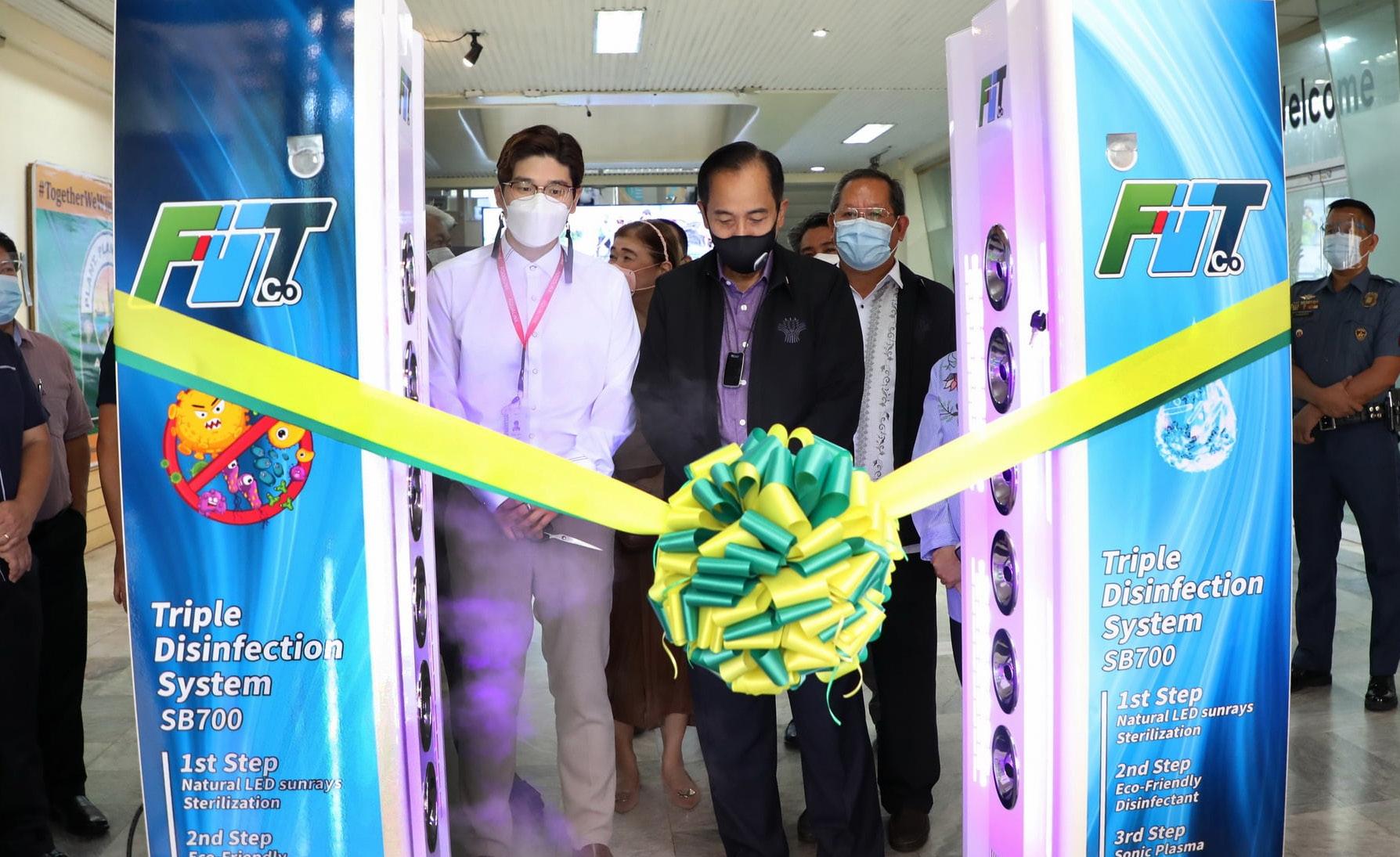
• relevant engineering controls;
• additional administrative controls;
• Vehicles seeking entry into the main compound had to pass through a tire bath for the disinfection of tires. DA -CO also provisioned for the equipment and disinfecting solution for the purpose;
• Dispersed around strategic areas (vicinity of the entrance gate, building entrances, entrances to certain offices/ facilities) are footbath mats soaked in disinfecting solutions;
Support Interventions and Other Related Matters
• Procurement of cleaning and disinfection supplies and equipment (e.g., PPEs for workers assigned to perform disinfections, disinfecting solutions, knapsack sprayers, etc.) to maintain environmental hygiene processed by end-users. There have been several deliveries to the DA-CO of these requirements;
• Whole Ground Disinfection c/o Quezon City Government -- On April 26, 2020, the Quezon City LGU sprayed disinfection of the DA Central Office grounds. The Department requested this procedure to the QC LGU upon the initiative of the DA-CO GSD in March 2020.
55 da.gov.ph
• On top of cleaning and sanitation activities being done during pre-Covid, and to meet higher environmental hygiene requirements due to the pandemic, the FDC introduced and has kept to additional cleaning and sanitization routines that concentrate on frequently-touched surfaces (thus the regular cleaning and sanitizing of doorknobs, office tables, kitchen tables etc.). Also, FDC emphasized the need for employees to wash and/or sanitize their hands regularly, properly treating this personal hygiene measure as integral to environmental hygiene.
• Floor mats with sanitizers were provided at the entrance lobby and at the entrances of offices.
• The general disinfection of FDC facilities and premises (whole FDC compound) has been a weekly activity of the Engineering Services Division (ESD). This division also took charge of initiating requests to purchase necessary environment hygiene supplies and materials such as sanitation mats and disinfection solutions.
Support Interventions and Other Related Matters
• In 2020, FDC did not yet have janitorial services. Thus, divisions or sections assigned staffers to clean and sanitize their respective rooms and connecting corridors and hallways. For example, in the Microbiology Laboratory, the Laboratory Aide was tasked to do daily cleaning and disinfection of the Microbiology Laboratory and the Microbiology Staff Room, including nearby hallways and corridors, sanitize door handles in all said rooms every two (2) hours. In addition, FDC officers with representation allowances made contributions to purchase hand soaps, alcohol, sanitation mats, etc. for use at the Center.
• In 2020, the Taguig LGU conducted disinfection activities in the entire FDC compound for five (5) times. The FDC requested said intervention through the Chief of its Engineering Services Division (ESD). ESD personnel assisted the LGU team in the conduct of disinfection activities.
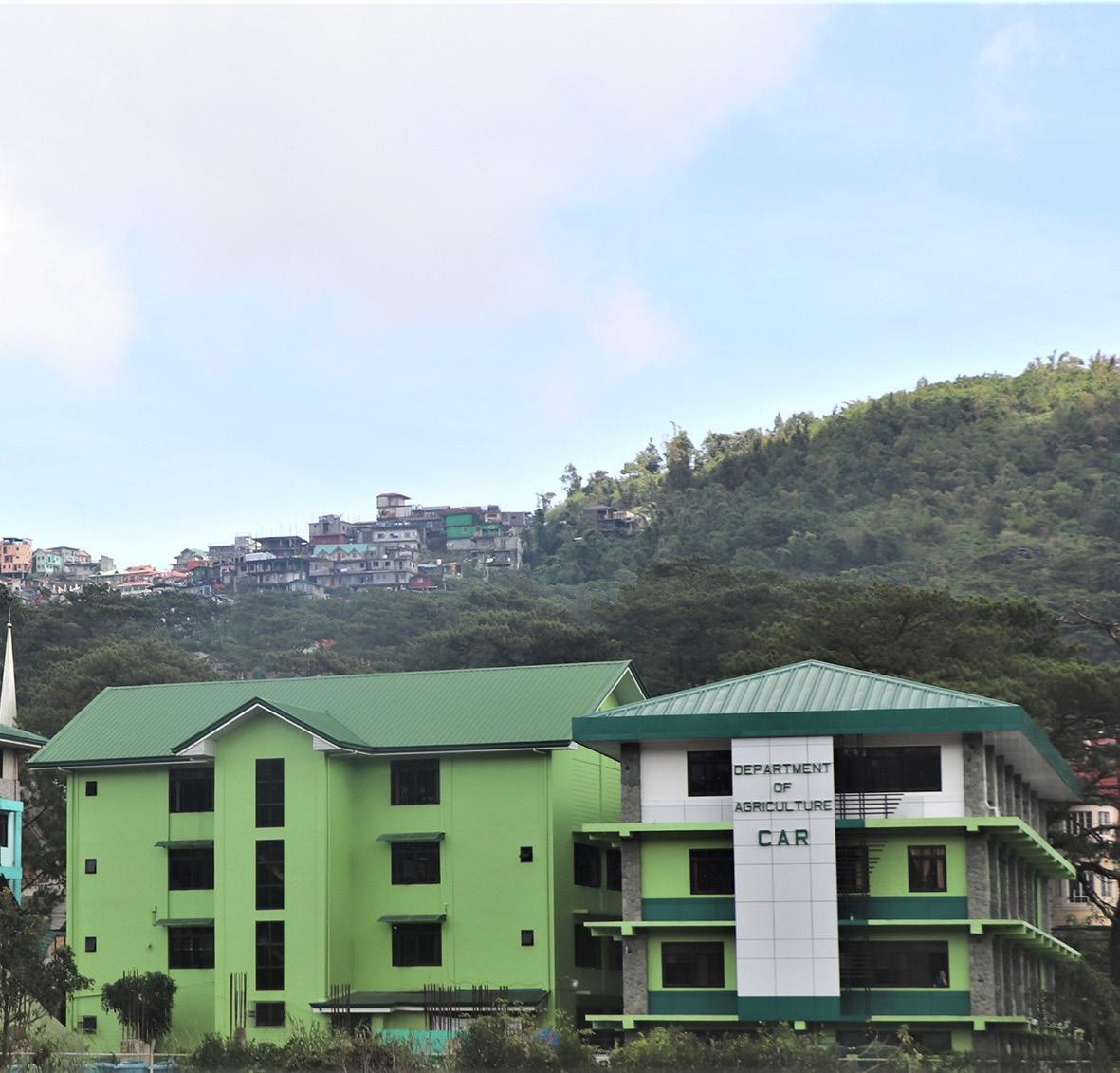
• The Center has taken measures to limit visitors in its offices and views these as a critical administrative control to keep a safe and healthful work environment.
As to the rest of the DA Offices, not all could provide a detailed and/or comprehensive account of environmental hygiene measures employed from March 2020. In any event, certain offices did have notable reporting on how their respective workplaces have been kept clean, sanitized, and safe for the workforce, as summarized below
RFO CAR
• The Health and Safety Team (HST) instructed the disinfection personnel (i.e., the regional office’s “manpower services”) on the proper mixtures for disinfectants, among others.
• The disinfection of the office premises has been regularly conducted. Vehicles were disinfected after every use, and a separate disinfection area was assigned for Kadiwa vehicles;
• The office entrance set up a footbath mat;
• The office set up a wash area, and misting tent at the area designated for the processing and issuance of food lane passes; and

• RFO car supported environmental hygiene protocol implementation through provisioning for and procurement of goods required for the same and the mobilization of pertinent assistance from available human resources (e.g., the Health and Safety Team).

FDC
56
Further, the following are quite considerable measures officially adopted for purposes Covid-19-related environmental hygiene:
• For purposes of the natural ventilation of office premises, RFO-XII imposed a rule for the opening of windows and doors of the office and the accompanying directives of disallowing the use of air-conditioning units before 9:00 in the morning and for the said units to be turned off from 1:00 to 2:00 in the afternoon. (Note: Obviously, this is to enhance air circulation even as it is widely known that allowing fresh air into enclosed areas keeps virus particles from accumulating inside.)
• BSWM ensured the proper disinfection of food (packages) that staff ordered to be delivered at their offices.
In addition, it designated an area for baggage disinfection for the use of employees directly returning to the office from official travels (to return equipment or documents). (Note: Staff who came back from travel were not allowed to go beyond the disinfection area but will have to leave the premises after depositing their baggage and go on quarantine for a few days (per Bureau policy.)
Finally, that several offices have efficiently organized for secured disinfection and related services from concerned offices of certain LGUs/ agencies. The particular offices and services arranged for or secured are the following:
• DA-CO – Disinfection of DA Main Compound grounds by the Quezon City government in April 2020;
• FDC – Disinfection of the Center’s compound by the city government of Taguig five (5) times in 2020;
• RFO-VII – Able to arrange for the disinfection services from the DOH, specifically of offices deemed to be contaminated (e.g., work area where the work station of a staffer reported to have contracted Covid-19 virus is located and where the concerned patient stayed at a time when he/she was already contagious with the virus);
• RFO-XI -- Early into the pandemic, disinfection of RFO-XI premises was carried out by the City Health Office (CHO) personnel weekly. The CHO team also trained RFO-XI utility personnel on the proper ways of disinfecting target areas. The latter has long assumed disinfection tasks.
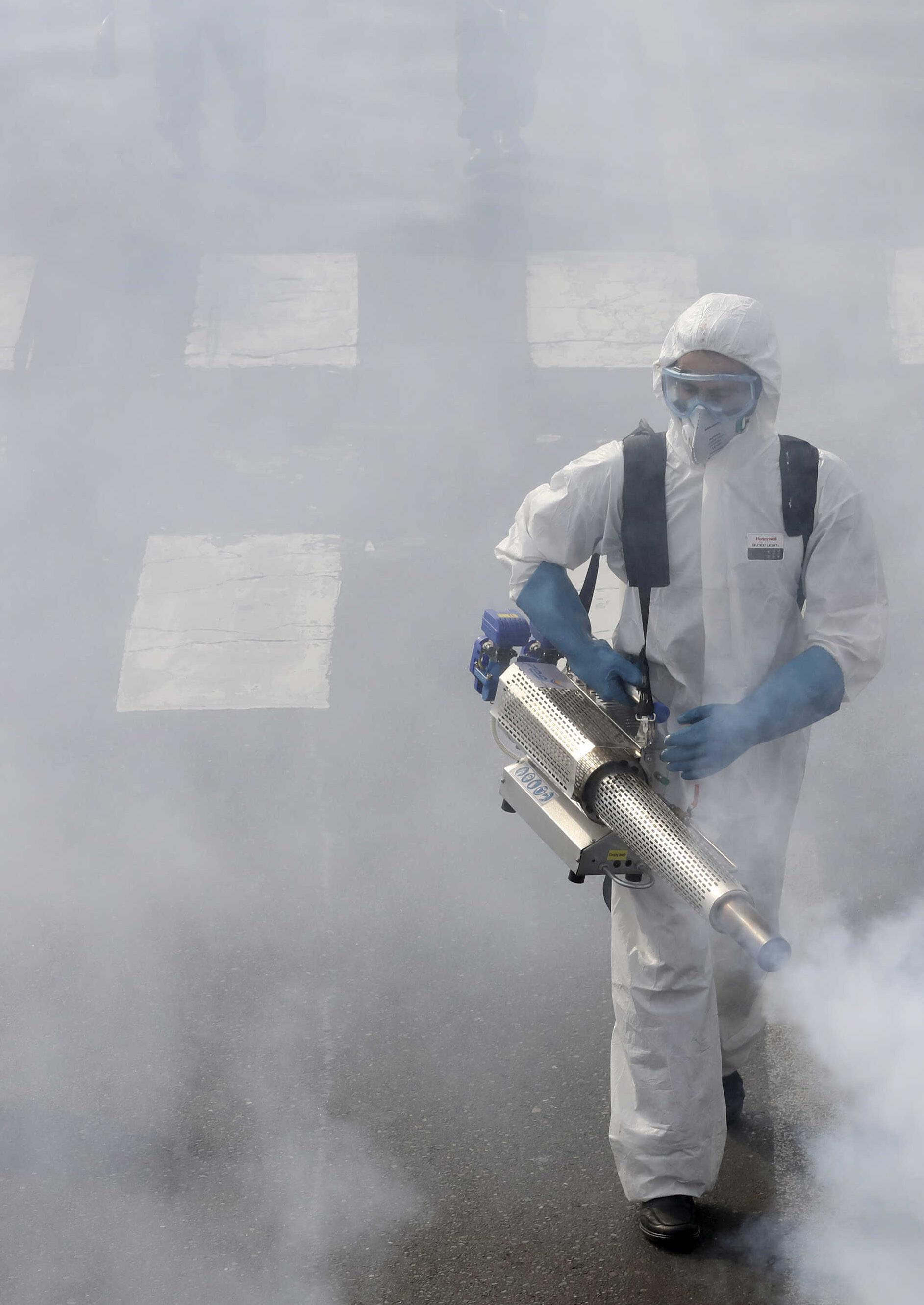
57
• Wearing of face masks
• Submission to mandatory thermal scanning
BASIC ENTRY PROTOCOLS
The men and women of the Department of Agriculture have proven their resiliency in this time of pandemic. Those who were infected and even hospitalized went back to their duties and responsibilities with renewed zeal and inspiration to serve the public. since then, They have been using their experience to help, inform, and inspire others who are also infected.
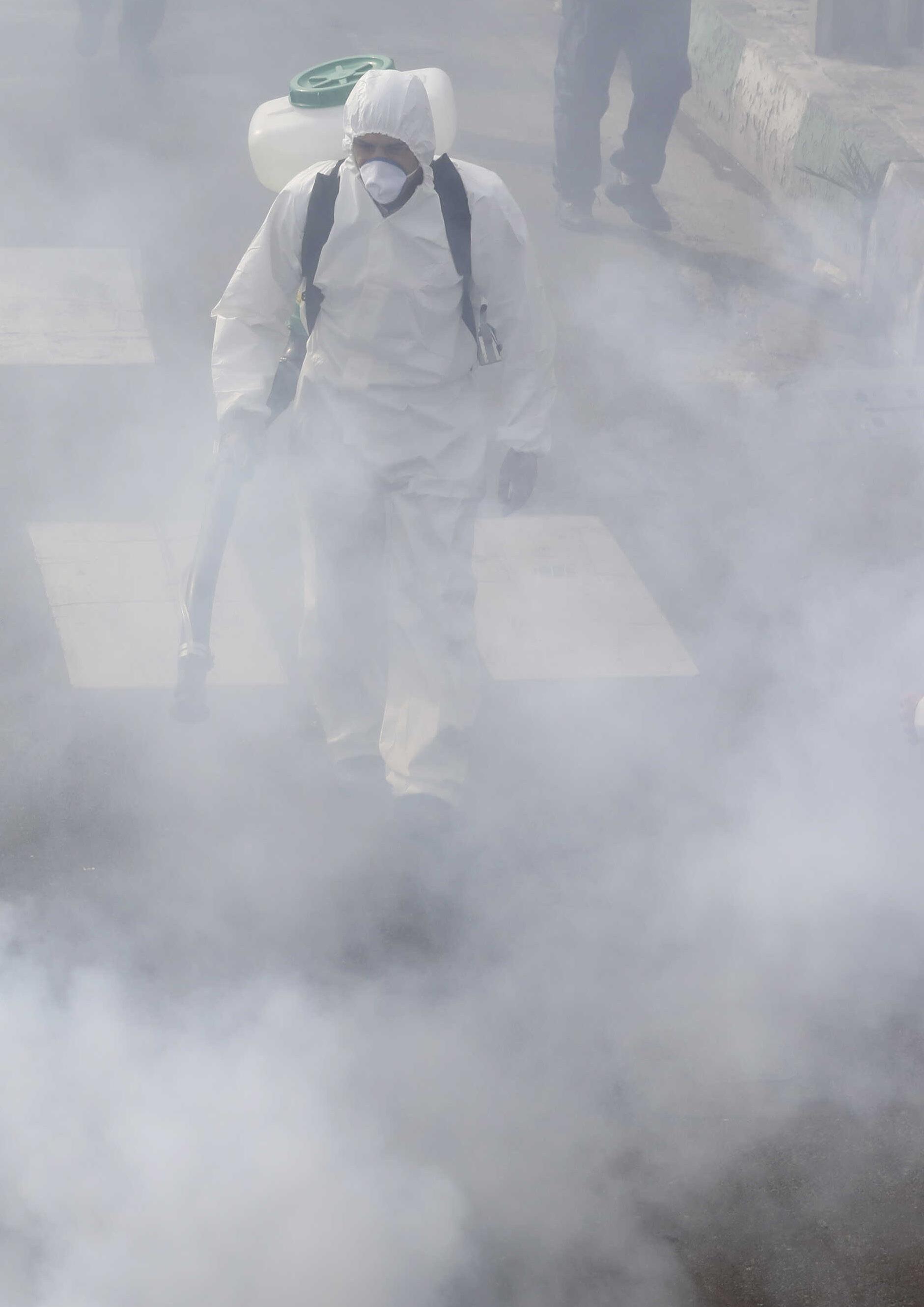
OFFICES
The basic support measures from DA offices to help implement Entry Protocols are:
• Provision of facemasks to the personnel , temperature-taking equipment;
• Mobilization of human resources to see to implementation of subject protocols;
• Relevant engineering controls; Additional administrative controls.
At the DA-CO, the management required individuals seeking entry into the main compound to (a) wear masks; and (b) have their body temperature taken at the entry gate through handheld thermal scanners procured by the Department. Security personnel assigned at the DA-CO entrance gate are in charge of this activity. Those with a temperature of 37.8 or higher, and showing syptoms will be refuse to enter the office and advised seeking medical attention. Concerned personnel shall inform their respective supervisors of their condition (within 12 hours);
Ms. Jean Caldino Chief, Management Division SCPMT-TWG

Many DA offices reported details on their respective implementation of “Entry Protocols”, demonstrating adherence to the basic guidelines on wearing facemasks, body temperature scanning. On the other hand, other offices reported implementing additional precautionary measures (e.g., personnel and guests being asked or required to hand-wash or hand-sanitizer).
That said, the following is a summary of “standout” reports on Entry Protocol Implementation by some offices.
BASIC ENTRY PROTOCOLS LOGISTICAL, MATERIAL, AND RELATED SUPPORT FROM DA
58 “ “
RFO VIII
Insofar as the region adopted the Surveillance, Contact Tracing, Analysis and Networking (SCAN) System per the directive of the local government, personnel and clients of the regional offices were required to present their QR code before entering the office premises.
Nevertheless, they were still required to have their temperature scanned, hand sanitized, and footbath mats to disinfect their footwear before proceeding to their respective offices.In addition, hand washing is a standard operating procedure for an employee to get into another building within the DA-RFO-VIII premises.
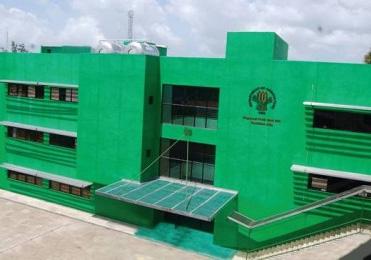
RFO VII
This regional office strictly adhered to the “No Mask No Entry” policy, even as this protocol was implemented for all.
The RFO has also been implementing the protocols for the filling-out of Health Declaration Forms (for visitors), temperature checks, and the use of alcohol and sanitizers before entry.
Note: There is no question that these are important, and most other offices reported their observance of these measures. However, only RFO VII declared that : Whether a visitor or employee is strolling on the way to the office or riding his/her vehicle, he/she would be requested to stop for a temperature check and to hand-sanitize using the alcohol and sanitizers provided for the purpose. Related to that, the office put up a designated washing area near a receiving area to cater to the needs of sanitation of the office and its stakeholders.
At the Bureau premises,
(a) The “No Mask No entry Policy” was strictly implemented;



(b) Personnel entering the building must fill out a screening questionnaire, undergo a temperature check, and then handwash in the restrooms and pantry areas near the lobby before using the biometric machine; hand sanitizing was also required after the use of the biometric machine. The guard on duty strictly monitors this process;
(c) Each staff, visitor, or customer was required to accomplish and submit a Health Declaration Form, manually or through the use of a QR Code. All forms are screened by the HSO on-site;
(d) In the event an employee declares a symptom, he/she is interviewed by the HSO and asked to go home, if validated;
(e) In implementing the Skeleton WorkForce Scheme, only those in the lists of SWF, which the security guards on duty furnished, were allowed to report to work. Those not on the list were not allowed to enter the Bureau building. However, “on-call” employees were allowed entry upon a showing that on-site work is supported by a Memorandum, Advisory, Notice of Meeting (whichever is applicable);
(f) Signages on entry procedures and posters containing information on Covid-19 were displayed around the screening area.
Additional Rules for Personnel Returning for Official Travel:
The Bureau adopted a policy requiring personnel who just came on an official trip to go on a 5-day quarantine period after their trip for health monitoring purposes.
In this connection, personnel directly returning to the Bureau premises to return equipment and official documents from official travel were not allowed entry into their work stations but were permitted to drop off their baggage at a designated baggage disinfection area.
BSWM 59
SOCIAL DISTANCINGRELATED PROTOCOLS AND MEASURES
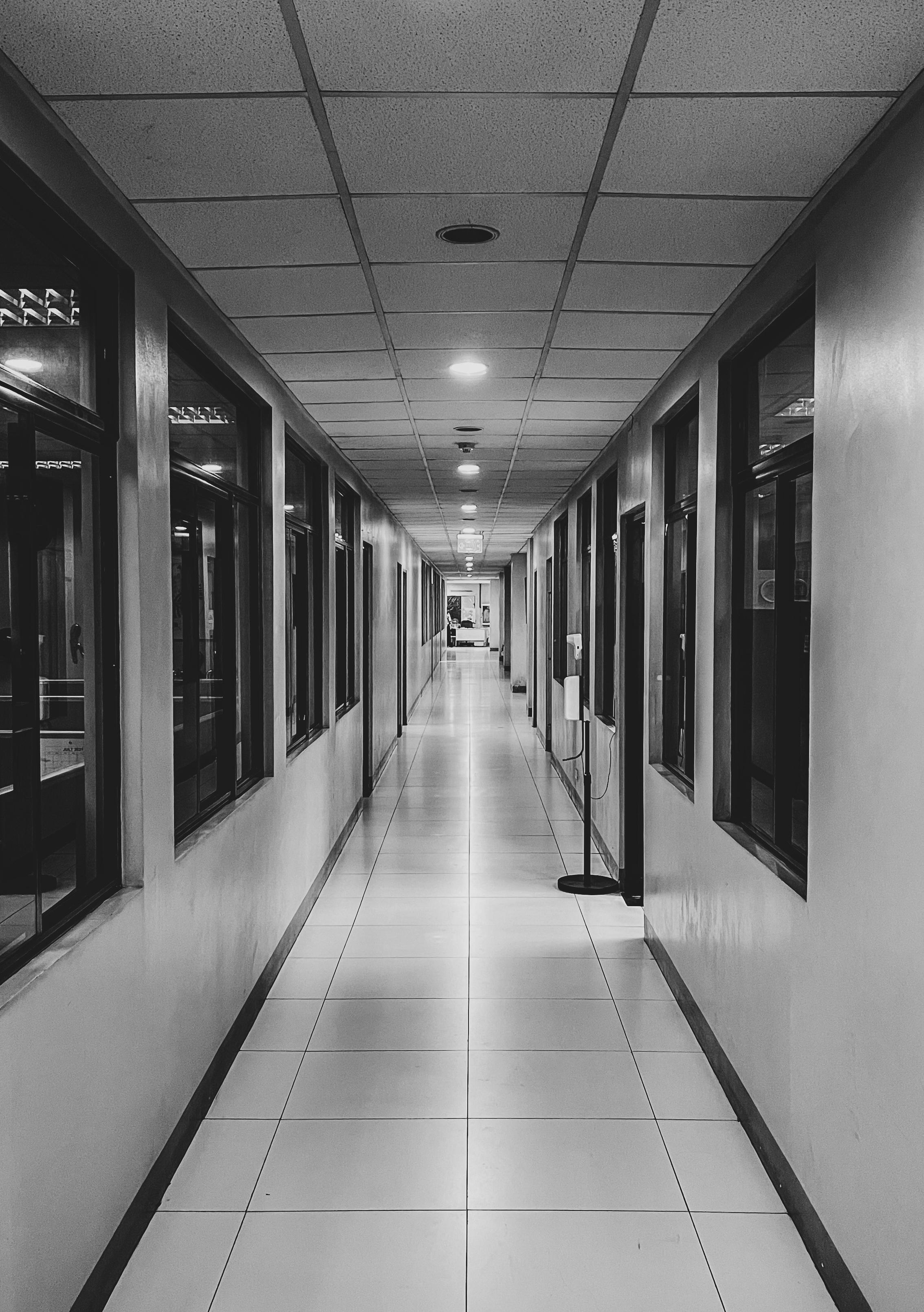
SOCIAL DISTANCING PROTOCOL
STANDARD IMPLEMENTED
DISTANCE OF AT LEAST ONE (1) METER TO THE NEXT PERSON
60
FACILITATING AND SUPPORT MEASURES (ACROSS DA OFFICES)
The most fundamental and related measures for social distancing recognized DA-wide as borne by existing SCPMT documentation, and the SC Reports from the FDC, RFOs, Bureaus, and attached Agencies and Corporations are:
Utilization of technology and digital tools that enable:
• real time one-to-one or team communication between and among personnel who may not all be in a room together;
• the conduct of virtual internal and external meetings and other activities that would have otherwise entailed the physical presence of multiple participants;
This is the primary object of the adoption of ALTERNATIVE WORK ARRANGEMENTS as authorized by the Department according to the pertinent guidelines issued by relevant government entities -- principally the CSC, the IATF-EID, and the DOH. The earlier DA issuances on service continuity mainly dealt with operational capacity combined with health and safety protocols for implementation at the DA Central Office and other offices, including DA-attached Agencies and Corporations, as specified therein. These early issuances guided offices at the time of the initial implementation of community quarantine in the NCR and, a bit later, the entire Luzon area;
Later issuances of the Department provided for operational capacity to be followed DA-wide. RFOs, Bureaus, and attached Agencies and Corporations were explicitly authorized to issue supplemental rules to address situations or needs specific to said offices. This was because of the imposition of community quarantine of varying severities over various areas in the country and recognizing that exceptional circumstances affecting particular offices, especially those requiring a quick response, may best be addressed by the officials. In any event, the condition emphasized re: supplemental rules is that the same must always be following pertinent regulations issued by the IATF, the DOH, and the CSC.
DA issuances on service continuity fundamentally refer to or incorporate guidelines of the CSC allowing flexibilities and priorities to personnel 60 years and above or those below 21 years of age. The CSC rules also cover those with immuno-deficiencies, co-morbidities or other health risks, pregnant women, nursing mothers, and persons with disabilities, as well as personnel residing with individuals as mentioned earlier (with certain exceptions and conditions).
Offices that submitted their SC Reports affirmed the implementation of authorized alternative work arrangements under the guidelines applicable at the time, which reckon with the community quarantine level imposed for different geographic areas. Overall, DA offices reported having implemented the skeleton workforce combined with the Work-from-Home alternative work arrangements, with a few offices also adopting the four-day workweek scheme at some point, following the guidelines issued by the DA and the CSC, among others.
• the (remote) submission or sharing of data or information presented in different document, audio, or video formats or a combination thereof (where sharing is even possible in the middle of an online/ virtual meeting or activity).
The merits or advantages of using technology and digital tools, including online or real-time communication platforms concerning DA work (which undoubtedly requires internal and external communication), have been substantially covered above -- Part II.A.2. of this Special Report. Those that helped facilitate service through a staffing complement that may not all be physically present all the time are part of the highlight.
While the subject technology and digital tools may be immaterial for some tasks and services, the same have been already tested and proven to be necessary implements for a host of functions and activities. These activities range from a single operating unit to those that include top-level management meetings.
Indeed, the use of technology and digital communication for official business is unquestionably significant to impose social distancing measure in the workplace.
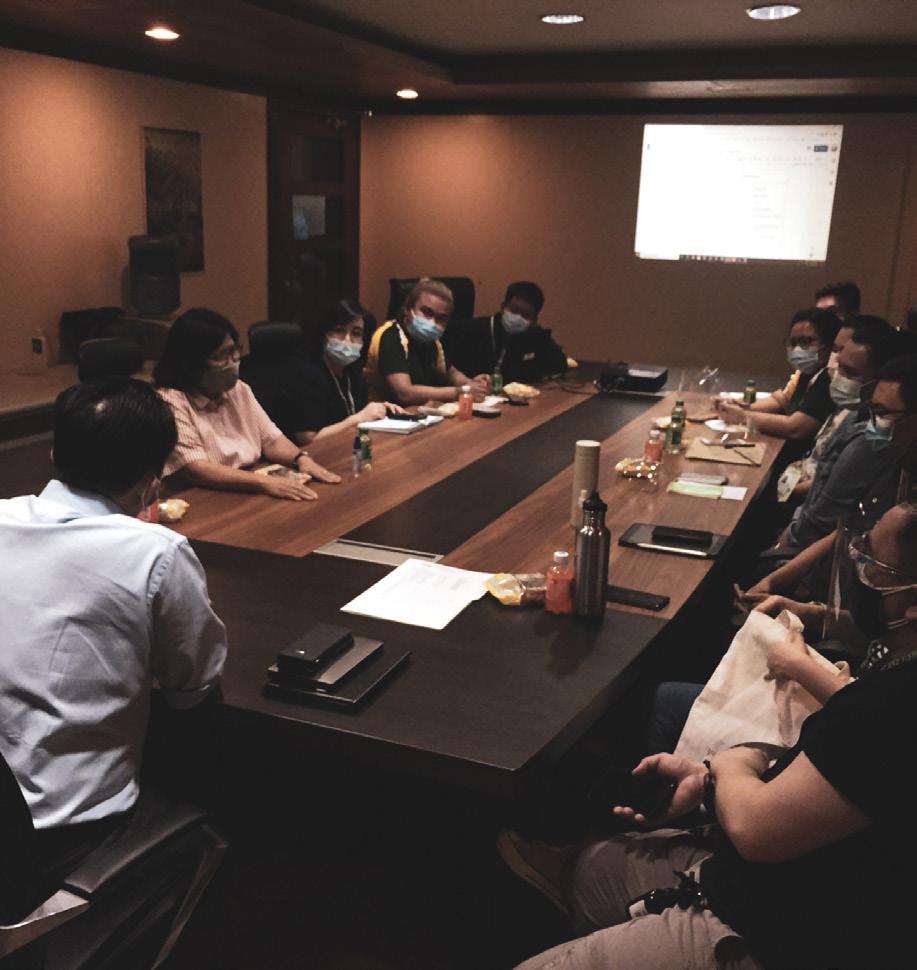 Limitation on the number of personnel in the workplace at any given time
Limitation on the number of personnel in the workplace at any given time
61
Social
Distancing Measures
On-site
-- For purposes of better ensuring social distancing even among personnel who may be present in a general setting (e.g., office compound, building, or rooms), the implementation of policies or adopted measures:
• Prohibiting mass gatherings and against congregating, in general (and especially where the meeting would entail removal of the facemask such as communal eating);
• Limiting food service by office cafeterias and the like to “take-outs” (or no “dine-in” combined with the policy on having one’s meals or snacks at his/her own work station;
• Imposing limits to the number of people that could be physically present in certain premises and/or activities based on the capacity thereof (e.g., conference rooms, elevator, service vehicles, or in queues for particular services);
• Managing foot traffic in target areas through one-directional flow schemes, strategic ingress, and egress designs, and related schemes; and
• Imposing of “No Entry Rules” to other personnel who do not belong to their Department is encouraged. Window transactions can also be implemented.
• Re-arrangement of the office furniture of specific units to promote social distancing (includes setting up of waiting areas outside of the main room of certain offices);
• Installation of plastic barriers at strategic areas (e.g., between anterooms and main office spaces). Relatedly, for purposes of the on-site examinations of job applicants, a plastic barrier was installed between the area used by DA personnel in charge of the process and the area for applicants’ use; there were also plastic barriers set up between the respective tables occupied by the applicants;
• Setting up of document receiving areas through corridor windows (instead of an area inside operating unit’s main workspaces);
• Suspension of activities that entail mass gatherings (as defined by the IATF concerning the community quarantine level implemented in the NCR). In any event, the restriction against mass gathering is the main reason for the continuing suspension of actual (face to face) flag-raising and flag-lowering ceremonies within the DA;
• As much as possible, the conduct of meetings and other activities virtually, either wholly or with a minimal number of participants on-site;
• Maximal use of technology and digital tools for coordination purposes, submissions, consultations, and significantly, in the recruitment process which features the following: (a) submission through electronic mail or any other electronic means of job applications and pertinent documentary requirements; (b) virtual job interviews by the HRMPSB panel; in this regard, some oath-taking ceremonies have been done virtually, as well;
For purposes of social distancing between and among persons in a general setting, the utilization/installation of pertinent engineering controls such as:
• Re-arrangement of furniture or improvement of office layouts (including the introduction of “outside” wait areas and corridor “receiving areas”);
• There is an installation of protective barriers, partitions, or dividers between workstations. Another provision also goes between the area of a frontliner and that for transacting stakeholders; and
• There is a placement of warning or reminder signages, including directional and social distance markers on floors or walls.
In relation to social distancing measures under items (c) and (d) above, the following presents some of the pertinent measures taken at the DACO and other (selected ) DA Offices:
• Not allowing commercial delivery staff (for food and goods ordered to be delivered) to enter the compound; concerned personnel should claim their deliveries by the entrance gate;
• Limiting cafeteria food servicing to “take-outs.” Personnel are encouraged to have their meals and snacks at their work stations (Social distancing and other safety measures -- e.g., thermal scanning -- have also been strictly implemented at the cafeteria)
• Limiting the number of elevator passengers to four (4) persons;
• Foot traffic management: Stair users are to stay at the right side; some offices impose “no entry rules” for staff not with the concerned office;
• Use of warning and directional signs, including social distancing markers on floors and walls to support the preceding measures; and
• Strict implementation of restrictions on travel (insofar as travels pose elevated risks of exposure (due to proximity to travel companions in an enclosed conveyance or to uncertainties in the situations at destinations or stopover areas in terms of incidence of Covid cases combined with crowd levels thereat).

DA-CO 62
• Installation of fabricated glass partitions and aerosol boxes for various offices;
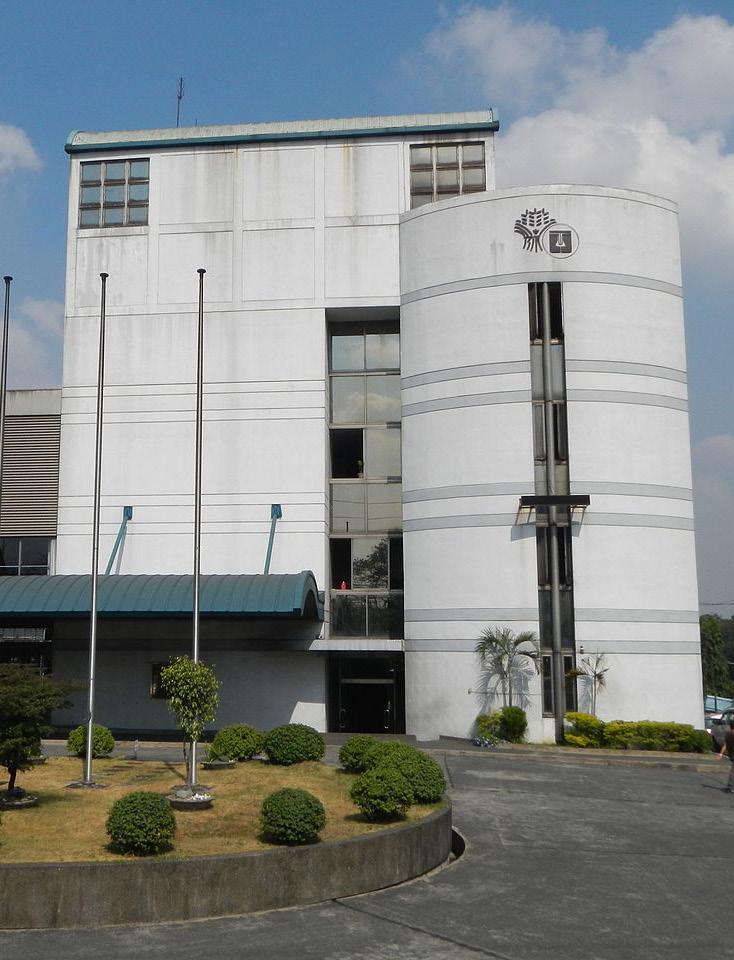
• Designating an area for exclusively for receiving deliveries (Parcel Receiving Area);



• Setting up of a visitors’ area at the Malasakit Center, which was designed to conform to social distancing standards;
• Use of safety and directional signs (including those in relation to social distancing); There was a production of an Informational Video on how to access services of RFOII safely and healthfully (includes social distancing and other protocols).
• Target audience: stakeholders of the DA 2.
• Setting up of receiving areas outside of each room to minimize / limit close person to person interaction;
• Suspension of flag ceremony even as this was revived using the “online facility” – thus, the online flag ceremony served as an opening activity for the week and a venue to convey important messages and announcements –top management to employees;
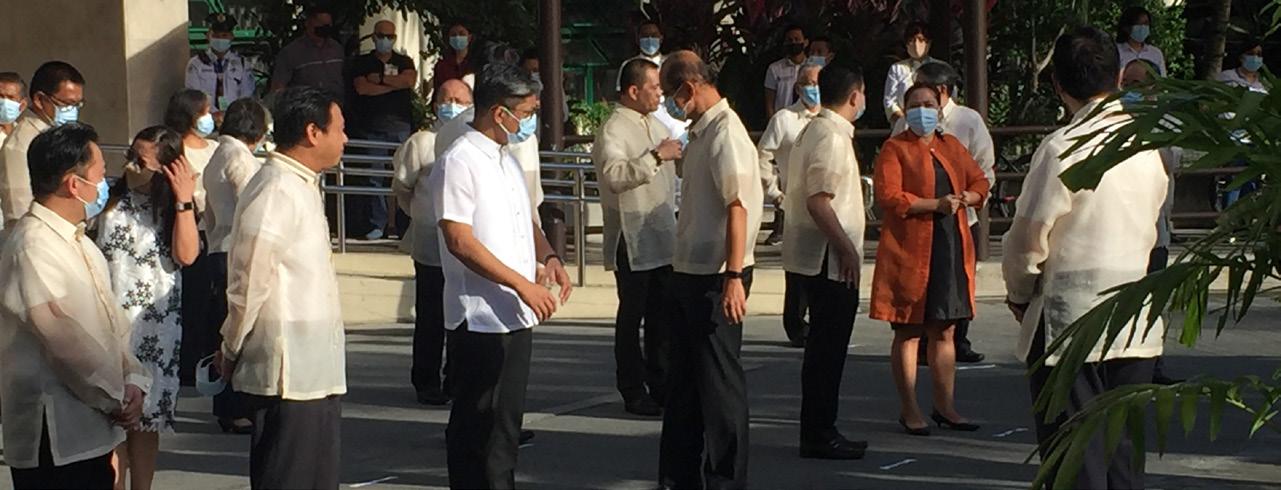
• Bringing of food or “baon” highly encouraged to avoid going in and out of the office;
• Eating in groups, discouraged: employees were asked to it at their respective work stations, instead. For work stations not suitable for having meals, the use of the pantry was allowed, subject to strict observance of physical distancing;
• Allowing food deliveries only up to the BSWM gate;
• Reconfiguration of offices to observe social distancing; Installation of acrylic dividers;
• Prohibiting clients and visitors from entering offices and buildings of DA 5 -- they are advised to stay at the Operation Malasakit Help Center (Clients /Visitors Open Area) where their concerns will be attended to and/or their requirements facilitated. [1] The Center is connected to hotlines, and there is a phone for employees.
• It is outfitted with a wash area and furnished with a contactless scanner and alcohol dispenser and chairs set up at a distance of at least a meter to the next. It is supplied with infographics (precautionary measures) and Declaration Forms for contact tracing. A security guard is assigned to the area to maintain order.
• The Help Center of the regional office is set up with six (6) service desks, namely: (a) Public Assistance and Complaints Desk; (b) RSBA Desk – for clients wanting to register said DA registry; (c) Operations Desk – for clients requesting inputs such as vegetable seeds, fertilizers, etc.;
(d)Food Lane Desk – for the issuance of food passes to traders and suppliers; (e) BAC – RAED Desk – to entertain suppliers, contractors, and those with concerns regarding farm equipment, survey, and other technical matters;
(f) Regulatory / BAI Desk – for the issuance of livestock shipping permits and attending to ASF concerns, etc.
• Maximal use of technology and digital tools (including virtual communication platforms) to limit face-to-face interaction;
• Strict Implementation of SWF / WFH Arrangement.
63 da.gov.ph
RFO II BSWM RFO V
• Maximal use of technology and digital tools (including virtual communication platforms) to limit faceto-face interaction – utilized said platforms for activities including job interviews by HRMPSB and topmanagement meetings;
• With respect the agency’s specific services, the agency adopted the following specific measures as social distancing-related strategies, considering the same do away (at least temporarily) with face-to-face transactions that would have otherwise been required.
• Extended validity of expiring licenses, registration and accreditation – effected through MO 03-2020003 and 03-2020-194, this order provided for the extension of expiring licenses to operate (LTO) of meat establishments, expiring registration of meat transport vehicles (MTV) and accreditation of Meat Importers (i.e. expiring by March or April 2020 to be valid until May 31 2021)
• Temporarily suspended onsite audits or evaluations and, relatedly, facilitated / assisted the conduct of the Assisted Remote Meat Safety and Quality Assurance (MSQA) Audit. Note that the agency issued reference guidelines in the conduct of assisted remote audit on Good Manufacturing Practice (GMP), Good Operating Practices (GOP), Sanitation Standard Operating Procedures (SSOP) and Hazard Analysis and Critical Control Point (HACCP). A pre-requisite to the issuance of the NMIS License to Operate (LTO), as of Dec. 2020, 4 regions were already covered by the audit scheme.
• Made provisions for the issuance of Computerized Certification of Meat Inspection (COMI) -- to facilitate and ensure that trade and transport are not hampered and to limit the exposure of NMIS Plant Officers, NMIS issued Memorandum Circular No. 03- 2020-002 which provided the guidelines for the electronic request and the non- face to face issuance of computerized Certificate of Meat Inspection (COMI) for imported meat.
• Online ICT Service Desk – this aims to provide a faster resolution and management of all ICT service requests
• Other, Select Automation Initiatives for NMIS Services (the following information systems have been developed, tested and ready to be implemented for the pilot users )
• NMIS Accreditation and Registration Information System – an online registration system for new and renewal applications of meat establishments for License to Operate (LTO), which aims to provide fast and efficient registration to stakeholders;
• Electronic Payment System – this system electronically collects fees and charges being collect by the NMIS such as Ante and Post Mortem Inspection Fee; Accreditation and Licensing Fee, Laboratory Fee; GMP/HACCP Certification Fee; Importer Accreditation Fee; and Imported Meat Inspection Fee. (system developed in partnership with the LBP)
RFO XI
• Suspension of flag-raising and flag-lowering ceremonies;
• Limitation on external customers or visitors at the office;


• AMAD – implementation of an online system for the processing of applications for and issuance of Food Pass and IATF IDs (for farmers, traders, agri-business companies);
• Relative to the recruitment process – Careful scheduling to avoid crowding of job applicants in the RFO office for purposes of examinations or job interviews (applicants not allowed entry into the premises outside of their set schedules);
• Use of technology and digital tools (including virtual communication platforms) to limit face-to-face interaction.
NMIS
64
HANDLING OF COVID-19 CASES MECHANISMS AND MEASURES

Undoubtedly, integral to ensuring service continuity in the Department is the proper management of Covid-19 cases affecting personnel in the workplace for instances when personnel are suspected of having the Covid-19 virus. The mechanisms for handling Covid-19 cases should be in place and operational so that further chances of case incidence are mitigated, if not eliminated. Otherwise, given the fact that the virus is so quickly and widely spread, the Department could just easily be overwhelmed, even if it has taken pains to employ all the preventive, defensive, and precautionary measures in the book.
The management of Covid-19 cases necessarily involves: (a) the surfacing of information on the cases, entailing the documentation thereof and their proper reporting to authorized officers; (c) proper contact tracing; (c) isolation and treatment of patients and quarantine of close contacts; (d) support to affected personnel; (e) monitoring of health status of the patient/ close contacts; (g) pertinent processes to prevent transmission.
At the DA-CO, the reporting system on cases proceeded from the disclosure of information by personnel directly affected (or the patient) to head of the operating unit (e.g., head of Division), the latter also being the Health and Safety Coordinator of the said unit or through surveillance by the HSC or HSO, which process ultimately entails confirmation by the patient.
The HSCs are required to submit an Incident and Contact tracing Report to the DA-HSO (ICTR). As such, HSCs are supposed to undertake the initial contact tracing, identifying possible close contacts that are personnel of the Department (at the very least). Upon submission of the IR, the HSO does validation/ verification, as necessary, relative to the matters contained in the IR. The HSO consolidates basic information on the patients and the exposure (infection) circumstances and does the coordination and collaboration needed hand in hand with the Quezon City ESU relative to the mandatory reporting of cases.
65 xconomy.com
HANDLING OF COVID-19 CASES MECHANISMS AND MEASURES
Suppose someone in the premises becomes suspect for having the virus (e.g., develops symptoms) or determined to be close contacts of probable or confirmed cases. In that case, there is a temporary holding area for them while waiting for the isolation facility in their respective community The HSCs, with the guidance of the HSO, must ensure that the patients and close contacts observe isolation/ treatment and quarantine protocols and must advise them to report the pertinent health event to the concerned BHERT.
The ESU, in coordination with the BHERT, performs the comprehensive contact tracing process through its contact tracing teams. The BHERT is the first line of support and defense in the community in the fight against Covid-19. It monitors the status of those in isolation or quarantine, provides advice on Covid-19 management protocols, and overall assistance for their observance, including referrals to isolation/ temporary treatment and monitoring facilities, quarantine facilities, and sometimes, even hospitals. Barangay authorities have been active in transferring patients and close contacts to these facilities.
With the case monitoring performed by BHERTS, the HSCs are also supposed to monitor how their workmates are faring. Ideally, these HSCs submit monitoring reports to the HSO (e.g., recovery or “deemed recovery” – usually used for asymptomatic cases who complete the required period for quarantine or isolation).
Office support to patients and close contacts come in the form of advice on protocols to be observed and assistance about requests for RT-PCR testing, coordination with BHERTs and even the QESU for purposes of case reporting, and to secure provisions or requirements of patients and close contacts (e.g., transfer to and/or accommodation in quarantine, isolation, or treatment facilities and even hospitals, ambulance service, testing service, or even information relative to one’s quarantine or isolation).
In cases where the Covid-19 incident involves workplace safety (e.g., areas where a staffer confirmed to have the virus; might have stayed or visited for a critical amount of time), the protocol is for such areas to be immediately vacated and disinfected. Per the rules, the use of said areas may resume only after 24 hours from disinfection.
OTHER OFFICES -- Service continuity reports from many offices lack a description of how Covid-19 was handled. Nevertheless, most RFOs, bureaus, and attached agencies have been submitting an incident, monitoring, and related reports to the OUAF over the past months, affording the latter additional bases for forming an impression as to how Covid-19 cases have been managed, at least in the very general sense.
Thus, Covid-19 case handling in DA RFOs, bureaus, and attached agencies and corporations has generally been consistent with that of the DA-CO. There were focal persons or teams designated to perform critical tasks or move the processes involved in case management.
These would be the HSCs, HSOs, HSTs, Health Protocol Officers, etc., who, in its entirety, are the heads of divisions, sections, or other operating units. Their tasks generally include the documentation and reporting of information on Covid-19 cases among the staff of their units (to the DA-CO and concerned local government authorities), initial contact tracing, providing information and advice to directly affected individuals relative to protocols to be observed by patients and close contacts (such as immediate mandatory 14-day quarantine and reporting to their respective BHERTs), and in some cases facilitating requirements therefor. They monitor the status of the patients while on treatment or quarantine and submit updates or reports thereon to management.
Very prominent in the Service Continuity Reports are accounts on the coordination between the concerned DA office and other government entities, including LGUs and BHERTs relative to the management of Covid-19 cases and related matters (e.g., DOH assistance in the disinfection of DA office premises, in the case of one RFO). Several offices reported having provisioned for or facilitated the immediate Covid-19 testing of suspect cases and close contacts. At least two offices noted referring the patients to the offices’ medical consultants (for medical advice, contact tracing, monitoring, or investigation).
Remarkable are reports that certain offices have set up temporary quarantine/isolation facilities that Covid-19 patients may use among their respective personnel. These are mainly in cases where the latter could not, per government guidelines, quarantine or isolate at home and could no longer be accommodated in government-run or accredited isolation or quarantine facilities
The following tables present some of the more notable reporting on Covid-19 case management from different DA offices.
66
MANAGEMENT OF COVID-19 CASES
The regional office has “proactively acted on Covid cases.”
It is in full coordination with DOH and other government agencies for immediate quarantine, isolation, and contact tracing of first and 2nd generation close contacts. The RFO prepared an adequate quarantine facility for those who tested positive for the Covid-19 virus, provided food and medicine.
RFO CAR RFO II FDC
Division Chiefs were assigned to monitor their units even via online and advised to submit their reports of cases to the Central Office.
A Division Chief coordinated with the Taguig City Health Office – regarding three cases. Two personnel not residing in Taguig were advised to report their situations to their respective BHERTs.
An Emergency Response Team, later replaced by the Health and Safety Team (HST), was constituted to facilitate close monitoring of all divisions and sections. The team is composed of representatives from each division and provisional members with with medical knowledge nurses, medical technologists, and veterinarians
Among the tasks of the team and its members was to do immediate contact tracing when someone in the personnel tested positive;
At the earliest possible time, close contacts were notified and reminded to observe pertinent health protocols (e.g., immediate quarantine), advice is provided on the same;
Concerned HST members (i.e., representatives of divisions with staffers confirmed to have the virus or identified close contacts monitor the cases within their division until their colleagues are declared cleared of the infection or recovered from Covid-19);
Part of the monitoring of affected colleagues during quarantine was to ensure that their needs, such as food, vitamins, and even accommodation, were provided. Some colleagues voluntarily sent goods and even contributed money for the purchase of the needs of affected employees;
Temporary Isolation Facility - A building at the BABRC was converted into a temporary accommodation or isolation facility for close contacts and positive cases not accommodated at the local quarantine facilities. The isolation of concerned close contacts and positive patients is coordinated with and supervised by the BHERT.
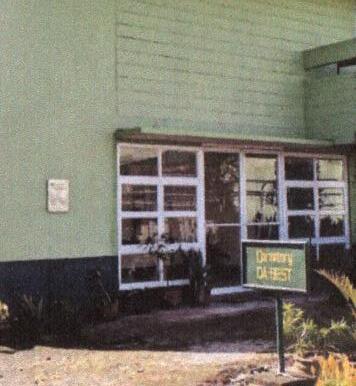
RFO V




Immediately reported Covid-19 cases among RFO-V personnel to the DACO;
Caused the temporary shutdown of operations/ for disinfection; Directly coordinated with the PESU/ Incident Monitoring Team of Camarines Sur) regarding a staff who tested positive; Conducted contact tracing; Division Chiefs, who are the designated Health and Safety Coordinators, are in charge of closely monitoring and checking the health status of the staff of their respective divisions and of informing the RFO-V Medical Team of pertinent health events (e.g., confirmed cases);
RFO-V -- Isolation/quarantine facilities established.[1] The facility has been used by: (a) primary and secondary contacts of and/or individuals directly exposed to positive patients; (b) personnel who tested positive upon rapid testing (conducted in October 2020 in coordination with the provincial government of Camarines Sur); and (c) personnel who could be quarantined at home due to lack of separate room and comfort room.
67
RFO VII
If there is a Covid-19 incident that caused an area in the premises to be deemed unsafe due to possible contamination, “work shall be suspended” for purposes of a mass office disinfection (either by the DA or the DOH, through the coordination of the HSO);
Relative to an actual Covid-19 case, RFO-VII immediately coordinated with the BHERT for contact tracing and with the DOH re: swab testing of the identified close contacts, who were urged to go on a 14-day quarantine;
The DOH provided accommodations relative to their quarantine.
RFO VIII
The regional office created a Health and Safety Committee to serve as a body in providing recommendations to management on the appropriate actions that may be undertaken to address issues and concerns relative to Covid-19. It is also tasked with the monitoring of the health status of Covid-19 patients among the RFO’s personnel;
Also, all supervisors and operating unit heads were designated as Health and Safety Coordinators. They are responsible for the submission of the incident and contact tracing reports (ICTR) to the Health and Safety Committee;
The HSC monitored the cases until they were declared Covid-19 free. (The SC Report specifically noted that the affected personnel immediately coordinate with the BHERT for isolation and medication.)
RFO IX




Through a Memorandum issued on August 2020 concerning Personnel Health Status Monitoring, the RED advised the personnel who manifested the Covid-19 symptoms not to report on-site.
As to actual Covid-19 cases among employees, management and key personnel continued to reach out to them and provide psychological and emotional support. (the cases referred to already recovered);
MANAGEMENT OF COVID-19 CASES
RFO XI
When the office had its first Covid-19 case (the only case that occurred within the period covered by the SC Report), the regional office immediately coordinated with the CHO for proper contact tracing;
All the identified close contacts in coordination with the CHO were quarantined and monitored by their respective Barangay Health Centers. The BHC did the assessment and reporting on their status;
RFO-XI suspended work for purposes of conducting disinfection activities at the office premises.
The RFO submitted Incident and Contact Tracing Reports to the DACO, as well as to the LGU
We have to defeat Covid-19.
We have to recover so that this country will rise again. The department of agriculture is one in seeing to it that there is also enough food that is affordable for every Filipino.
During this fight against Covid-19, everyone must also produce their own food so that the level of food sufficiency will increase.
If we have more nutritious food, we shall be able to fight and defeat Covid-19.
- Sec. William D. Dar

68
“
BSWM


Relative to Covid-19 confirmed cases, the Bureau implemented contact tracing in accordance with DOH guidelines and ensured the quarantine / isolation of affected personnel in order to contain the spread of the virus;
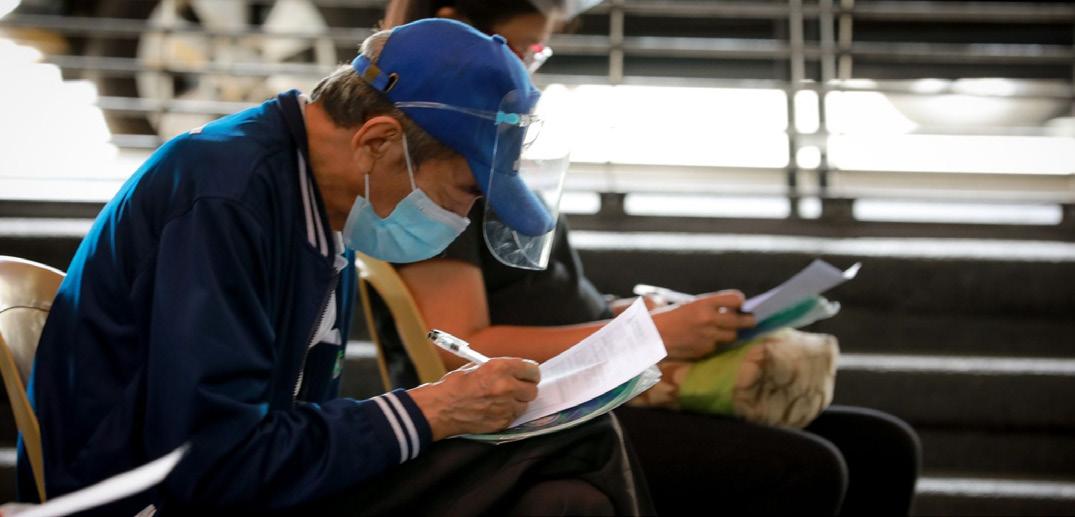
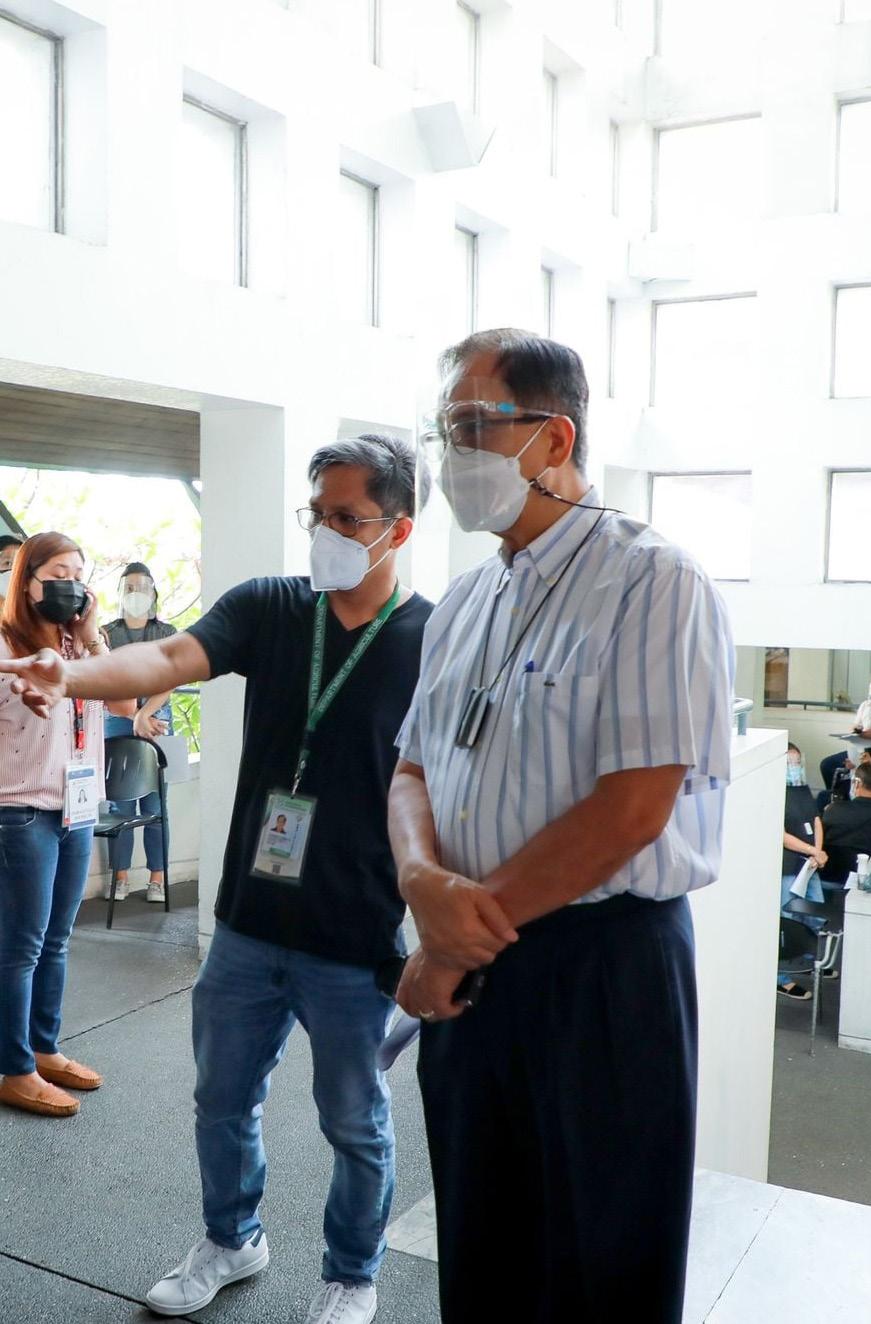
For cases where there were identified transmissions in the office, the Bureau declared work suspension to facilitate immediate and thorough disinfection of the affected areas to stop the further transmission of the virus. Employees were required to WFH following the guidelines of the CSC to ensure service continuity;
Aside to the HSOs, the Bureau also assigned HSCs per division who will assist compliance in all safety protocols as well as efficient contact tracing and reporting. The Bureau also created process flow for effective coordination, quality control of data and expedite tracing of cases.
BSWM imposed a 5-day mandatory quarantine for all personnel returning from official travel.
NMIS
The agency designated a Health and Safety Officer and Coordinators for its Central and Regional offices for easy coordination of case management;
It has established coordination processes with LGU ESU of Quezon City for the mandatory reporting of Covid-19 cases; The agency’s case management protocol, contact tracing and expanded testing are in accordance with several DOH MCs and guidance from the QC ESU;
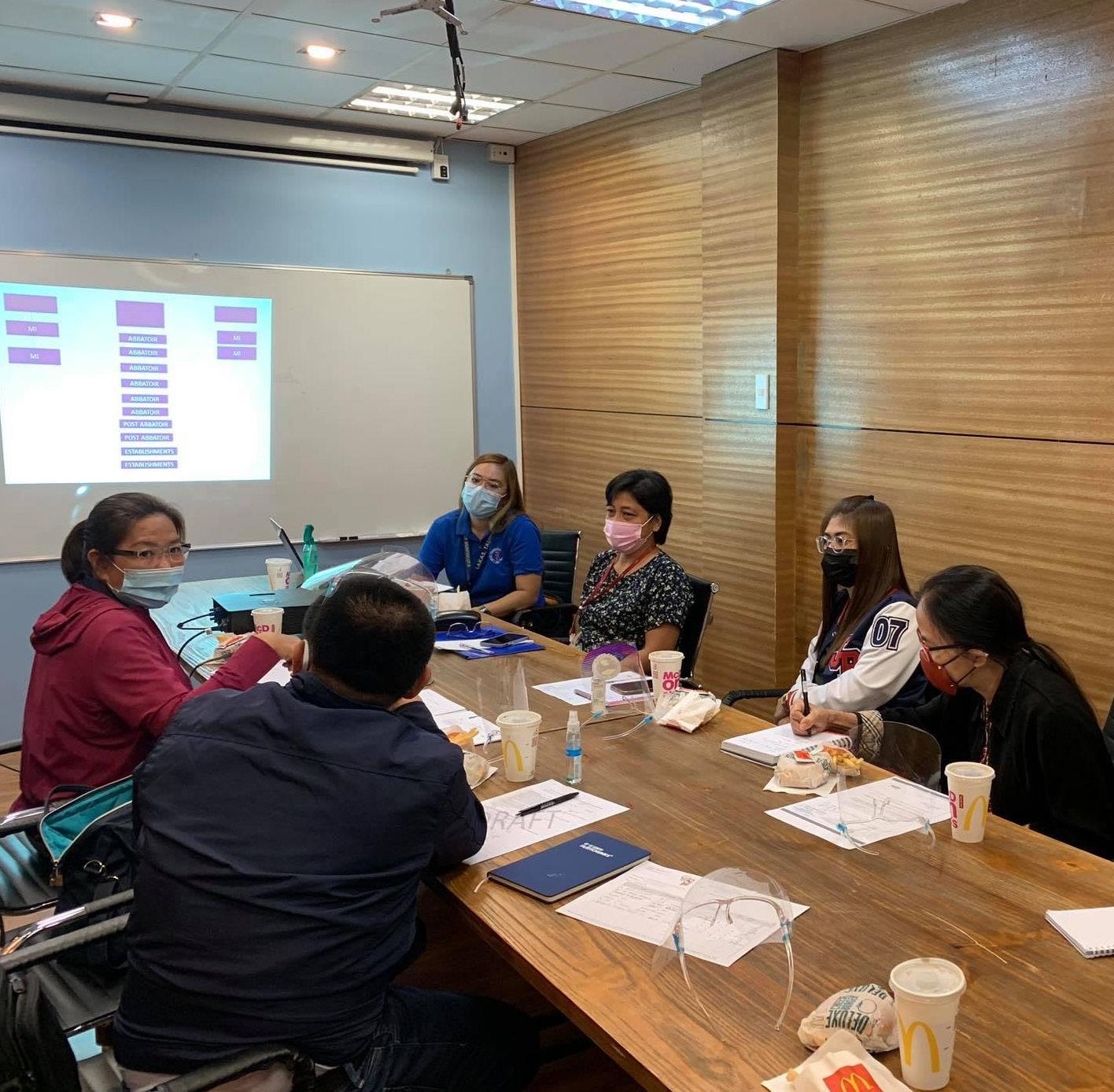
It prepared an isolation room for confirmed, probable and suspect cases to cope with the surge of patients in hospitals and quarantine facilities. This is where the NMIS Covid patient could stay while waiting for the BHERT and/or proper authorities and other options they may be able to provide;
There have been regular updates and reporting of the coordinators on case reporting and management.
69
MANAGEMENT OF COVID-19 CASES
PFDA



Personnel suspected to have symptoms were advised to immediately isolate or quarantine; referred to the medical consultant for consultation, monitoring and investigation; they also underwent swab testing.
PhilRICE has designated an area for quarantine purposes. Therefore, it can be used by: (a) staff who arrived from travel; (b) staff who manifest with Covid-19 signs and symptoms; (c) staff exposed to Covid-19 positive patients and determined to be primary contacts;
Quarantined staff were monitored at least twice a day. Swab tests were conducted on primary contacts;
PhilRICE worked with concerned Barangay Health Emergency Response Teams (BHERTs), the Rural Health Unit of the Science City of Muñoz and the local Philippine National Police re: implementation safety protocols, monitoring of quarantined staff, managing Covid-19 cases and case contact tracing.
PhilRICE NFA
The agency has issued comprehensive guidelines on the use of the facility. The RHU personnel did an ocular inspection of the premises and evaluated the PhilRICE capability to handle above-described cases / situations.
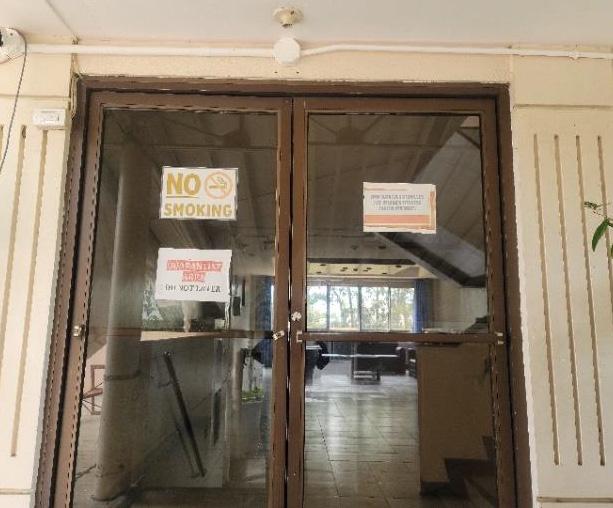
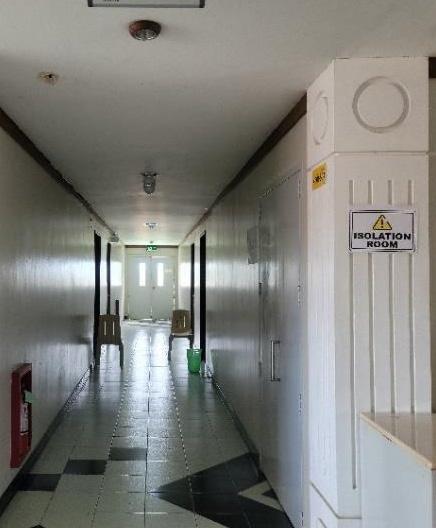
All reported Covid-19 cases, including those from the field offices, were closely monitored by the HRMD-Health Service Unit. The HRMD-HSU Medical Consultant, coordinated with the employees who were tested positive for Covid-19 in order to give medical advice and conduct contact tracing;
In accordance with the guidelines issued by the DOH, IATF Rules and concerned LGUs, employees confirmed to have the virus were advised to report their case to local health authorities;
Personnel who had close and prolonged contact with the Covid-19 positive employees were advised to undergo strict home quarantine for fourteen (14) days or immediately undergo swab testing if Covid-19 symptoms are observed. The offices concerned were also required to submit status report to the Administrator and the HRMD;
Those who were cleared of Covid-19 infection were required to submit medical clearance or negative Covid-19 test result before being allowed to report back to work.
70
COORDINATION WITH OTHER GOVERNMENT AGENCIES AND LOCAL GOVERNMENT UNITS
DA CENTRAL OFFICE
The OUAF was able to arrange for the Covid-19 RT-PCR Testing of DA personnel at the NCR with the BCDA and the Philippine National Red Cross, at no cost to personnel availing thereof. Targeted testing was carried out from some time in July 2020 to October 15, 2020;
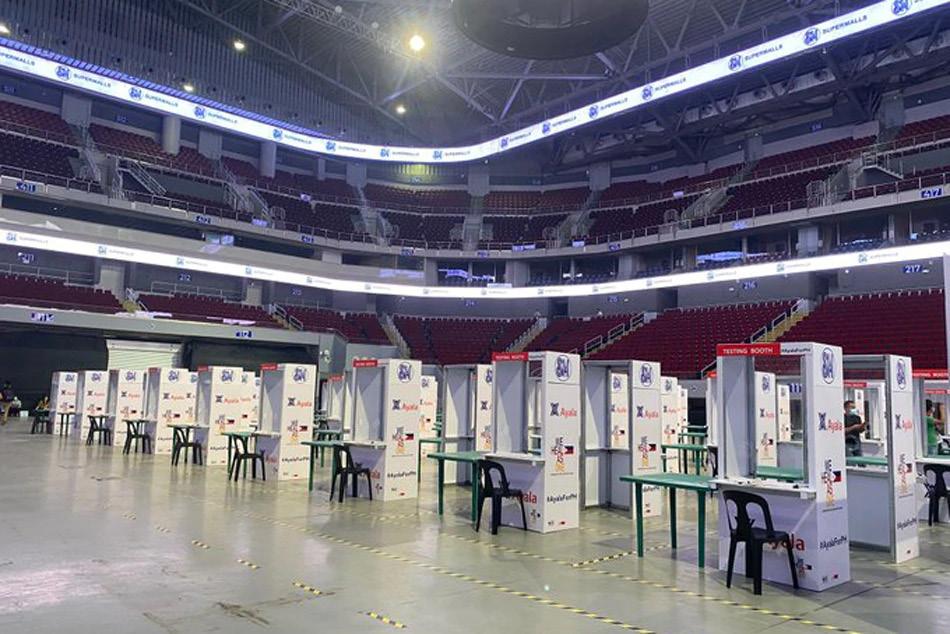
RFO CAR
RFO CAR closely worked with other agencies of government, particularly the City government of Baguio, the DOH and the BCDA, and with a private non-profit, the Red Cross, for purposes of Covid-19 response. This collaboration resulted in, among others, the DA regional office being able to secure significant services from the said entities, as follows:
Implementing Covid-19 response measures and protocols in the workplace includes processes that necessarily entail collaboration with other government body.
Accordingly, DA offices would have to work with concerned LGUs (and the BHERTs by extension) for purposes of the mandatory reporting of Covid-19 cases, contact-tracing, and the overall implementation of health and safety protocols, including the proper management of Covid-19 patients, with due consideration of local risks assessments. This is also true concerning the establishment of quarantine facilities, as well as other interventions.
In this regard, the DA-CO has established a working relationship with the Quezon City government, particularly its ESU. Thus, in many cases, the HSO of the DA-CO was able to secure the assistance of ESU pertinent to requests or requirements of DA-CO Covid-19 patients (e.g., requests for referral to hospitals or isolation facilities). The DA has also requested the DOH to evaluate a particular area for the possible establishment of a quarantine facility that Covid-19 patients could use. Identifying isolation facilities is deemed proper, especially when there are surges in cases of Covid-19 and no accredited facilities can be utilized. The DOH has provided its initial evaluation on the matter.
As shown in previous sections of this report, various DA offices have a certain level of coordination with concerned LGUs and government agencies relative to mandatory reporting of cases, contact tracing, and provision of RT-PCR testing for Covid-19 patients their close contacts. Aside from the matters directly related to Covid-19 case management, coordination and collaboration with LGUs and government agencies have enabled DA offices to access critical services and interventions to enhance the extent and quality of their Covid-19 response. To summarize what has been pointed out in different parts of this report:
• Free Covid-19 Testing (Rapid Test) from the government of Baguio City – In July 2020, and upon the request of the DA CAR Health and Safety Team, the Baguio City Health Services Office provided free antibody testing for the personnel of the regional office (294 out of 300 staff were tested negative);
• Free Covid-19 RT-PCR Testing from the DOH -- DA CAR employees who have had to travel were tested, particularly at the time the LGU imposed localized restrictions (that entailed such tests);
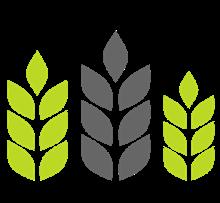

• Free Covid-19 RT-PCR Testing from BCDA (through the Office of its President Vince Dizon) and Philippine National Red Cross – Availed by DA CAR personnel (on request) with the coordination of the SCPMT (and HST);
• Provision of Free Flu Vaccination from Baguio City -- Thirty-six (36) staffers of DA CAR availed of the free vaccination in August 2020;
• Expert’s Recommendations on Maintaining a Safe Workplace -- The DA CAR HST facilitated the conduct of inspection by a DOH representative of the regional office premises, including the food lane pass processing area. The DOH representative then advised DA CAR on the protocols to be followed to keep the same DA CAR premises as well as those of the Benguet Processing Center safe from pathogens, including the Covid-19 virus;
71 news.abs-cbn.com
In coordination with Environment Disaster Management and Emergency Response Office (EDMERO) and Provincial Incident Monitoring Team of Camarines Sur, the regional office was able to have 366 of its employees undergo a rapid diagnostic test (August 17 to October 7, 2020).
RFO VIII





Through its collaborative efforts with DOHRegion-VIII and Tacloban City Health Office, RFO-VIII secured free anti-flu vaccination for its personnel (161 employees) in December 2020.
RFO XI
also worked closely with the Davao City Health Office (CHO), which provided the following:
• Disinfection services – the CHO sent personnel to disinfect RFO-XI premises on a weekly basis, particularly in the early months of community quarantine;
• Training of RFO-XI utility personnel on the proper ways of disinfecting premises (the latter have already assumed doing the disinfection activities);
• Rapid test kits for some RFO-XI personnel involved in the Kadiwa ni Ani at Kita, in price monitoring, and those authorized to travel outside of the city;
• Flu vaccination to all personnel of the RFO (September 2020);
• Pertinent assistance relative to the handling of Covid-19 cases among RFO personnel (e.g. contact tracing, monitoring through the Barangay Health Centers)
reported having coordinated with the Barangay Local Government Unit and the DOH and how coordinated efforts resulted in a meticulous contact tracing relative to the direct contacts of employees who tested positive for the Covid-19 virus.
In addition, this coordination between RFO-VII and the DOH reportedly paved the way for an arrangement for the timely swab testing of DA personnel, earlier determined to be close contacts of the confirmed cases. Apart from Covid-19 testing, personnel who tested positive and their close contacts were provided isolation facility accommodations, which included provisions for other necessities through the DOH.
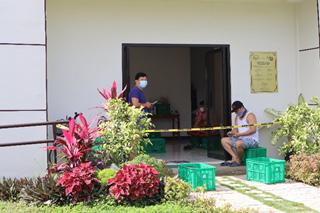
Finally, RFO-VII has arranged for the DOH to conduct disinfection activities at the former’s office, specifically in areas feared to have been contaminated with the Covid-19 virus.
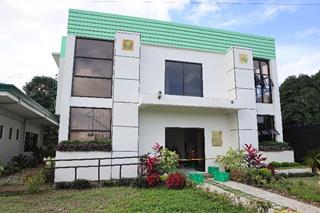
RFO VII RFO XII
acquired RT-PCR/ antigen test kits for employees tagged as close contacts of any positive patient, who will then undergo immediate testing by the City Health Office.
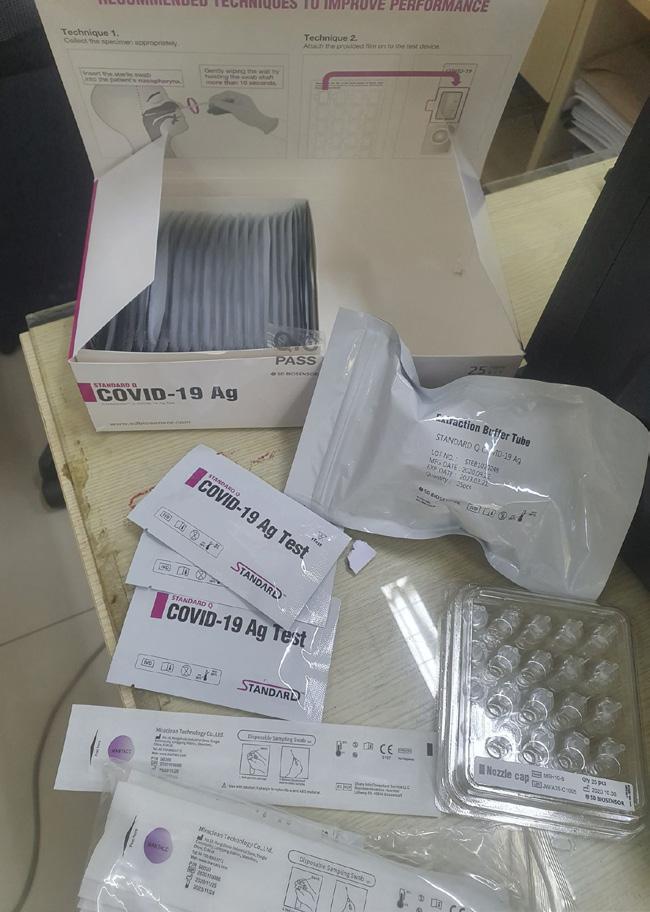
72 RFO
V
Phil RICE

PhilRice collaborated with the LGU, which manages and implements protocols related to the Covid-19 situation in the community. It closely worked with concerned Barangay Health Emergency Response Teams (BHERTs), the Rural Health Unit of the Science City of Muñoz, and the local Philippine National Police to implement safety protocols. It also monitored quarantined staff, Managing Covid-19 cases, and confirmed case contact tracing as necessary.
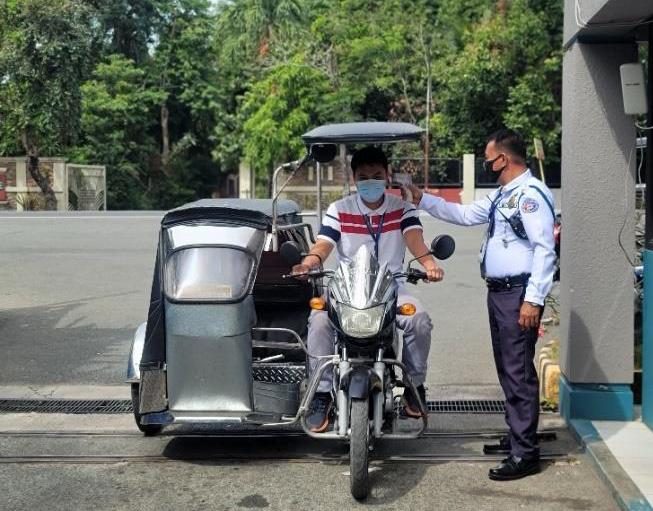
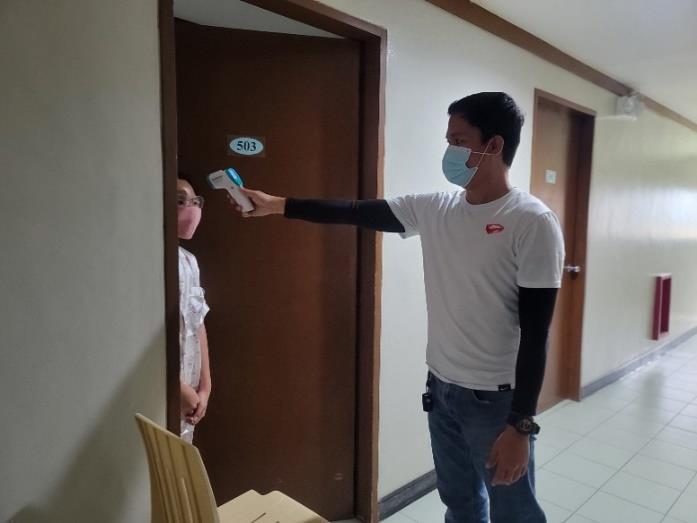
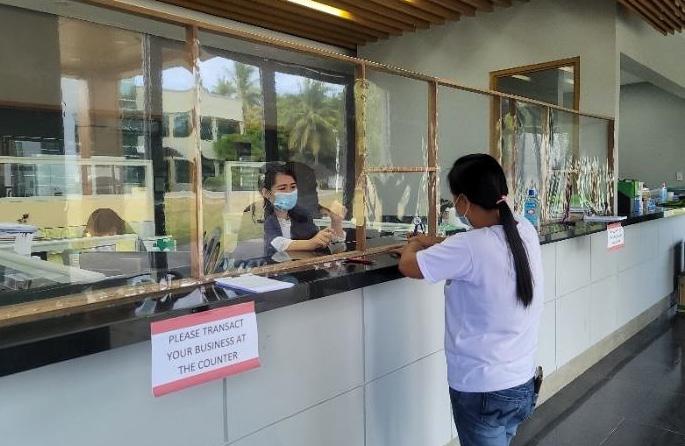
In the previous section, in collaboration with offices of either the DOH or DSWD, DA regional offices (RFO-IVB and RFOVI) were able to provide their staff venues for literacy on the Covid-19 virus, disease, and pandemic and for psychological coaching and support that helped personnel cope with the various difficulties, including mental stress, caused by Covid-19.
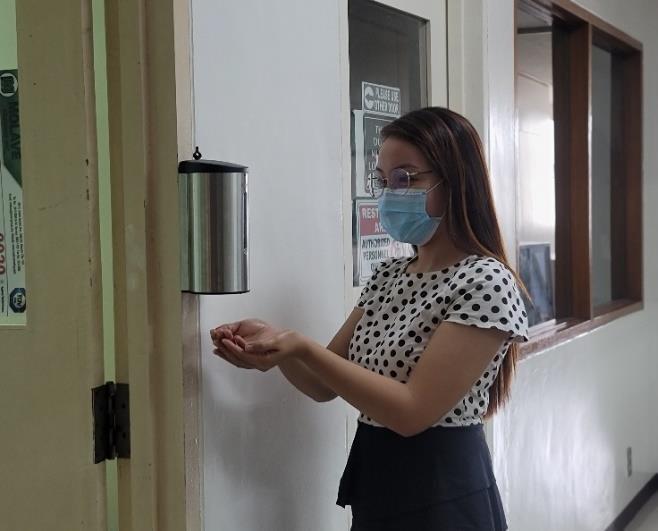
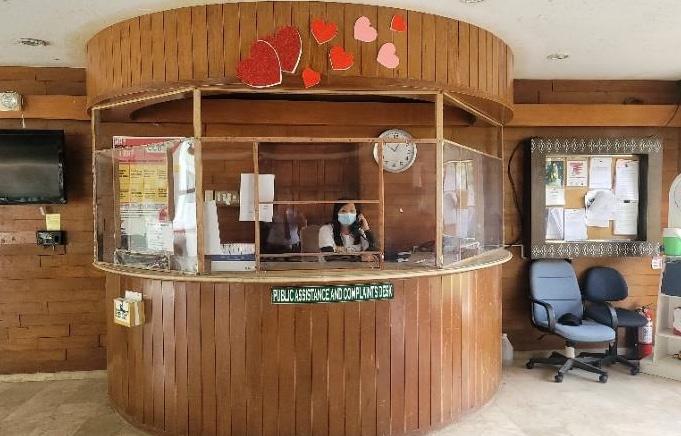
73
BEST PRACTICES
We want to ensure that the farmers and fisherfolk will have enough income during this environment of Covid-19.
 - Sec. William D. Dar
- Sec. William D. Dar

74
“
“
Considering the DA-CO experience and those of its regional field offices, bureaus, and attached agencies and corporations, the following are the overall Best Practices to help ensure service continuity through a safe and healthy work complement and work environment in the time of Covid-19:
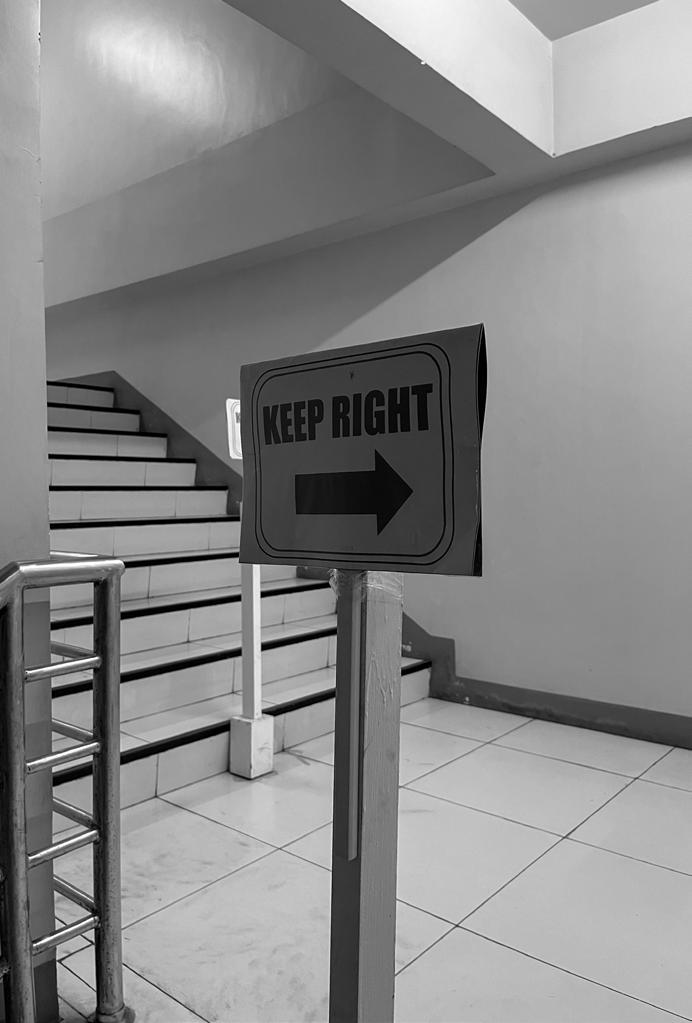

1


pexels.com


PRACTICESBEST
Strict implementation of health, hygiene, and safety protocols (personal and environmental) in the workplace 75
2 3


within the parameters provided under the CSC guidelines. Affirming that these parameters provide the necessary framework for striking a balance between protecting public worker’s health specifically those who fall under the category of “high-risk” individuals and minimizing disruptions in the service being called upon implement critical and essential functions that could only be provided through public workers reporting on-site.
The heads of operating units are reasonably assumed to have the most familiarity with the health status and related conditions of any individual under his/ her unit on account of the following overall considerations: (a) physical and social proximity in the workplace; (b) intimate knowledge of the staff’s work assignments, schedules, associations and whereabouts outside of the work station because the same relates to work assignments, personal circumstances that may have been communicated to the head as considerations for work arrangements assigned to the staff; (c) as the highest authority in the unit, the head is the person to whom matters and circumstances that could affect the whole unit are reported (even prior to the pandemic); and (d) other related considerations.
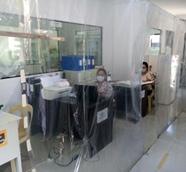
This practice necessarily conveys the importance of having smaller units -- mainstay health and safety coordinators instead of just one focal person (for health and safety) for an entire office. Health monitoring is a crucial activity in the context of a pandemic, requiring a level of attention that not only one person could provide the report, especially in an organization with hundreds or thousands of members.
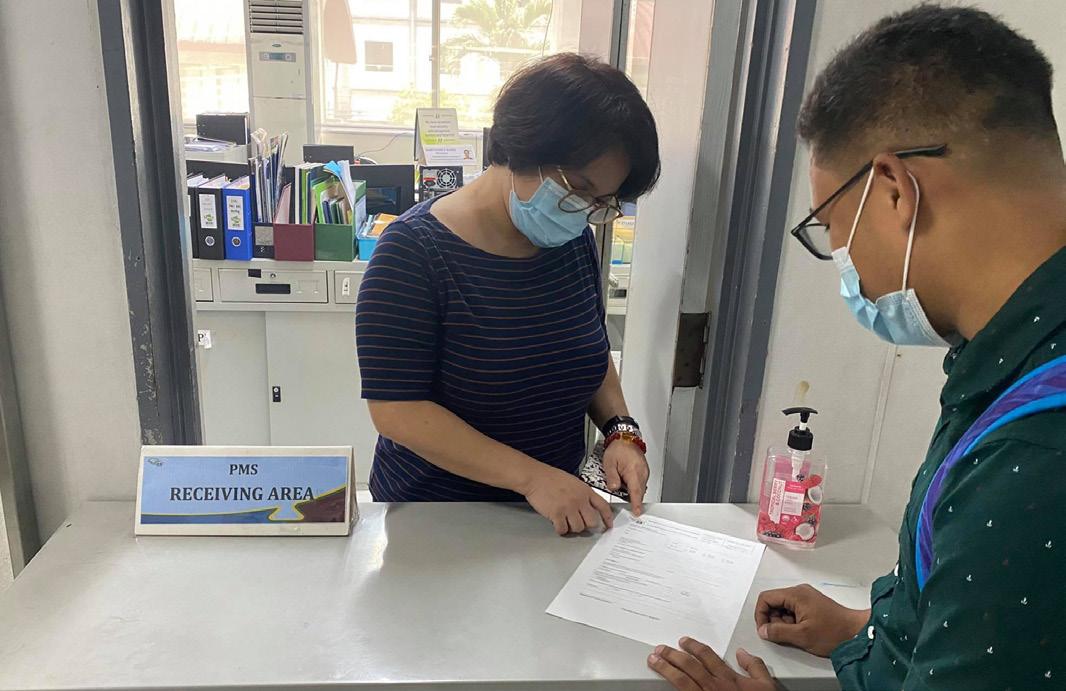
Implementation of Alternative Work Arrangements (AWAs)
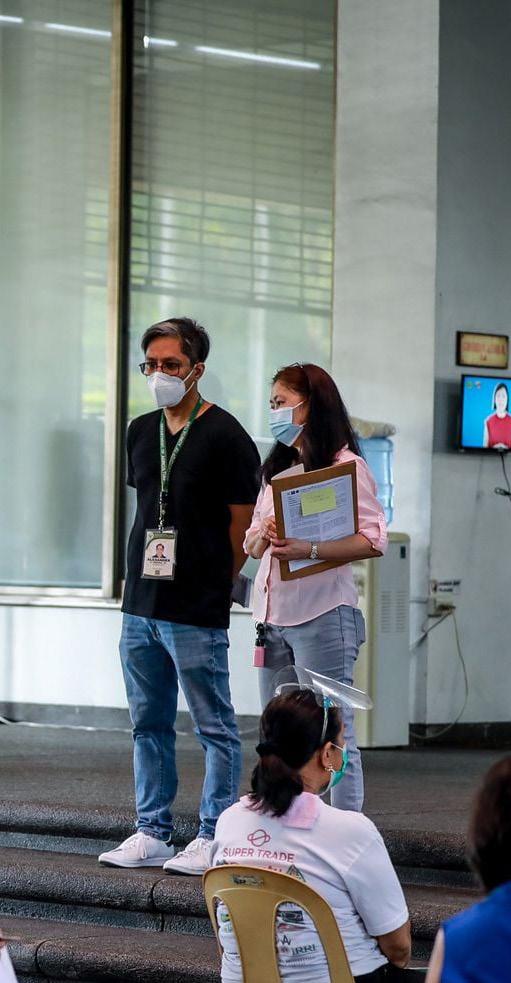
Designation of heads of operating units as its health and safety coordinator to, among others, monitor the health condition of staff from the unit
76
Optimal use of available information and communication technology and digital tools A
As a means of communication between and among individuals when social distancing is essential and is promoted through work arrangements involving remote and distance work.



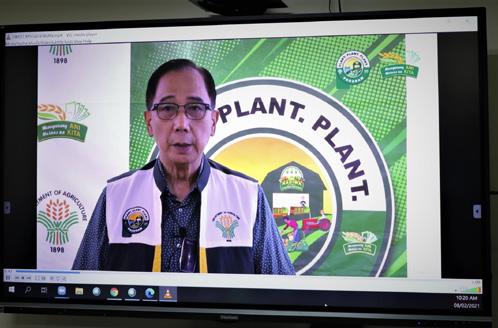

This includes the following: (i) operating unit-based or team or committeebased communication and coordination through social media platforms that could very well serve as hubs for work-related communication; and (ii) more formal, realtime communication-based activities like meetings, assessments, workshops, and other activities (e.g. conduct of assisted remote audit on various procedures and practices[1], virtual job interviews, etc.).

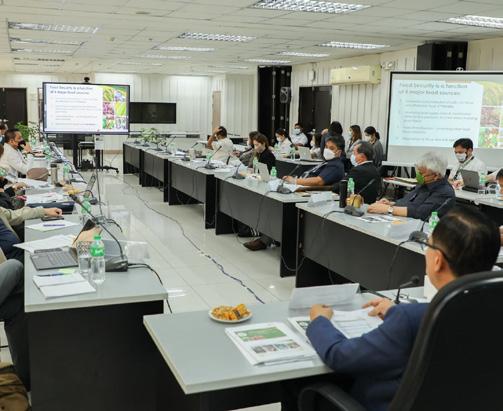
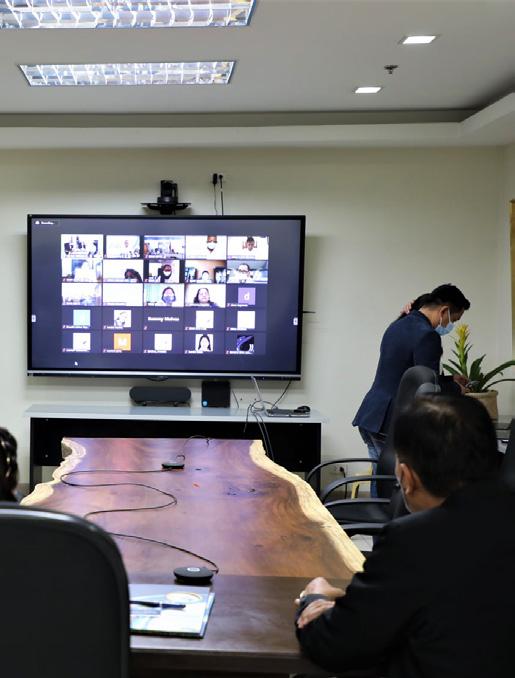


As a means for mass dissemination of information and delivery of messages targeting DA personnel or the Department’s “external” stakeholders or both (e.g., for sending out information on DA programs and services, especially those that relate to pandemic response, and how to be able to participate in or safely access the same in these difficult times).
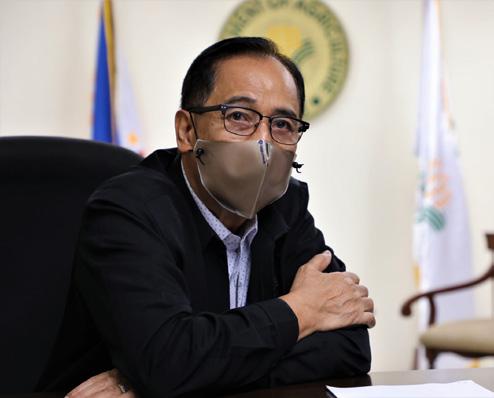
CAs a means for enhancing public service, such as the automation or computerization of processes concerning certain services rendered to the public, commonly featuring procedures that do away with or, at the very least, minimize face-to-face transactions (e.g., online filing of loan applications, provision for electronic requests, and the non-face to face issuance of computerized Certificate of Meat Inspection (COMI) for imported meat). Thus, access to services would be quicker and more convenient, not to mention safer in the context of a pandemic.
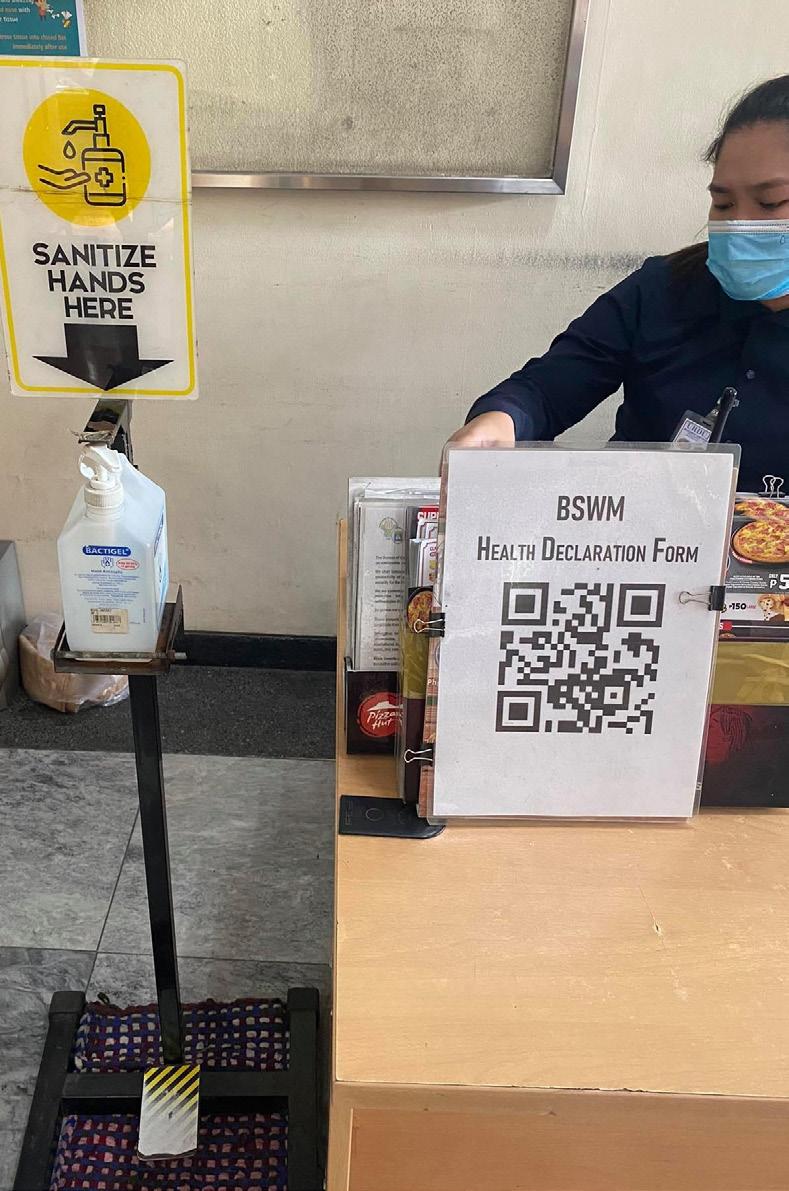
B 4
77
5




Performance of required coordinative efforts relative to certain aspects of pandemic response (e.g., mandatory reporting of Covid-19 cases to the LGU, which is significant to the process of comprehensive contact tracing by LGU contact-tracers and the provision of support to Covid-19 patients and close contacts, which the latter might need or request in relation to their health condition/situation);
Facilitation of DA’s access to material resources or services for the enhancement of its response initiatives to Covid-19 or other emergencies (provided that the resources and services referred to are available or could be made available by the agency, and that these may be used for the benefit of the requesting agency, e.g., DA offices);
A B C
Overall guidance in the performance of health and safety-related functions in a pandemic.
Despite not being the expert in the medical field, the Department has complied with health and safety protocols and implemented policies complementary to the government’s guidance on health emergency situation.
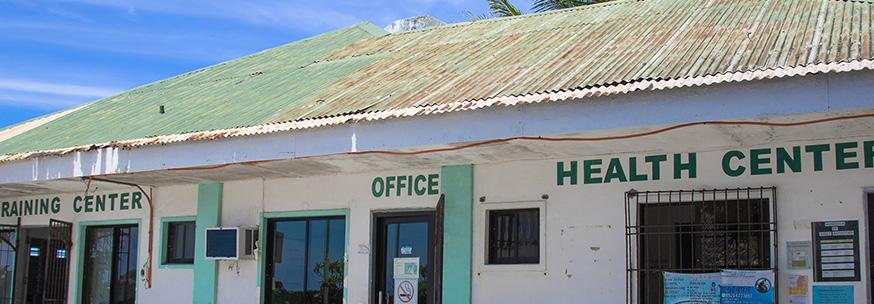
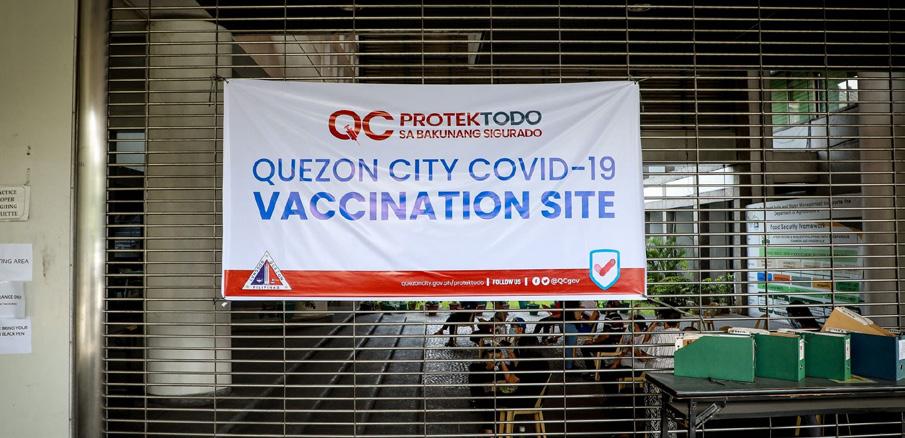
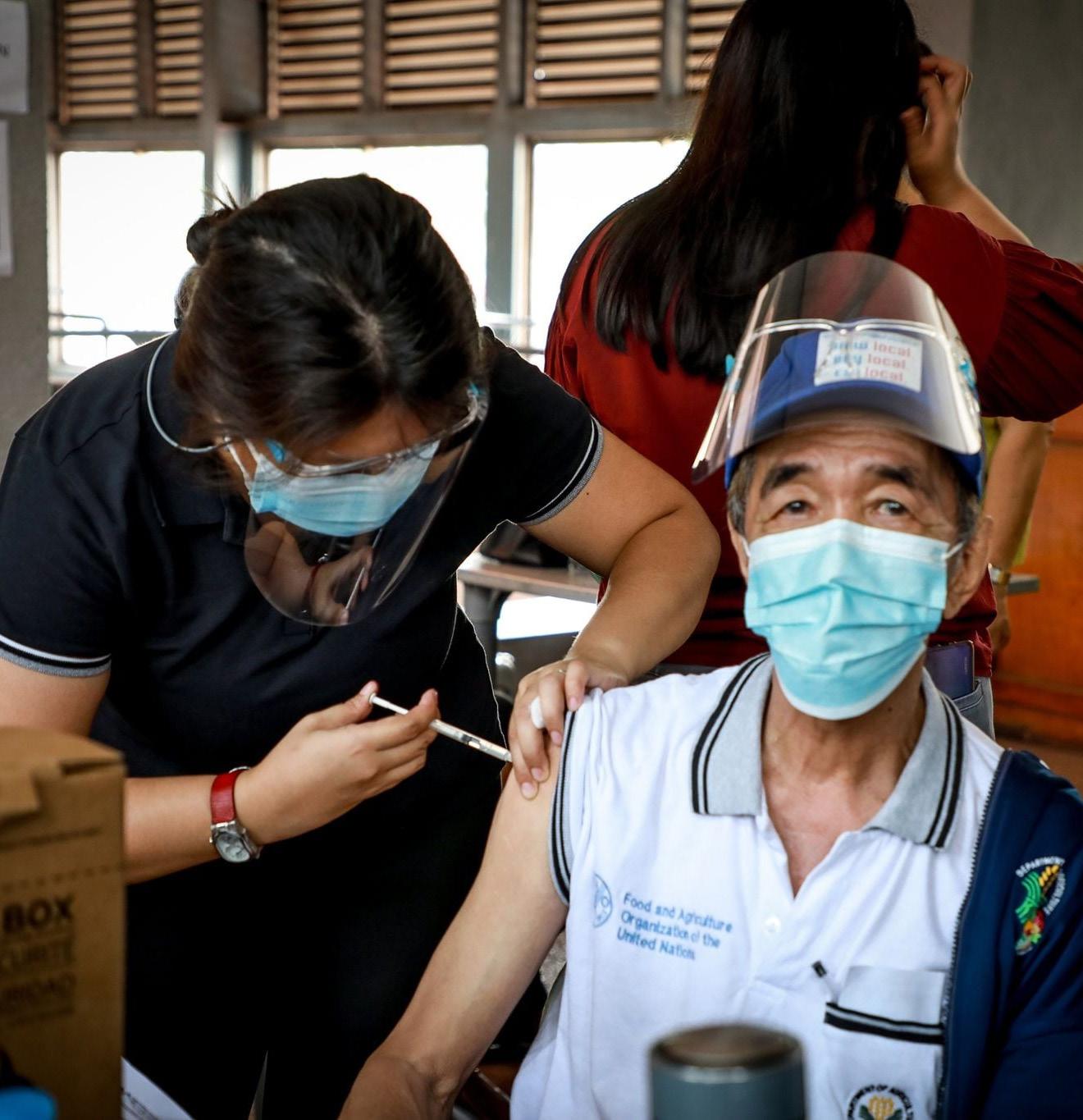
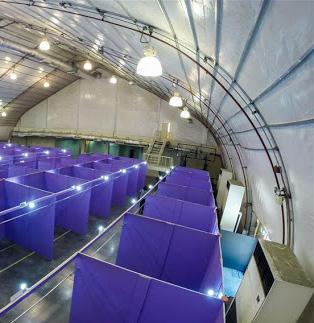
Coordination or establishment of strong collaborative relationships with concerned LGUs and agencies of government (particularly the DOH) for purposes of:
78 picc.gov.ph
SCPMT
INTERVENTIONS AND ISSUANCES
CREATION OF GUIDELINES ON SERVICE CONTINUITY
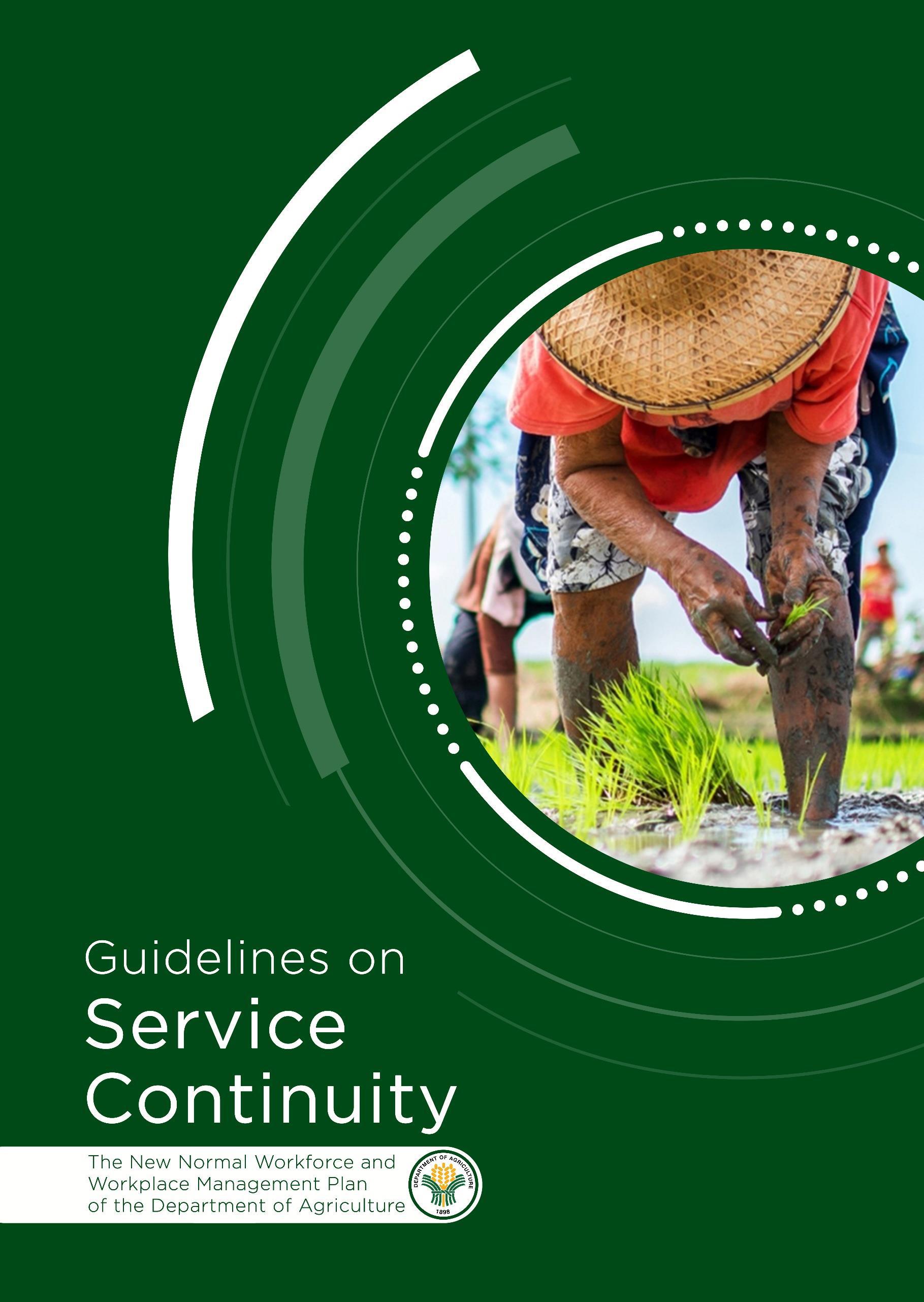
The Guidelines on Service Continuity: The New Normal Workforce and Workplace Plan of the Department of Agriculture was prepared by the DA-Service Continuity Planning and Management Team (SCPMT). At the inception of the creation of SCPMT through Special Order No. 346 dated March 19, 2020, it has already recommended numerous intervention measures to Secretary William D. Dar, Ph.D., in preparation of the New Normal.
While the Covid-19 pandemic continues to progress, NonPharmaceutical Interventions (NPIs) were implemented DA-wide.
With the application of various controls in the agri-fishery sector and the employees of the Department in general, the SCPMT presented as a guide the established standards and protocols that would simultaneously protect the vulnerable from the Covid-19 disease and prevent transmission from asymptomatic or untested carriers of the virus, while ensuring the continuity of service within the Department. Due to the evolving situation caused by Covid-19 and on considerations for State-level decision making, the laws and regulations will supplant the provisions of the said Service Continuity Guide.
Released May 29, 2020 by virtue of Administrative Order no. 23 Series of 2020 an Administrative Order adopting the “Guidelines on Service Continuity (The New Normal Workforce and Workplace Management Plan of the Department of Agriculture)
The document served as a guide for service continuity planning by all officials, employees and stakeholders of the Department amidst the Coronavirus Disease (Covid-19) pandemic.
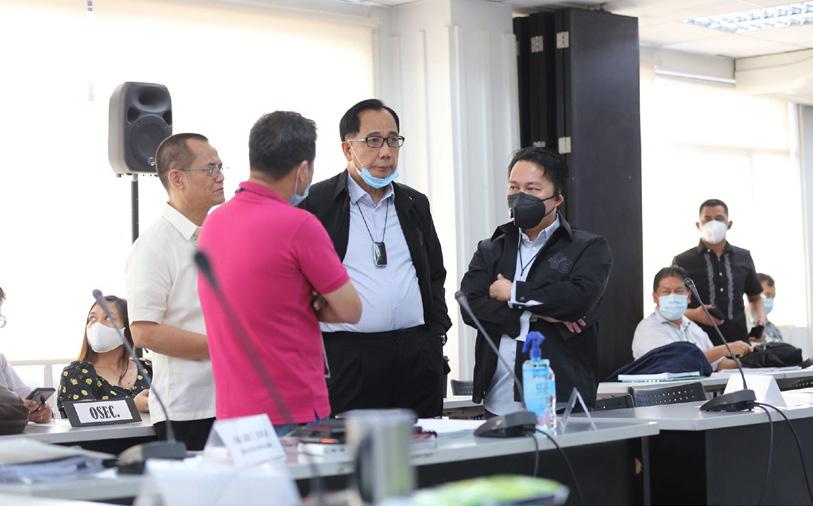
79
SERVICE CONTINUITY AND QUICK RESPONSE INFO SYSTEM (SCQRIS)
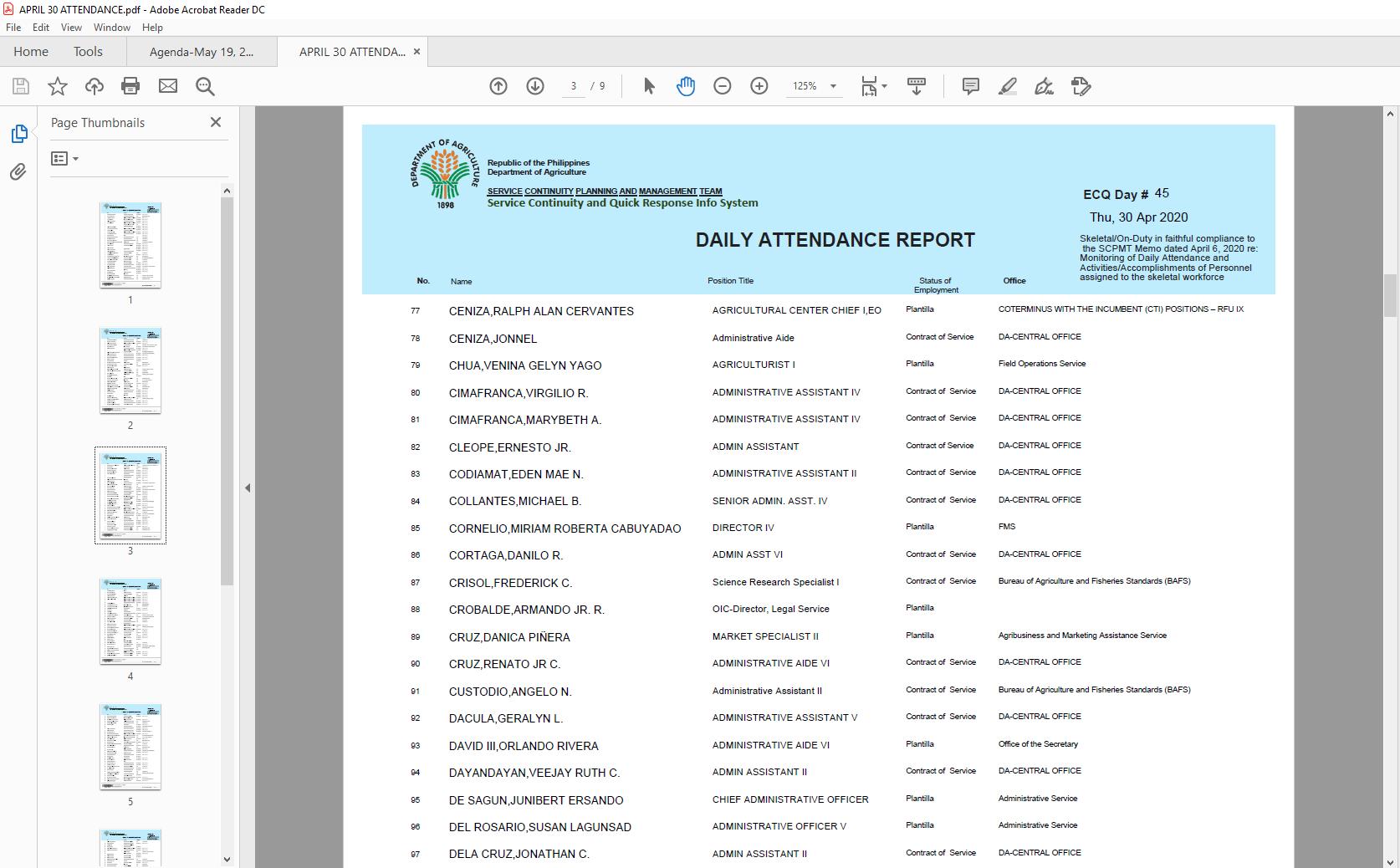
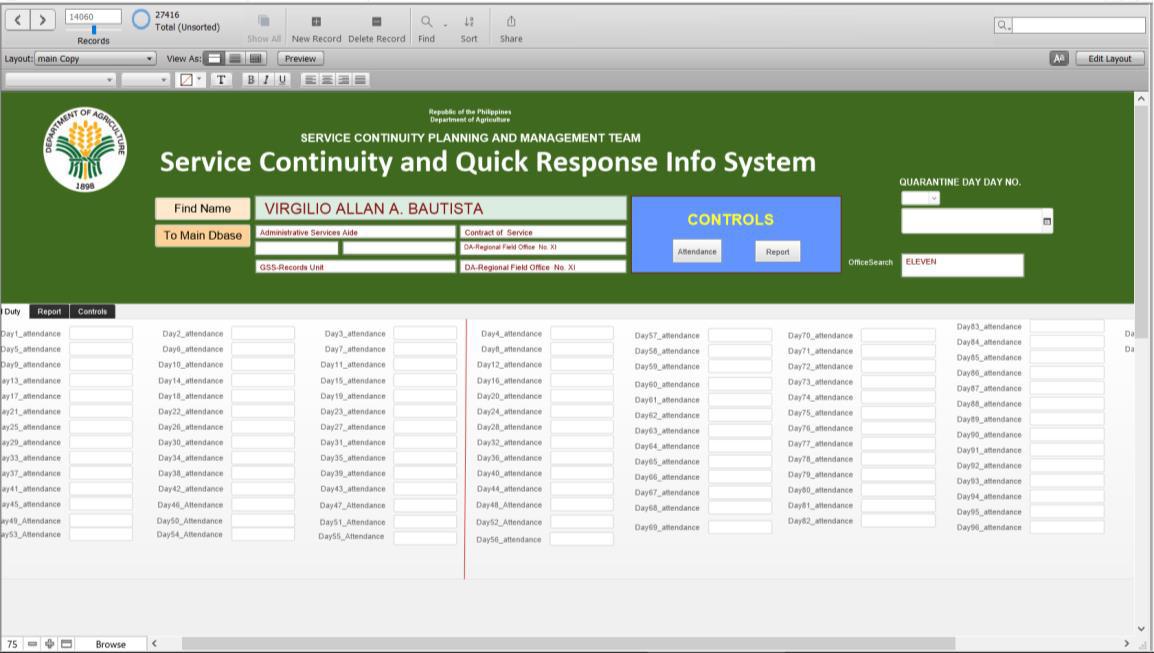
To ensure compliance with the Department’s order on a food secure Philippines, the SCPMT observed the workforce and the viability of the Department’s various issuances that catered to the needs of farmers and fisherfolk.
To monitor the skeleton workforce personnel, the SCPMT on April 30, 2020 issued Administrative Order No. 12, series of 2020 entitled: “Revised Covid-19 Guidelines on Service Continuity and Precautionary Measures in the Workplace” ensuring that the responsibilities and authorities for relevant roles are assigned and communicated within the organization. The Secretary, through a Memorandum dated May 2, 2020, issued an Office Protocol with organogram showing the overall picture of the hierarchy and personnel reporting relationships for effective task implementation. Memorandum Circular No. 7, series of 2020 dated March 17, 2020, and Memorandum Circular No. 9 were issued to ensure the unhampered movement of all food and production items through food lanes and unhampered movement of all cargoes, agriculture, and fishery inputs, food products, and agribusiness personnel nationwide, respectively.
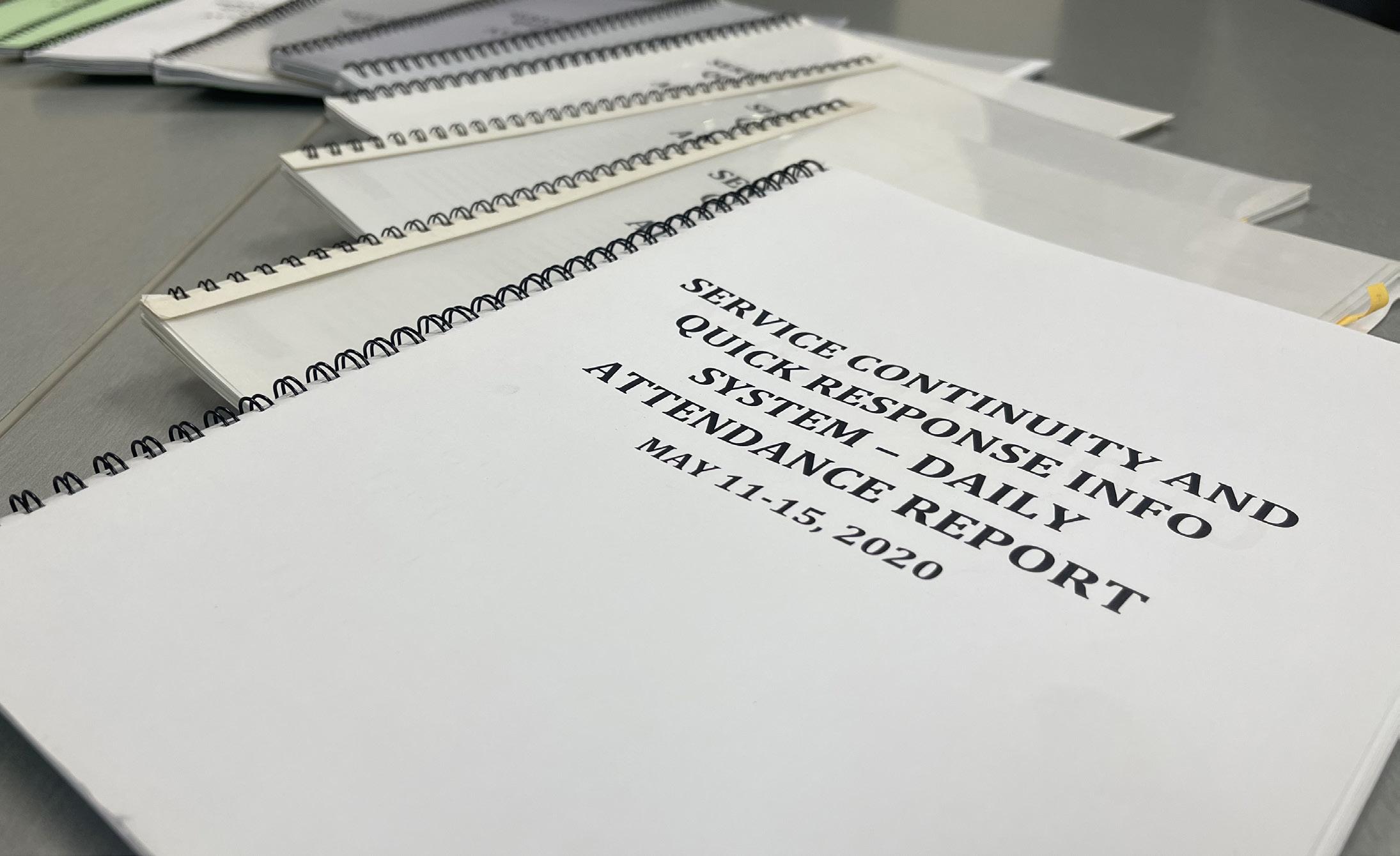
80
This is the Service Continuity and Quick Response Info System (SCQRIS) maintained by the Office of the Undersecretary for Administration and Finance and Chair of the SCPMT. This system is also a registry of more than 25,000 personnel of DA nationwide.
SMS-BASED TASK FORCE FOOD HELPLINE
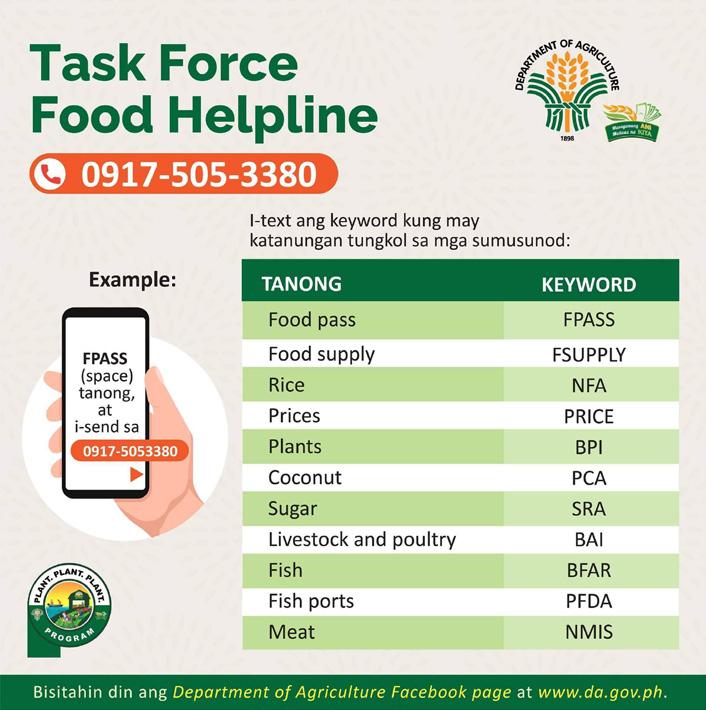
This served as the simple dashboard of the SMS-based Task Force Food Helpline in relation to service continuity.
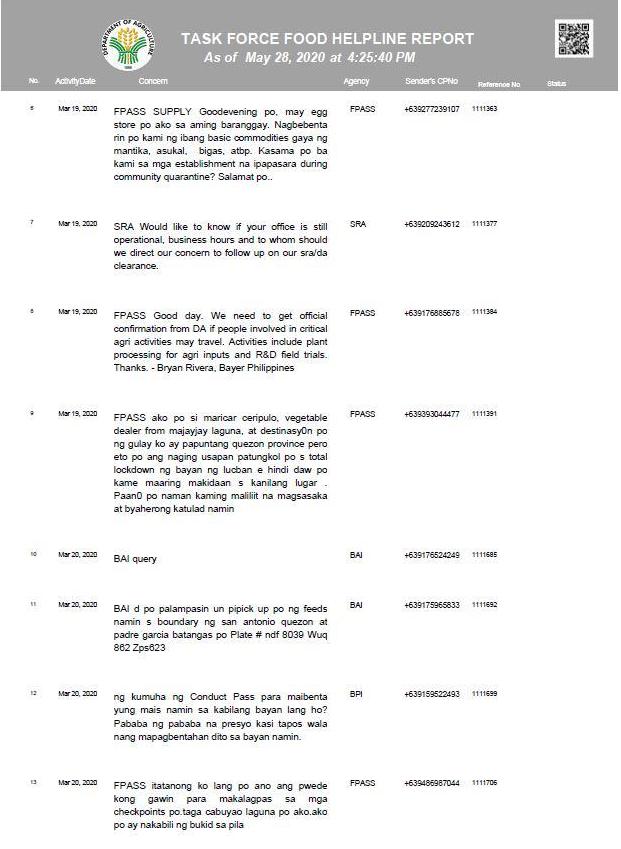
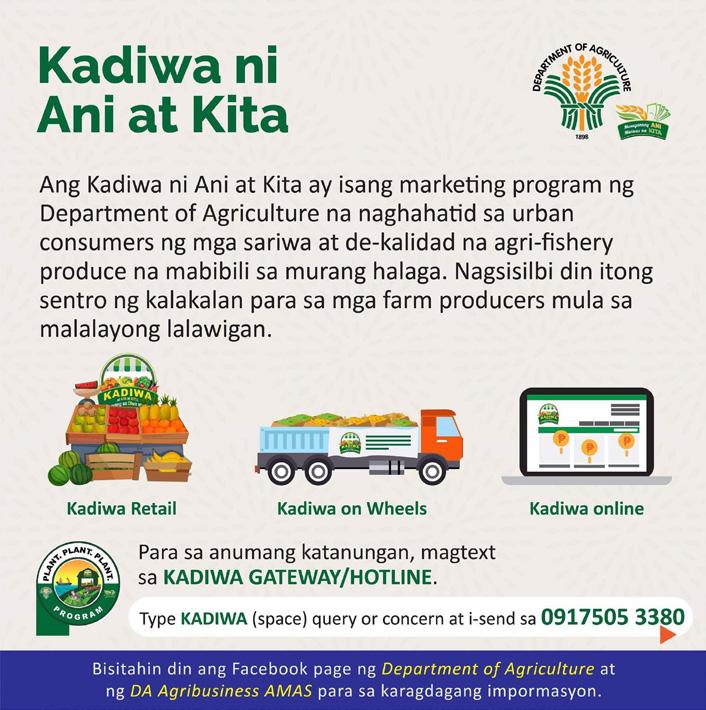
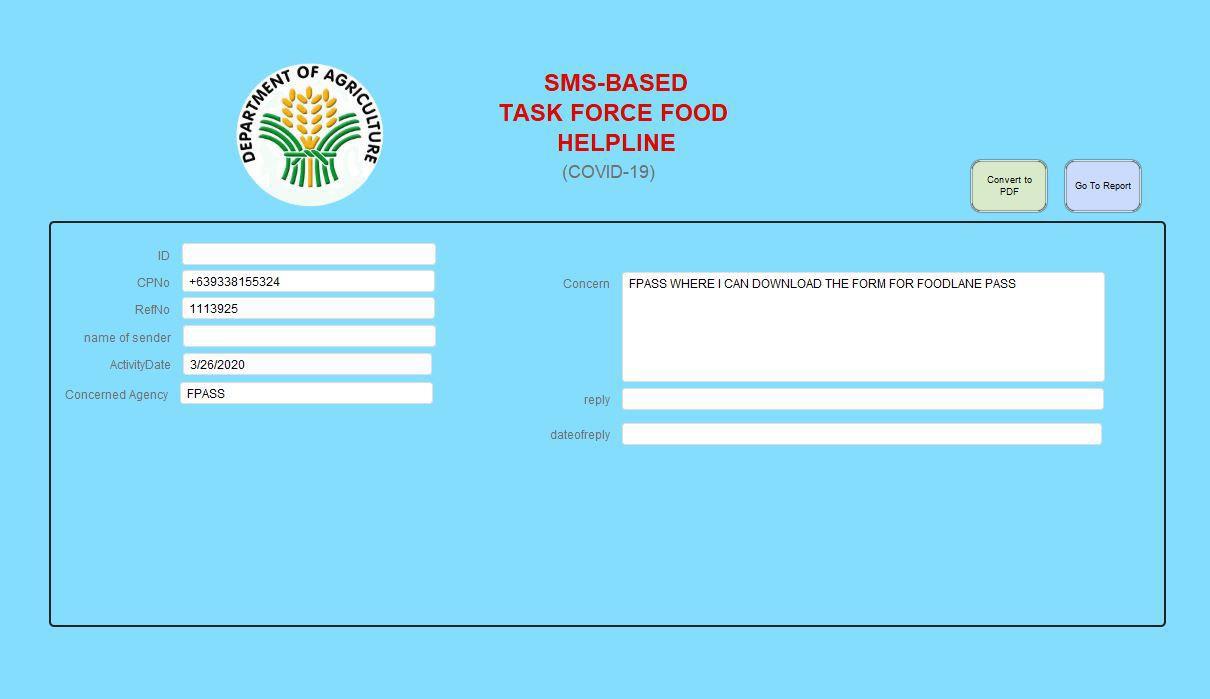
Short-Messaging-System (SMS)–Based Task Force Food Helpline helped determine internal and external communications relevant to service continuity.
The SCPMT, with the assistance of the Agriculture and Fisheries Information Division (AFID), ensured efficient dissemination of essential information internally and externally. Our Health and Safety Officers also coordinated with the SCPMT for information dissemination.
This is a sample report generated by the SMS-based Task Force Food Helpline. Managed and maintained by the Office of the Undersecretary for Administration and Finance, and Chair of the SCPMT, The SMS-Based Task Force Food Helpline
81
FOOD-SECURE PHILIPPINES A
WITH EMPOWERED AND PROSPEROUS FARMERS AND FISHERFOLK
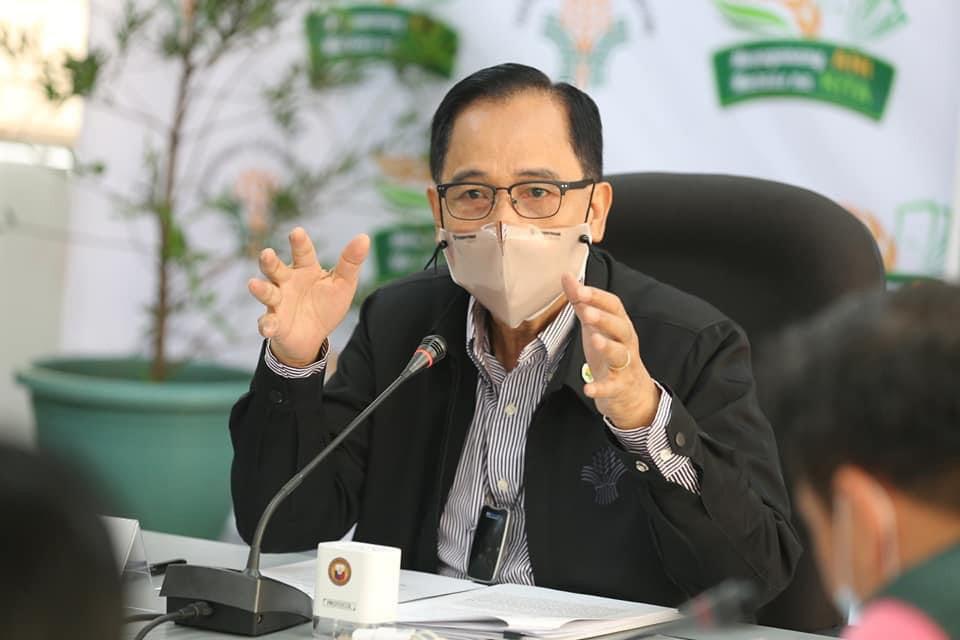 -SEC. WILLIAM D. DAR
-SEC. WILLIAM D. DAR
UPDATES ON COVID-19 CASES AT THE DEPARTMENT OF AGRICULTURE
With the outbreak of the COVID-19 pandemic, the ways of life of the entire world -- from shopping, education, office work arrangements, conferencing/meetings, even greeting acquaintances -- have drastically changed.
“Stay Home, Stay Safe” became more than a tagline but also a reality of surviving the fatal disease. However, for us in line with public service, putting ourselves first may not be the case.
The Department of Agriculture, as the Food Security arm of the Philippines, stood its ground and continuously delivered its mandate to the Filipino people.
DA officials and employees worked hand-in-hand to win this battle against COVID-19 through pursuing economic recovery. Under Special Order No. 346 Series of 2020, the Service Continuity and Planning Management Team (SCPMT) was created.
The SCPMT served as the light and guide in achieving our goals to bring the needed services to affected families, farmers, and fisherfolks and to make sure that affordable harvest is available to the population.
As part of the team, I am very grateful since it has provided an avenue for us to continue public service in spite of uncertainty and fear.
Ms. Jessamin Aranas OIC-Chief, Personnel Division SCPMT-TWG

83 “ “
May 04, 2021
MEMORANDUM FOR THE SECRETARY
From : Undersecretary for Administration and Finance & Chair, Service Continuity Planning and Management Team (SCPMT)
Subject : UPDATES ON COVID-19 CASES AT THE DEPARTMENT OF AGRICULTURE (DA) FAMILY OF OFFICES

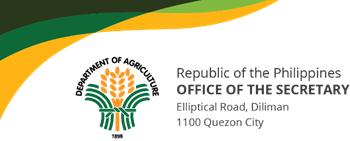
(As of May 4, 2021 @12:00 noon)

The undersigned respectfully submits the above-referenced Updates on DA-Wide 1 COVID-19 Cases as tabulated from incident and contact-tracing, monitoring and related reports received by the Office of the Undersecretary of Administration and Finance (OUAF) and the DA Health and Safety Officer
For your information and reference, Sir.
USEC. ROLDAN G. GORGONIO
I. DA-WIDE COVID-19 Cases
I.A. Overall COVID-19 Cases
As of May 4, 2021 (12:00 noon)
Included in the above figures are the most recent accounts on COVID-19 cases and recoveries (or as contained in reports received by the OUAF and the HSO within the period April 20, 2021 (pm) to May 04, 2021 (noon), [or a two-week period from the submission of the DA-Wide COVID Situation Updates “As of April 20, 2021 (12:00 noon)]
1 DA-Central Office, Regional Field Offices, Bureaus and Attached Agencies and Corporations.
%
A. TOTAL CONFIRMED CASES 698 B. ACTIVE 225 32.23 % C. RECOVERIES 463 66.33 % D. DEATHS 10 1.43 %
of Total Confirmed Cases
Most Recent Accounts on Confirmed Cases and Recoveries
(Reported from the afternoon of April 20, 2021 to May 4, 2021 – 12:00 noon or earlier reported but subjected to necessary clarification and clarified for inclusion within the same period.)
a. Additional Cases: One hundred-fifty (158) cases affecting personnel from the following offices:
DA CENTRAL OFFICE 24 cases (23 active, 1 recovered)
8 cases from the Office of the Secretary
2 cases from the Office of the Assistant Secretary for DA-Wide Inspectorate

2 cases from the Procurement Division
2 cases from the Office of Strategic Communications

2 cases from the Information and Communications Technology Service (ICTS)

2 cases from the Minimum Access Volume (MAV) office
1 case each for the following offices:
o ACEF-PMS Office
o Budget Division
o Management Division
o Field Operations Service – OD
o FAFPD - PRS
o COA Field Office
01 case from RFO-CAR
01 case from RFO 1
23 cases from RFO 2 (10 active and 13 already recovered)
06 cases from RFO 4-B
01 case from RFO 5
02 cases from RFO 8 (1 active/ 1 recovered)
26 cases from RFO 3 (10 active cases / 16 recovered)
08 cases from RFO 9
BUREAUS 17 cases 05 cases from BAFE (2 active and 3 already recovered)
11 cases from BPI
1 case from BAFS
ATTACHED AGENCIES 16 cases 10 cases from NMIS (9 from the latest reports from the agency and 1 from an earlier report and added upon data reconciliation);
02 cases from PCAF (1 active/ 1 recovered)
04 cases from NFRDI
2
REGIONAL FIELD OFFICES 68 cases 38 active 30 recovered
ATTACHED CORPORATIONS 33 cases 05 cases from SRA (3 earlier reported by SRA to OUAF but only in this report due to necessary clarification)
06 cases from PhilRice
22 cases from PCA (15 active and 7 already recovered)
Total 158 cases Reporting offices with the DA counted as 1 unit: 18
b. Recoveries: For this report period, the OUAF is received from various DA offices, reports of 87 recoveries from COVID-19. These are from the following offices: (Includes recoveries from both the cases previously reported to the Secretary as COVID-19 positive/confirmed cases and from the additional cases just included in the record of confirmed cases –see above)
DA-CO 16 3 from the OSEC;
3 from PRDP;
2 from AMS;
2 from ICTS;
2 from the Office of the ASec-Finance;


1 from the Office of the USec. for A/F;
1 from the Legal Service;
01 from FPOPD;
01 from SPCMD;
RFOs 43 24 from RFO 2 (see note 1 below for details)
17 from RFO 3 (including the recovery of 1 previously reported case see note 2 below for details)
01 from RFO 8
01 from RFO 5
BUREAUS 04 03 from BAFE
01 from BPI
ATTACHED AGENCIES

ATTACHED CORPORATIONS
14 06 from NMIS
08 from PCAF 2
10 03 from SRA 07 FROM PCA
Total 87 Number of reporting offices (with the DA-CO considered as 1 unit) : 11
2 According to the report of the PCAF HSO, 1 recovered case (who was actually an employee of an agency with a Field Office at the DA main compound and assigned to PCAF accounts) died from stroke before he was discharged from the hospital. The said individual was reportedly previously cleared of COVID-19.
3
c. Deaths: 02
(with 1 provisionally listed as a COVID-19-related fatality)
c.1. Sadly, we report the loss of an employee (a man who worked at the NMIS) to COVID-19 complications (the stated underlying cause of death is “pneumonia-severe-COVID-19-confirmed” per the Death Certificate submitted by the NMIS Health and Safety Officer). Reported to have contracted the virus after his swab test result came out positive for SARS-CoV-2 (per RT-PCR test specimen collected on April 1, 2021), he died on April 16, 2021 at the age of 52.
c.2. We also mourn the loss of an employee of the DA-CO. An esteemed colleague, she was only recently reported to have contracted the dreaded COVID-19 virus. At the age 61 years, she died on April 29, 2021 of causes related to COVID-19 per the copy of a Medical Certificate submitted to the DA HSO, which states that the immediate cause of death was “cardiac arrest secondary to fatal arrythmia” with the antecedent cause of death as “COVID19 Pneumonia Confirmed Critical -COVID-19 Myocarditis.”
Notes:
1) Re: Confirmed and Recovered Cases from RFO 2 – In our report to the Secretary on the DA COVID-19 Situation “as of noontime of April 20, 2021”, RFO 2 logged only 11 cases (all active). The same was based on a Matrix of Confirmed, Probable and Suspect Cases listing 11 of the named individuals to have tested positive upon a COVID-19 swab test.

The present figures on RFO-2 cases are based on succeeding reports (one emailed to the OUAF on April 23, 2021 and another on April 29, 2021). In each of these reports, five individuals were listed as positive cases – for a total of ten confirmed cases. The later report provided a “cumulative summary” of cases as of April 29, 2021. It indicated that there are already a total of 34 COVID-19 cases, that "recovered" cases have reached 24, that there are no deaths and that there are 10 active cases for RFO 2. Accordingly, we concluded that the 11 previously reported cases (see above) have all recovered and the recently-reported ten (10 cases) are in the active stage. Further, since the reports state that there have been 24 recoveries, there would have to be 13 other recovered, albeit unreported cases. Thus the addition of 13 new – recovered cases to the COVID-19 case tabulation. The RFO is yet to submit incident reports for its COVID-19 cases.

2) On the Confirmed and Recovered Cases from RFO 3 – This was culled from a document captioned “List of Personnel Diagnosed with COVID-19” and emailed to the OUAF on May 3, 2021. It includes 1 recovered case for the year 2020. For 2021, the list named 26 individuals and indicated that 16 of them have already recovered. Since this is a cumulative list of cases for RFO III, it is deemed that one of the recovered cases for 2021 includes a single, previously reported case (unnamed) of COVID-19 reported to the OUAF in February 2021. Thus the additional cases reckoned from the May 3 Report is only 26 instead of 27(and recoveries for newly reported cases for 2021 – at only 15). The 1 individual earlier reported and tagged as active will

4
nevertheless now be tagged as recovered. Incident reports were not submitted for all but one of the RFO COVID-19 confirmed cases.
3) Twenty (20) of the twenty-two (22) The COVID-19 case numbers of from the Philippine Coconut Authority are mostly derived from a copy of a general report (End-of-day Briefing dated April 20, 2021). No incident reports were submitted.



4) Apart from the DA-CO cases, recoveries are in general, belatedly reported. In many cases, the OUAF would need to call concerned offices and remind Health and Safety coordinators/ officers to update the former on the status of previously reported COVID-19 cases affecting personnel of their respective offices or units.
I.B DA-Wide COVID-19 Cases over Time
Latest Tabulations of COVID-19 Cases DA-Wide (2021)
Note: This report picks up from the DA-Wide COVID-19 case situation as of noontime of April 20, 2021 (shaded), which was presented at the Management Committee meeting of April 21, 2021. Nonetheless, the above-matrix shows a summary of the cases as of April 27, 2021.
I.C. COVID-19 Cases Per Type of Office within the DA-Family of Offices as of April 27, 2021 (12:00 noon) Numbers in the parentheses are figures as of April 20, 2021 – or just a week prior.


5
Tabulation as of Mar. 23 (nn) March 31 (nn) April 06 (nn) April 13 (nn) April 20 (nn) April 27 (nn) MAY 4 (nn) TOTAL COVID-19 CONFIRMED CASES 384 407 414 450 540 630 698 ACTIVE CASES 57 75 74 105 156 189 225 RECOVERIES 319 324 332 337 376 432 463 DEATHS 8 8 8 8 8 9 10
TOTAL ACTIVE RECOVERED DEATHS DA-WIDE 698 (from 540) 225 (from 156) 463 (from 376) 10 (from 8) DA-CO 203 (from 179) 46 (from 39) 156 (from 140) 1 (from 0) DA-FDC 5 0 5 0 RFOs 168 (from 100) 68 (from 43) 100 (from 57) 0
I.D. Breakdown of the Overall COVID-19 Case Numbers as of May 4, 2021

Table I shows the breakdown of the COVID-19 cases as of May 4, 2021 (12:00 noon) across various offices, with a specification of the different status or outcome of the cases as of the said date and time, and a brief description of the changes in the numbers from those in the tabulation of COVID-19 cases as of April 20, 2021 (noon), or seven days therefrom
Table II presents a breakdown of cases at the DA-CO (Main compound), i.e. without the Food Development Center, which is housed in its offices in Taguig.

TABLE I – Confirmed COVID-19 Cases – DA-Wide as of May 4, 2021 (noontime) (Figures in bold letters are values that changed from the last tabulation or April 20, 2021)

6 TOTAL ACTIVE RECOVERED DEATHS BUREAUS 152 (from 135) 43 (from 30) 105 (from 101) 4 ATTACHED AGENCIES 100 (from 84) 14 (from 13) 83 (from 69) 3 (from 2) ATTACHED CORPORATIONS 70 (from 37) 54 (from 31) 14 (from 4) 2
OFFICES TOTAL CASES ACTIVE RECOVERED DEATHS Changes from April 20 (nn) DA-Wide 698 (from 540) 225 (from 156) 463 (from 376) 10 (from 8) 158 new cases 87 recoveries 2 deaths Central Office Main Compound 203 (from 179) 46 (from 39) 156 (from 140) 1 • 24 new cases • 16 recoveries • 01 death DA – CO : FDC 5 0 5 0 • No change DA Bureaus 152 (from 135) 43 (from 30) 105 (from 101) 4 • 17 new cases • 04 additional recoveries • BAFE 8 (from 03) 4 (from 2) 4 (from 1) + 5 new cases (2 active/3 recovered) • BPI 28 (from 17) 11 (from1) 15 (from 14) 2 + 11 new cases + 1 recovery



7 OFFICES TOTAL CASES ACTIVE RECOVERED DEATHS Changes from April 20 (nn) • BAR 3 1 1 1 • ATI 15 1 14 • BSWM 31 2 29 • BAFS 9 (from 8) 2 (from 1) 6 1 + 1 new case • BFAR 58 22 36 DA RFOs 168 (from 100) 68 (from 43) 100 (from 57) 0 • 68 “ new ” cases • 43 recoveries • CAR 20 (from 19) 12 (from 11) 8 0 + 1 new case (should have been included in the previous report to the Secretary, if not for needed clarification with the source on the case) • RFO I 9 (from 8) 2 (from 1) 7 0 + 1 new case • RFO II 34 (from 11) 10 (from 11) 24 (from 0) 0 + 23 new cases (13 recovered) + 11 other recoveries – the previously reported positive cases • RFO III 27 (from 1) 10 (from 1) 17 (from 0) 0 + 26 cases (10 active) + 17 with 16 from the newly reported cases and 1 pertaining to a case reported in February 2021. • RFO IV-A 4 0 4 0 • RFO IV-B 8 (from 2) 6 (from 0) 2 0 + 6 new cases • RFO V 4 (from 3) 1 3 (from 2) 0 + 1 new case + 1 recovery • RFO VI 11 0 11 0



8 OFFICES TOTAL CASES ACTIVE RECOVERED DEATHS Changes from April 20 (nn) • RFO VIII 8 (from 6) 2 (from 1) 6 (from 5) 0 + 2 new cases (1 recovered) • RFO IX 24 (from 16) 18 (from 10) 6 0 +8 new cases • RFO X 6 0 6 0 • RFO XI 12 6 6 0 • RFO XII 1 1 0 0 Attached Agencies 100 (from 84) 14 (from 13) 83 (from 69) 3 (from 2) • 16 new cases • 14 additional recoveries • 1 death • PhilFIDA 16 0 16 • NMIS 42 (from 32) 07 (from 4) 34 (from 28) 1 (from 0) + 10 cases (1 recovered) + 5 other recoveries + 1 death • PCAF 16 (from 14) 1 (from 7) 15 (from 7) + 2 cases (1 recovered) + 7 more recoveries from previously reported cases • FPA 13 2 9 2 • NFRDI 13 (from 9) 04 (from 0) 9 +4 new cases Attached Corps. 70 (from 37) 54 (from 31) 14 (from 4) 2 • 33 cases • 10 recoveries • NTA 2 0 0 2 • PhilRICE 36 (from 30) 34 (from 28) 2 0 + 6 cases • SRA 10 (from 5) 5 (from 3) 5 (from 2) 0 + 5 cases (3 recovered) • PCA 22 15 7 0 + 22 cases (7 recovered)
TABLE II. Confirmed COVID-19 Cases DA Central Office (Main Compound)



9
Total Cases Active Recoveries Deaths Changes from last Report (or 4/20, nn) Central Office Main Compound 203 (from 179) 46 (from 39) 156 (from 140) 1 (from 0) 24 new cases 16 recoveries 1 death Office of the Secretary 20 (from 12) 12 (from 7) 8 (from 5) - +8 cases (active) + 3 recoveries Office of the USec. Admin. & Finance 8 0 (from 1) 8 (from 7) - + 1 recovery Office of the USEC. - Consumer Affairs 2 0 2Office of the USec. for HVC 4 0 4Office of the USEC. for Policy and Planning 3 0 3Office of the USec. for Operations 2 1 1Office of the USec for Special Concerns 1 0 1Office of the USec. -Livestock/NLP 7 0 7Office of the USec. for AgriIndustrialization and Fisheries 2 0 2Office of the ASEC- Finance 2 0 (from 2) 2 (from 0) - +2 recoveries Office of the ASEC-Special Affairs 1 0 1Office of the ASec. For Operations 1 0 1 -
As of May 4, 2021- 12:00 noon



10 Total Cases Active Recoveries Deaths Changes from last Report (or 4/20, nn) Office of the ASec. for Agribusiness / AMAS / ADC 11 2 (from 4) 9 (from 7) - +2 recoveries Office of the ASec. for DAWide Inspectorate 2 2 0 +2 cases (active) Office of the ASec. for Strategic Communication 2 2 0 +2 cases (active) Admin. Service (OD) 5 1 4Internal Audit Service 3 0 3ICTS 11 (from 9) 3 (from 3) 8 (from 6) - +2 cases +2 recoveries Legal Service 1 0 (from 1) 1 (from 0) - + 1 recovery PRS 3 (from 2) 1 (from 0) 2 - + 1case PMS 6 0 6FOS-OD 2 (from 1) 2 (from 1) 0 - +1 case GSD 10 0 10Personnel Division 4 1 3Procurement Division 5 (from 3) 3 (from 1) 2 - +2 cases (active) Records Division 3 0 3Human Resource Development Div. 3 0 3AFID 1 1 0Accounting Division 5 0 5Budget Division 3 (from 2) 1 1 1 +1 case + 1 death Management Division 2 (from 1) 1 (from 0) 1 - +1 case (active)





11 Total Cases Active Recoveries Deaths Changes from last Report (or 4/20, nn) FPCMD 8 0 8FPOPD 13 1 (from 2) 12 (from 11) - +1 recovery SPCMAD 4 0 (from 1) 4 (from 3) - +1 recovery IAD 3 2 1NOAP 3 0 3Biotech Program Office 1 0 1ACEF-Scholarship 2 0 2ACEF-PMS 1 1 0 +1 case (active) PRDP 11 6 ( form 9) 5 (from 2) - +3 recoveries SAAD 5 0 5Halal Program 1 0 1Minimum Access Volume Office 2 2 0 - +2 cases NCI 3 0 3Climate Resilient Office 1 0 1COA (Field Office ) 1 3 1 0 - +1 case (active) Security Personnel (Guards) 9 0 9(Dear John Workers) 2* Counted under
xxx
office where assigned (AMAS and PRDP)
3 Another COA Field Office staff (assigned for PCAF Accounts) has contracted the COVID-19 virus but was reported by and tabulated under PCAF.
DA-SERVICE CONTINUITY PLANNING AND MANAGEMENT TEAM (SCPMT)
MEETING RE: DA COVID-19 RESPONSE INTERVENTIONS SPECIAL REPORT
AUGUST 12, 2021 (THURSDAY)

A GLIMPSE OF GRIT AND GOVERNANCE
A hundred beaming faces of HSOs greeted the Service Continuity Planning and Management Team (SCPMT) during its meeting conducted virtually on August 12, 2021.
In this recent meeting, SCPMT Chairperson and Undersecretary for Administration and Finance Roldan Gorgonio gave all the attending DA offices the platform to showcase their Covid-19 intervention programs for their respective offices. Updates on safety measures, responses, vaccination status, infection, and recovery rate, as well as the challenges encountered by each office in combatting Covid-19, were discussed by their respective representatives.
Focusing on vaccination rate, several DA RFOs, Department Bureaus, Attached Agencies, and Corporations related their close coordination with local government units within their area for easier access to vaccination slots regardless of employment status.
It was evident, though, in some regions, Covid-19 jabs are low in supply and affected the prioritization framework in administering vaccines. Following the Department of Health’s categorization scheme, those who fall under the A2 (All Senior Citizens) and A3 (Persons with Comorbidities) are the primary beneficiaries.
Common reports pertain to standard safety measures: Their general monthly building and vicinity disinfection, transportation services for the personnel to avoid further exposure, provision of emergency kits, face masks, face shield, alcohol, and Vitamin C supplements to the workforce.
Offices have also been implementing Alternative Work Arrangements (AWAs), limited onsite reporting, and virtual meetings. Inside the offices, safety and acrylic dividers are also installed, window transactions for visitors are in place, thermal scanners, alcohol, and disinfectants are installed at every strategic location. Offices also reported how they have been aiding Covid-positive and suspected employees through constant monitoring, provision of quarantine facilities, coordination with local government units when it comes to the hospitalization of severe cases. Several offices have also organized virtual mental health wellness sessions to alleviate the stress and adverse effects of the ongoing pandemic.
A testament to the spirit of government service, the SCPMT continuously perseveres to provide unrelenting service to the public since its creation in March 2020. A detailed explanation of all Department Bureaus, RFOs, and attached agencies and corporations who exerted their best efforts and practices can be found in this report.
95
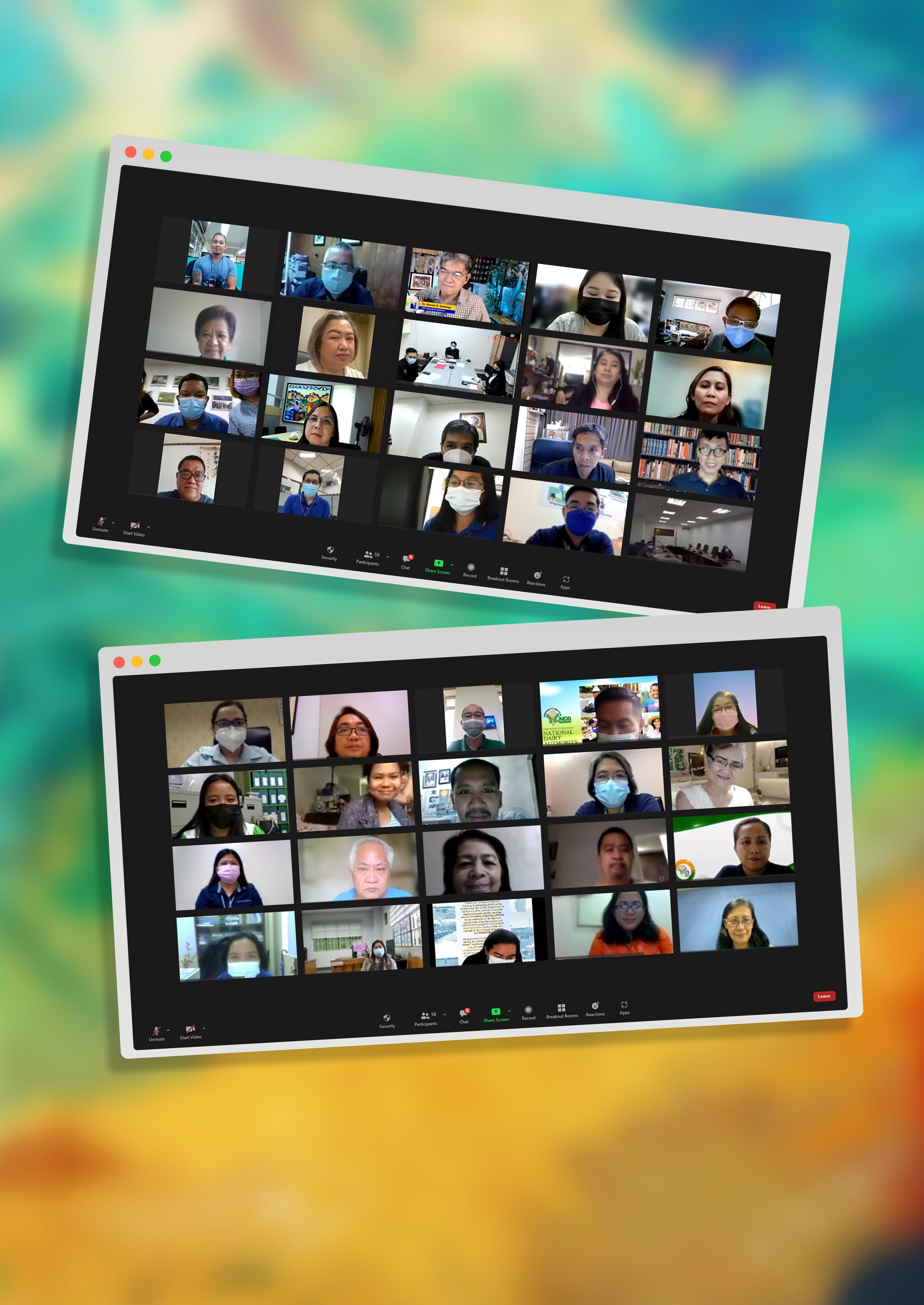

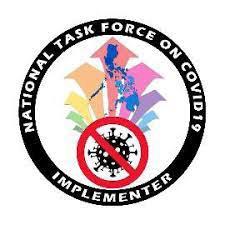

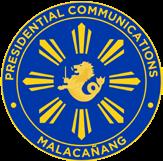
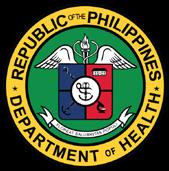
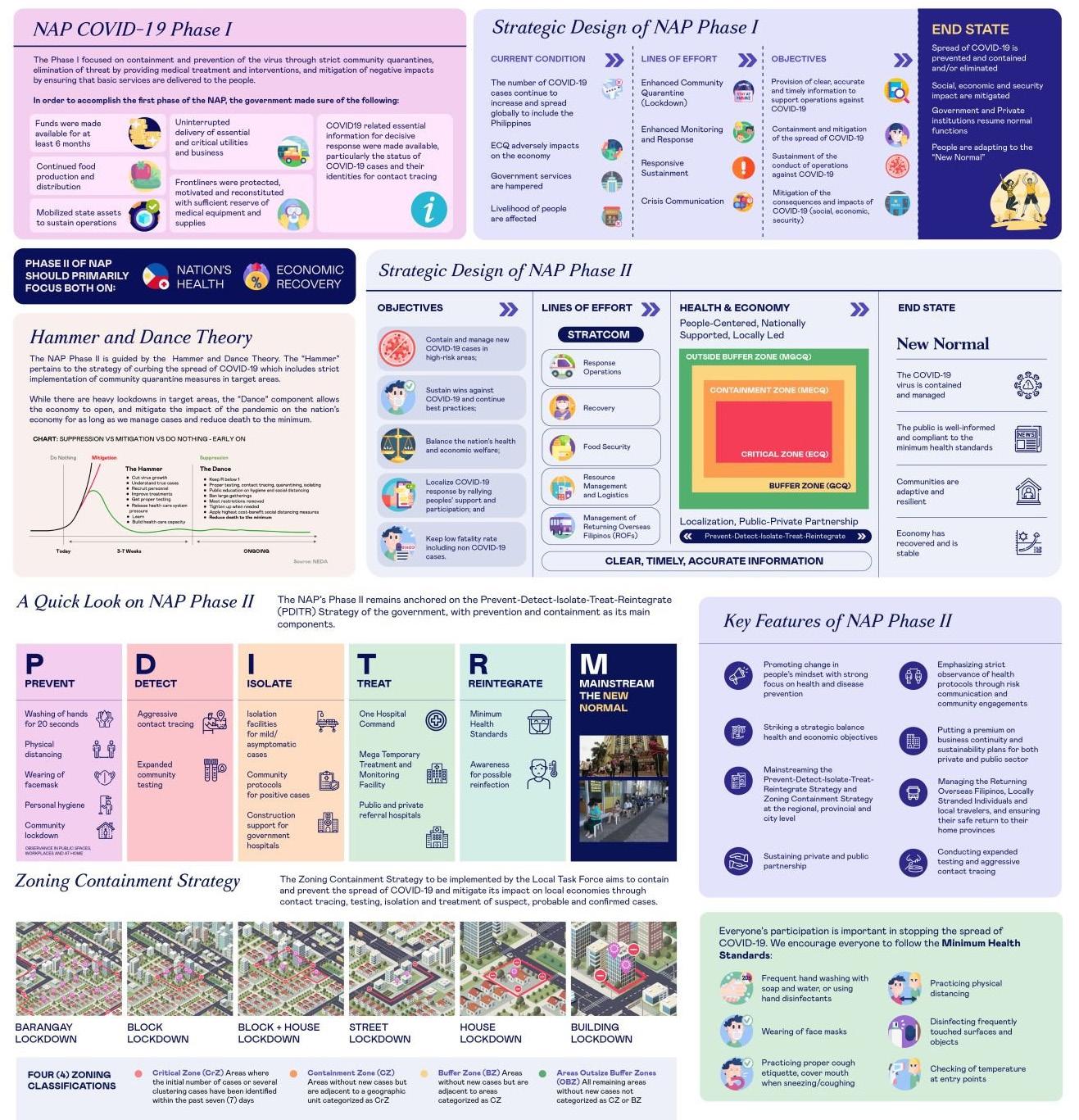
97
SUMMARY
I count on you to illuminate the spirit of optimism and positivity to win this war against covid-19 pandemic. let us all be stirring examples and inspiration to others especially during these times.
 - Sec. William D. Dar
- Sec. William D. Dar

98 “ “
DA CENTRAL OFFICE SOCIAL DISTANCING
• Re-arrangement of the office furniture of specific units to promote social distancing (includes setting up of waiting areas outside of the main room of certain offices);
• Installation of plastic barriers at strategic areas (e.g., between anterooms and main office spaces). Relatedly, for purposes of the onsite examinations of job applicants, installing plastic barriers between the area used by DA personnel in charge of the process and the area for applicants’ use;
• Setting up of document receiving areas through corridor windows (instead of a room inside operating unit’s primary workspaces);
• Suspension of activities that entail mass gatherings (as defined by the IATF concerning the community quarantine level implemented in the NCR). In any event, the restriction against mass gathering is the main reason for the continuing suspension of actual (face to face) flag-raising and flag-lowering ceremonies within the DA;
• As much as possible, meetings and other activities conducted virtually, either wholly or with a minimal number of participants onsite (e.g., job interviews before the HRMPSB panel, oath-taking ceremonies); Maximized technology and digital tools for coordination purposes, submissions, consultations, etc.;

• Commercial delivery staff for food and goods ordered to be delivered were not allowed inside the compound; concerned personnel should claim their deliveries by the entrance gate;
• The cafeteria is limited to “take-outs.” Personnel are encouraged to have their meals and snacks at their workstations;
• Elevators may only be occupied by a maximum of four passengers;
• Foot traffic management: Stair users are to stay at the right side; some offices impose “no entry rules” for staff not with the concerned office;
• Putting up of warning and directional signs, including social distancing markers on floors and walls to support the preceding measures;

• Strict implementation of restrictions on local travels.
Atty. Abraham Guiao
 Administrative Service SCPMT SECRETARIAT
Administrative Service SCPMT SECRETARIAT
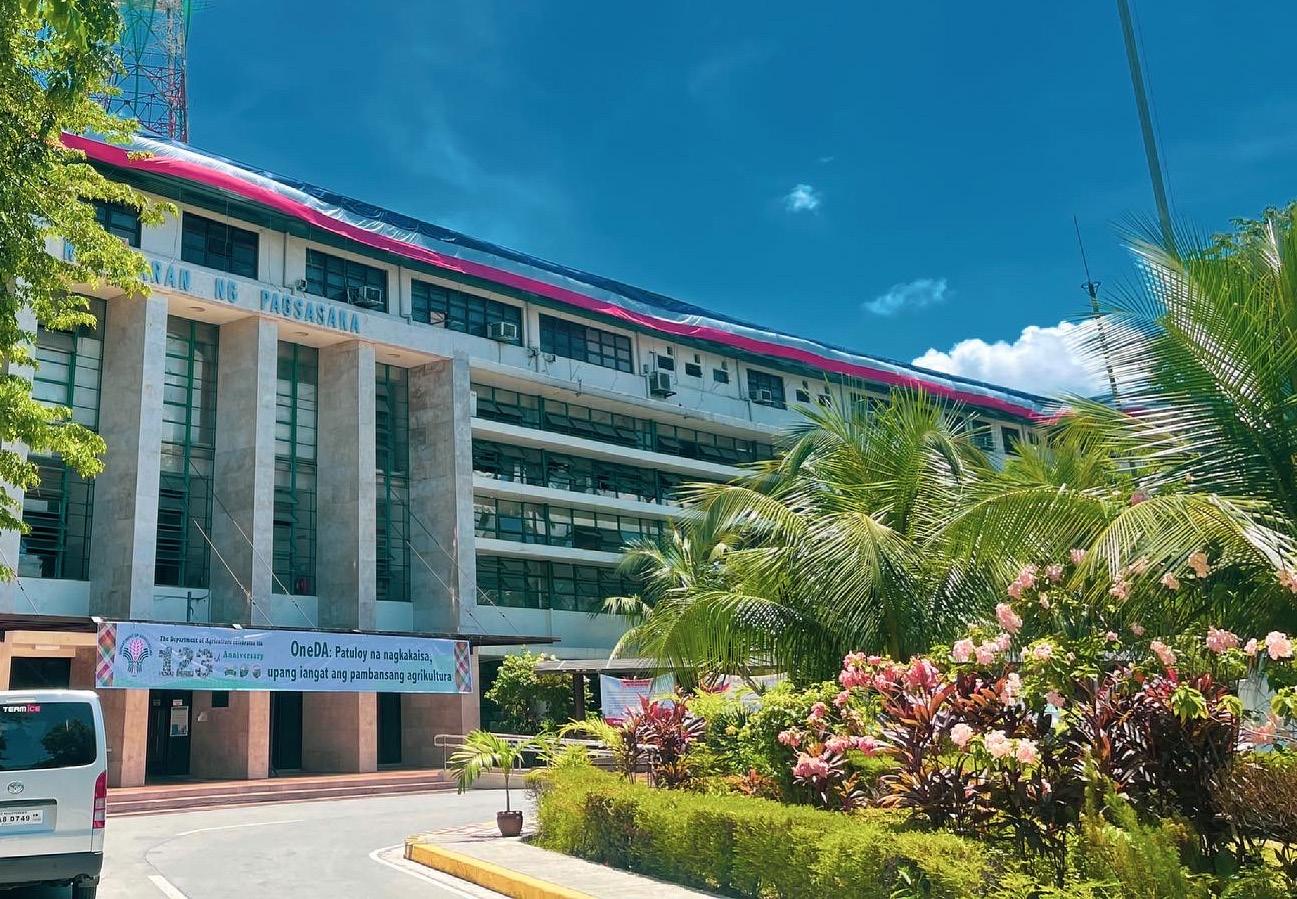
99
“My experience as the SCPMT Secretariat redefines public service by taking into consideration the outputs of the Department but balancing the safety of the goverment employees.
oic-director,
FDC

All concerned Division Chiefs are assigned to monitor and report to the DA-CO all cases of Covid-19 positive patients under their supervision. The division chiefs monitored the patients under their units through online communication;
A division chief as HSO immediately coordinated with the Taguig City Health Office regarding some who tested positive with Covid-19. Subsequently, the HSO advised at least two personnel residing outside Taguig City to report to their respective BHERTs.
We are all equally fortunate that as public servants, this pandemic made us realize that volunteering our time is perhaps the best we could do, but spending our services and careers devoted to public service is the best way that we can be utilized to help others and contribute to alleviating suffering. As committed employees of the Department, may we become instruments to help others especially the farmers and fisherfolk see agriculture as a shining light in the darkness amidst these challenging times. I hope that our burdens may be lifted and may God give us the strength to be able to step up, to humbly pledge our service to the agriculture sector, and to perform our functions with utmost integrity, responsibility, and efficiency.
FDC already practiced protocols on hygiene even before the pandemic. With the necessary adjustments at this health crisis, said office beefed up its engineering and administrative controls. It has to double the effort on cleaning and sanitization, which focused on those highly-touched surfaces, necessarily paving the way for the regular cleaning and disinfection of doorknobs, office tables, kitchen tables, etc. Additionally, FDC emphasizes the need for employees to wash or sanitize their hands regularly, properly treating this personal hygiene measure as integral to environmental hygiene.
FDC provides foot baths and placing them at the entrance lobby and the offices’ doorsteps. Its Engineering Services Division (ESD) regularly disinfects all facilities and premises. ESD also initially prepared the purchase requests for supplies to be used for disinfection, including the consumables.
Support Interventions
Mr. RONALD C. PAMITTAN OIC, Records Division SCPMT Secretariat

With the lack of security services for FDC in 2020, only those assigned staff have cleaned and sanitized their respective rooms, connecting corridors, and hallways. In the Microbiology Laboratory, management tasked the laboratory aide to clean and disinfect the Microbiology Staff Room daily. Same workforce sanitized door handles in said rooms every two hours. Officers recalled that at the onset of the pandemic, those with representation allowances contributed money to purchase hand soaps, alcohol, and sanitation maps, for everyday use at the Center. The local government of Taguig consequently conducted disinfection activities for at least five occasions upon the request of the Center.
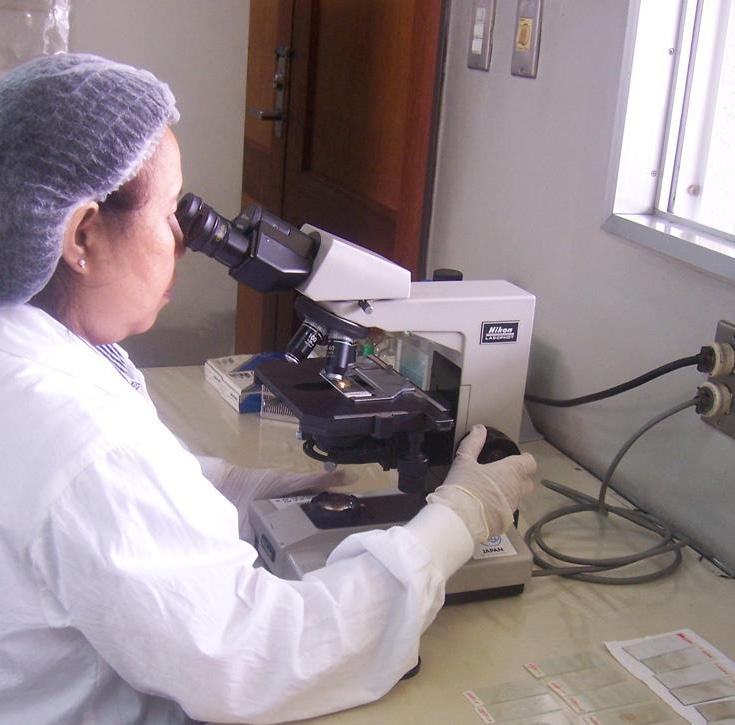
100
RFO I

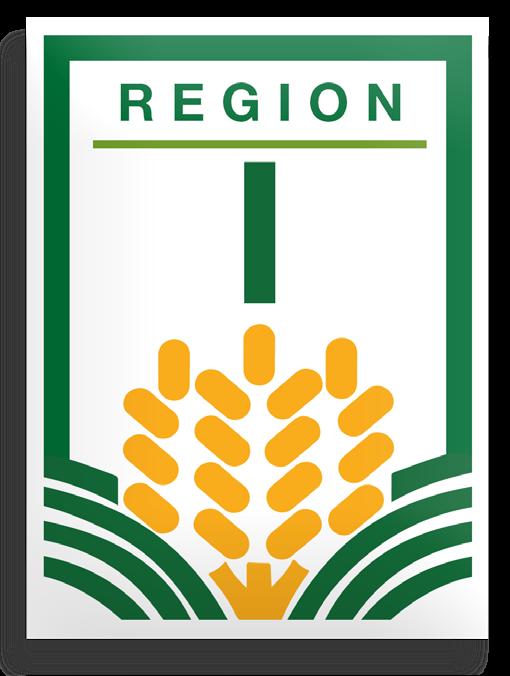

SOCIAL DISTANCING
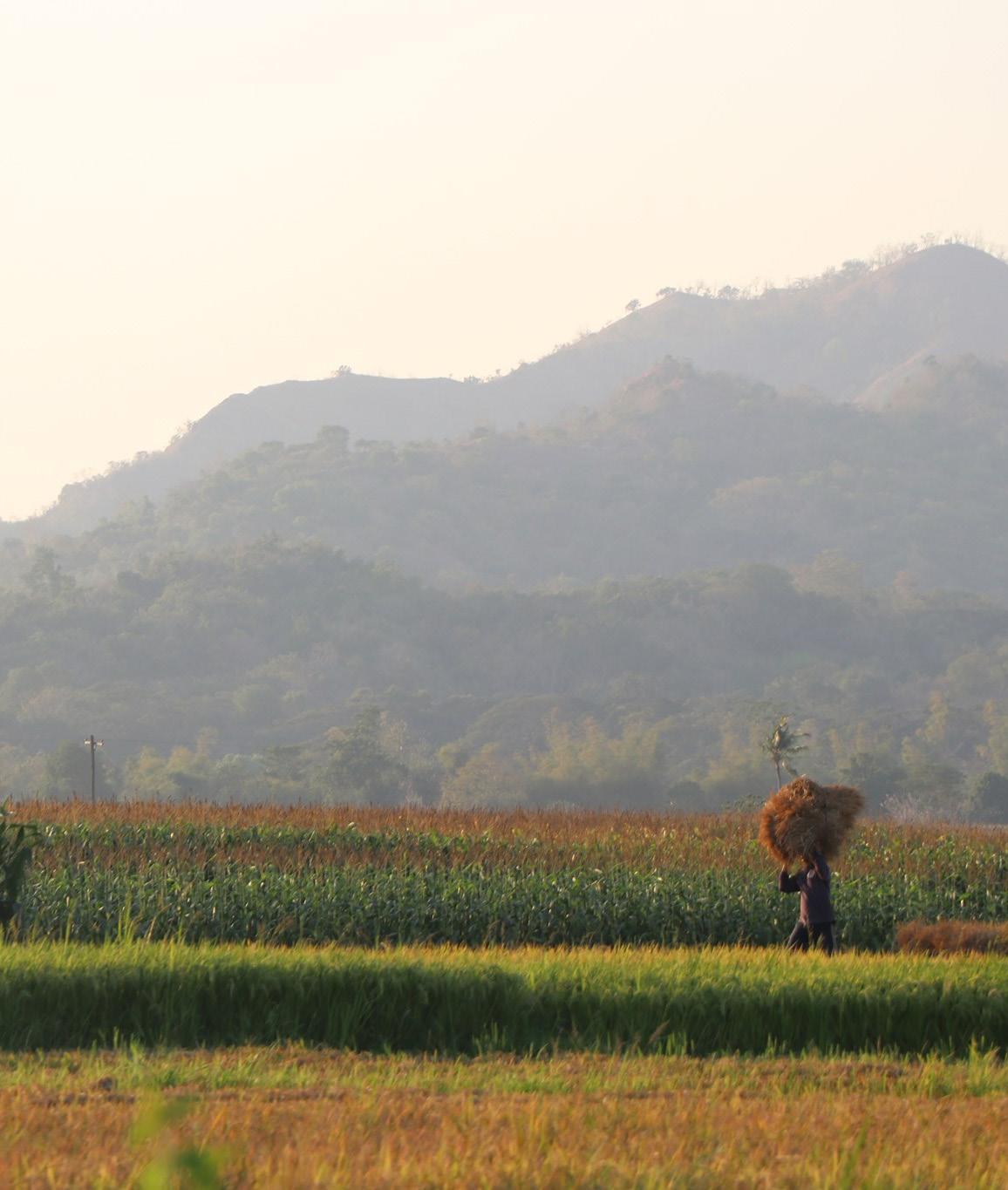
• Wearing of facemask/ face shield
• Social Distancing
• Limit social gathering
• Use of virtual platform for meetings
• Installation of temperature check,footbath and alcohol dispenser at the entrance
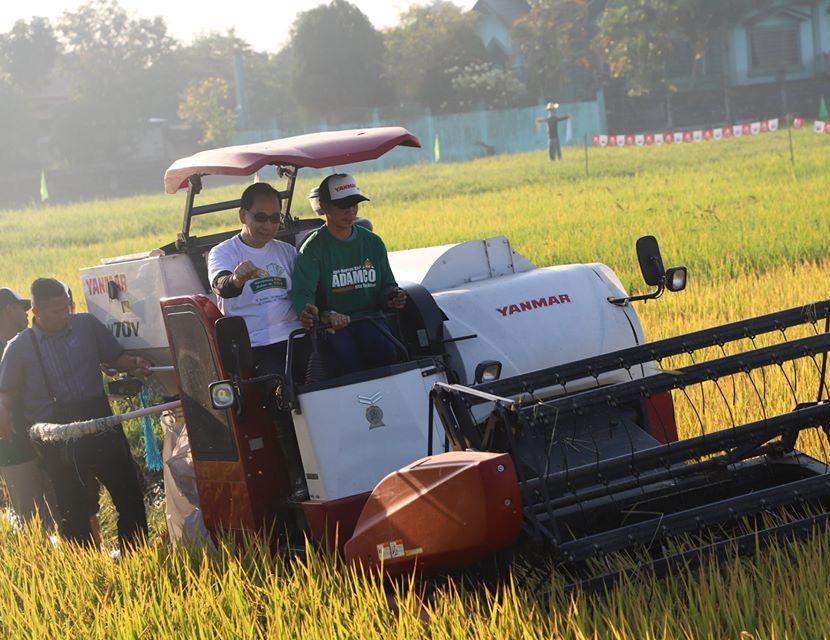
• Disinfection of building premises (Tuesdays and Fridays)
• 30-50% WFH and 70-50% Skeleton
• workforce whenever needed/case is high
• Adoption of Flexi-time schedule
• Conduct Mass swabbing whenever needed/cases are high
• Coordinate with PLGU/LGU on the vaccination of the employees
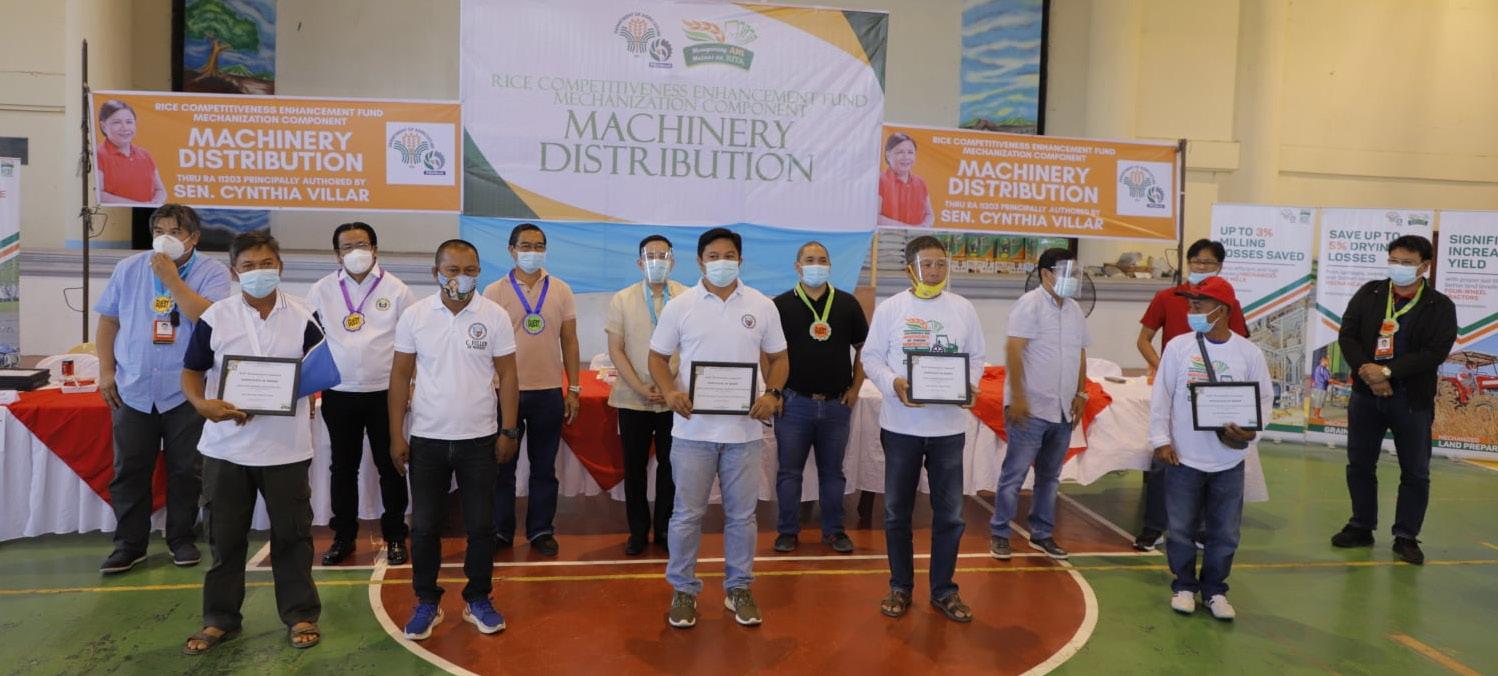
• Provision of disinfectant/alcohol supplies
DA RFO-I always considered as guide the Secretary’s memoranda on Covid-19 management, together with other issuances from the IATFEID, other national agencies, and local ordinances. RFO-I practiced the observance of the minimum health protocols. The office directed its personnel to wear face masks and face shields inside the office premises at all times. The region has well-established communication with local government units for the vaccination for all the employees. The management implemented a work-from-home arrangement and skeleton onsite reporting. Meetings, seminars, and webinars were done via zoom, google meet or other online media platforms to avoid faceto-face interactions. Meanwhile, the designated HSOs closely monitored those declared Covid-19 positive after reporting them to their respective BHERTS.
101
RFO CAR
The Health and Safety Team (HST) instructed the disinfection personnel (i.e., the regional office’s “manpower services”) on the proper mixtures for disinfectants, among others.
An Emergency Response Team, later replaced by the Health and Safety Team (HST) was constituted to facilitate close monitoring of all divisions and sections. The team is composed of representatives from each division and provisional members with medical backgrounds (nurses/medical technologists/veterinarians);
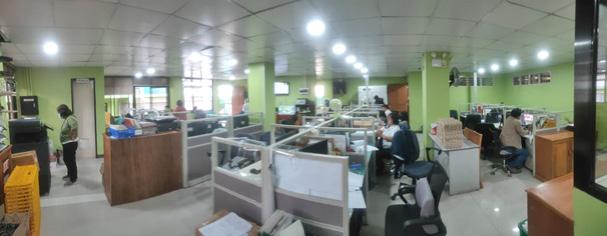
Among the tasks of the team and its members is to do immediate contact tracing (e.g., when someone in the personnel tested positive); At the earliest possible time, close contacts are notified and reminded to observe pertinent health protocols (e.g., immediate quarantine), advice being provided on the same; Concerned HST members (i.e., representatives of divisions with staffers confirmed to have the virus or identified close contacts monitor the cases within their division until their colleagues are declared cleared of the infection or recovered from Covid-19); Part of the monitoring of affected colleagues during quarantine is to ensure their needs are provided ( food, vitamins, and even accommodation). Some colleagues voluntarily sent goods and even contributed money for the purchase of the needs of affected employees;

Temporary Isolation FacilityA building at the BABRC was converted into a temporary accommodation or isolation facility for close contacts and positive cases not accommodated at the local quarantine facilities. The isolation of concerned close contacts and positive patients is coordinated with and supervised by the BHERT.
RFO car supported environmental hygiene protocol implementation through provisioning for and procurement of goods required for the same, as well as the mobilization of pertinent assistance from available human resources (e.g., the Health and Safety Team)
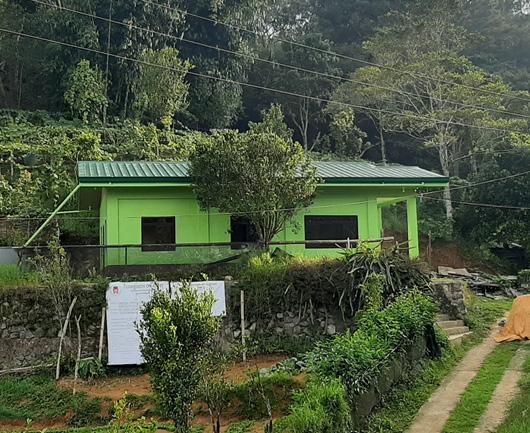
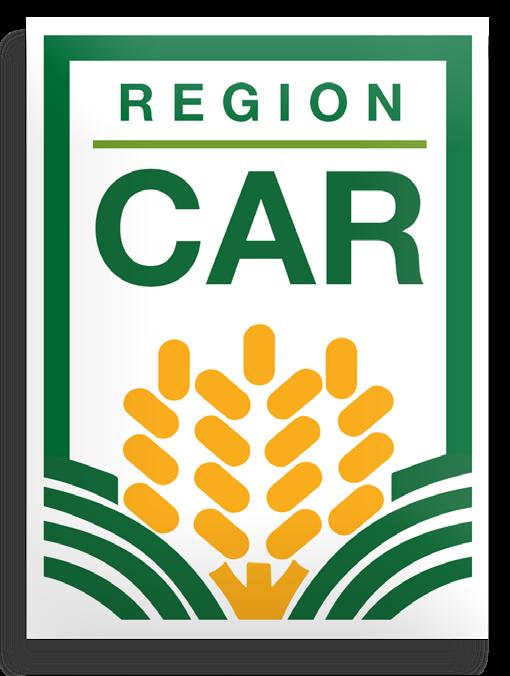
The region not only regularly conducted disinfection of the office premises but also clean up vehicles after, especially those assigned for Kadiwa;
Officials of the region maintained health and safety protocols for the external customers. They set up sanitizing foot mat and a misting tent to keep the areas hygienic for those walk-in clients who wanted to obtain food lane passes. With the succeeding guidelines of DOH, said tents were later removed but increased the number of foot mats to include doorsteps of offices.
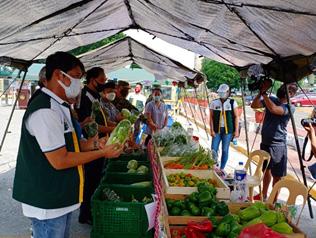
SOCIAL DISTANCING
• Caused the repair of the premises of the livestock unit for social distancing purposes;
• For the management of foot traffic, employed new foot traffic scheme (re-orientation of ingress and egress areas)around the offices; posted directional signages at strategic places around the premises to guide staff and clientele of the new designated entrance and exit points;

• Maximized use of technology and digital tools (including virtual communication platforms) to limit face-to-face interaction.
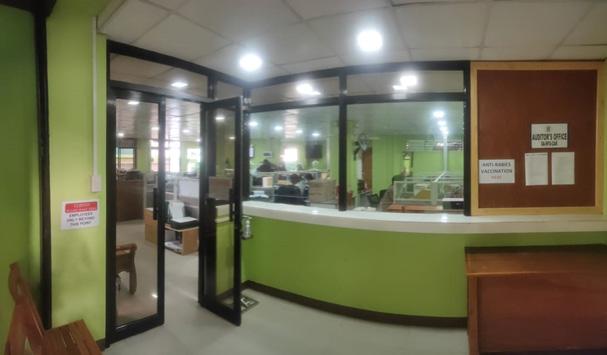
102
RFO II
• Installation of fabricated glass partitions and aerosol boxes for various offices;
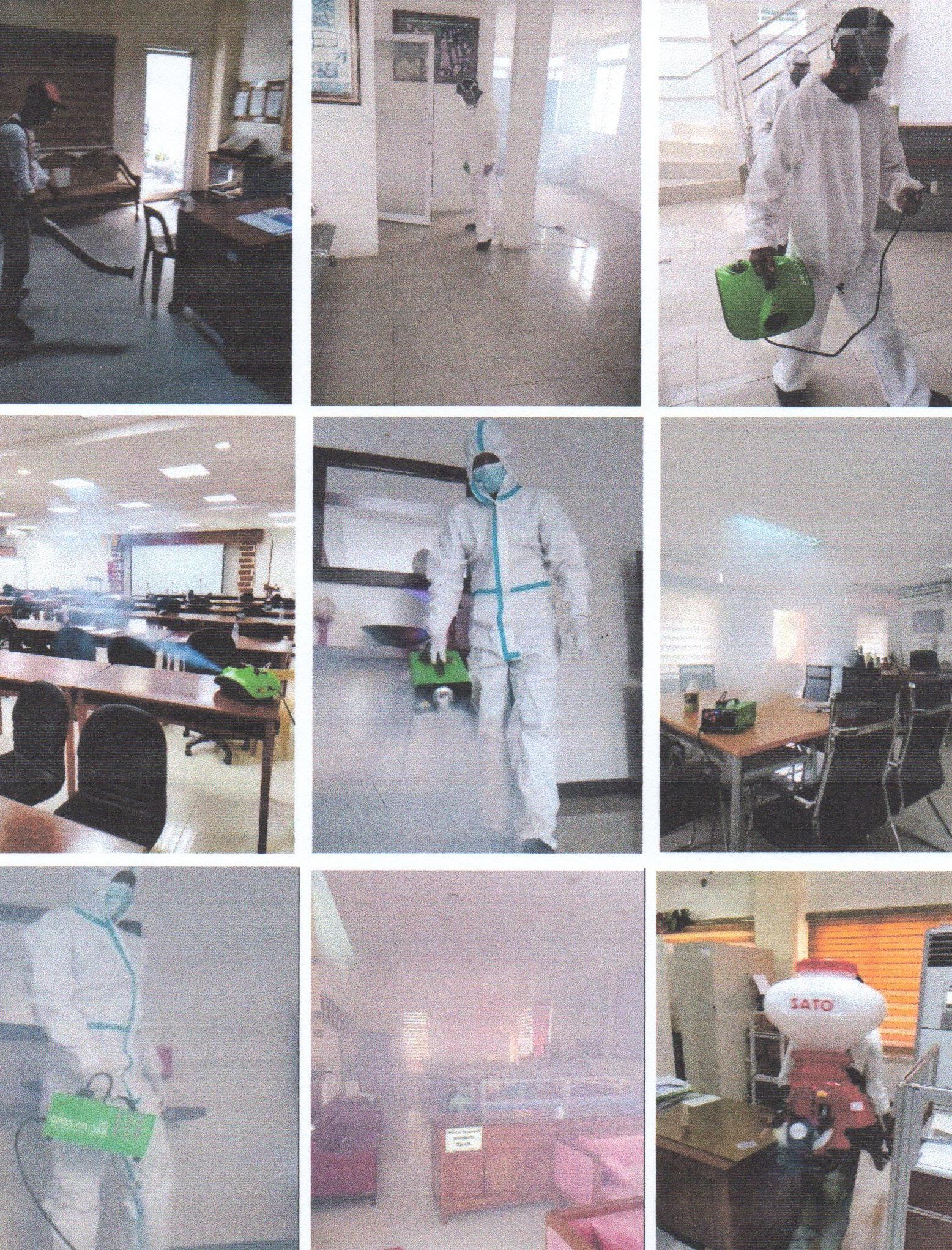
• Designated an area for receiving deliveries (Parcel Receiving Area);

• Set up a visitors’ area at the Malasakit Center, which was designed to conform to social distancing standards;
• Placed safety and directional signs (including those concerning social distancing);
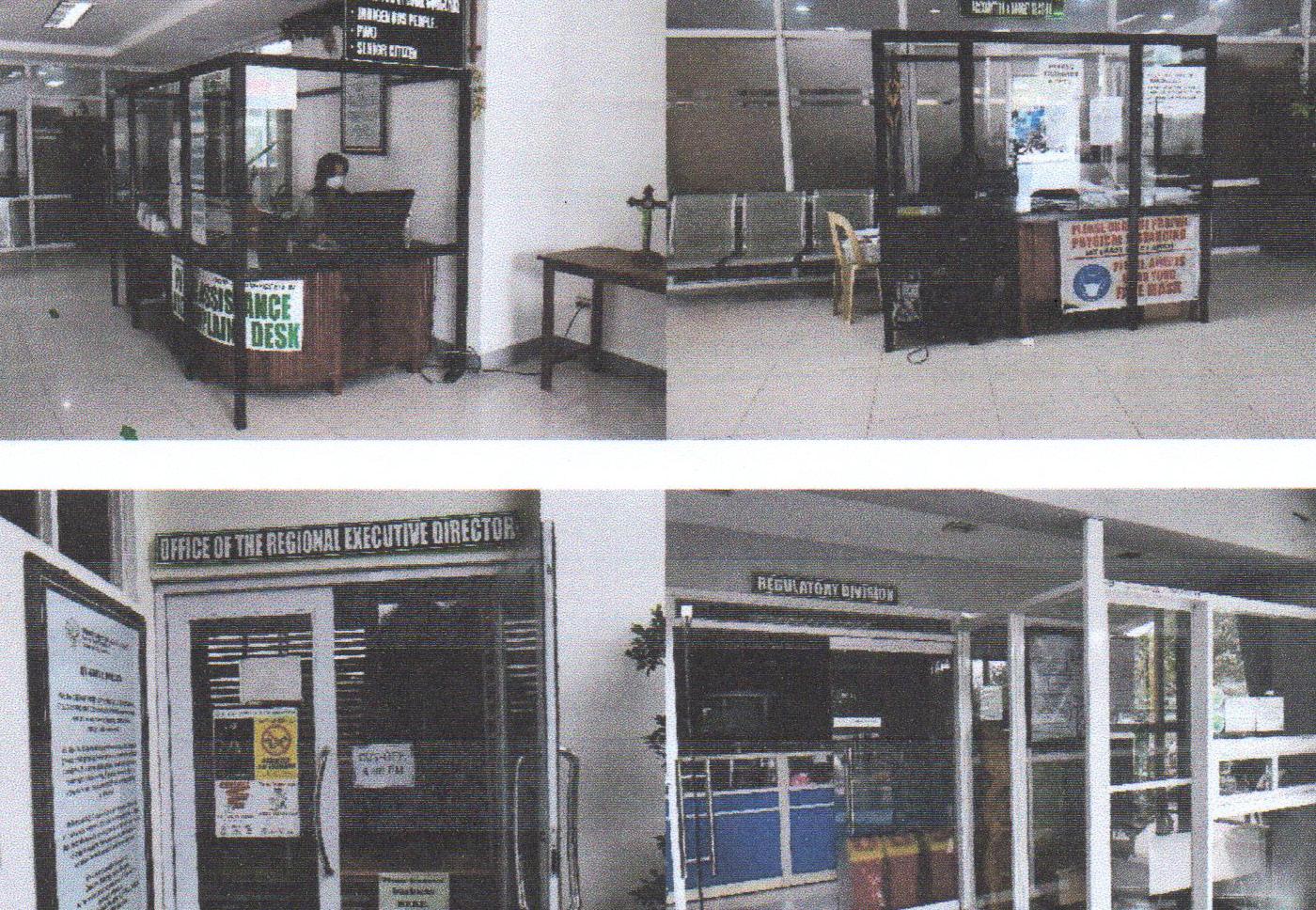
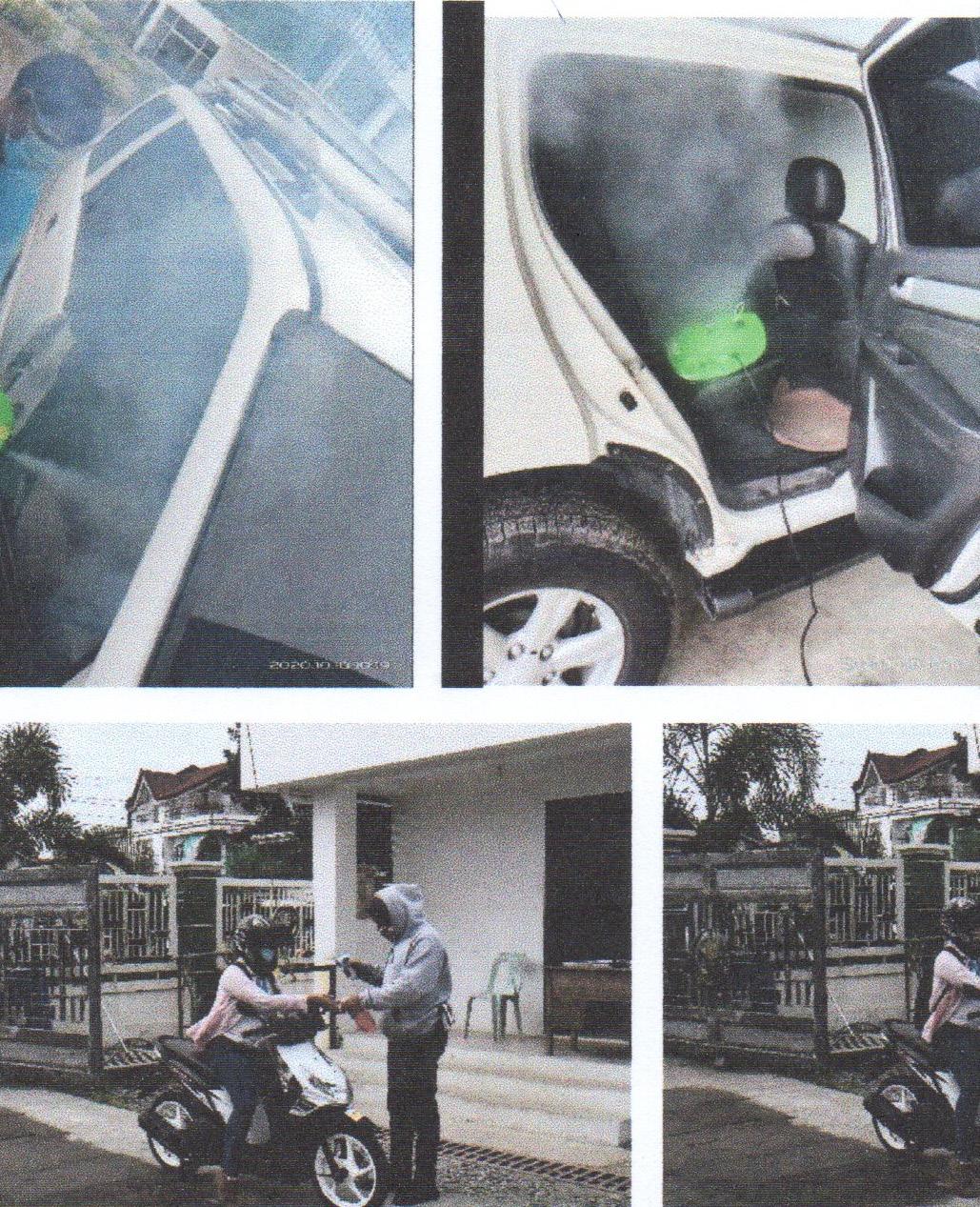
• Produced an informational Video on how to access services of RFO-II in a safe and healthful way (includes social distancing and other protocols). Target audience: stakeholders of the DA 2.
The regional office has “proactively acted on Covid cases.”
It is in full coordination with DOH and other government agencies for immediate quarantine and isolation and contact tracing of first and 2nd generation close contacts.
The RFO prepared an adequate quarantine facility for those who tested positive for the Covid-19 virus, who were also provided food and medicine.
103
Disinfection of buildings, facilities and vehicles.
• CHO Tuguegarao City conducted massive rapid antigen testing.
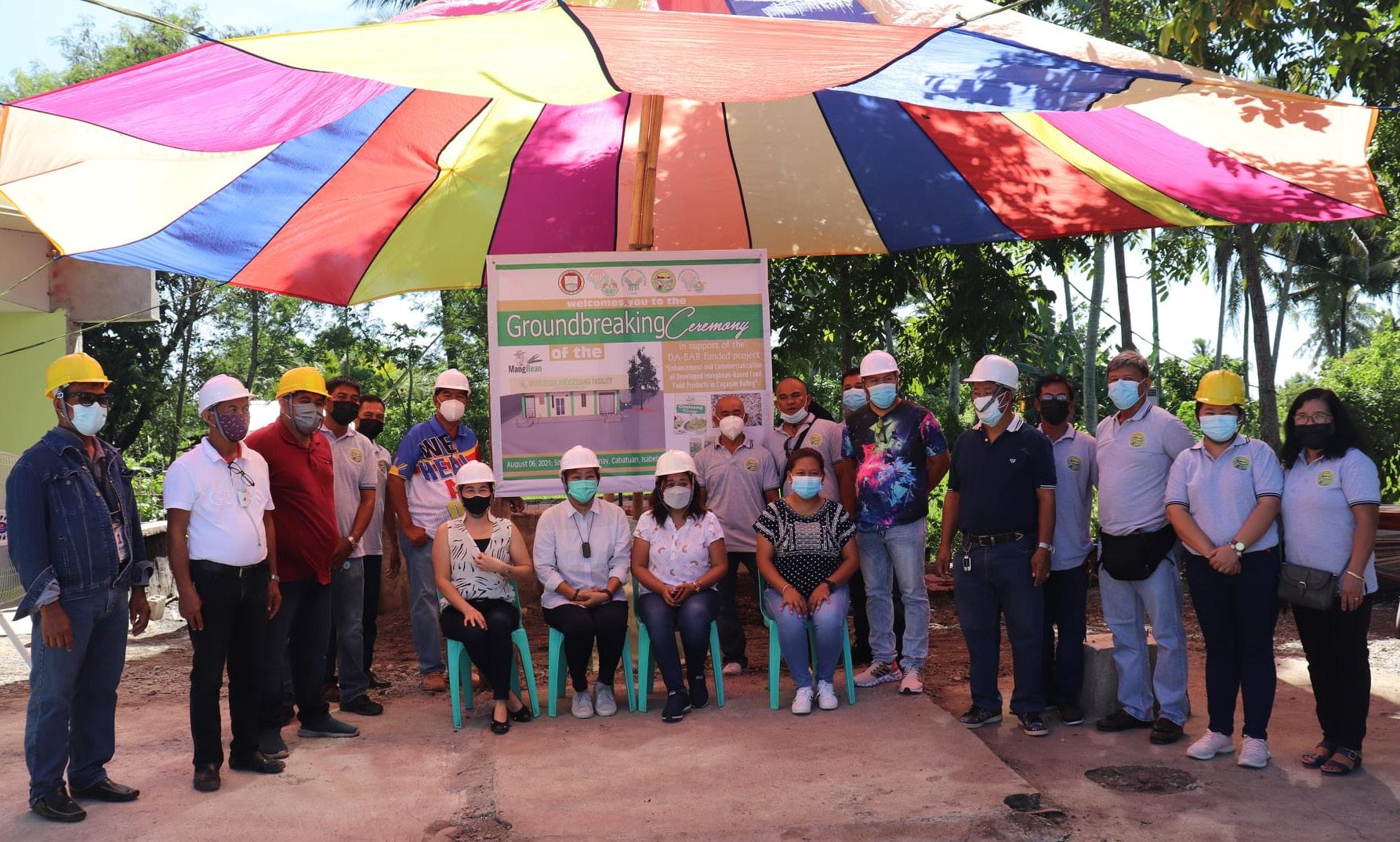
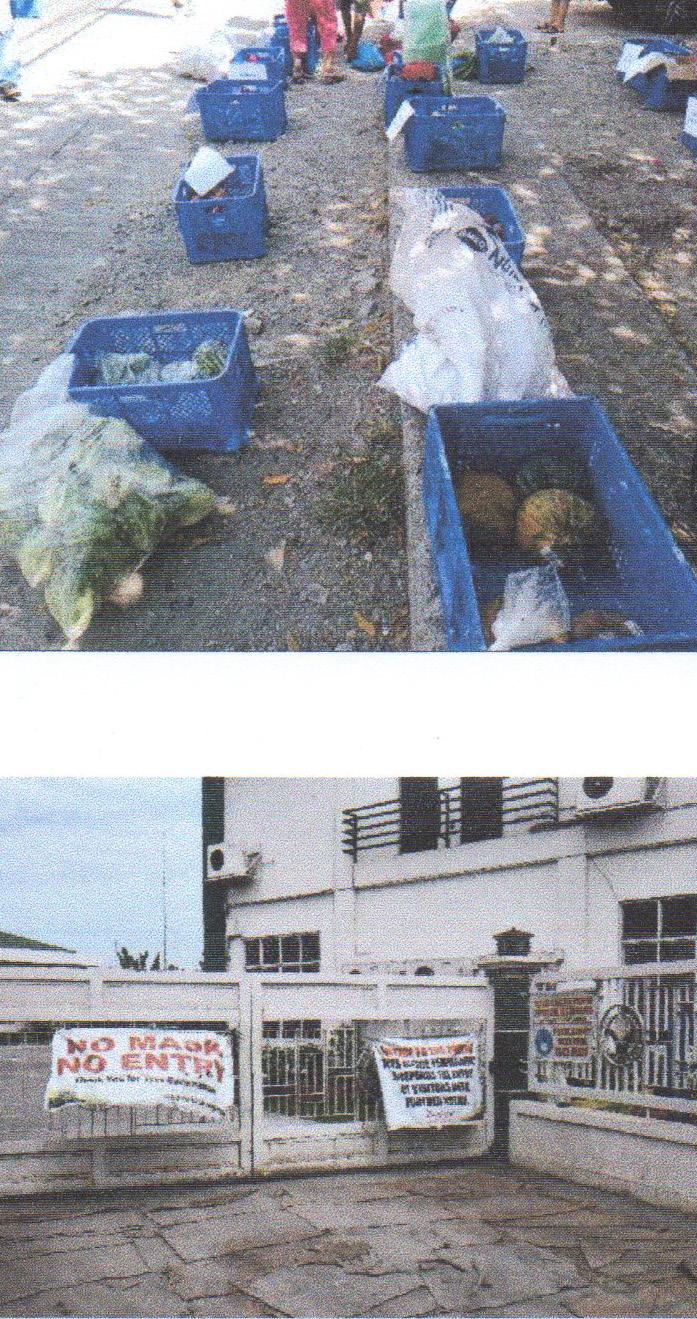
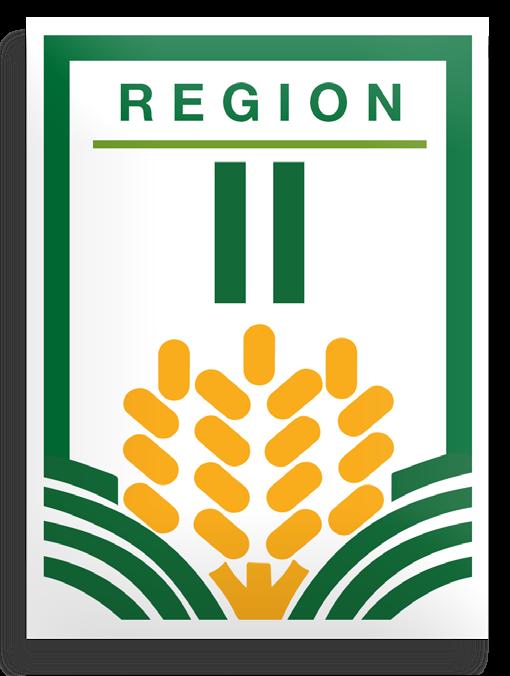
• Reporting probable and suspect requests for RT-PCR test to CHO/PHO/RHU/MHO/DOH.
• Designating temporary treatment and monitoring facility to Research and Experiment stations to isolate positive asymptomatic and closed contacts.
• Continuous vaccination in coordination with DOH and LGUs.
• Reimbursement of expenses of Rapid Antigen Test.
• Daily disinfection of Facilities.
• Provision of the following:
1. Shuttle service when public transport is not available
2. Lodging for transient employees
3. Milled Rice Subsidy
4. Vitamins and Medicines
Screening and receiving of personnel and visitors at the Malasakit Help Center where the following are ensured: wearing of mask/ face shield; filling up of Covid-19 Surveillance Form; temperature check (Based on pictures)
Hand sanitation provisions available; (Based on Pictures)
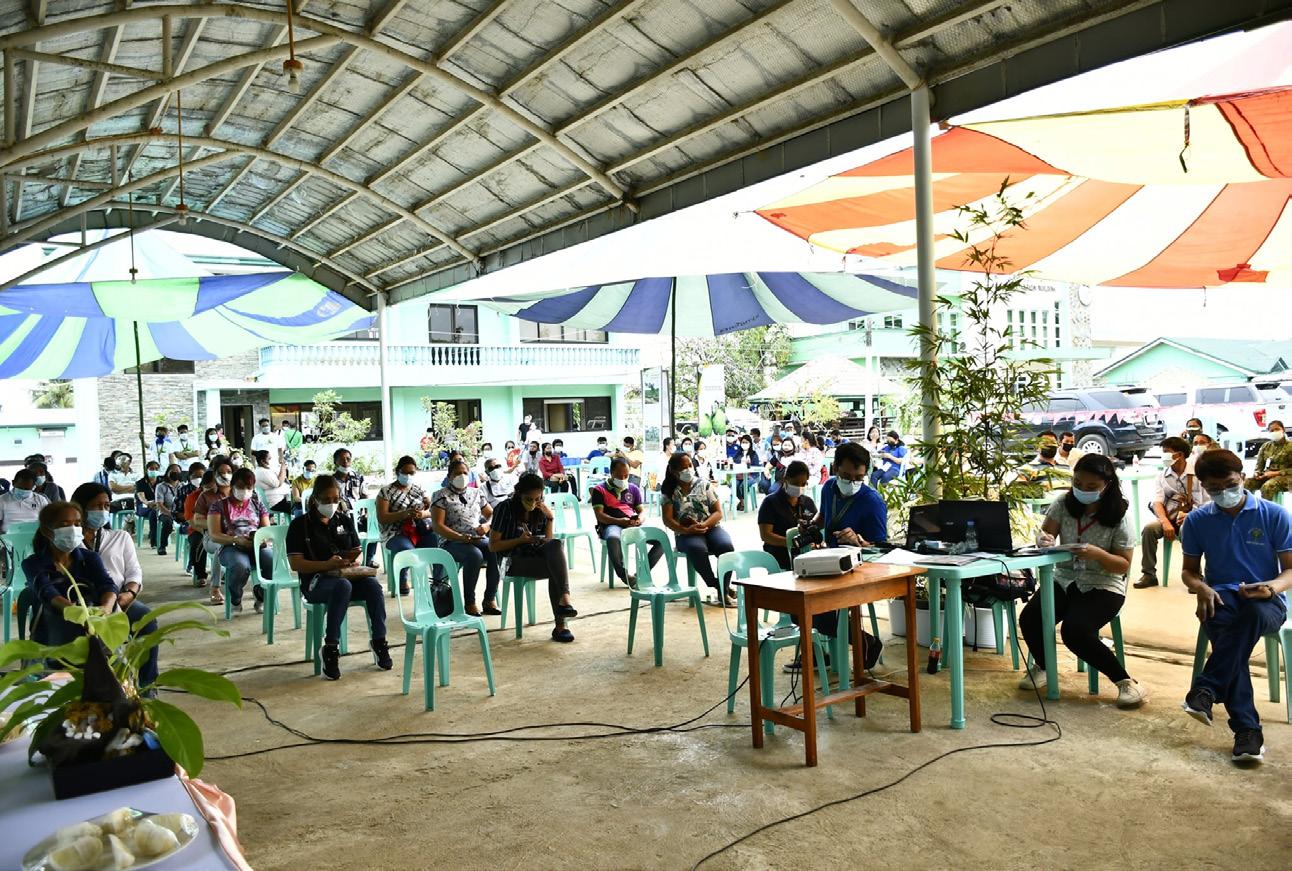
104
RFO III
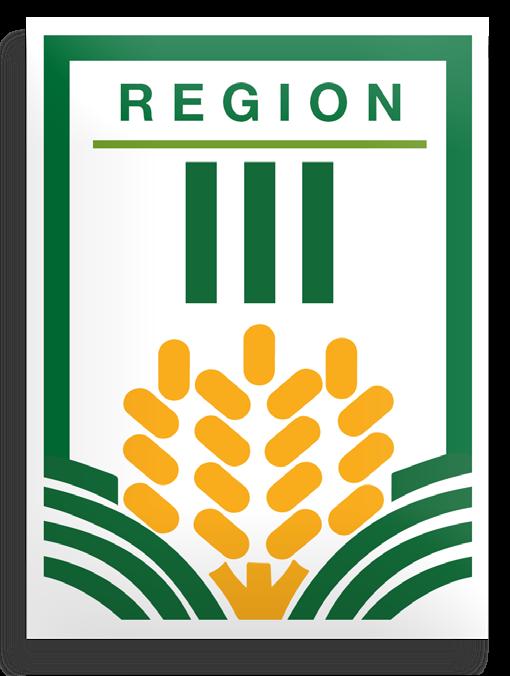
As for safety precautions, the RFO-III Office did weekly vicinity disinfection and monthly general disinfection.
It followed a weekly rotation scheme of work among its personnel to maintain the operational capacity of the region. It installed a makeshift waiting area for visitors to avoid face-to-face contact with its clientele. Window transactions were encouraged.
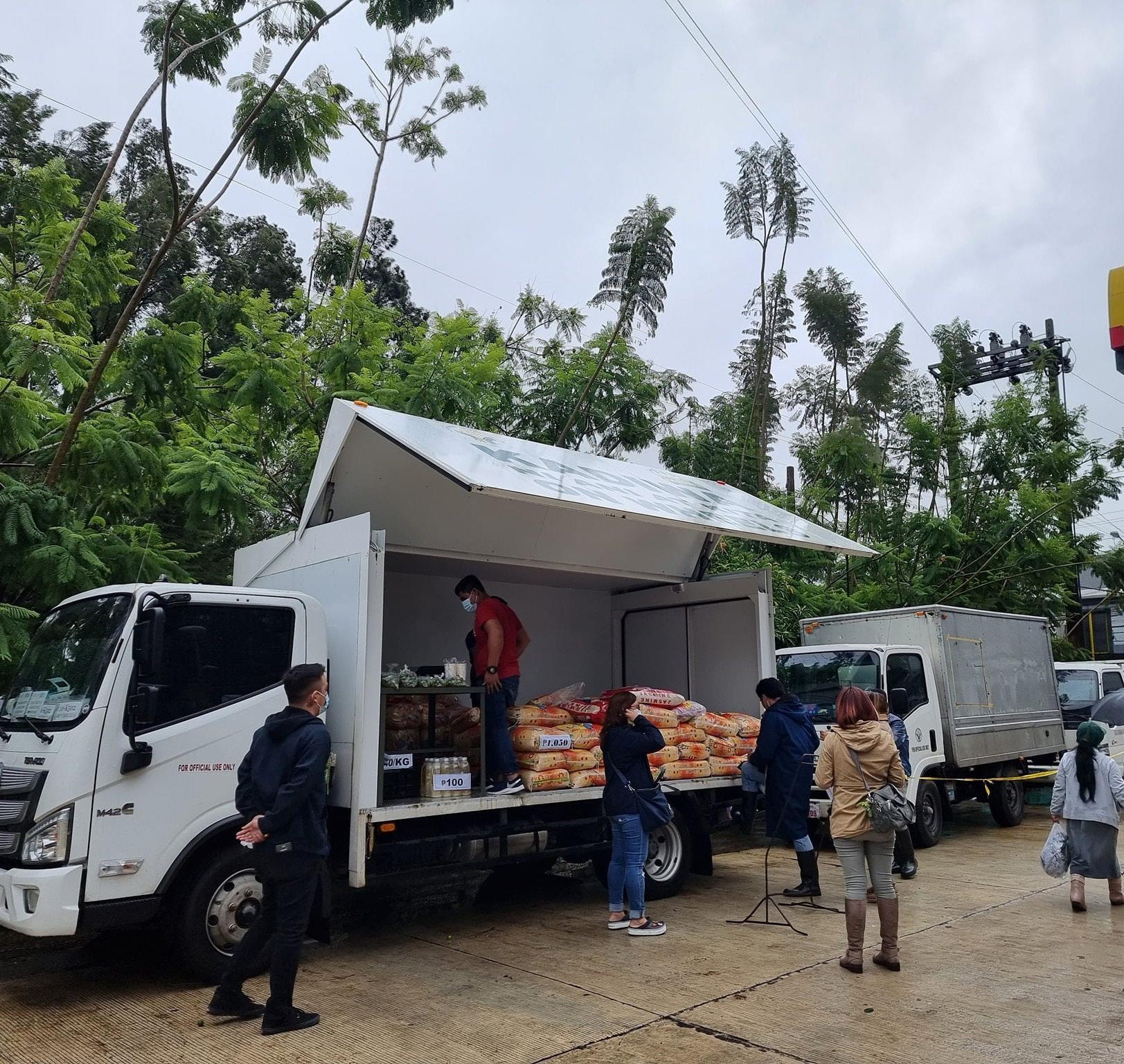
Further, it took advantage of the online platform to conduct its meetings, seminars, and all sorts of conferences.
SOCIAL DISTANCING
• Wearing of facemask and face shield
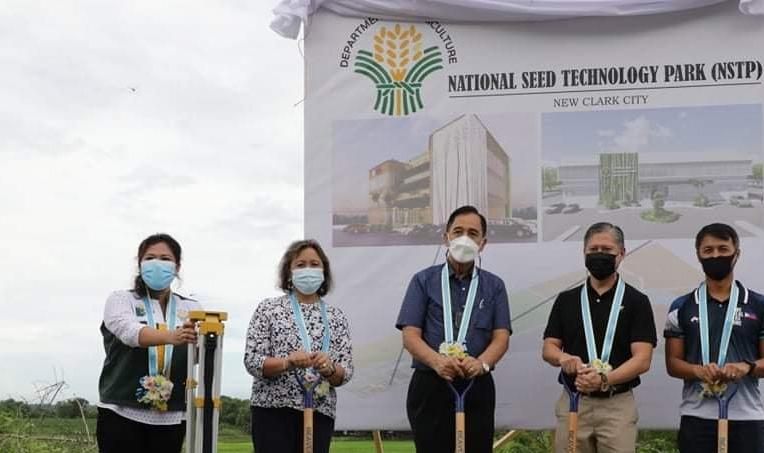
• Temperature monitoring, hand sanitation, and mat disinfectant at the agency gate
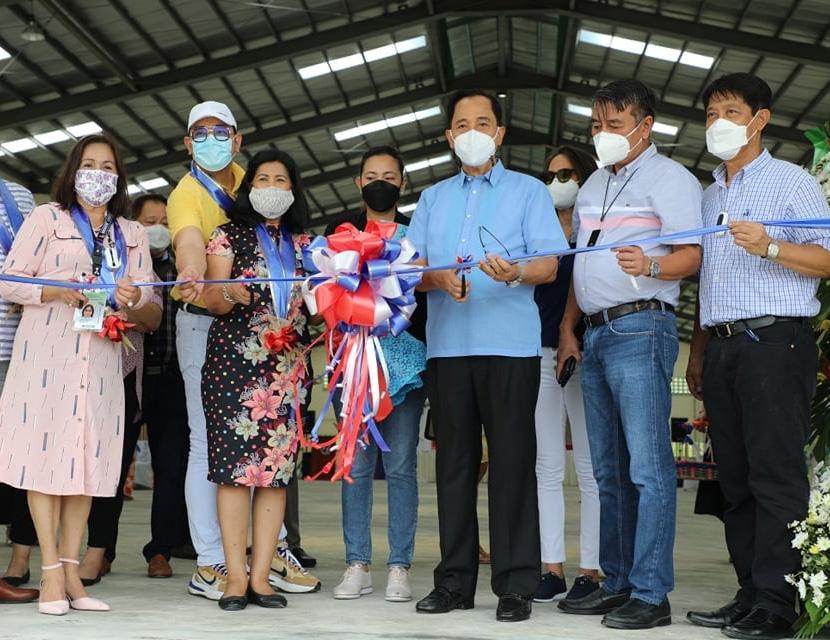
• Filling up of health declaration for
• Waiting area for visitors (with proper physical)
• Hand sanitation in every office
• Window transactions
• Weekly disinfection of the vicinity
• Monthly general disinfection
• One-week work-from-home scheme
• Conduct virtual meetings, training, etc.


105
RFO IV-B
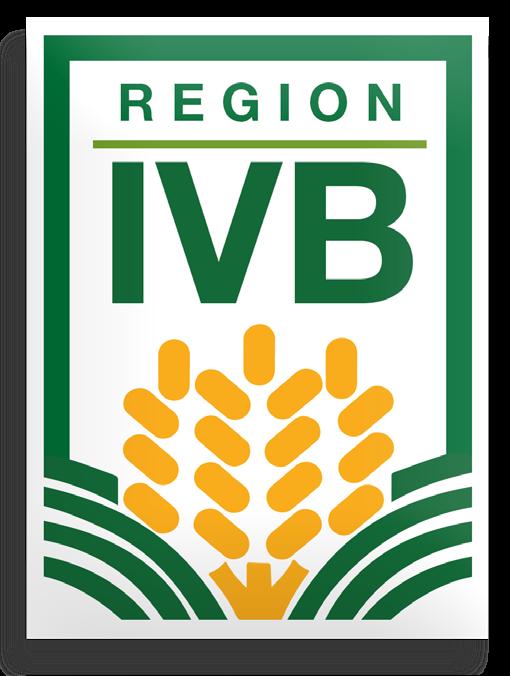
SOCIAL DISTANCING
• Installed barriers in the cubicles and work areas of front liners.
Workplace Safety and Health
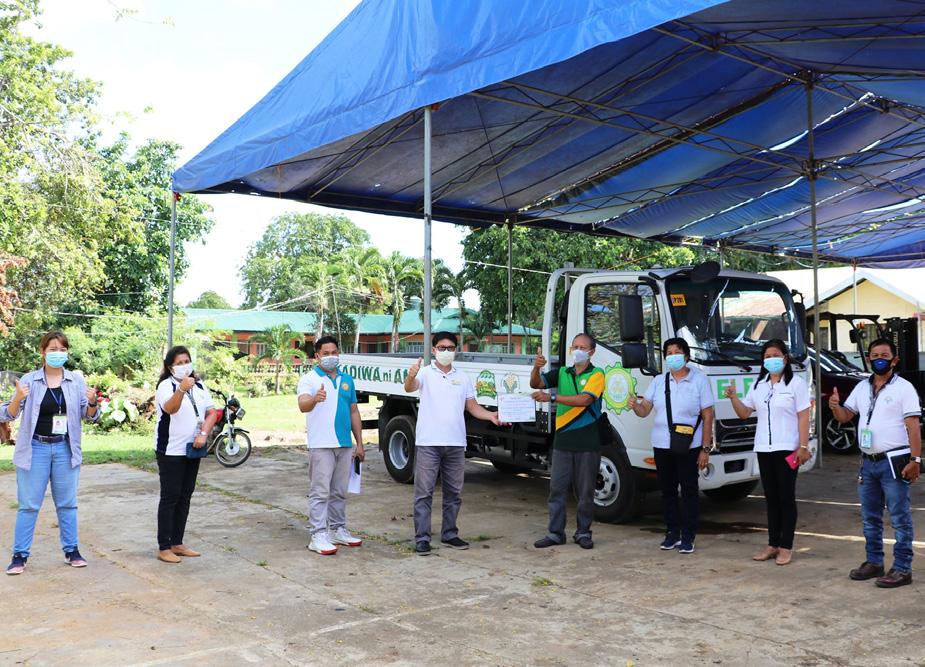
Reducing the transmission of Covid-19
• Weekly distribution of facemask & mandatory wearing at all times, distribution of face shields, Vitamin C with Zinc Weekly office disinfection (every
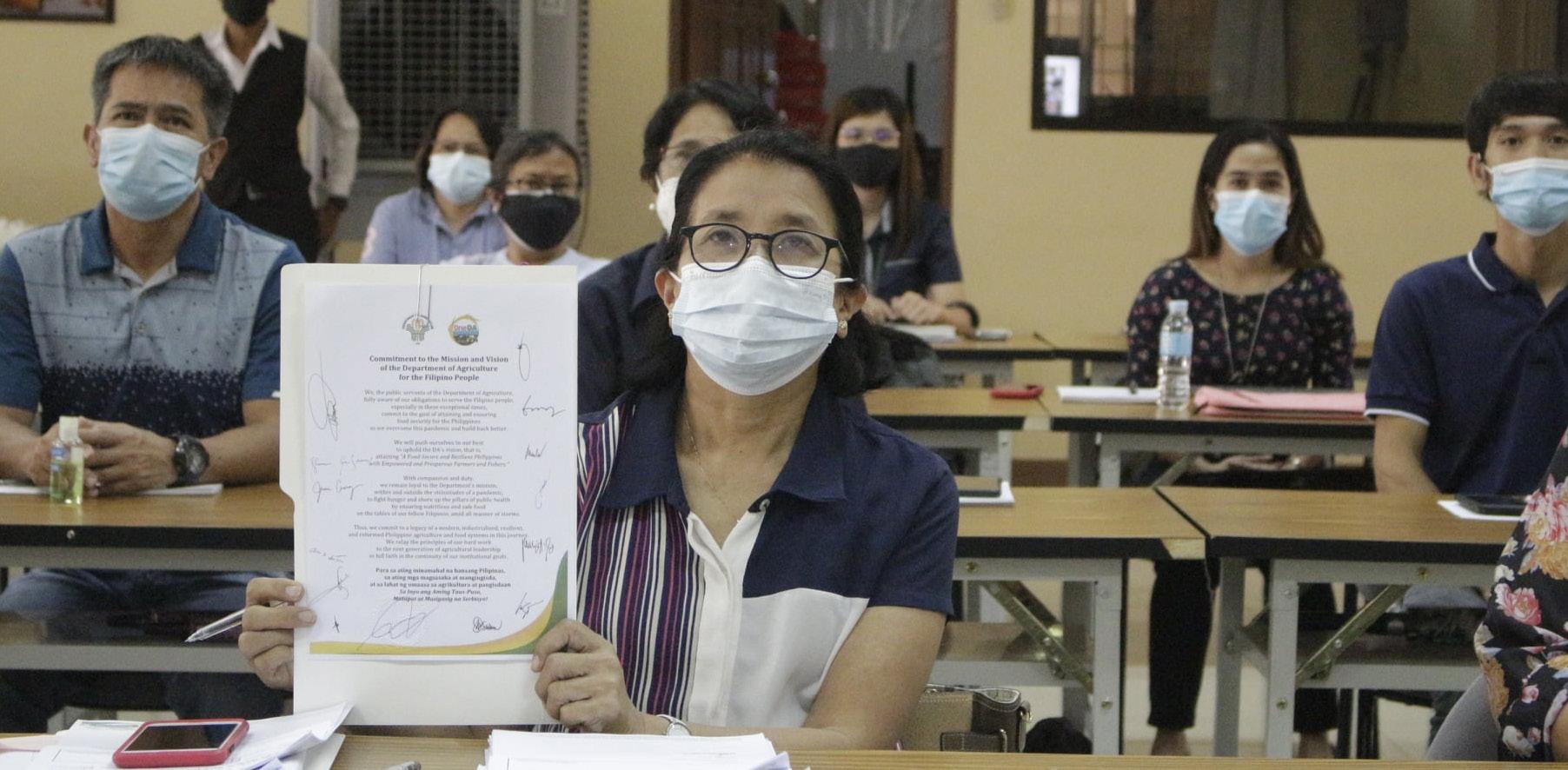
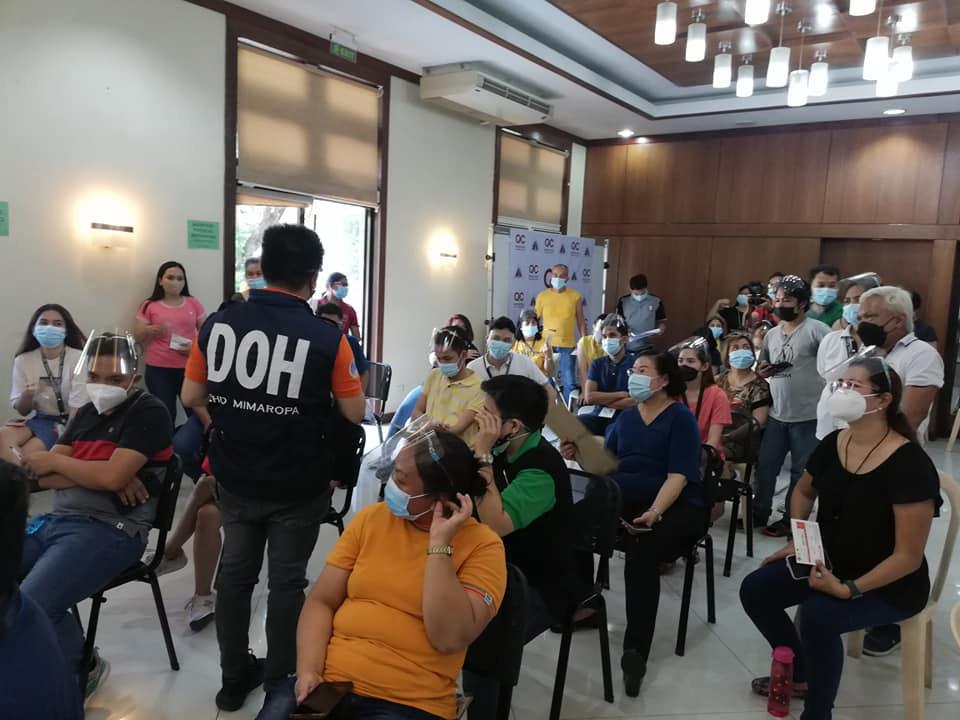
Reduce Contact
Most-at-risk populations are on alternative work arrangement
Restriction of mass gatherings – use of video conferencing for meetings of large attendance of employees.
Alternative work arrangement to decongest small office spaces
Staggered meal schedules.
Monitoring of Employees with Symptoms
Health and Safety Coordinator per Division
Psychosocial support

Conducted online conversations with DOH for Covid-19 information drive and DSWD for psychosocial support
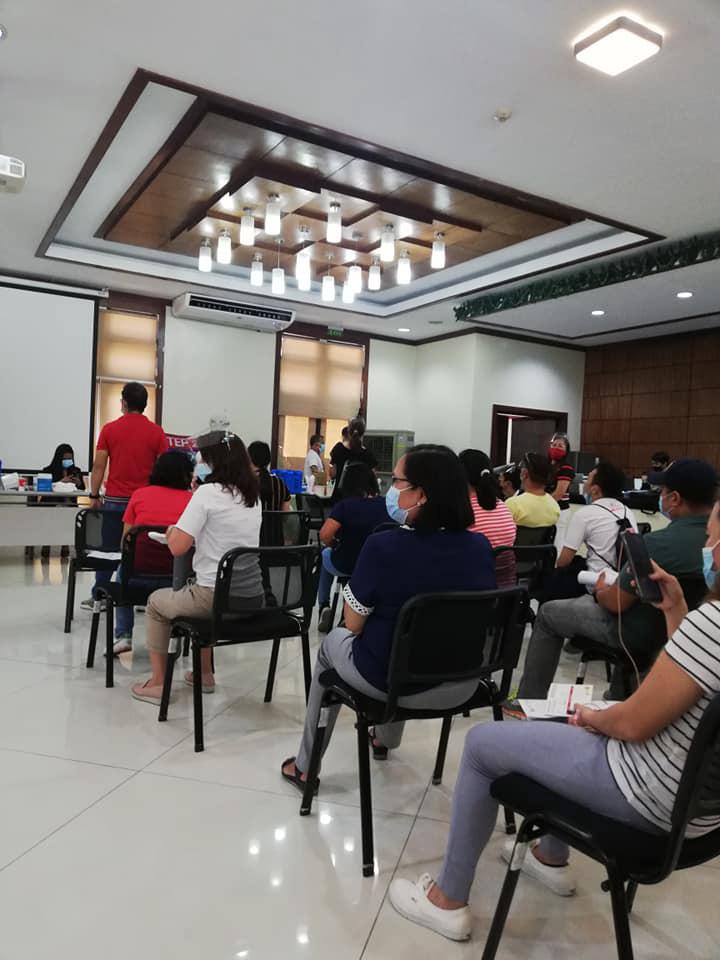
106
RFO V SOCIAL DISTANCING
• Installed improvised misting devise at the entrance gate of the DA 5 compound;
• Caused the regular sanitation/ disinfection of office premises.
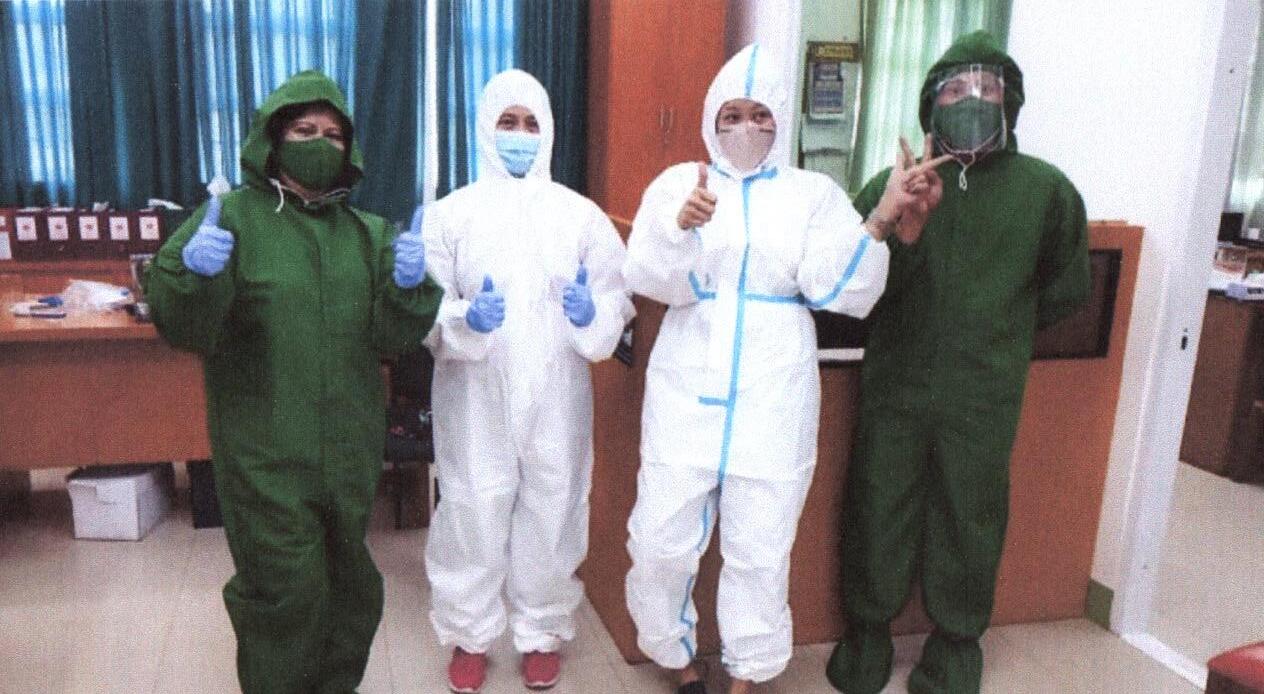
Immediately reported Covid-19 cases among personnel of the regional office to the DA-CO;
Caused the temporary shutdown of operations/ for disinfection; Immediately coordinated with the PESU/ Incident Monitoring Team of Camarines Sur) regarding a staff who tested positive; Conducted contact tracing;
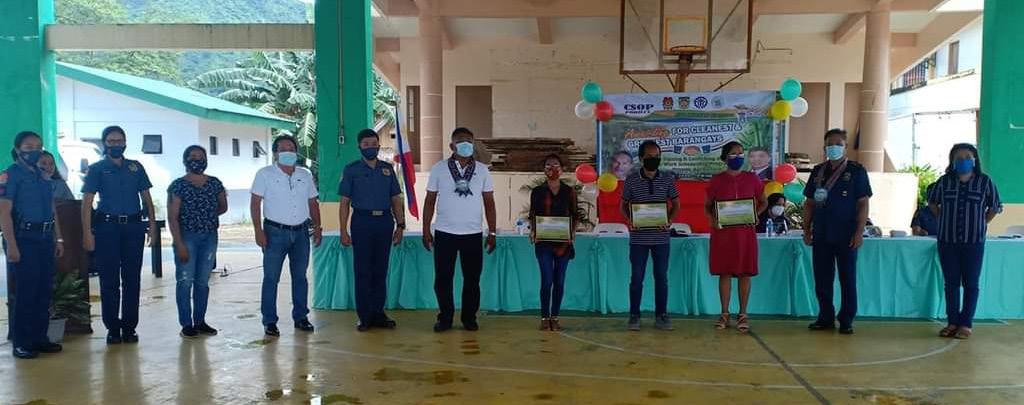
Division Chiefs, who are the designated Health and Safety Coordinators are in charge of closely monitoring and checking the health status of the staff of their respective divisions and of informing the RFO-V Medical Team of pertinent health events (e.g., confirmed cases);
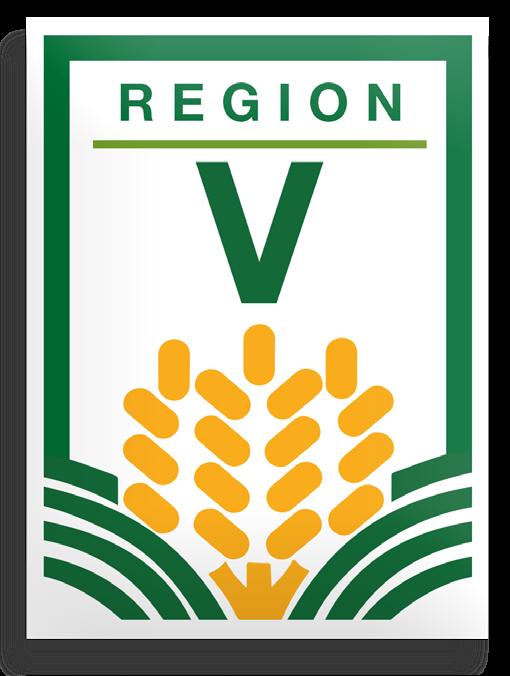
RFO-V -- Isolation/quarantine facilities established. The facility has been used by: (a) primary and secondary contacts of or individuals directly exposed to positive patients; (b) personnel who tested positive upon rapid testing (conducted in October 2020 in coordination with the provincial government of Camarines Sur), and (c) personnel who could be quarantined at home due to lack of separate room and comfort room.
• Reconfiguration of offices to observe social distancing; Installation of acrylic dividers;


• The region barred the entry of visitors to office premises. Instead, officers advised them to stay at the Operation Malasakit Help Center (Clients /Visitors Open Area) where their concerns will be attended to or their requirements facilitated;
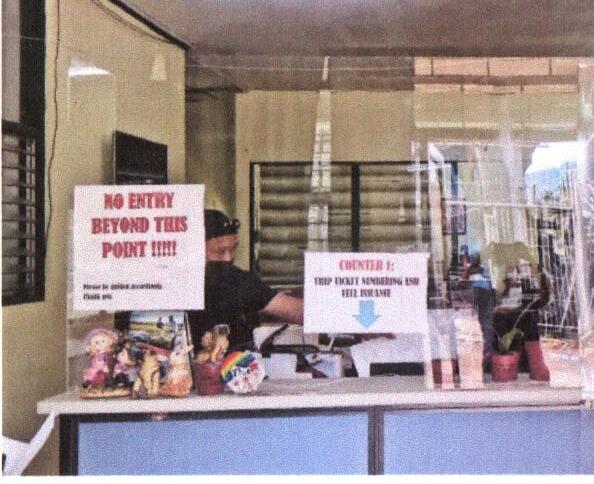
• The Center is fully equipped with hotline numbers to quickly contact any employee who may be required to attend to the needs of clients and visitors.
• It disseminated vital information in the form of infographics and gave declaration forms for contact tracing. It is outfitted with a wash area and furnished with a contactless scanner and alcohol dispenser, and it set up chairs at a distance of at least a meter to the next. A security guard was assigned to the area to maintain order.

dpmag.com
107
SOCIAL DISTANCING
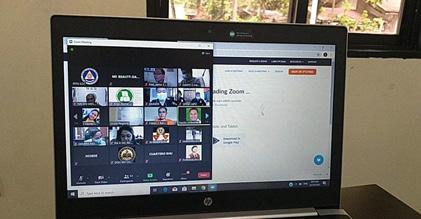

• Issued SO No. 116 dated July 13, 2020, detailing service continuity under the new normal. The provisions of the SO include one enumerating tasks and responsibilities of the GSS and the DAEA BOD, explicitly providing that these bodies shall (a) plan and schedule periodic clean-up activities, sanitation drives and routine disinfection of offices, vehicles, and equipment, which are routinely exposed to various users, and (b) Monitor compliance with protocols about hygiene and sanitation (comfort room, pantries, hallways, etc.).
• The office carried out sanitation, decontamination and disinfection of its work stations and other areas within the office premises;
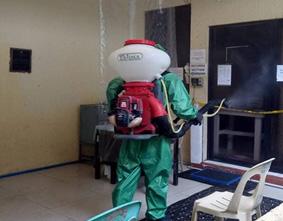
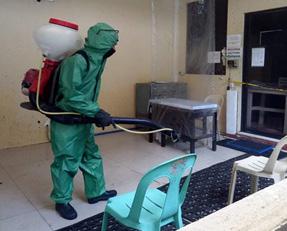
• RFO-VI also set up an external client registration area (provided with sanitizing alcohol dispensers) and a screening area outfitted with footbath mats, thermal scanners, alcohol dispensers.
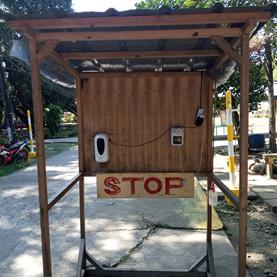
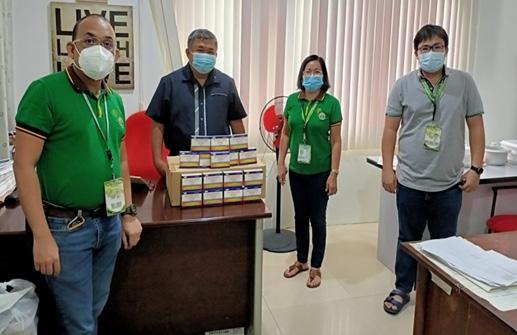
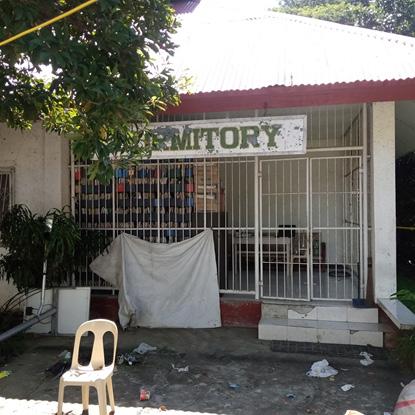
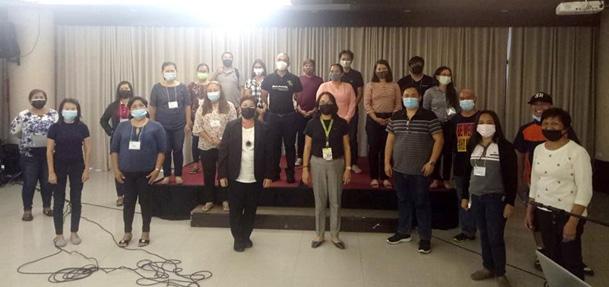
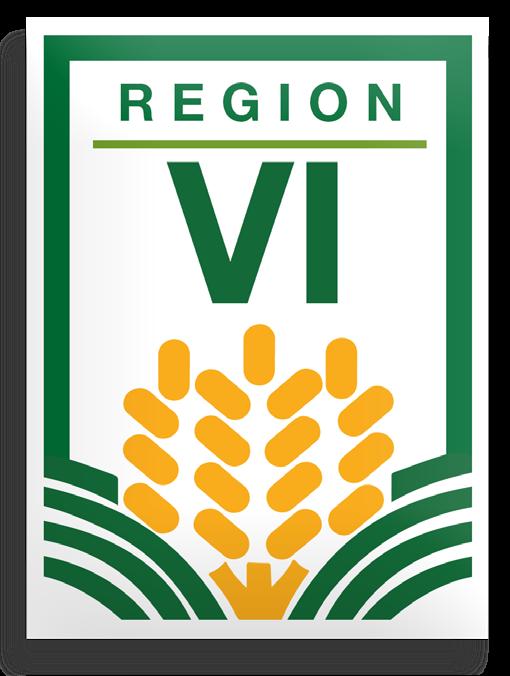

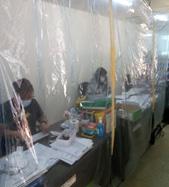
RFO VI
RFO VI - Has issued a Memorandum directing heads of divisions, etc. to report “possible infection, contamination, transmission” (of the Covid-19 virus) to the Health and Safety Officers. (no narrative re: handling)

108
RFO VII

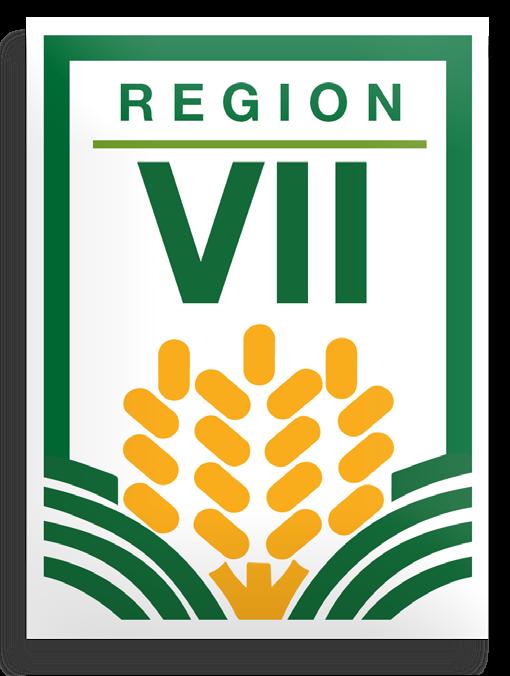
• Conducted disinfection of work premises at least once a week;

• Where there is a case of exposure to the Covid -19 virus (i.e., cases of infection or Covid-19 positive cases), the region suspended work for the disinfection of areas deemed to be possibly contaminated. The regional office undertook disinfection activities. Later, through its HSO, the region was able to arrange for the disinfection of the DA premises with DOH.
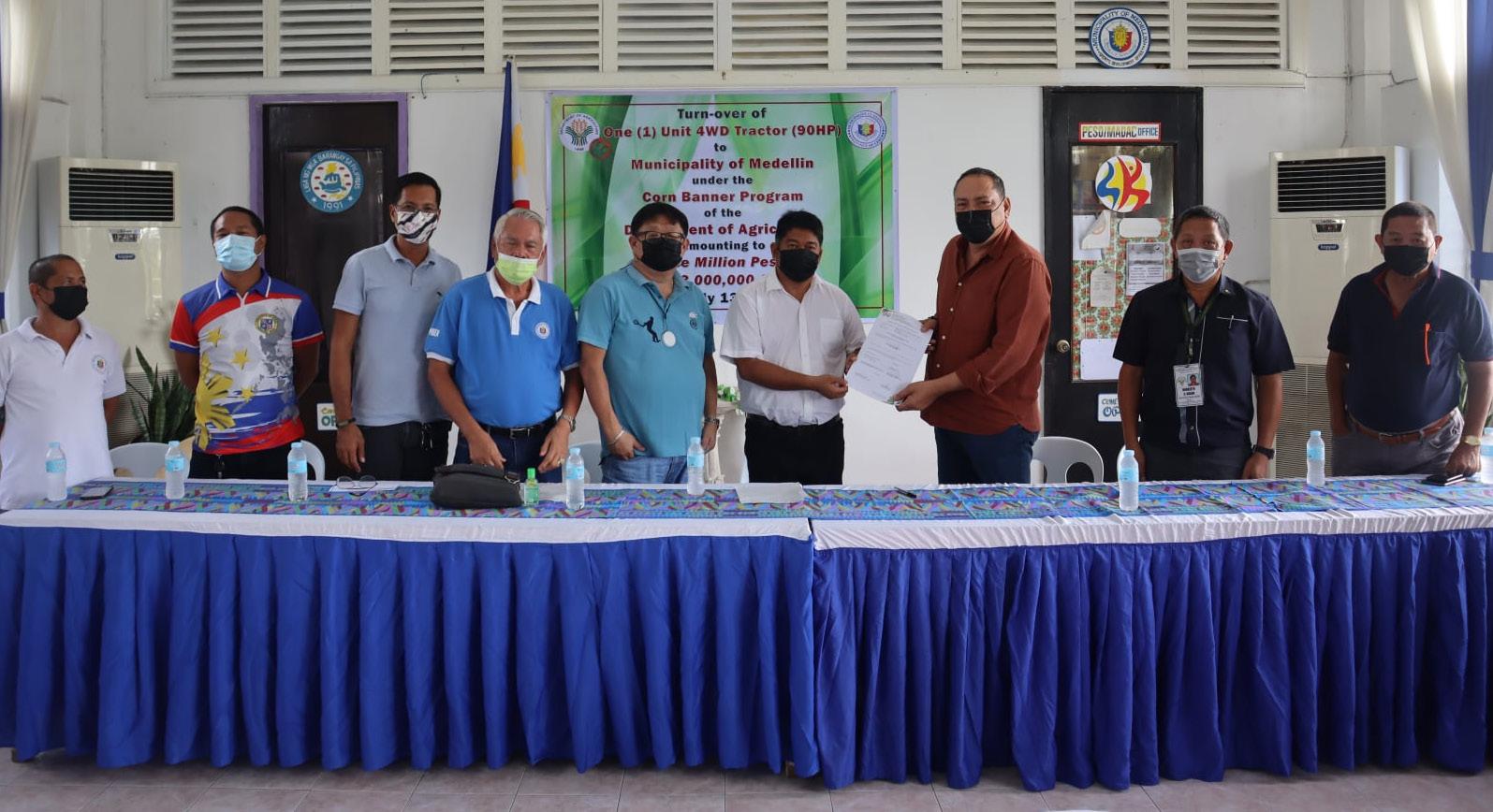
If there is a Covid-19 incident that caused the office premises to be deemed unsafe due to possible contamination, work is suspended. This is for purposes of mass disinfection (either by the DA or the DOH, through the coordination of the HSO); Relative to an actual Covid-19 case, RFO-VII immediately coordinated with the BHERT for contact tracing and the DOH re: swab testing of the identified close contacts. This personnel were enjoined to go on a 14-day quarantine;
The DOH provided accommodations relative to their quarantine.
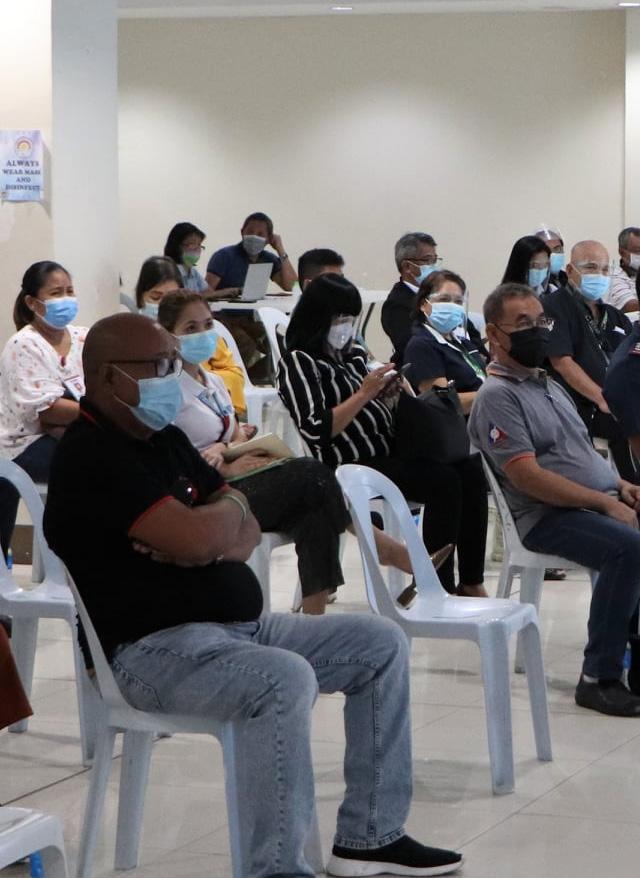
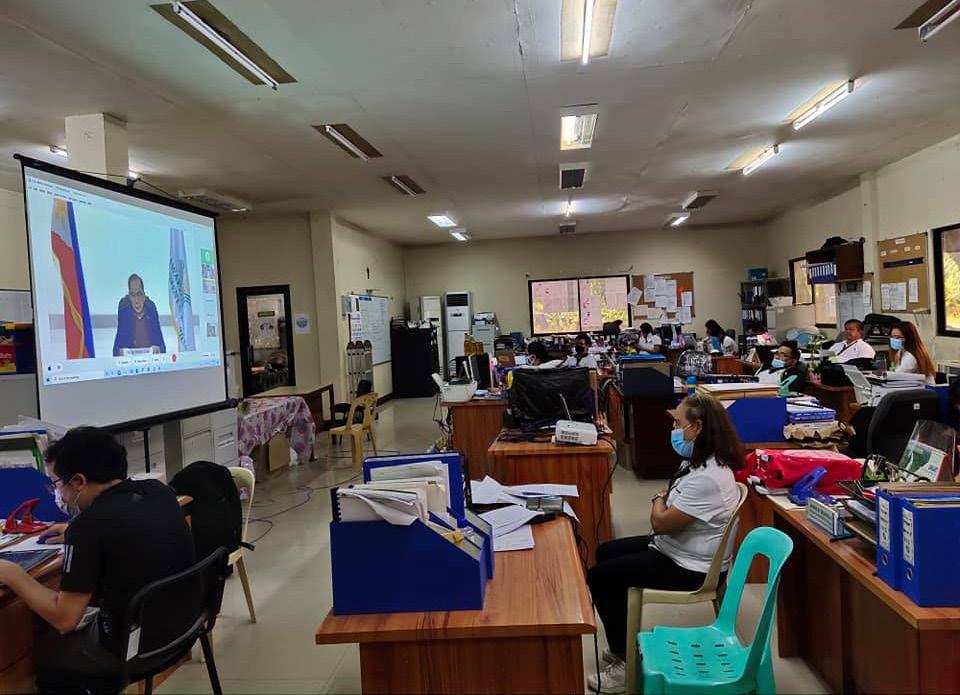
RFO VII: This regional office reported its strict implementation of the “No Mask No Entry” policy, explicitly stating that it implemented this protocol for all and with exemption to no one.
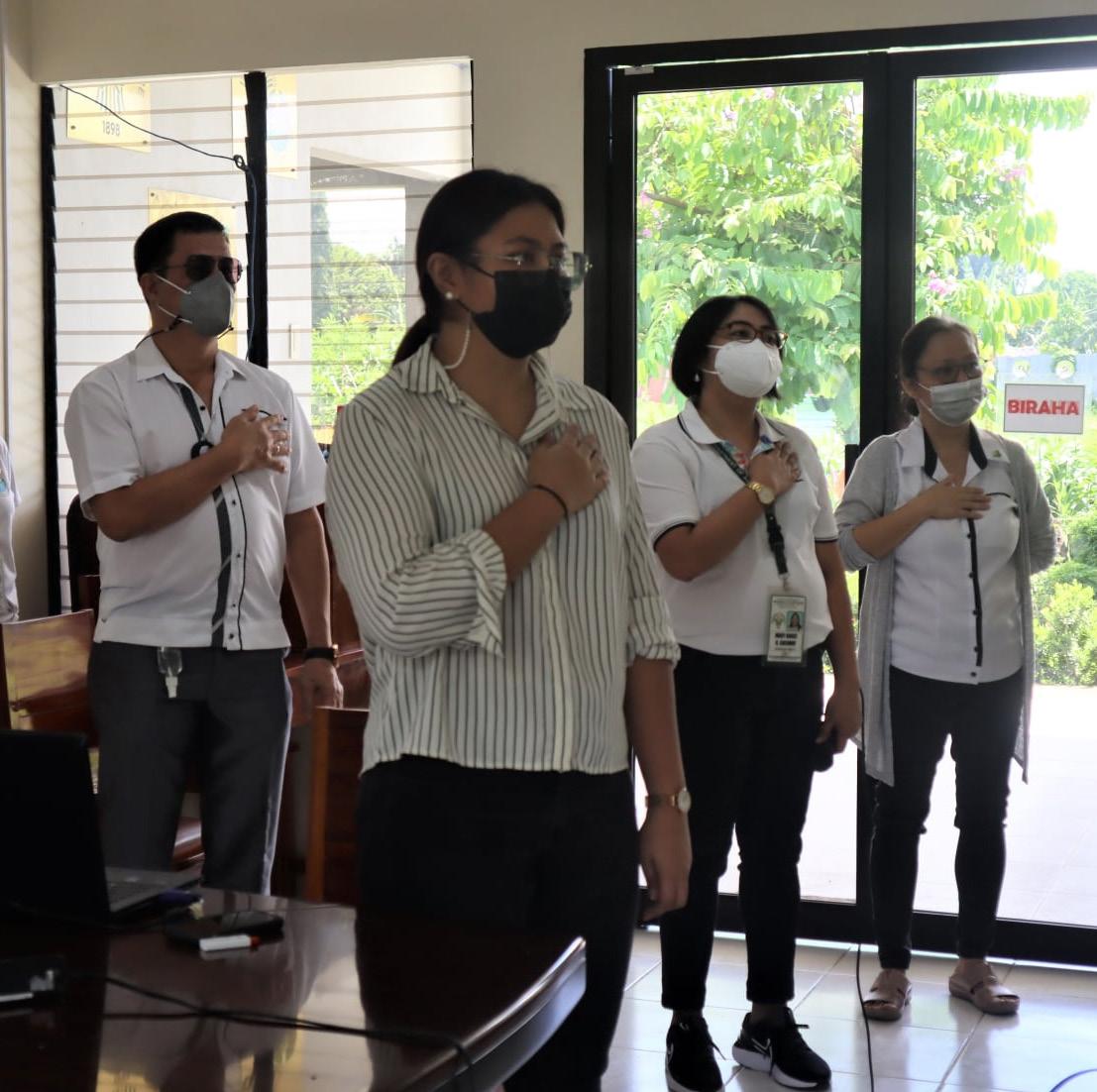
The RFO has also been implementing the protocols for the filling out of Health Declaration Forms (for visitors), temperature checks, and the use of alcohol and sanitizers before entry. There is no question that these are important, and most other offices reported their observance of these measures.
However, only RFO VII declared that whether visitors or employees are strolling on the way to the office or riding their vehicle, they would be requested to stop for a temperature check and to sanitize using the alcohol and sanitizers provided for the purpose. Related to that, the office put up a designated washing area near a receiving area to cater to the office’s sanitation needs and its stakeholders.
109
elaljanelasola.com
RFO VIII

SOCIAL DISTANCING


• Maximized use of technology and digital tools (including virtual communication platforms) to limit face-to-face interaction – In the hiring process, the HRMPSB adopted “digital recruitment” that features:
• Submission through electronic mail or any other electronic means of job applications and pertinent documentary requirements;
• Online examination of applicants;
• HRMPSB conducted an online interview of qualified applicants.
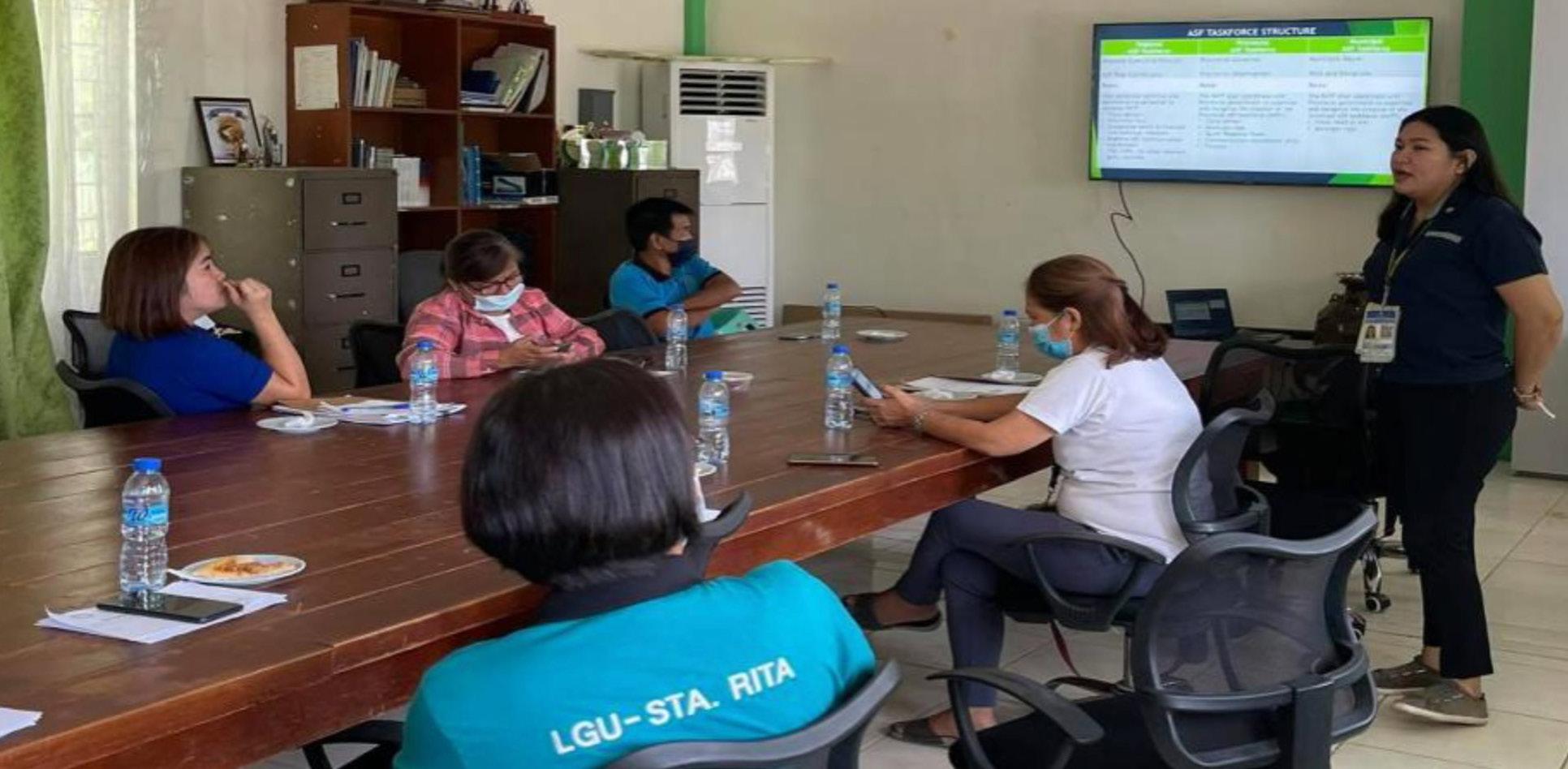
The regional office created a Health and Safety Committee to serve as a body in providing recommendations to management on the appropriate actions that it may undertake to address issues and concerns relative to Covid-19.
It is also tasked with the monitoring of the health status of Covid-19 patients among the RFO’s personnel; Also, it designated all supervisors/operating unit heads as Health and Safety Coordinators. They are responsible for the submission of the incident and contact tracing reports (ICTR) to the Health and Safety Committee;
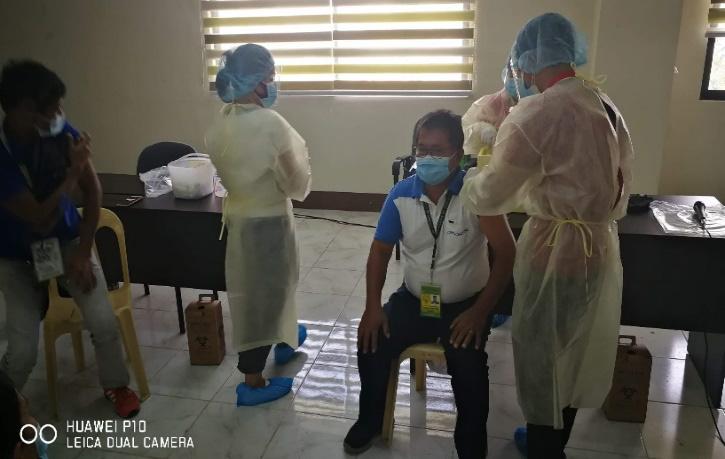
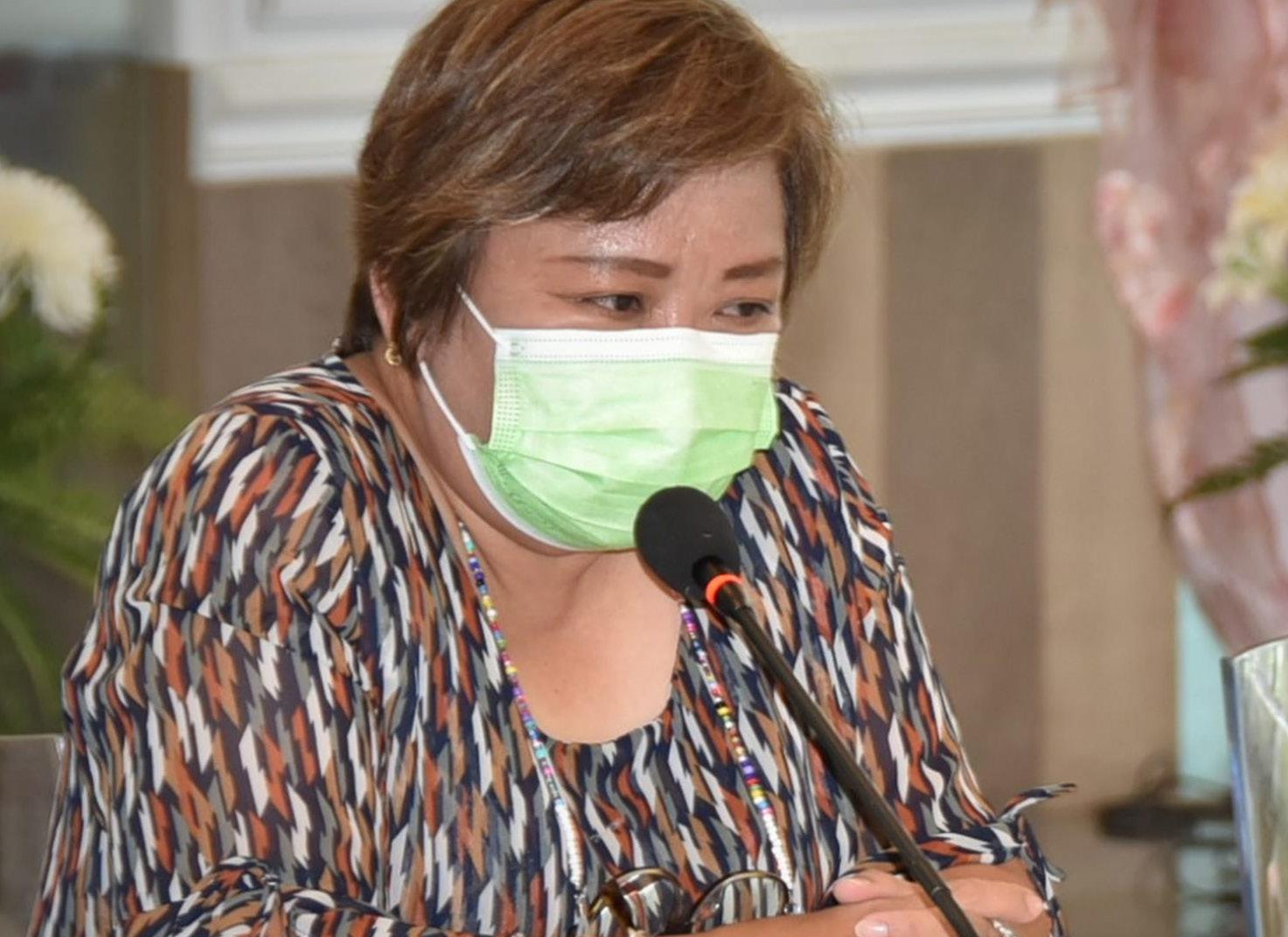
As to Covid-19 cases that occurred at the RFO, it implemented the process as aforesaid. (The SC Report specifically noted that the affected personnel immediately coordinate with the BHERT for isolation and medication.) The HSC monitored the cases until they were declared Covid-19 free.

110
RFO-VIII: Insofar as the region adopted the Surveillance, Contact Tracing, Analysis and Networking (SCAN) System per the directive of the local government, personnel and clients of the regional office were required to present their QR code before entering the office premises.
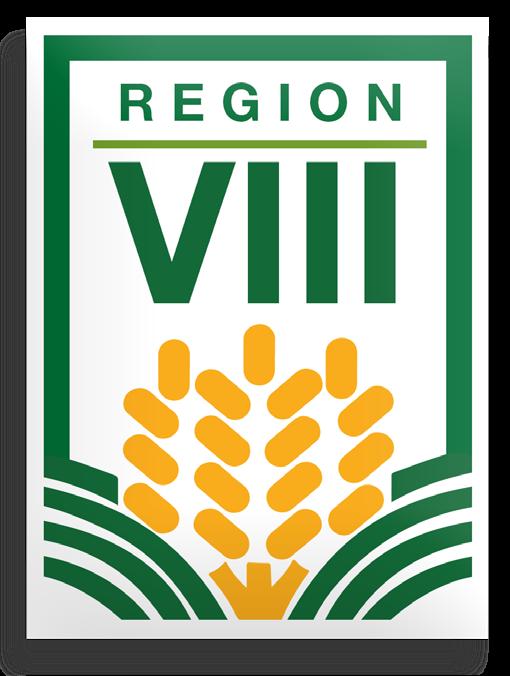
Nevertheless, said clients and personnel were still required to have their temperature scanned, to hand sanitize, and use footbath mats to disinfect their footwear before proceeding to their respective offices. In addition, hand washing is a standard operating procedure for an employee to get into another building within the DARFO-VIII premises.
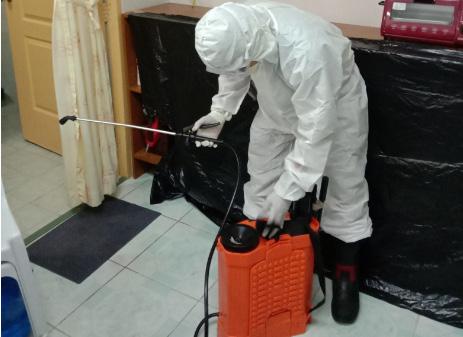
by the assigned
The regional office has requested the Bureau of Fire Protection to conduct disinfection of the office facility and equipment in RFOVIII premises and, at the same time, to brief employees on the proper conduct of workplace
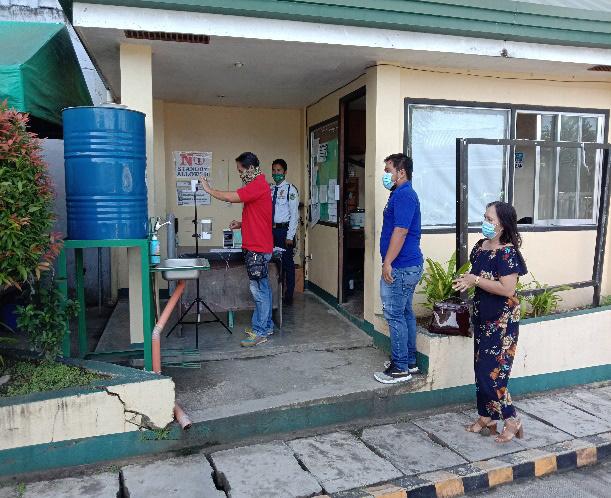
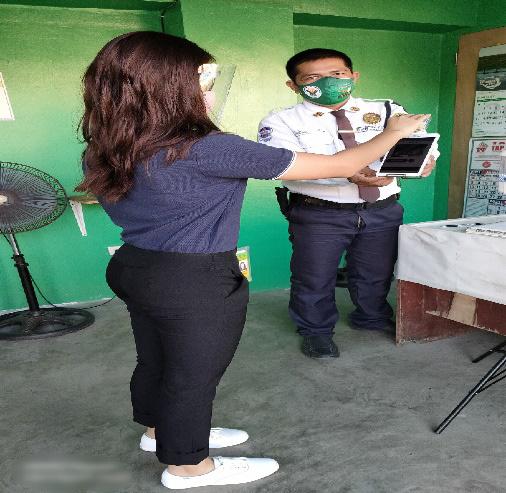
111
Placed footbath mats at entrance points; Disinfection of office facility and equipment -being done daily between 5:00 pm- 6:00 pm & anytime on non-working days
RFO IX SOCIAL DISTANCING
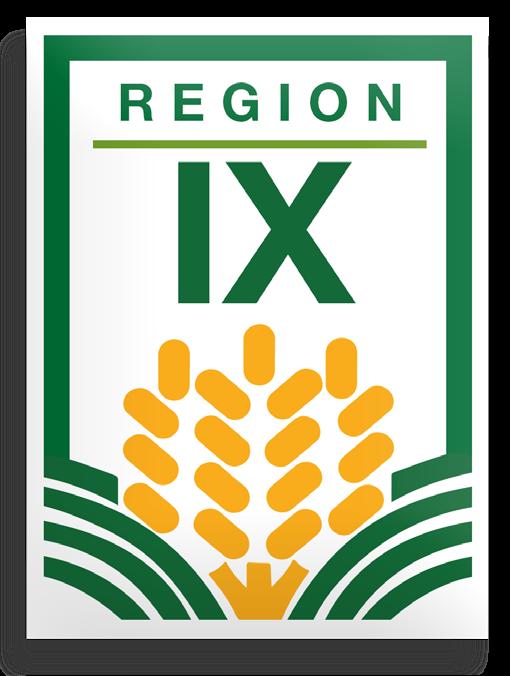
• Regular disinfection of office buildings undertaken.
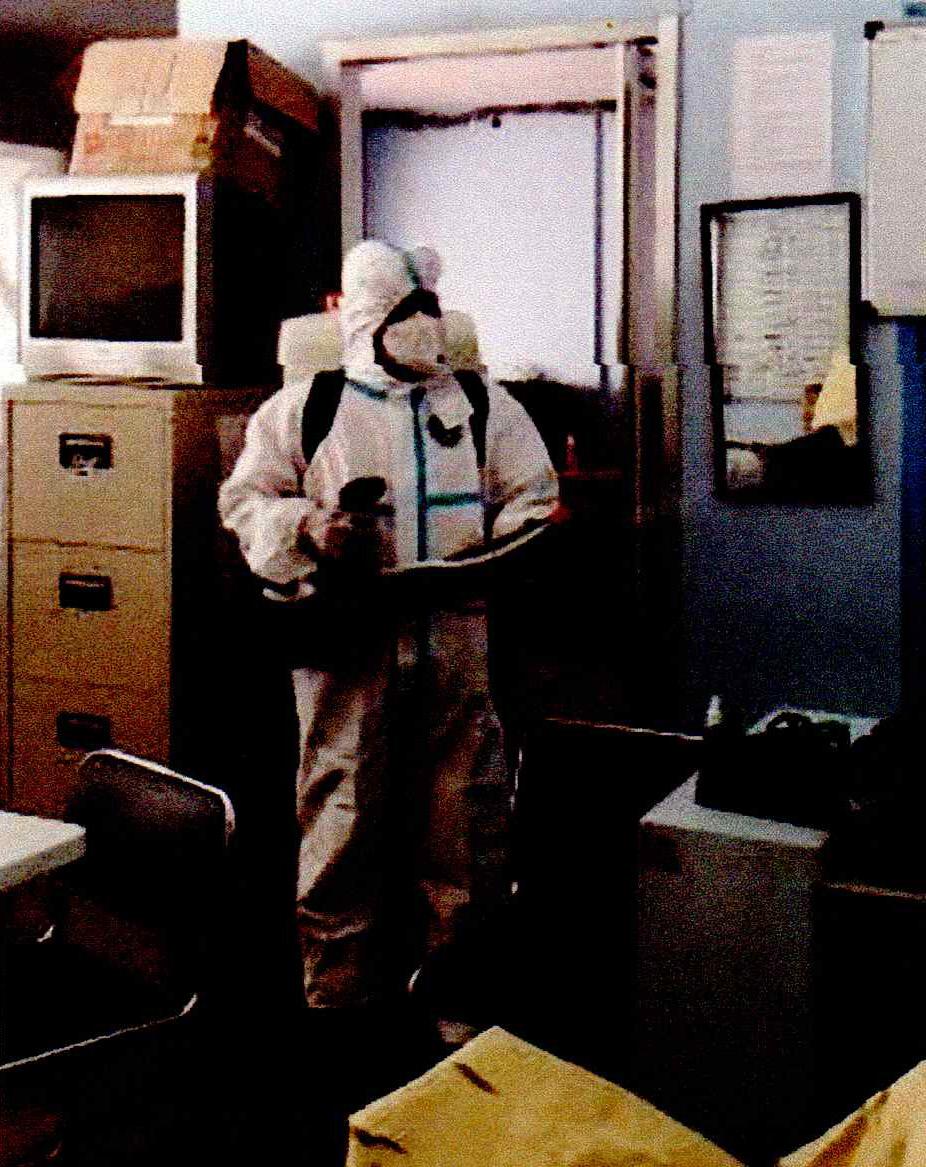
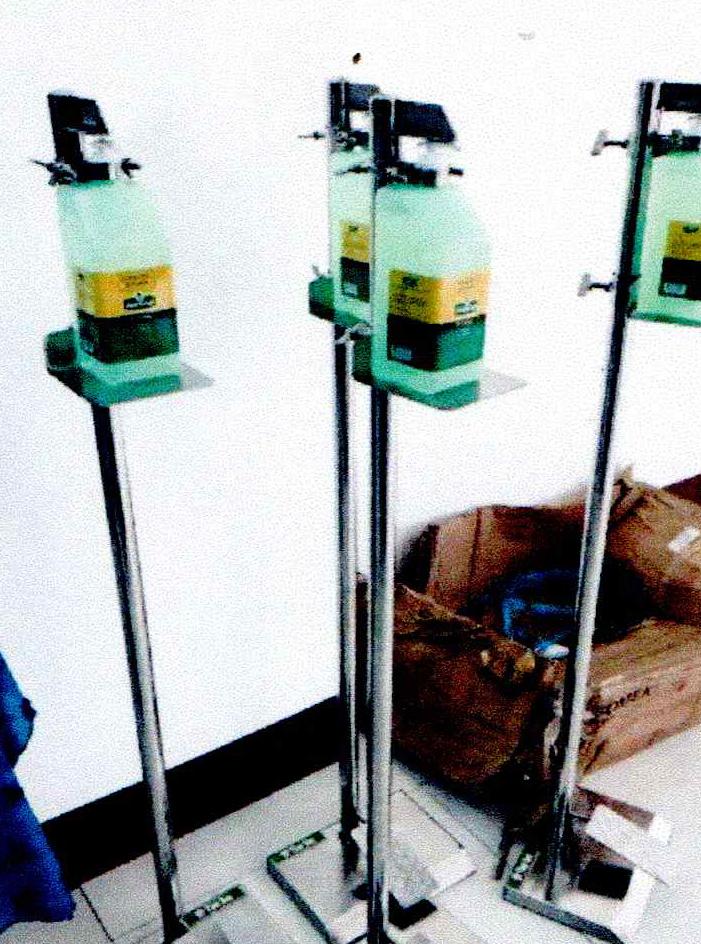
• Installed table shields on the office tables of key officials and receiving staff;
• Installed plastic barriers at appropriate places in office units;


• Maximized use of technology and digital tools (including virtual communication platforms) to limit face-to-face interaction.
Through a Memorandum issued in August 2020 Re: Health Status Monitoring of Personnel, the RED reminded the personnel that they are not encouraged to go to work if they manifest with Covid-19 symptoms.
Should a manifestation of such symptoms exist, they have to seek proper medical attention and inform their respective supervisors. In turn, the potentially infected personnel will undergo mandatory RTPCR testing.
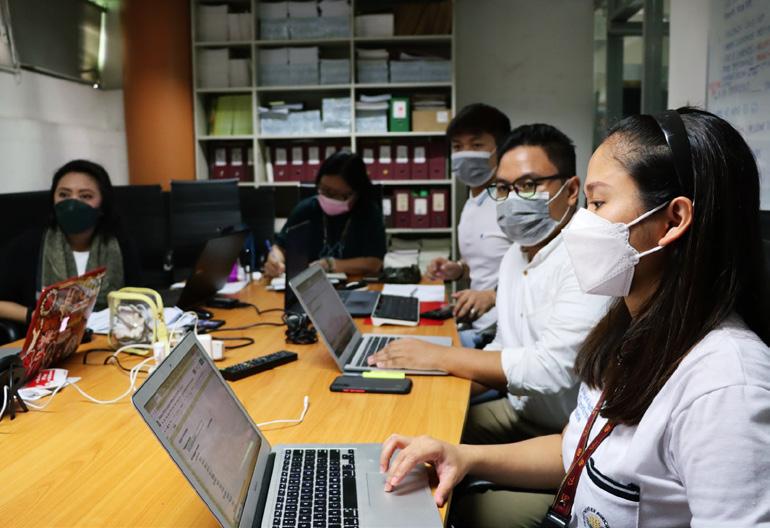
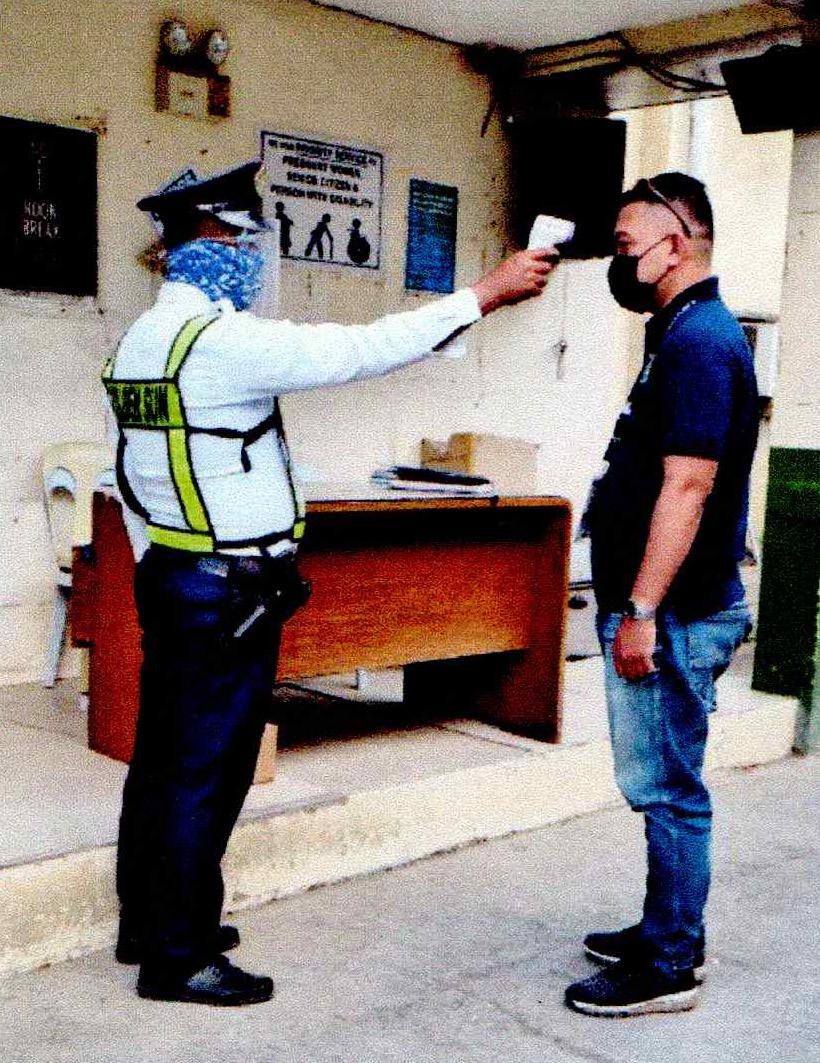
As to actual Covid-19 cases among employees, management and key personnel continued to reach out to them and provide psychological or emotional support. The RFO submitted Incident and Contact Tracing Reports to the DA-CO. Said contact tracing reports were also submitted to the LGU.
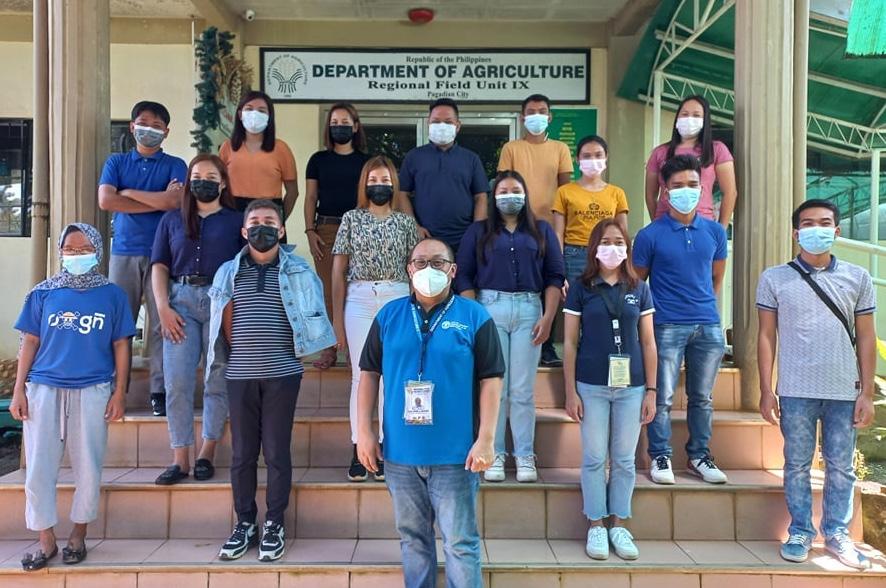

112
RFO X
• 25% WorkForce (as of ECQ)


• Granular Lockdown
• Hand Washing Station per Office
• Scheduled Disinfection
• WFH-For those employee/s who manifested Covid like symptoms
• Provided Vitamins, Face Shield and Face Masks to DA 10 Personnel.
• Online monitoring of personnel online by respective HSO per division (monitoring included basic needs requested by those isolated and quarantined)
• Provision of Transportation Service for Employees with strict implementation of Health Protocols
• STRICT COMPLIANCE to the provisions on OSEC issuances about Covid 19.
• DAEA 10 INC Covid AID
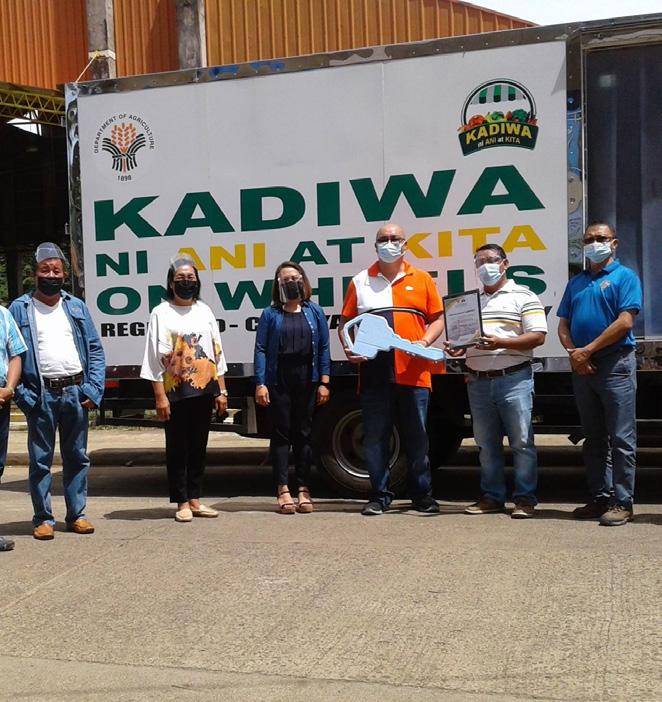
RFO XI
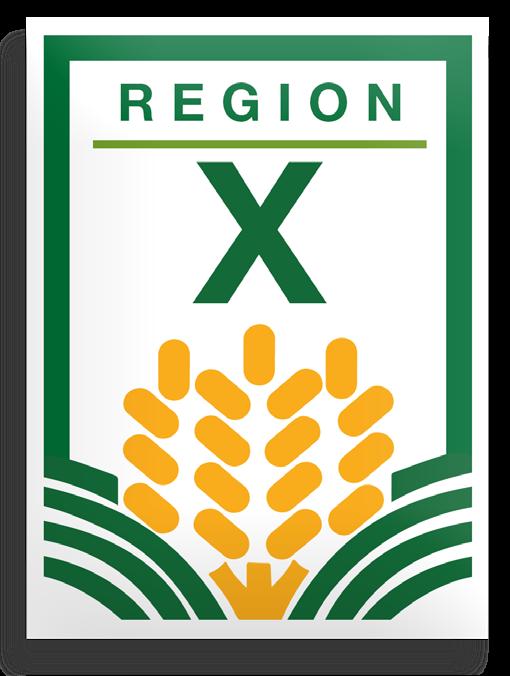
Health and Safety Protocols
• Hand washing areas, provision of alcohol/sanitizer per office; checking of temperature
• Physical distancing in the offices; wearing of face masks/face shields
• Provision of transportation service for personnel
• Safe Davao QR code per office
• No reporting for personnel with flu -like symptoms; advise to report to BHCs for assessment
• Mandatory swabbing per office with confirmed case
• Disinfection by the CHO
When the office had its first Covid-19 case (the only case that occurred within the period covered by the SC Report), the regional office immediately coordinated with the CHO for proper contact tracing;
All the close contacts, identified in coordination with the CHO, were quarantined and monitored by their respective Barangay Health Centers. The BHC did an assessment and reporting on their status;
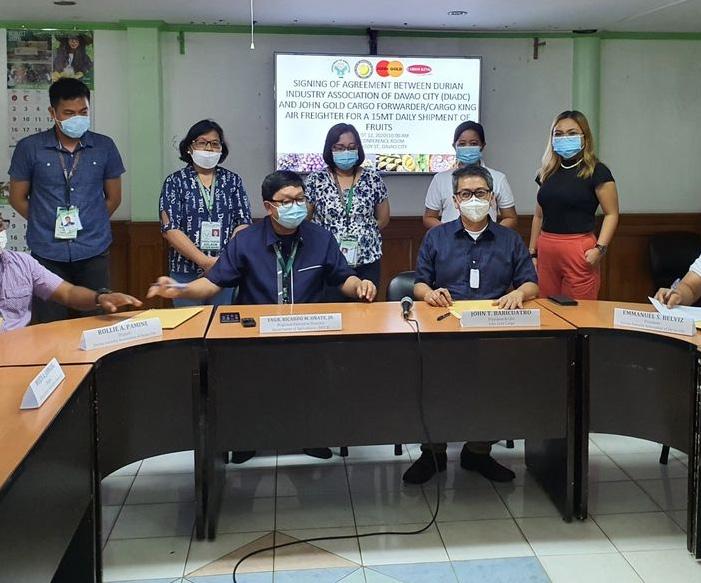
RFO-XI suspended work for purposes of conducting disinfection activities at the office premises.
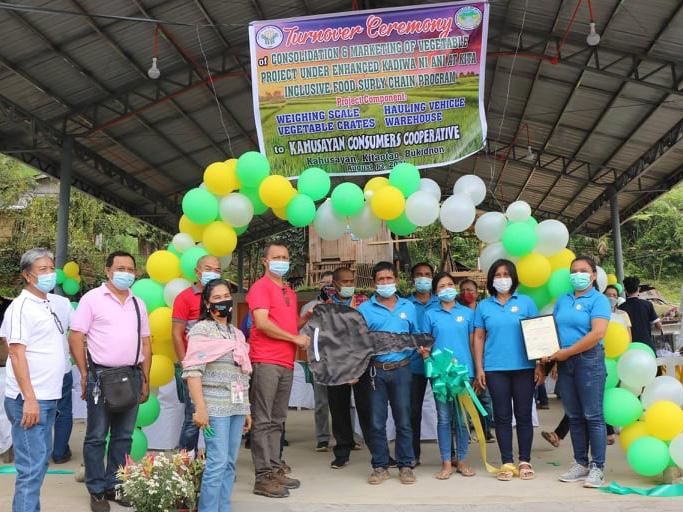
113
SOCIAL DISTANCING
• Suspension of flag-raising and flag-lowering ceremonies;
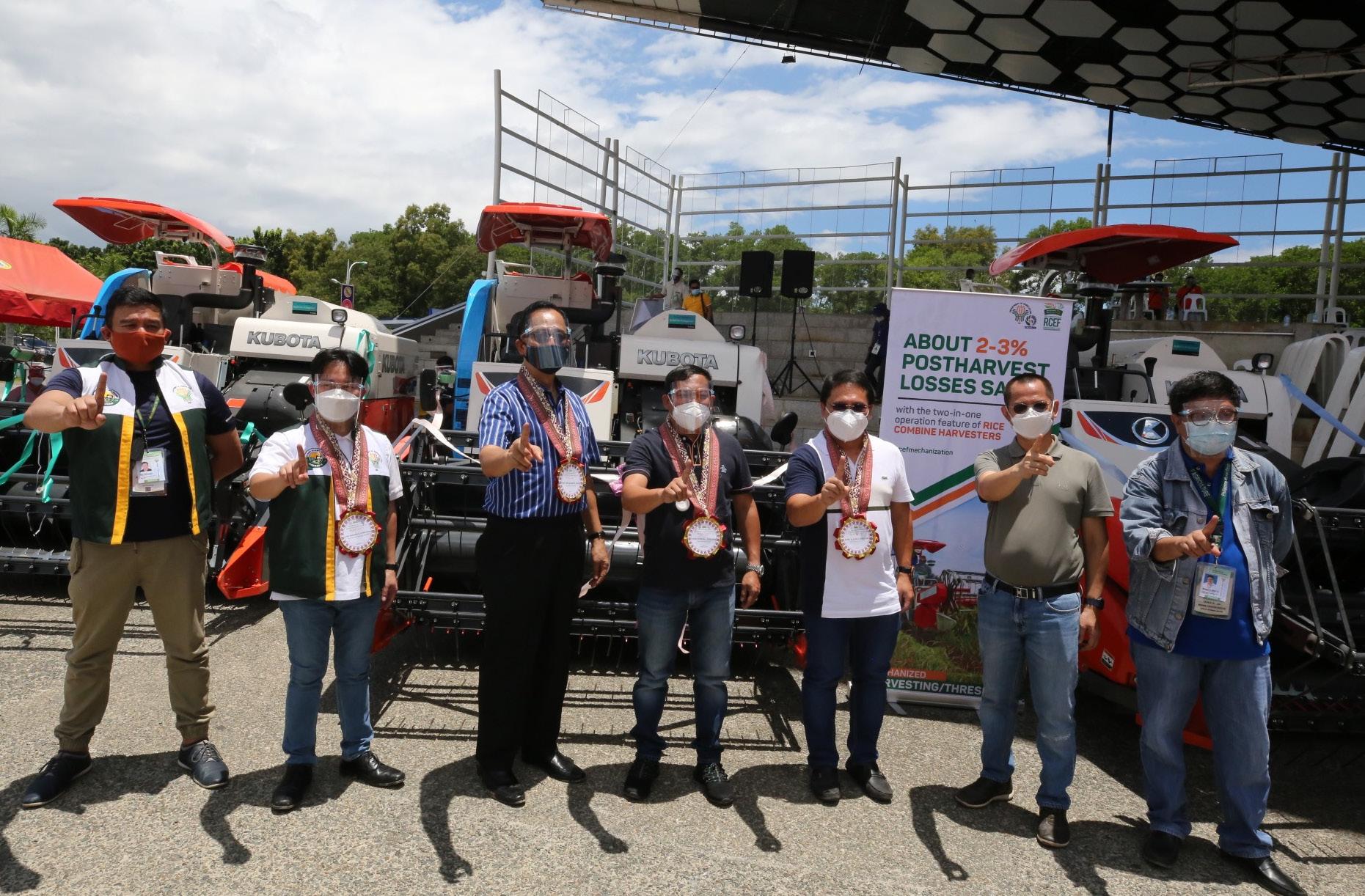
• Limitation on personal visitors at the office;


• AMAD – implemented online processing of applications for and issuance of Food Pass and IATF IDs (for farmers, traders, agri-business companies);

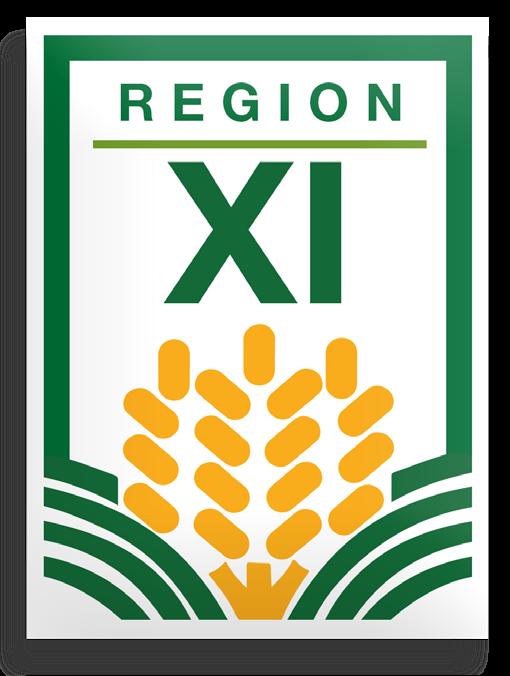
• Relative to the recruitment process – Did careful scheduling to ensure against crowding of job applicants in the RFO office for purposes of examinations or job interviews (applicants are not allowed entry into the premises outside of their set schedules);
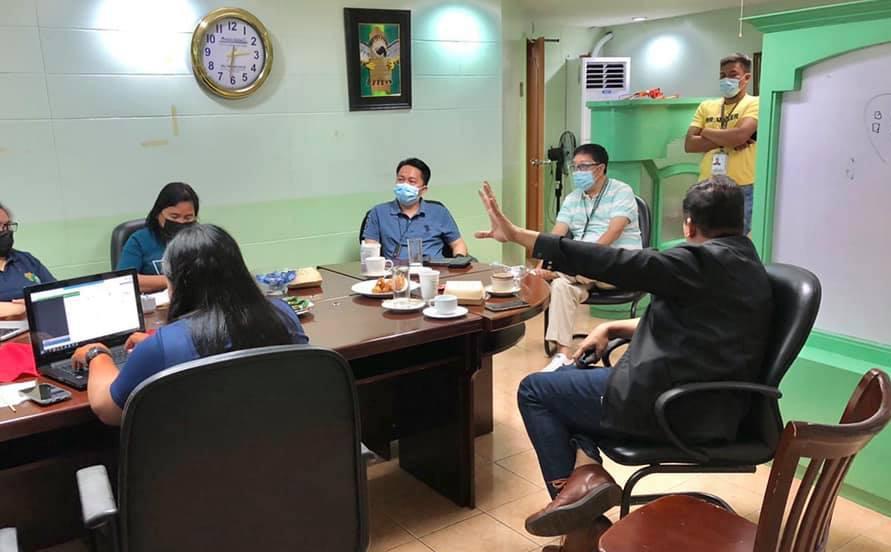
• Maximized use of technology and digital tools (including virtual communication platforms) to limit face-to-face interaction.
Disinfection was done weekly on the office premises. (In the early months of the pandemic, CHO personnel carried out disinfection every week. The CHO team also trained RFO-XI utility personnel on the proper ways of disinfecting premises). Note that the region has been doing disinfection tasks even before the pandemic came.
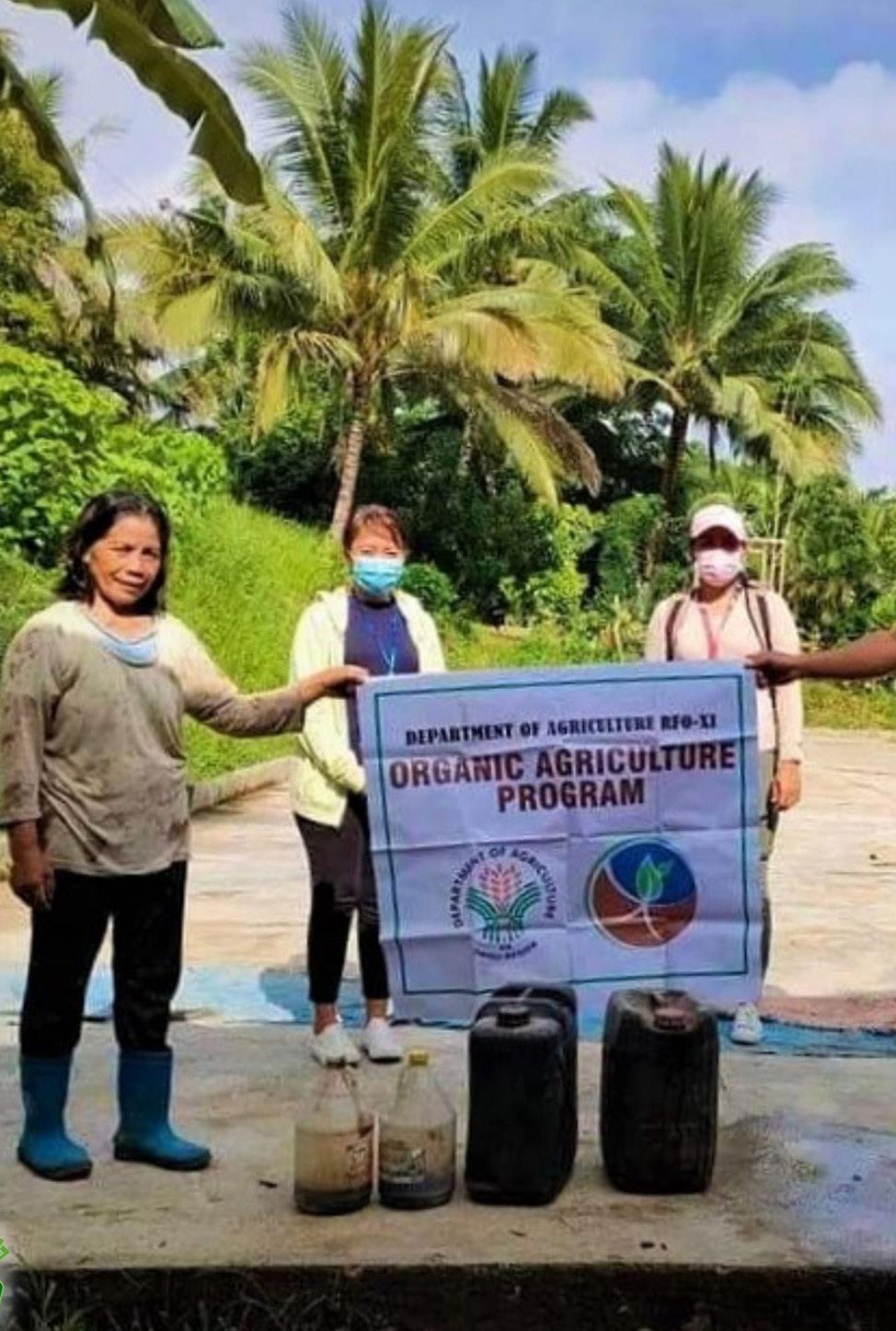
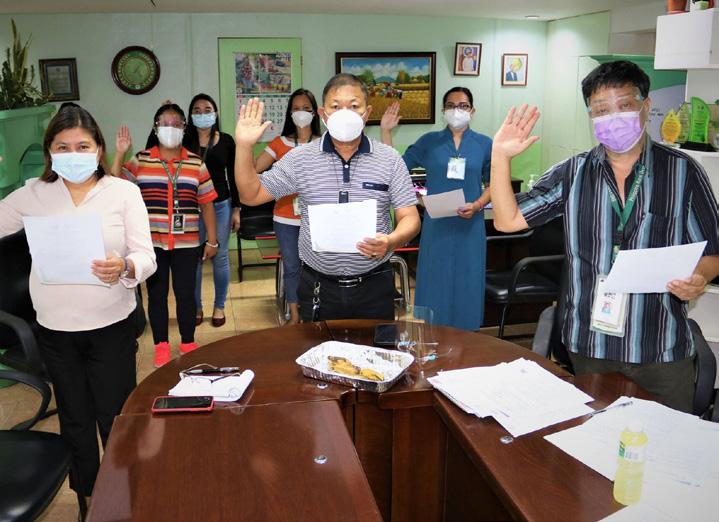
114
da.gov.ph
RFO XII

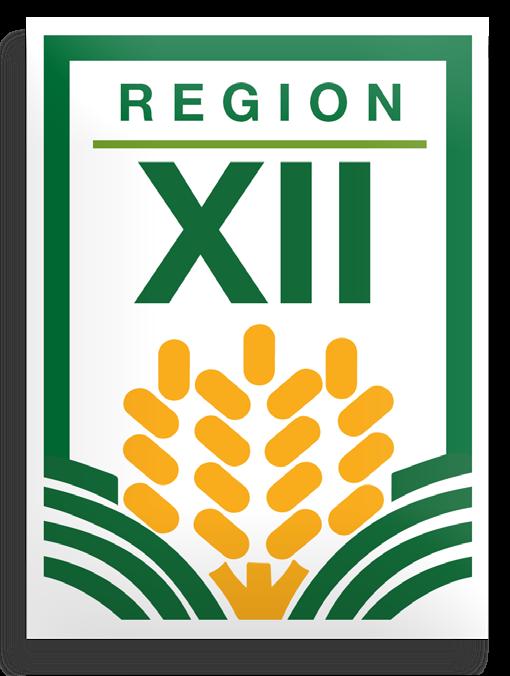
No time out/in at lunchtime; employees allowed to be on a flexi-time schedule (7 am to 4 pm; 8 am to 5 pm);
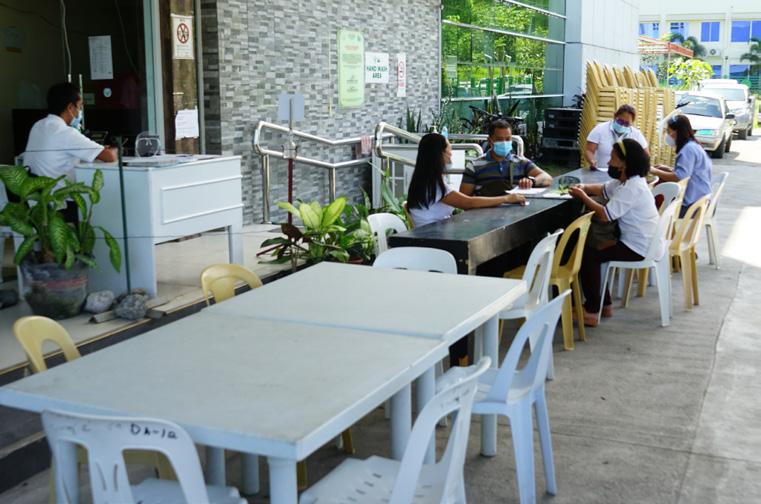
Vendors provided with stalls outside the office (not allowed into the buildings);
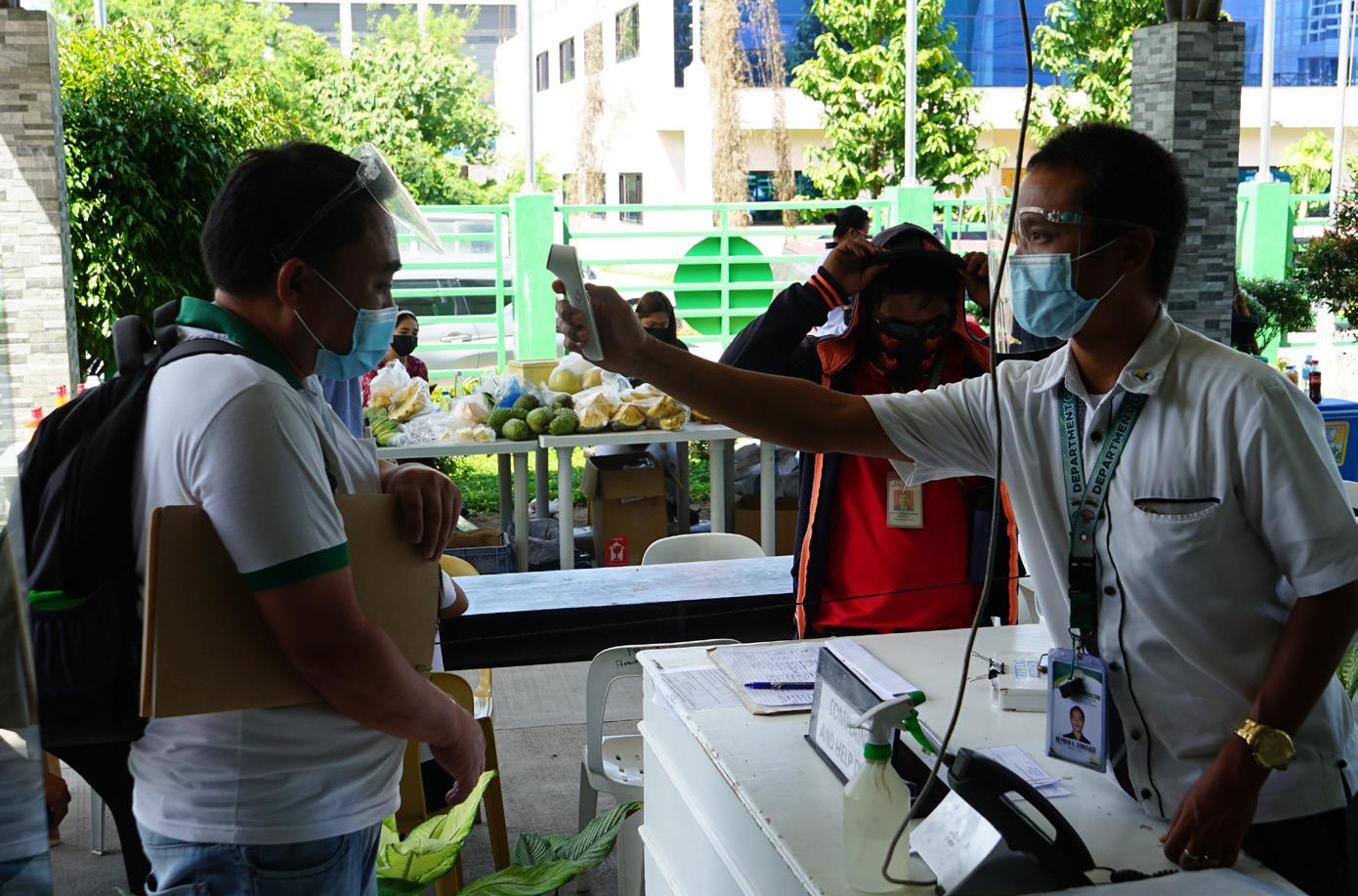
Visitors – until lobby only (violators to be accordingly dealt with). The lobby is outfitted with handwash and sanitizing areas.
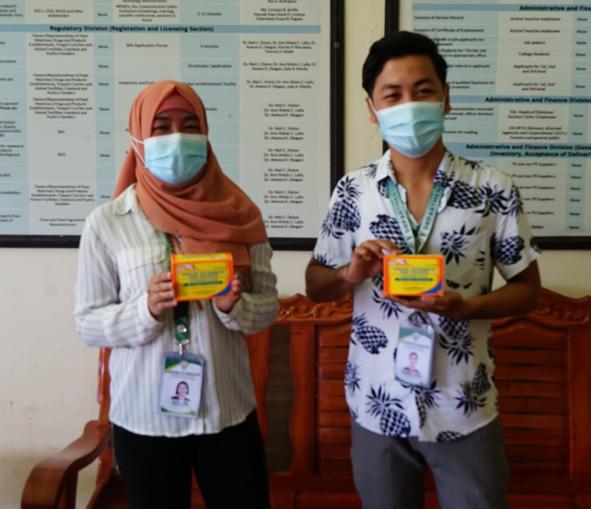
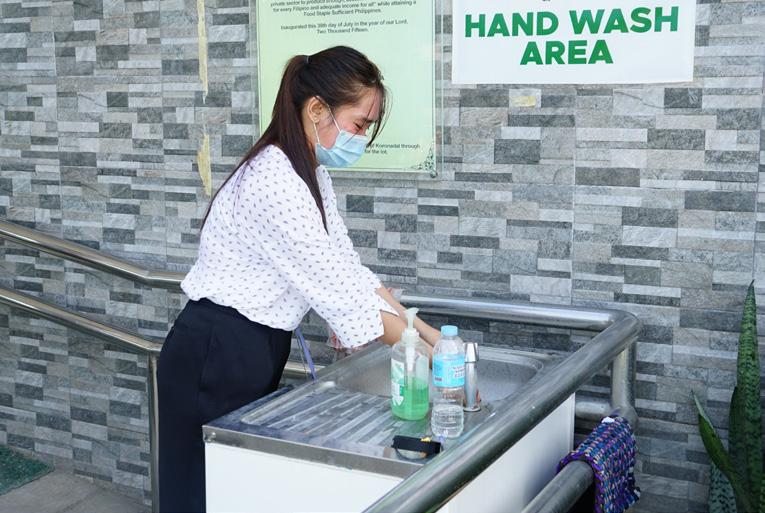
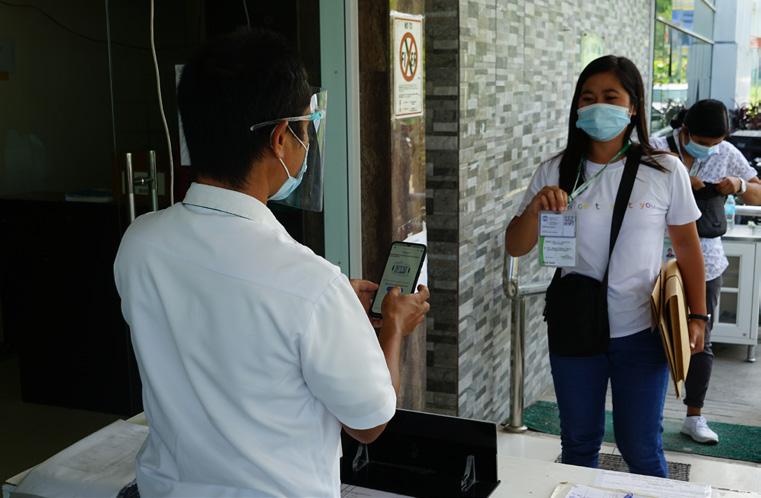
For natural ventilation of office premises – Rule imposed for the opening of windows and doors at the office (with a corresponding rule allowing the use of air-conditioning units only after 9 am and another for the turning off of AC units from 1 to 2 pm. daily)
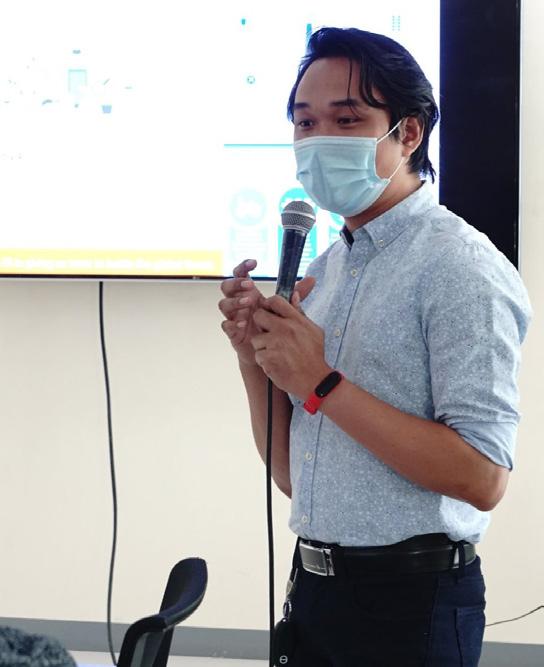
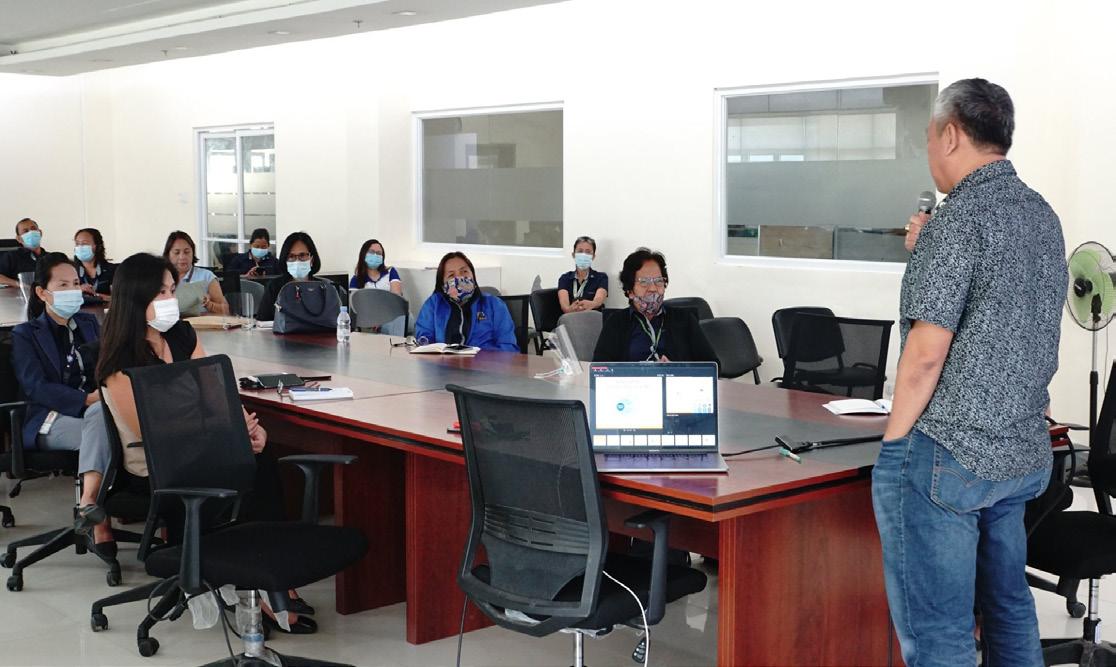
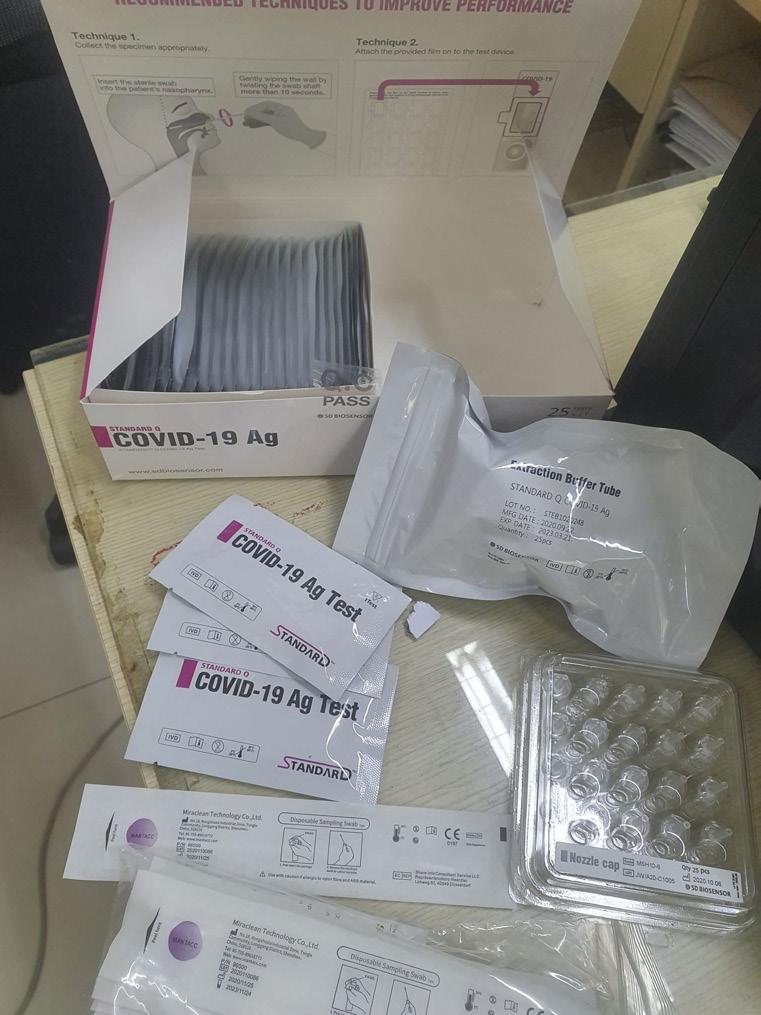
115
Weekly disinfection of the office premises conducted (pref. Fridays)
Wearing of Mask (stated as an overall rule) check
The pandemic has pushed industries into exploring the digital platform with the enhanced community quarantine extension since faceto-face interaction is not advisable. Personnel conducted meetings, webinars, seminars via online media. The office with limited office space implemented the shifting to work-fromhome status with its employees. All offices have dividers shielding personnel from the deadly virus and maintaining physical distancing. Temperature checks for all persons that will enter ATI’s premises were also monitored. The management converted ATI’s dormitory as temporary isolation or quarantine facility.
BAR

Employees and external clients are screened before entry as a matter of standard operating procedures - Temperature scanning, use of QR safety codes, and performed the following:
• Workplace premises were regularly disinfected;
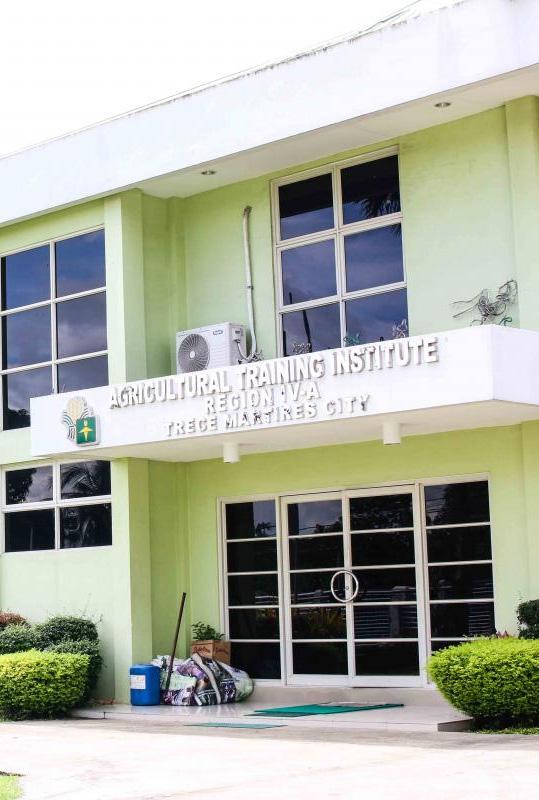
• Footwear and vehicle disinfection were strictly and regularly performed;
• Supplies and materials for disinfection such as alcohol and/or bleach provided.
ATI
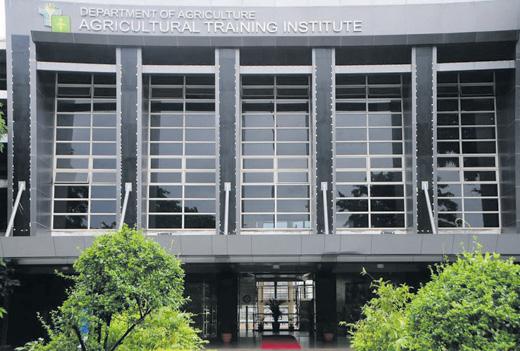
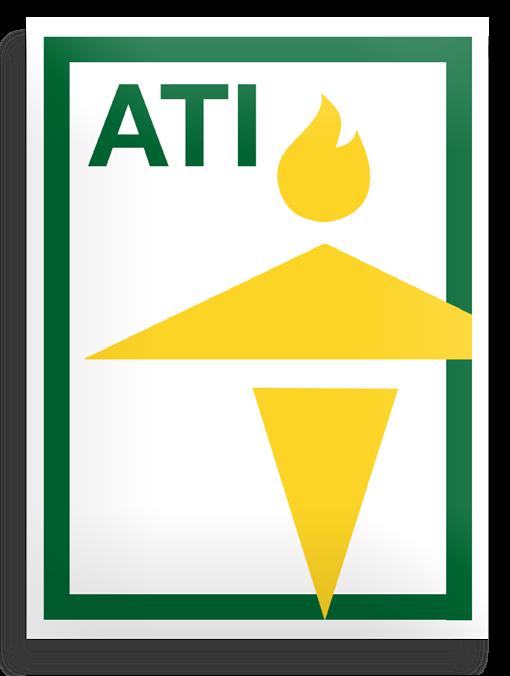
SOCIAL DISTANCING
• Alternate means, like rotational scheme of work shifts used in several official transactions to reduce contacts and avoid infection and transmission;
• Plastic barriers were installed at appropriate places;



• Maximized use of technology and digital tools (including virtual communication platforms) to limit face-toface interaction.
Preventive and remedial measures are provided to suspect and infected employees in accordance with established standards and practices.
116
BAFE
Engineering Controls
• Installation of temperature check, foot bath, digital contact tracing form, and alcohol dispenser at the entrances
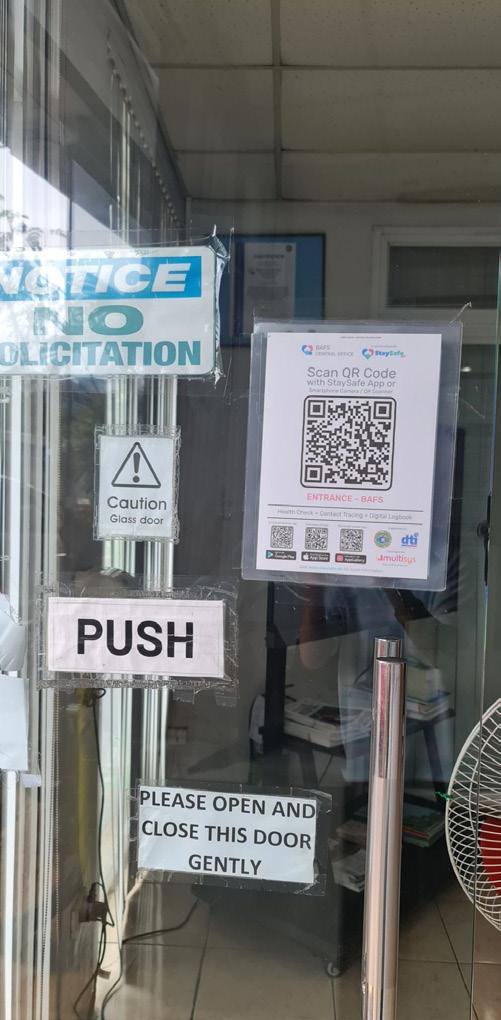
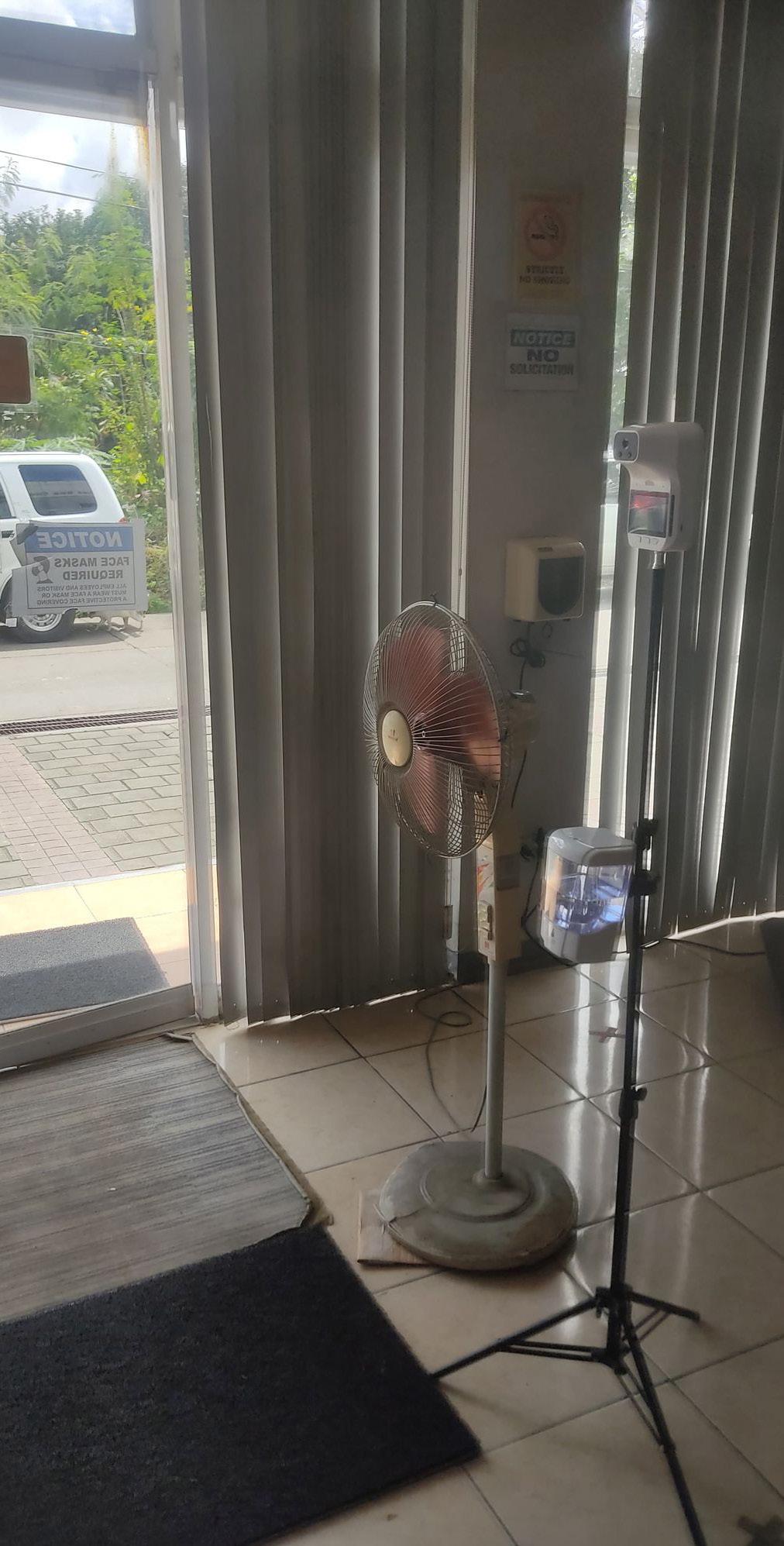
• Usage of UV lights and lamps disinfecting documents
• Use of DA-Covid-19 Tracing App
• Utilization of online booking websites (ezConsult, QCVax, etc.) for vaccination
Administrative Controls


• Creation of BAFE OSH Committee and deputizing of HSO and HSCs
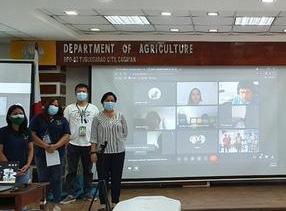

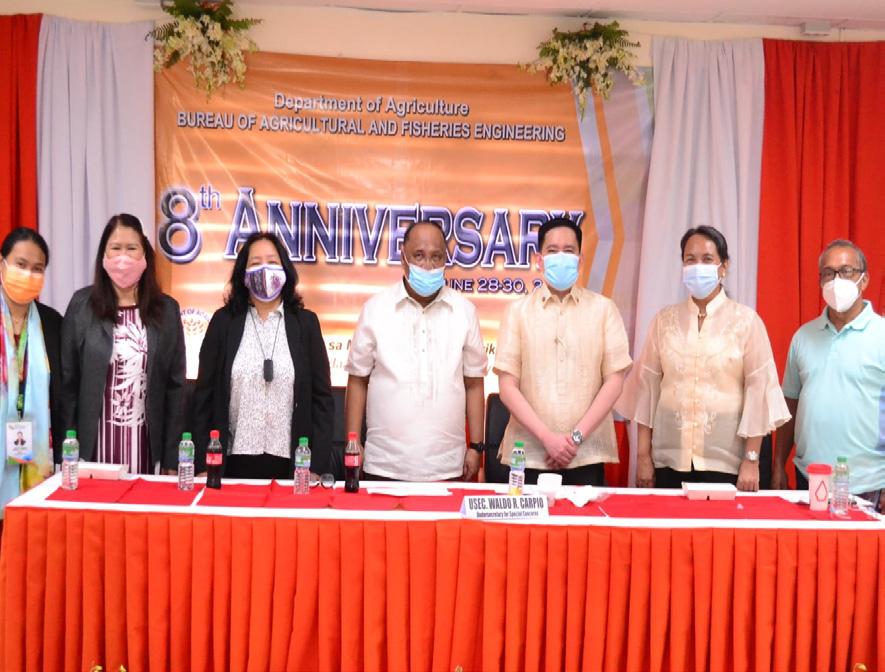
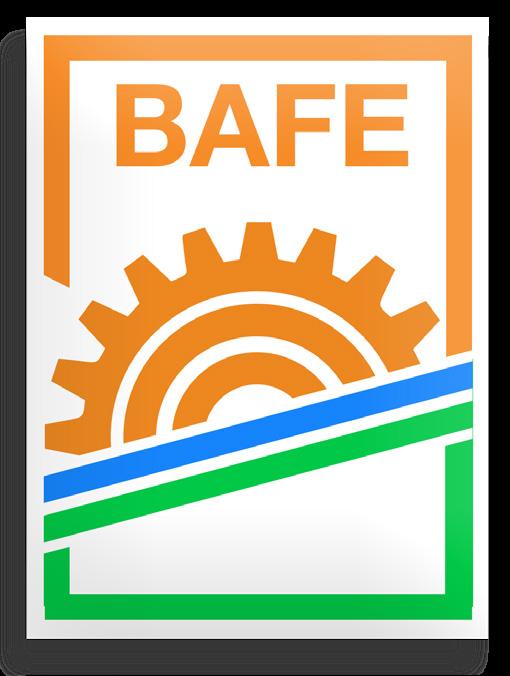
• Covid-19 Response Guidelines and BAFE OSH Program
• BOSH and COSH Training
• Necessary and Timely Advisory and Instructions through Memoranda
• Reduction of skeleton workforce whenever necessary
• Mandatory RT-PCR testing for employees experiencing any form of symptoms
Some divisions have rearranged their working spaces to ensure that social distancing is being followed within the offices.
117
BA
FS
• The office installed footbath mats at the entrance of the Bureau’s building.
BAI
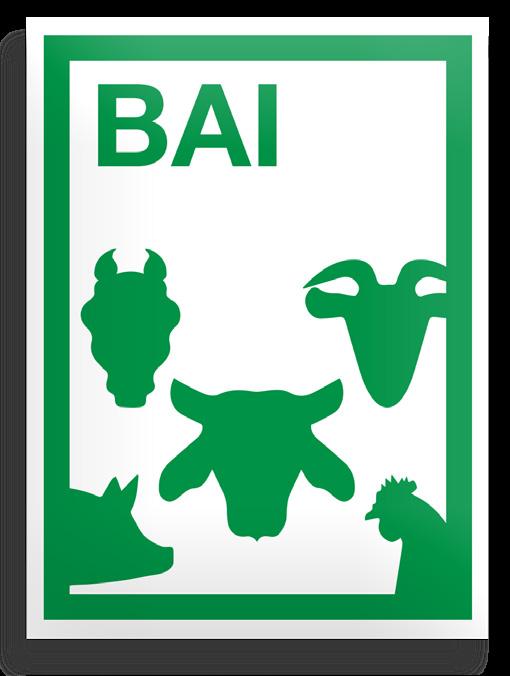
• Installation of Thermal Scanner with Alcohol Dispenser at BAI Gate and all BAI Buildings
• Continuous supply of PPEs and Vitamins to employees ( face shield/mask, Hard hat, Vitamin C with Zinc, emergency kit)
• Continuous supply of disinfecting solution
• Repair and Maintenance, including Calibration of the thermal scanner, fogging machine.
• Provision of Tent Dorm for BAI Male employee
• Daily disinfection of frequently handheld devices
• Provision of Transportation for BAI employees.
• Provision of food to all employees during ECQ.
• Invited QC-ESU for a webinar regarding Contact Tracing in the Workplace
• Conduct internal webinar on Contact Tracing


• Conduct training to different farms regarding Covid-19 and Related Regulations.
• Continuous distribution of Vitamin C with Zinc and PPEs
• Requested additional funding for the supply of Vitamins and PPEs
Official travels are allowed only in exceptional circumstances. However, with those doing field works they have to coordinate with LGUs properly, especially on the minimum health protocols required (e.g., need for Antigen Test or RT-PCR).
All quarantined/isolated personnel are required to stay inside their designated isolation facility.
All Division Heads and Health and Safety Officers shall monitor their staff. Those who have symptoms shall not be allowed to report for work unless they can show medical clearance or a certificate that they are fit to work. Those under home quarantine are still required to observe health protocols, while performing their task as personnel of BAI.
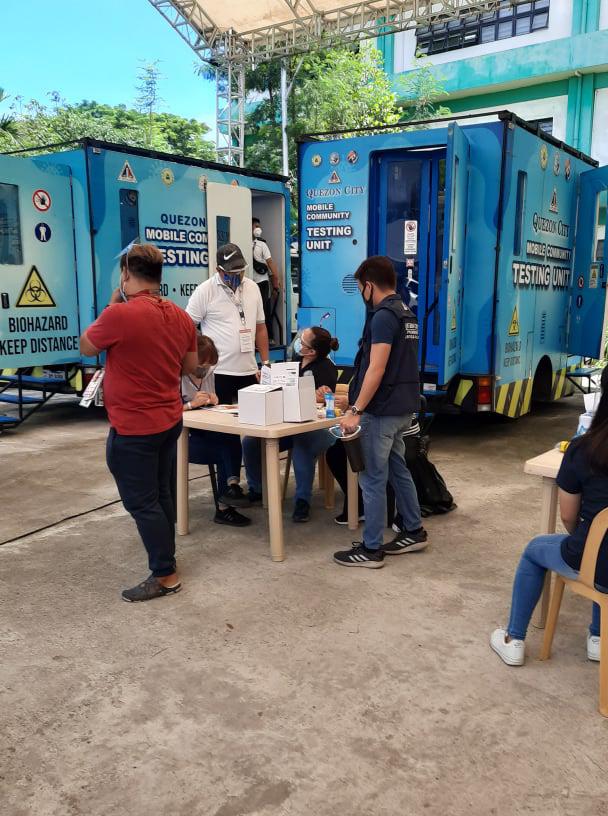
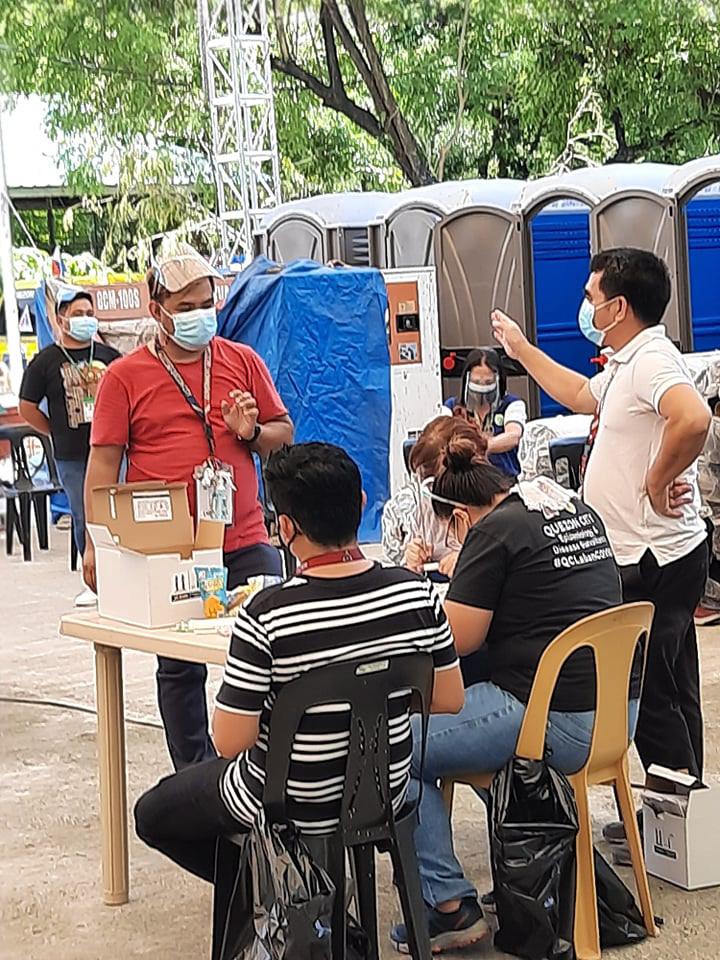
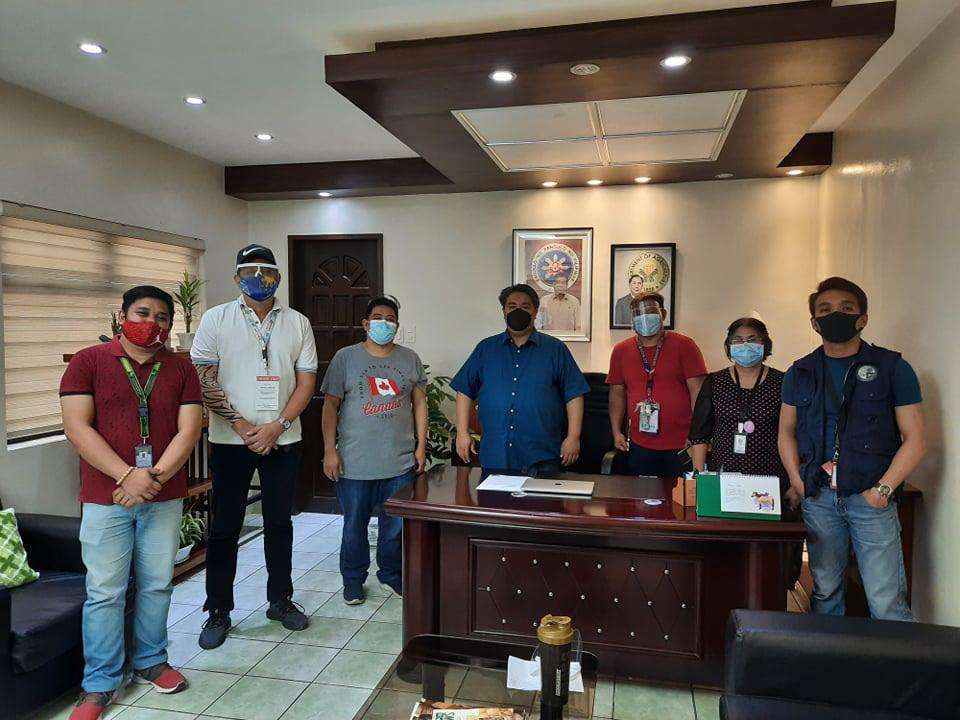
118
BFAR
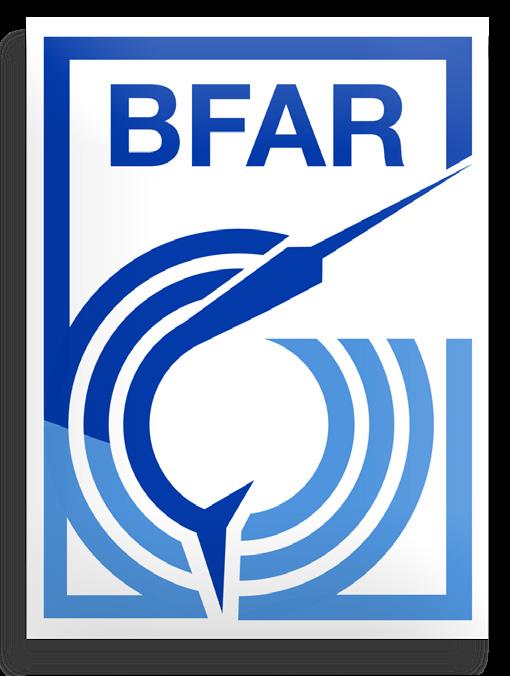
• Implementation of minimum health standards HSO team and focal persons.
• Monitoring of employees with symptoms
• Swab test if necessary,
• Reporting to QCCESU or LGU
• Regular disinfection of premises Meetings are done virtually During ECQ, 30% reporting of skeleton workforce
BPI

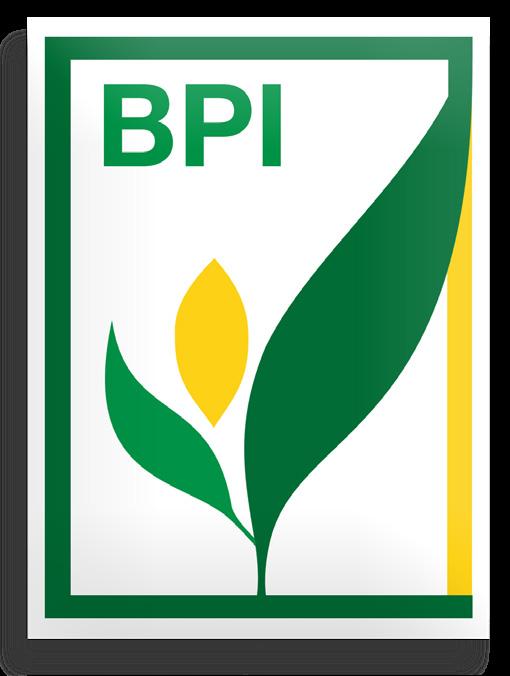

• There’s a regular cleaning at the Manila and Quezon City office premises. The offices also followed the standard on disinfection of work surfaces and hallways, which were conducted daily.
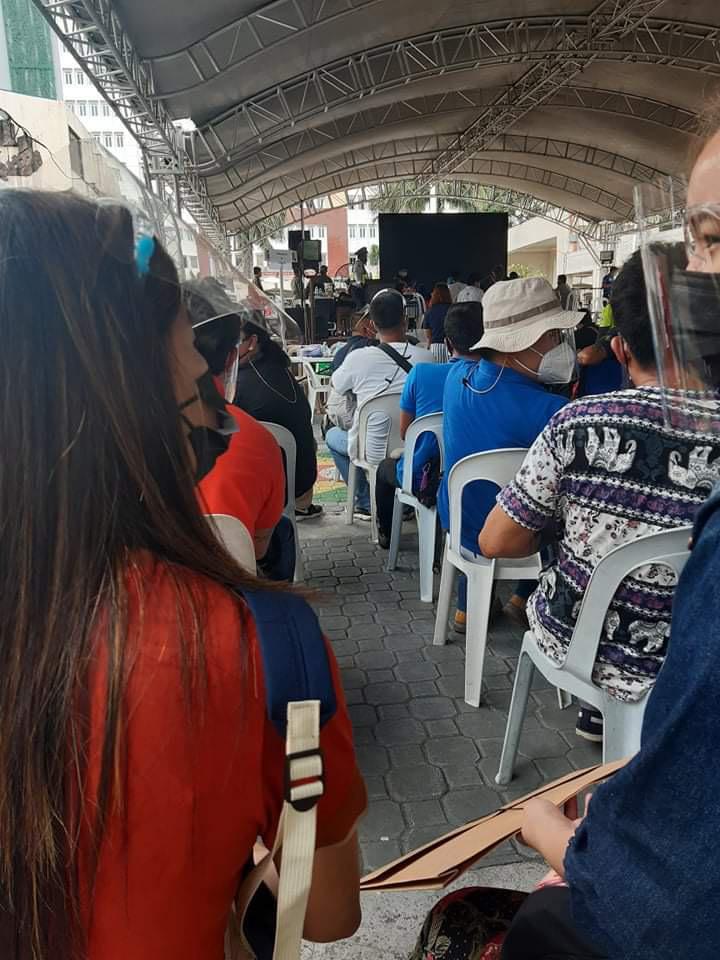
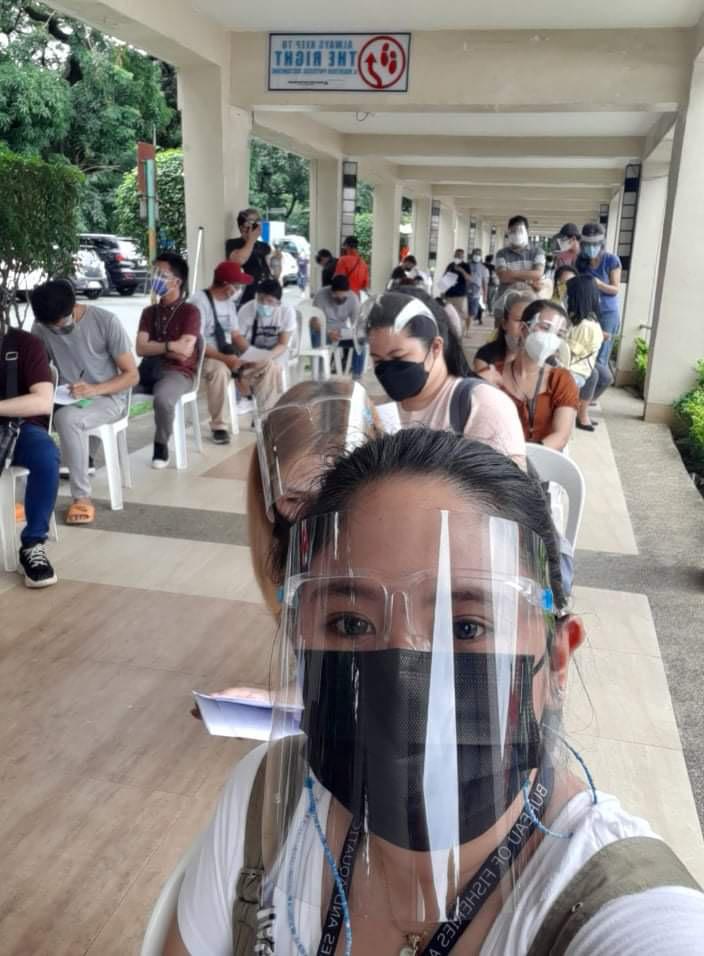
• Special disinfection of specific offices at BPI Manila and Quezon City – whenever there are reports of contamination;
• Power spraying tires of all incoming vehicles with disinfectant.
Upon entry into the compound, “No Face Mask, No Entry” is implemented. Thus, personnel and guests had to undergo mandatory thermal scanning (performed by security personnel). Those with a temperature of 37.8 or higher were not allowed entry and advised to seek medical attention. The guests or external clients were required to accomplish and submit a health declaration form;
• Physical distancing strictly observed;
• Maximized use of technology and digital tools (including virtual communication platforms) to limit face-to-face interaction;
• Signages on physical distancing put up;
• Meetings and activities are conducted online thus limiting face-to-face interaction.
The office has strictly imposed the rule on the wearing of facemasks at all times. The Bureau outfitted a temporary isolation room for personnel exhibiting symptoms of Covid-19. It also required the submission of clearances or medical certificates from personnel needed to go on quarantine or infected by the Covid-19 virus.
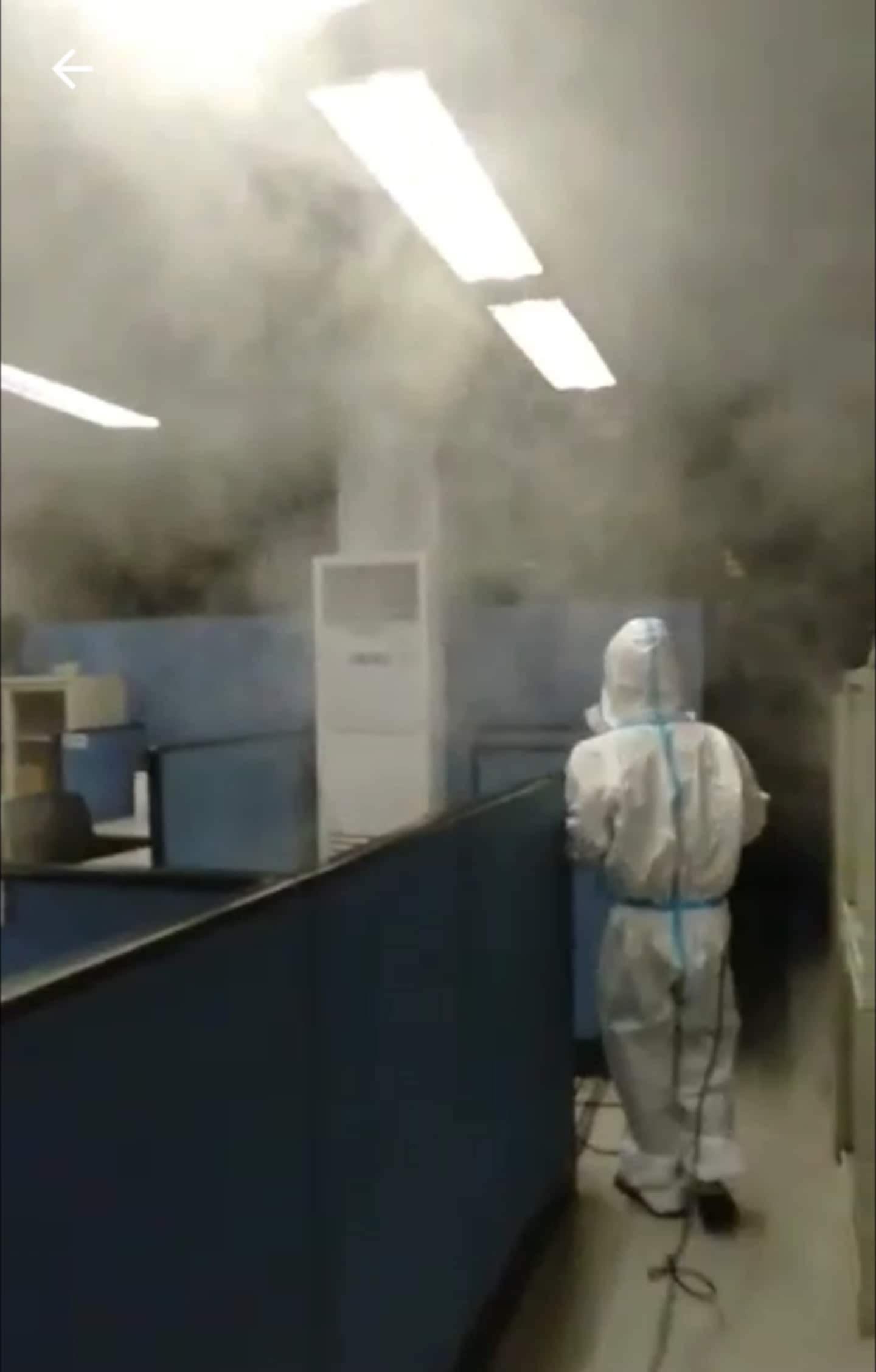
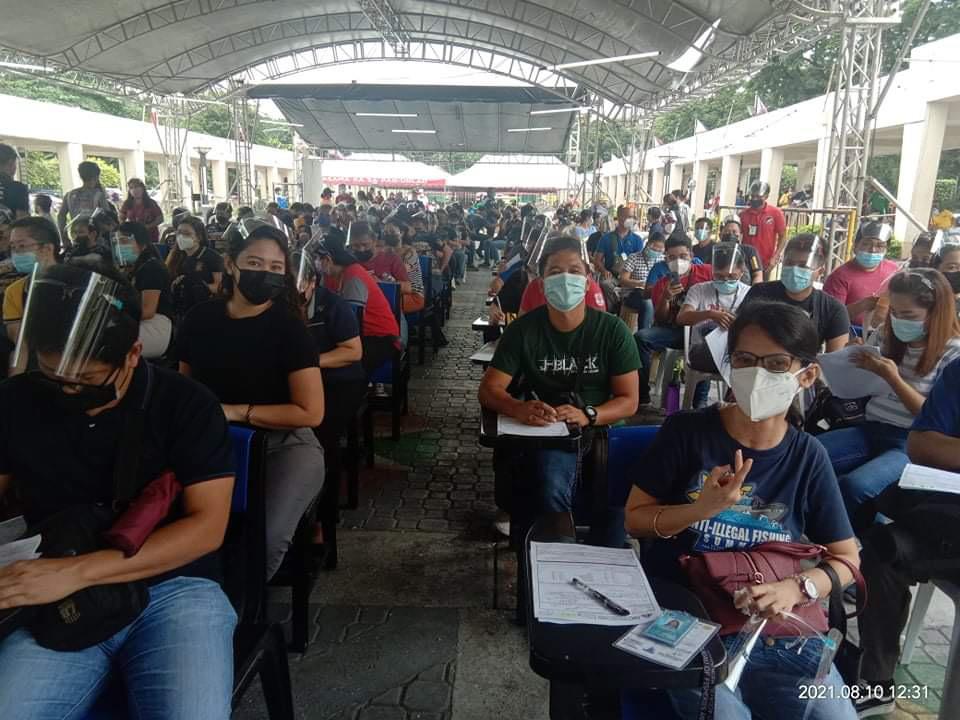
119
Relative to Covid-19 confirmed cases, the Bureau implemented contact tracing following DOH guidelines and ensured the quarantine/isolation of an affected person to contain the spread of the virus;
For cases where there were identified transmissions in the office, the Bureau declared work suspension to facilitate immediate and thorough disinfection of the affected areas to stop the further transmission of the virus. Employees were required to WFH following the guidelines of the CSC to ensure service continuity;
BS WM
• Ensured the proper disinfection of delivered goods, including packaging on food items;
• Designated an area for baggage disinfection for the use of employees directly returning to the office from official travels.
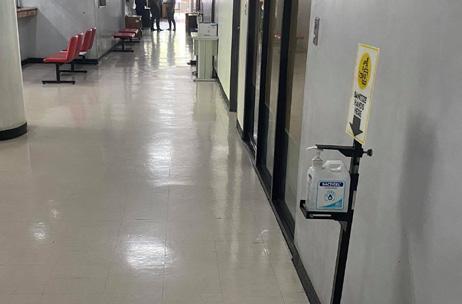
BSWM – At the Bureau premises,
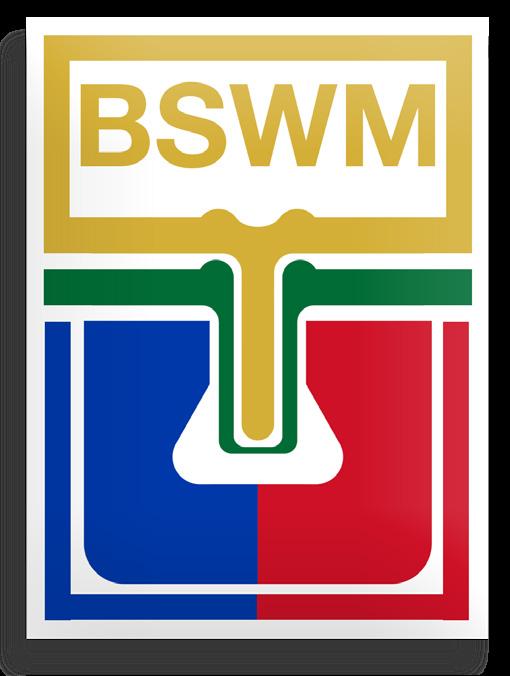
(a) The “No Mask No entry Policy” is always strictly implemented;

(b) Personnel entering the building must fill out a screening questionnaire, undergo temperature check and then handwash in the restrooms and pantry areas near the lobby, prior to using the biometric machine; hand sanitizing is required after the use of the biometric machine. This process is strictly monitored by the guard on duty;
(c) Each staffer, visitor or customer is required to accomplish and submit a Health Declaration Form, manually or through the use of QR Code. All forms are screened by the HSO on site.
(d) In the event an employee declares a symptom, he/she is interviewed by the HSO and asked to go home, if warranted.
(e) In the implementation of the Skeleton Work Force Scheme, only those in the lists of SWF, which were furnished the security guards on duty, were allowed to report to work. Those not in the list were not allowed to enter the Bureau building. However, “on call” employees were allowed entry upon a showing that onsite work is supported by a Memorandum, Advisory, Notice of Meeting (whichever is applicable);
(f) Signages on entry procedures and posters containing information on Covid-19 are displayed around the screening area.
Additional Rules for Personnel Returning for Official Travel:
— The Bureau adopted a policy requiring personnel who just came an official travel to go on a 5-day quarantine period after their trip, for purposes of health monitoring.
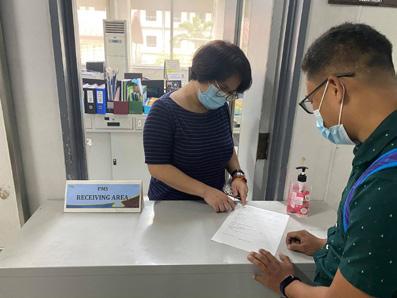
— In this connection, personnel directly returning to the Bureau premises to return equipment and/or official documents from official travel, are not allowed entry into their work stations but were permitted to drop off their baggage at a designated baggage disinfection area.
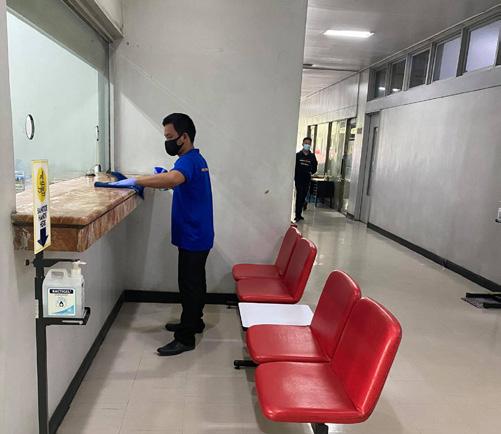
SOCIAL DISTANCING
Designated receiving areas outside of each room to minimize/limit a close person to person interaction;

The office still conducted flag ceremonies via online platforms. This served as an opening activity for the week and venue to convey important messages and announcements – top management to employees;
Bringing of food or “baon” was highly encouraged to control the physical movement of personnel;
Eating together was discouraged. Employees were asked to do it at their respective workstations instead. For work stations not suitable for having meals, the use of the pantry was allowed, subject to strict observance of physical distancing;
Food deliveries were allowed but only up to the BSWM gate. The office has maximized the use of technology and digital tools to limit face-toface interaction;
There was a strict Implementation of SWF / WFH Arrangement.
120
Mandatory checking of axillary (armpit) temperature for all people entering the office premises using personal thermometers
SOCIAL DISTANCING

Enforcement of social distancing measures following the standards imposed by DOH;

Acrylic barriers were installed, separating the drivers from the passengers in government vehicles.
Automation of application for loan programs – Developed the Agri- Credit Electronic Portal (ACE) – a system posted on the DA-ACPC website making loan programs more accessible to farmers and small fisherfolk applicants.
AC PC
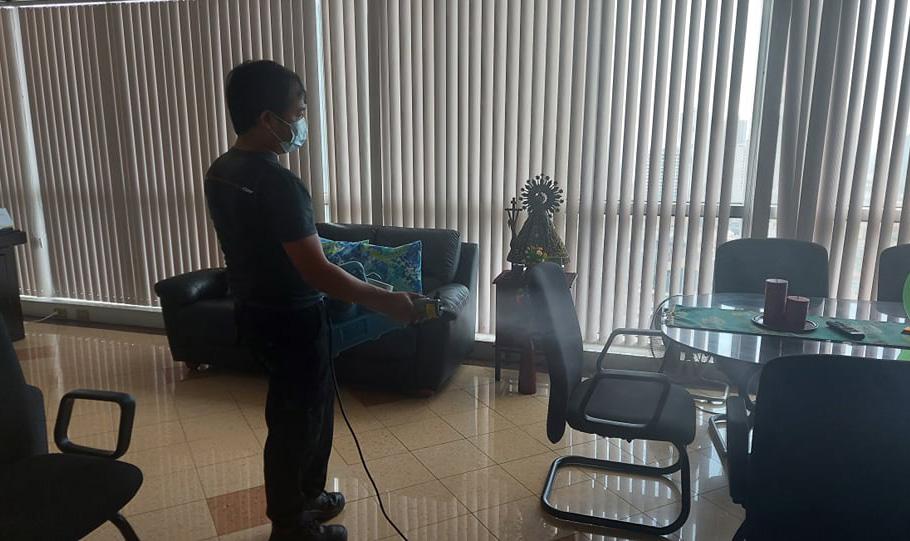
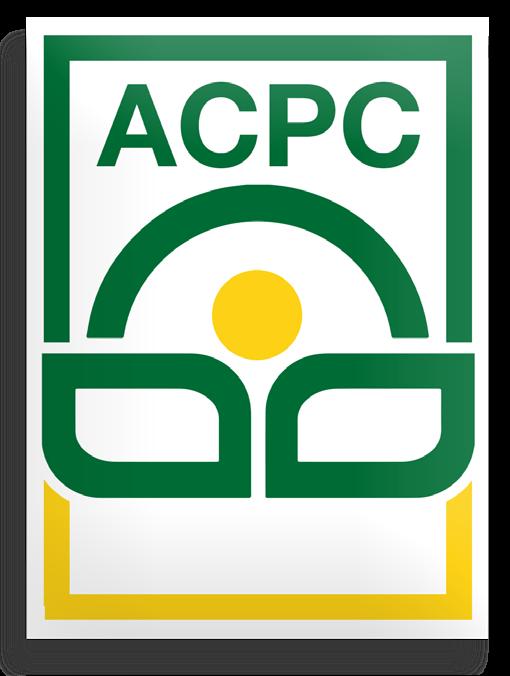
• The motorpool team conducted vehicle disinfection twice a week; acrylic barriers were installed in the vehicles separating drivers from passengers;


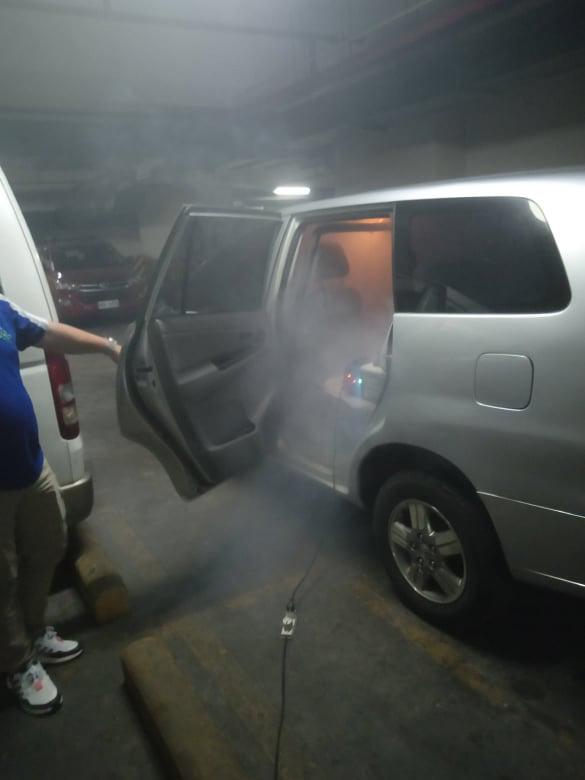
• There has been a weekly disinfection of office premises.
The office issued a memorandum on the conduct of contact tracing (relative to the close contacts of positive cases) and RT-PCR testing for those who had “direct contact” with confirmed, probable, or suspected cases for Covid-19.
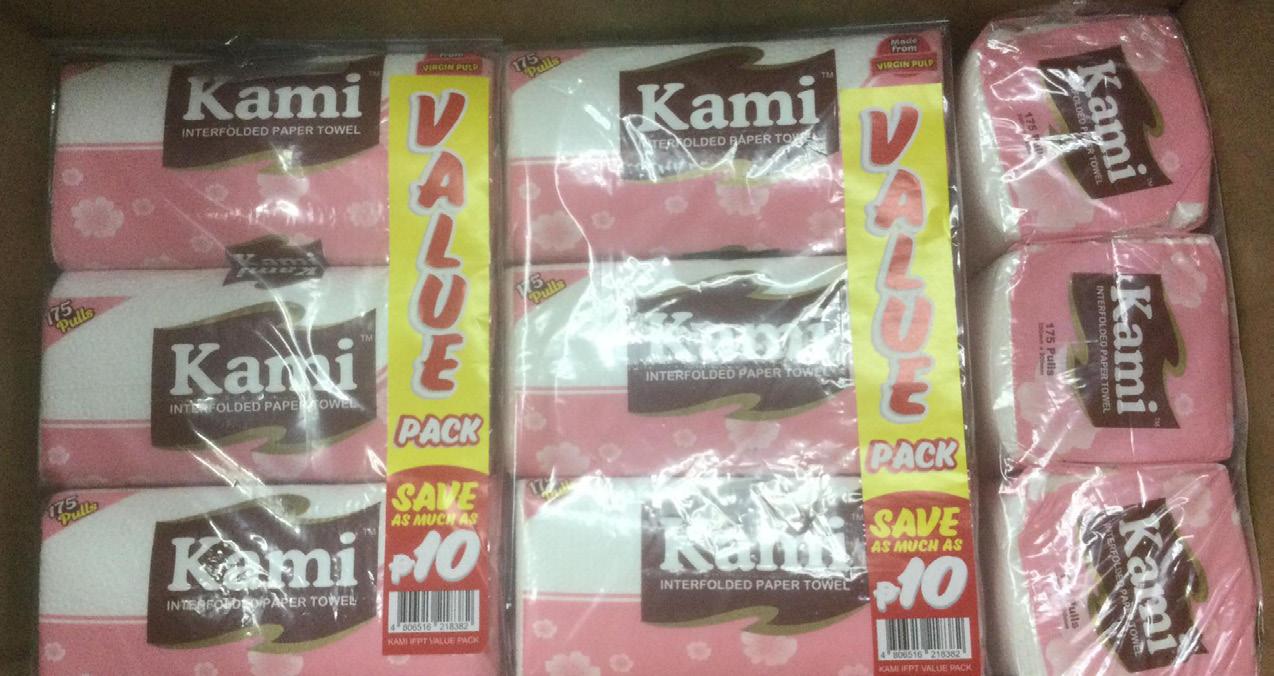
121
FPA


The Fertilizer and Pesticide Authority (FPA) keeps its commitment to diminishing the threat of the Covid-19 infection in their offices.
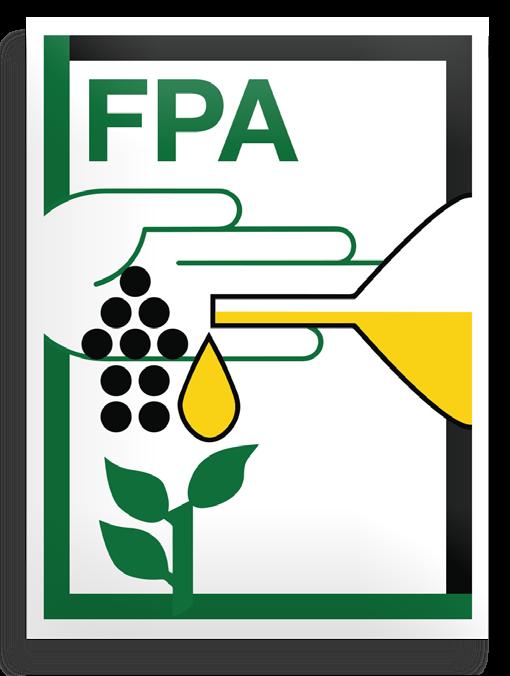
They conducted an Annual Medical Examination for FY 2021 to FPA Central Office employees and stress Debriefing Seminars for FPA Employees. FPA has also maintained close coordination with the QC Health Department for its employees’ voluntary Antigen/RT PCR testing.
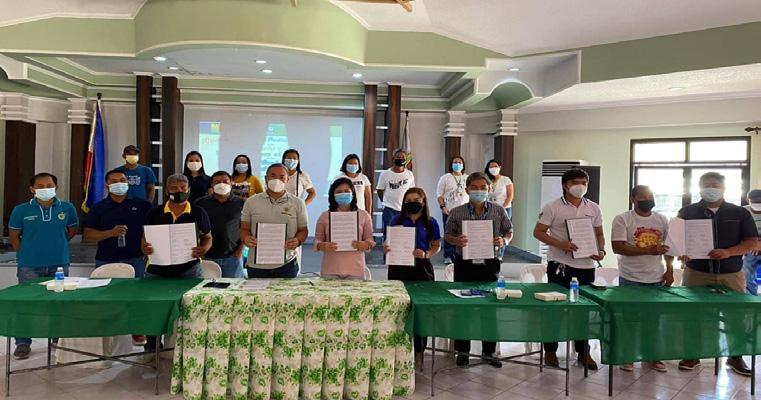
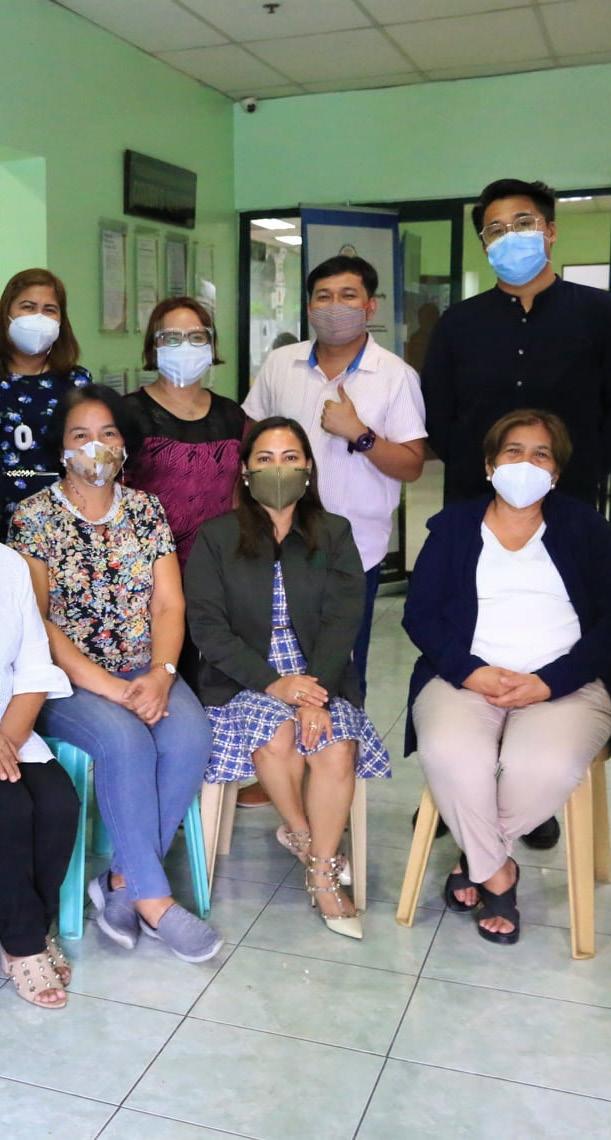
Continuous misting/sanitation during weekends of the agency’s building and monitoring of compliance with the office’s health protocols are also regularly conducted.
FPA also implements online booking of appointments for face-to-face transactions to control the number of clients served on-site. The use of the Staysafe.ph app and the DA Covid monitoring app for contact tracing of clients and employees and monitoring the health status of employees are also strictly accomplished.
FPA also provides transportation services (ECQ&MECQ) and accommodation for its employees.
The Philippine Carabao Center is also one with the national health response against Covid-19 through substantiating the Controls according to the Occupational Health and Safety Management System (ISO 45001).
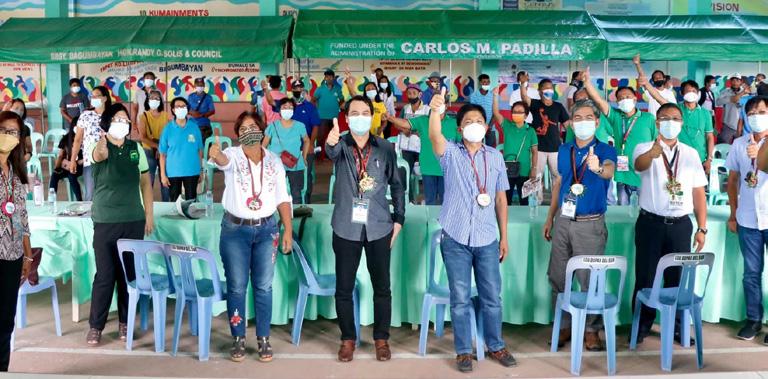
They have created their Adhoc Emergency Preparedness and Response Committee (EPR) to mitigate Covid in the workplace. They have constantly been monitoring the guidelines from IATF/DOH and regularly updating and cascading internal guidelines/policies. PCC has also designated focal persons per office to monitor the health condition of all employees.
As per PCC’s rules, any employee manifesting Covid-like symptoms are reported to the AdHoc EPR Committee for evaluation and appropriate recommendation. They also employ proactive determination and isolation of “probable” and “suspect” cases through the established “Risk Assessment Program.”
PCC is also keen on limiting the movement of employees within their assigned cluster and providing isolated working areas for employees returning from travels.
Routine disinfection of facilities is also put into place, along with partnering with LESU to test “probable” and “suspect” Covid employees to prevent potential transmission, setting restrictions in the acceptance of deliveries and maintenance service, and the use of QR codes for contact tracing.
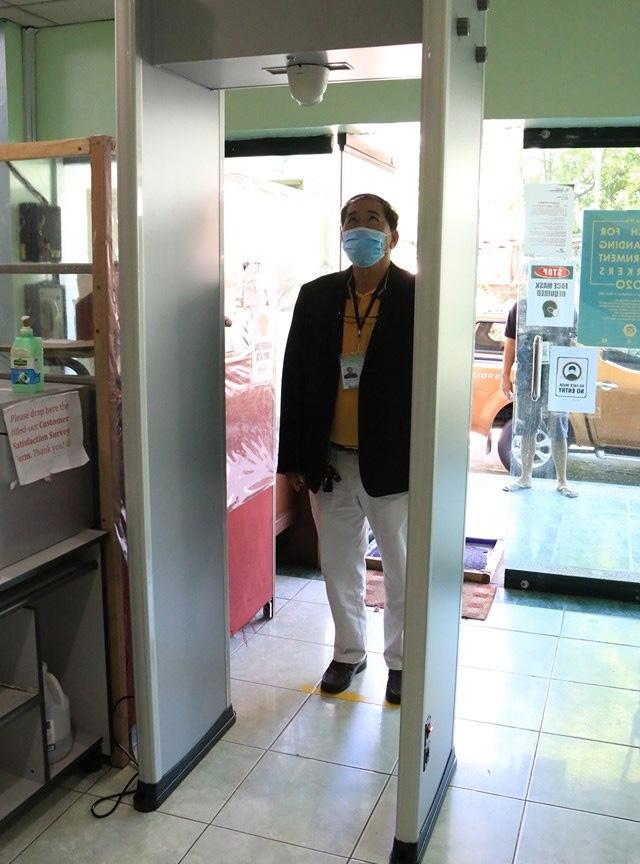
PCC
122
Adopt office policy based on the issuances, guidelines, memorandum circular issued by IATF, CSC, DOH, and DA
1. Adopt the combined WFH and skeleton force alternative work arrangement
2. During ECQ, reduced skeleton workforce ranges between 25-35%
3. Skeleton workforce are entitled to hazard pay; provide the prioritized employees with service vehicles and dormitories who opted to stay at the office; wearing of IDs and bring necessary travel documents
4. Senior citizen employees and those with comorbidities are advised to WFH
5. WFH employees are required to submit WTAR (Weekly Target and Accomplishment Report)

Submission of daily health monitoring report to HR; regular submission to DA of incident and monitoring report.
Close monitoring and reporting of Covid-19 positive case employees; Immediate close contact tracing, require the employee to undergo a 14-day quarantine period; require the recovered employee to submit barangay health clearance before reporting in the office;
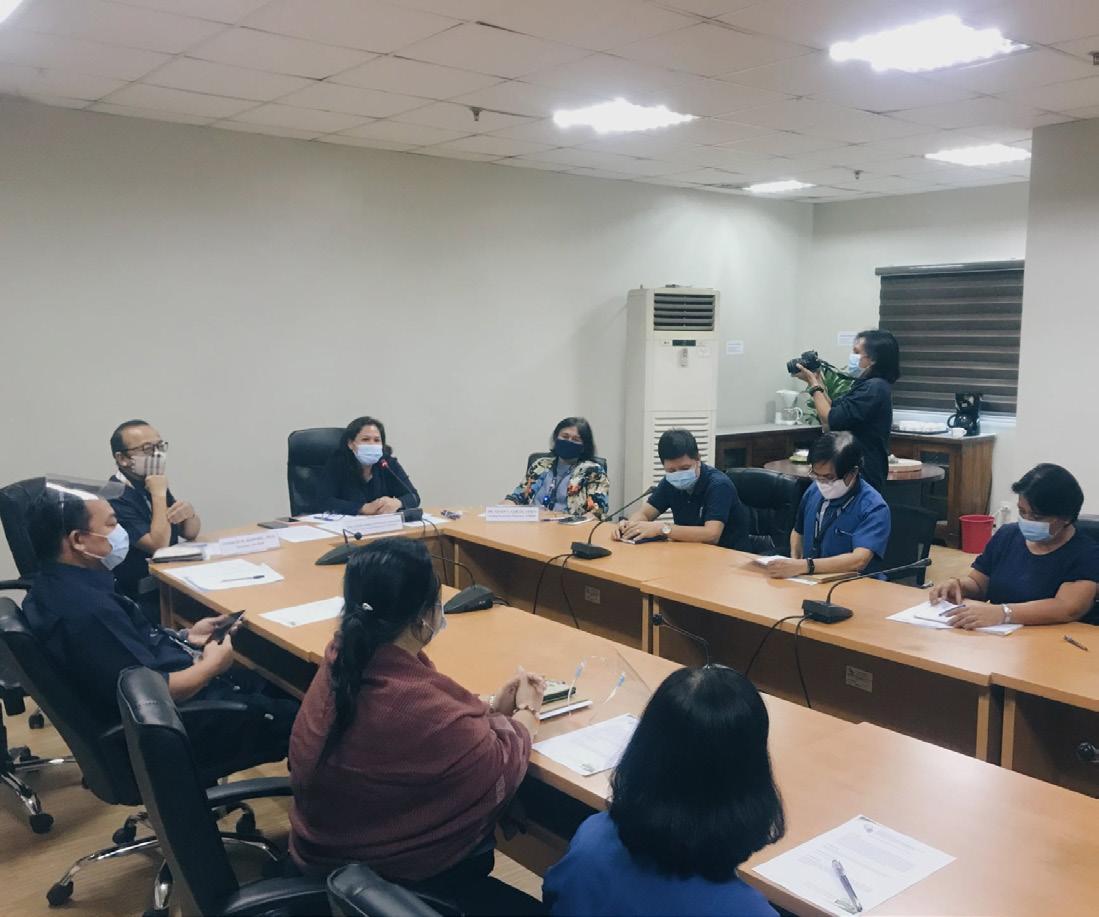
Regular and more often disinfection of the workplace; supported by the building owner/management by at least a month fumigation;
Provision of PPEs to the employees (face mask, face shield, alcohol, thermometer, soap, and vitamin C); observed social distancing and wearing of face mask and face shield at all times;
Facilitate swab testing as well as the vaccination of the employees with the concerned LGUs. It also provided constant reminders to the staff through social media to observe NFRDI Health protocols.
Conduct of health and wellness seminar
Despite the ongoing health crisis, the National Fisheries Research and Development Institute (NFRDI) did not waver in its duties. It strictly employed safety measures to combat the threat of the Covid-19 virus. The adopted office policies are based on the issuances/memorandum circular issues by IATF, CSC, and DA, where a combined WFH and skeleton force work arrangement is put into place.
During periods of Enhanced Community Quarantine, reduced skeleton workforce ranges were not less than 20%, and they were entitled to hazard pay. Senior citizen employees and those with comorbidities, however, were advised to work from home. Service vehicles and dormitories are also provided until now.
Daily health monitoring and submission of reports are also a must. NFRDI also ensures close monitoring and reporting of Covid-19 positive cases. Regular disinfection of the workplace supported by the building owner/management is also routinely conducted.
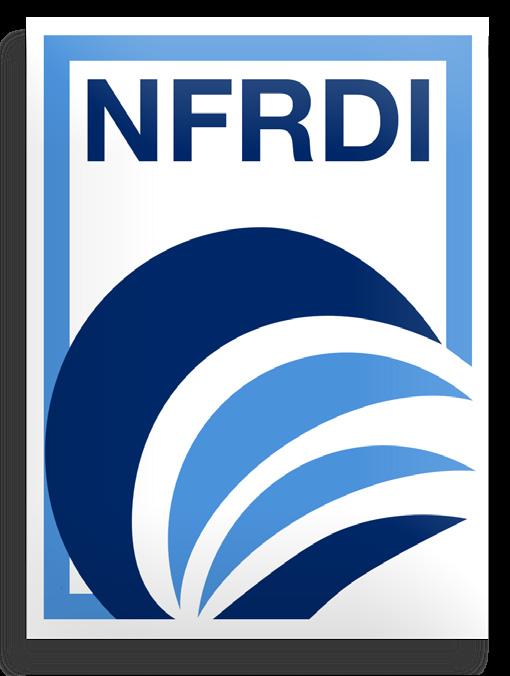
The management also provided employees some support like face masks, face shields, alcohol, thermometers, and vitamin-C supplements.
The NFRDI has also initiated the conduct of health and wellness seminars for its employees.
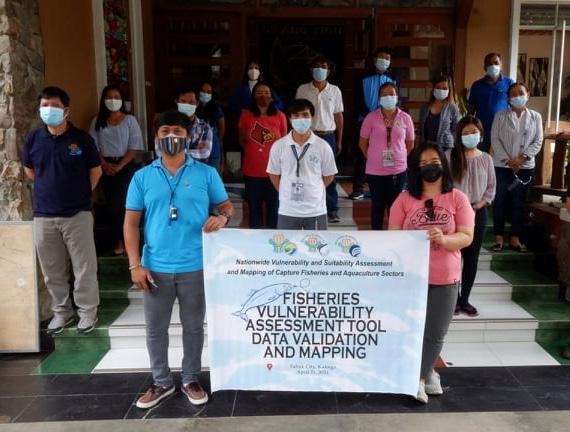
123
NFRDI
PHIL MECH
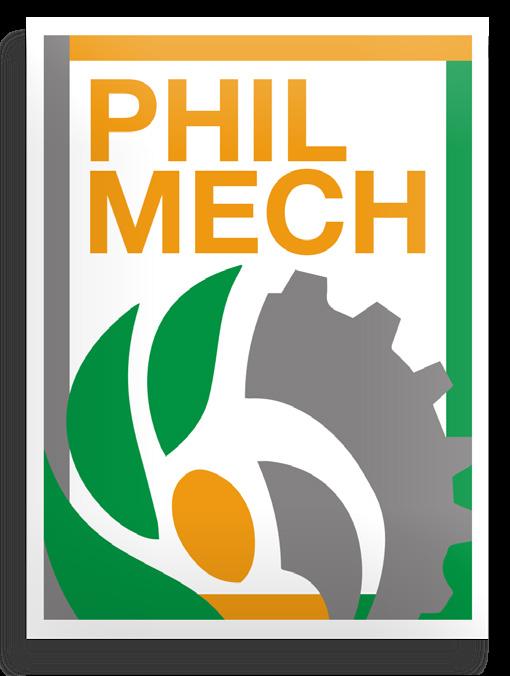
The Philippine Center for Postharvest Development and Mechanization (PhilMech) beefed up measures safeguarding its employees against the Covid-19 virus.
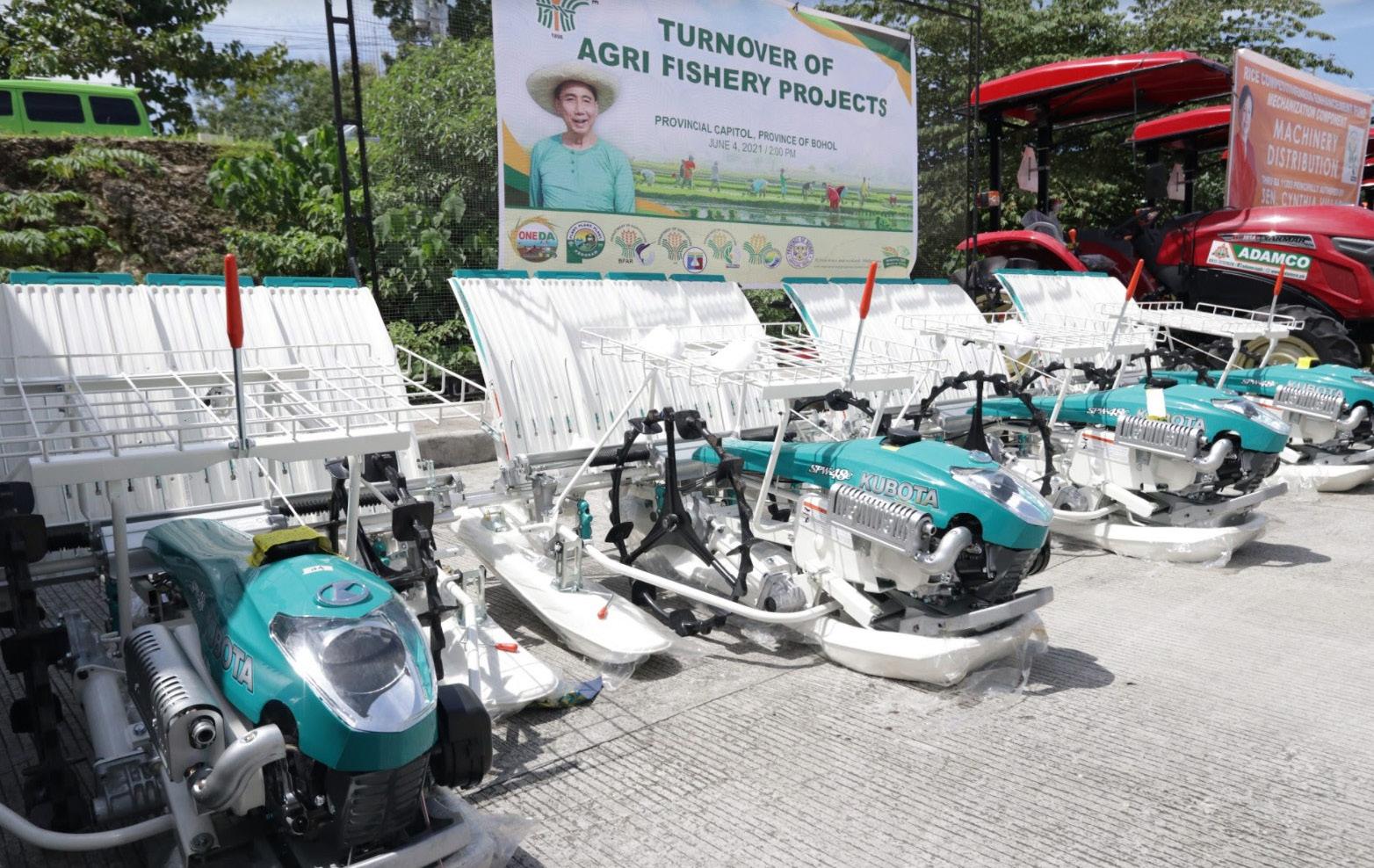
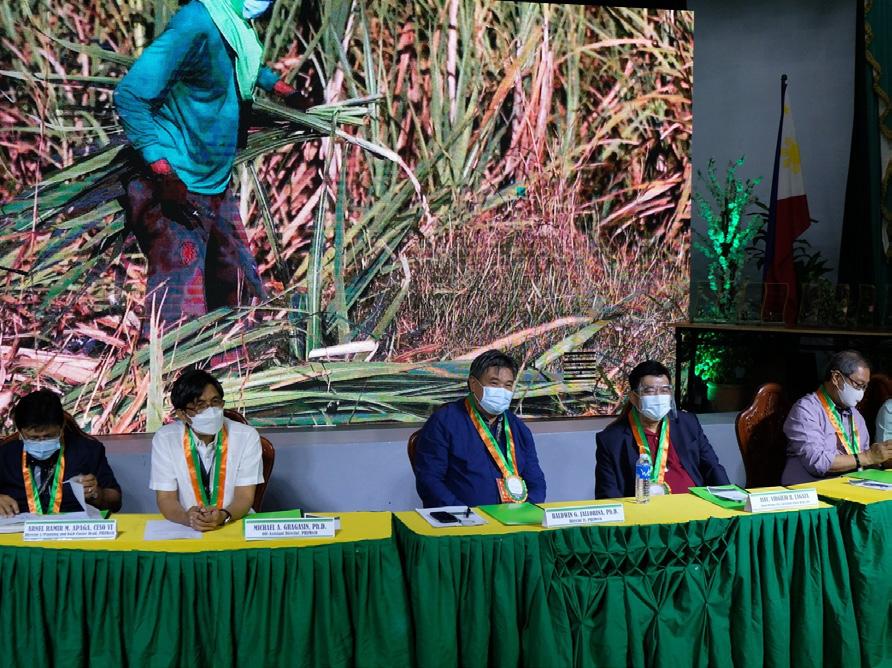
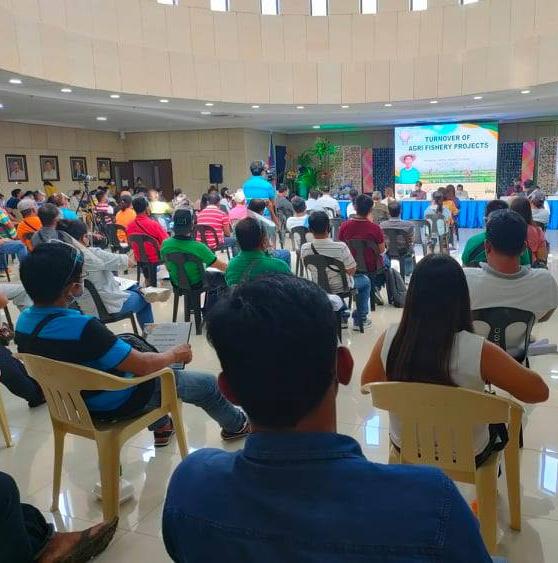
The designated Division Safety Officers monitor employees’ health status, especially those manifesting symptoms and those tested positive of Covid-19.
They use QR Code scanners replacing the biometric scanners and subsequently using the Contact Tracing App within the agency (PhilMech assigned a QR code for each office).

The contact tracing app comes with a module on the vaccination status of each employee. Meetings and flag-raising ceremonies have also shifted to the virtual platform and the online issuance of memoranda and other communications.
This office also used Dropbox (cloud storage) for receiving incoming documents online. Partitions or cubicles shielded employees from the virus and promote social distancing in the workplace. There was close coordination with the LGU-Health Office for those who need its testing services.
124
NM IS
The agency designated a Health and Safety Officer and Coordinators for its Central and Regional offices for easy coordination of case management;
It has established coordination processes with LGU ESU of Quezon City for the mandatory reporting of Covid-19 cases; The agency’s case management protocol, contact tracing, and expanded testing is following several DOH MCs and guidance from the QC ESU;
It prepared an isolation room for confirmed, probable and suspect cases to cope with the surge of patients in hospitals and quarantine facilities. This is where the NMIS Covid patient could stay while waiting for the BHERT or proper authorities and other options they may be able to provide;
There have been regular updates and reporting of the coordinators on case reporting and management.
SOCIAL DISTANCING
Optimal use of technology and digital tools (including virtual communication platforms) to limit face-to-face interaction – utilized said venues for activities including job interviews by HRMPSB and top-management meetings;
Regarding the agency’s specific services, the agency adopted the following measures as social distancing-related strategies, considering the same and do away (at least temporarily) with face-to-face transactions that would have otherwise been required.
• Extended validity of expiring licenses, registration, and accreditation – effected through MO 03-2020-003 and 03-2020-194, this order provided for the extension of expiring licenses to operate (LTO) of meat establishments, expiring registration of meat transport vehicles (MTV), and accreditation of Meat Importers (i.e., expiring by March or April 2020 to be valid until May 31, 2021);
• Temporarily suspended onsite audits or evaluations and, relatedly, facilitated/assisted the conduct of the Assisted Remote Meat Safety and Quality Assurance (MSQA) Audit. Note that the agency issued reference guidelines in the conduct of assisted remote audits on Good Manufacturing Practice (GMP), Good Operating Practices (GOP), Sanitation Standard Operating Procedures (SSOP), and Hazard Analysis and Critical Control Point (HACCP). As a pre-requisite to issuing the NMIS License to Operate (LTO), as of Dec. 2020, 4 regions were already covered by the audit scheme.
• With the measure, there was a limitation on the exposure of NMIS Plant Officers. The office made provisions for issuing Computerized Certification of Meat Inspection (CCMI) to facilitate and ensure that trade and transport are not hampered. NMIS issued Memorandum Circular No. 03- 2020-002, which provided the guidelines for the electronic request and the non-face-to-face issuance of computerized Certificate of Meat Inspection (COMI) for imported meat.
• Online ICT Service Desk – this aims to provide a faster resolution and management of all ICT service requests

Other, Select Automation Initiatives for NMIS Services (the following information systems have been developed, tested, and ready to be implemented for the pilot users )
• NMIS Accreditation and Registration Information System – an online registration system for new and renewal applications of meat establishments for License to Operate (LTO), which aims to provide fast and efficient registration to stakeholders;

• Electronic Payment System – this system electronically collects fees such as Ante and Post Mortem Inspection Fee; Accreditation and Licensing Fee, Laboratory Fee; GMP/HACCP Certification Fee; Importer Accreditation Fee; and Imported Meat Inspection Fee. NMIS collaborated with the Land Bank of the Philippines (LBP) to develop this particular system.
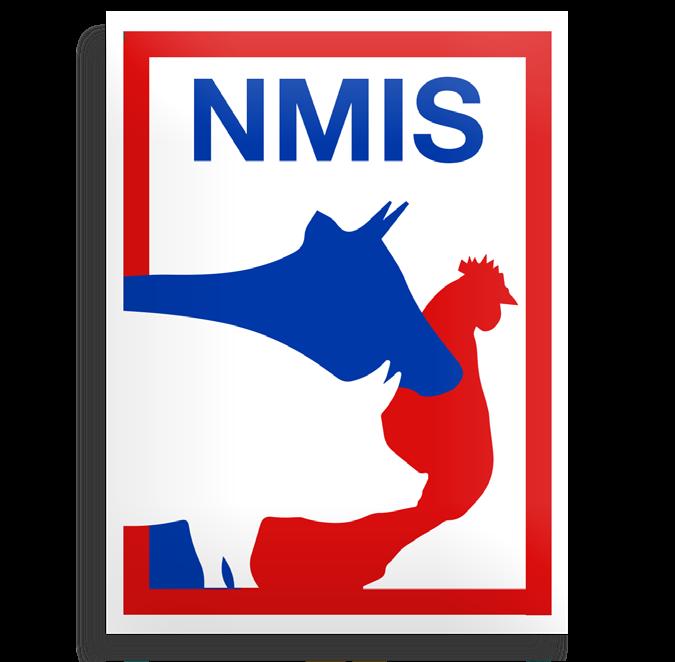
125
Phil FIDA
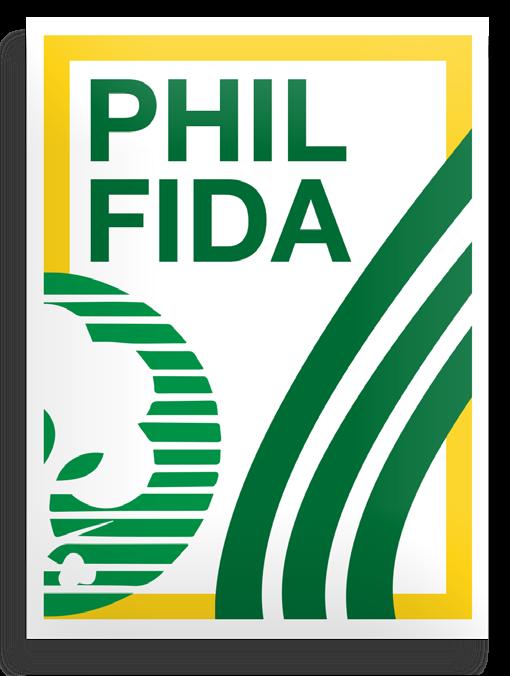
All offices and laboratories were disinfected (after the lockdown). Disinfection was a continuing activity even after the management already directed the staff to report for work. There was a regular schedule for the conduct of fogging in offices and the vehicles assigned to said office. PhilFIDA placed footbath mats at offices’ doorsteps. The automatic alcohol dispensers are also helpful to avoid surface contact in applying alcohol for disinfection.
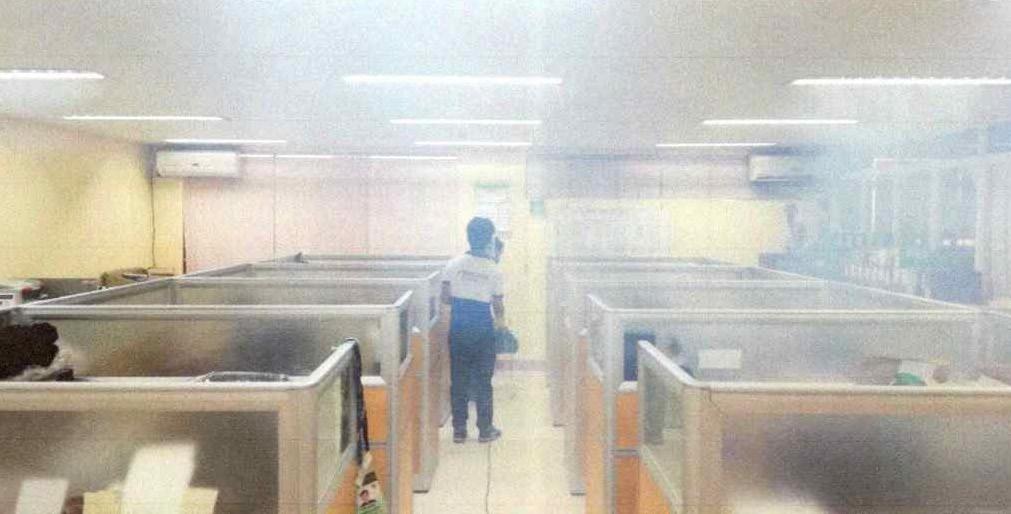
SOCIAL DISTANCING

• Social Distancing enforced;
• Communal dining avoided.
The agency advised those who tested positive to report their condition to their respective Barangay Health Emergency Response Team (BHERT). BHERT played a crucial role in monitoring the health conditions of the quarantined personnel.
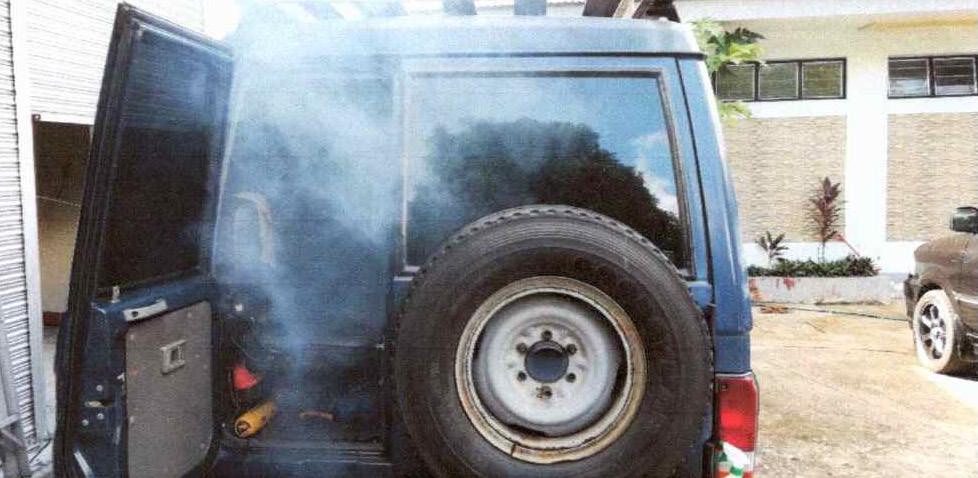
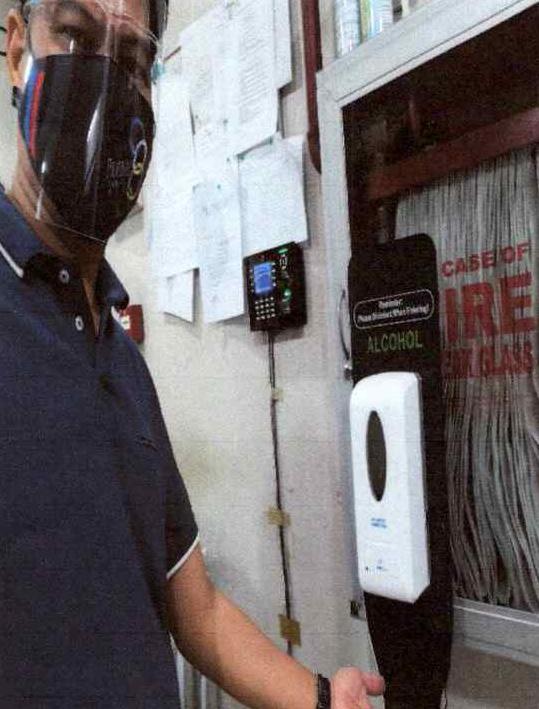
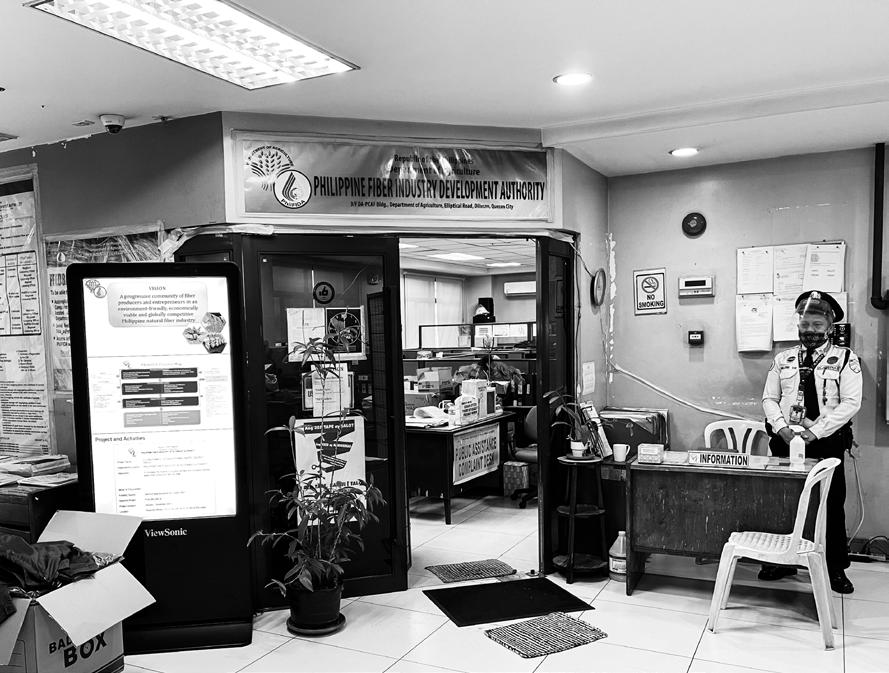
126
PCAF

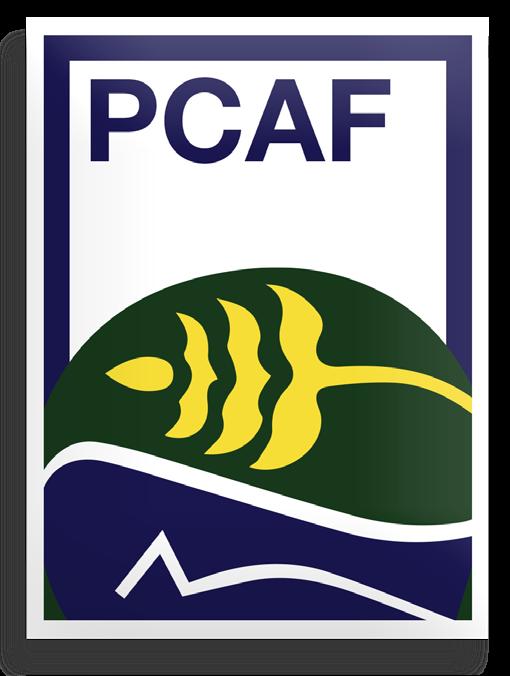

• Weekly disinfection of offices
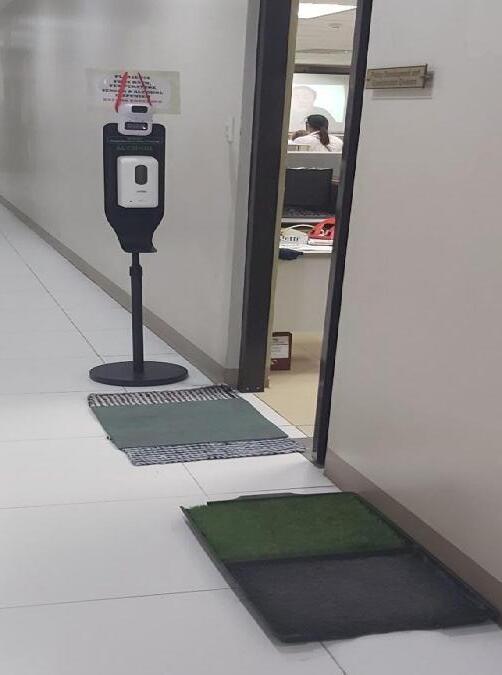
• Strict implementation of health and safety protocols
• Adherence to the IATF on Covid19 rules and regulations
SOCIAL DISTANCING
• Social Distancing Strictly enforced (WFH for two months)
• Disinfected cubicles were used for the use of Jobapplicants;
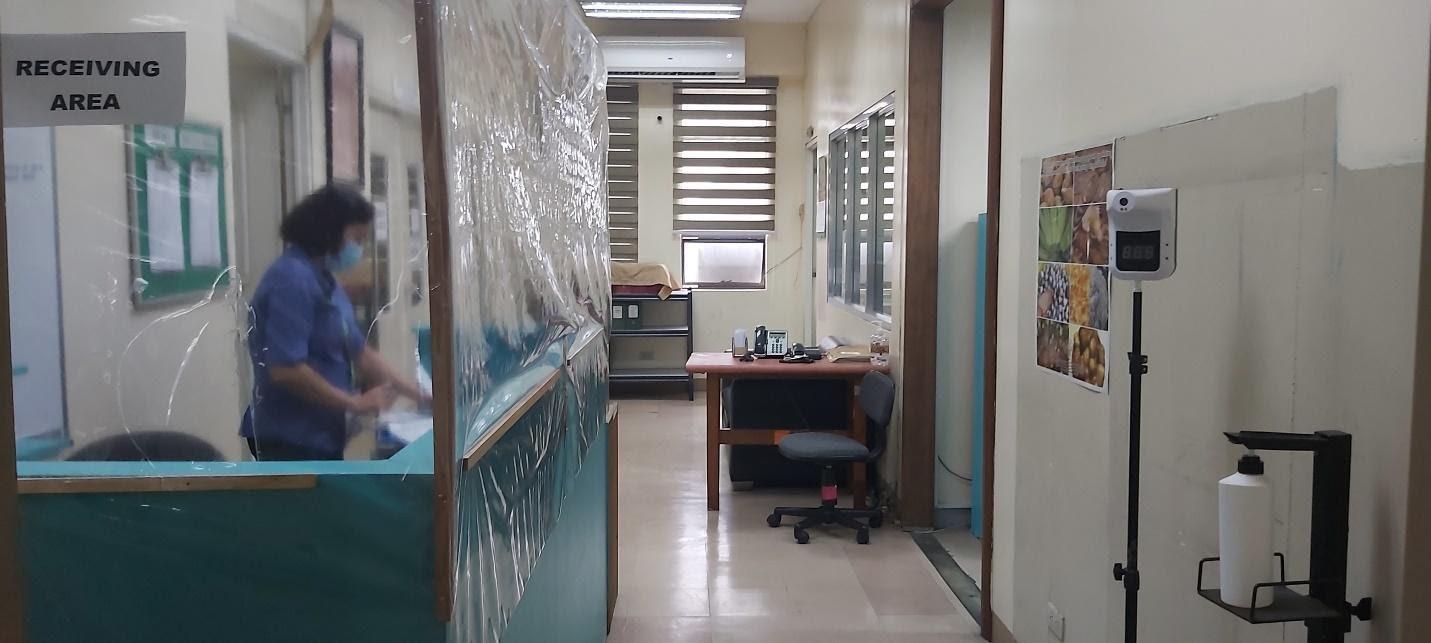
• Plastic dividers used between Female and Male CRs
• Capability Development Training for RFAs and RFCs conducted face to face, but precautions were observed; there was close coordination with the MHO – the number of participants reduced to 15; masks were also provided.
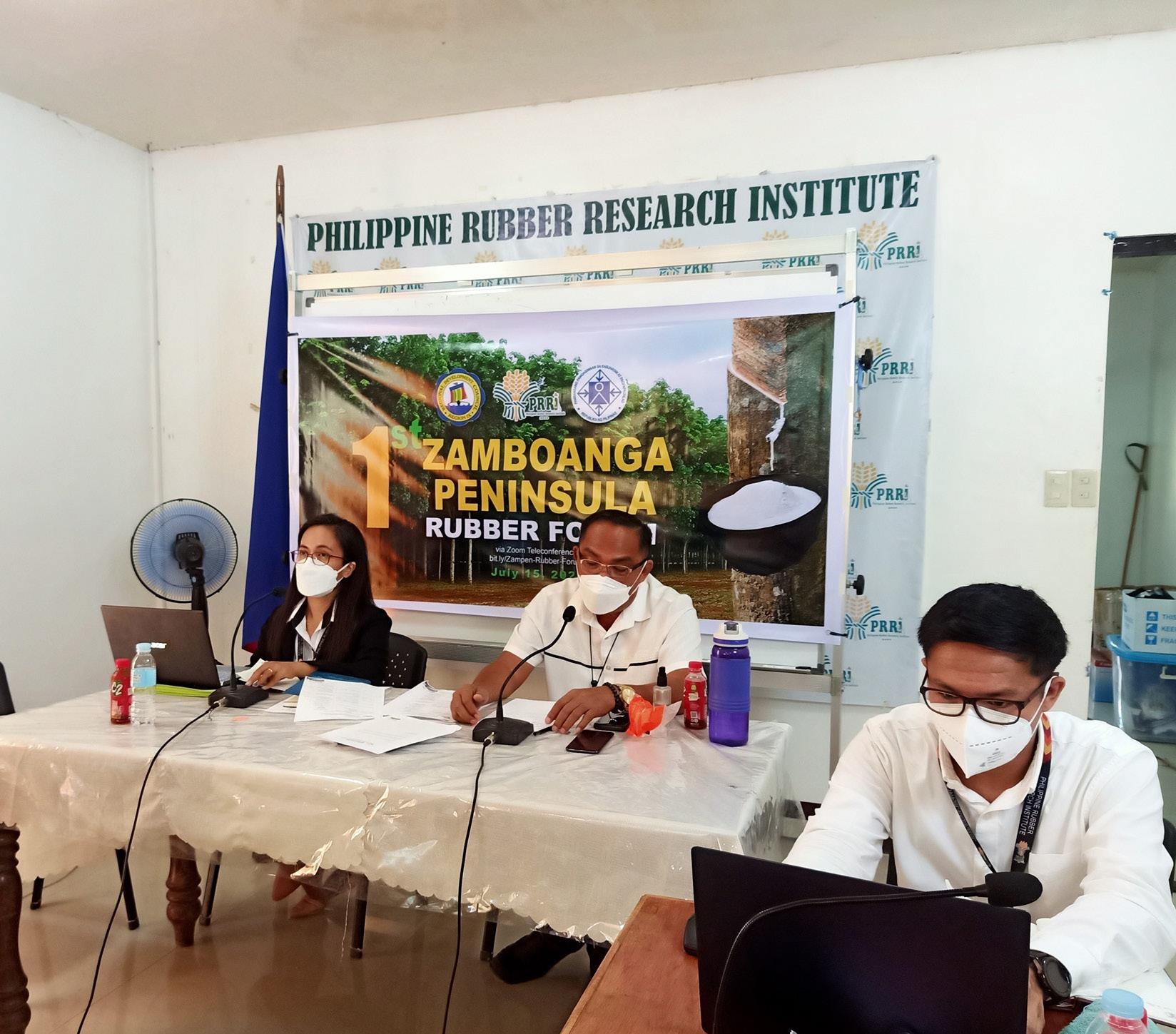
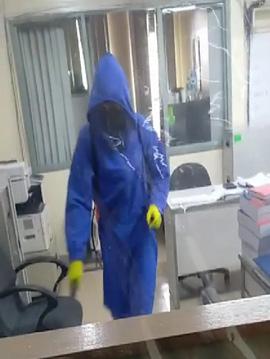
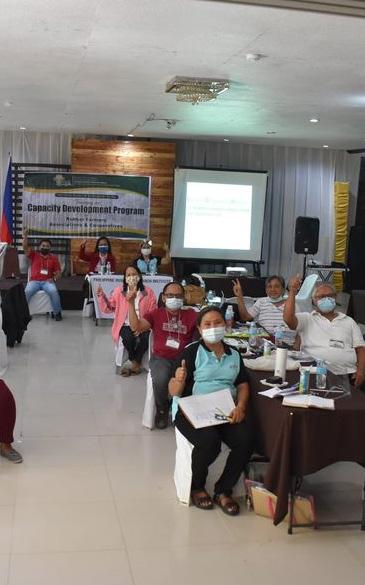
Weekly disinfection of the premises, naming it a 3 o’clock habit on a Friday became a regular practice of PRRI.
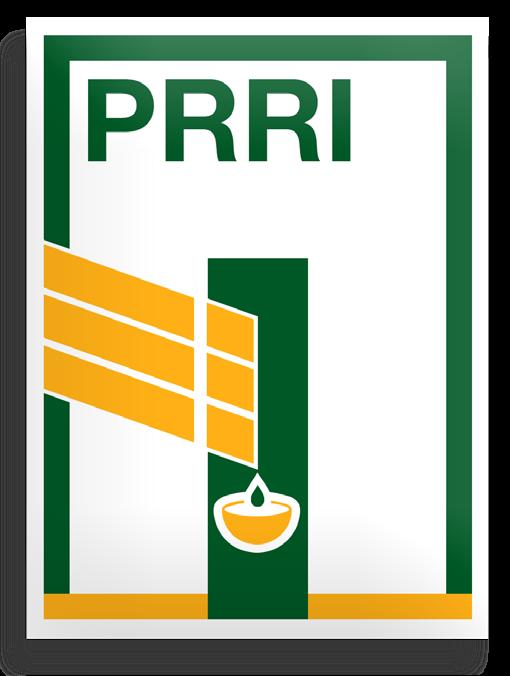
127
RI
SOCIAL DISTANCING
• Maximized online technology for meetings / activities;
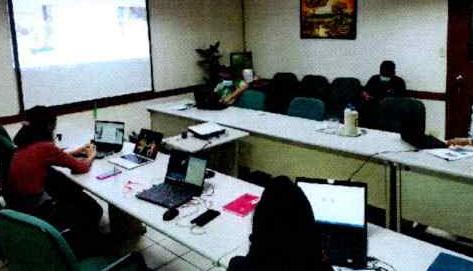
• Implemented restrictions in relation to official travels;
• Imposed limitations of visitors’ mobility in the area
The agency carried out the immediate implementation of disinfection protocols. It facilitated observance of isolation/quarantine protocols (e.g., 14day mandatory quarantine) when an employee is ill or had direct exposure to a person with Covid 19.
Carried out disinfection or decontamination activities in the office building, facilities, and office vehicles;
The office implemented additional cleaning and sanitation routines, focusing on hightouched surfaces.
The office placed shoe disinfection mats on appropriate spaces (entrances, etc.).
NTA


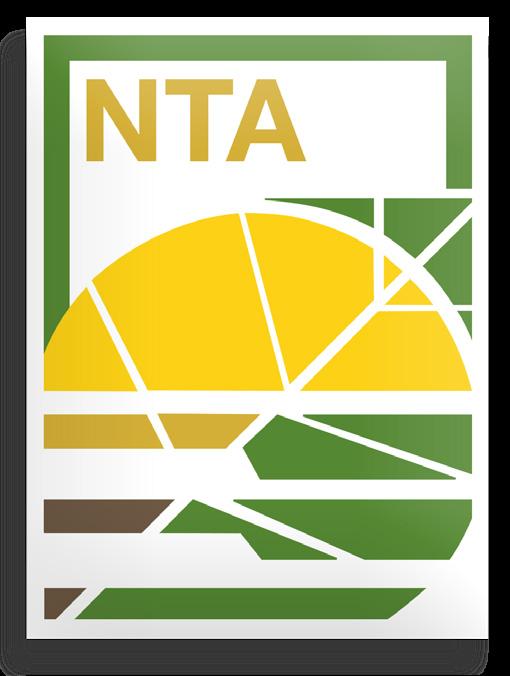
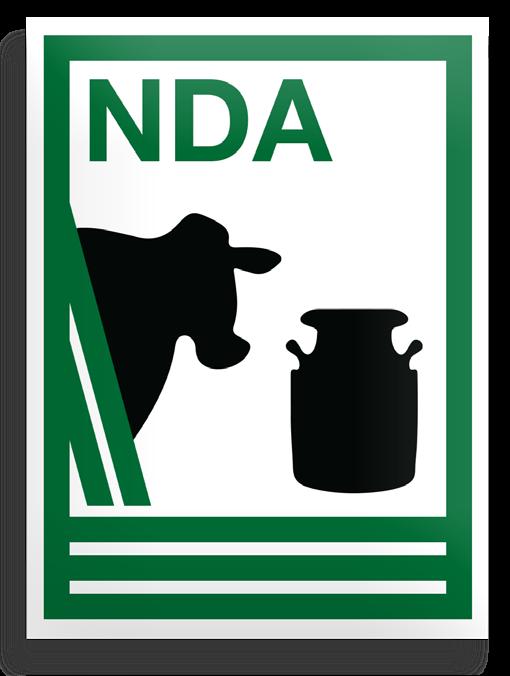
• Adoption of alternative work agreement
• NTA did monthly RT-PCR testing for all employees thru a partnership with the National Kidney Transplant Institute.
• Temperature checks were performed for all individuals at entrances and available disinfecting stations.
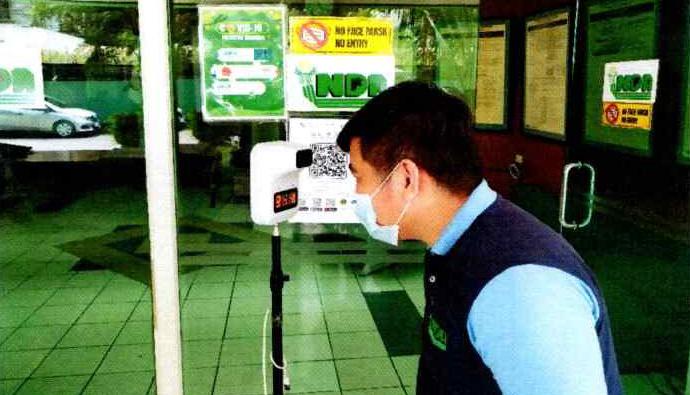
• Vaccination program for all employees
• Employees with the Covid-19 virus were given medical assistance and facilitating their hospital admission, if necessary.
• Physical barriers are installed strategically to separate employees with adjacent working areas where space constraints limit physical distancing.
• There was a regular distribution of facemasks, face shields, and vitamin C to all employees.
• There was regular disinfection of office premises every Friday.
• Philippine Crop Insurance Corporation (PCIC)
• Information regarding Covid-19 virus through webinars and virtual flag ceremony
• Alternative work arrangement (No. of personnel within the maximum allowed capacity)
• Daily disinfection in the office after shift
• Provision of service vehicle, PPE (facemask, alcohol/hand sanitizers)
• Maintaining social distancing
• Coordination with QC LGU for the vaccination program
• Constant monitoring of Covid-19 cases in Head Office and Regional Offices
128 NDA
All reported Covid-19 cases, including those from the field offices, were closely monitored by the HRMDHealth Service Unit. The HRMD-HSU Medical Consultant coordinated with the employees who were tested positive for Covid-19 to give medical advice and conduct contact tracing;
Following the guidelines issued by the DOH, IATF Rules, and concerned LGUs, employees confirmed to have the virus were advised to report their case to local health authorities;
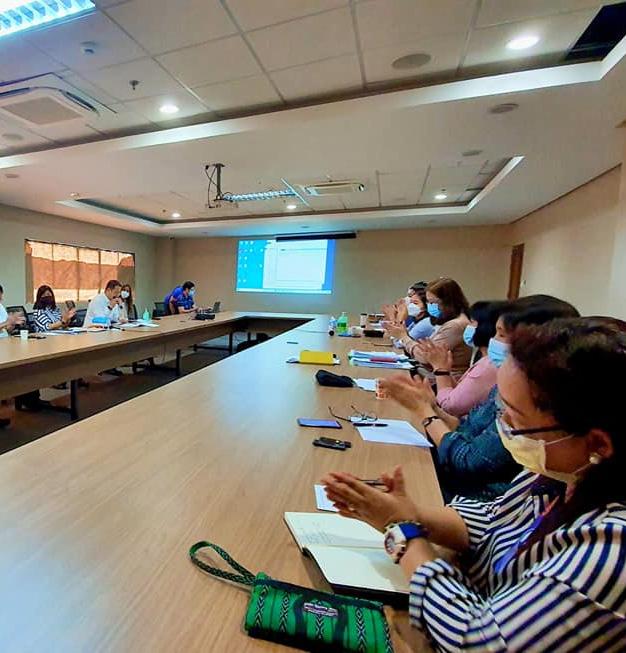
Personnel who had close and prolonged contact with the Covid-19 positive employees were advised to undergo strict home quarantine for fourteen (14) days or immediately undergo swab testing if Covid-19 symptoms are observed. The offices concerned were also required to submit a status report to the Administrator and the HRMD;
Those who were cleared of Covid-19 infection were required to submit medical clearance / negative Covid-19 test results before being allowed to report back to work.
SOCIAL DISTANCING


• Through AWAs implementation : SWF and WFH – schedule shifts weekly
• Office premises, furniture, and equipment, as well as warehouses, were periodically disinfected;
• A footbath mat and tire bath sanitizers were installed at the gate and building entrance;
• Disinfection of office premises and NFA warehouses regularly conducted;
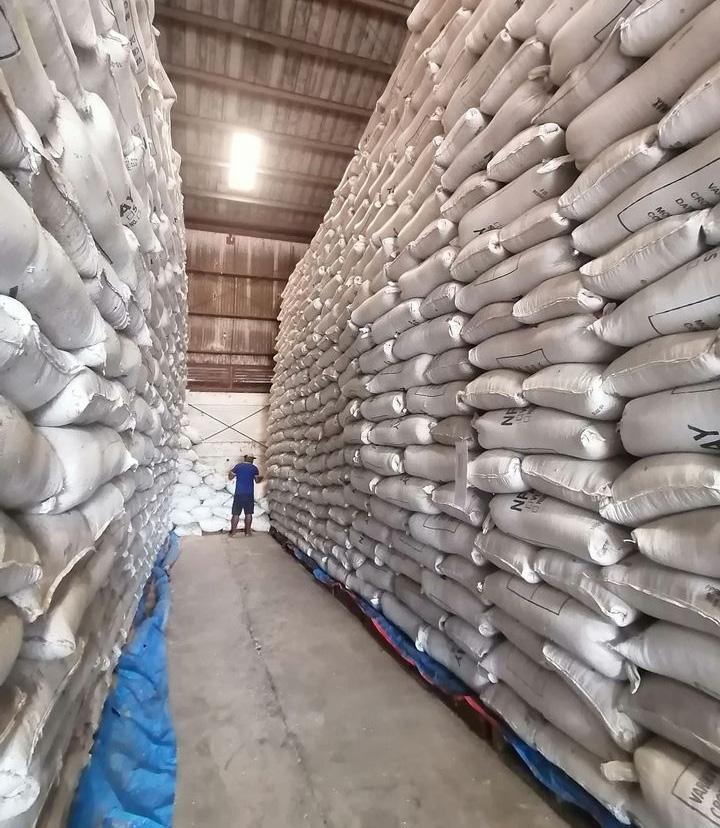
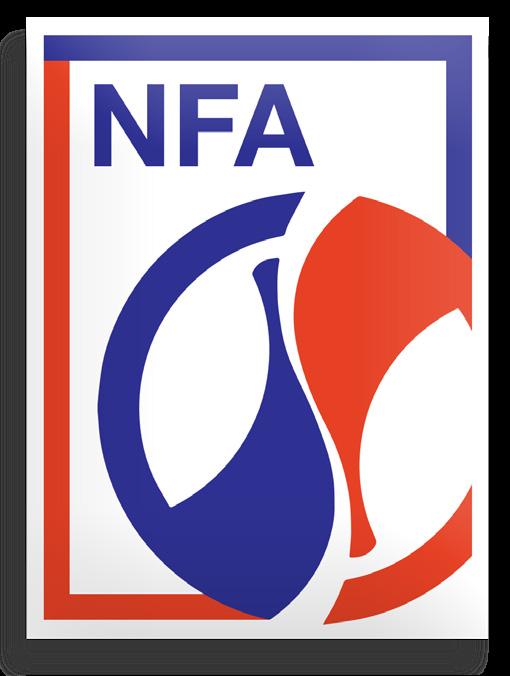
• Disinfections were done in work areas suspected to be contaminated with the Covid-19 virus.
Employees and other individuals with body temperatures of 37.6 degrees Celsius or higher were not allowed to enter the agency premises. Instead, they will be brought immediately to the nearest medical facility following the DOH protocol, while non-NFA personnel will be advised to seek medical help.
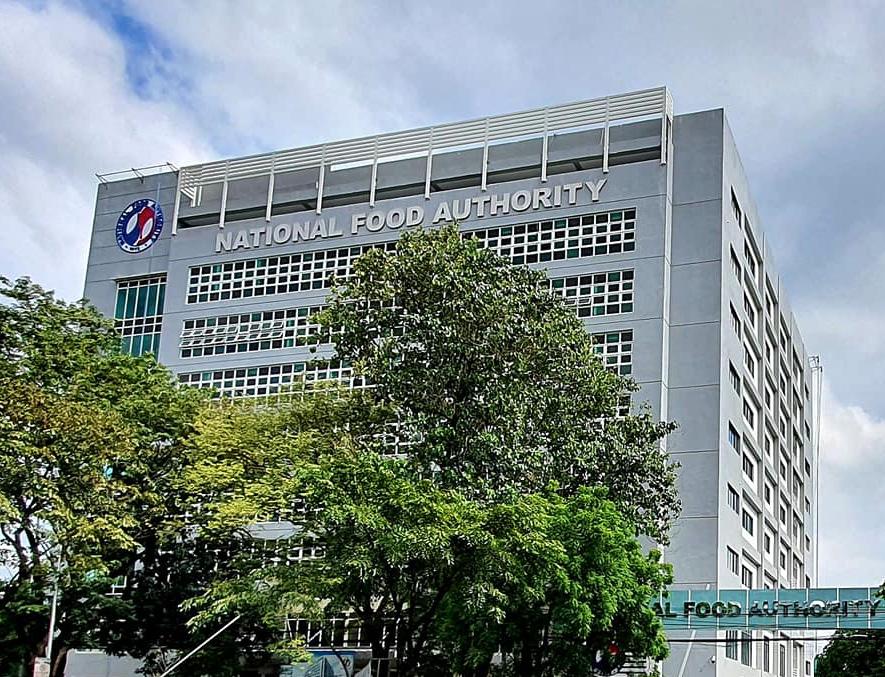
129
NFA
PCA


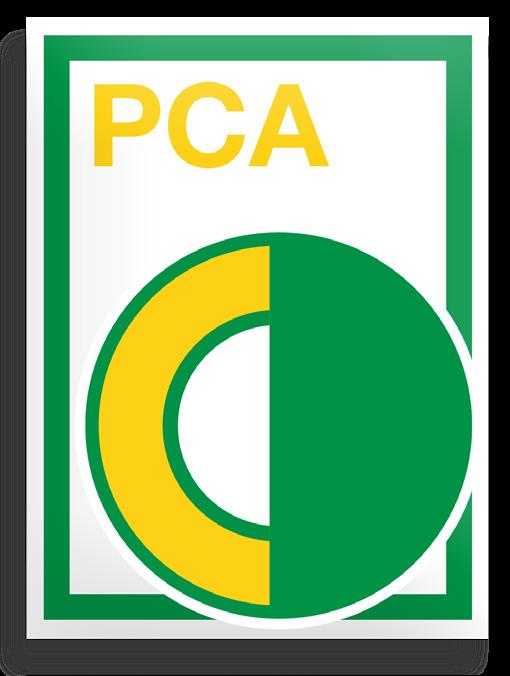
• For social distancing, set up directional markers for an efficient traffic flow;

• Displayed reminder signages relative to social distancing and avoidance of confined or crowded areas;
• Displayed reminder signages limiting the number of elevator passengers to four (4) people;
• Use of technology for social distancing.
• Set up sanitation stations in various places within the office premises – these are areas where footbath mats and “alcohol stations” were dispersed;
• Displayed signages for the observance of environmental hygiene (i.e., use of footbaths);
• Conducted daily sanitation activities “all over the office” through the janitorial service provider.
• Constant reminders to personnel to practice minimum health protocols;
• Reduced workforce (AWAs);
• Transportation assistance;
• Encouraging personnel to get vaccinated;
• Daily publication of case during the surge (Mar / Apr);
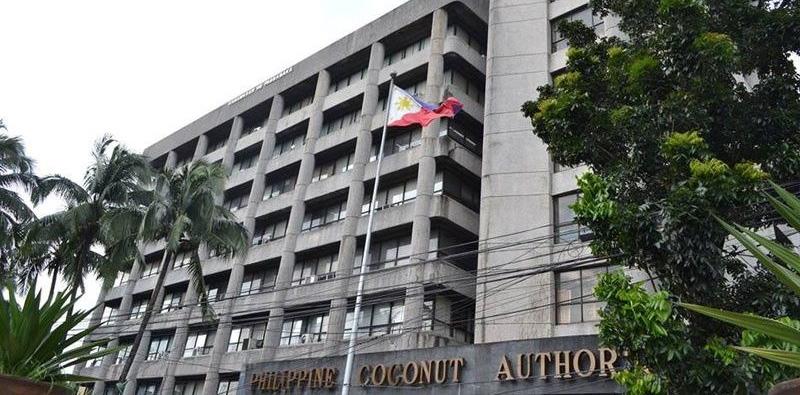
• Facilitated testing;
• No eating together
• Quick reaction to cases – contact tracing / observing quarantine
SOCIAL DISTANCING

• Disinfection of offices, vehicles, and other facilities were regularly performed.
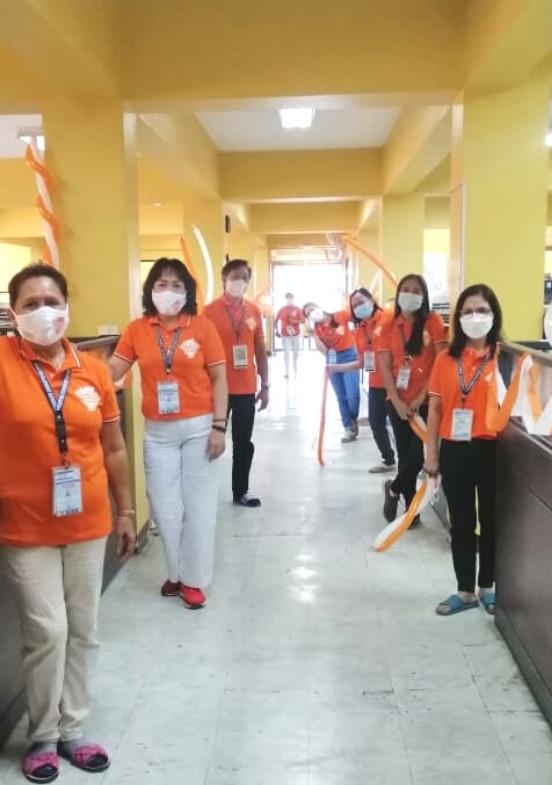
PF DA
Personnel who manifested some symptoms were advised to isolate immediately or undergo quarantine. Subsequently, they were referred to the medical consultant for consultation, monitoring, and investigation. If deemed necessary, the HSO required them to undergo RT-PCR testing.
PFDA imposed a “No Face Mask, No Entry” policy. It also performed thermal scanning on individuals (central office/ports). The management also put footbath mats near the points of entry to the vicinity.
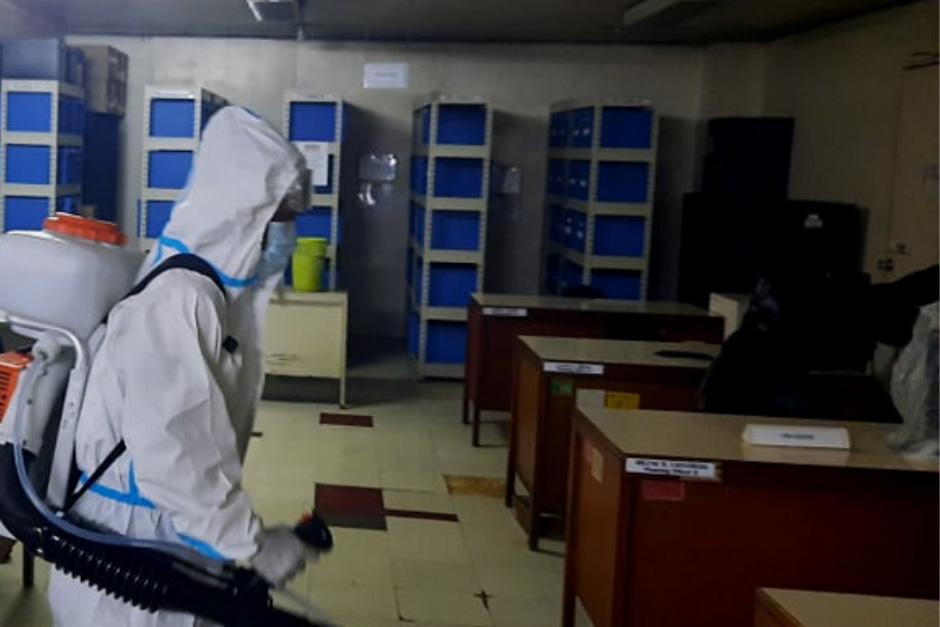
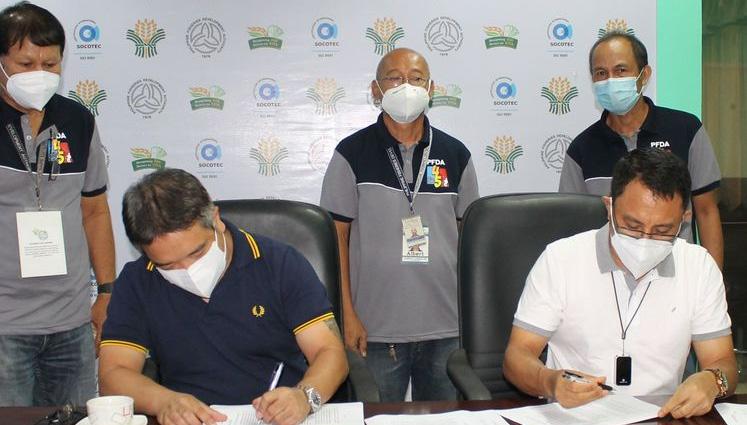
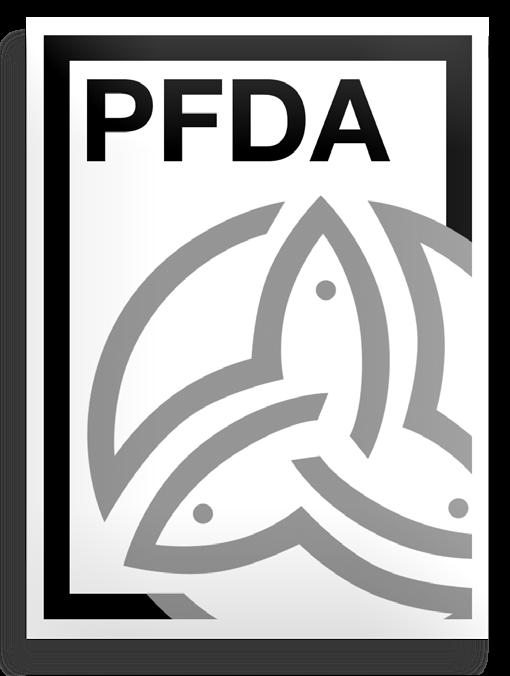
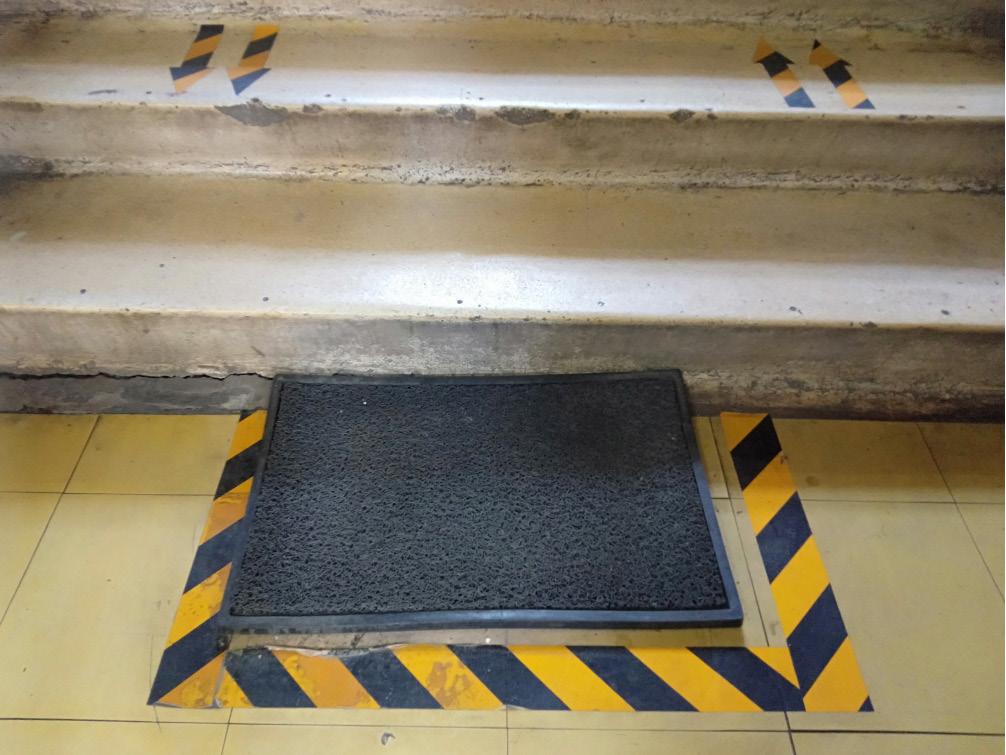
130
PCIC SOCIAL DISTANCING

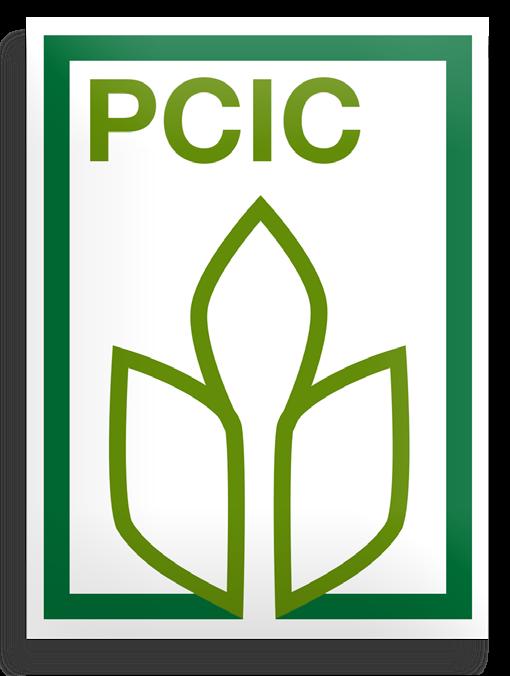
• Information regarding Covid-19 virus through webinars and virtual flag ceremony
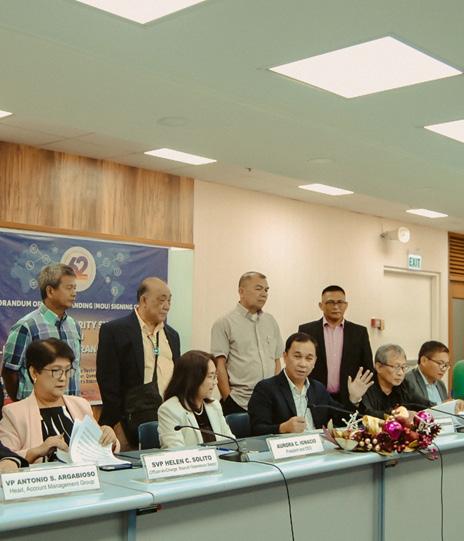
• Alternative work arrangement (no. Of personnel within the maximum allowed capacity)

• Daily disinfection in the office after office hours
• Provision of service vehicle,PPEs (face mask, face shield, alcohol/hand sanitizers)
• Maintaining social distancing
• Coordination with the Quezon City government for vaccination
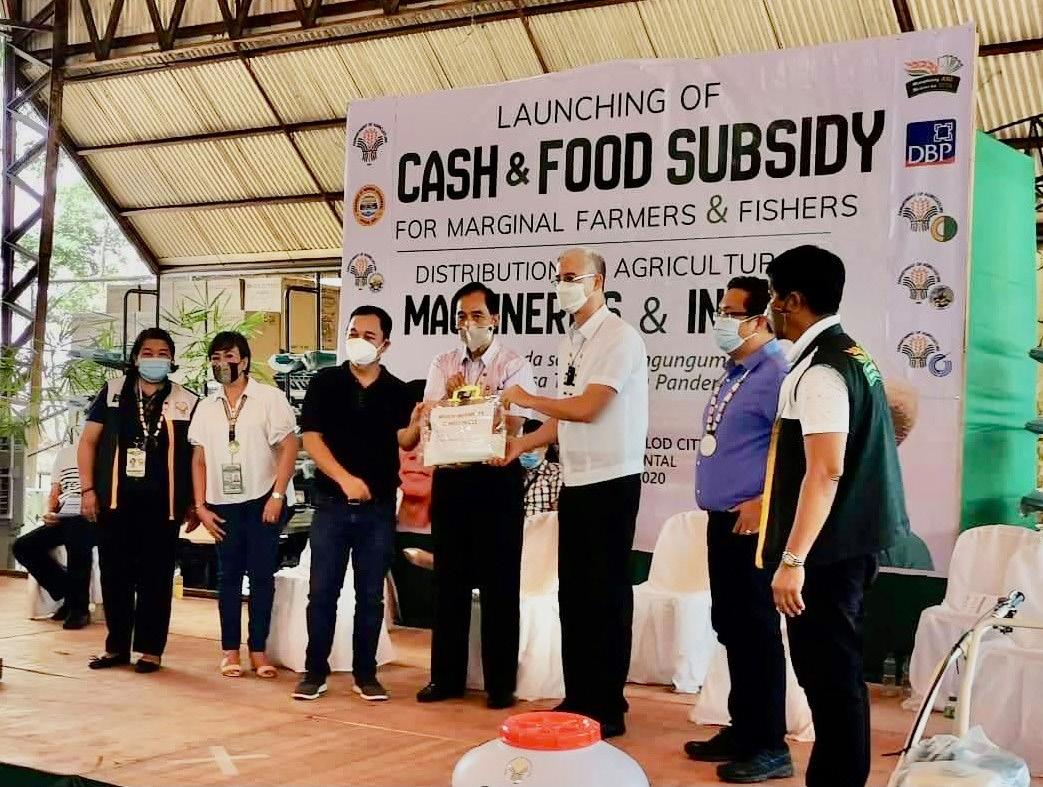
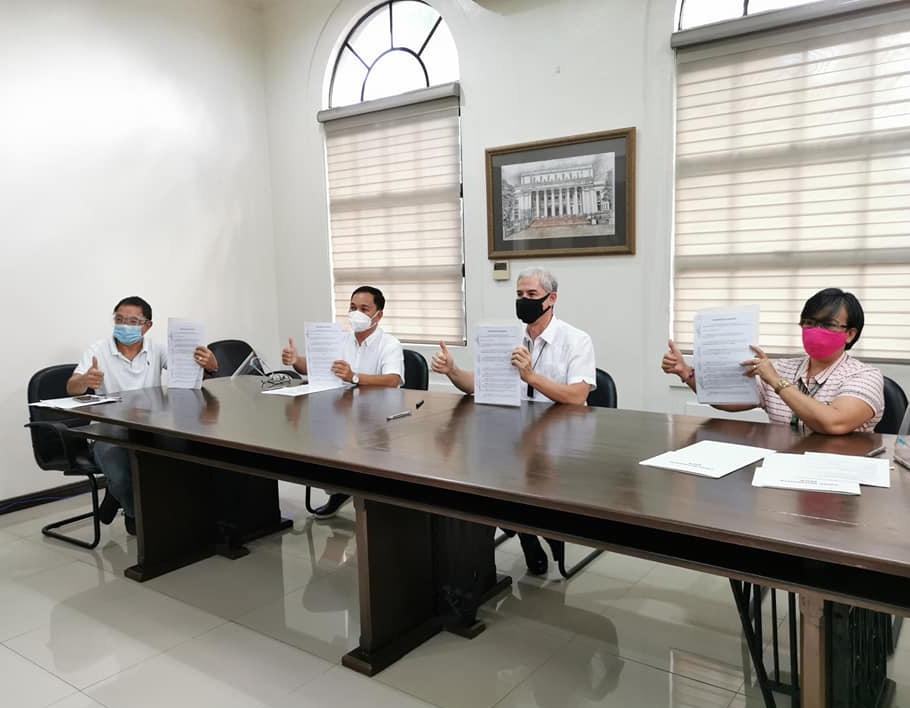
• Constant monitoring of Covid 19 cases in the Central and regional offices
The corporation developed guidelines to ensure a safe return to work for its employees. Regional field offices remain operational despite the localized lockdowns imposed b the LGU with its skeleton workforce and one-day break for staff as a precaution to the virus. Another RFO implements 50 percent work on-site and 50 percent in their respective homes. It conducted meetings with the use of technology and via online platforms.
131
Phil RICE
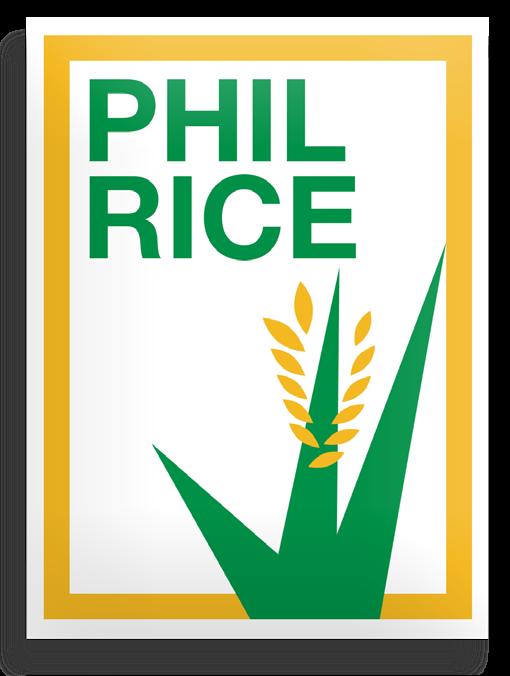
PhilRICE has a Quarantine facility that employees may use for purposes of (a) staff who arrived from travel; (b) staff who manifest with Covid-19 signs and symptoms; (c) staff exposed to Covid-19 positive patients and determined to be primary contacts;
There was constant monitoring of all staff under quarantine at least twice a day. Swab tests were conducted on primary contacts;
PhilRICE worked with concerned Barangay Health Emergency Response Teams (BHERTs), the Rural Health Unit of the Science City of Muñoz, and the local Philippine National Police re: implementation safety protocols, monitoring of quarantined staff, managing Covid-19 cases, and case contact tracing.
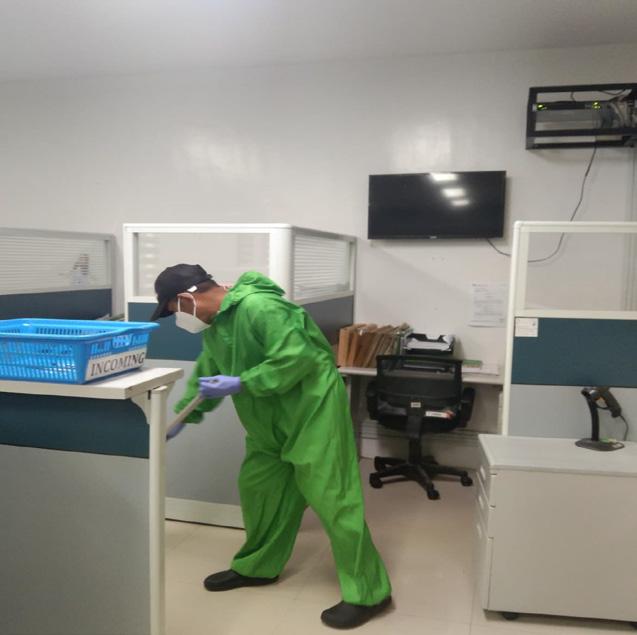
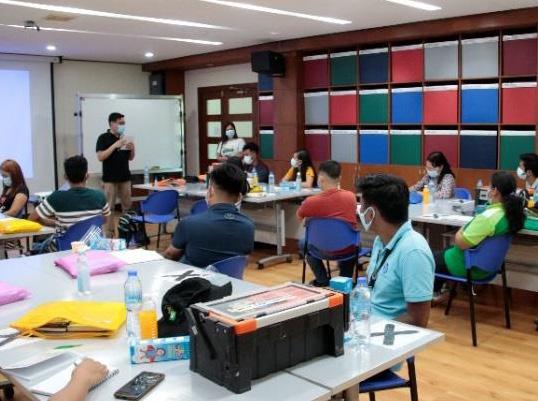
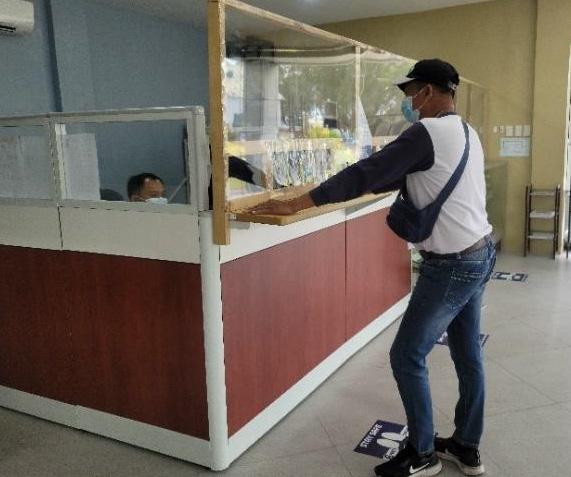
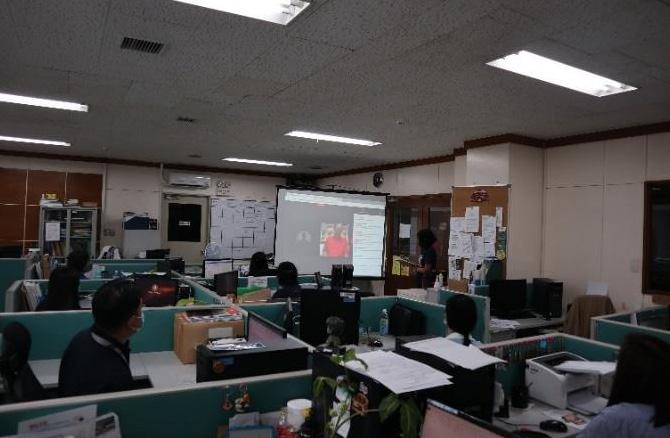
SOCIAL DISTANCING
• Whenever possible, the management conducted meetings through video conferencing;

• For meetings and group activities – there could only be a maximum of 25 participants, and the actual limit depends on venue capacity with consideration for the need for social distancing;
• Mass gatherings are not allowed;
• Suppliers and other service providers must secure an appointment with the divisions and offices they opt to visit.

• As a requirement, they must submit an accomplished visitor disclosure form and a medical certificate from their respective RHUs at least one day before their visit. PhilRICE advised Students and clients inquiring about testing services and investigatory projects to seek prior approval and appointments.
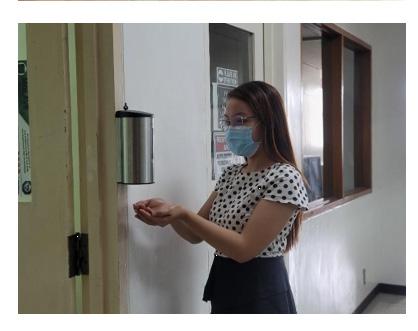
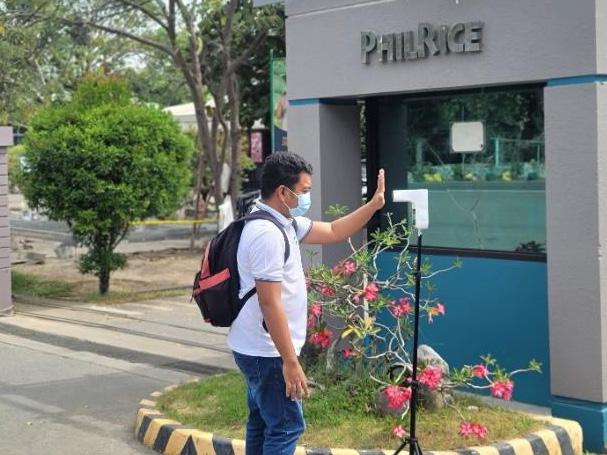
132
SRA

The Sugar Regulatory Administration (SRA) is at the top of its Covid-19 prevention program by continually implementing the minimum health standards prescribed by IATF/DOH/IATF/ DA/CSC/WHO.

The wearing of a face mask and face shield at all times, physical distancing, and frequent handwashing and hand hygiene were essential.
Decontamination of every entering vehicle, online applications to avoid face-to-face interaction, temperature checks and foot before admission, mandatory filling out of Visitor/Contact tracing and health declaration forms, and installing alcohol-based disinfectants or no-contact alcohol dispensers at strategic places were part of the practices.
SRA employees/personnel are continually informed and reminded of the implementation of the minimum health standards for an effective prevention measures on the spread of Coronavirus as prescribed by IATF/DOH/IATF/ DA/CSC/WHO
SOCIAL DISTANCING
• The management used cubicle workstations and acrylic or plastic barriers in receiving areas, visual cues reminding distancing in different platforms, prohibition of canteen dining-in, and adoption of alternative work arrangements to limit movement and exposures.
• It regularly disinfected offices and facilities and used virtual platforms for essential meetings, fulfilling the office’s important works.
• It provided free shuttle services and dormitory rooms for SRA personnel residing outside Metro Manila. A holding area and an isolation room were also available.
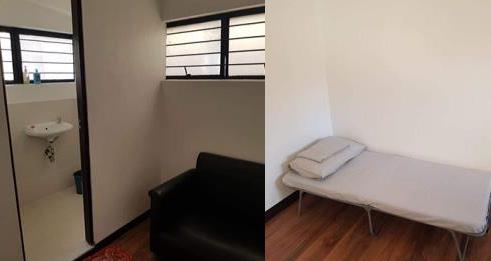
• Health and Safety Kits for SRA personnel include face masks, face shields, alcohol, hand soap, vitamins, paracetamol. It also prioritized granting Hazard Pay for SRA personnel who physically reported work during the Enhanced Community Quarantine (ECQ) period.
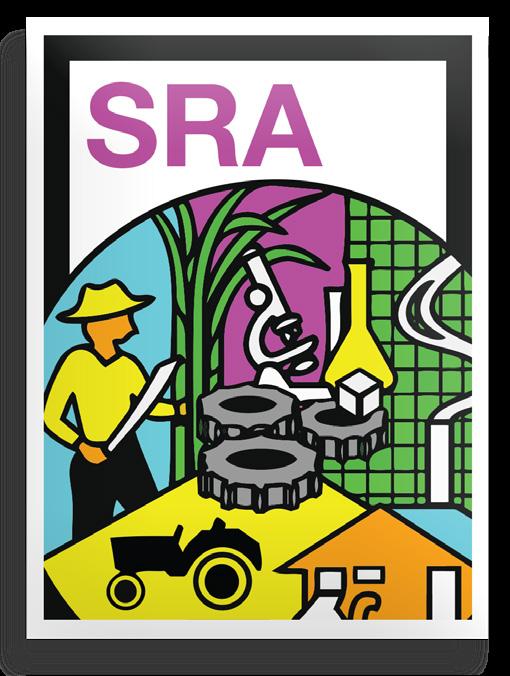
SRA applied the DA/DOH guidelines concerning handling and reporting of incidents where immediate contact tracing, mandatory quarantine for those individuals who had close contact, and isolation for those manifesting symptoms.
Daily health monitoring for confirmed/close contacts was also a must.
The SRA also coordinated with the Local Health Offices thru DILG Provincial Office to ensure regular monitoring of employees by their local health officers at the barangay/municipal levels.
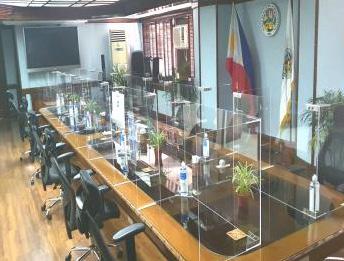
133

134

135 wallpapercave.com
APPENDIX

136
APPENDIX SERVICE CONTINUITY IN THE MIDDLE OF A PANDEMIC: PROGRAM IMPLEMENTATION ACTIVITIES

AND RELATED INITIATIVES
The central focus of the narrative of the Special Report is the necessary measures undertaken to manage the challenges presented by the pandemic to the health and well-being of the workforce and thereby ensure service continuity, particularly concerning essential and critical public government services. Hence, most Service Continuity Reports delved essentially on pandemic response measures on administrative, human and financial resource mobilization to maintain a safe and healthy workforce and work environment.
Nevertheless, several offices were able to integrate into their reports some program implementation activities and related initiatives deemed to be particularly significant to the overall DA pandemic response vis-à-vis the implementation of various levels of community quarantine in the country. Part of these has to do with communication to DA stakeholders about DA Services during the pandemic.
The following is a summary of accounts on the above-described program implementation activities and related initiatives:
ICOMMUNICATION TO STAKEHOLDERS FOR NECESSARY INFORMATION AND SERVICES PARTICULARLY DURING THE PANDEMIC
• DISSEMINATION OF INFORMATION THROUGH ONLINE PLATFORMS ON DA PROGRAMS AND PROJECTS
The DA-CO has long been using various media to inform the public on the programs and services of the Department, with the Agriculture and Fisheries Information Division (AFID) performing the pertinent staff work.
Among the methods of information dissemination utilized were: Issuance of press, photo, and video releases (and their dissemination to various media outlets, posting through DA website and FB page); Virtual pressers; Publication of feature articles (e.g., Aggie Trends);
Discussion of programs, projects, and activities on the radio; and Posting of various informational texts in the DA social media accounts.
In this regard, on instructions by the Secretary, the SCPMT Chair and Undersecretary for Administration and Finance issued a Memorandum (dated April 06, 2020) Re: Dissemination by Individual Personnel of relevant Information on DA Programs, Projects, and Related Matters, particularly on the Department’s Interventions relative to the Current Emergency Situation due to the Covid-19 Pandemic. The Memorandum hinged on DA to reach out to the greatest number of its stakeholders as widely as possible. In that way, the Department will inform the public on its various programs and projects and solicit their participation even in this time of national health emergency.
All DA personnel was encouraged to disseminate the above-cited information through online platforms. Dissemination of information under the Memorandum was to be considered part of the accomplishments of the personnel.
137
COMMUNICATION TO STAKEHOLDERS FOR NECESSARY INFORMATION AND SERVICES PARTICULARLY DURING THE PANDEMIC
• ESTABLISHMENT OF “TASK FORCE FOOD HELPLINE”
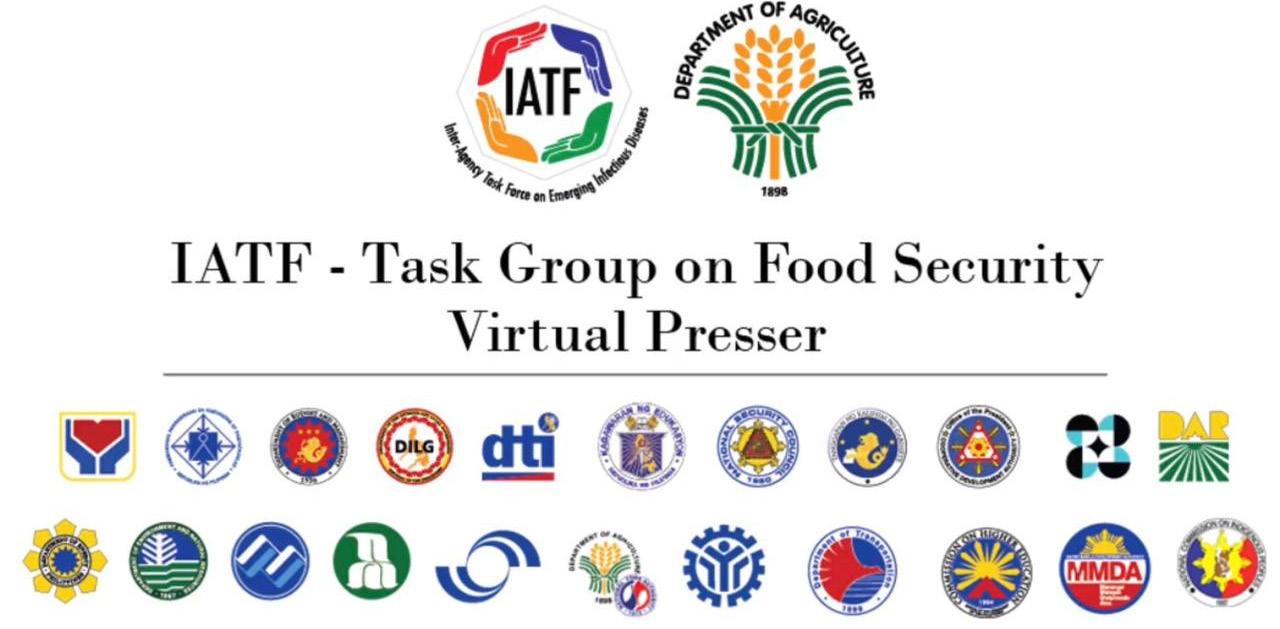
The SCPMT was specifically tasked under SO 346 to establish hotline services for Service Continuity. Thus, with Resiliency Task Force, and in support of the operations services of the Department during the quarantine period, the SCPMT launched the “Task Force Food Helpline.”
This Helpline (using text messaging technology) is a mechanism where concerned individuals, entities, and the public, in general, may link into the system and raise queries and concerns relating to food passes. This was used during the period of a public health emergency, particularly during the period of the implementation of ECQ in Luzon.
The Command Center was stationed at the Office of the SCPMT Chair and Undersecretary for Administration and Finance. The Chair fully utilized the hardware and program capacities of the Service Continuity Quick Response Information System of the SCPMT. This system allowed the command center to file/store and even generate a printed report of the queries/concerns raised to the DA through SMS. The Helpline was activated on March 19, 2020. A Memorandum signed and released by the SCPMT Chair on the same date detailed the helpline mechanics and directed dissemination of information on its availability.
• MAINTENANCE HOTLINES FOR VARIOUS DA SERVICES
NMIS Hotline: NMIS dedicated a hotline to all meatrelated and NMIS services inquiries during the Covid-19 ECQ.
RFO-V designated Covid-19 Hotlines for inquiries related to various programs, including those providing pickup areas in Bicol ROSes, Kadiwa ni Ani at Kita, Financial Subsidy for Rice Farmers, RSBSA Registration, Unhampered Movement of Animals and Supplies, Plant Pest and Animal Disease Prevention, and Control, RRP, Distribution of Corn Seeds and Farm Inputs, Distribution of LS and Poultry Packages.
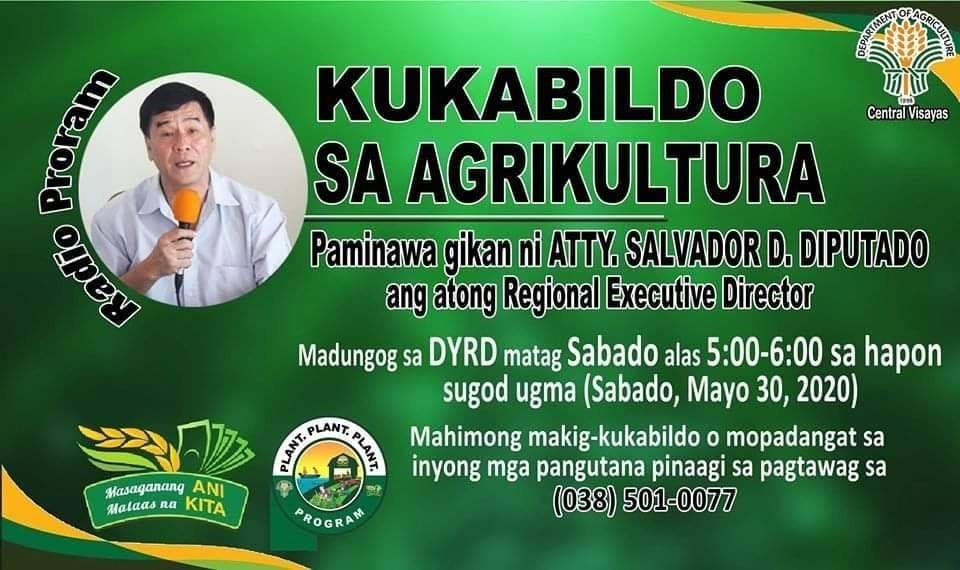
• INFORMATIONAL VIDEO ON DA SERVICES, PARTICULARLY ON DA-RFO-II SERVICES

This video production contains essential information on how the regional office will be assisting clients and visitors during this pandemic. It reminds viewers of the need to observe precautionary measures to help stop the coronavirus spread and adjust to the “new normal.” RFO-2 transformed specific health and safety protocols based on international health guidelines into a presentation of a step-by-step procedure that clients/ partners need to follow when physically accessing the services of said office.
• RADIO AND TELEVISION BROADCASTING
RFO VII bought airing time in radio broadcasting and television networks to air notable programs. Among those programs aired were “Kukabildo sa Agrikultura,” “School on the Air” for radio broadcasting, and “Ani ug Kita” for television broadcasting in consideration of DA stakeholders who do not have access or are unfamiliar with online media.
I 138
RE: FOOD SUPPLY AND DISTRIBUTION COMBINED WITH MARKETING AND OTHER SUPPORT TO FARMERS AND FISHERS
• KADIWA NI ANI AT KITA: Some regional field offices reported on the implementation of KADIWA ni Ani at Kita Program (i.e., Kadiwa retail, KADIWA on Wheels, Kadiwa Express) and how the same have been maximized as modalities to ensure food supply in areas particularly during the implementation of ECQ in various geographic areas all over the country.
• RFO CAR related its unwavering implementation of the “Kadiwa ni Ani at Kita” to ensure that agriculture and fishery products were made available and accessible through (a) Linking farmers to institutional buyers (Kadiwa Express), with the RFO also providing logistics assistance for the efficient movement of agricultural products; (b) Kadiwa retail outlets; and (c) Kadiwa on Wheels.
• Farmer groups, cooperatives, and associations (FCAs) showcased their agricultural produce and products. As to Kadiwa Retail, RFO CAR noted that the same includes assisted events organized by DA-AMAS and participated in by farmer-suppliers from the region. Thus, these were the events in partnership with high-end markets such as Robinsons Corporation, Megaworld, Ayala Malls, SM Corporation, and association of restaurateurs such as Resto PH).
• RFO VII noted to have implemented the KADIWA on Wheels and KADIWA Retail modalities to ensure consumer access to quality and fresh agrifishery commodities at affordable prices, thereby establishing additional markets for small farmers and fisherfolks.
• Thus, the most significant highlight is the collaboration of DA with FCAs, agri-based enterprises, cooperatives, and some LGUs through the agriculturists in the provincial, city, and municipal levels. The regional offices affirmed that Kadiwa contributed to sustaining the stability of prices in the market. Through Kadiwa, small farmers and fisherfolk were given the premium in the government’s program, enabling them to sell their products directly to consumers while providing the urban poor access to safe, fresh and quality agri-fishery products at affordable prices.
• RFO-II deemed the implementation of Kadiwa ni Ani at Kita and Kadiwa on Wheels as among the best practices (in ensuring food supply/ distribution);
• RFO-XI facilitated the conduct of Kadiwa ni Ani at Kita in strategic barangays to ensure adequate food supply in the community.
• NFA RICE – The IATF-EID tapped the NFA to -- in line with its mandate and its being the nation’s custodian of the government’s rice buffer stocks – ensure the unhampered delivery of government rice stocks and fulfill the rice requirements of LGUs and emergency relief agencies. Accordingly, the NFA took charge of issuing food lane passes for all vehicles transporting NFA rice and did continuous coordination with LGUs and relief agencies to assure them of the availability of rice stocks for their respective relief requirements.
• The NFA also continued with its operations, even as it intensified palay procurement and rice distribution (March to December 2020). For this purpose, NFA Regional and Provincial offices were open twelve (12) hours a day, seven (7) days a week.
• The agency dispersed stocks from provinces with surplus to those with stock deficits to ensure that rice inventories in the latter are maintained at an optimal level at all times. In the distribution of rice stocks, priority was given to provinces considered to be the most vulnerable to calamities and emergencies.

• The NFA provincial offices of regions 1 to 3 conducted weekly caravans to augment the rice stock inventory of the NFA-National Capital Region (NCR).
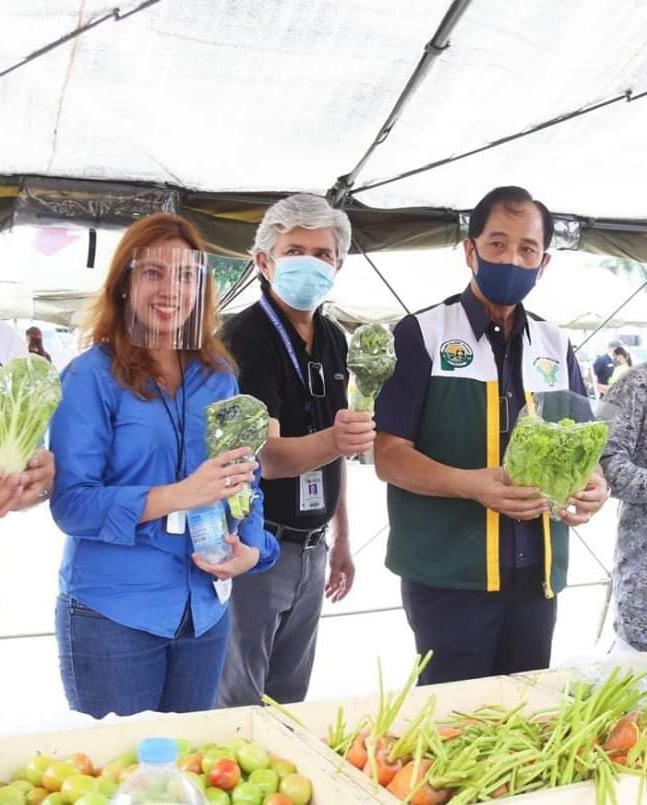
II
139
SILLAGE DISTRIBUTION AND MARKETING SUPPORT
TO LOCAL DAIRY FARMERS – The NDA launched the initiative “we drink milk as one,” targeting two (2) primary beneficiaries: frontline workers and local dairy farmers. The industry was deemed responsive to a context where the imposition of government health policies and protocols minimized the movement of people and the operation of most businesses, resulting in a substantial decline in the demand for locally produced milk. Under the program, NDA bought milk from local dairy farmers and donated the same to frontline workers all over the country, providing the latter an immunity-boosting product while supporting the local dairy farmers in their livelihood during the community quarantine period.
• Corn Silage Distribution: The NDA also intensified the distribution of corn silage to assisted local dairy farmers to help provide for the proper nutritional needs of the latter’s farm animals, a necessary intervention considering that strict border controls hampered the sourcing of animal feeds. The NDA regional Departments were at the frontline of this initiative.
• Marketing Support – Finally, the agency provided much-needed marketing support to local dairy farmers. First, NDA maximized the use of social media to raise awareness of milk’s health benefits and advertise the products produced by local dairy farmers. Second, the agency set up milk outlets at its headquarters/ satellite Department offices and participated in the Kadiwa ni Ani at Kita activities to lend more visibility to local dairy products. Third, NDA urged LGUs to include the locally produced milk in their respective food ration or ayuda provisions. Administrator Mabale wrote letters to mayors emphasizing that fresh milk is an essential source of nutrition that could help boost a person’s immune system, making it more efficient in fighting off infections and diseases. NDA thus facilitated cooperation between LGUs and local dairy farmers.
• MONITORING OF LOCAL SLAUGHTER, COLD STORAGE WAREHOUSES AND PROCICES OF MEAT
-- The NMIS reported that in close coordination with RFOs, the agency’s Regional Technical Operation Center (RTOCs) monitored local slaughter conducted by licensed meat establishments and locallyregistered meat establishments. This is to ensure a sufficient supply of meat, particularly during the imposition of ECQ in various areas of the country. The agency also conducted monitoring on the prices of meat in public markets.
• PROCESSING and ISSUANCE OF FOOD PASS AND RELATED PERMITS
• The Agribusiness Marketing and Assistance Service: DA-CO was at the frontline of food pass processing and issuance at the NCR while DA RFOS (through their respective Agribusiness and Marketing and Assistance Divisions) took charge of said procedures outside of the NCR.
• NMIS reported issuing a food lane vehicle pass for meat establishments and meat processing plants through its 16 RTOCs. It also gave Certifications of Meat Inspection (for imported meat). It had developed a system for purposes of electronic requests and the non-face-to-face issuance of the permit. The NMIS deemed this initiative to facilitate trade and transport of the product while limiting risks of exposure to the Covid1-19 virus of NMIS plant officers.
• PFDA also reported issuing food pass stickers to port clients such as fish vendors, retailers, and whole-sellers to bring products to the market without any inconvenience. Accordingly, this was part of the effort to ensure that fish products are readily available for consumers even in the middle of community quarantine. In addition, PFDA intensified its campaign on the “ISDA ON THE GO” project to ensure the availability of said products and at lower prices. The agency was negotiating with LGUs on the supply of fish products in private and public markets through the said project.
• As noted above, the NFA issued food lane passes to vehicles transporting NFA rice.
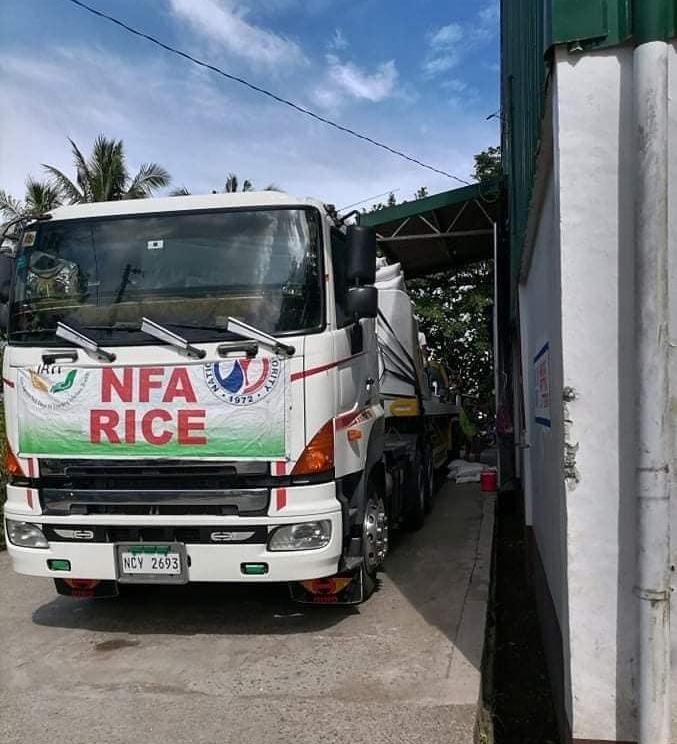
• NDA MILK BUYING
DISTRIBUTION; CORN
AND
140
CONDUCT OF PRICE MONITORING AND OTHER PRICE-RELATED ACTIVITIES
RFO-VII conducted the following:
(a) Daily retail price monitoring of essential agrifishery commodities in five (5) major public markets in Metro Cebu, Tagbilaran City, Bohol, and in Dumaguete City, Negros Oriental to ensure that prices of basic commodities are within the price ceiling set by the LPCC; and (b) Weekly monitoring of farm gate prices of palay, corn, selected live animals, and poultry, as well as prices of fertilizers with the help of municipal agriculture offices. Fertilizer and Pesticide Authority (FPA) provided the regional office updates on the prices of fertilizers they are monitoring.
REGULATION AND MONITORING OF THE ONLINE SELLING OF MEAT PRODUCTS
The NMIS issued Memorandum Order 07-2020-271 and Memorandum Circular No. 07-2020-012 to regulate and monitor the online selling and house delivery of meat products to ensure that products sold are not contaminated, adulterated, or misbranded and to assure the public of the quality and safety of that meat and meat products they are buying.
For its part, the RFO CAR reported having conducted:
• Daily wholesale price monitoring of major highland vegetables at the Benguet AgriPinoy Trading Center (BAPTC) and the La Trinidad Trading Post;
• For the Bantay Presyo Price Monitoring, retail price monitoring at the Baguio City Public Market and other provincial markets for selected vegetables and other basic commodities (pork, chicken, sugar, etc.);
• Once-a-week retail price monitoring on basic commodities (such as vegetables, fruits, rice, sugar, and cooking oil) at identified big grocery stores in Baguio City.
RFO-XI related having created a task force for the conduct of daily price monitoring (of agricultural commodities) in indifferent public markets in Davao City;
NMIS – as stated, the agency conducted monitoring on the prices of meat in public markets.
CREDIT FACILITATION




RFO CAR conducted seven (7) orientations on the different credit programs of the Department in coordination with the Agricultural Credit Policy Council. Under the Expanded Sure Aid and Recovery Project, the Region facilitated the release of the P239M fund serving 9,589 micro, small farmers, and fisherfolk (MSFF).
CONTINUED ANIMAL DISEASE PREVENTION AND CONTROL PROGRAM
The RFO-IX Task Force on Animal Diseases was on a 24/7 duty through 3 shifts to keep watch on the entry of live hogs, poultry, by-products to ensure against the entry of African Swine Fever and Avian Flu viruses from other regions.
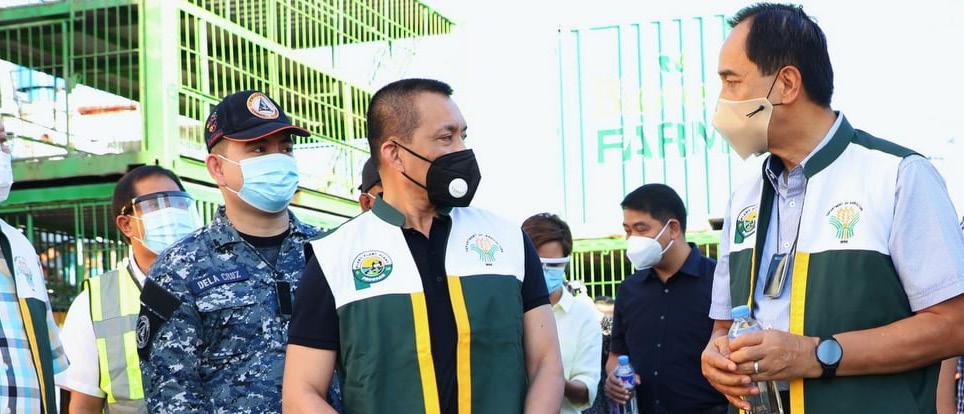
Employees of RFO-IX had to bring blood samples collected from dead birds from the LGUs of Siay and Kabasalan in Zamboanga Sibugay to Zamboanga City for laboratory testing at the DA-Avian Influenza laboratory (tested negative).
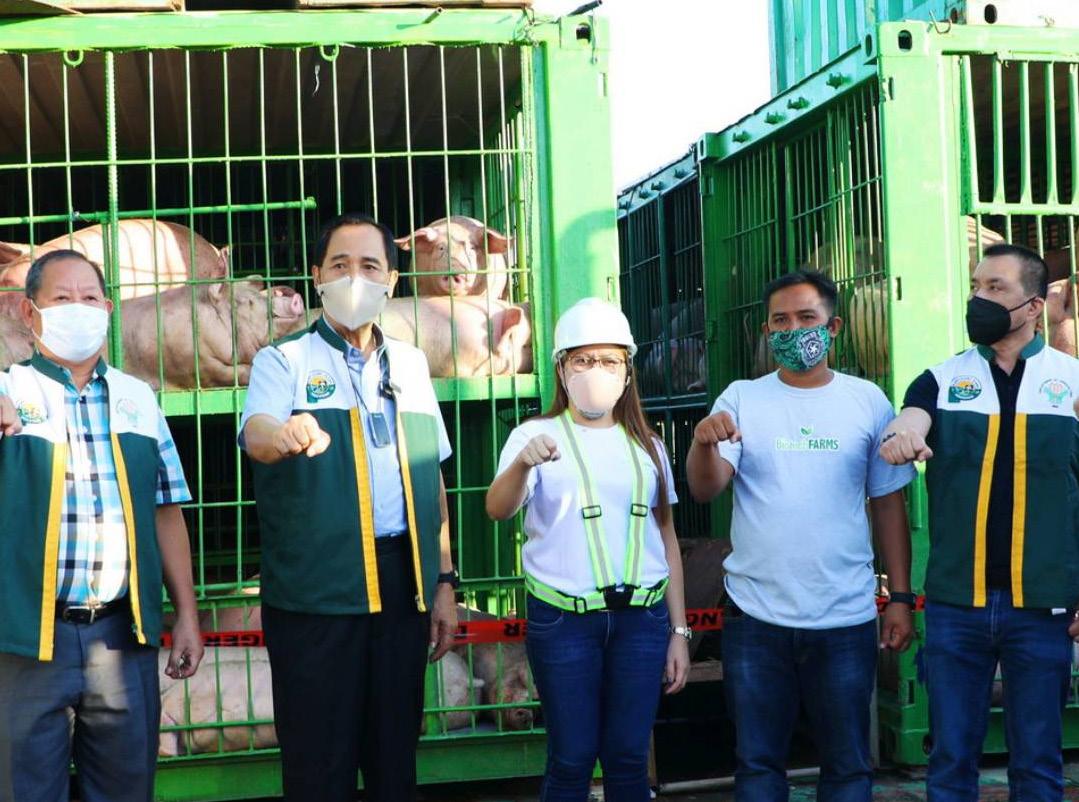
III IV VI V
141 da.gov.ph
VII

SPECIAL ASSISTANCE INITIATIVES
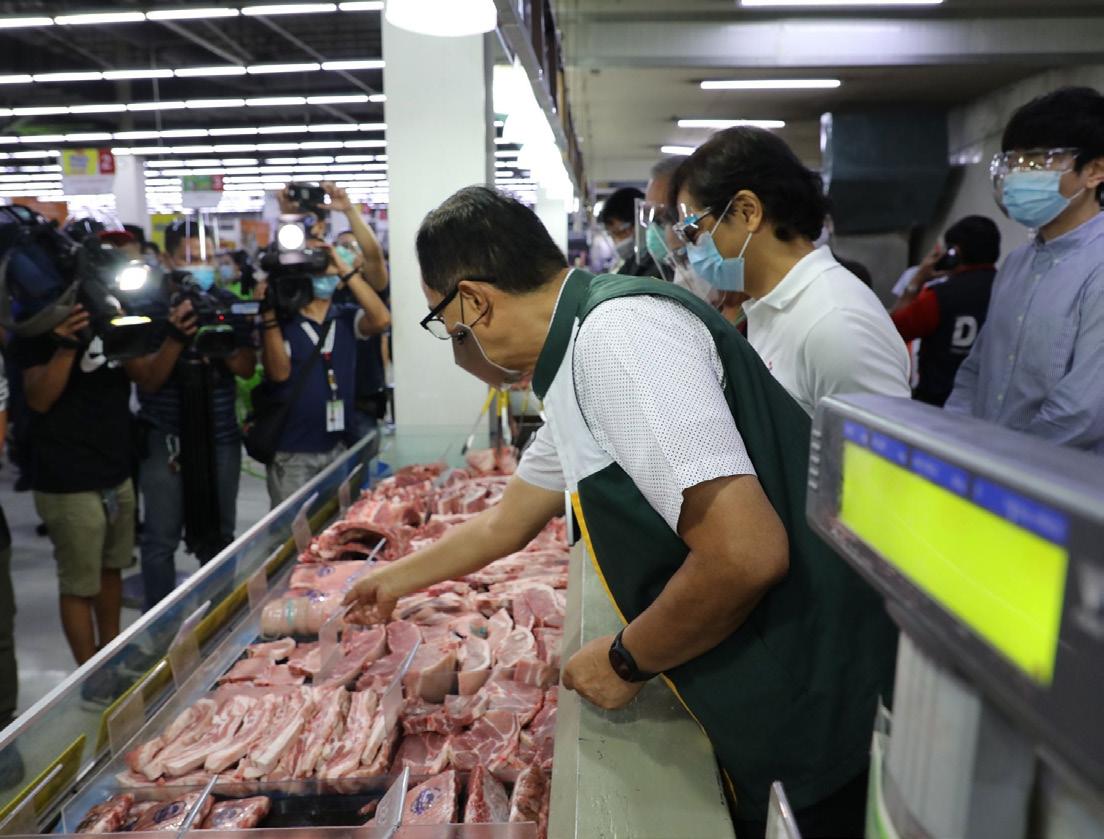
RFO-VIII participated in the Hatid Tulong Program. This program was a joint initiative of the Office of the President, National Task Force Covid-19, and various Departments and agencies of government. The aim was to provide either land, air, or sea transportation to those who got stranded in various areas (or the “locally stranded individuals” or “LSIs”) due to lockdown measures imposed to curb the spread of Covid-19. According to DA 08, “through the leadership of the incumbent Secretary of the Department of Agriculture, several selected regional offices across the country supported the President’s national call and thus provided food assistance to the traveling LSIs.”
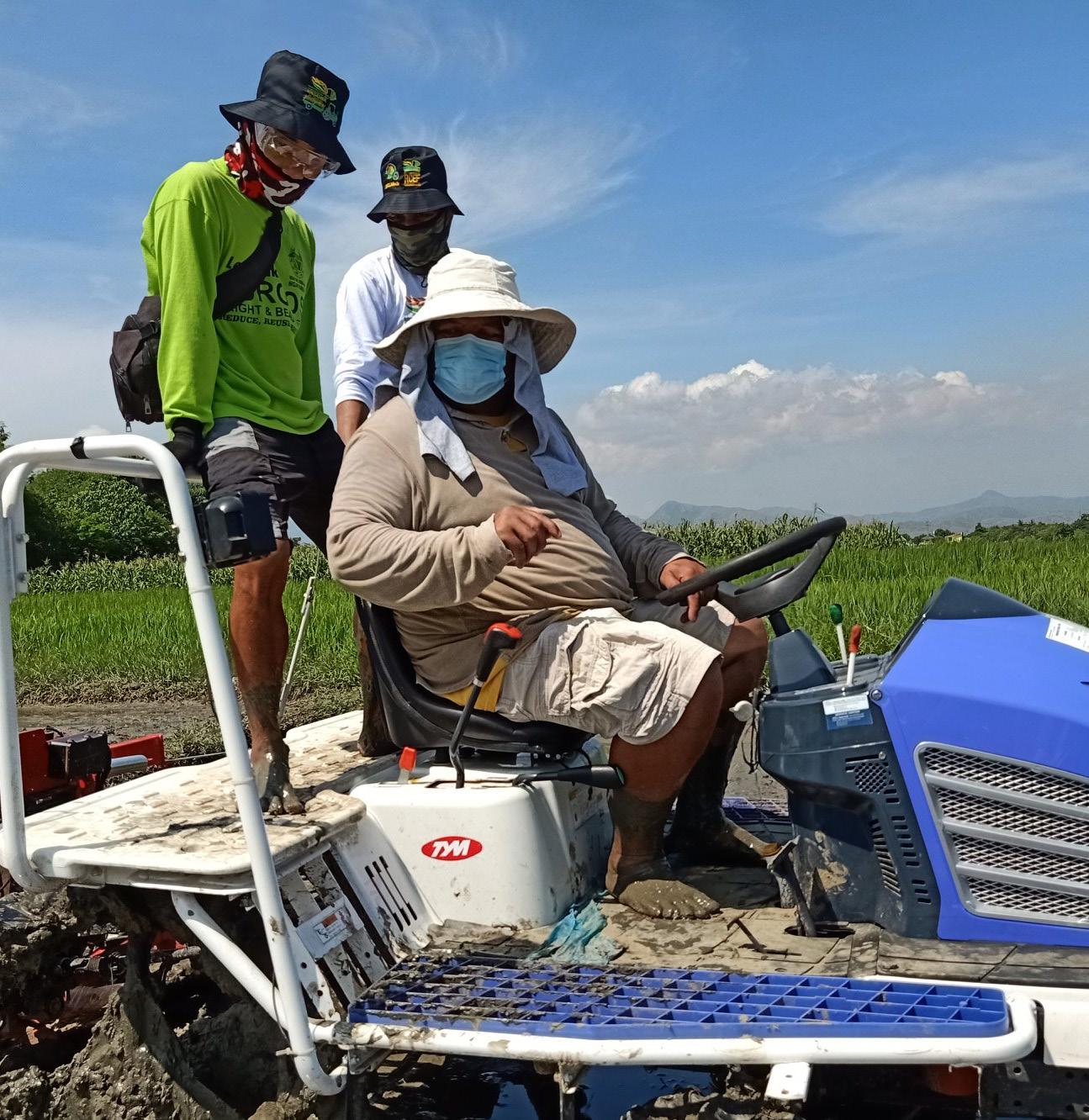
RFO-VIII noted, in this regard, that employees were assigned at the foot of San Juanico Bridge, Leyteside, to hand out food assistance to the beneficiarytravelers.
The Special Areas in Agricultural Development (SAAD) Program of RFO-IX initiated a fund-raising activity at the employee level. It was dubbed as “Bayanihan Mission: Farm Goods for Families Relief Project,” the project culminated in the distribution of food packs to at least three hundred (300) families in 5 villages in Zamboanga City, specifically for households greatly affected by the pandemic (i.e., of carpenters, drivers, public utility/tricycle drivers, and labor workers). The food distribution activity was carried out in coordination with Barangay Councils and the Zamboanga City Welfare and Development Office.
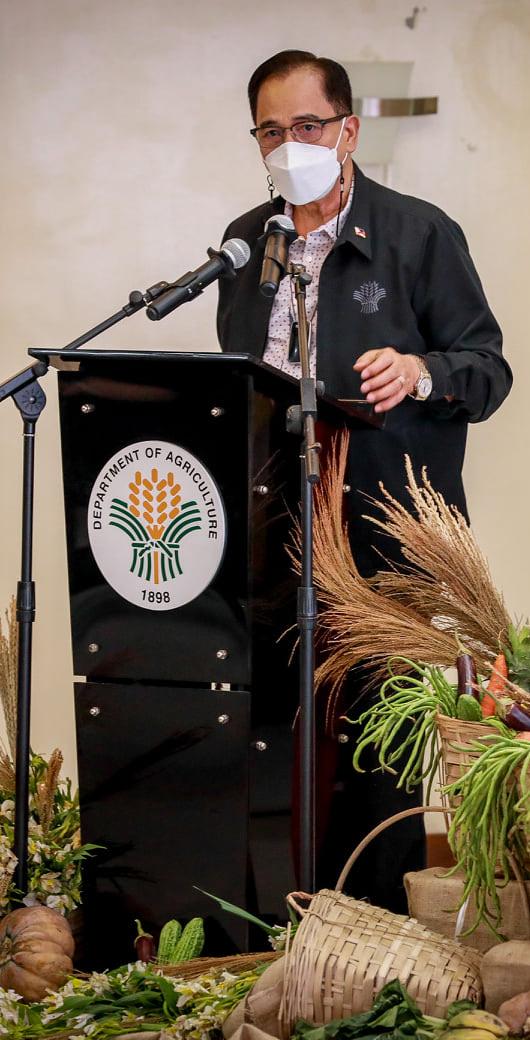
142 da.gov.ph da.gov.ph
JOB SATISFACTION AND MENTAL HEALTH IN THE WORKPLACE AMID THE NEW NORMAL CHECKING
ON PUBLIC SERVICE CHAMPIONS
Amidst the backdrop of crumbling livelihoods and halted human progress, the government should remain stable at the forefront for its people. This sworn role of government employees to deliver relentless service regardless of how novel a challenge is, resounds now more than ever.
The employees are the backbone of fulfilling this duty. In pursuit of performing beyond the limits imposed by the pandemic, it is also a must to recognize that they also experience the struggles of coping with the ongoing global health crisis.

There may be a tendency to neglect that this is also the first time that government employees experienced a pandemic of this detrimental extent. The responsibility to carry out vital services might be veiling the underlying fears, sacrifices, and conflicts of each individual.
The Service Continuity Management Team (SCPMT) initiated an online survey for all DA employees to take a step towards realizing their present condition. During the Service Continuity Planning and Management Team (SCPMT) meeting with Health and Safety Officer/Coordinators of Department of Agriculture – Central Office, Regional Field Offices, Bureaus, Attached Agencies and Corporations on August 13, 2021, more than a thousand DA personnel from all over the country voiced out their work satisfaction and mental health status.
Out of the 1,140 who participated in the work satisfaction survey, most of them gave responses reflecting good working conditions and dynamics within the organization.
On the other hand, the 1,059 personnel who willingly shared their views on the second survey about mental health reinforced its vital role in increasing the level of employees’ productivity, self-efficacy, and positive relationships with his/her superiors and colleagues.
Positive outlooks from the participants mirrored the good mental well-being of the employees and included coping mechanisms such as practicing self-care and spending time with family and friends.
It can be gleaned in the results though, that internal conflicts caused by “toxic colleagues” form the largest part of the factors compromising the mental health of the DA workforce.
This prompts us to pose some recommendations such as offering seminar-workshops on Mental Health in the Workplace Amidst the New Normal to capitalize on an informed and sensitized workforce and mentoring programs that may help the personnel in adopting productive mindsets as part of the Department.

143
These proposed online activities shall cater to the psychological well-being of the employees and give them the platform to address their weak points and further efforts in areas of strength.
Undersecretary for Administration and Finance Roldan G. Gorgonio underscored the importance of exploring these aspects since the genesis of countrywide lockdowns in March 2020.
The pandemic may have altered the pacing of each employee in his/her career pursuit, making workplace satisfaction and mental health as areas of concern. No one is a stranger to the depletion of surge capacity in the context of an indefinite pandemic.
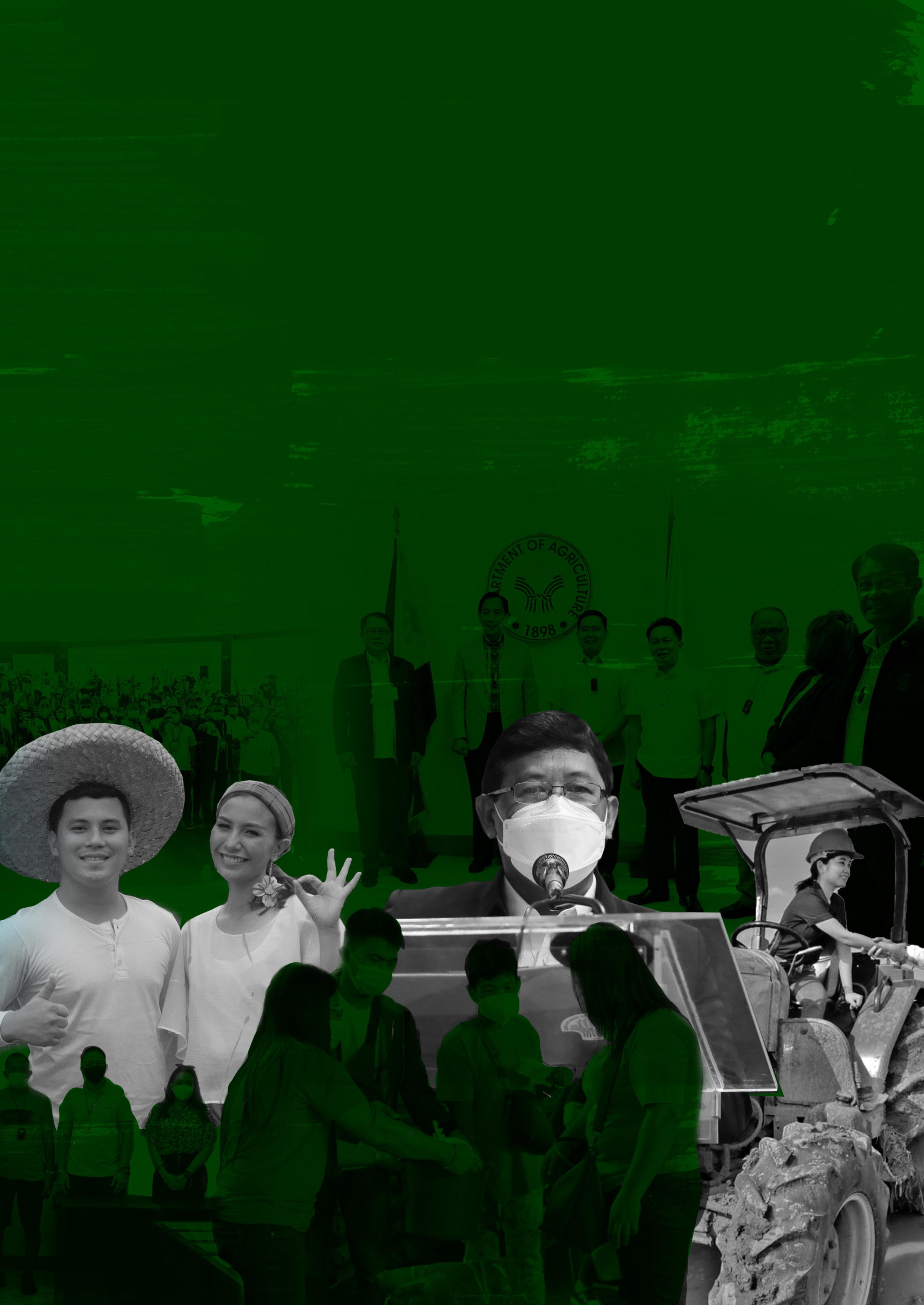
These, however, can be approached and resolved with openness and the collective goal of fostering a goaloriented and healthy work environment.
Work satisfaction and mental well-being remain crucial in achieving productivity and effectivity, therefore, should remain part of the agency’s priority.
In this time of uncertainty and self-preservation, the spirit of service continuity is the flame that steers the journey for the Department. The employees who fuel it should not be left behind.
144
HSO
Health and Safety Officers Directory
Department OF AGRICULTURE
145
146
Office of the Secretary
Office of the Secretary
Office of the Head Executive Assistant
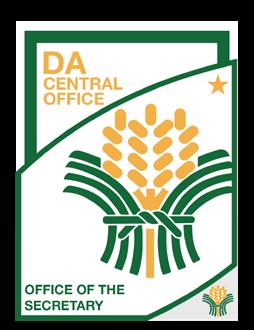
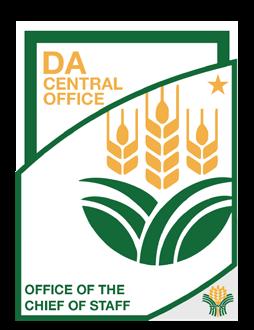


Office of the Undersecretary and Chief of Staff

merlindamartinez354@gmail.com
Merlinda S. Martinez Senior Administrative Assistant V
2808
OSEC 147
Atty. Maribel I. Arias
Executive Assistant III usecg.dacentral@gmail.com
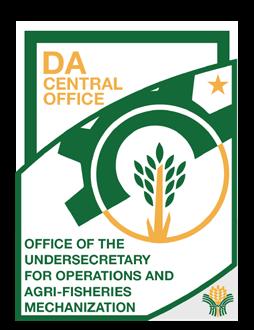
2820/2821/2822
Apple Grace M. Castillon
Executive Assistant I applecastillon60@gmail.com
2409/2423/2437/2438/2439
Sharon U. Florez
Senior Administrative Assistant III shouflorez31@gmail.com
2300/2317/2319
Chela Amor V. Nepomuceno
Administrative Officer IV chebacsec27@gmail.com

















2248/2249
USEC
OFFICE OF THE UNDERSECRETARIES
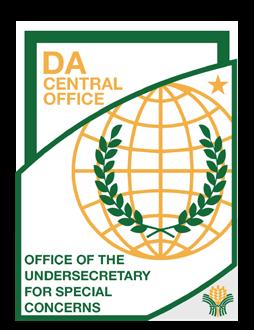

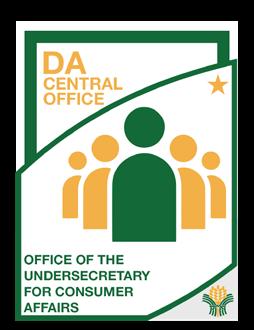
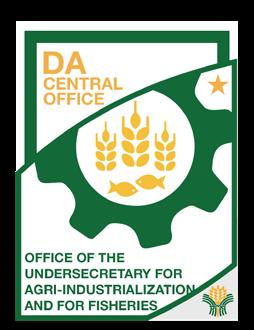
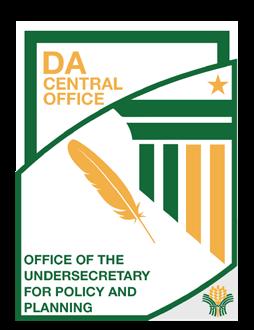
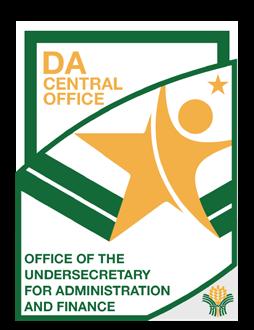
Marivic L. De Chavez
Senior Administrative Assistant V mldechavez80@gmail.com
2256/2257
Marjorie D. Saban
Senior Administrative Assistant III dausec.consumeraffairs@gmail.com


































2178/2189/2190
Alejandria A. Isungga
Executive Assistant IV bingisungga@yahoo.com.ph
2817/2818/2819
Christine Joel Romerana
Administrative Assistant III kj.romerona@gmail.com
2441/2442/2445
ASEC
OFFICE OF THE ASSISTANT SECRETARIES
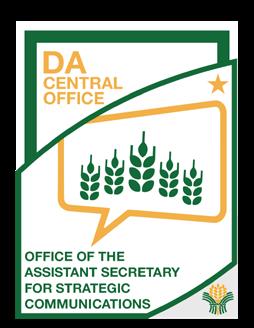
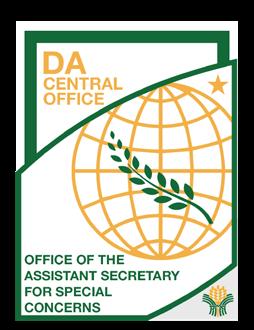
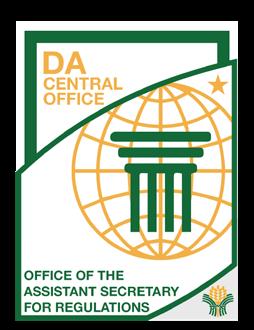
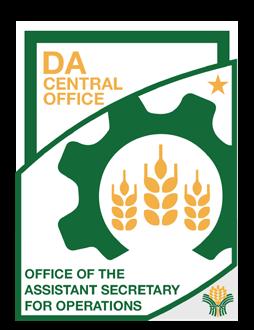
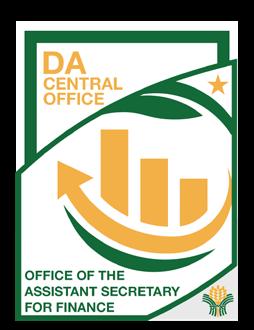
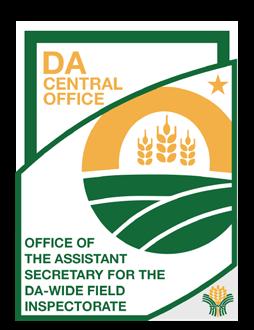
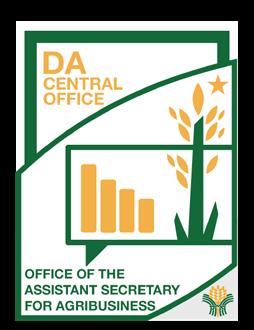
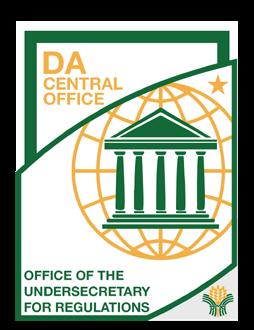
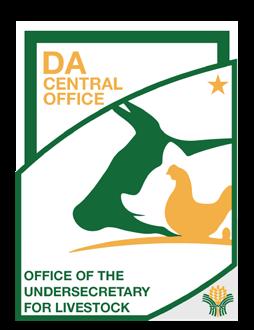
Clinton C. Ronquillino
Executive Assistant III ronquilloclintonc@gmail.com
2121/2122/2123/2124/2125
Maricris I. Riquilman
Administrative Assistant III
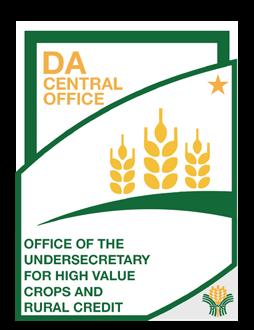
maricrisicallarequilman@gmail.com
2349
Angela Deriquito
Communication Development Officer II gelaideriquito@gmail.com
2847
Limuel A. Alagon
Agriculturist II laousc28@gmail.com
2441/2442/2445
Rona A. Badua
Project Officer I romeomamaalpadeltauniform alpa.daosec2019@gmail.com
2805
Irene A. Teodoro
Project Development Officer III aateodoro@up.edu.ph
2404
Dinalyn F. Ortiz
Senior Administrative Assistant IV dinalyn.ortiz@gmail.com
2280 / 2281
Jorilyn A. Rosales
Administrative Assistant III jorilynrosales@gmail.com
2174/2182/2183/2187
Melanie Talplasido
Project Development Officer III melanied.plasido@gmail.com
2358
148
Information and Communications Technology Service







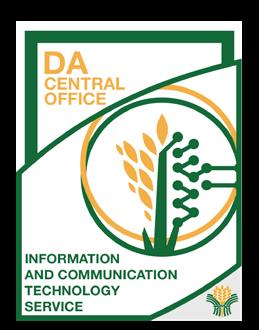










Honorio C. Flameño
OIC-Director honorio.flameno@da.gov.ph 2500/2502/2503
Xerxees R. Remorozo Engr. Jocelyn O. Mogado
OIC-Director, ICTS xerxees.remorozo@da.gov.ph 2510/2506/2526/2529/2530
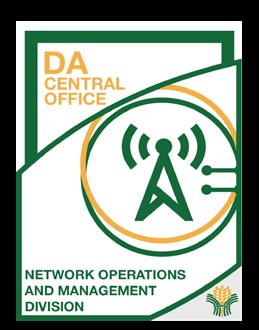
OIC Chief SADD jocelyn.mogado@da.gov.ph 2516/2517/2518/2540
Juliet R. Manguerra
Chief Division juliet.manguerra@da.gov.ph 2513/2528/2544
Honorio C. Flameño
OIC-Director honorio.flameno@da.gov.ph 2504/2505/2520/2527/2534
CENTRAL
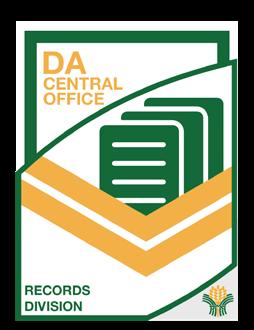
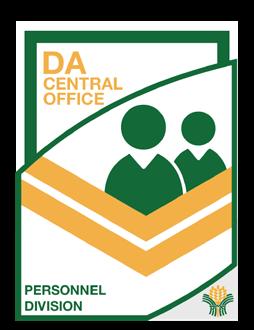
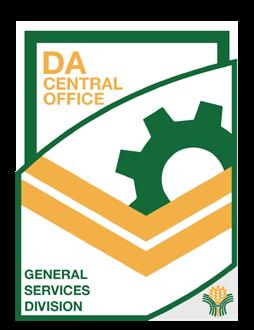
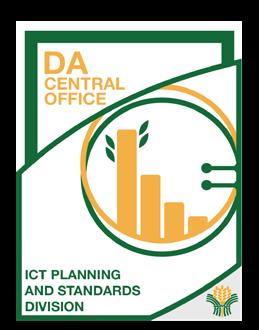
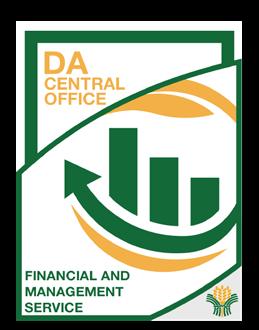

Melanie De Leon
Senior Admministrative Assistant I admnsvc.da@gmail.com
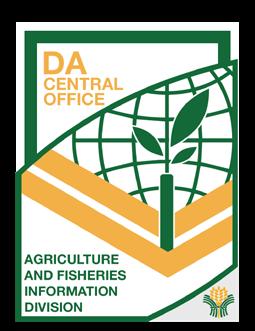
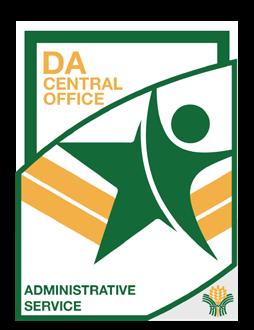
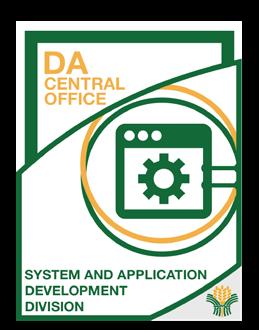
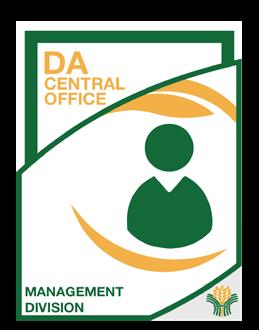
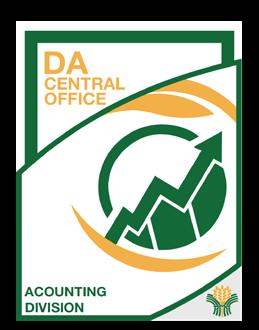
2258/2259/2261
Cheryl Suarez
Chief of AFID cherylsuarez@yahoo.com
2149/2150/2154/2155/2156
Rosemarie Go
Administrative Officer IV marigot67@yahoo.com.ph 2105/2106/2107/2199

















Financial Management
Service
Rachelle Valeriano
Administrative Assistant V rachelannev.041019@gmail.com
2325/2326/2327/2328
Lily Rose D. Zorilla
Administrative Asistant III zorillalilyrose@gmail.com
2176/2108/2120/2114/2115
Atty. Melinda D. Deyto
Chief, Procurement Division da.procdiv@gmail.com
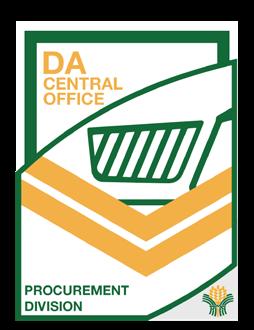
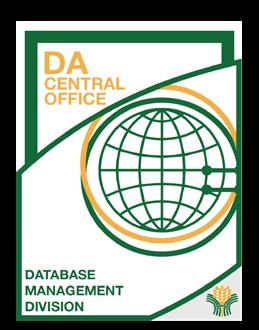
2129/2130/2131/2131/2133
Marinel G. Cabuyadao
Administrative Assistant III monelcabuyadao@yahoo.com 2365/2368/2369/2370
Telma C. Tolentino
Chief, Budget Division telma_tolentino@yahoo.com 2342/2343/2345/2361
Ma. Asuncion B. Sotto
Chief of HRDD hrdd@da.govt.ph 2216/2217/2218/2219
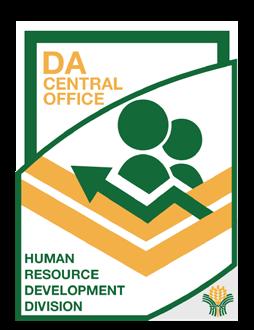
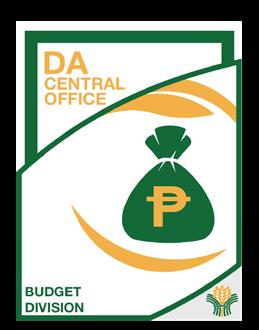
Ronald Pamittan
Supervising Administrative Officer ronald.pamittan@da.gov.ph 2829/2830/2831
Farida D. Quijano
Administrative Assistant I trishaquijano@yahoo.com 2365/2368/2369/2370
May Ann S. Catangue
Administrative Officer IV mayanncatague97@gmail.com
















2244/2245/2246

149
Administrative Service
OFFICE
Agriculturist
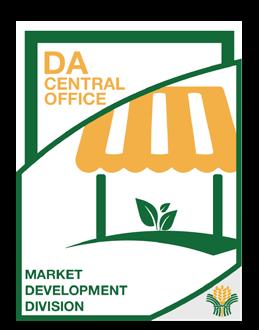
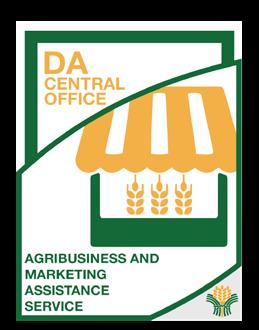
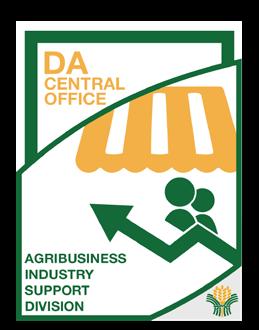
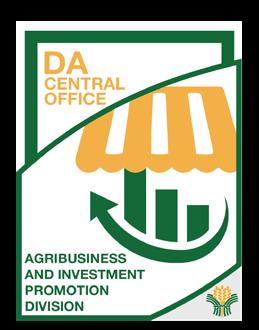
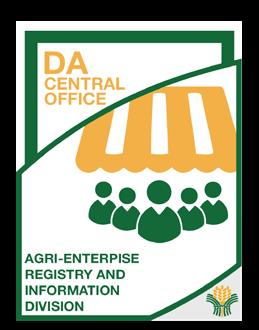
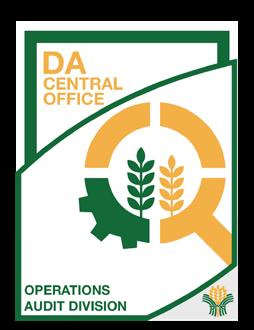




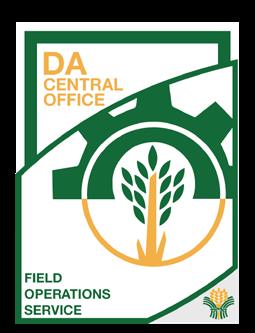











2420
2420
Agriculturist II kauri_rose@yahoo.com
2420
Administrative
2412/2432/2434/2435/2450/2460
Sharlene
Project
2406/2426/2427/2428/2429
CENTRAL OFFICE
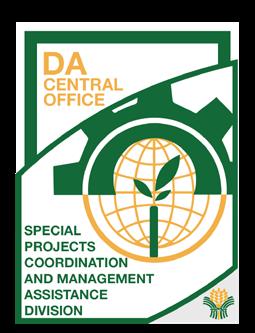
2251/2252
2251/2252
Administrative
Administrative
Administrative
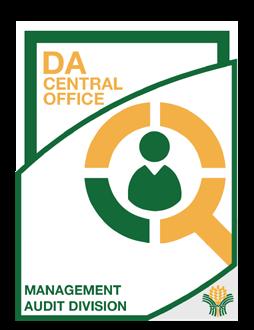
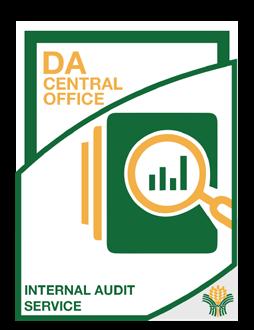








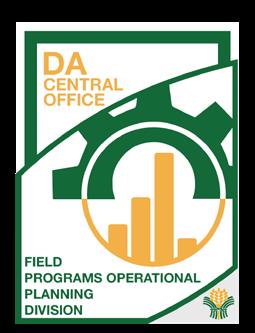
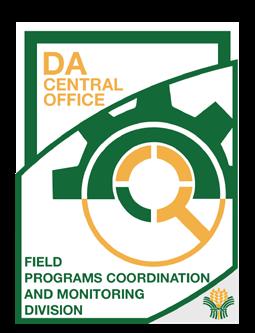




















2139/2140
 Agribusiness and Marketing Assistance Service
Edelyn Joy Levera Reinah B. Dumaguing
Christine L. Francisco William M. Inguito Jr. Edelyn Joy Levera
Administrative Assistant III joylevera02@gmail.com
Agribusiness and Marketing Assistance Service
Edelyn Joy Levera Reinah B. Dumaguing
Christine L. Francisco William M. Inguito Jr. Edelyn Joy Levera
Administrative Assistant III joylevera02@gmail.com
2139/2140
Assistant II reinahdumaguing570@gmail.com 2143/2145/2180/2147/2177 Market Especialist tinfrancisco99@gmail.com 2146/2179/2181
Officer I williaminguito.amas@gmail.com 2141/2142/2144/2170
Assistant III joylevera02@gmail.com
Cynthia M. Reyes
Cynthia M. Reyes
Alili Ann G. Royo
Julie C. Santos
L. Macarubbo
Agriculturist II cynchmr@yahoo.com 2420
II cynchmr@yahoo.com
Assistant III alpalimaindiaroyo_2006@yahoo.com
Development II slmacarubbo@gmail.com
Field Operations Service
Julie C. Santos Agriculturist II kauri_rose@yahoo.com
Atty. Joan Q. Jagonos-Oliva OIC-Director da_joana@yahoo.com
Atty. Joan Q. Jagonos-Oliva OIC-Director da_joana@yahoo.com
Christopher R. Bañas Division Chief MAD brohero24@gmail.com
150
2251/2252 Internal Audit Service
Policy Research Service
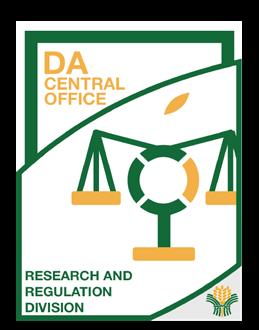
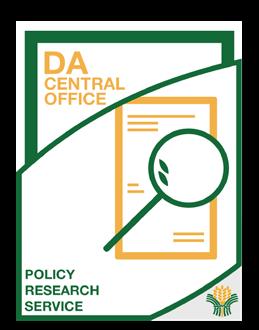
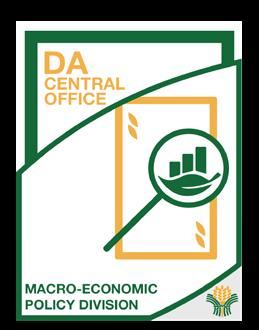
Joanne Bernadette L. Bualaon
Development Management Officer joanbulaonla@gmail.com
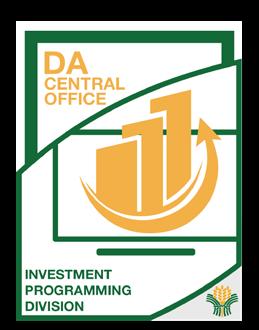
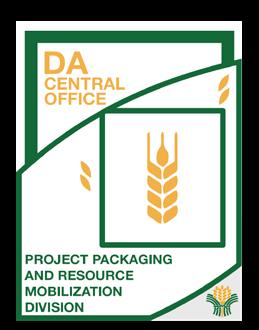
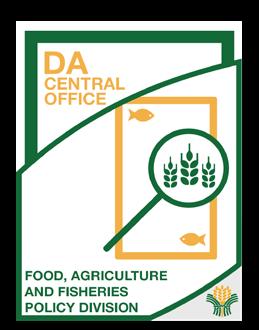
2317/2319
Project Development Service
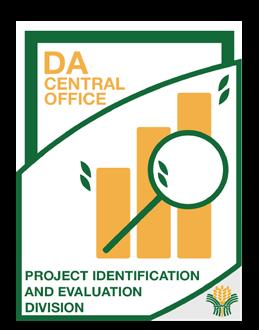
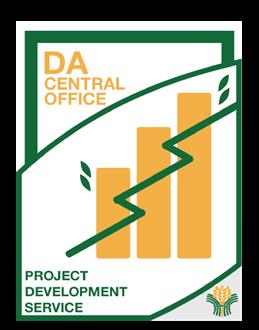
Fernando D. Flores
OIC-Director fernando.flores@da.gov.ph
2226/2273
Legal Service
Clare F. Abingosa
Legal Assistant II claireabingosa@gmail.com
2235/2236/2237
Planning Monitoring Service
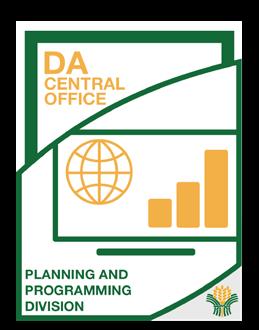
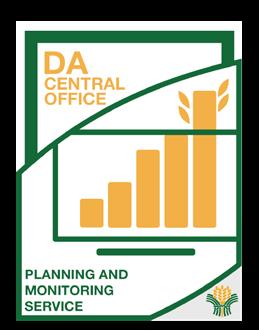
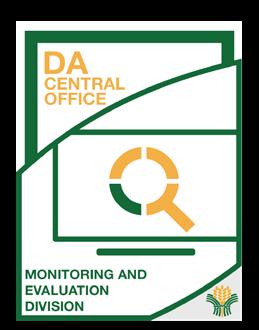
Abegail T. Amestoso
Foreign Affair Research Specialist II daiatindiaalpadelta@eastasia@gmail.com
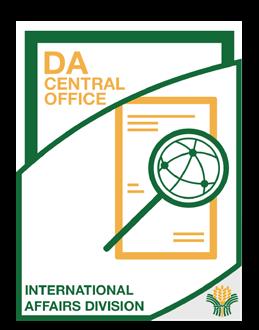
2200/2201/2202/2203
Rowel B. del Rosario
OIC Chief rowell_delrosario@yahoo.com
2229/2243
Jan Miguel Manuel
Admin Officer IV janmigueltmanuel@gmail.com
2235/2236/2237
Ralph S. Acanillao
Administrative Assistant III r.acanillao@gmail.com
2317/2319
Mary Anne Angeles
Administrative Officer III maryannbangeles@gmail.com




































2317/2319
Elizabeth Padre
Division Chief bgpadre@yahoo.com
2227/2228
Jan Miguel T. Manuel
Admin Officer IV janmigueltmanuel@gmail.com
2235/2236/2237
Clare F. Abingosa
Legal Assistant II claireabingosa@gmail.com
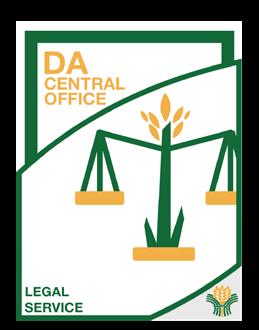

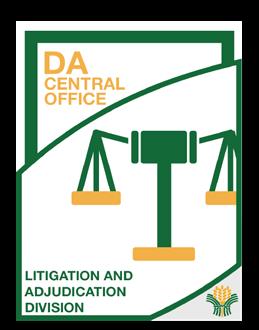
2235/2236/2237
Joseph C. Manicad Chief of IPD manicad3480@gmail.com 2314/2353/2353/2355/2357/2376
151
Bureau of Agricultural and Fisheries Engineering
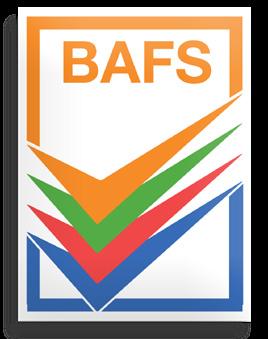



Emmanuel R. Lanuza
Engineer II epdsd.bafe@gmail.com
2472/2495
Charlie T. Palilio
Science Research Specialist I palilio.cha@gmail.com
3301
Agricultural
Fidelyn A. Pasion
Development Mgmt. Officer II fapasion@ati.da.gov.ph
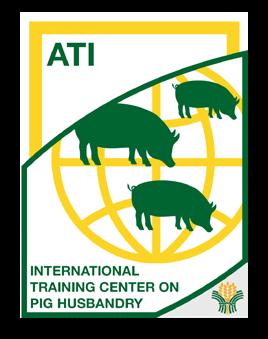
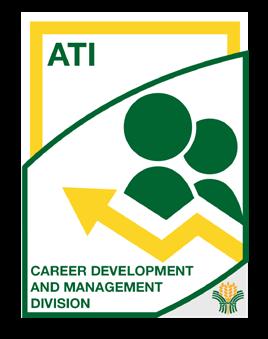
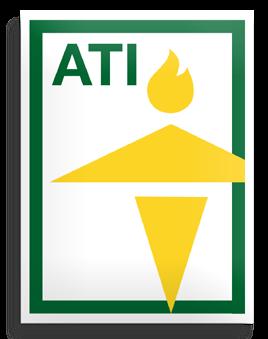













Region I
Jordan B. Pilay
89298541 Planning Officer II cooljordz@yahoo.com
Region III
Krizzel D. Galang
89298541 Training Specialist I galangkrizzel@gmail.com













89298541
Region IVB
Roseanne D. Nilo
Media Production Specialist II nilo_roseanne@yahoo.com
89298541
Ronald Melvin R. Rosas
Engineer II romerosa2012@gmail.com
2472/2495
Jeffrey S. Garrido
Science Research Specialist II jeffgarrido85@gmail.com













3301
Alfredo S. Aton
Director IV asaton@ati.da.gov.ph
89298541
Maria Susana M. Marasigan
Information Officer II mariasusanamarasigan@yahoo.com
89298541
Region II
Amor Joce M. Marcelo
Accountant I ajmmarcelo@ati.da.gov.ph
Region IVA
Marian Lovella A. Parot
89298541 Training Specialist I mlparot.ati.2021@gmail.com
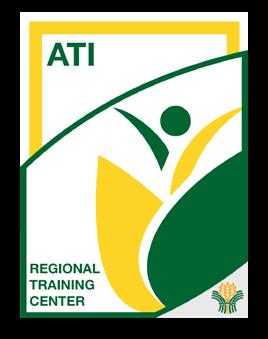





Region V
Micheal D. Villezar
89298541 Information Officer II miketawa80@gmail.com
89298541
Bureau of Agriculture and Fisheries Standard
Training Institute
BUREAUS 152
Agricultural Training Institute
Region VIII
Dalmacio L. Pajanustan
Training Center Superintendent I dlpajanustan@ati.da.gov.ph
89298541
Region XI
Richel E. Zamora
Training Specialist I rezamora2000@gmail.com








89298541
Bureau of Animal Industry
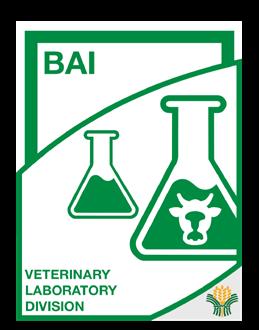




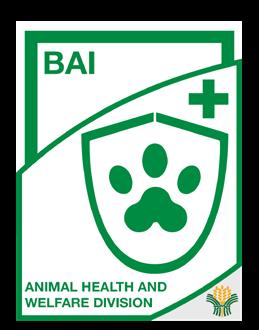
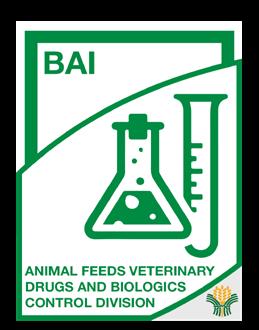
Adora T. Gonzales
Veternarian III avtgonzales@gmail.com
85282240
Eugene Kollins M. Bacallo
Laboratory Technician II bacallo_eugenekollins@yahoo,com.ph






















85282240
Marivic M. De Vera
Chief Science Research Specialist mavic242002@yahoo.com
85282240
Bureau of Plant Industry
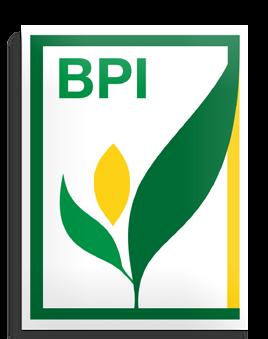
Region VI
Mavillo Z. Villorente
Senior Agriculturist mavil_40@yahoo.com
89298541
Region IX
Naima W. Abbas
Administrative Officer IV naimawatamen@gmail.com
89298541
Region XII
Imee T. Ardonia
Administrative Officer IV acctgati12@gmail.com












































89298541
Calixta C. Berba
Administrative Officer V (BAC) berbacalixta@yahoo.com
85282240
Myrna D. Baldecanas
Veterenarian III mdbaldecañas@gmail.com
85282240
Glenn M. Reyes
Veternarian III mcgullen5@gmail.com
85282240
John Arvin M. Sangalang
Agriculturist II sangalangjohnarvinm@gmail.com
85282240
Bureau of Agricultural Research
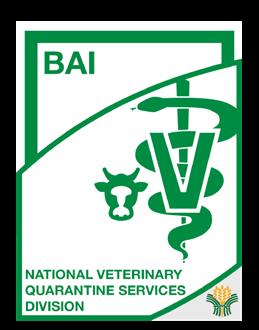
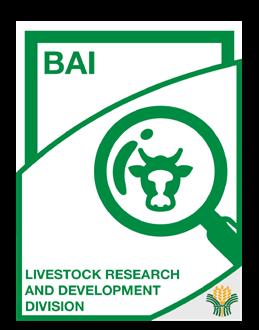
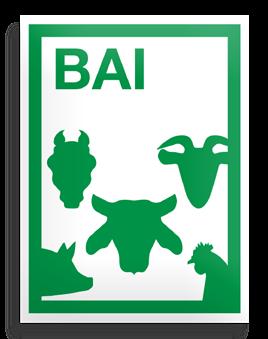
Janete C. Rosero
Heads of Records Division roserojanete0901@gmail.com
83536976
Region VII
Engr. Rizalday C. Mercadal
Agriculturist II mercadalrizaldy@yahoo.com
89298541
Region X
Efren C. Macario
Administrative Officer IV macarioefren@yahoo.com
89298541
Region XIII
Paula Mae Creencia
Development Mgmt. Officer II pamiecreencia@gmail.com
89298541
CFAS
Hernando M. Tipa
Agriculturist I herniedoodie@gmail.com
85282240
Sarah C. Sze
Veternarian II sarah.chiong.sze@gmail.com
85282240
Reynon G. De Mesa
Agriculturist II reychalle0927@yahoo.com
85282240
Teresita S. Anonuevo
Administrative Assistant V tanonuevo@bar.gov.ph
82857872
Arvin Dan B. Monserate Ma. Louella S. Dejelo
Administrative Officer V amonserate@bar.gov.ph
82857872
Administrative Assistant II mdjelo@bar.gov.ph
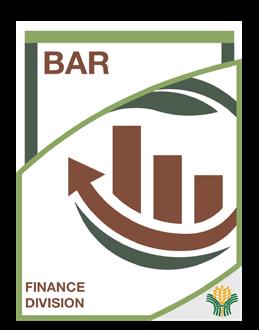
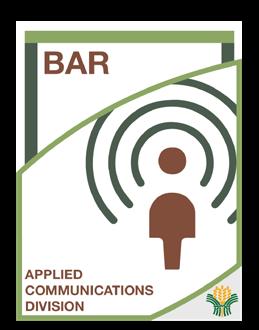
82857872

VBAS ADDRL BVBPL VVBPL
153
Bureau of Soils and Water Management
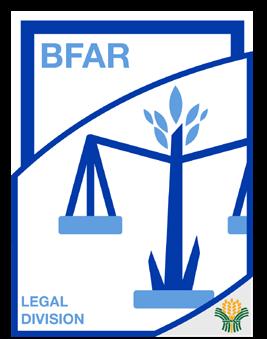
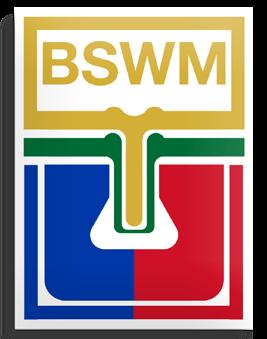
Bureau of Fisheries and Aquatic Resources
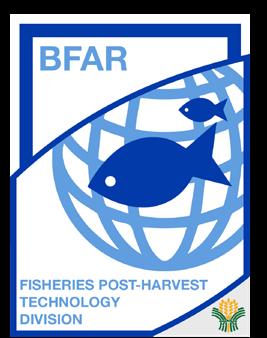
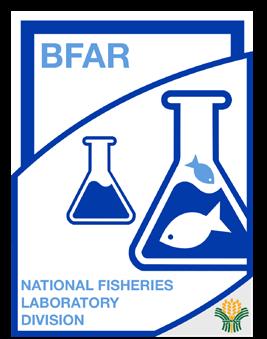
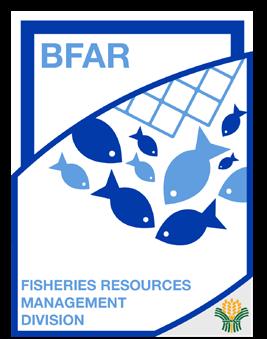
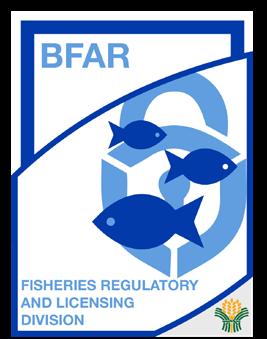
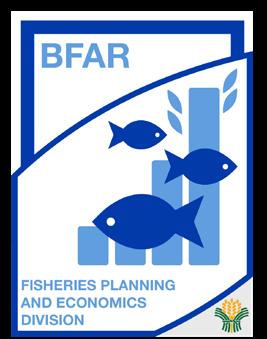
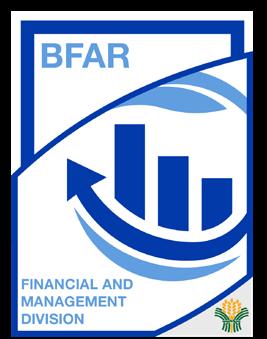
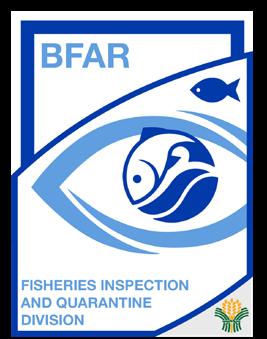
Nancy C. De Sagun
Chief Personnel Section nancy.officialbwsm@gmail.com
3200/89230433
Aprille Anne S. Luna
Administrative Aide IV bfarmedclinic.co@gmail.com
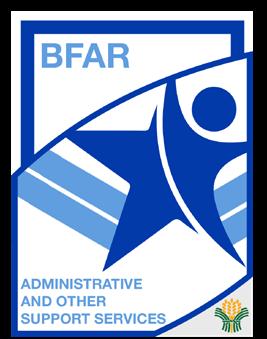
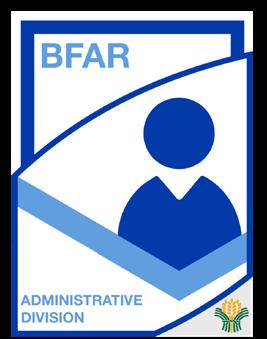
89298074/09154911848
Anjo Dame Q. Medina
Aquaculturist I adqm28@gmail.com
89298074/09154911848
Jay N. Boholano
Legal Reform Specialist jayboholano@gmail.com
89298074/09154911848
John Edgar Y. Cadag
Aquaculturist II johnedgarcadag20@gmail.com
89298074/09154911848
Ana Marie J. Arenas
Administrative Assistant III eirmana62@gmail.com








































89298074/09154911848
Vincent C. Baduria
Admin Assistant IV angel_halo_14@yahoo.com
89298074/09154911848
Tristan D. Felix
Senior Fisheries Assistant III tristancarlo08@yahoo.com
89298074/09154911848
Ma. Corazon A. Monterde
Biologist II mcmonterde@yahoo.com
89298074/09154911848
Fausto I. Dela Cruz
Administrative AideVI faullie@gmail.com
89298074/09154911848
Ruby Socorro B. Deanoa
Sr Admin Asst I dabfar.ado@gmail.com
89298074/09154911848
ATTACHED AGENCIES
Agricultural Credit and Policy Council
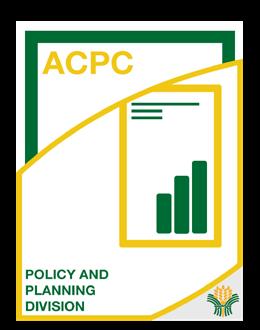
Erny Mae Balajadia
Senior Administrative Assistant III emmbalajadia@acpc.gov.ph




















86363390
Ronnel Olicia
Project Assistant III rcolicia@acpc.gov.ph
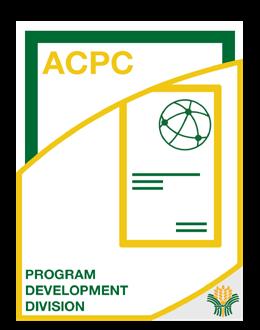
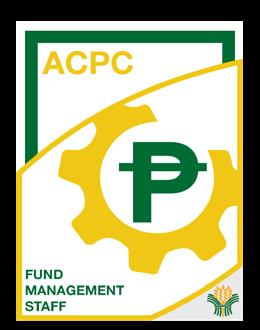
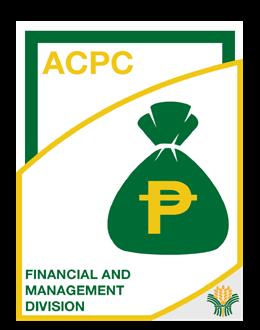
86363390
Tristan D. Felix
Senior Fisheries Assistant III tristancarlo08@yahoo.com
89298074/09154911848
Glydel Anne L. Salanio
HRMO II
galsalanio@acpc.gov.ph
86363390
Christian Allain Canoy
Project Evaluation Officer II cabcanoy@acpc.gov.ph
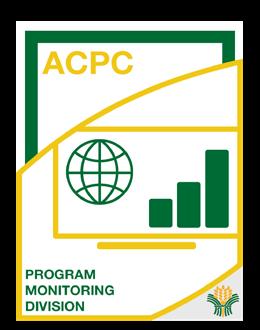
Joel Q. Matira
86363390 Planning Officer V jqmatira@acpc.gov.ph
86363390
Mariewyn Balajadia
Project Officer I mgbalajadia@acpc.gov.ph
86363390
Ramelia Cabildo
Project Assistant IV rrcabildo@acpc.gov.ph
86363390
Riza Camille Jose
Information Officer II rcljose@acpc.gov.ph
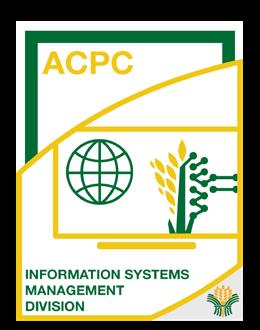
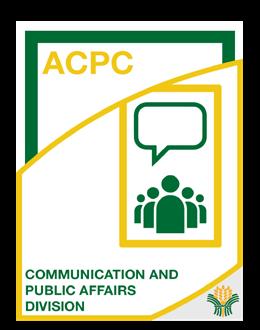
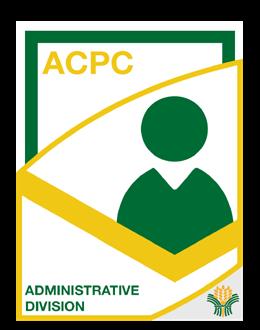
86363390
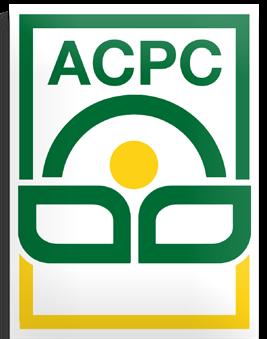
154
Philippine Center for Postharvest Development
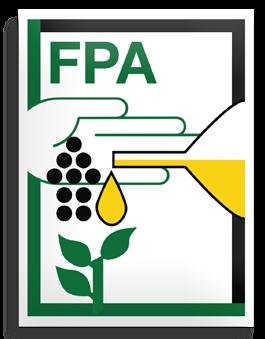
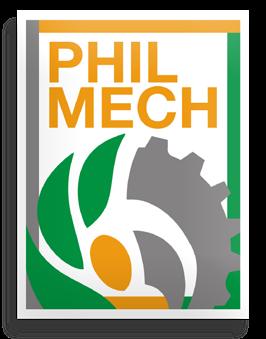

Wella B. Ondivilla
Occupational Health Officer (JO) wellaomaglinao@gmail.com
89213863
Jesus L. Rentosa Jr.
Administrative II jesus.rentosajr@pcaf.da.gov.ph
2602
Celso R. Mateo Jr.
Project Evaluation Officer II celso.mateojr.pcaf@da.gov.ph
2602
Eleine S. Corpuz
Administrative Officer III eleinescorpuz321@yahoo.com 6216/09178271558
Jemmalyne R. Aguilar
Science Research Assistant
6216/09178271558
Winsor A. Gaudario
Development Management Officer II winsor.gaudario@pcaf.da.gov.ph
2602
Andrea Anne B. Silla
Development Management Officer II andreanne.silla@pcaf.da.gov.ph
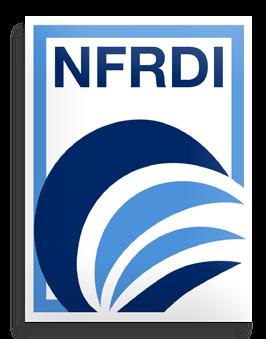
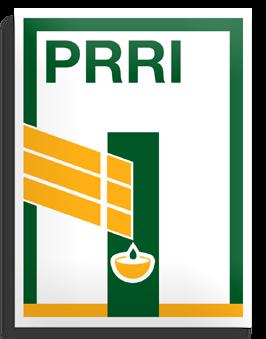
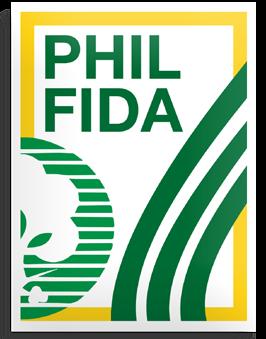
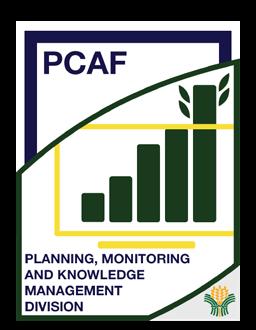
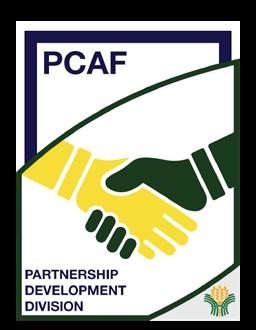
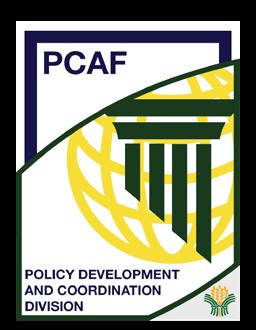
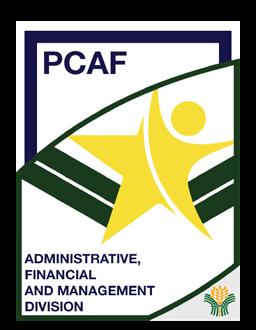
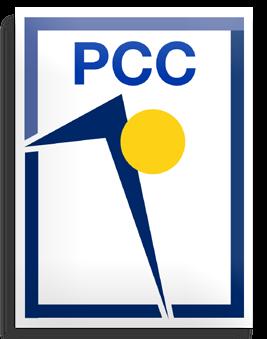
2602
Crizaldo P. Tolentino
Cashier cptolentino@philfida.da.gov.ph
2650
Maria Theresa B. Oliveros George C. De Jesus Luz Mary O. Repugio
Supervising Administrative Officer theaoliveros@gmail.com
84261572
Science Research Analyst repugioluzmary@yahoo.com
2265
Administrative Officer II georgedejesus_123@yahoo.com
































83523596
 Philippine Carabao Center
Philippine Council for Agriculture and Fisheries
Fertilizer and Pesticide Authority
National Fisheries Research and Development Institute
Philippine Rubber Research Institute
Philippine Fiber Industry Development Authority
and Mechanization
Philippine Carabao Center
Philippine Council for Agriculture and Fisheries
Fertilizer and Pesticide Authority
National Fisheries Research and Development Institute
Philippine Rubber Research Institute
Philippine Fiber Industry Development Authority
and Mechanization
155
ATTACHED CORPORATIONS
National Dairy Authority
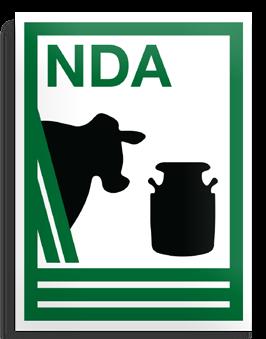
Philippine Fisheries Development Authority
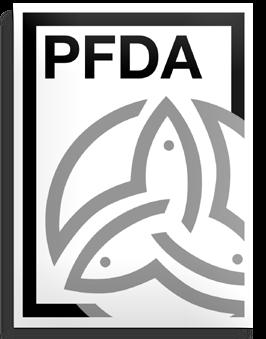
Mary Kristine R. Ramos
Human Resource Management Officer II marykristine.ramos@pfda.gov.ph
89256141
Philippine Rice Research Institute
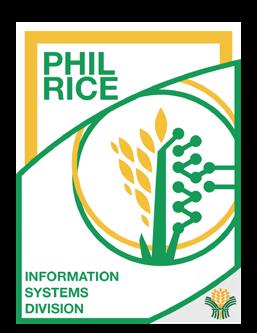
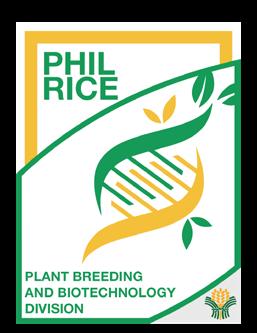
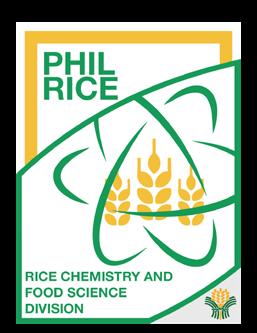
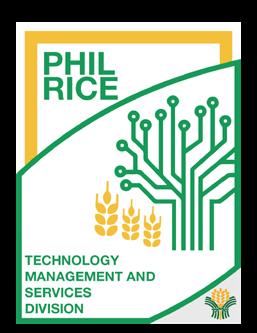

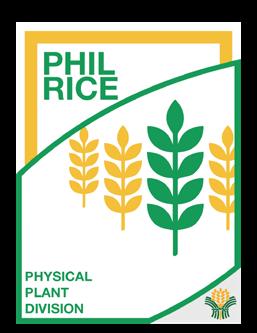
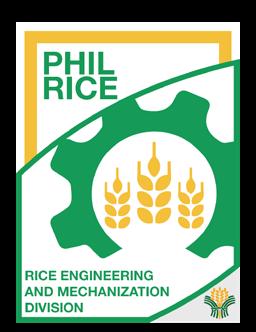
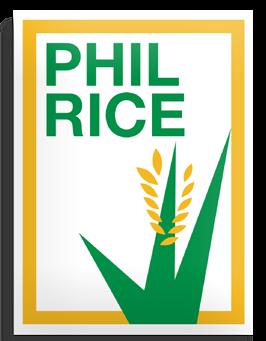




National Tobacco Administration
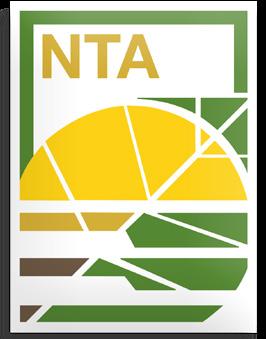
Philippine Crop Insurance Corporation
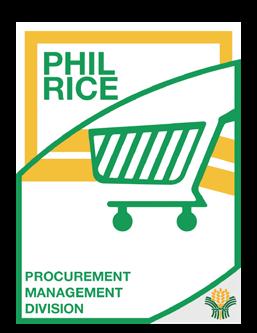
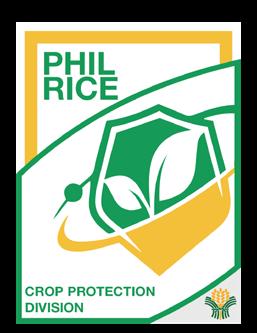
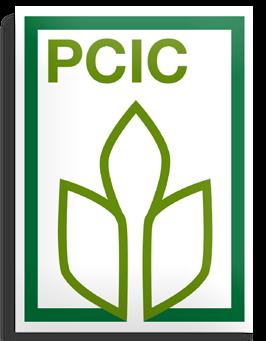
Engr. Umberto Valones Abid
Engineer IV bert_vikes@yahoo. com/uvabid@nda.da.gov.ph
Sally Grace B. Osorio
Environmental Management Specialist II sgb.osorio@philrice.gov.ph
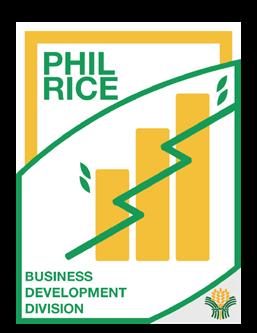
89205129/044-4560354
Joel A. Ramos
Senior Science Research Specialist jaramos@philrice.gov.ph
89205129/044-4560354
Rodjason B. Cruz
Warehouse Man rbcruz@philrice.gov.ph
89205129/044-4560354
Felylee B. Hibionada
Administrative Officer IV fbhibionada@phirice.gov.ph
89205129/044-4560354
Consolacion D. Diaz
Information Technology Officer I cddiaz@phirice.gov.ph










































89205129/044-4560354
Henry F. Mamucod
Senior Science Research Specialist hfmamucod@philrice.gov.ph
89205129/044-4560354
Ryan M. Domingo
Health and Safety Officer rm.domingo@philrice.gov.ph
89205129/044-4560354
Daryl B. General
Farm Superintended I dbgeneral@philrice.gov.ph
89205129/044-4560354
Marvin J. Manalang
Senior Science Research Specialist mjmanalang@philrice.gov.ph
89205129/044-4560354
Amelia V. Morales
Science Research Specialist avmorales@philrice.gov.ph
89205129/044-4560354
Oliver C. Domingo
Senior Administrative Assistant I oc.domingo@phirice.gov.ph
89205129/044-4560354
Salter Joseph B. Elizalde
89260734 Medical Officer V josephelizalde24@gmail.com
83743987
Maria Regina Pamela Y. Rosales
Division Chief III gina_yr@yahoo.com
83618983
Gina B. Narca
Administrative Officer V gbnarca@philrice.gov.ph
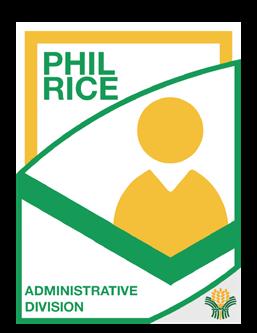
89205129/044-4560354
Crissia Abigael J. Tibayan
Senior Administrative Assistant I caj.tibayan@philrice.gov. ph 89205129/044-4560354





















Eleanor S. Avellanoza
Senior Science Research Specialist esavellanoza@phirice.gov.ph
89205129/044-4560354
Marvin J. Manalang
Senior Science Research Specialist mjmanalang@philrice.gov.ph
89205129/044-4560354
Frodie P. Waing
Senior Science Research Specialist fpwaing@philrice.gov.ph
89205129/044-4560354
Roda P. Dasalla
Internal Auditor II rp.dasalla@philrice.gov.ph
89205129/044-4560354
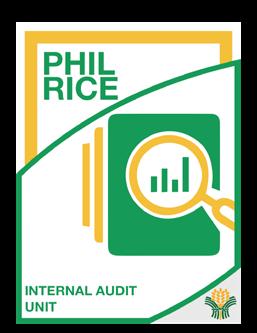
156
Sugar Regulatory Administration
Atty. Brando D. Norona
Deputy Administrator II sra.depadm.afd@gmail.com
89297187
Lucille Mae M. Sy
Human Resource Management Officer II sylucillemae@ymail.com




































89297187
Agnes M. Casupanan
Science Research Specialist II
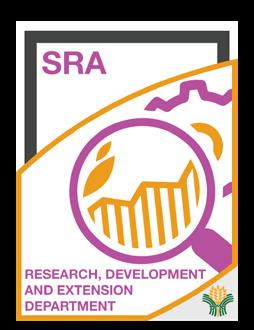






manlapazma.agnes@yahoo.com
89297187
Rimmon T. Armones
Senior Science Research Specialist rimon_a@yahoo.com
89297187
Philippine Coconut Authority
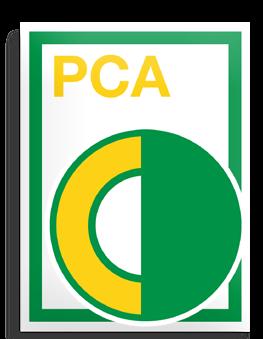
Dorothy B. Rodrigo
Engineer II
dabarodrigo@yahoo.com.ph
89297187
Engr. Ador S. Bacani
Engineer II adorbacani@yahoo.com
89297187
Mara Lou L. Miranda
Project Development Officer
mlmiranda4926@yahoo.com
89297187
Moises H. Relles
Science Research Specialist II moirelles@gmail.com
89297187
Atty. Brando D. Norona
Deputy Administrator II sra.depadm.afd@gmail.com
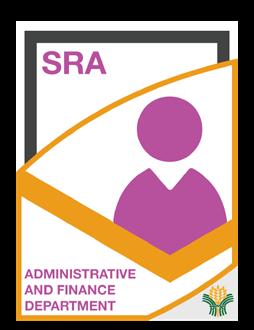


89297187
Engr. Patricio R. Macamos, Jr.
Science Research Specialist II greenmango2008@yahoo.com
89297187
Engr. Francis B. David
Engineer II fbdavid07@gmail.com
89297187
Jay Andrew T. Adrias
Internal Auditor II jatadrias@yahoo.com
89297187
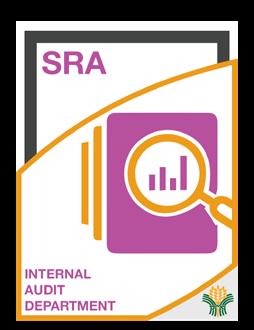
157
REGIONAL FIELD OFFICES
Maribel Vicente
Administrative Aide IV charmbel@yahoo.com.ph



















1418
Cecile Capegsan
Planning Officer II cbcapegsan@yahoo.com



















1418
Leonora K. Verzola
Sr. Agriculturist umanenleonor@gmail.com
1418
Regional Field Office I
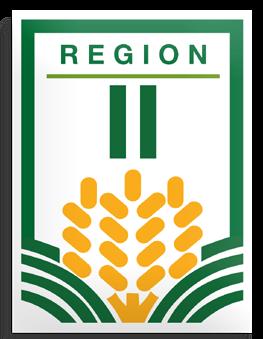

Grace S. Villanueva
Administrative Officer IV armi.barbon59@gmail.com








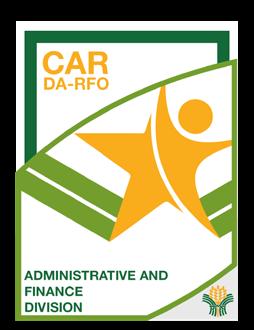











1418
Regional Field Office III
Fernando C. Lorenzo
Chief Agriculturist fernandoclorenzo@yahoo.com
459612631
Albanese Batcagan
Engineer III albanesefelwa@gmail.com
1418
Ofelia P. Ducayag
Veternarian IV qarahpacio@gmail.com
1418
Regional Field Office II
Rose Mary G. Aquino
RTD for Research and Regulations rtdresearchregulatoryrfo2@da.gov.ph
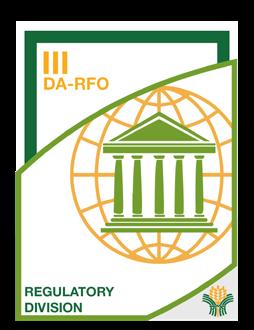
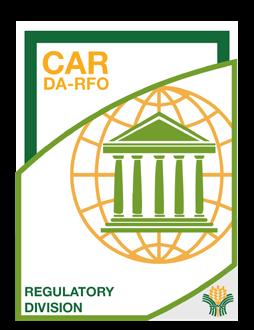
4200/4207
Eduviges T. Palayo
Supervising Agriculturist eduviges58t@gmail.com
459612631
Milagros R. Mananggit
Chief Agriculturist ild.darfo3@gmail.com
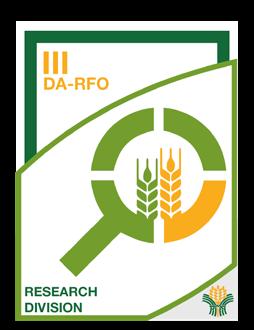
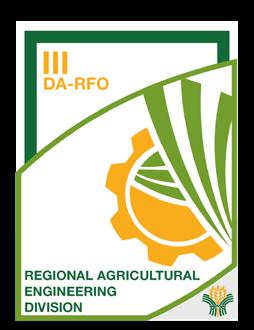
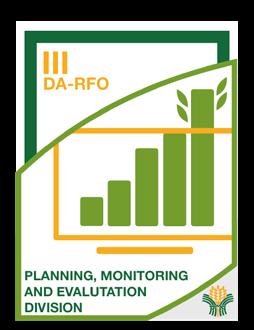
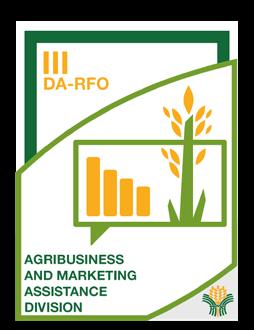
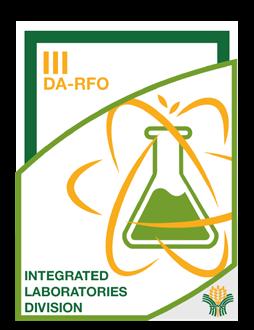
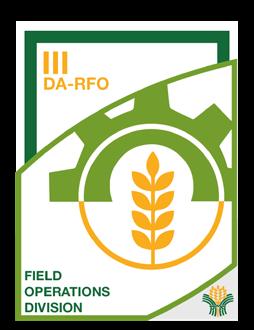
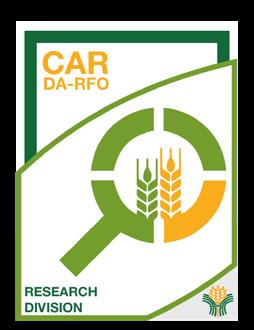

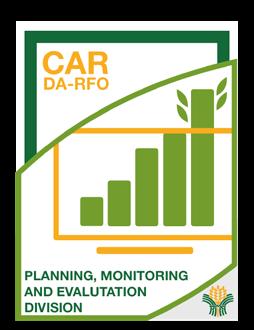
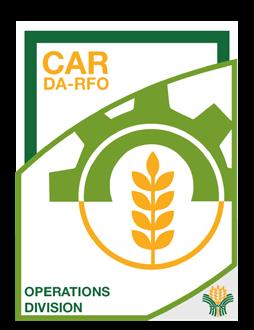
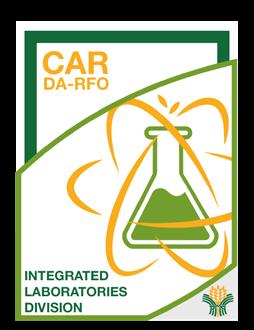
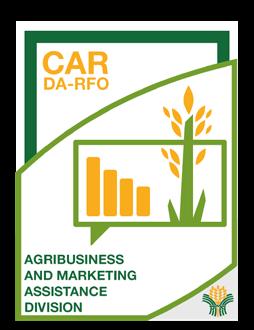
459612631
Noli Sambo
Project Evaluation Officer III nholics2470@gmail.com
459612631
Xandre D. Baccay
Veterenarian III chichiterrier@gmail.com
459612631
Nestor Humiwat
Science Research Specialist I humiwatnestorc@gmail.com
1418
Imelda Gemino
Sr. Agriculturist Lumanglang.imelda@gmail.com
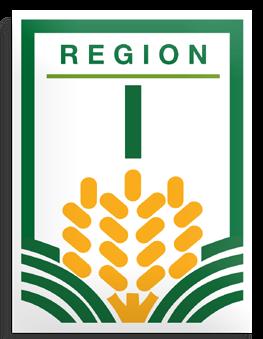
Daisy Jane Valdez
1418 Agriculturist II Daisyjane.valdez@gmail.com
1418
Jaime M. Tagalilauan
Chief of Admin and Finance fad.rfo2@da.gov.ph
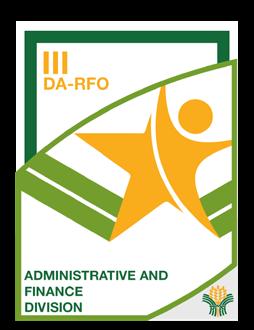
4200/4207
Elmer F. Tubig
Engineer IV elmertubig72@gmail.com
459612631
Norina L. David
Chief Administrative Officer afdvision.rfo3@gmail.com
459612631
Irene M. Adion
Chief Science Research Specialist vet_ireneadion@yahoo.com
459612631
Cordillera Administrative Region
158
Regional Field Office IV-A
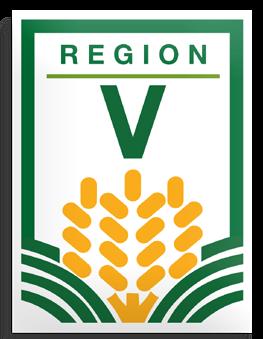

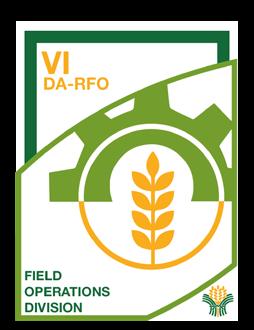
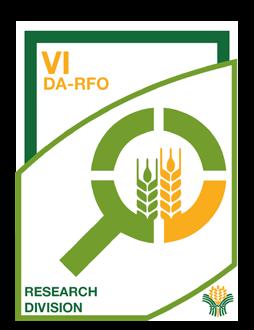
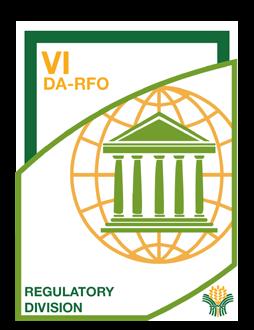
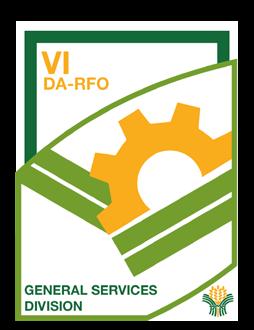



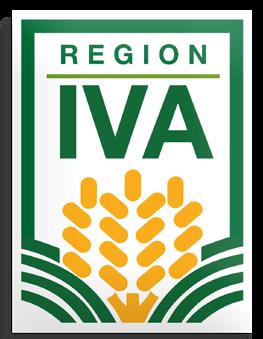
Princess Diana D. Flores
Vetirenary IV da.raddl.lipa@gmail.com
4437
Regional Field Office V
Luz R. Marcelino
RTD for Operations da5rtd.operations@gmail.com
4500
Barbara Jane L. Malanyaon
Science Aide bmalanyaon@gmail.com
4500
Regional Field Office IV-B
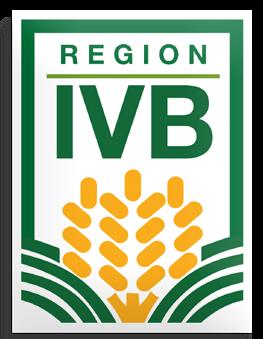
Tilly A. Nitullano
Administrative Officer V tel209pawikan@yahoo.com
4400
Jokoh Anthony B. Olivares
Engineer I engrjokoh@gmail.com












































4500
Regional Field Office VI
Rosielle D. Calfoforo
Administrative Aide IV rosiellecalfoforo@yahhoo.com
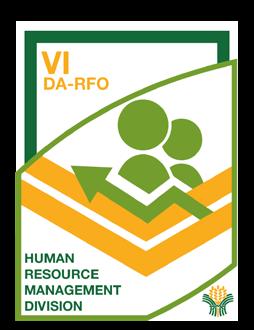

John Paul T. Villaluna
4620 Chemist II jampaulvillaluna@gmail.com
4620
Janer R. Mijares
Administrative Assistant II mijares012688@gmail.com
Jieben V. Villarino
4620 Agriculturist I juv_benz@yahoo.com
Nia B. Bayona
4620 Chemist II tinyenbayona@gmail.com
4620
Zarlina B. Cuello
Chief Administrative Office dareg6anf@gmail.com









4620
Carolyn B. Si
Administrative Officer I da6gs_prop@yahoo.com
4620
Donald T. Tabingo
Laboratory Aide II donaldtabingo@yahoo.com
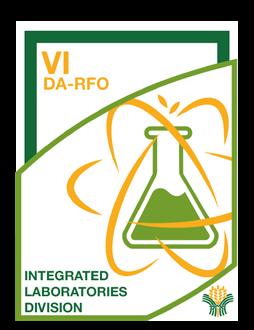



4620
Edwin Ceasar Ian Den S. Senobin
Planning Officer III acidsenobin@gmail.com
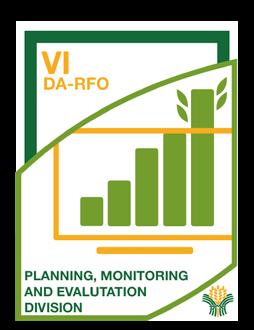

4620
Peter C. Jagunap
Administrative Aide IV daamad6@yahoo.com
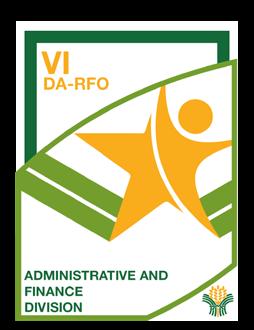






















Winelyn M. Laging
4620 Engineer II winelynlaging@gmail.com
4620
Rein T. Orocio
Administrative Officer V da6hrms@gmail.com
4620
Medifel Junius J. Panerio
Science Research Specialist I xxxjuniusxxx@gmail.com
4620
Ma. Liza G. Calmorin
Senior Agriculturist liza_calmorin@yahoo.com
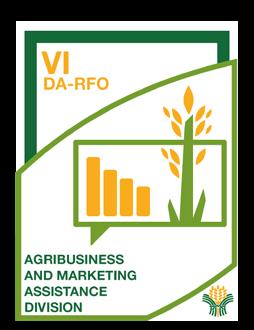

Edna Mae A. Delfin
4620 Comp. Maintenance Technologist II ianmae19@gmail.com
4620
Babylou T. Magdaug
Chemist III babyloumag@gmail.com
4620 Engineer I alvarezlunalyn@gmail.com
Ma. Lunalyn A. Alvarez
4620
159
Regional Field Office VII
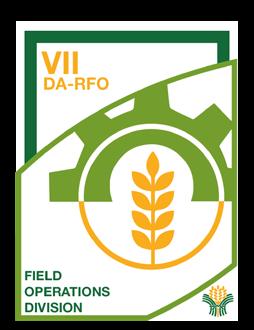
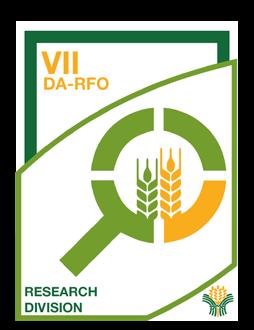
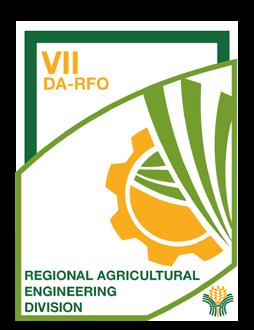
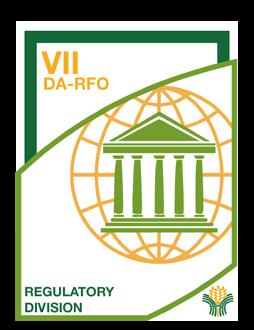
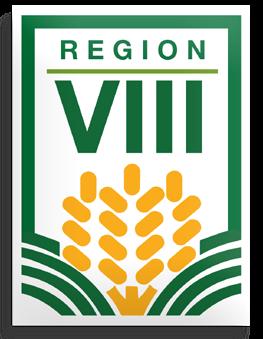
Kurt A. Gayondato
Administrative Assistant II kurtadecergayondato@gmail.com





















4717
Ofelia M. Acabal
Agricultural Technician I ofeliaacabal42@gmail.com
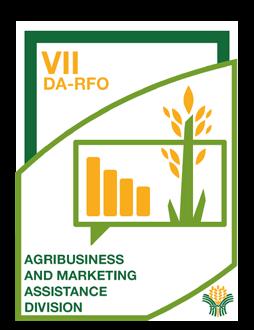
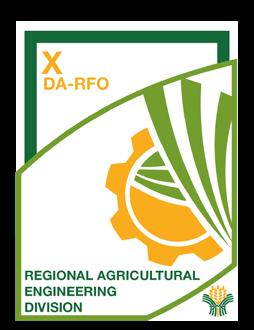
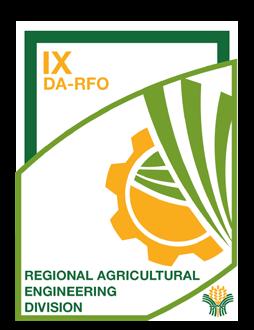
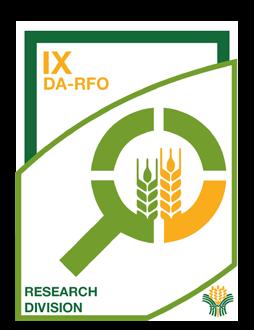
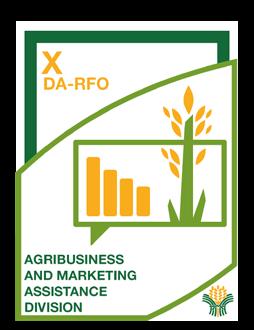
4717
Regional Field Office VIII
Regional Field Office IX
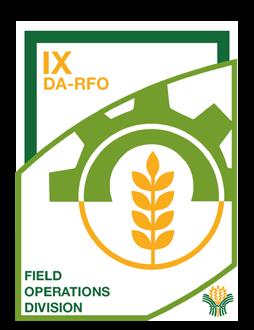
Ken Y. Palma
Veterenarian III yeeken70@yahoo.com
4903/209/09061816038
Floregyn D. Ceprado
Administrative Officer II floregynceprado9@gmail.com
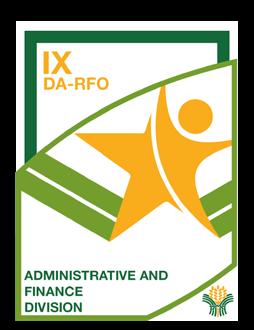
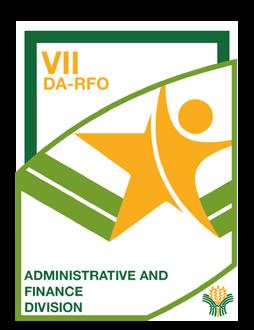





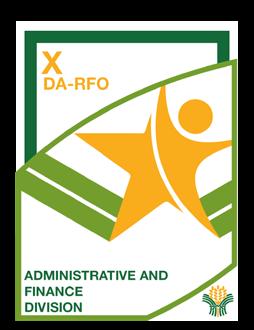


























4903/209/09061816038
Regional Field Office X
Marina C. Viniegas
Chief II mcviniegas@gmail.com
4717
Mirza A. Cabrera
Engineering Assistant II tatamirzacabrera@gmail.com
4717
Jenie F. Evardo
Market Specialist I jaevience891@gmail.com
4717
Larry U. Sultan
RTD for Operations larrysultan@yahoo.com
4800/4606
Rowena I. Pajes
Chief Administrative Officer rowena_zc@yahoo.com
4903/209/09061816038
Engr. Anthony Fred D. Cabusas
Engineer I anthonyfredcabusas@yahoo.com
4903/209/09061816038
Grace D. Alipio
Planning Officer II gdalipio@yahoo.com
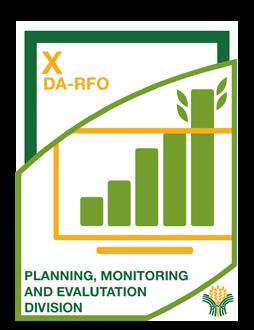
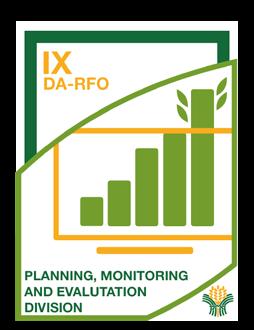
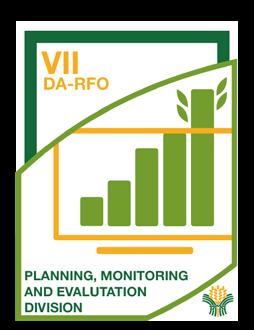





















4903/209/09061816038
Gerame O. Calapre
Chemist II calapregerame0291@gmail.com
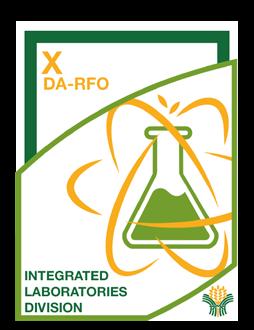

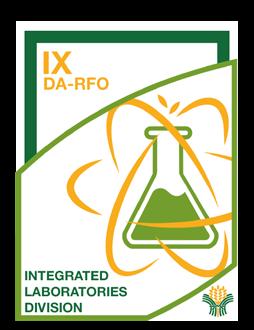
4717
Gellie Kaye G. Doydora
Specialist I gellie.kaye.dordora@gmail.com
4717
Helen B. Kyniston
Agriculturist II naturelover 143@yahoo.com
4717
Irvin Kent V. Andalahao
Administrative Officer V irvin.kent.andalahao@gmail.com
4903/209/09061816038
Arnulfo O. Estrada
Agricultural Center Chief II estradaarnulfo29@yahoo.com
4903/209/09061816038
Hershe B. Jabines
Accountant I hershejabines95@gmail.com
1000/1010
Jenny A. Alcobilla
Agriculturist II jennyalcobilla@gmail.com
1000/1010
Quinah Marie O. Raiz
Engineer I qmoraiz16@gmail.com
1000/1010
Rose Angel U. Mata
Laboratory Inspector III yeng_rose08@gmail.com
1000/1010
Apple Caryl C. Novo
Computer Maintenance Technologist II applecaryl.novo@gmail.com
1000/1010
160
Regional Field Office X
Evelyn B. Collado
Administrative Assistant I evecolladoresearch10@gmail.com








































1000/1010
Regional Field Office XI
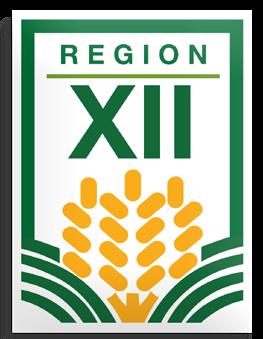


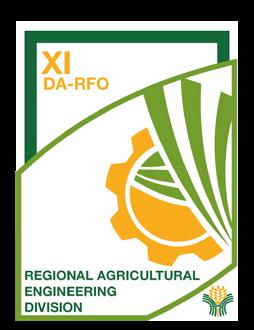
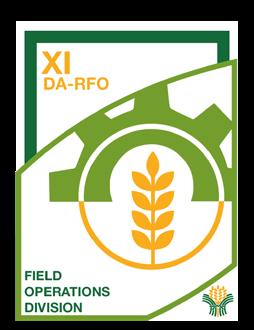
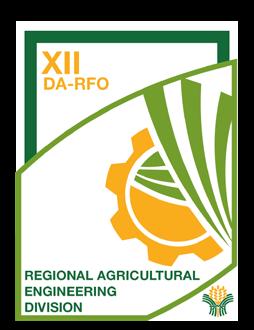
Luz P. Elda Ramos
Agriculturist II emeraldging05@gmail.com
1144
Adel Warren D. Sabelino
Engineer I da11star1@gmail.com
1144
Regional Field Office XII
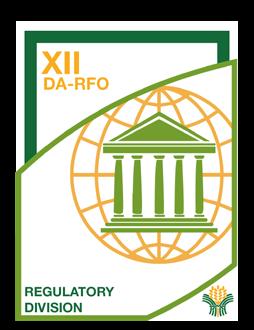
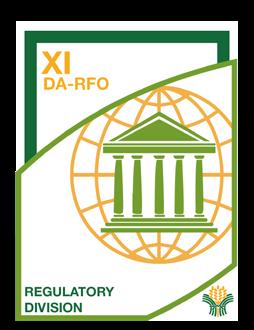
Glycelle A. Navares
Agriculturist II emeraldging05@gmail.com
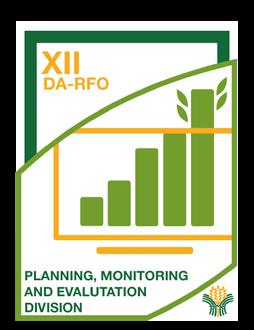
1144
Jessa Honeylet M. Fong
Project Evaluation Officer II personnelda12@yahoo.com.ph
1200
Jocelyn C. Romasanta
Agricultural Technologist jocelyn58t@gmail.com
1200
Alfredo A. Mujal, Jr.
Construction and Maintenance Man darfoxi.ored@gmail.com
1144
Ailene L. Orias
Laboratory Inspector III aniline75@yahoo.com

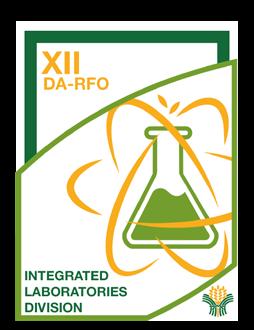
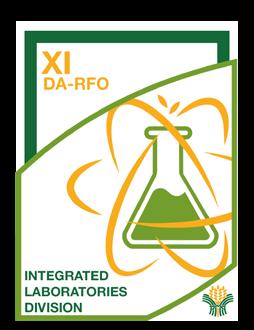
1144
Mary Leign B. Palma
Agriculturist II maryleignbpalma@gmail.com
1144
Ibelle Feliz A. Marohom
Administrative Officer II marohom12feliz@gmail.com























1200
Emma A. Narca
Senior Agriculturist emma58t@gmail.com
1200
Engr. Yvonne T. De Felipe
Engineer II elmertubig72@gmail.com
1200
Glycelle A. Navares
Community Development Assistant glycelle58t@gmail.com
1200
Novie T. Suello
Agriculturist II noviesuello@gmail.com
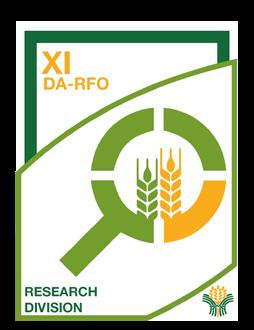
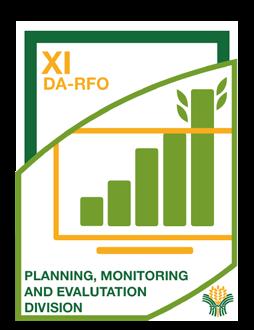
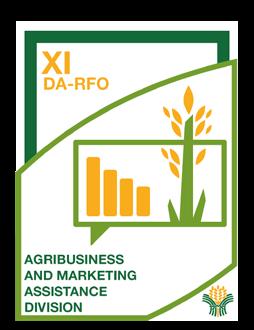
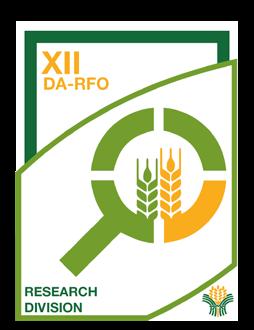
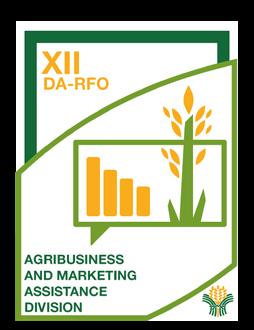
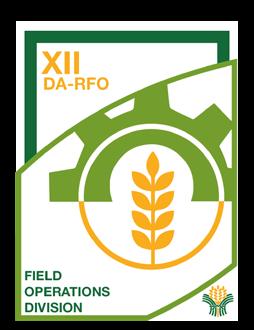
1000/1010
Agnes Cecilia S. Roble
Senior Agriculturist agnescroble@gmail.com
1144
Roy Jose D. Pascua
Project Evaluation Officer II aucsapro2020@gmail.com
1144
Jorgea C. Galindo
Science Research Specialist II galindojeorga2@gmail.com
1144
Neilma L. Ambolodto
Public Relations Officer II marohom12feliz@gmail.com
1200
Jobienaur S. Moscoso
Veterenarian III jobienaur58t@gmail.com
1200
Fema M. Agustin
Science Research Specialist II fema58t@gmail.com
1200
161
Regional Field Office XIII
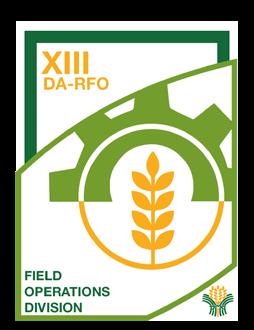
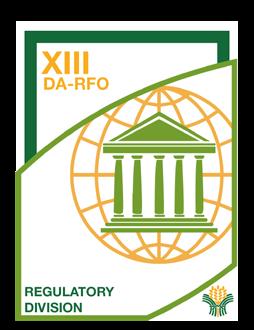
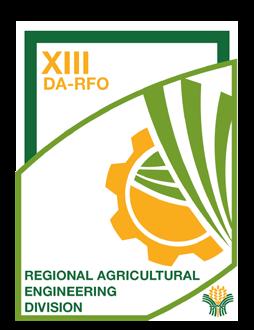
Marie Jocelyn C. Santiago
Veterinarian III mariesantiago1964@gmail.com
Reynan P. Mamalis
Senior Science Research Specialist rp.mamalis@gmail.com
Medylyn M. Alaan
4800/4606 Engineer III alaanmedylyn@gmail.com
Menchie A. Samorano
Project Evaluation Officer II menchie_hccb@yahoo.com








Hazel M. Colinares
4800/4606 Agriculturist II zhelarcmcolinares@gmail.com
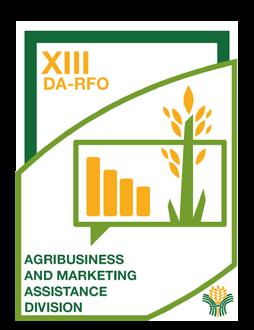
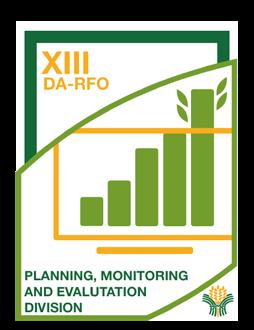
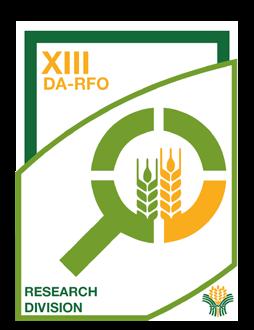
Rhodielyn Y. Bacsarpa
4800/4606 Chemist IV rhodielyn2015@gmail.com
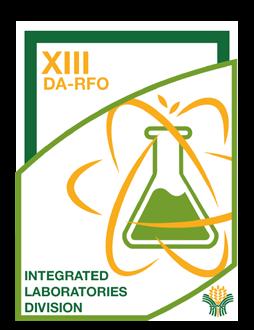
4800/4606
Charina B. Satorre
4800/4606 Administrative Aide IV chasat36@gmail.com
















4800/4606
Rebecah A. Calimpusan
4800/4606 Administrative Assistant II rebecah.amamio7581@gmail.com
4800/4606
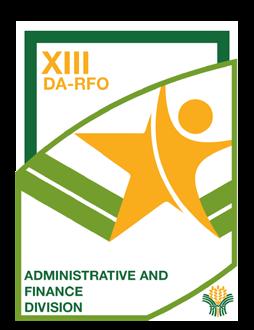
162
This Special Report made by the Service Continuity Planning and Management Committee would not be possible without the SCPMT Reports submitted by the following:
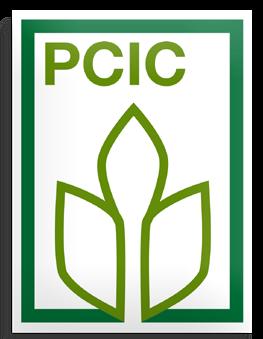
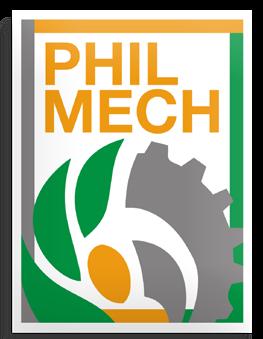
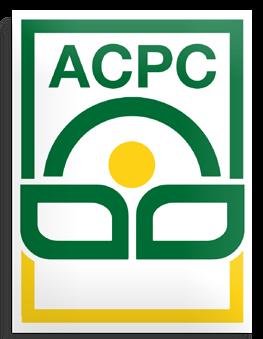
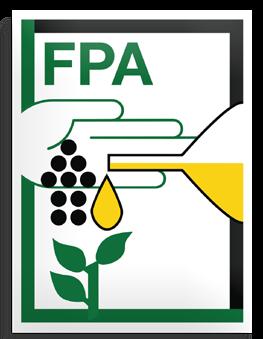
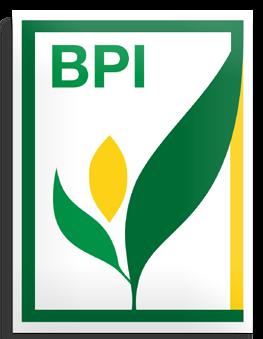
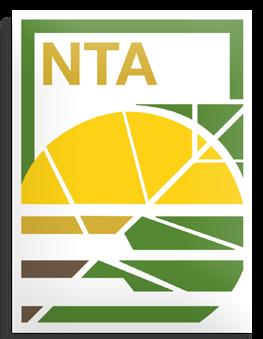
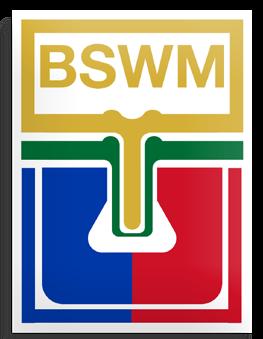
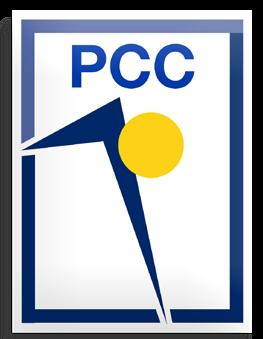
Bureaus
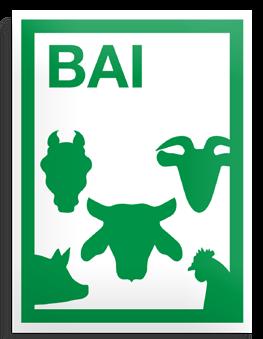
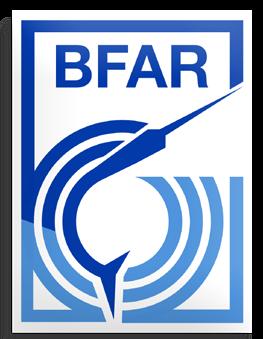
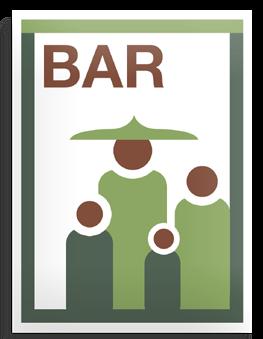

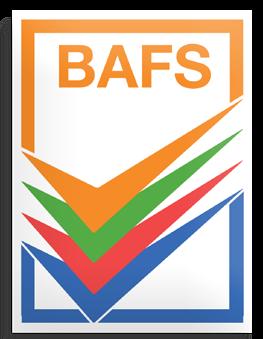
Attached Agencies
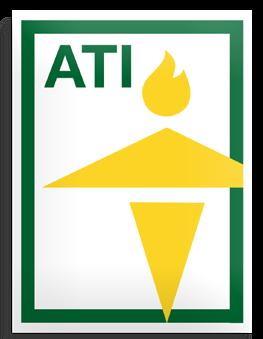
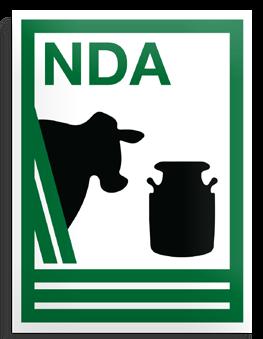
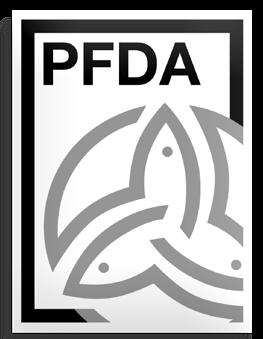
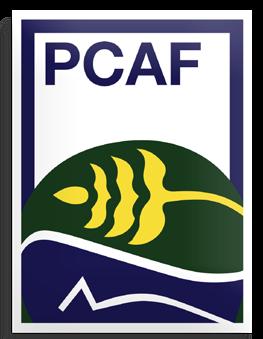
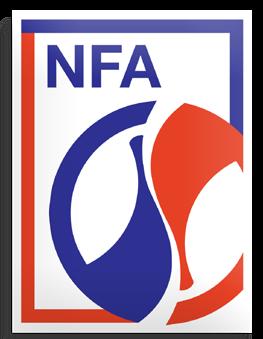
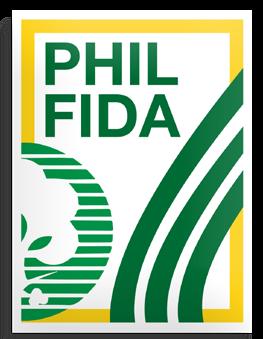
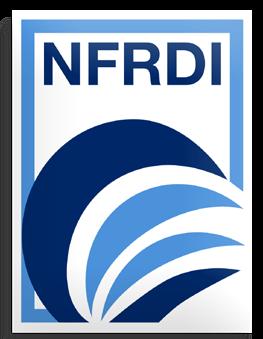
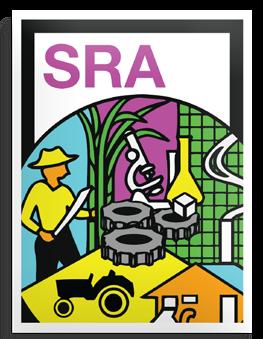
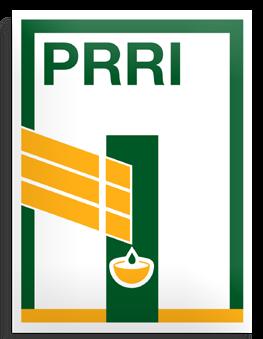
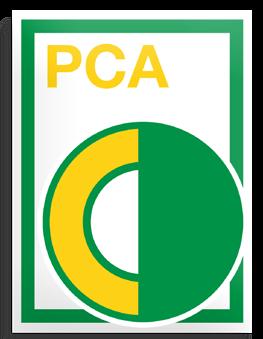
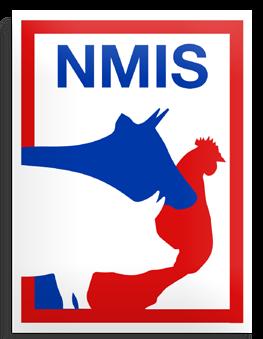
Attached Corporations
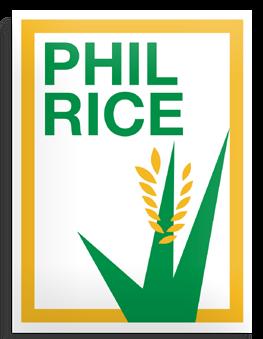
163
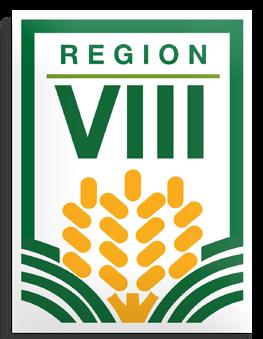
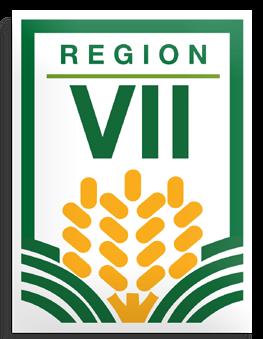
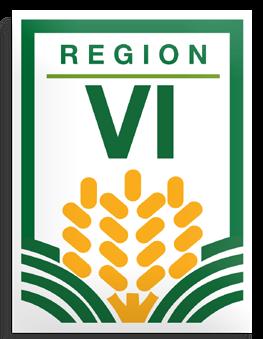
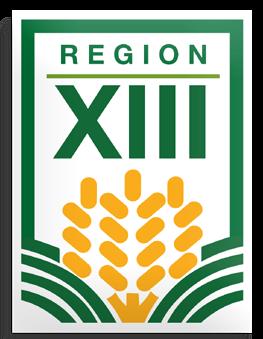





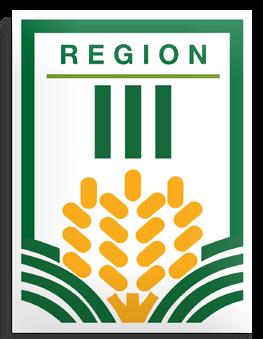


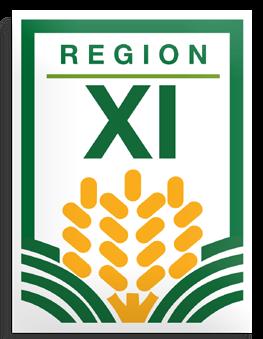
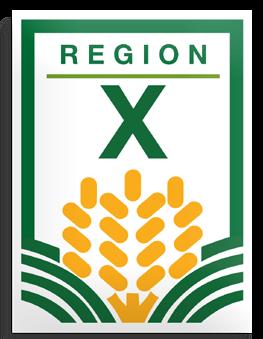
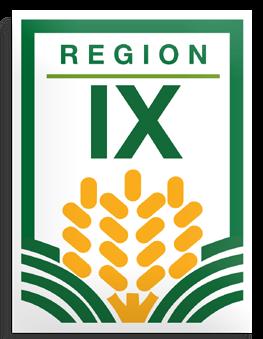
Regional
164
Field Offices
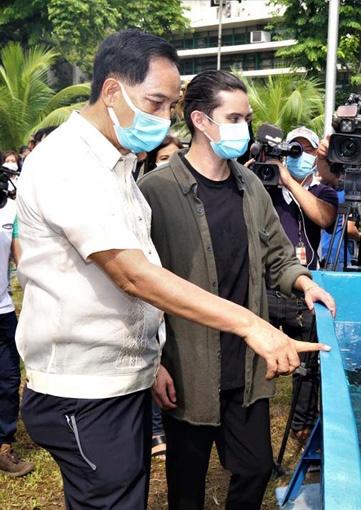
165
As with any other public crisis, the government mechanism is placed onto the frontlines in response to the Covid-19 pandemic.
On the part of the DA, its critical role relative to ensuring the country’s food security has become more pronounced as entire regions, cities, municipalities, and communities are placed under varying levels of community quarantine. Thus, in the middle of the pandemic, the Department continues to be at the forefront of initiatives to ensure agricultural food supply, access, and affordability, particularly in areas under the highest levels of restriction in movement and economic activity. In addition, the DA must ensure resilience and continued productivity and development in the agriculture sector so it could continue to provide for the country’s agriculture products requirements and, in general, contribute to the overall economy, even during and, hopefully, after this pandemic. A big part of this effort is to continue providing various support services to all players in the agriculture sector, particularly our farmers and fishers.
To do all these, the DA needs its people. In this pandemic, however, public service workers are not exempt from risks of exposure to a life-threatening virus. We thus encounter a dilemma. The pandemic situation, which public service workers seek to address consistently and continuously, threatens public service delivery continuity. Therefore, part of our work in the interest of the service is to ensure a safe and healthy work complement and work environment and thus avoid service disruption. This Special Report hopefully captured an overview of what the Department of Agriculture – the Central Office, regional field offices, bureaus, and attached agencies and corporations had been doing in that respect. It is also hoped that this Special Report can present sufficient details on the efforts taken to keep the work complement and the work environment safe.
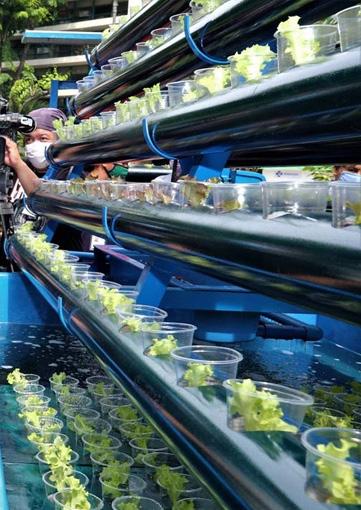
166
Service Continuity Planning and Management Team
Chairperson
Co-Chair
Vice-Chair
Members
Usec. Roldan G. Gorgonio
Undersecretary for Administration and Finance
Dr. Leocadio S. Sebastian
Chief of Staff
Usec. Rodolfo V. Vicerra
Undersecretary for Policy and Planning
Usec. Ariel T. Cayanan
Undersecretary for Operations
Usec. Cheryl Marie Natividad-Caballero
Undersecretary for Agri-Industrialization and for Fisheries
Usec. Zamzamin L. Ampatuan
Undersecretary for Regulations
Usec. Waldo R. Carpio
Undersecretary for Special Concerns
Usec. Evelyn G. Laviña
Undersecretary for High Value Crops
Usec. Ernesto S. Gonzales
Undersecretary for Consumer Affairs
Asec. William C. Medrano
Undersecretary-Designate for Livestock
Asec. Francisco M. Villano, Jr.
Assistant Secretary for Finance
Asec. Kristine Y. Evangelista
Assistant Secretary for Agribusiness
Asec. Arnel V. De Mesa
Assistant Secretary-designate for Operations
Asec. Agnes Catherine T. Miranda
Assistant Secretary-designate for Planning and Project Development
Mr. Alexander G. Arizabal, Jr.
Head Executive Assistant
Technical
Working Group
Atty. Armando R. Crobalde, Jr.
Officer-in-Charge - Director, Legal Service
Dir. Miriam Roberta C. Cornelio
Director, Financial and Management Service
Atty. Nefretery M. Nufable
Ms. Telma C. Tolentino
Chief, Budget Division
Ms. Charie Sarah D. Saquing
Chief, Accounting Division
Ms. Jean R. Caldino
Chief, Management Division
Dr. Honorio C. Flameño
Officer-in-Charge - Director, Information and Communication Technology Service
Secretariat
Atty. Abraham P. Guiao
Officer-in-Charge - Director, Administrative Service
Ms. Cheryl C. Suarez
Chief, Agriculture and Fisheries Information Division
Mr. Junibert E. De Sagun
Chief, General Services Division
Atty. Melinda D. Deyto
Chief, Budget Division
Mr. Ronald C. Pamittan
Officer-in-Charge - Chief, Records Division
Ms. Jessamin B. Aranas
Officer-in-Charge - Chief, Personnel Division
Special Order No. 346 Series of 2020
ACKNOWLEDGEMENT
The Department of Agriculture - Service Continuity Planning and Management Team (DA-SCPMT) expresses its gratitude to everyone in the Department who delivered unrelenting service to the Filipino farmers, fisherfolks, and all stakeholders despite the national health emergency brought about by the pandemic.

Through the leadership of Secretary William D. Dar, we were able to prioritize service even at the prevalence of the crisis to effect an unhampered flow of government functions while maintaining the delicate balancing act of providing protection to all employees all over the country.
We recognize the effort of all members of SCPMT and the Technical Working Group who have been actively monitoring and engaging with our workforce.
Our TWG is headed by Atty. Armando Crobalde Jr. At the DA-CO, with members FMS Dir. Mirriam C. Cornelio, Atty. Nef Nufable of the Legal Service, Chief Budget Officer Telma Tolentino, Chief Accountant Charie Sarah Saquing, Management Division Chief Jean Caldino, and Dir. Honorio Flamenio of ICTS.
Assisting the TWG and SCPMT members were the battery of lawyers in the persons of Atty. Roland Tulay and the present Secretariat Head, Atty. Abraham Guiao, whose devotion to service is beyond question. Those who shared in the untiring effort include our Agriculture and Fisheries Information Division (AFID) Chief Cheryl Suarez, General Services Division Chief Junibert De Sagun, Procurement Chief Atty. Melinda Deyto, Records Division Chief Lourdes Plechas, and Personnel Division Chief Jessamin B. Aranas.
Importantly, this synergy is strengthened by the invaluable contributions of all offices of the Department, e.g., the DA-Central Office, regional field offices, bureaus, attached agencies, and corporations which imparted in this Special Report their respective organizations’ various measures and practices.
This report would have also stayed solely as an idea only if not for the hard work of Atty. Maribel Arias, under the Office of the SCPMT Chair. She painstakingly started documenting the SCPMT’s actions since the onset of nationwide lockdowns. Atty. Arias shared the same light with Mr. Lance Bontogon for the layout and design of this Special Report with office writers Jem Valeriano and Princess Balverde whose call of duty extended even beyond office hours, Saturdays, Sundays, or even holidays.
In our desire to know direct from our most important assets, the employees of DA, about their outlook on mental health and job satisfaction, a poll was conducted. Our thanks to our licensed psychometrician Ms. Amche Rose Repol of the Chair’s office, who interpreted the data and made an integral part of this Special Report.
Special thanks are also bestowed to Mr. Gilbert Ale and Ms. Marie Go (DA-CO HSO) whose work included the coordination to the different offices. Their effort led to the meaningful collaboration with the Philippine National Red Cross (PNRC) and other agencies for the free-of-charge RT-PCR testing of officials and thousands of employees at the DA-CO and nearby offices.
Above all, we acknowledge our God Almighty for giving us a healthy life to continue serving our nation.
























 Chaired by the Undersecretary for Administration and Finance, the SCPMT actively steered the course of DA service continuity amidst the Covid-19 pandemic at the national level in pursuance of its mandate.
Chaired by the Undersecretary for Administration and Finance, the SCPMT actively steered the course of DA service continuity amidst the Covid-19 pandemic at the national level in pursuance of its mandate.




























 - Sec. William D. Dar
- Sec. William D. Dar
































































 Limitation on the number of personnel in the workplace at any given time
Limitation on the number of personnel in the workplace at any given time
















































 -SEC. WILLIAM D. DAR
-SEC. WILLIAM D. DAR














 Administrative Service SCPMT SECRETARIAT
Administrative Service SCPMT SECRETARIAT


































































































































































































































































































































































































































